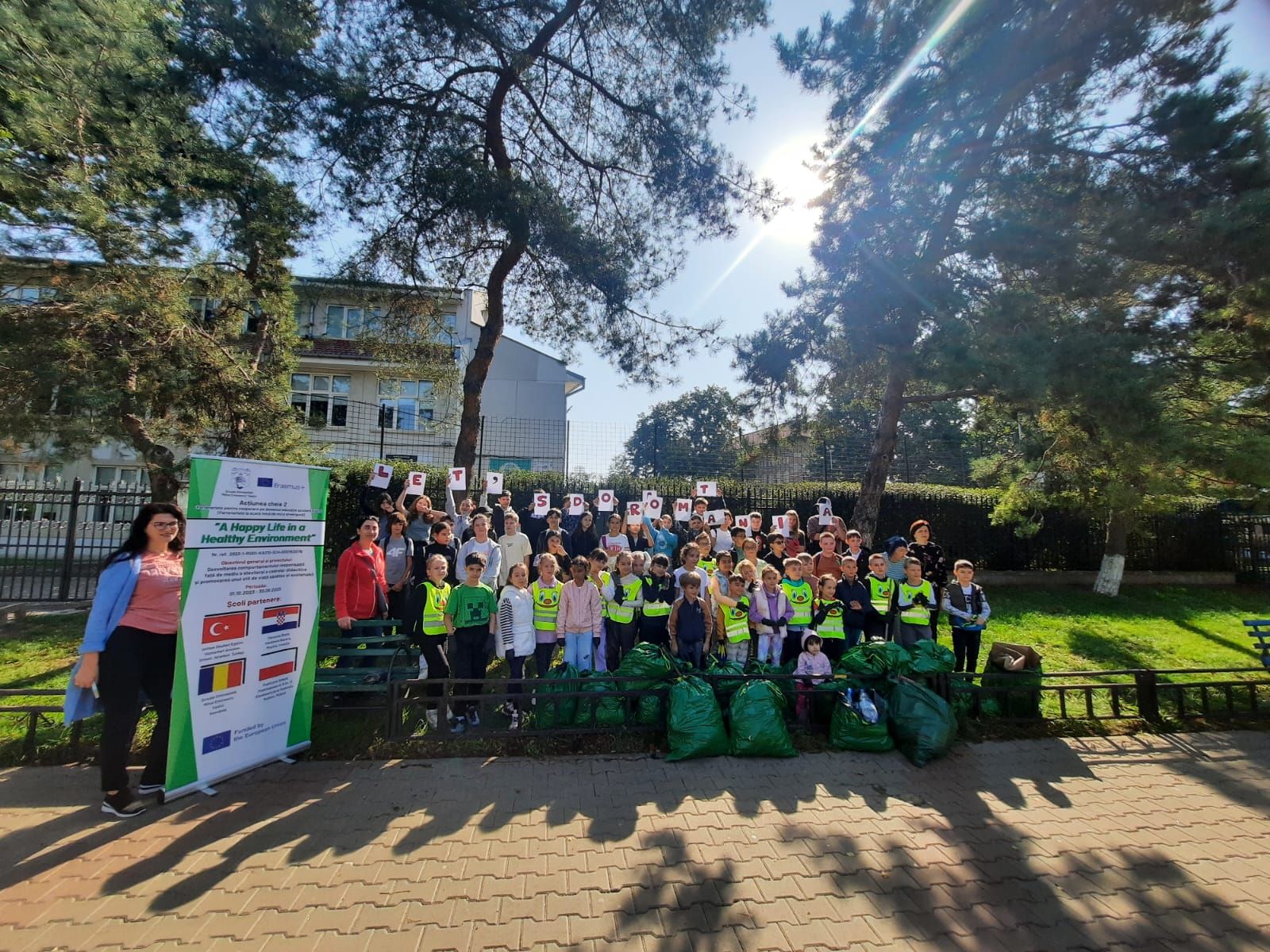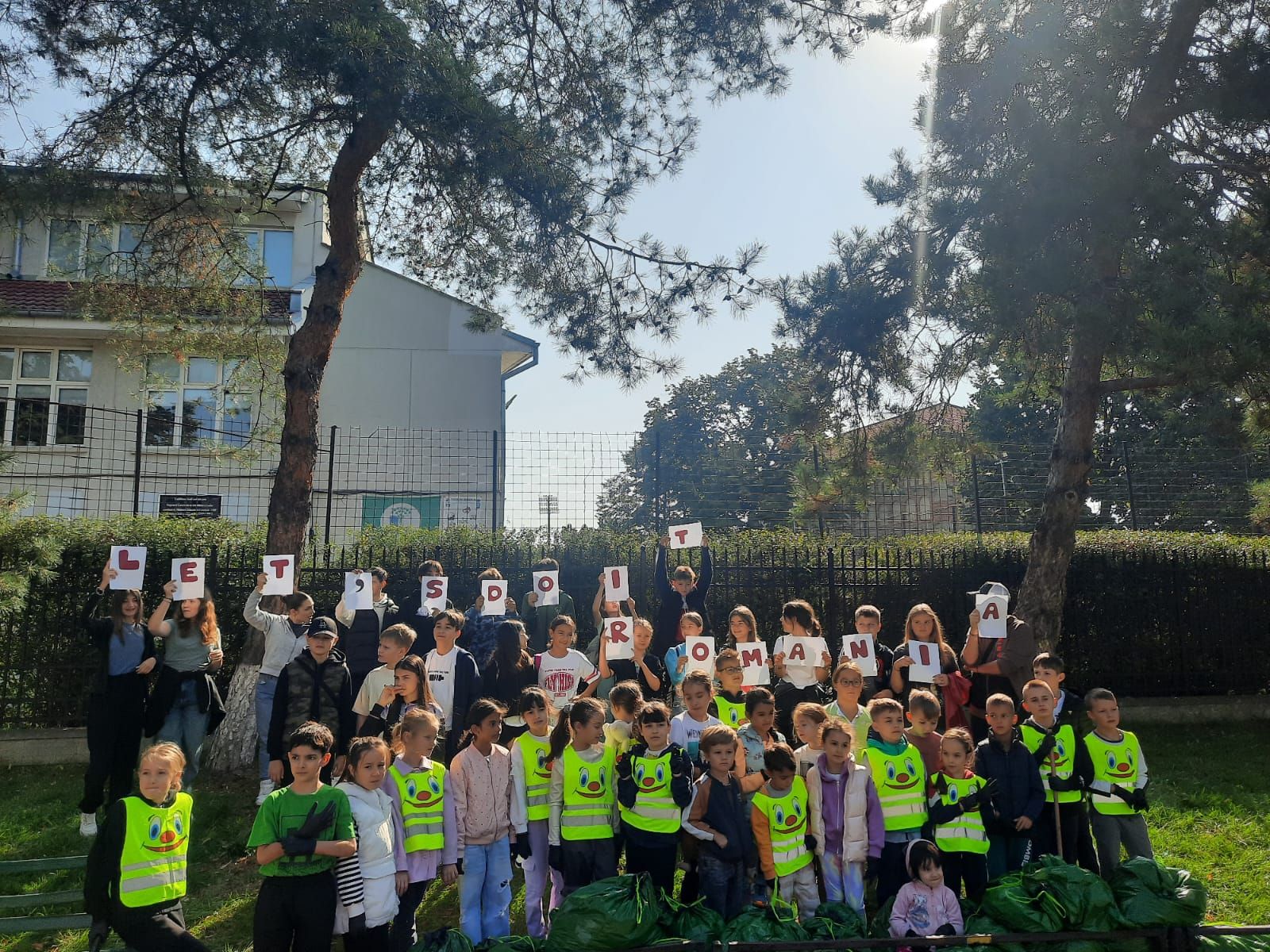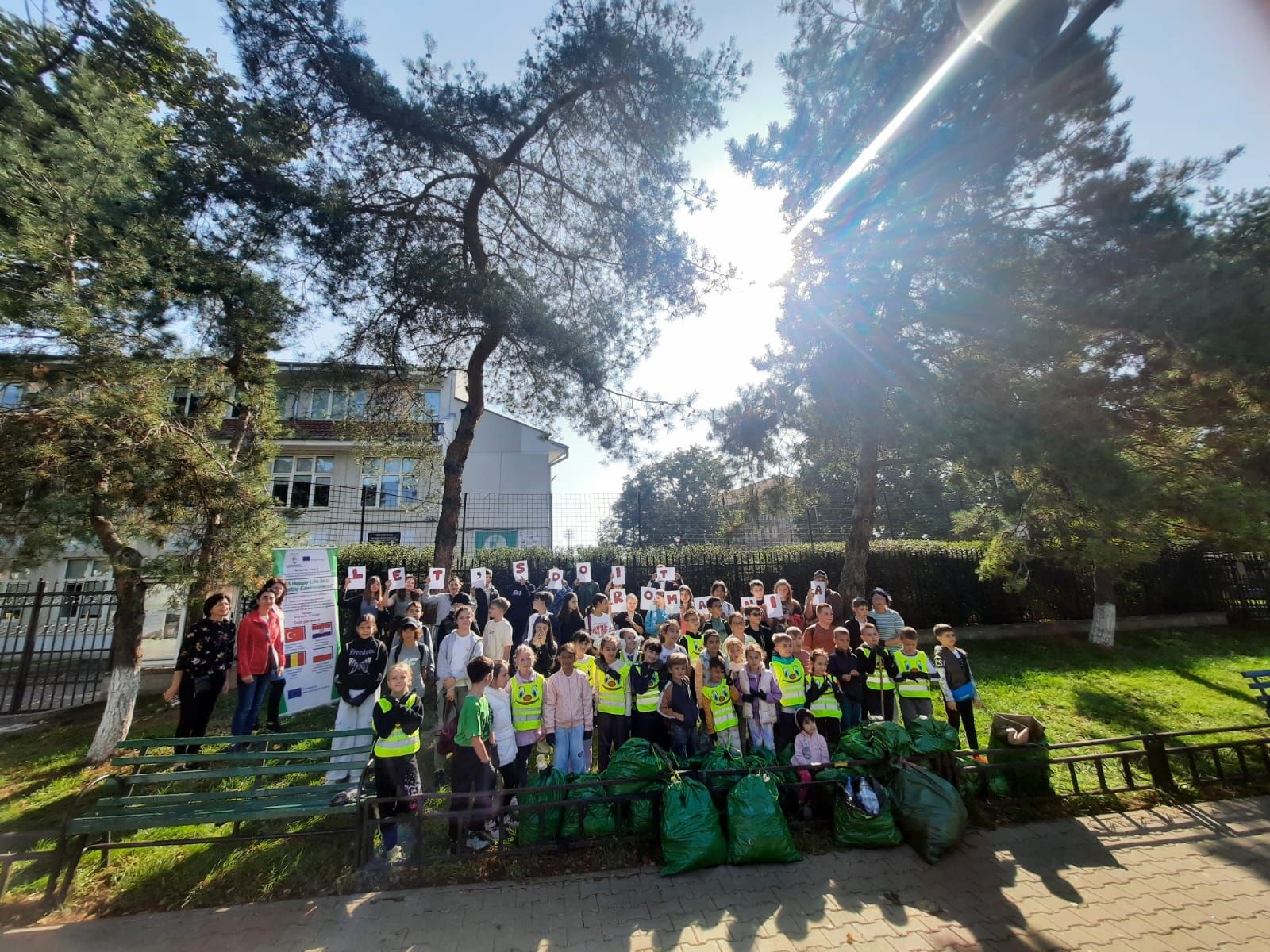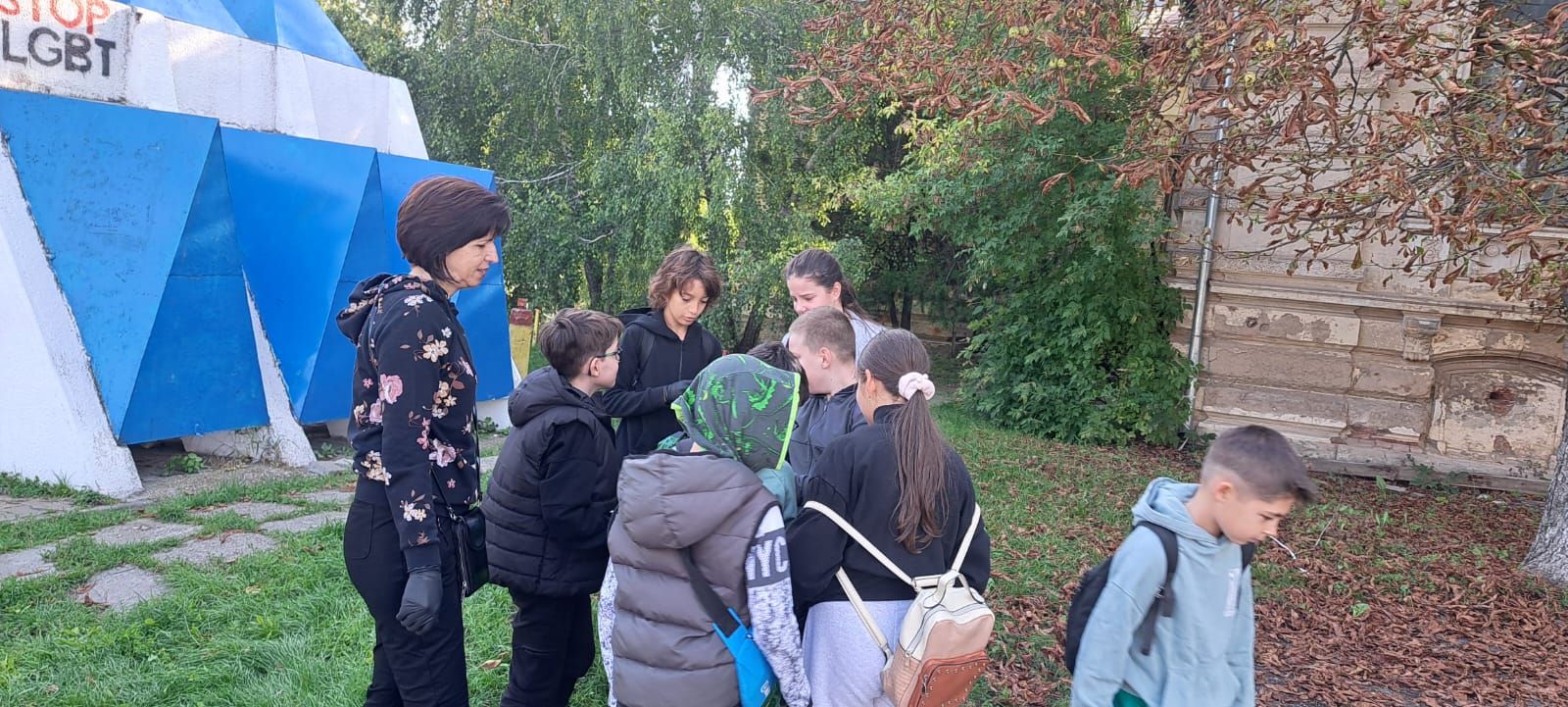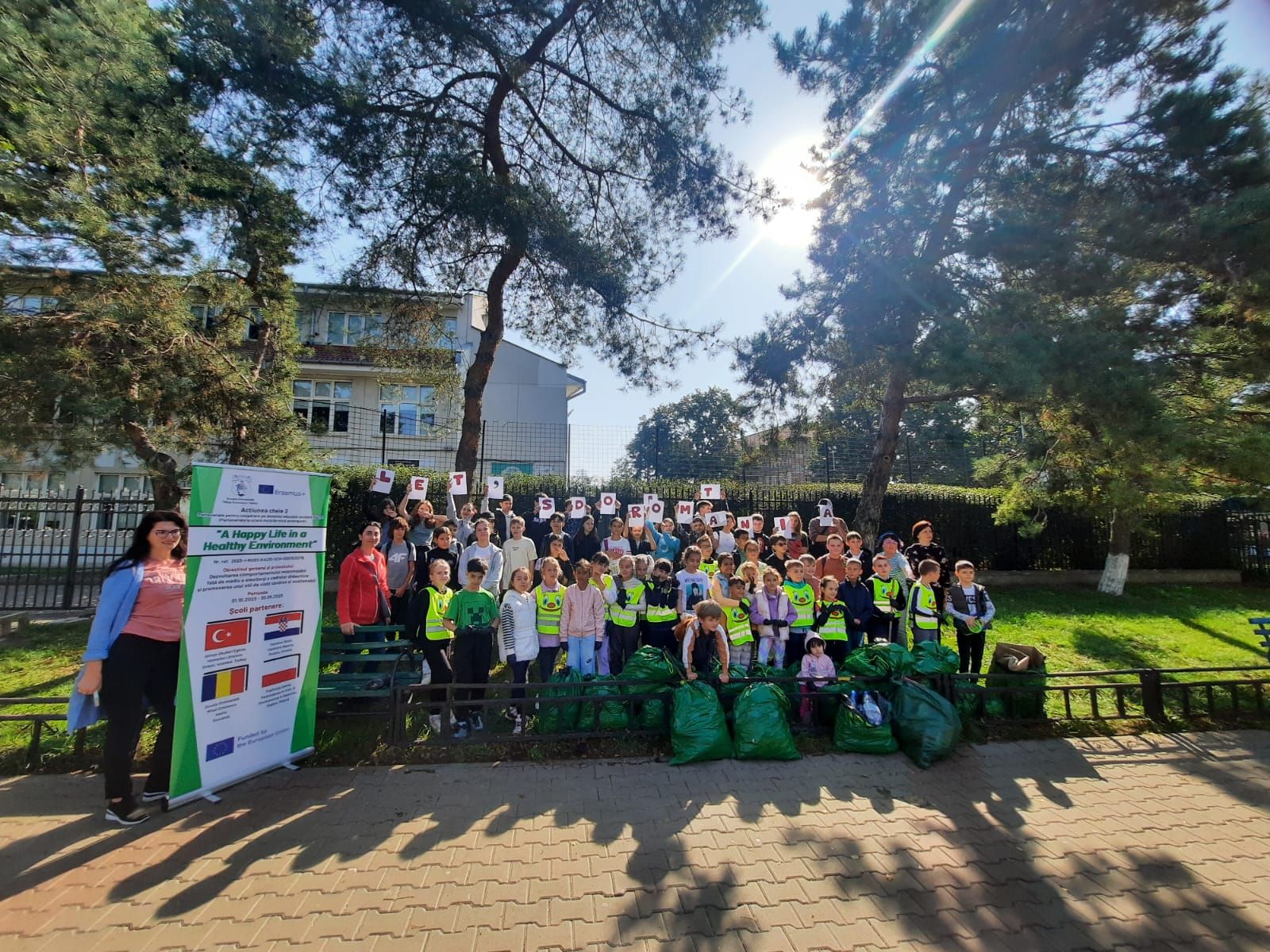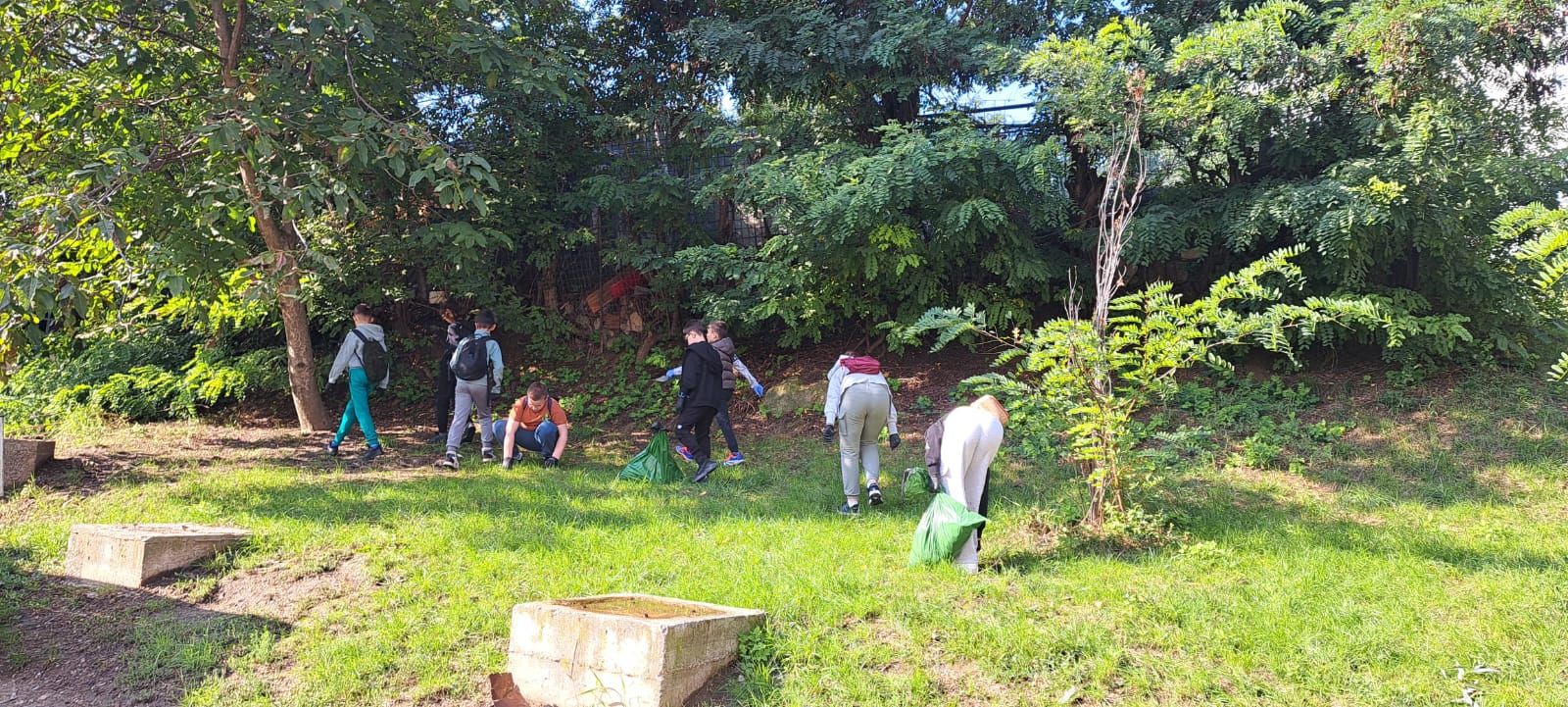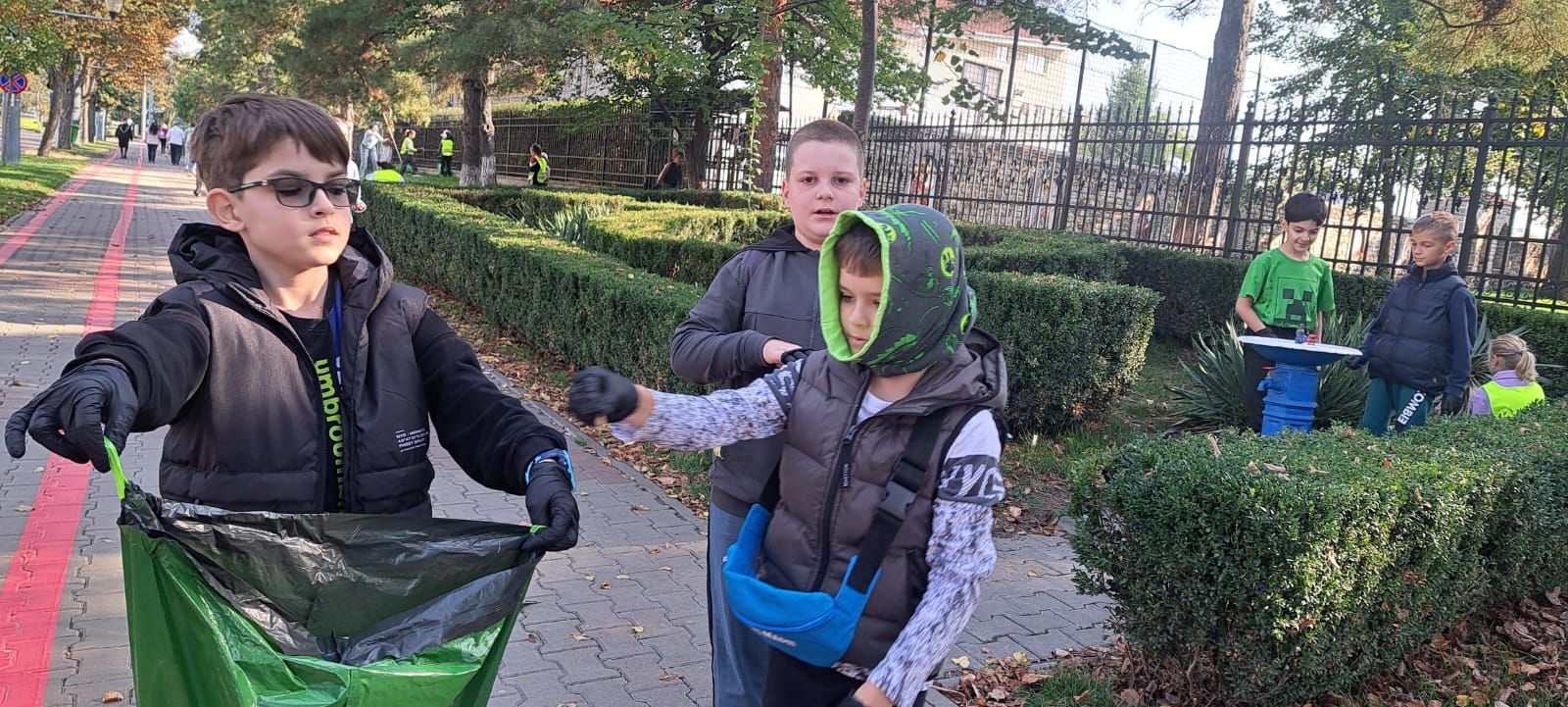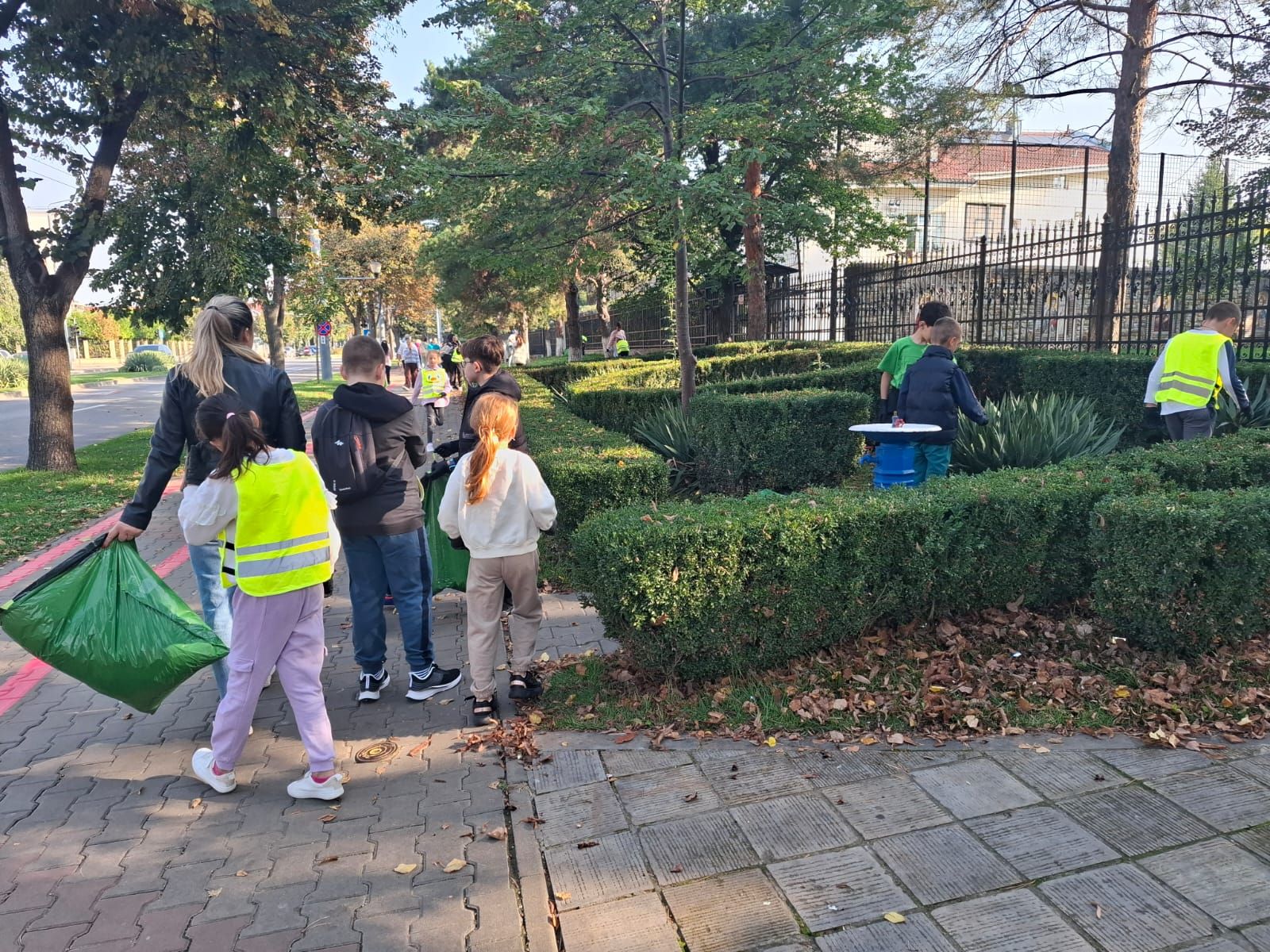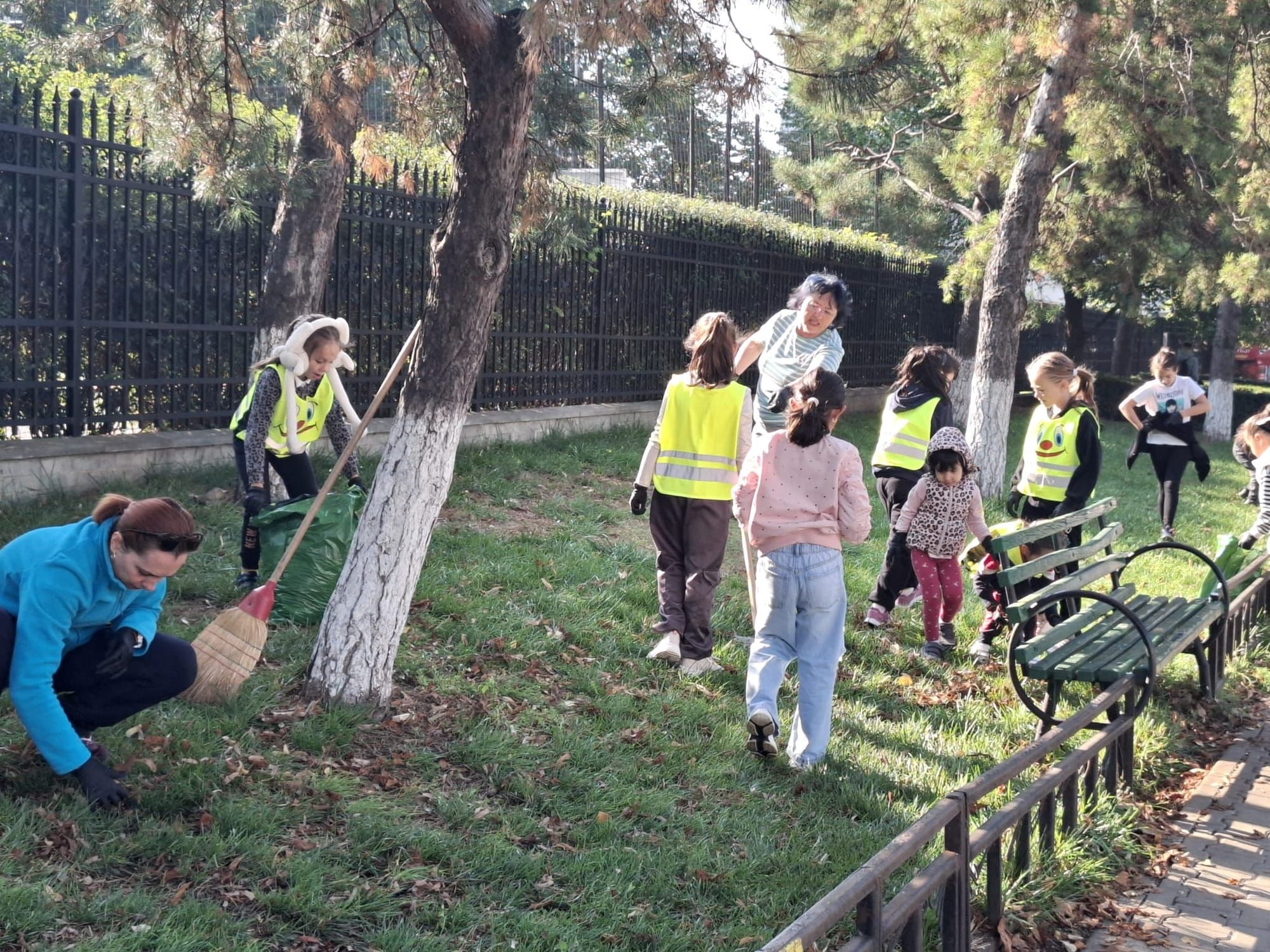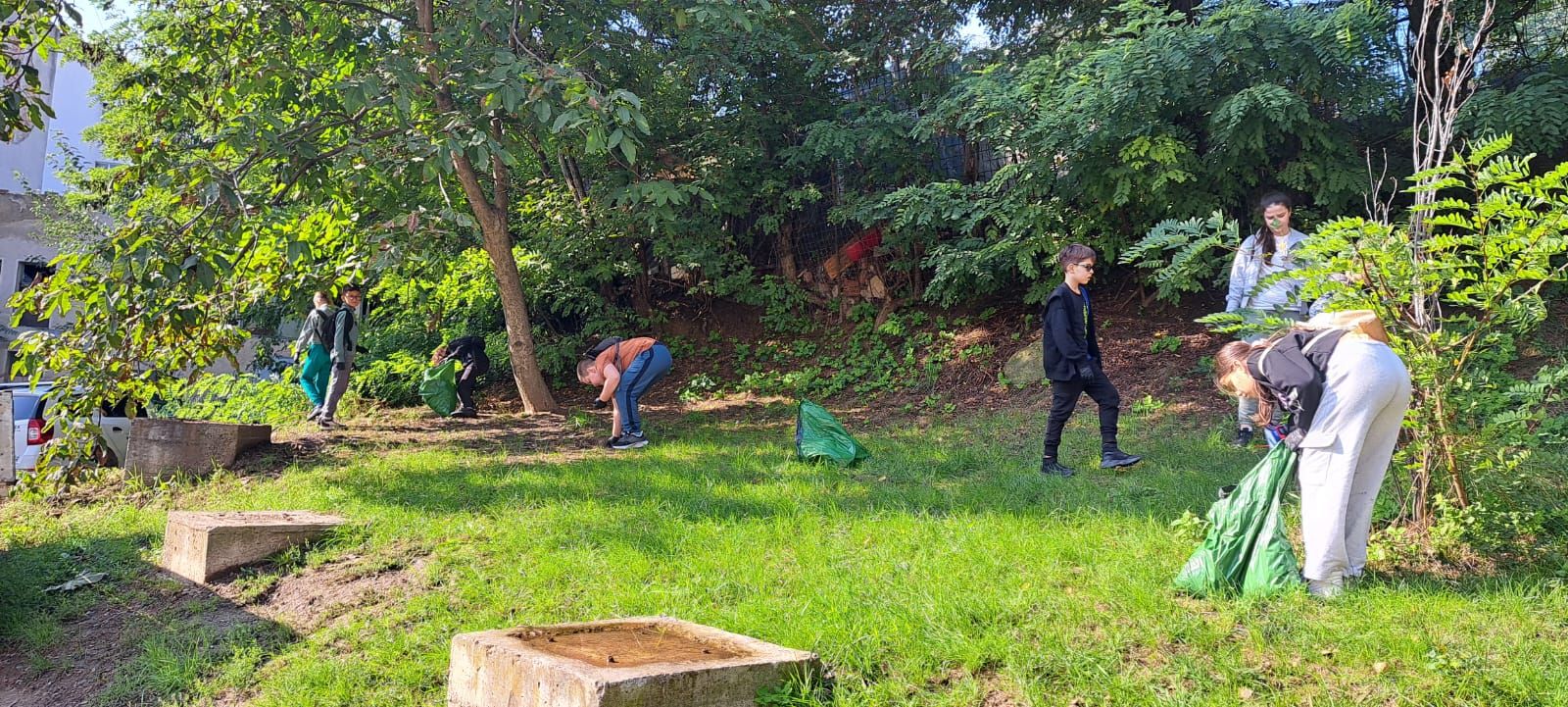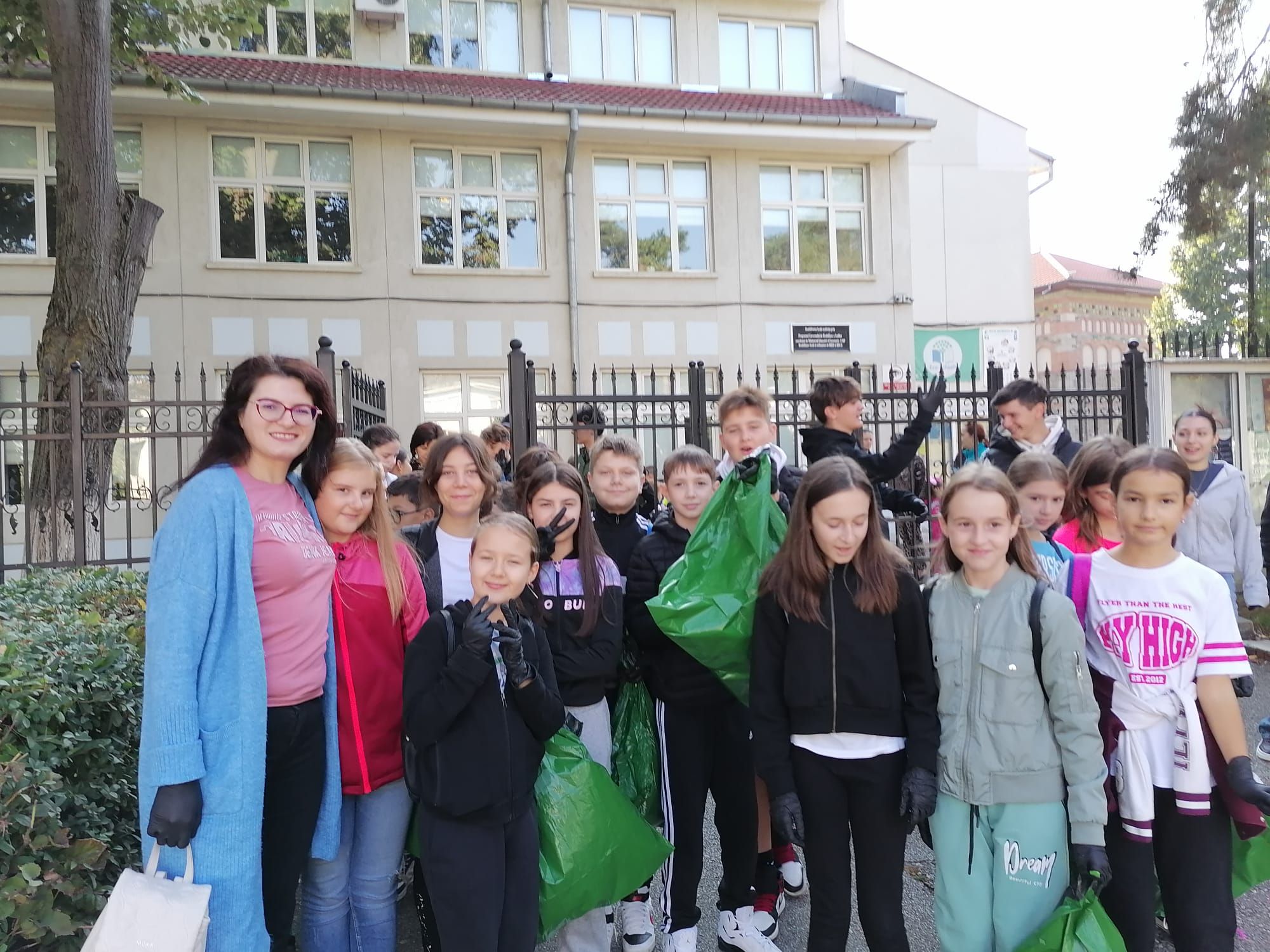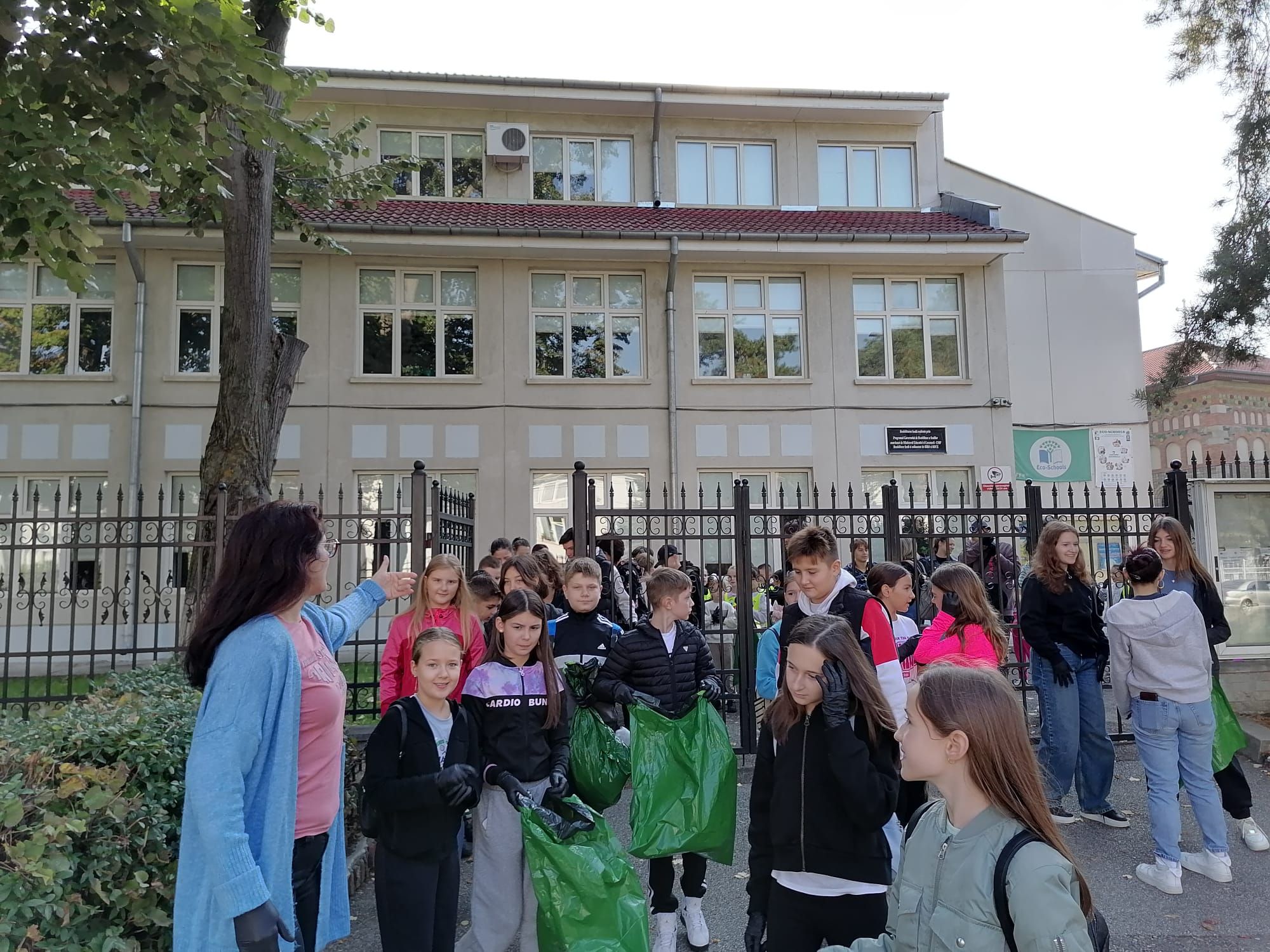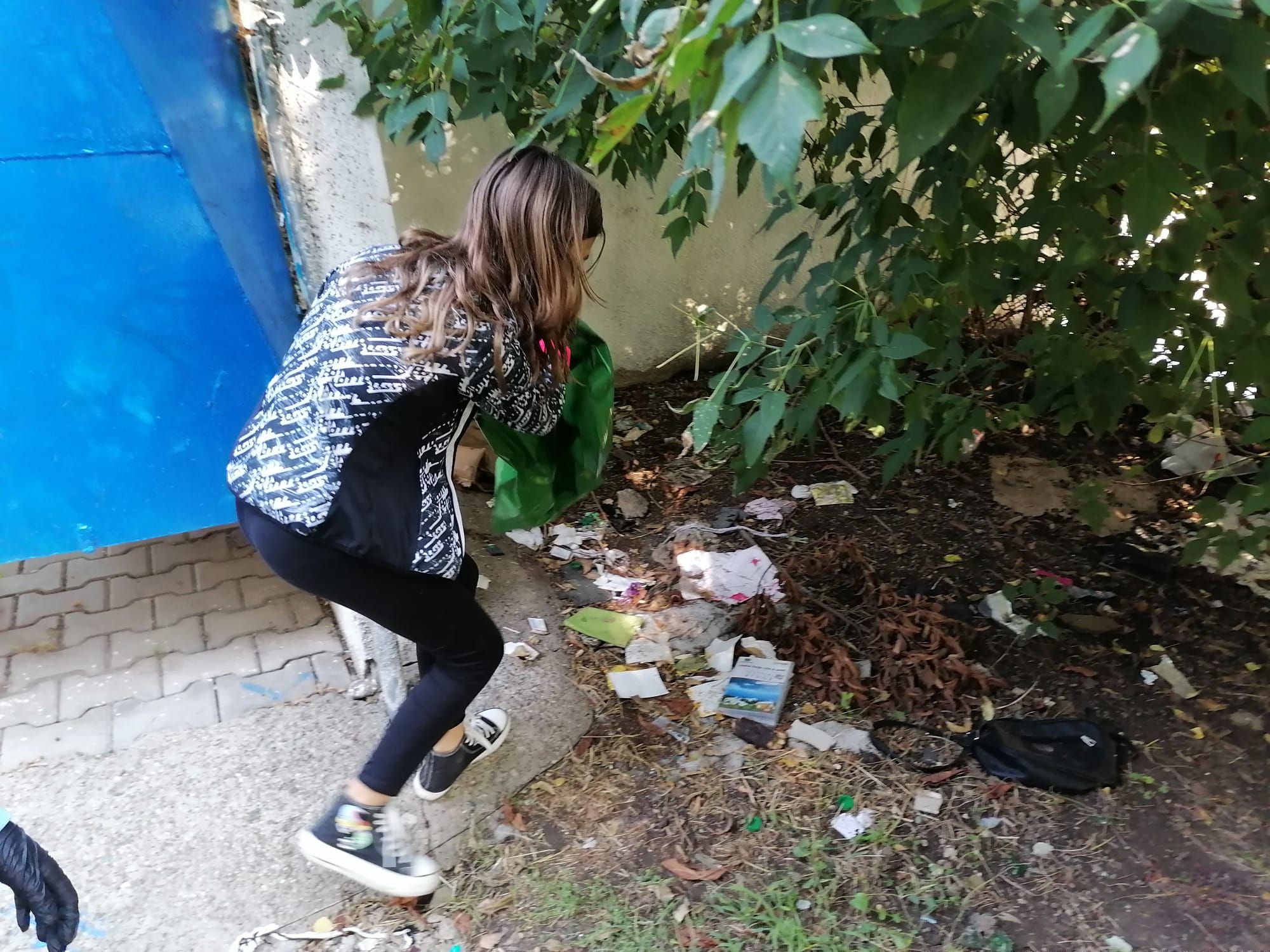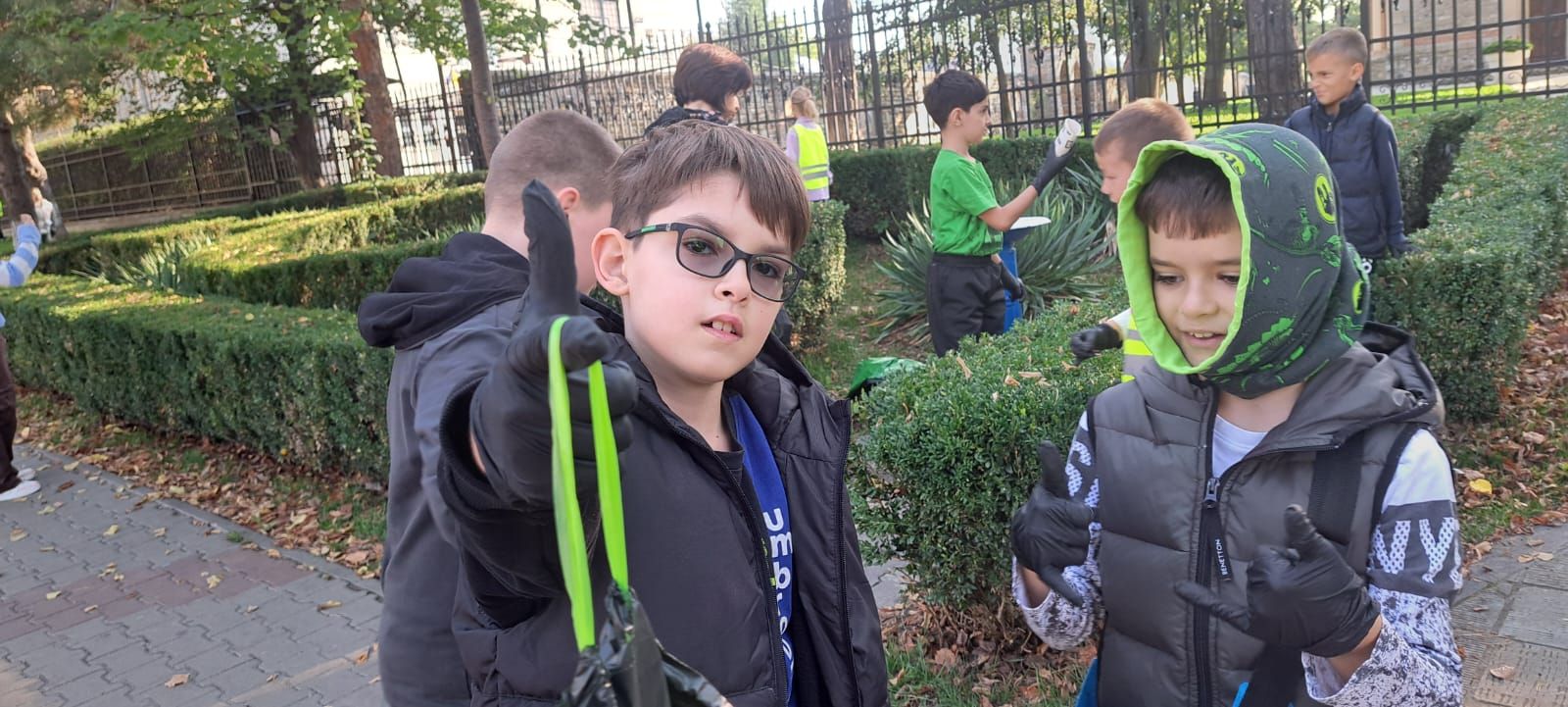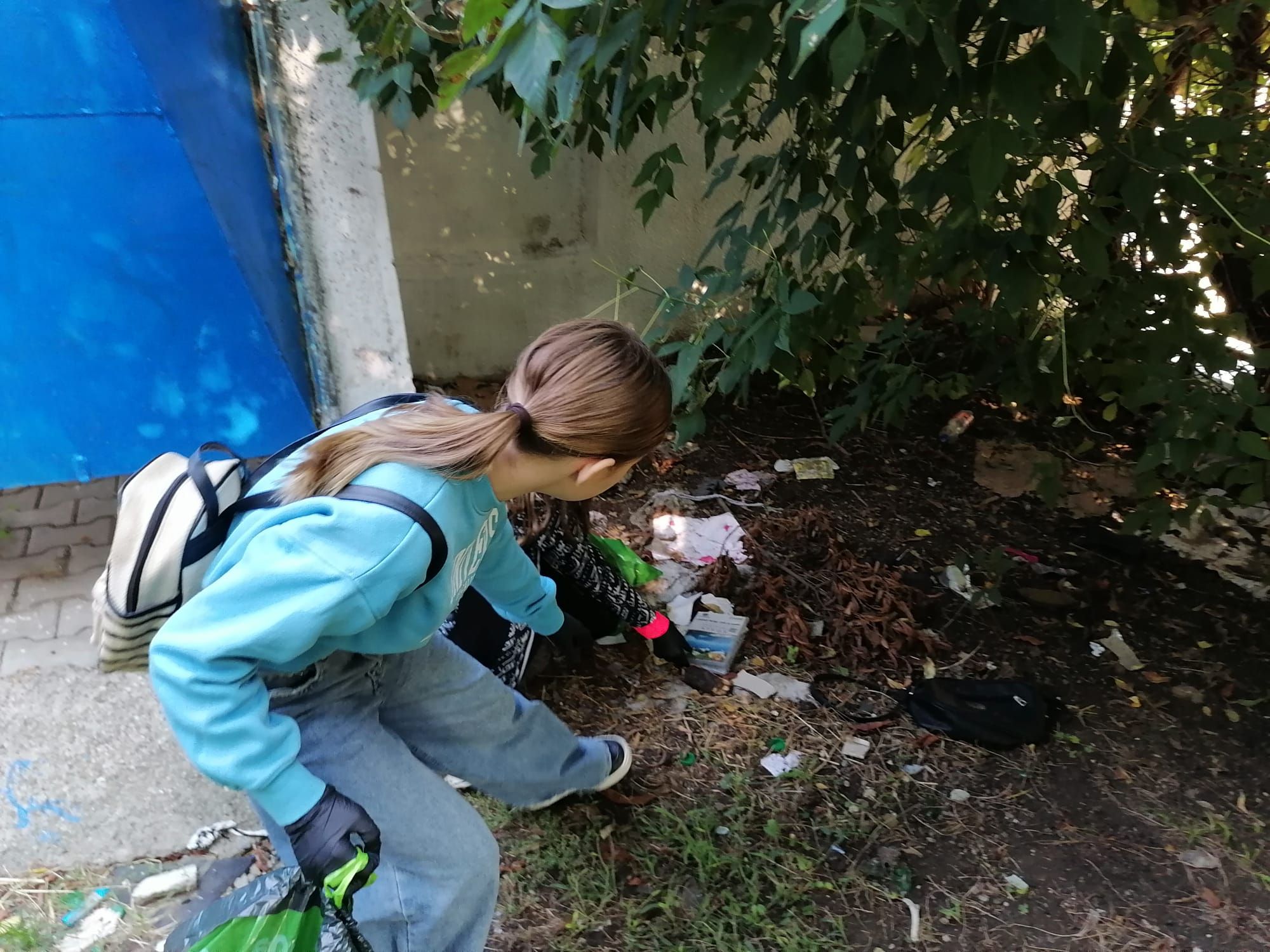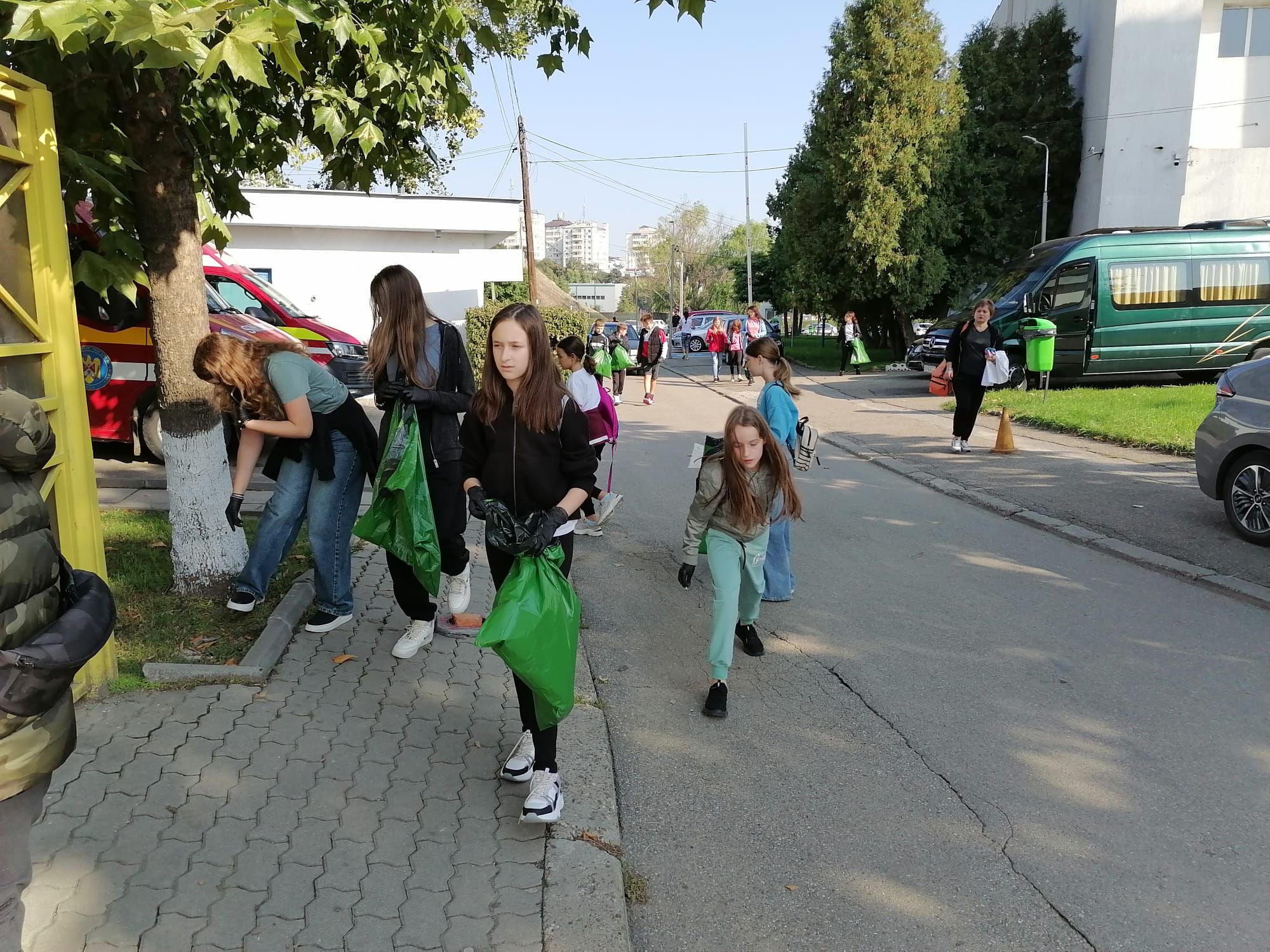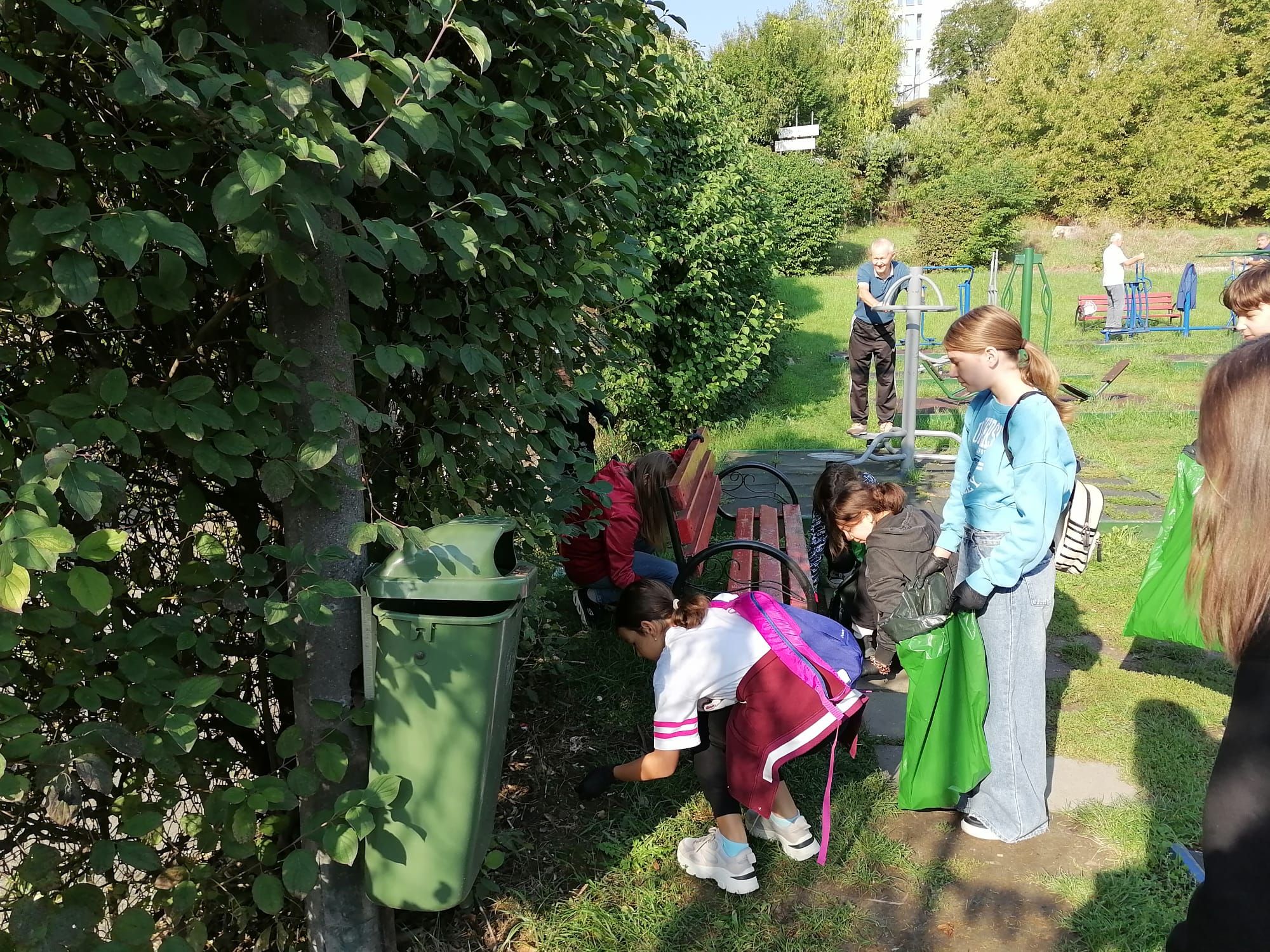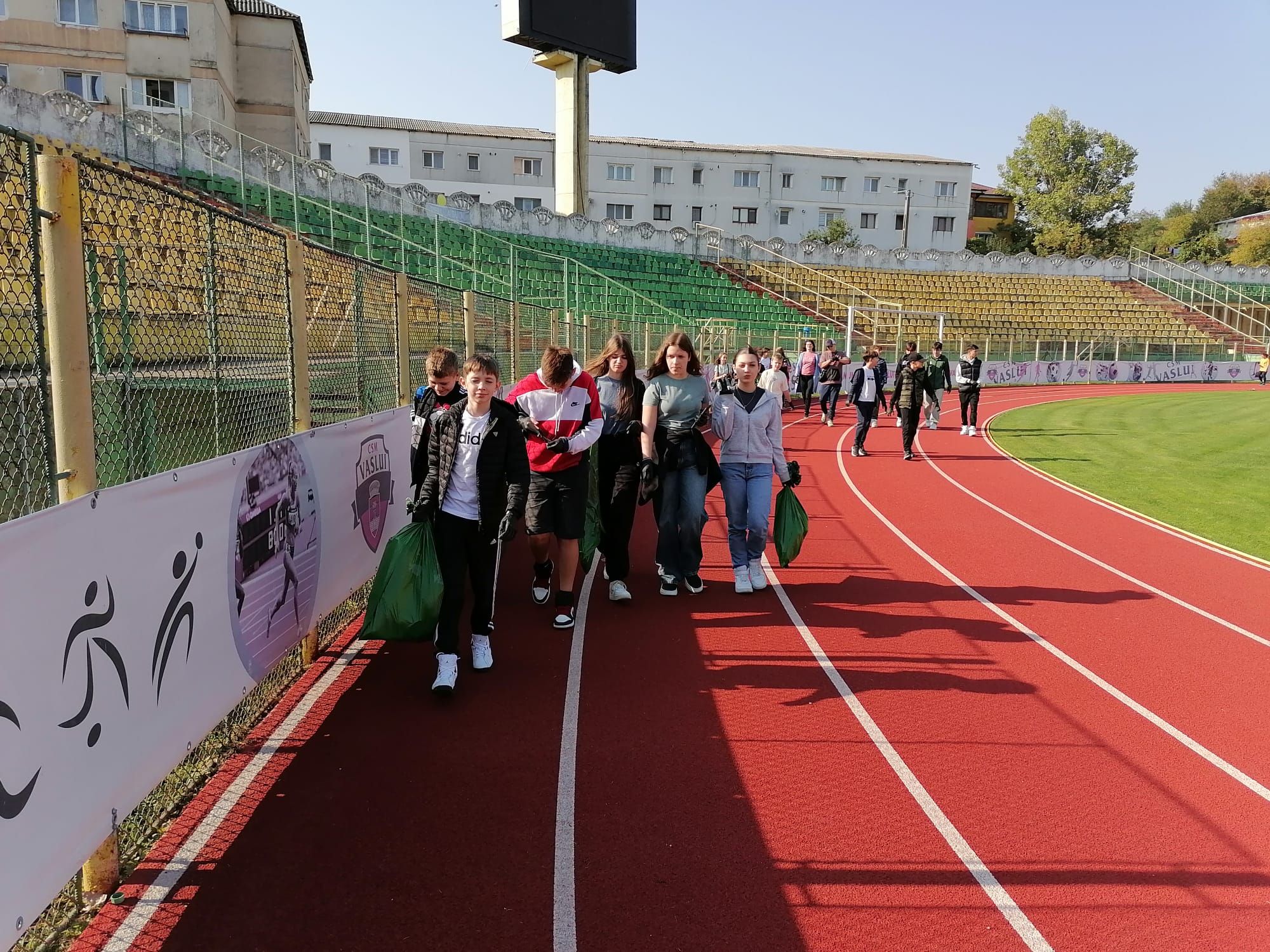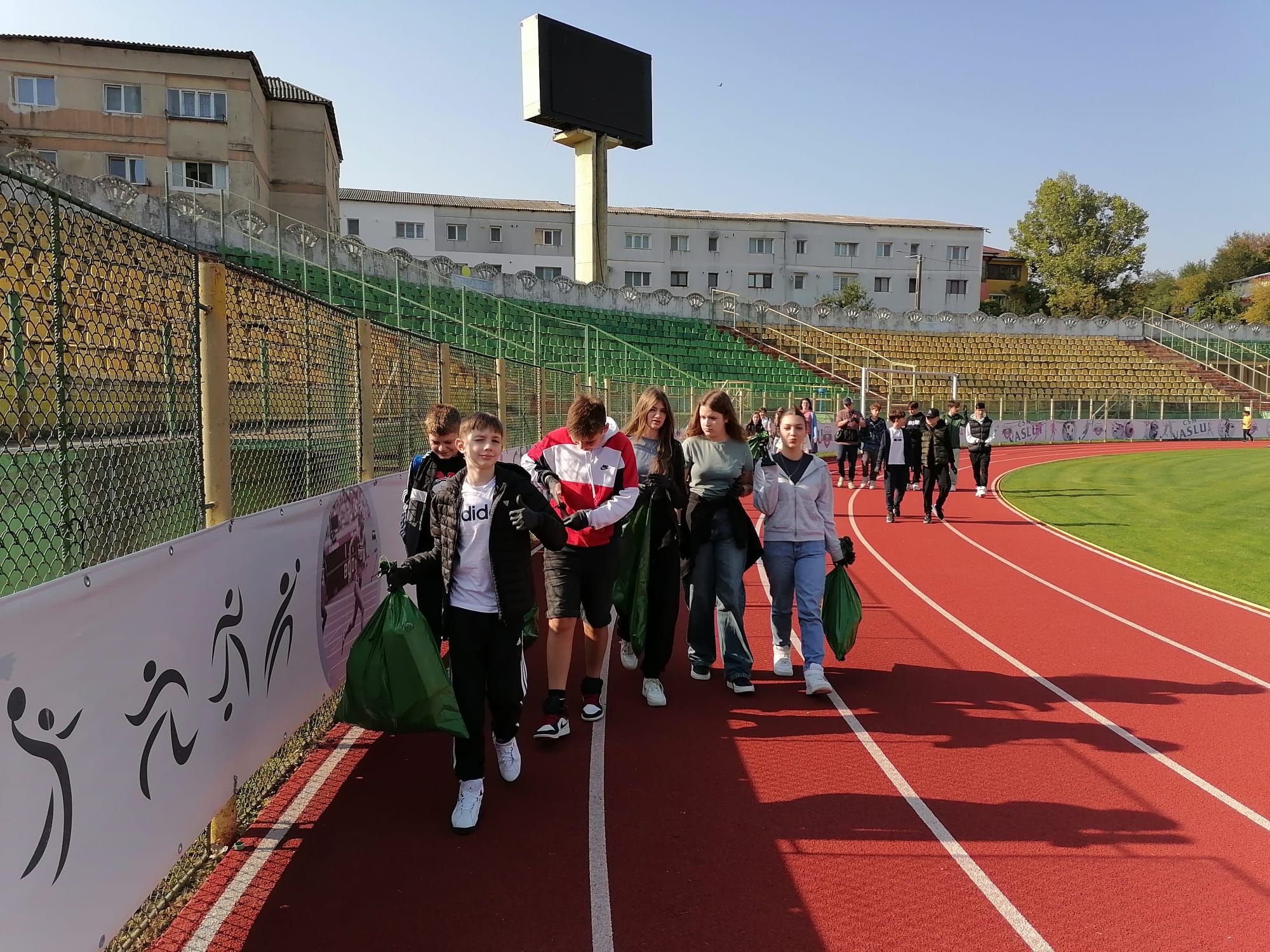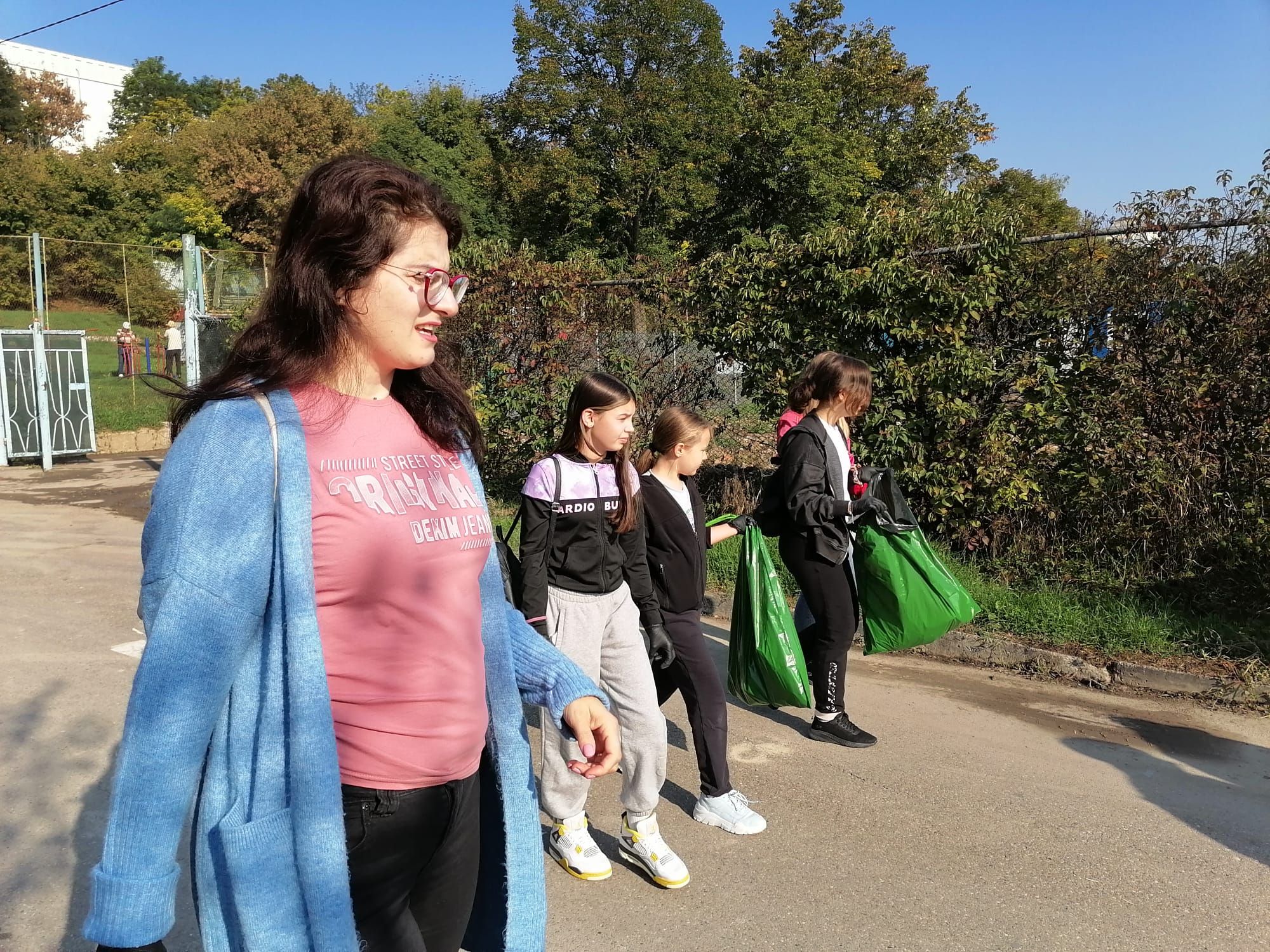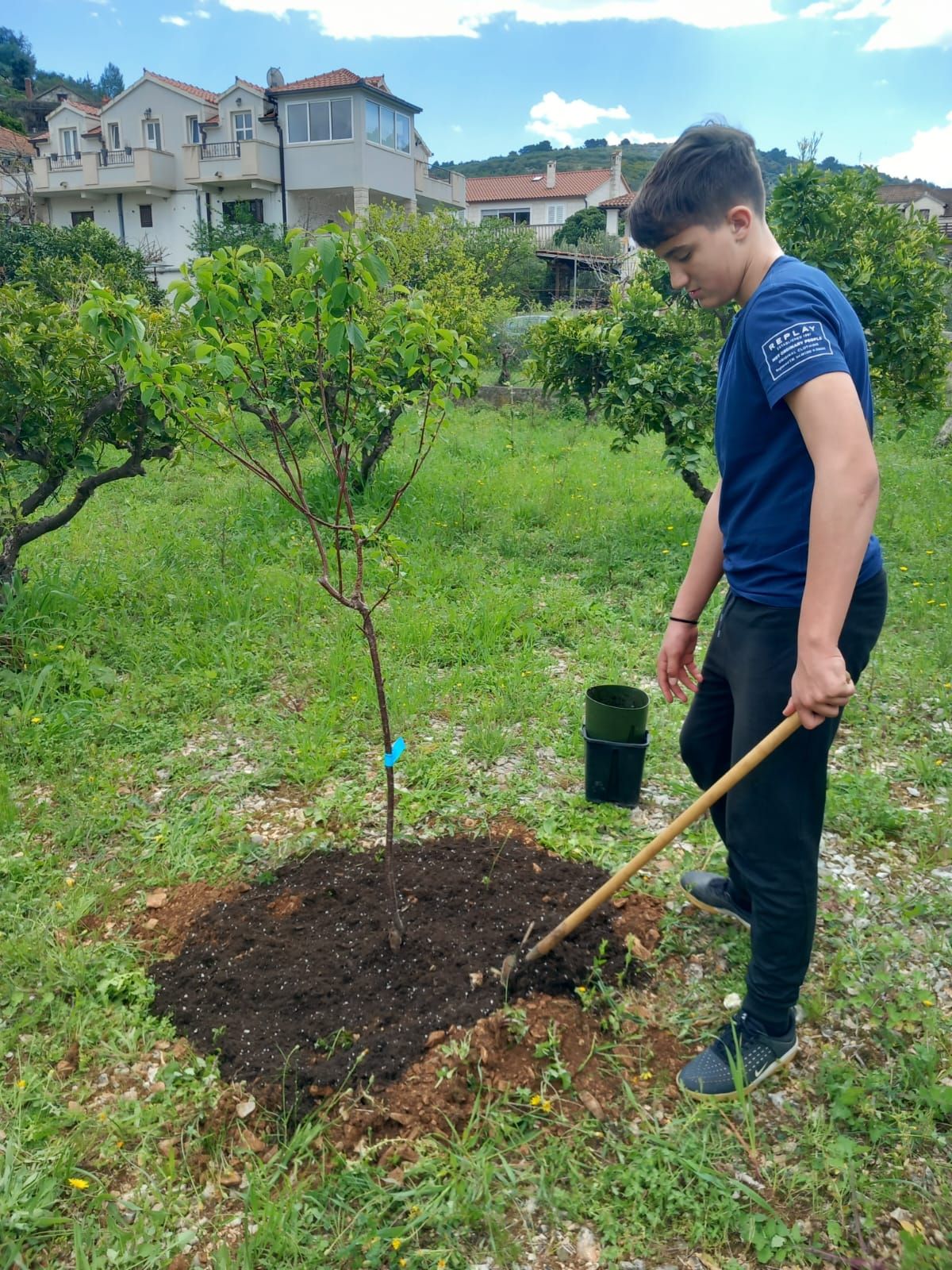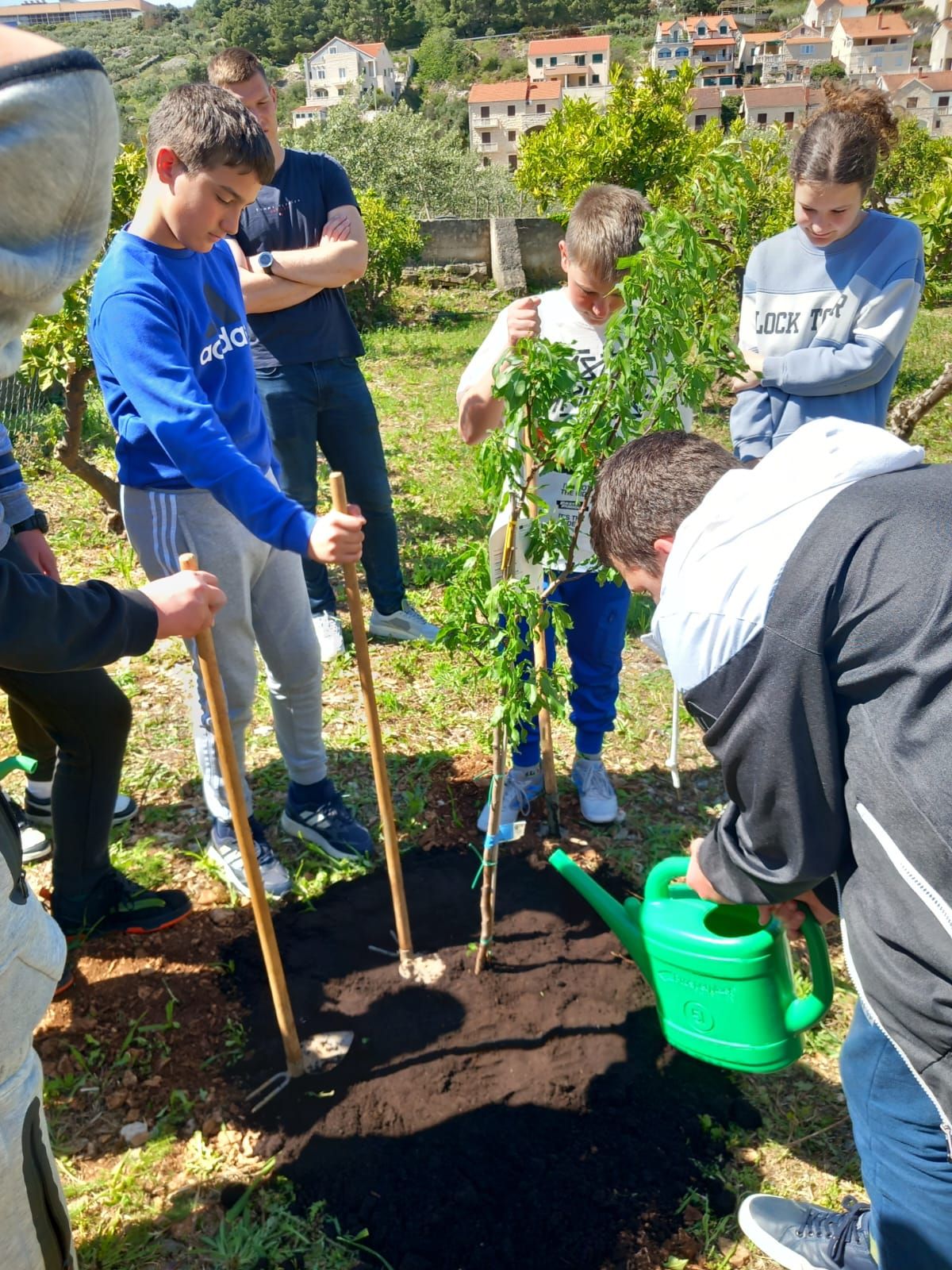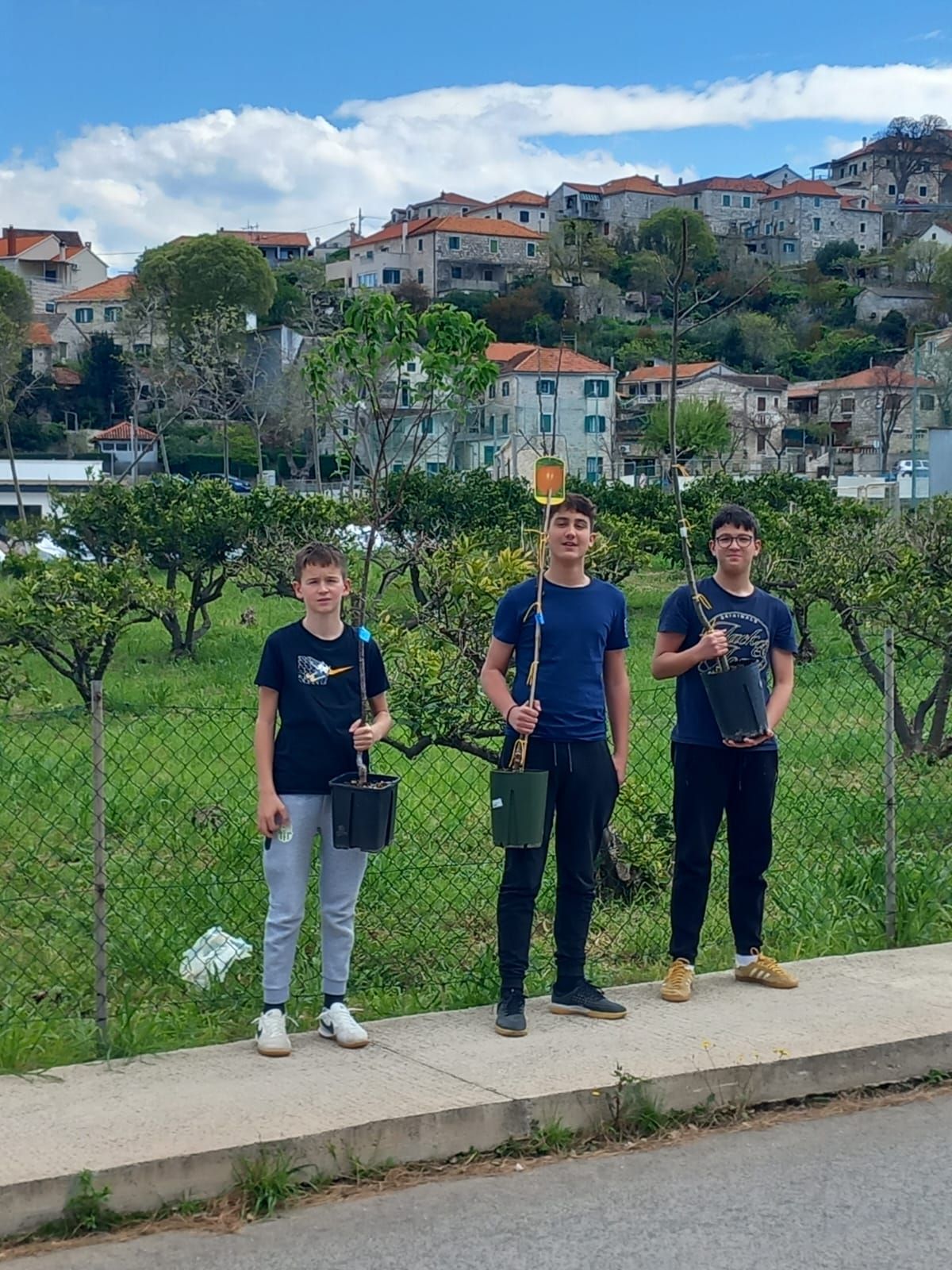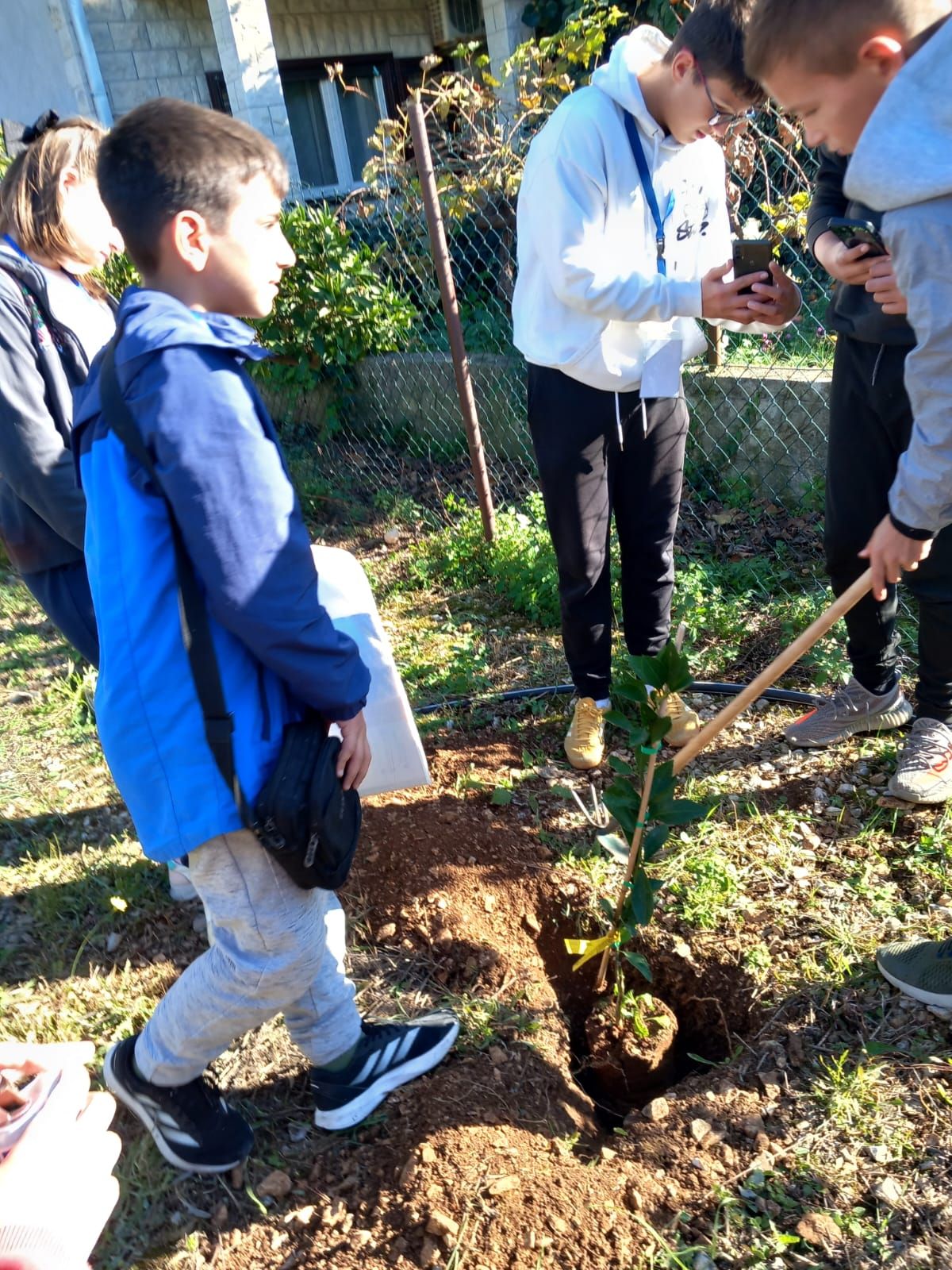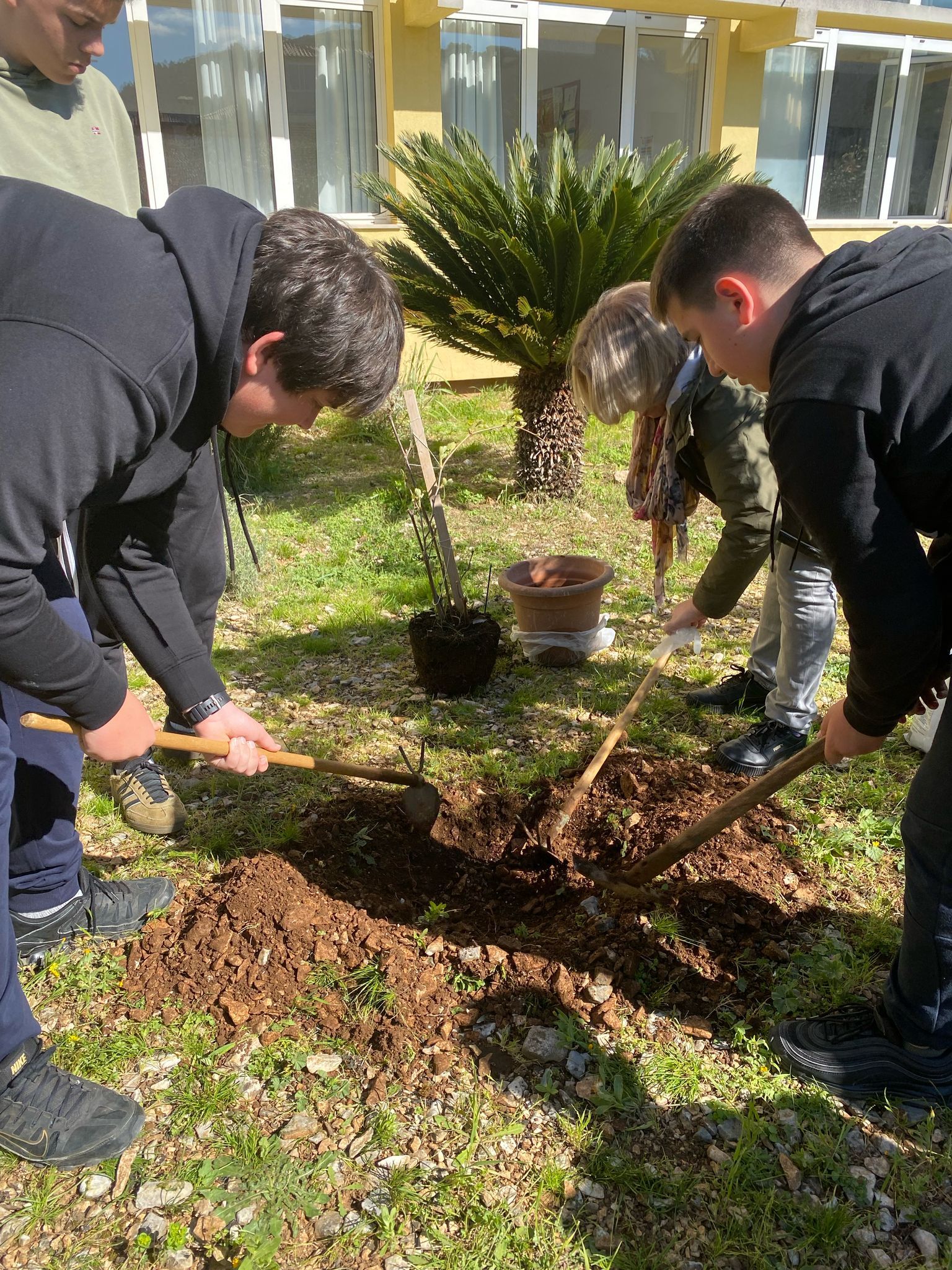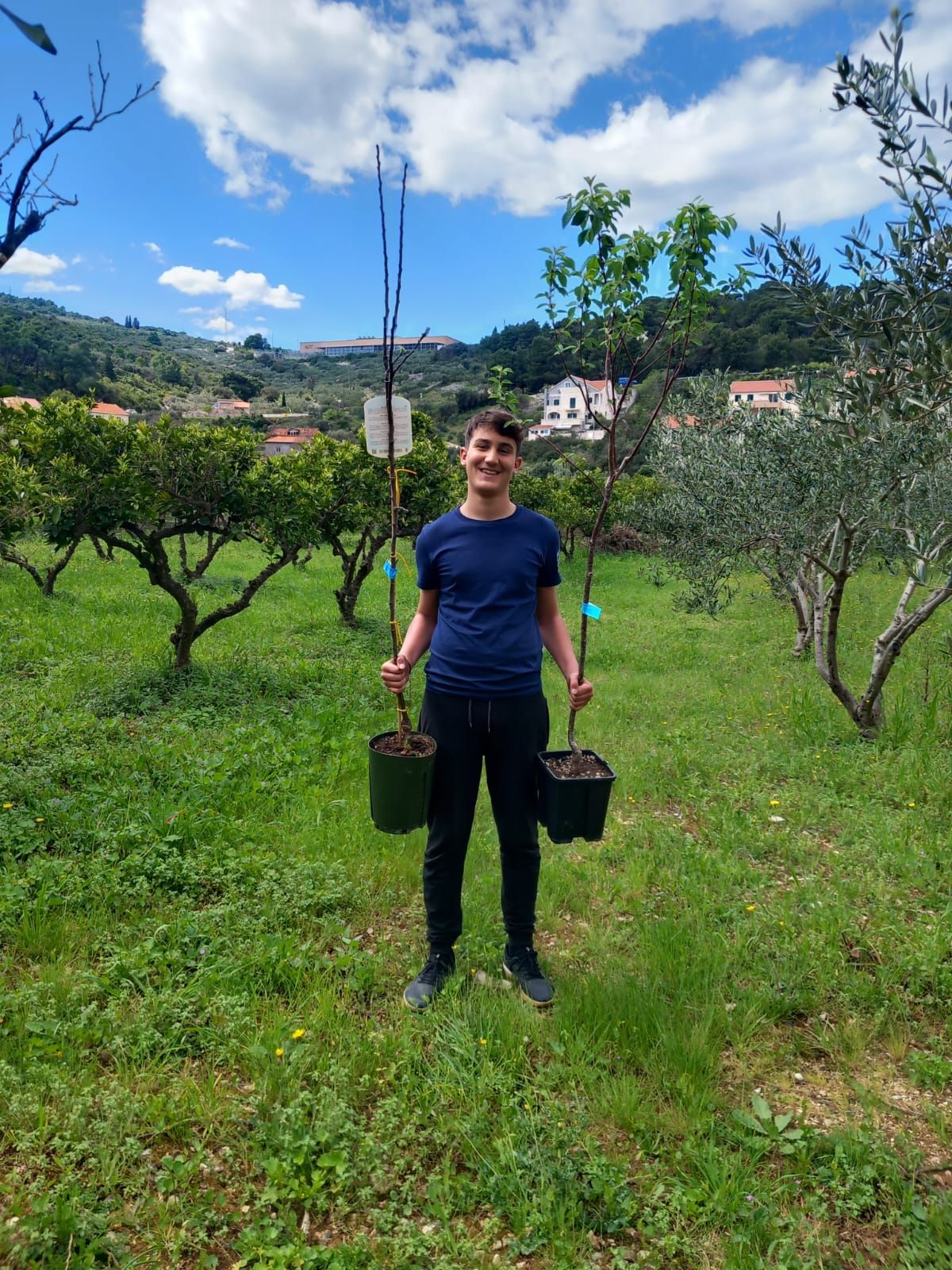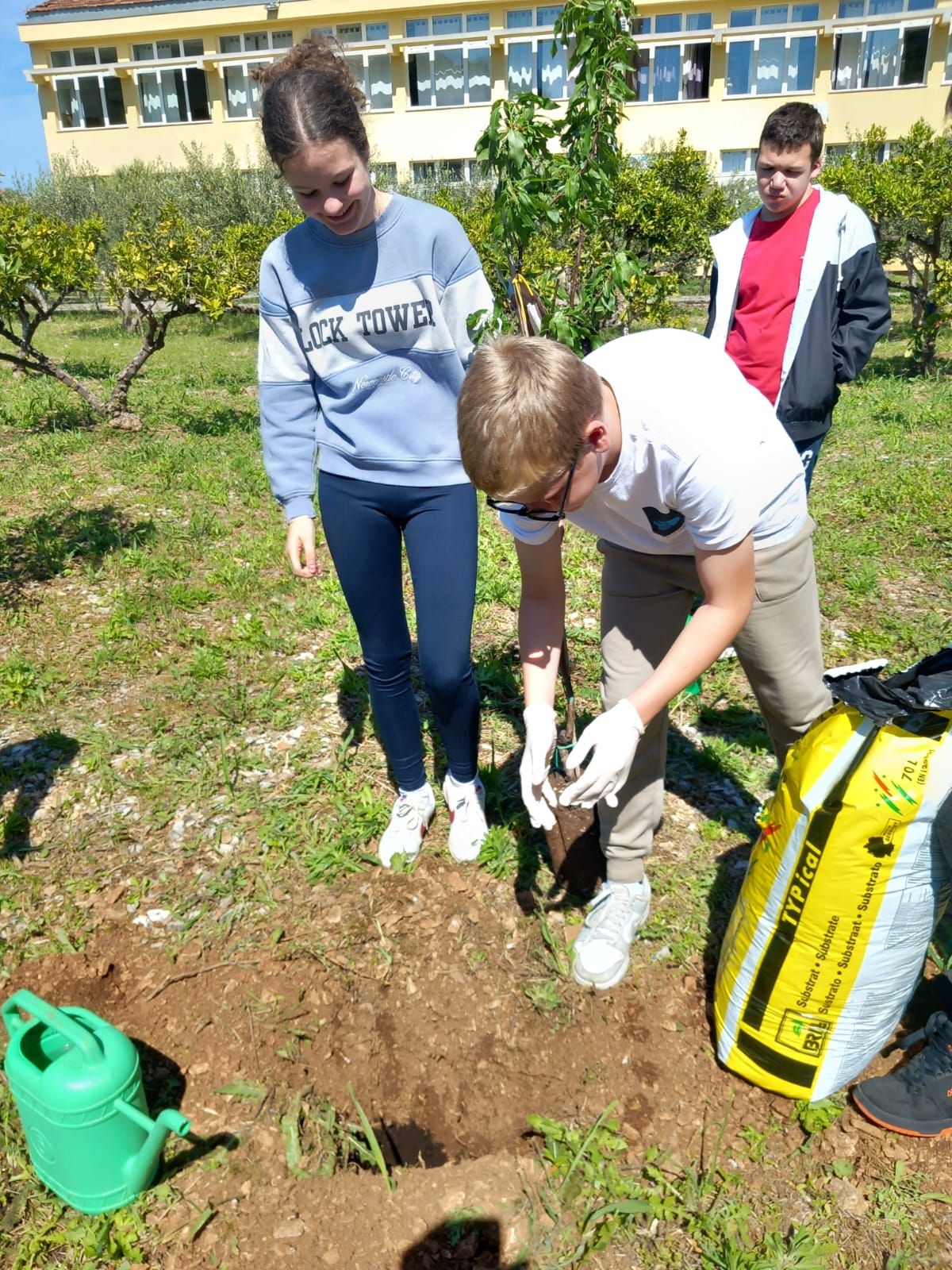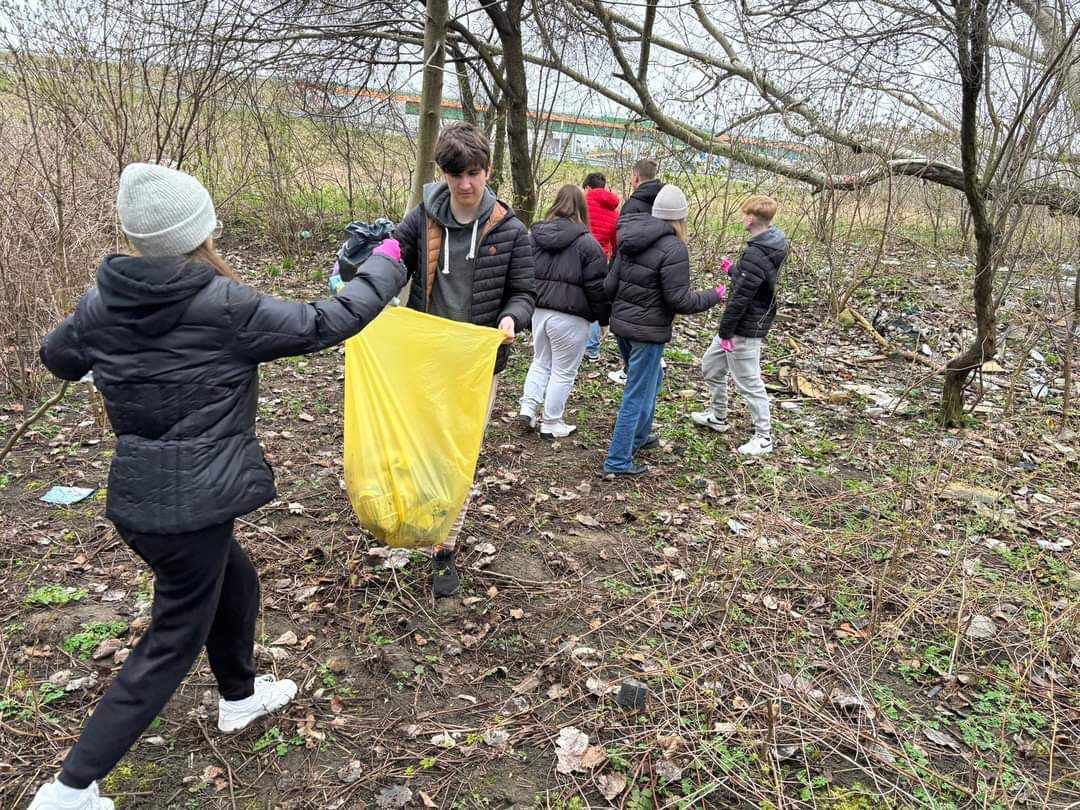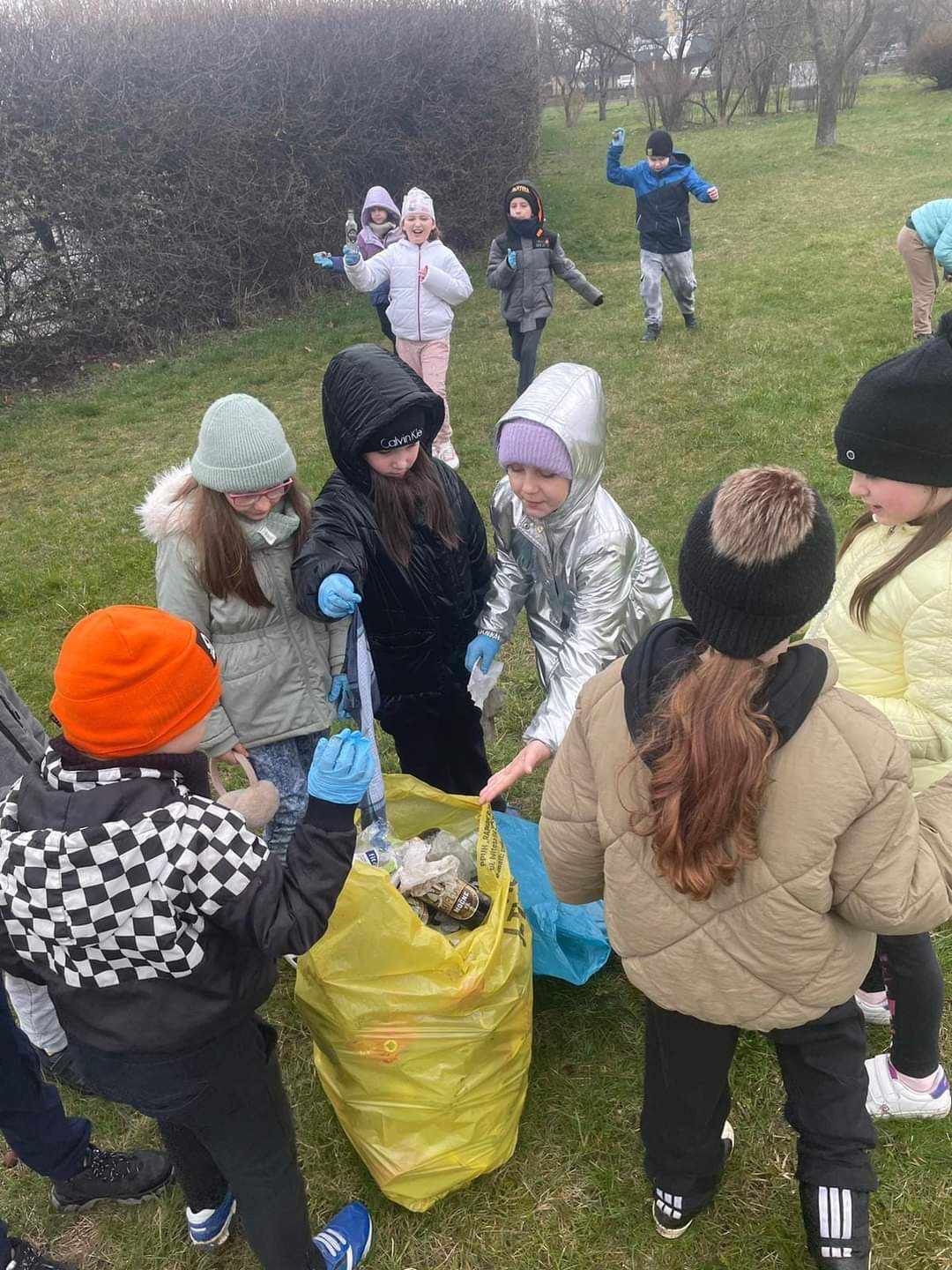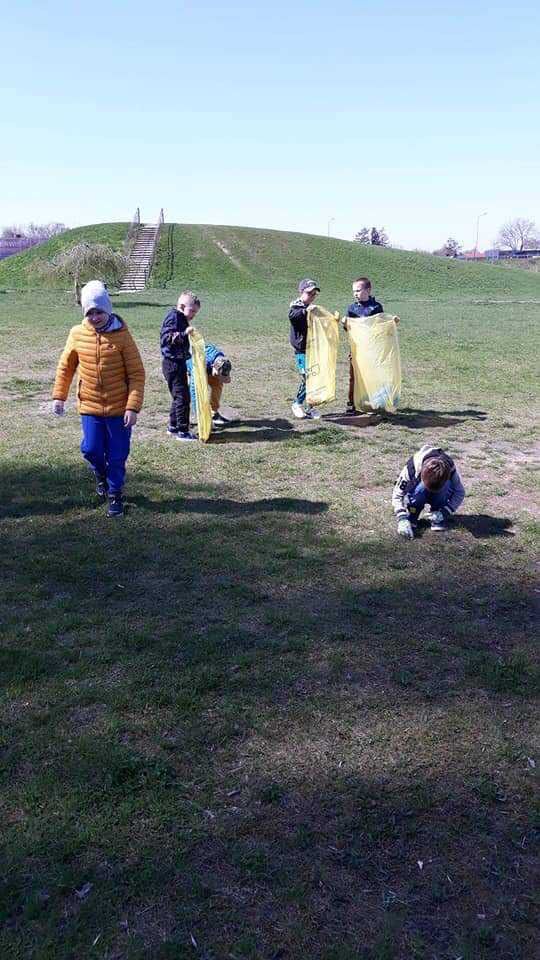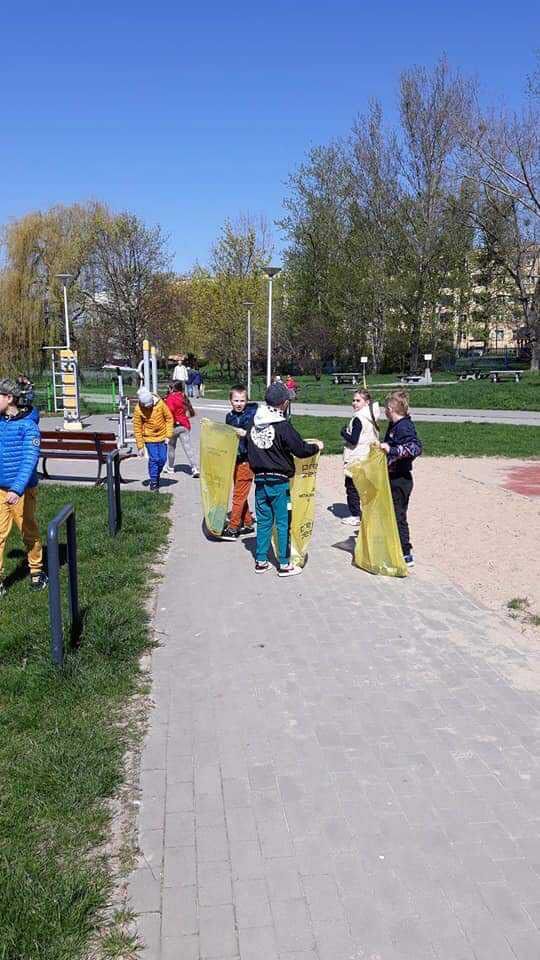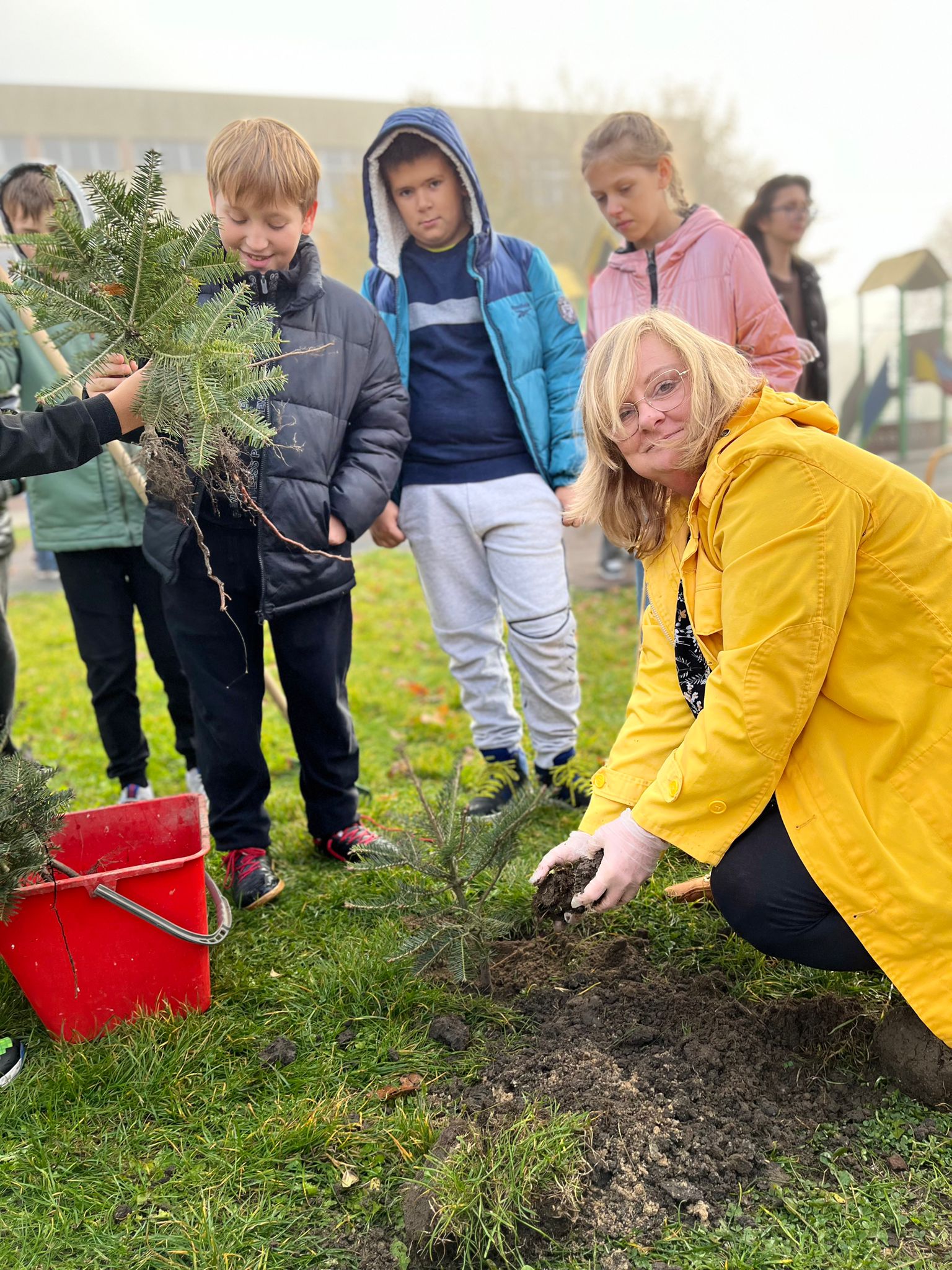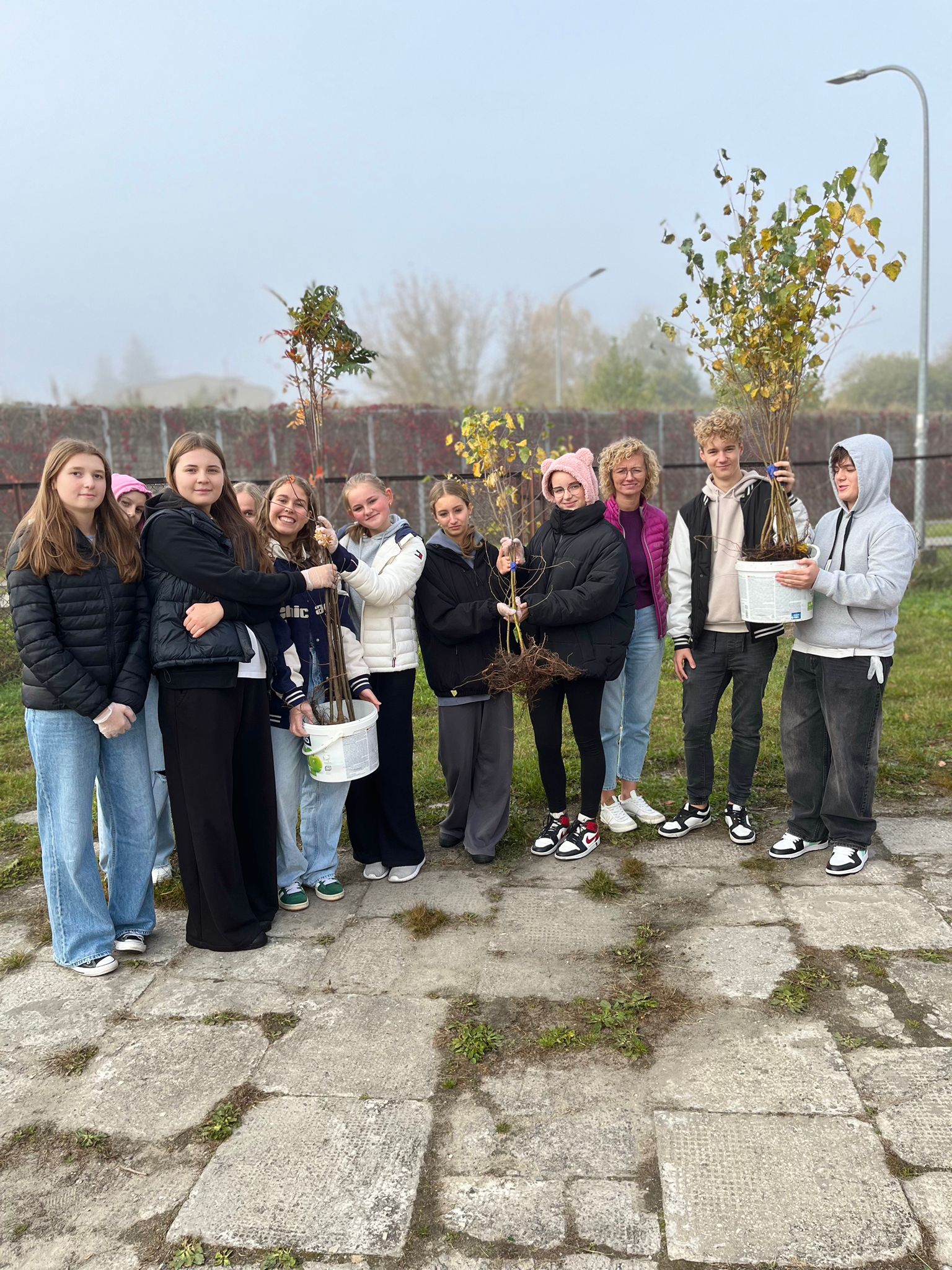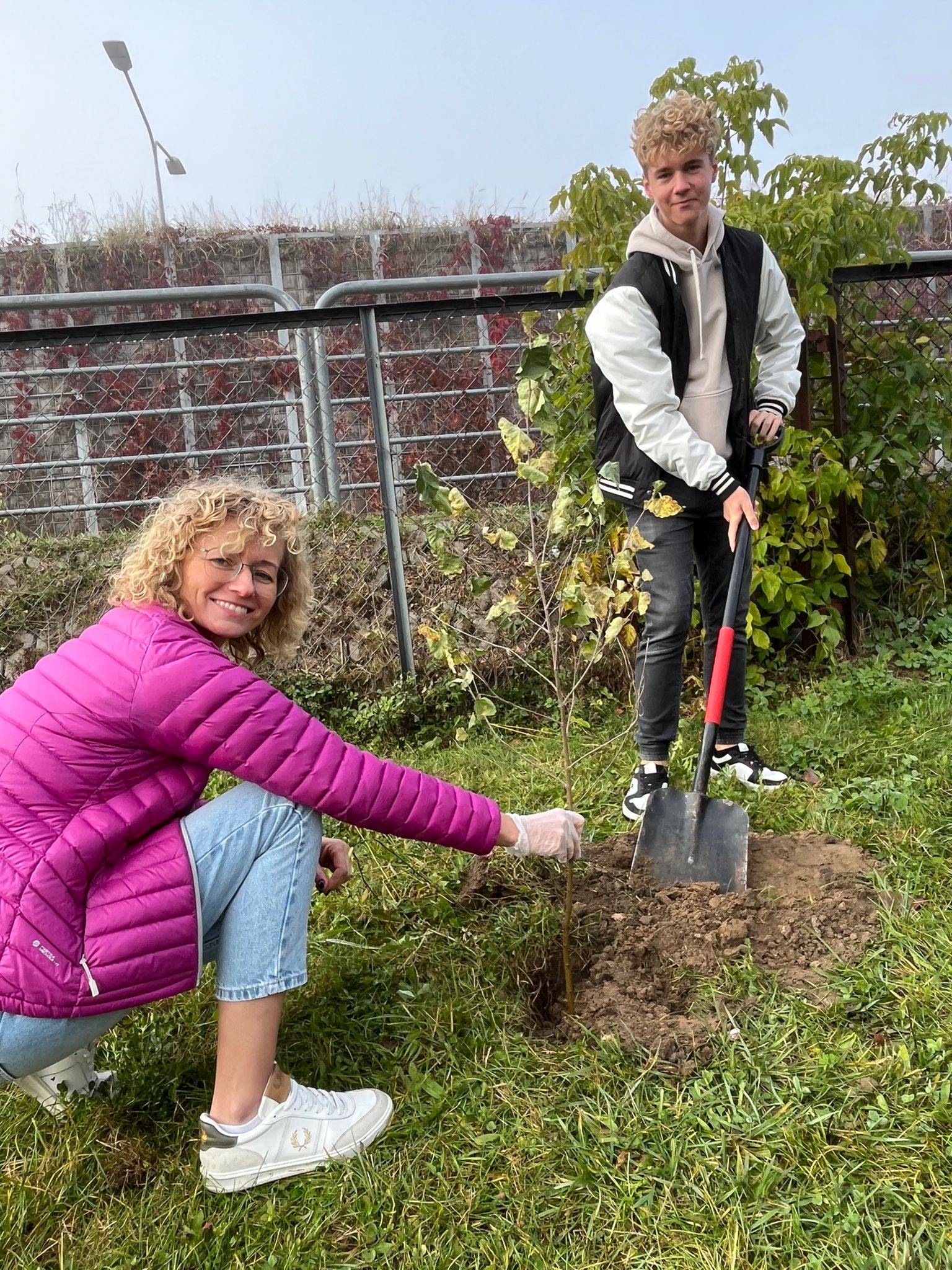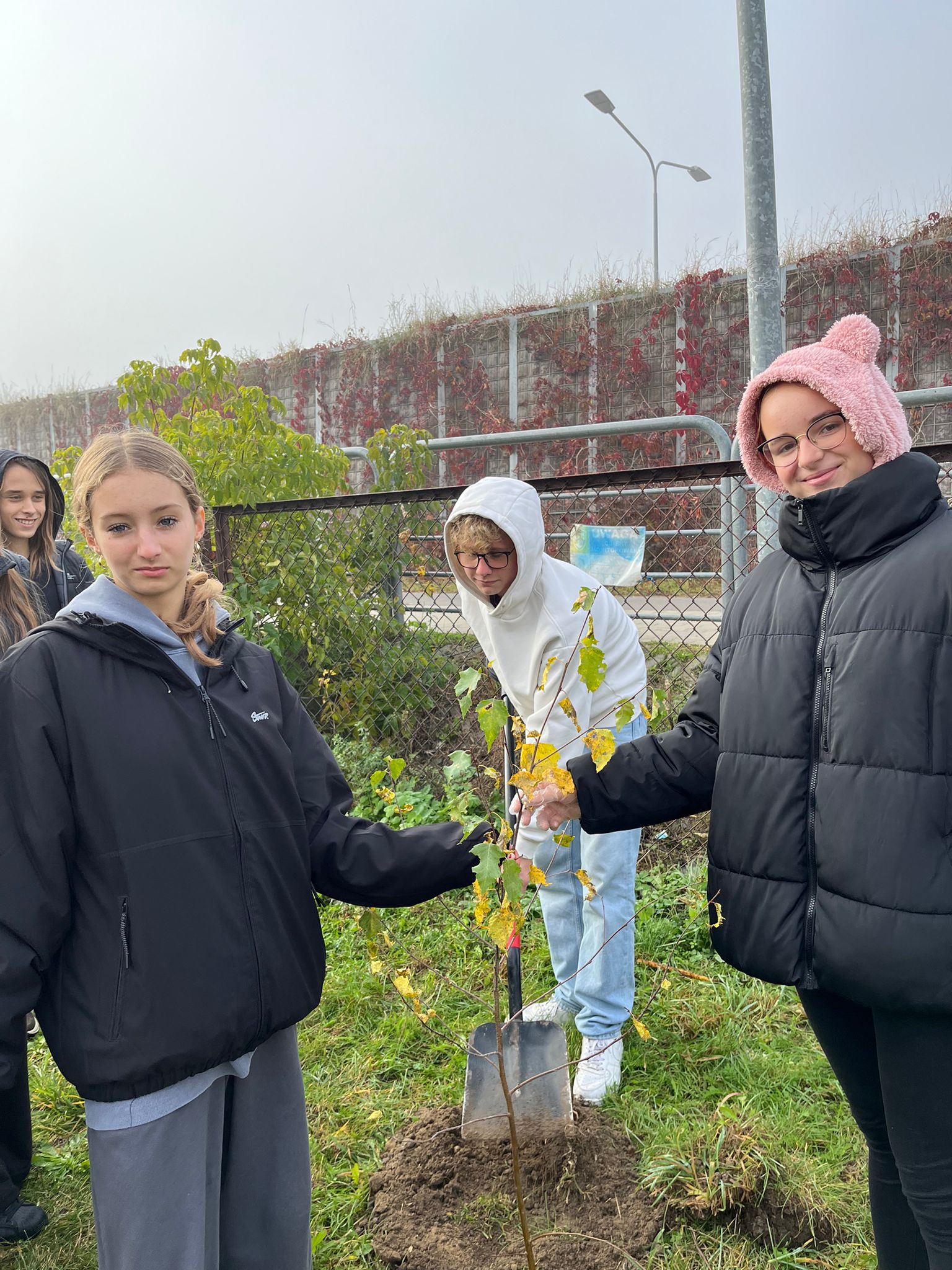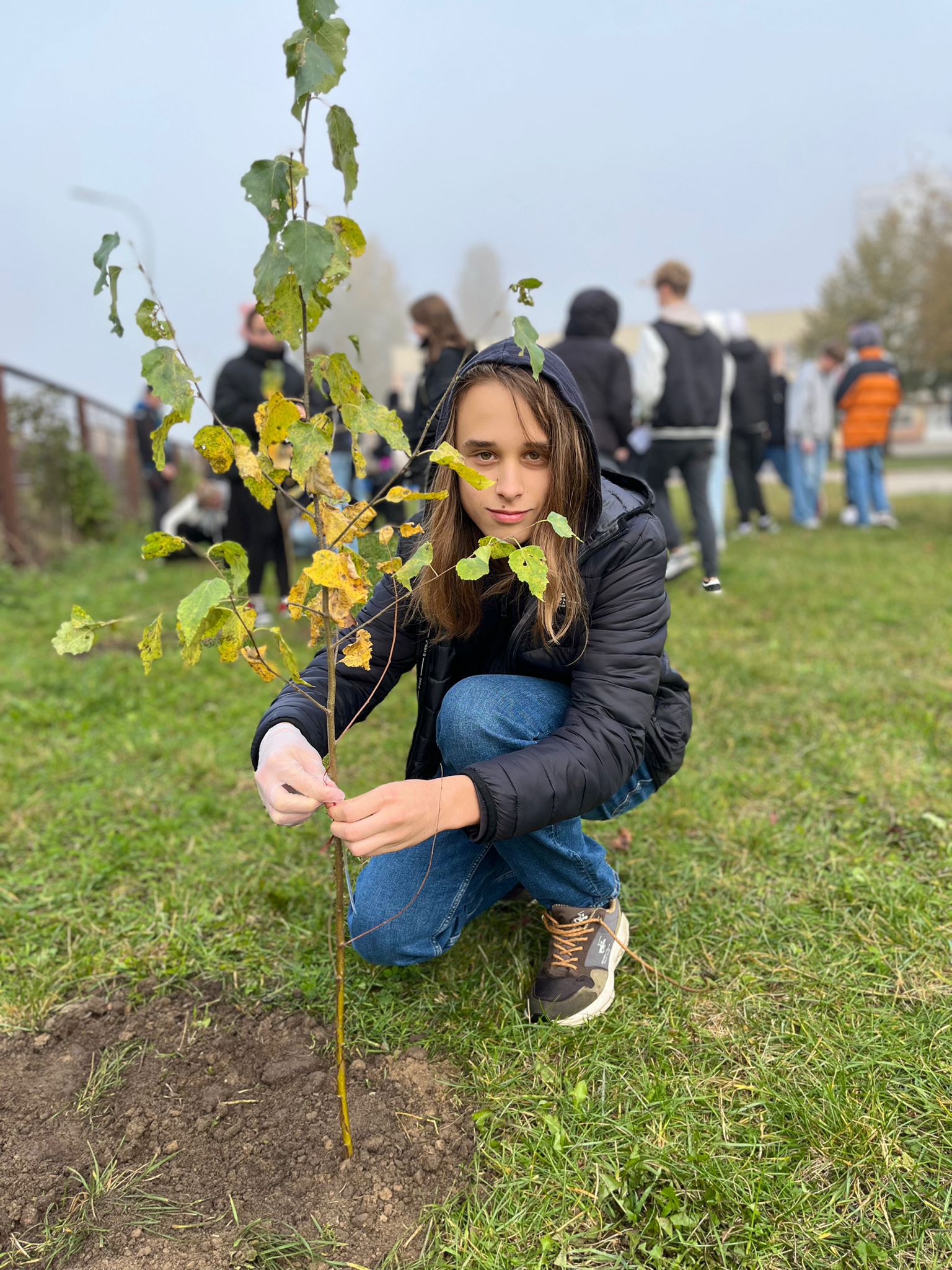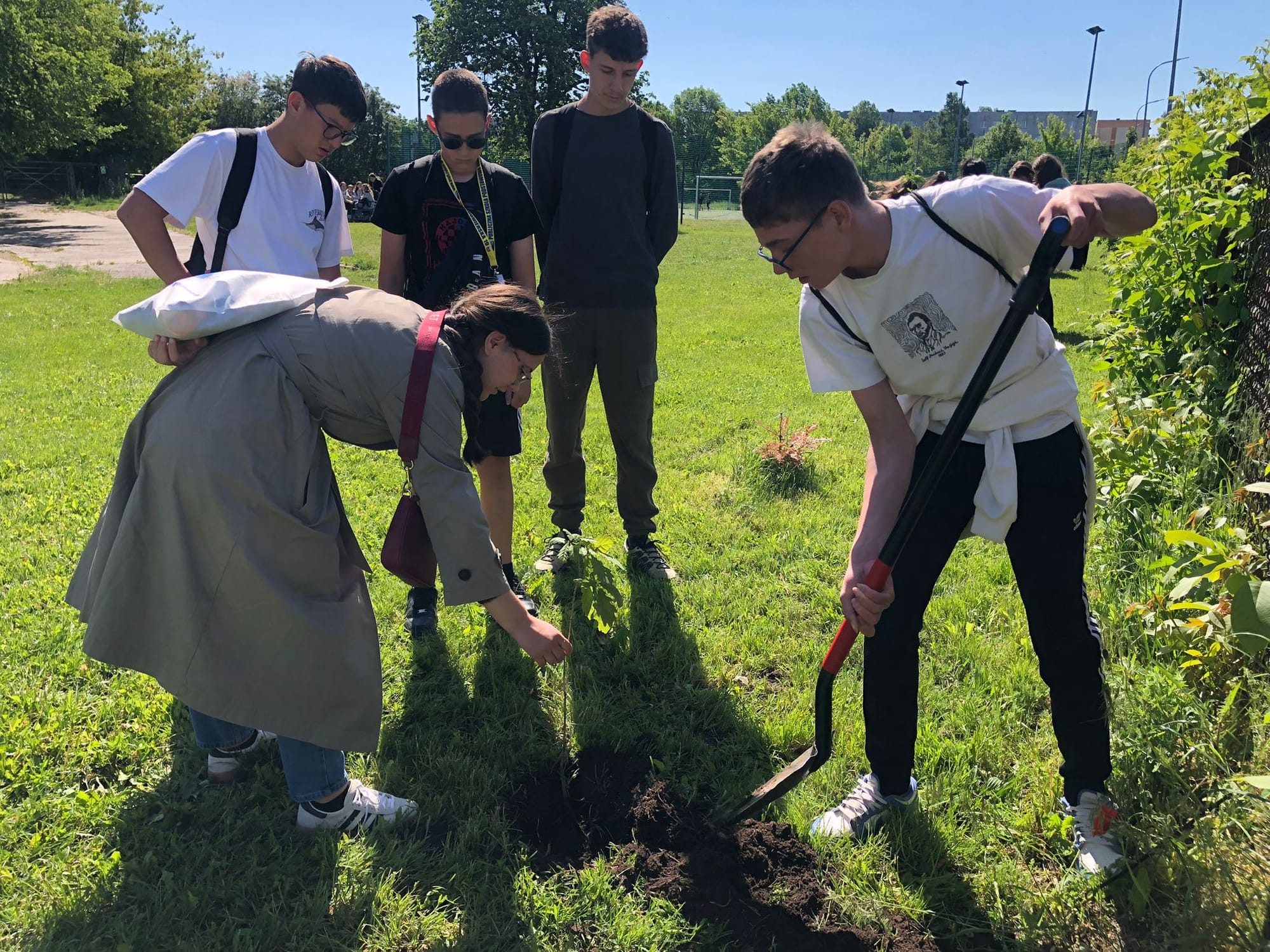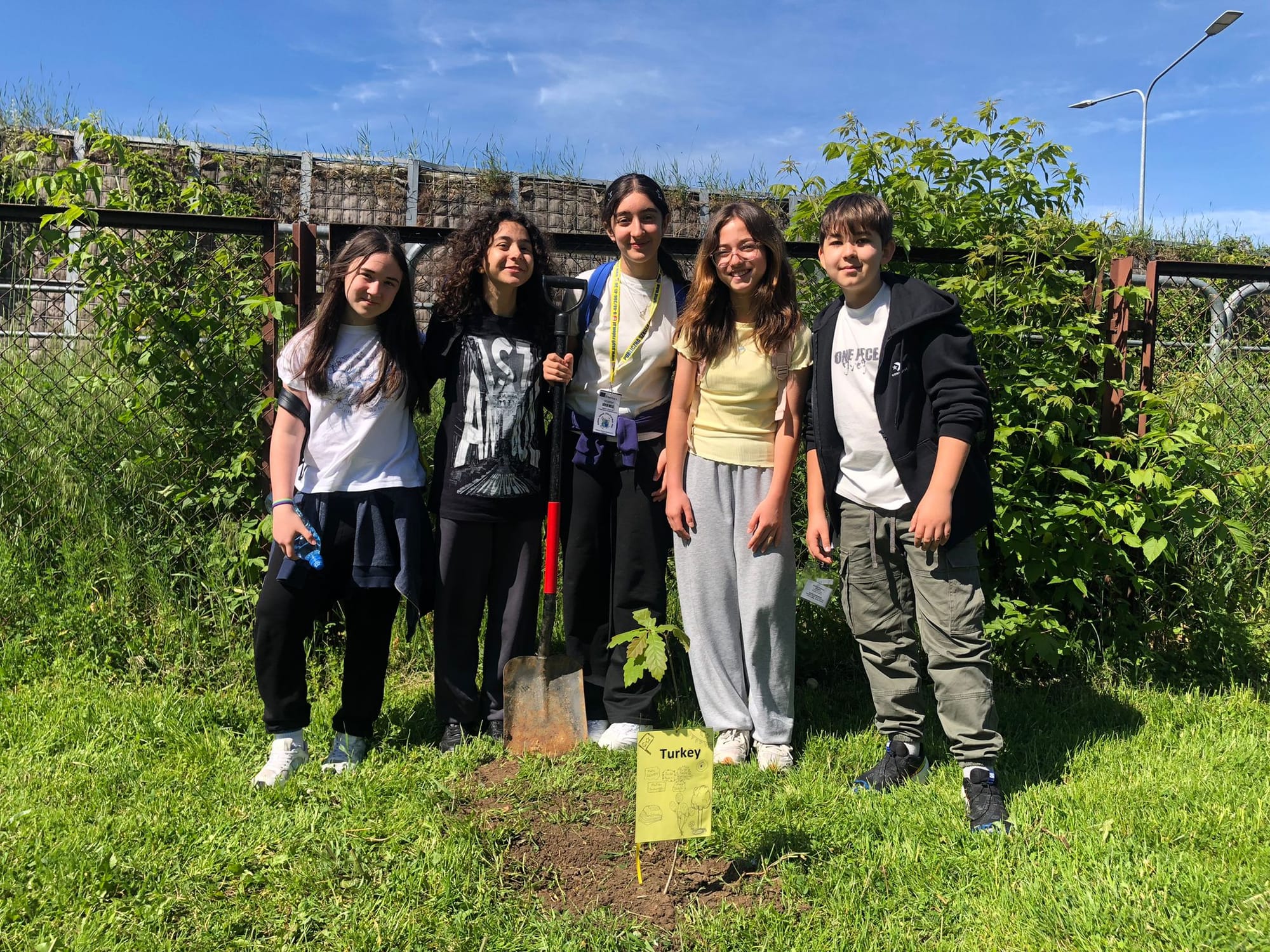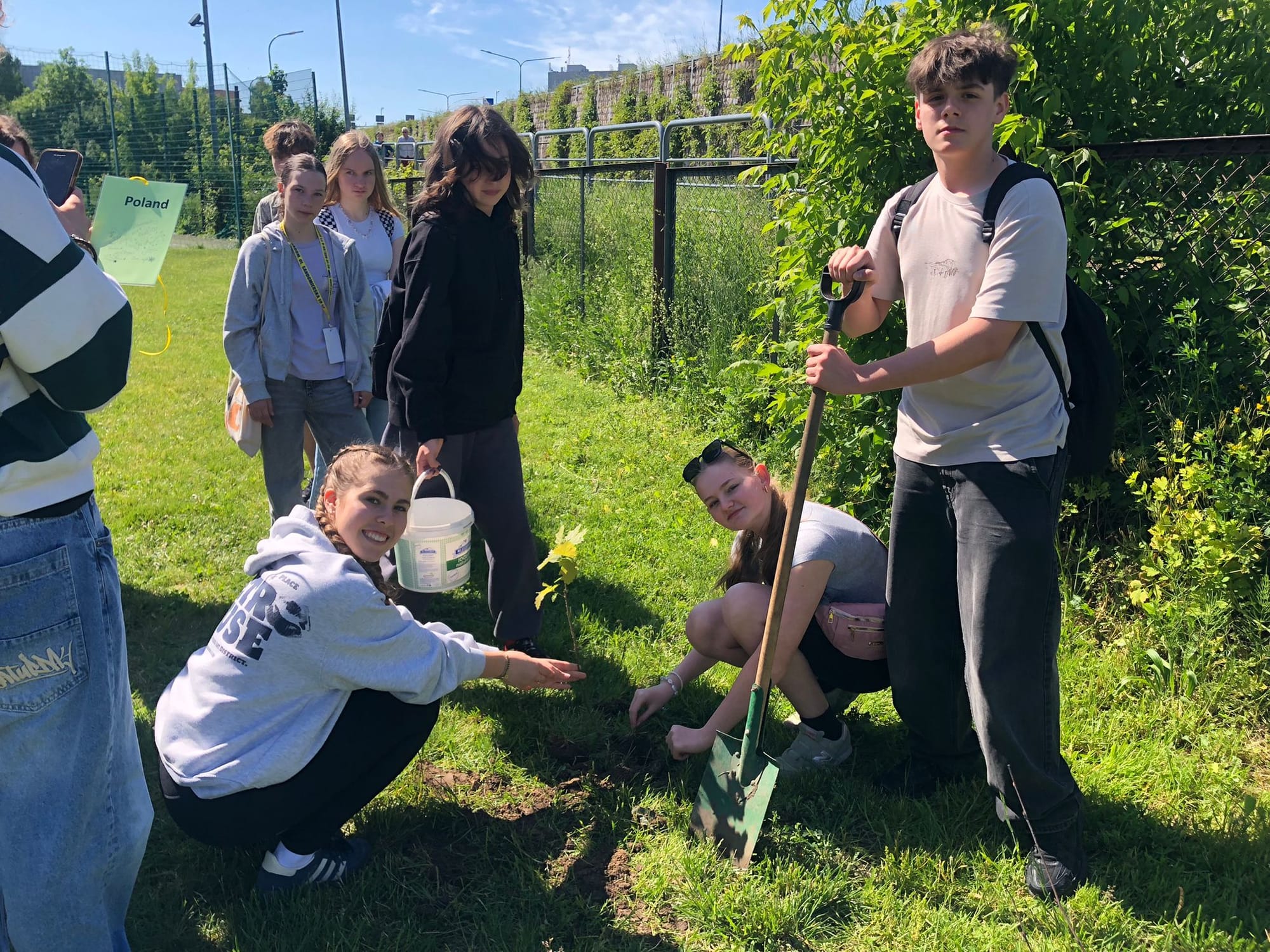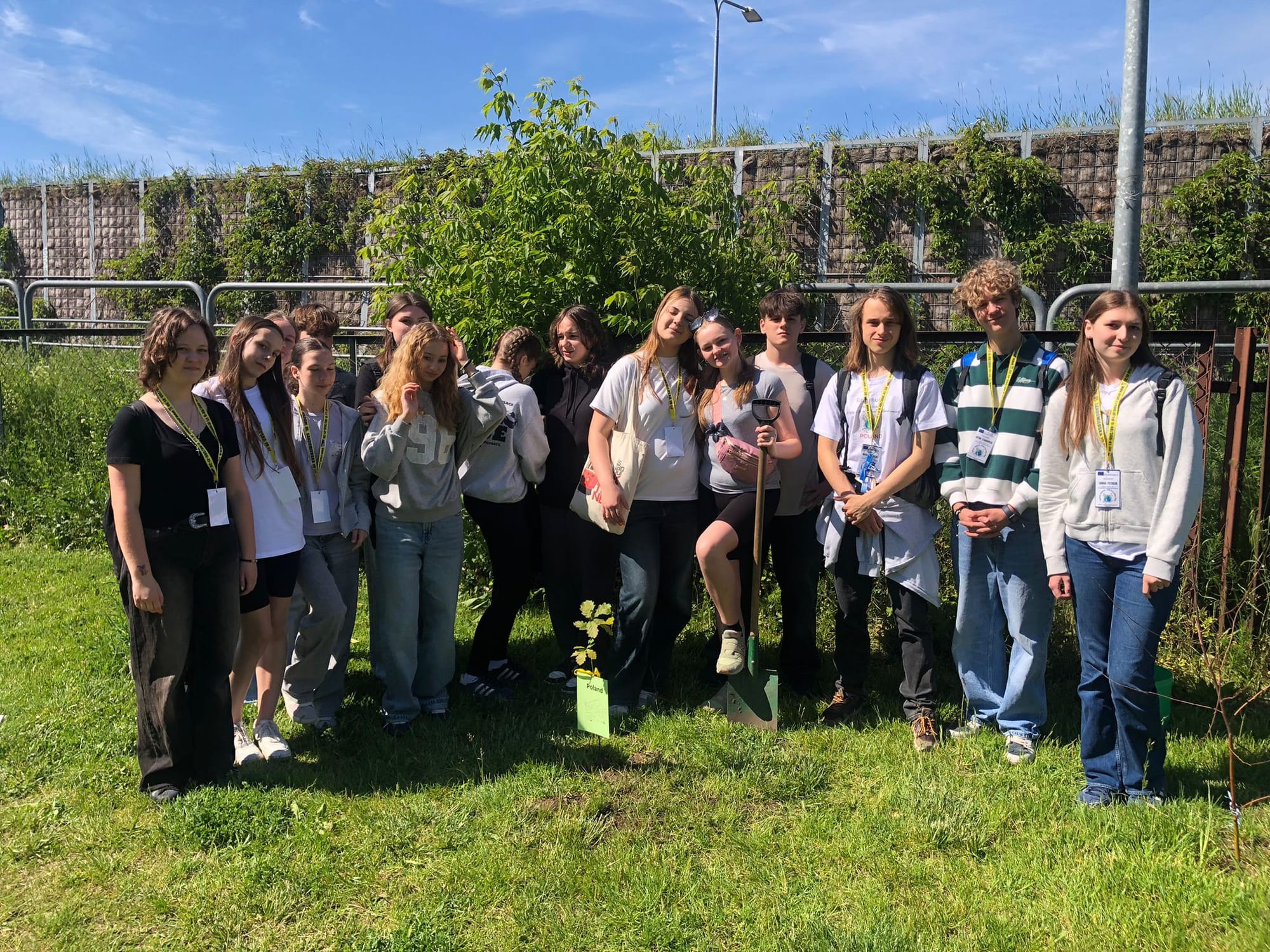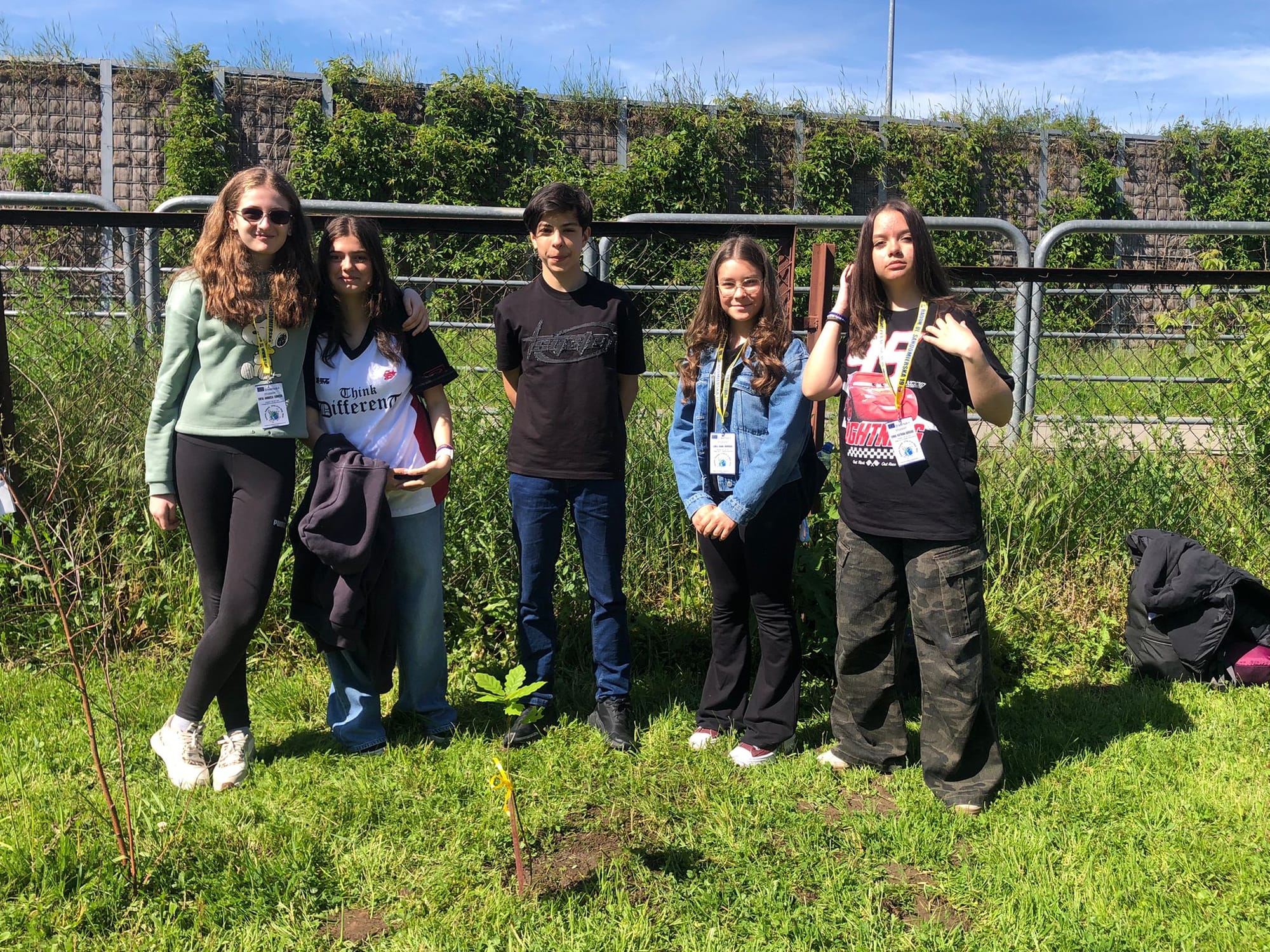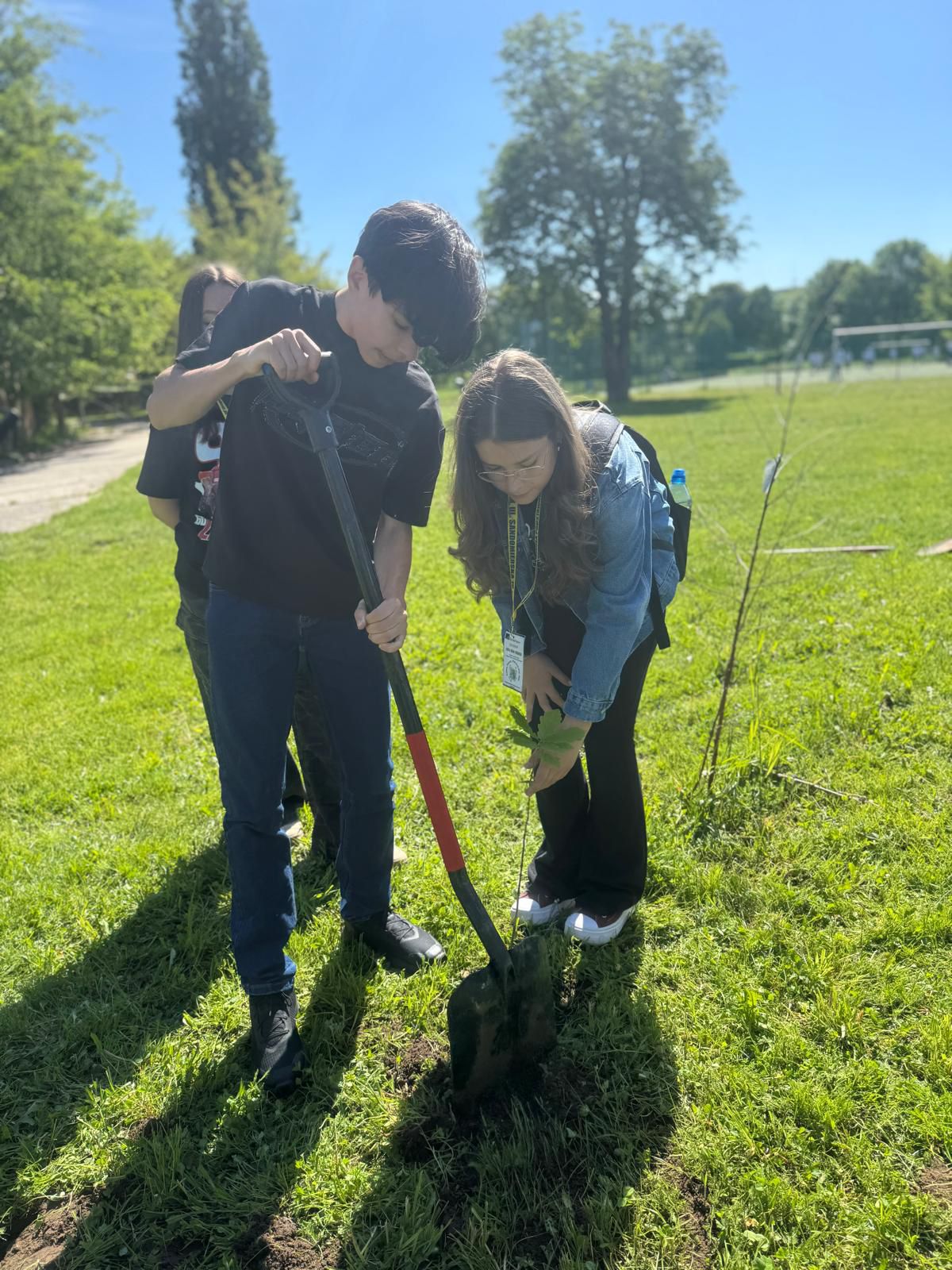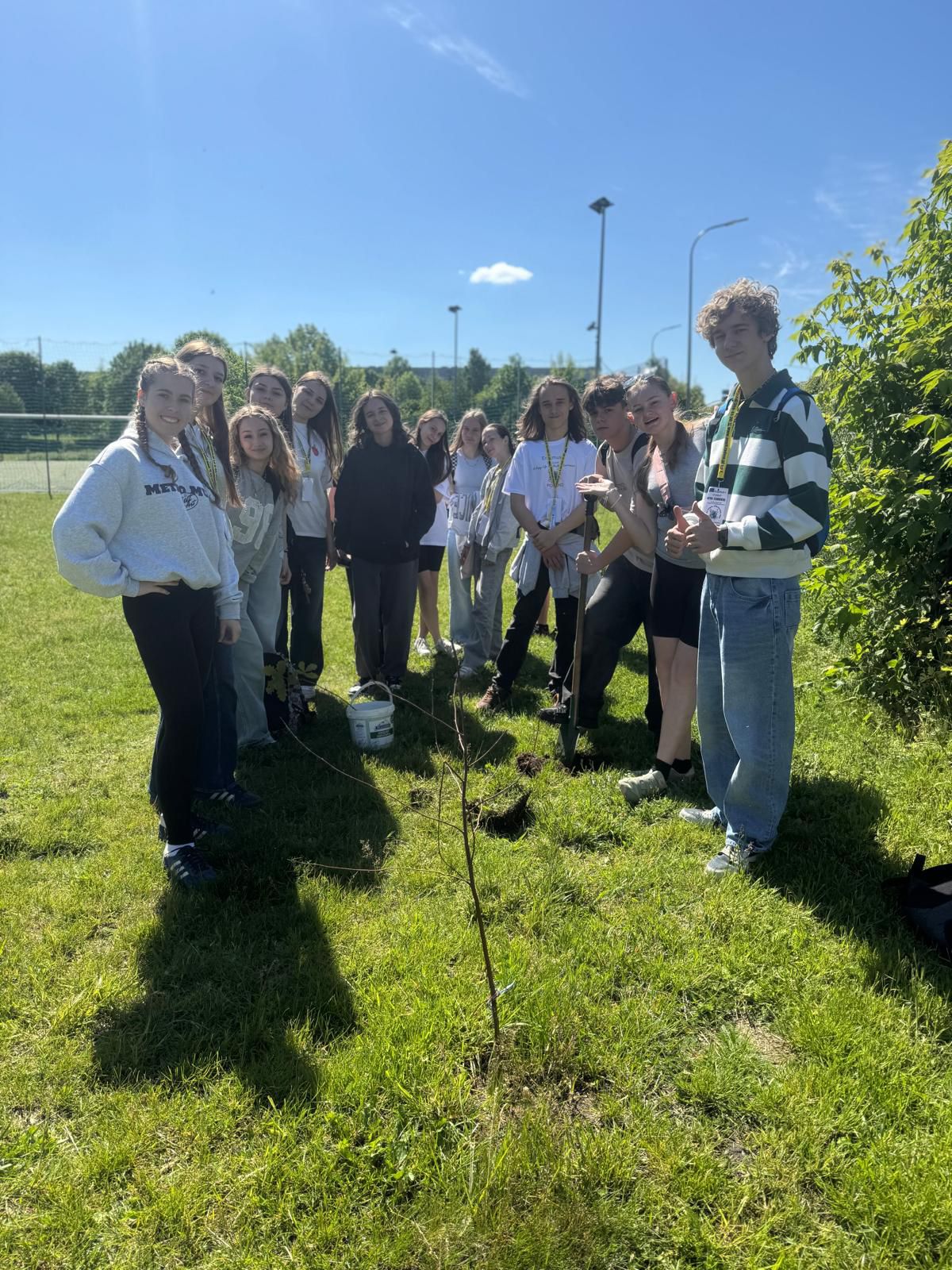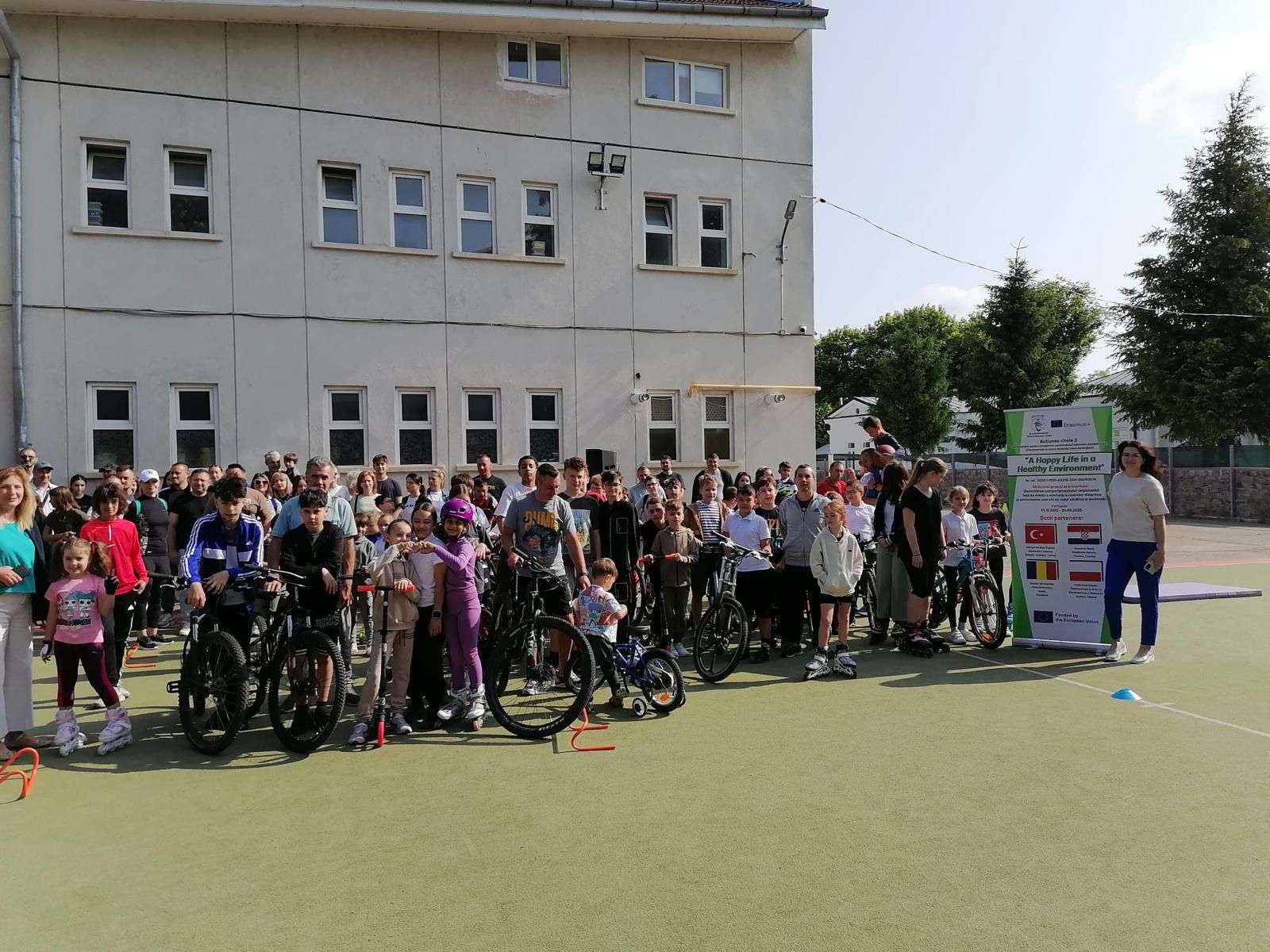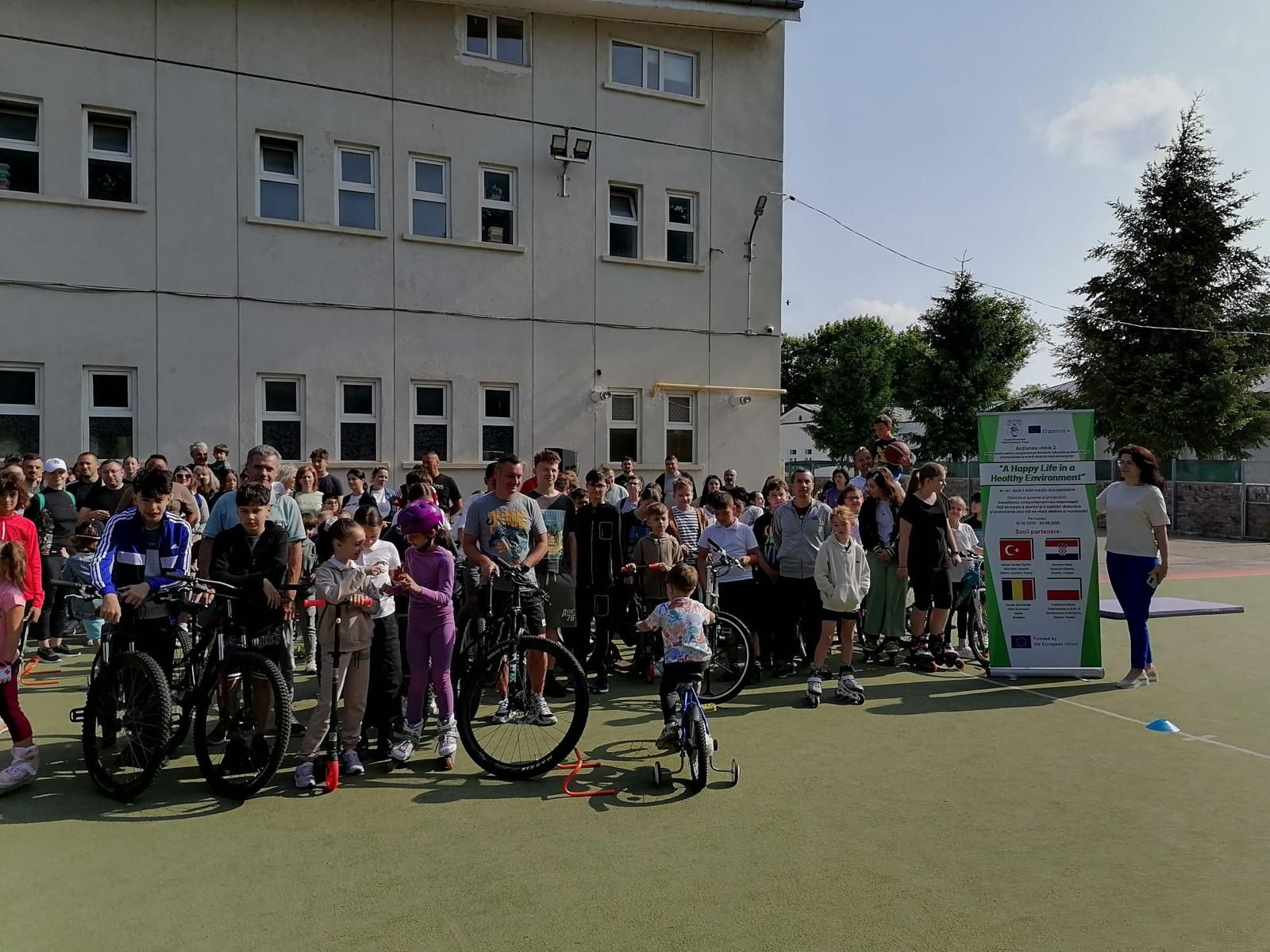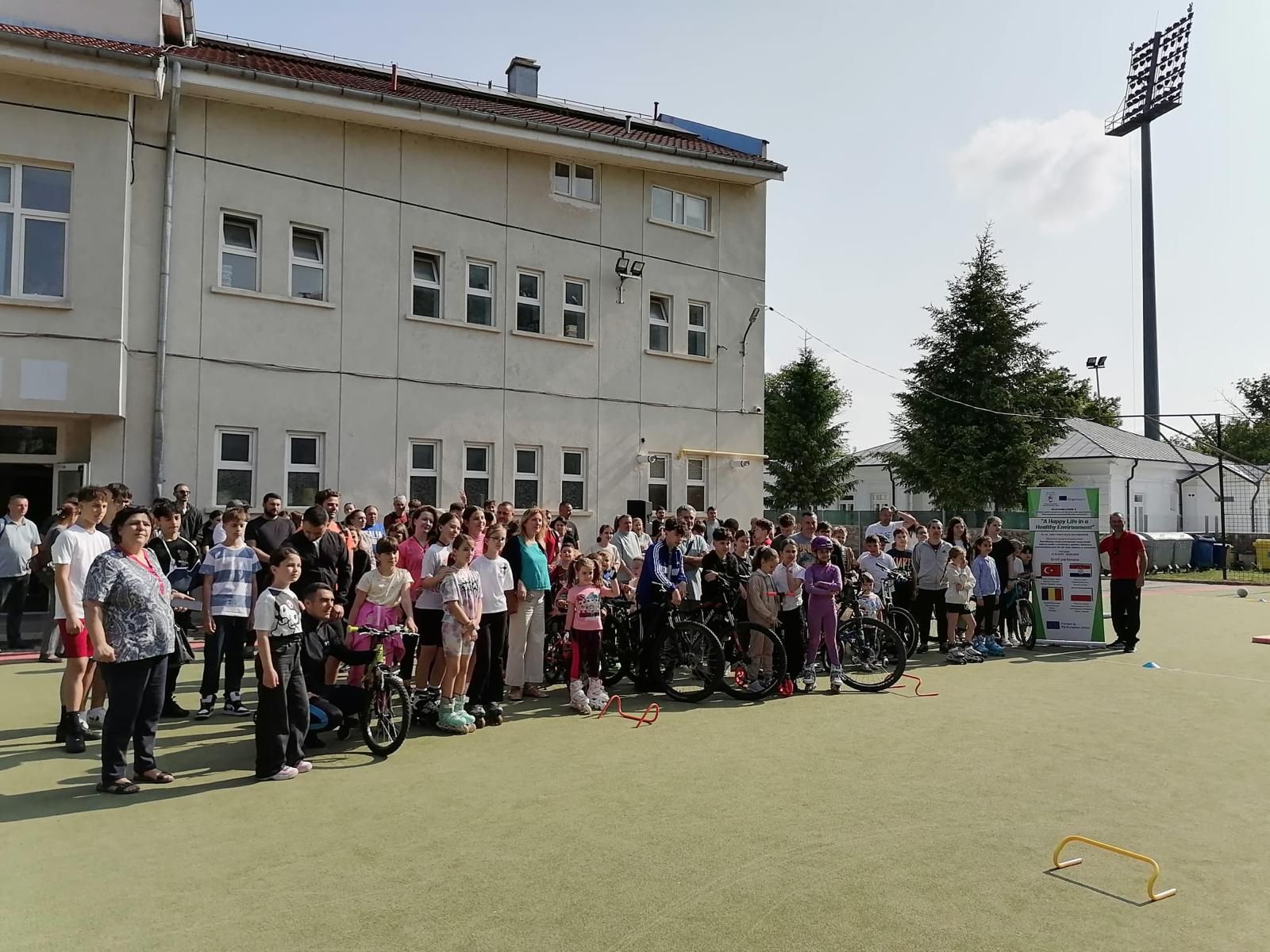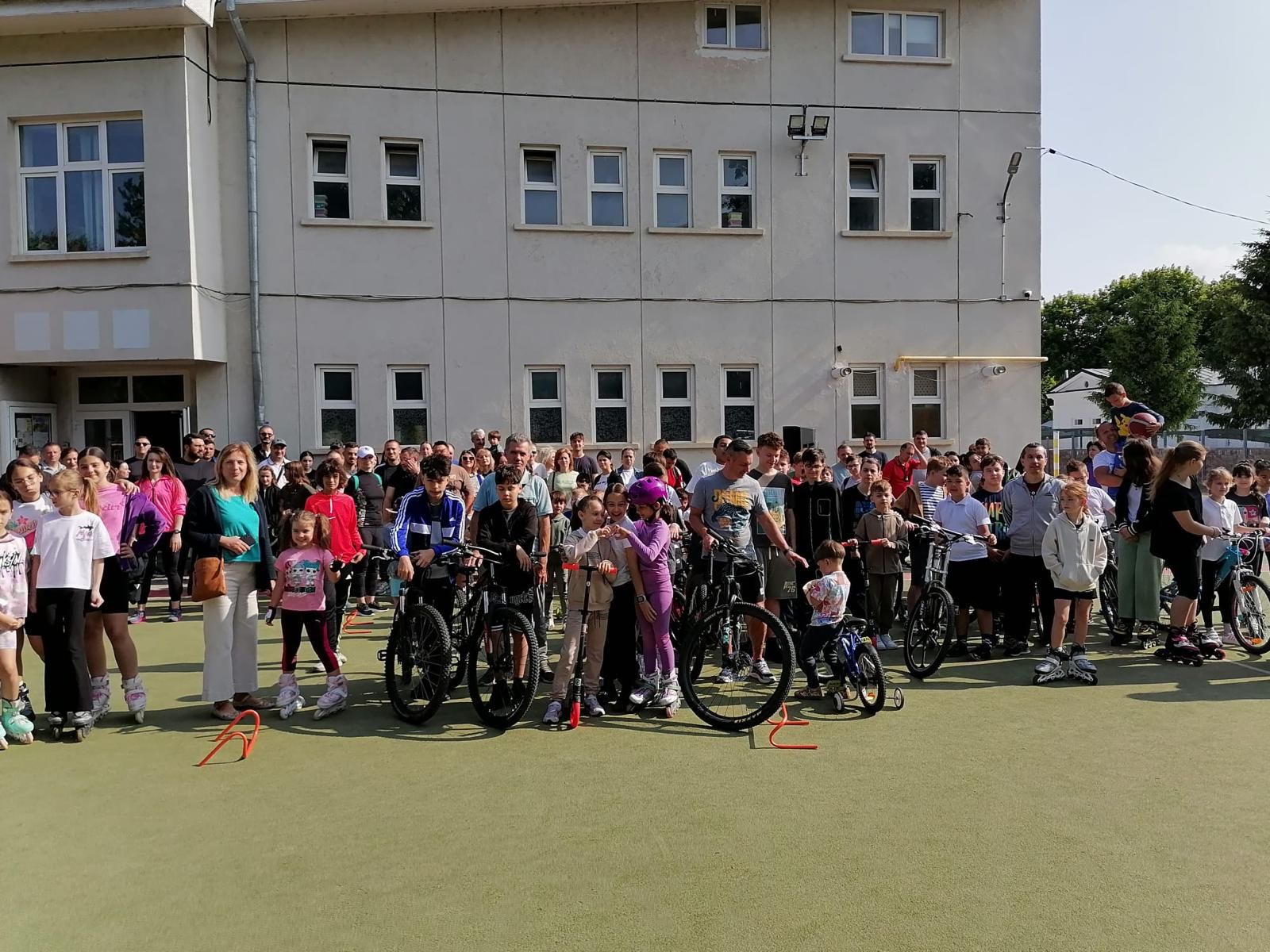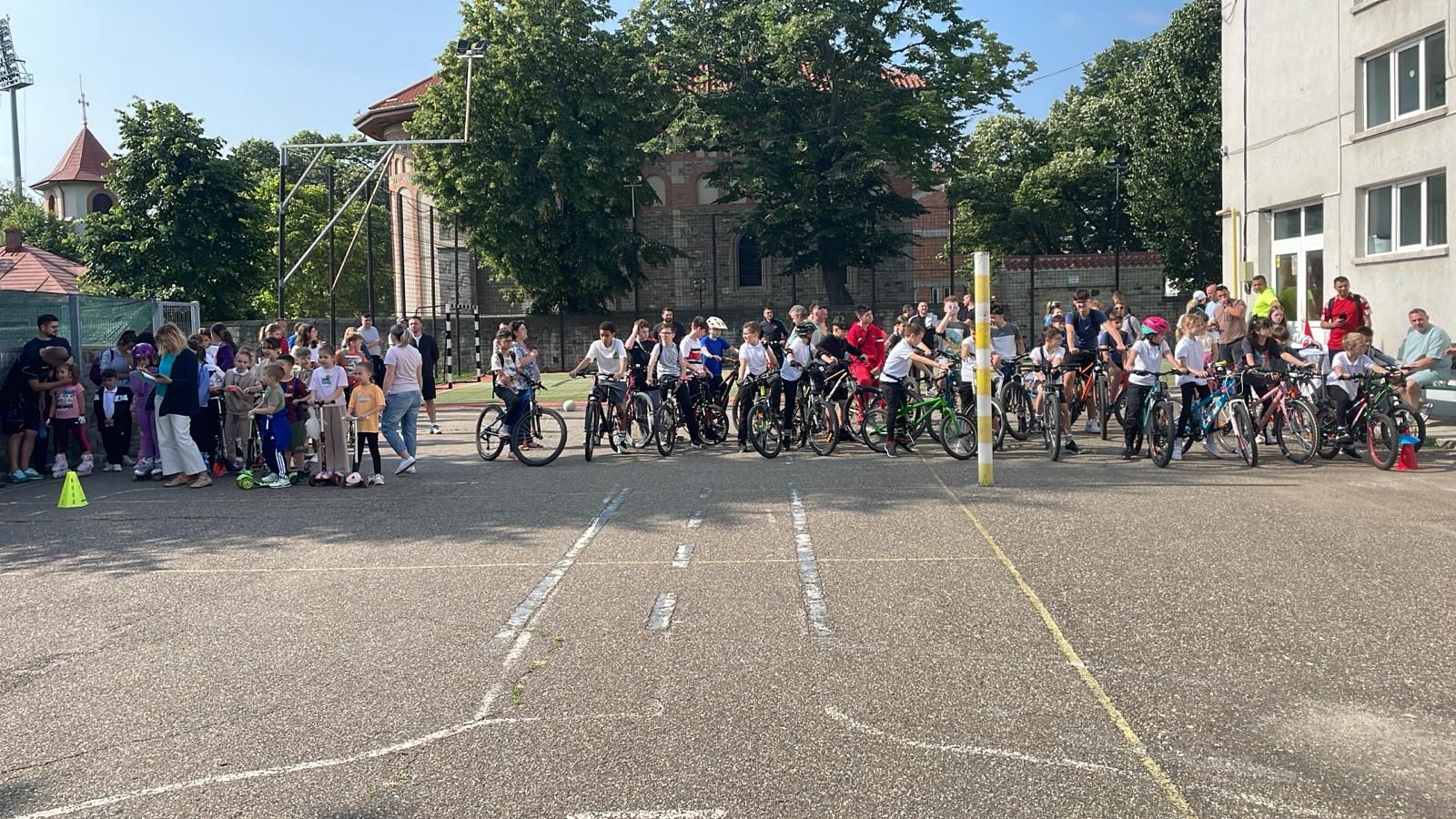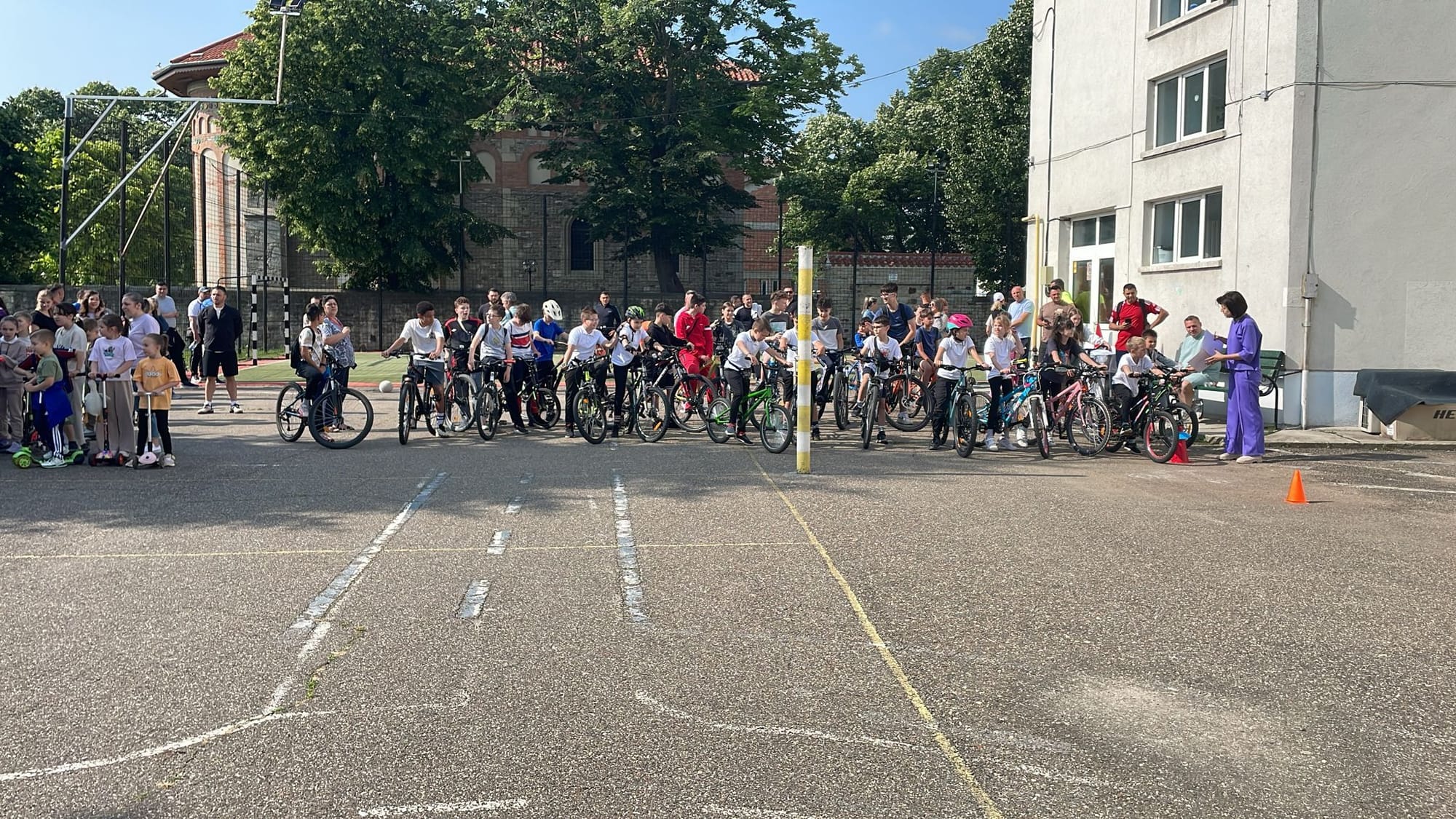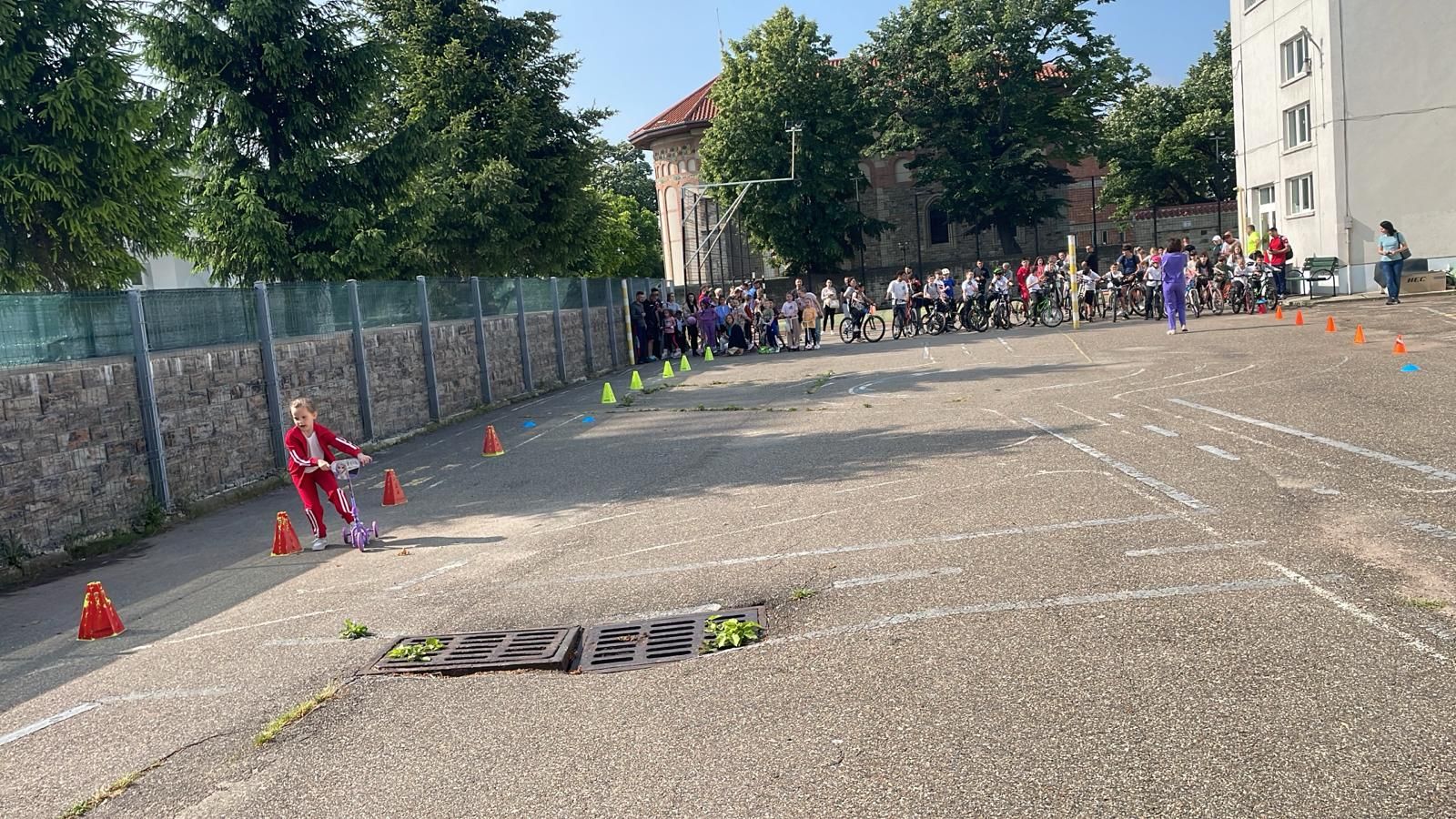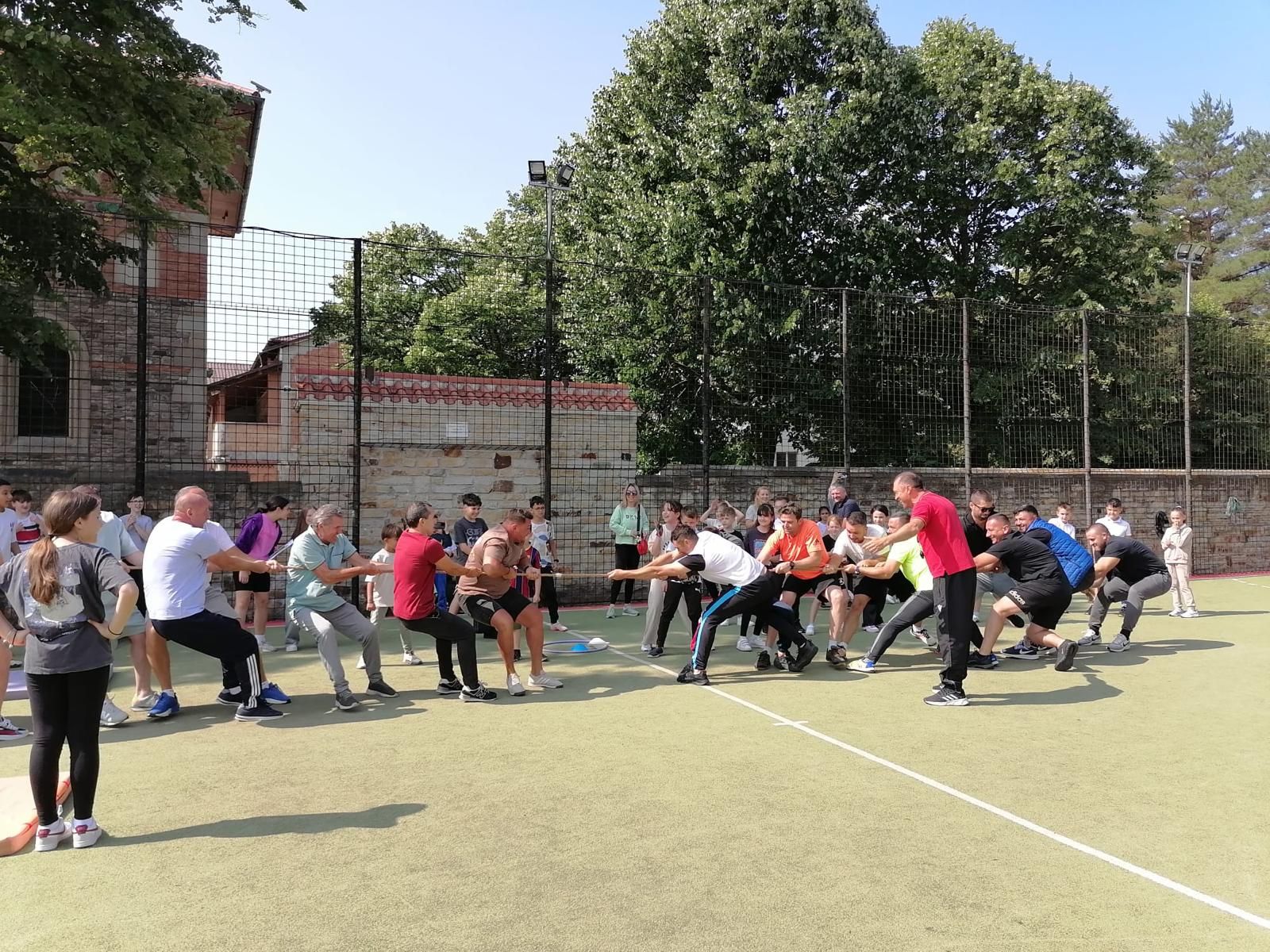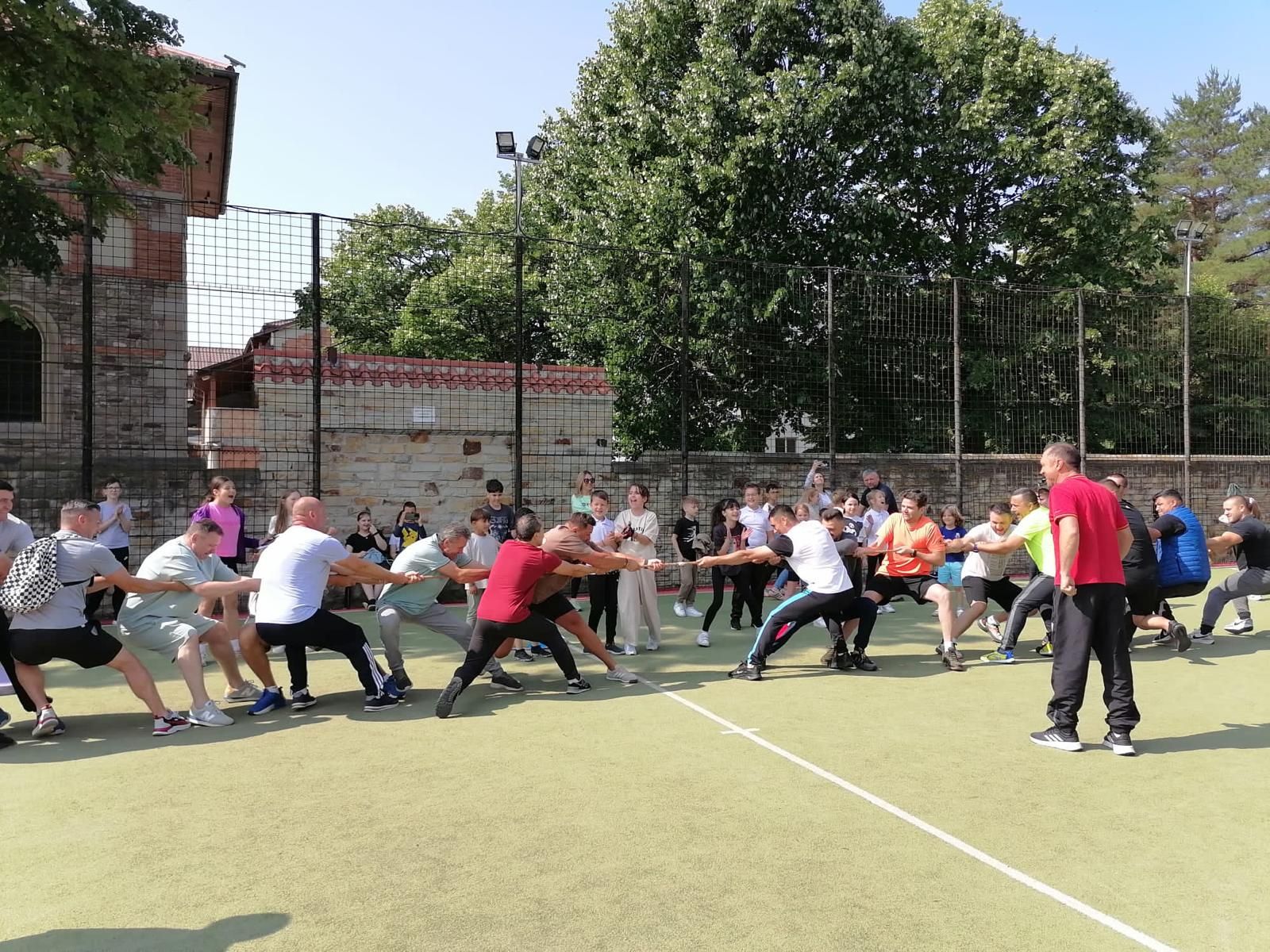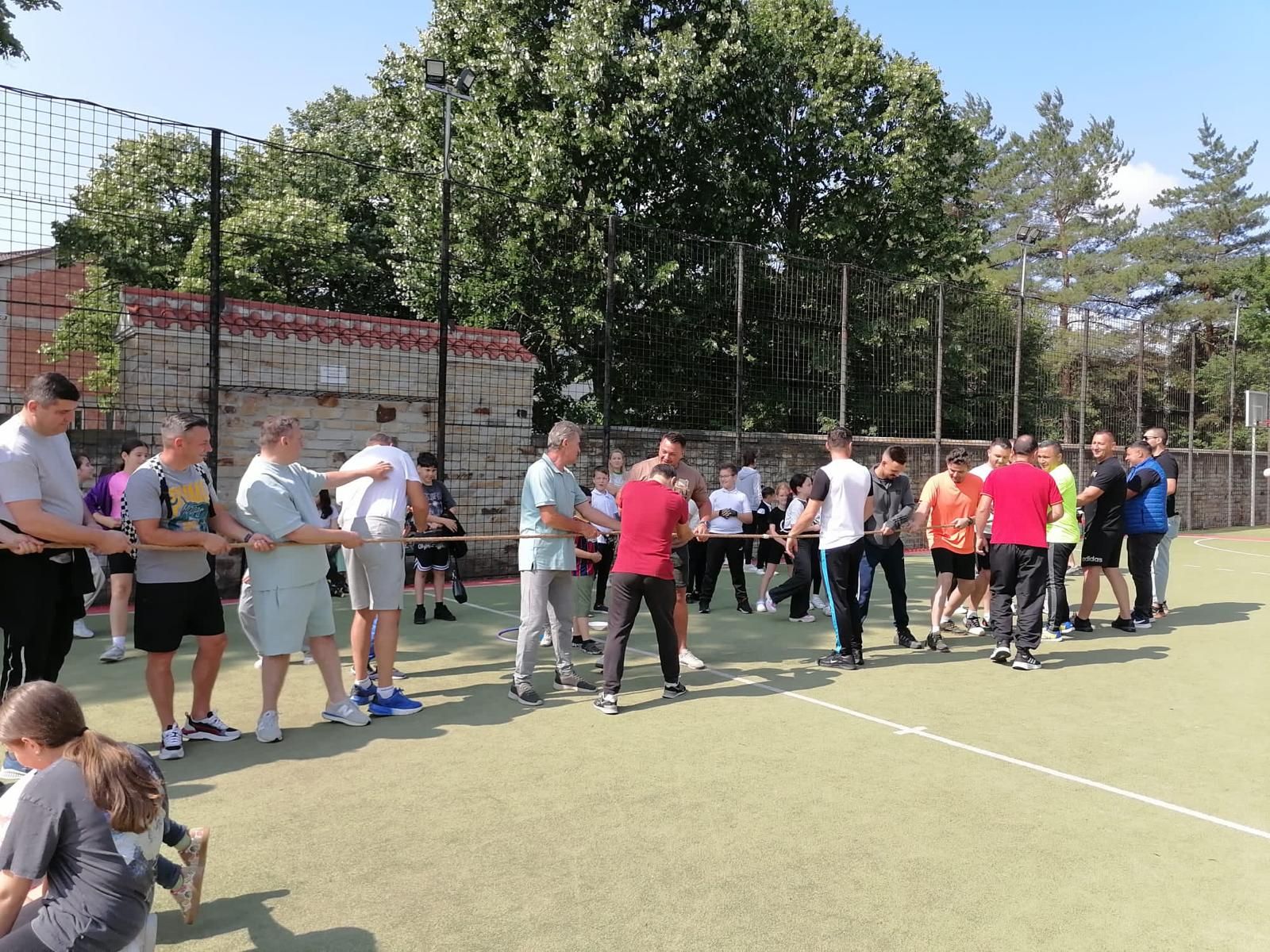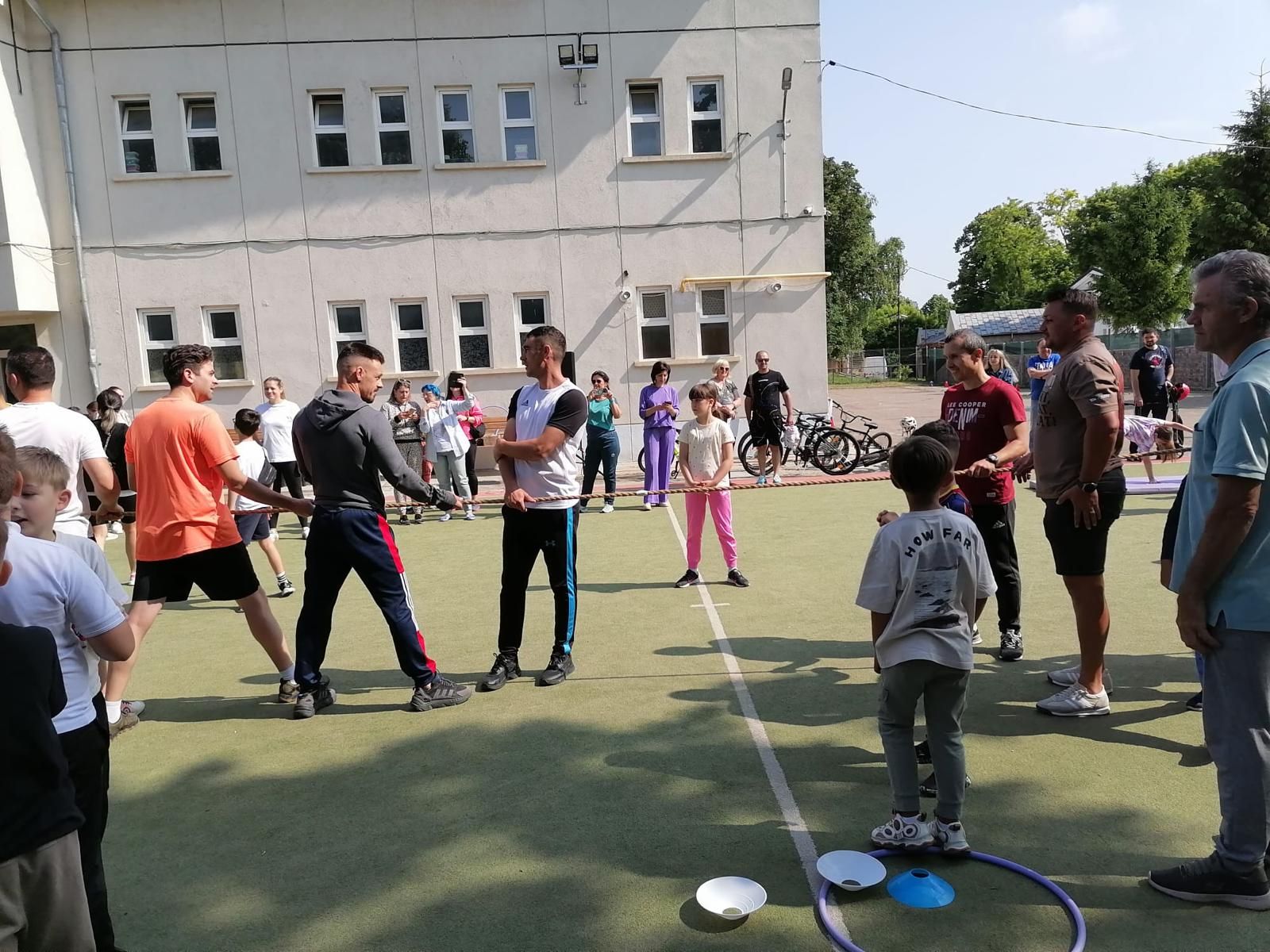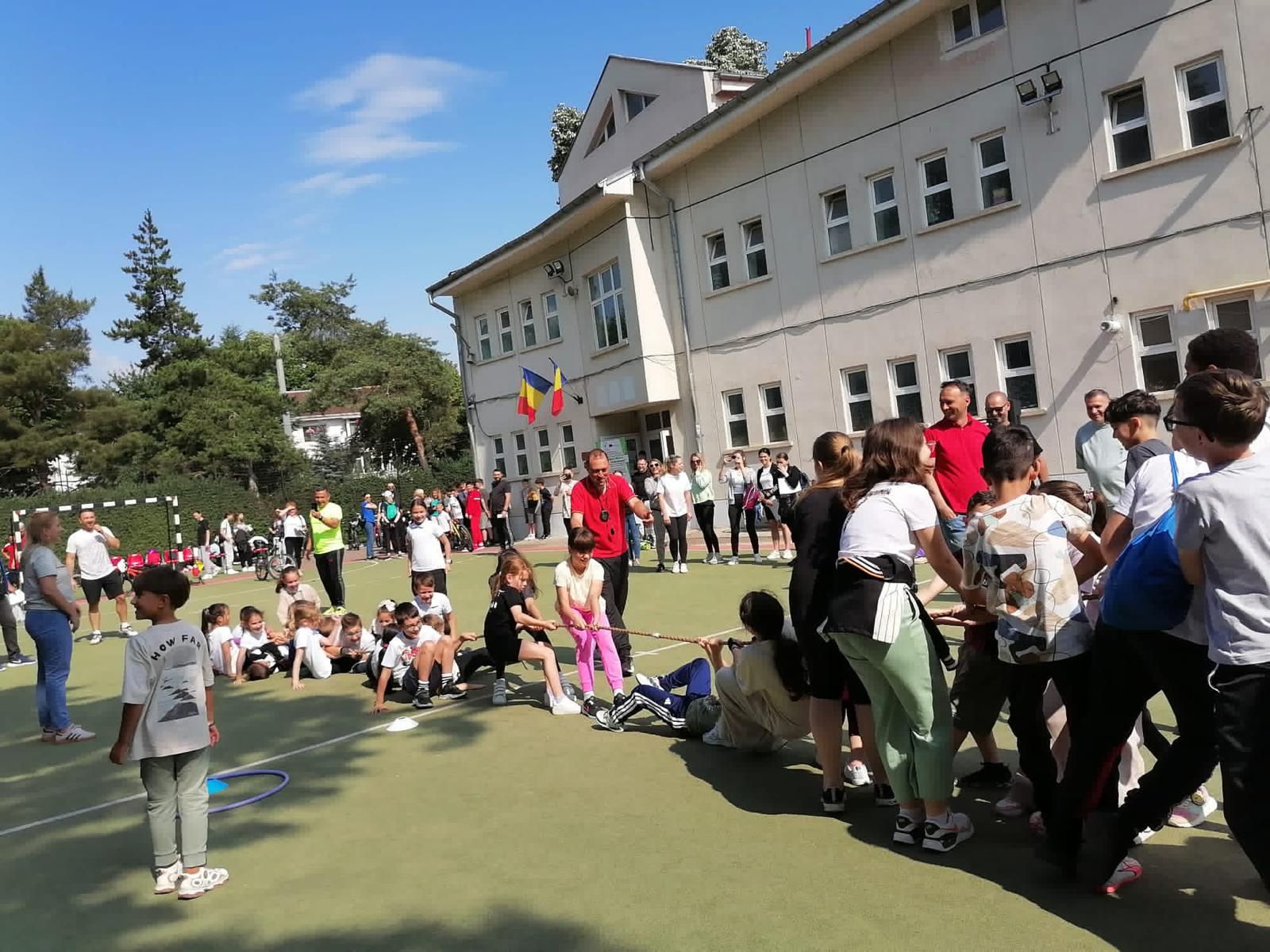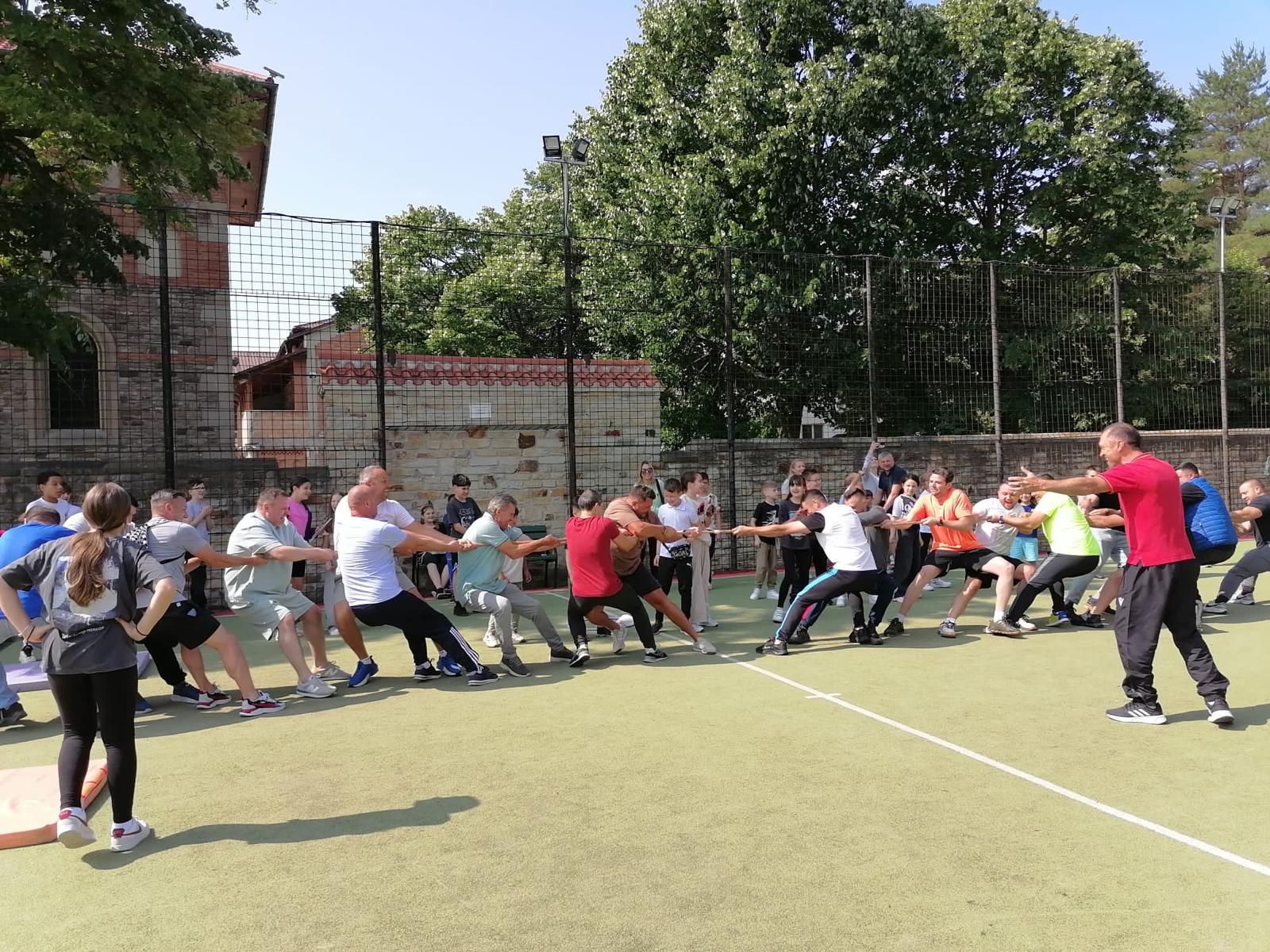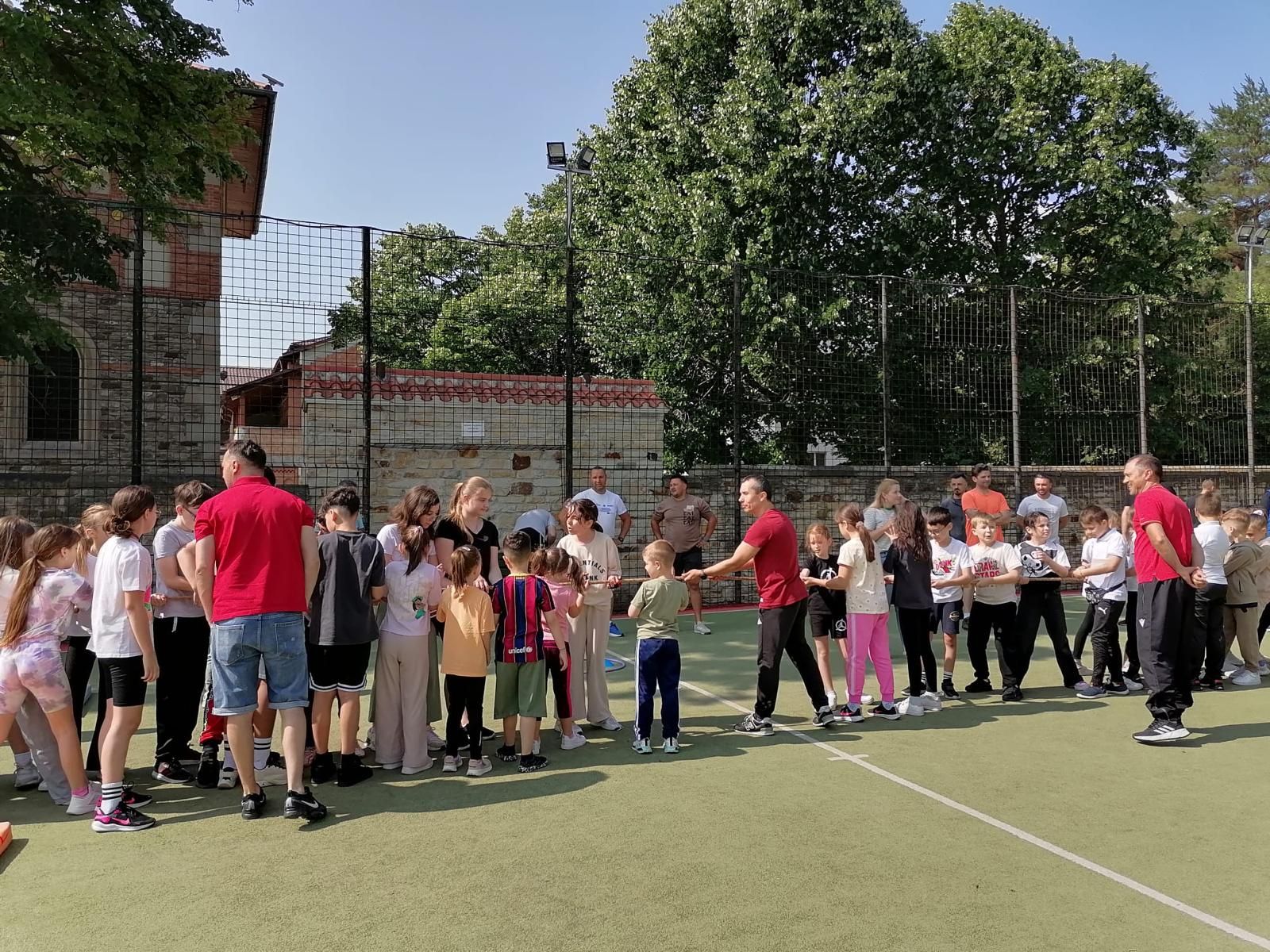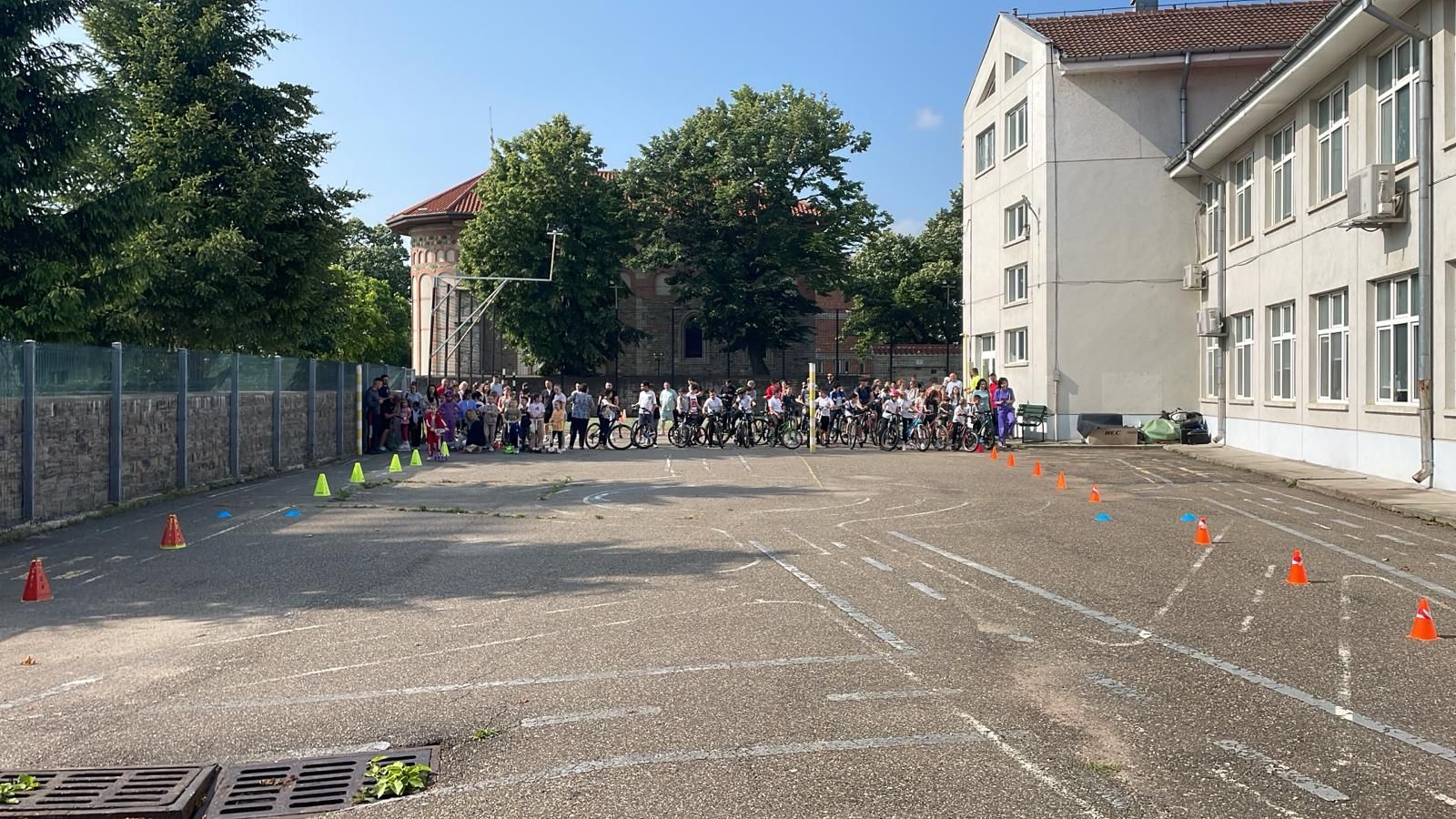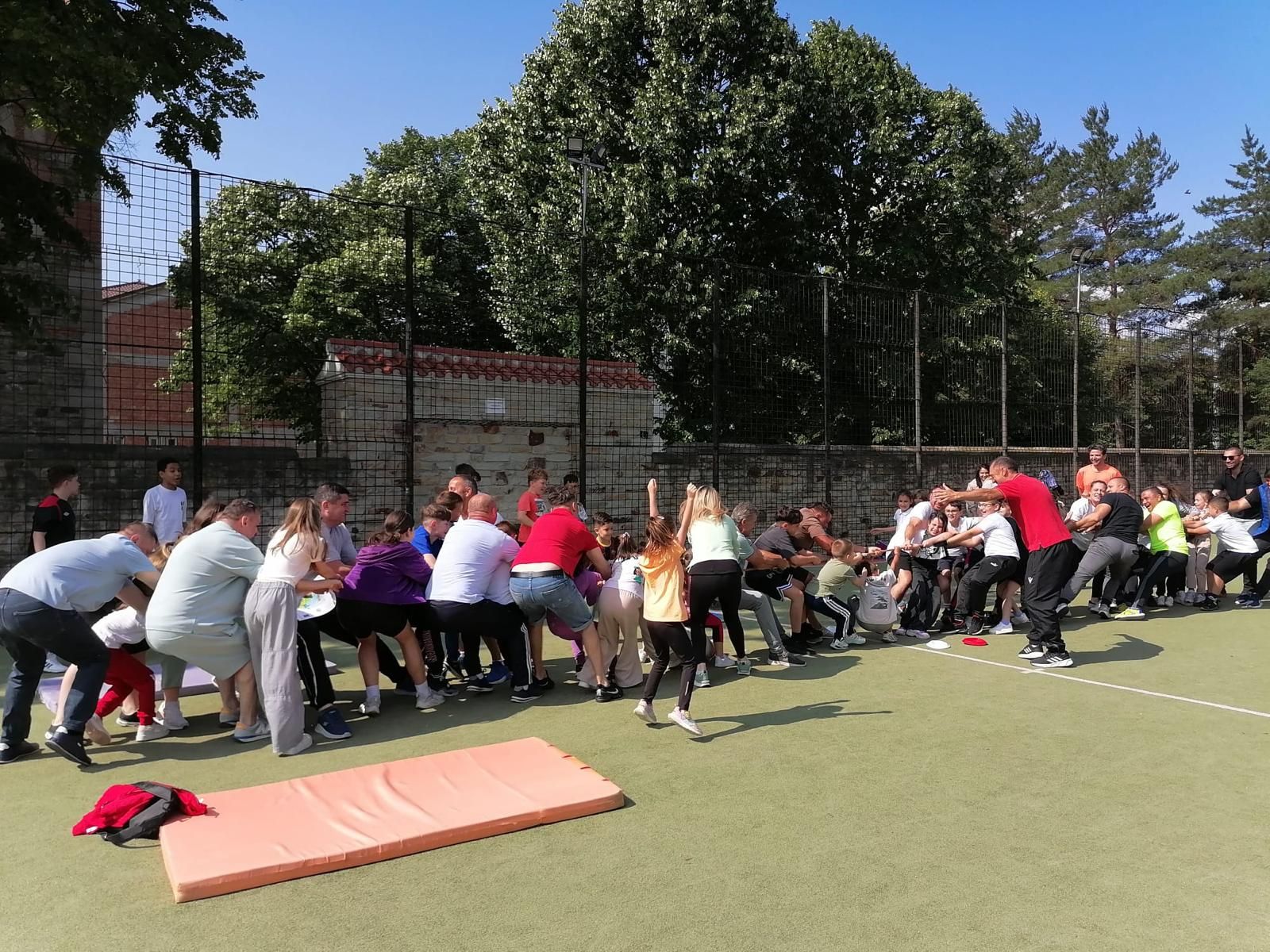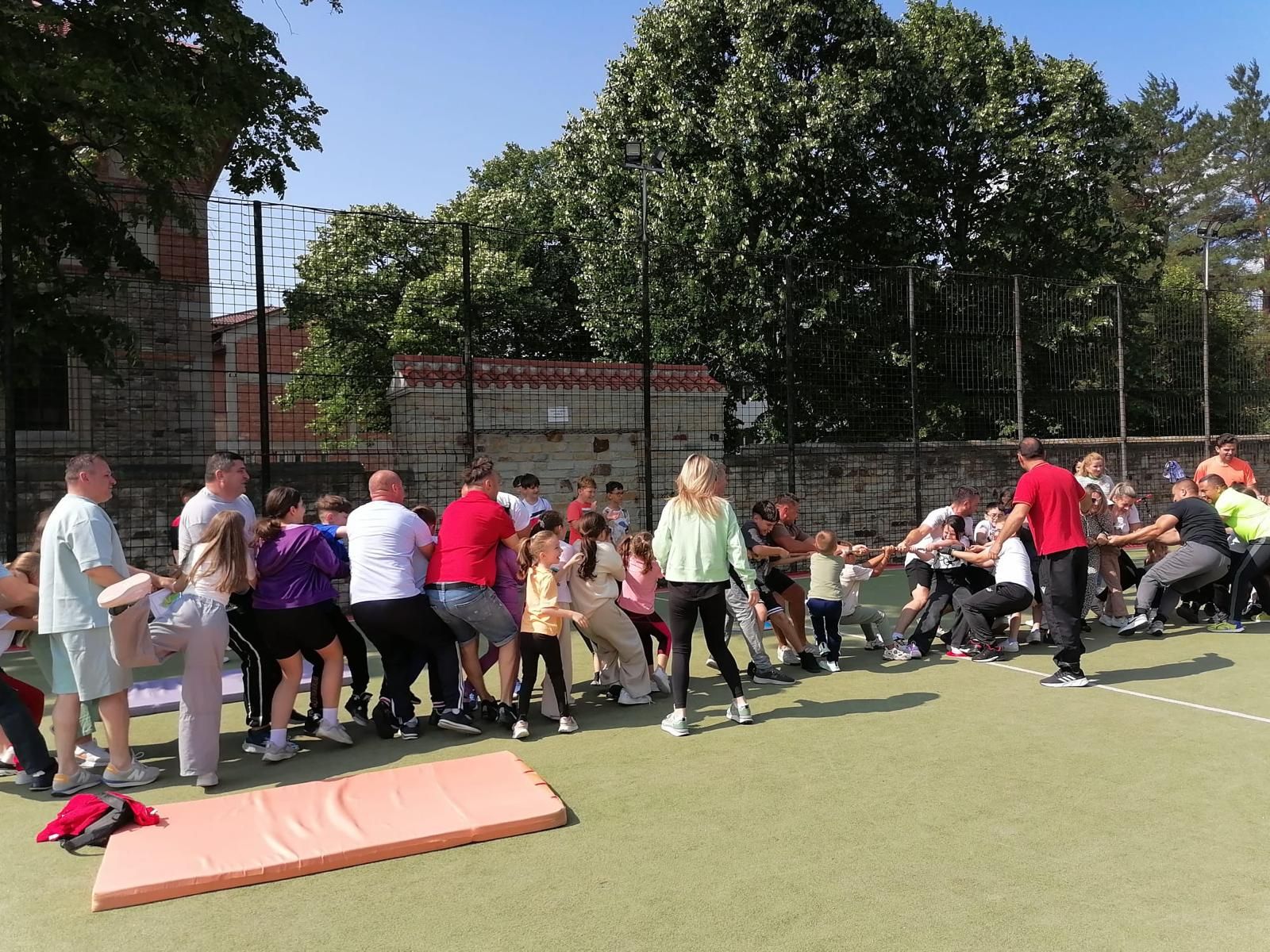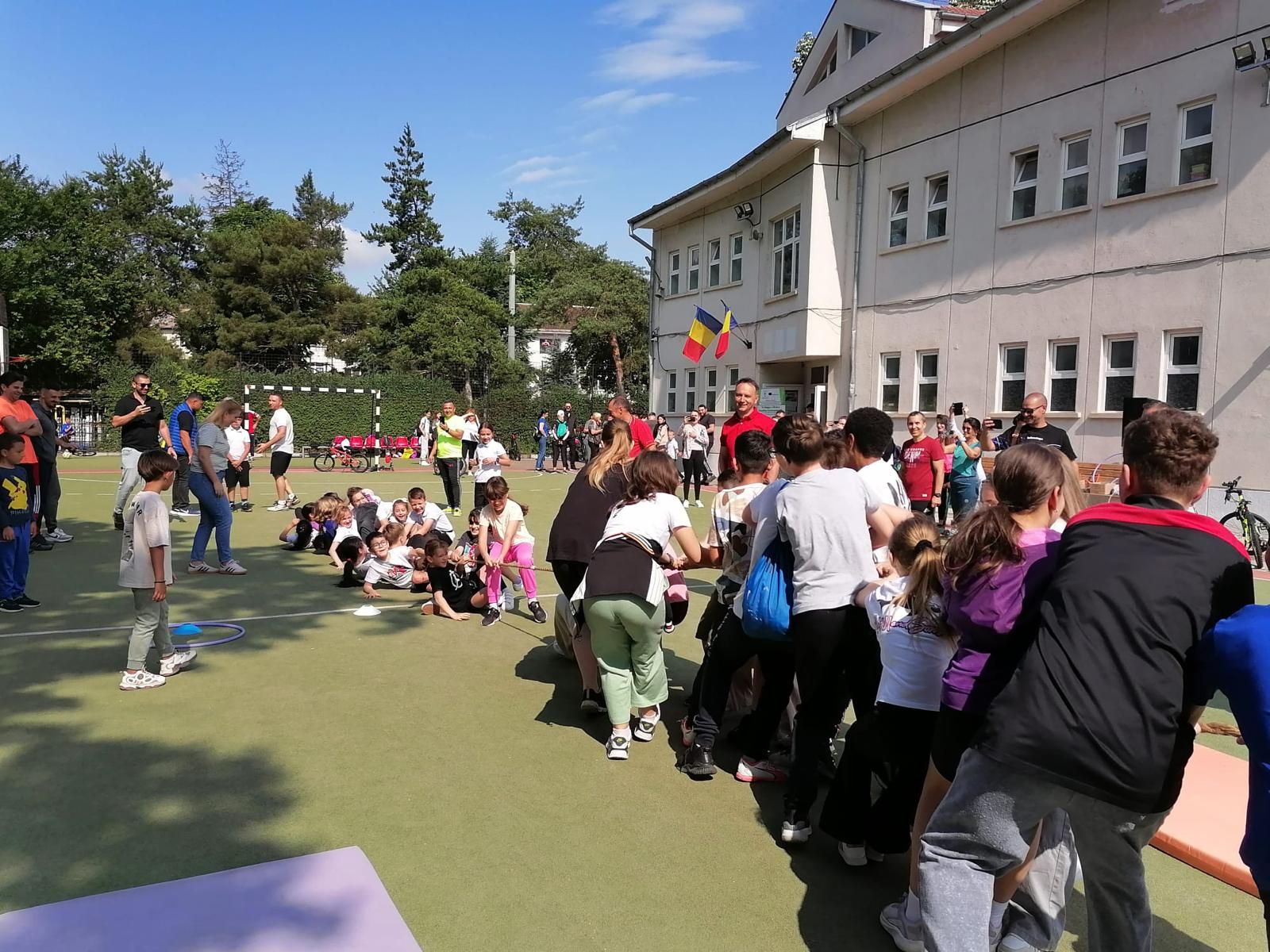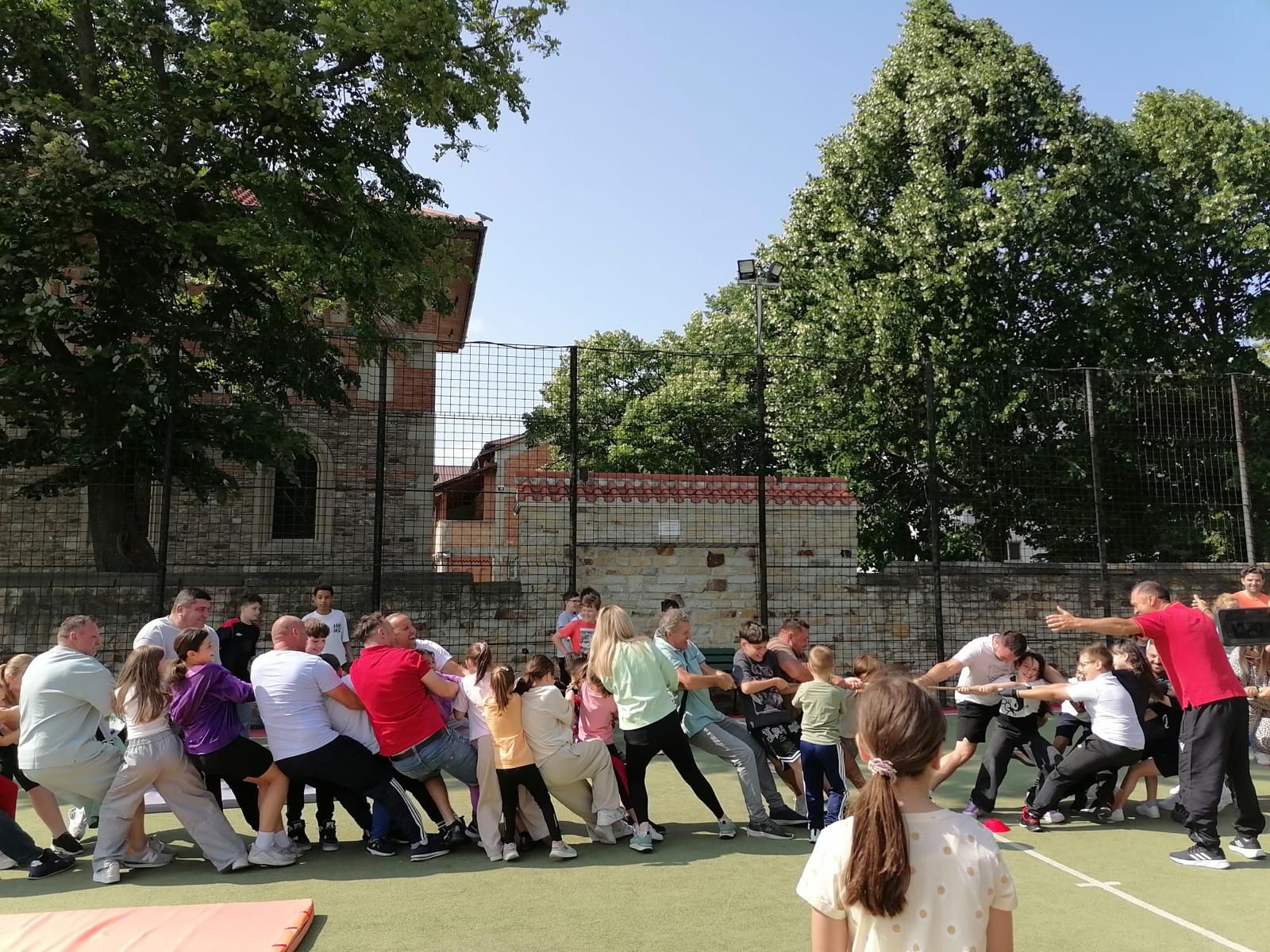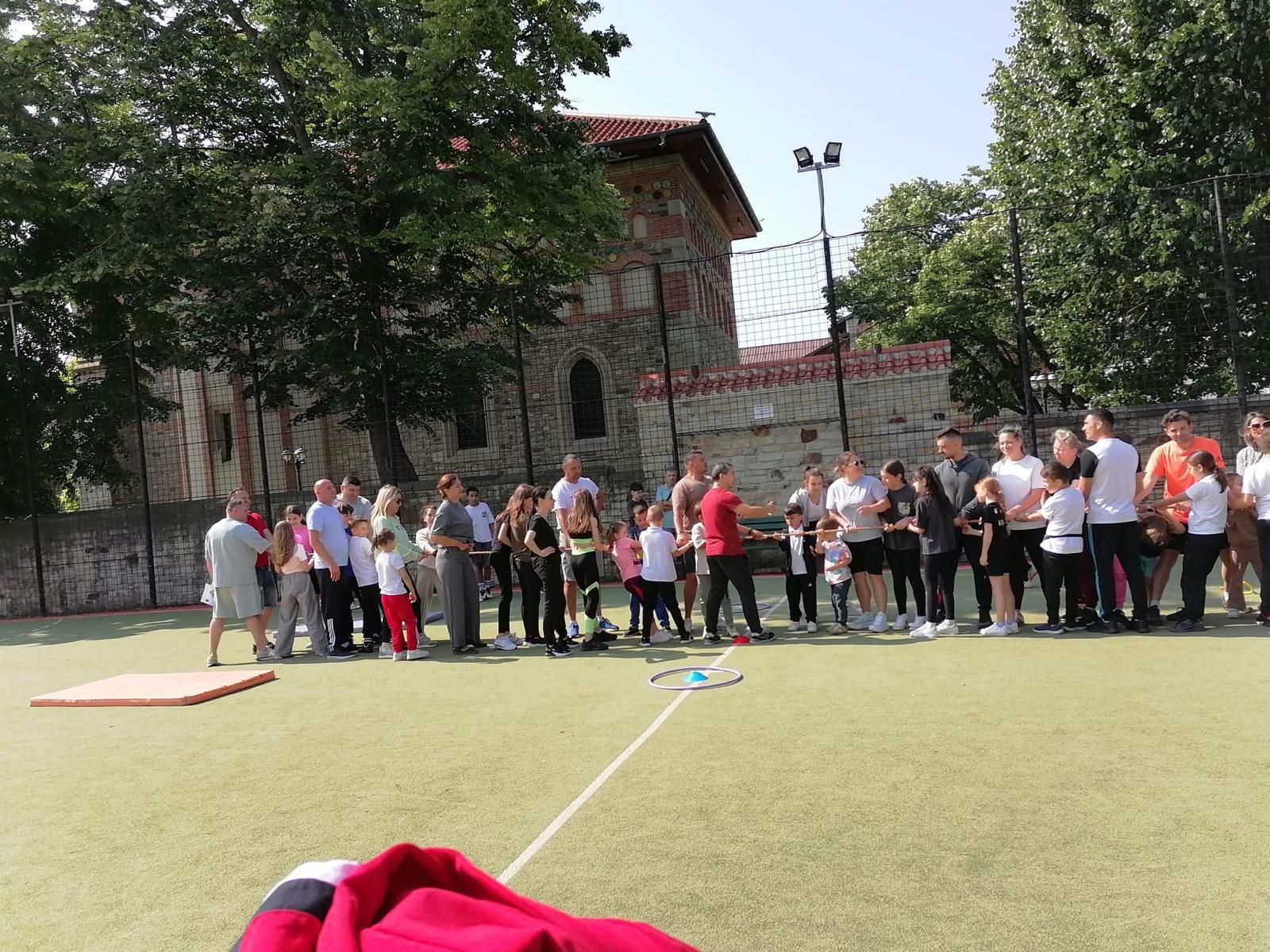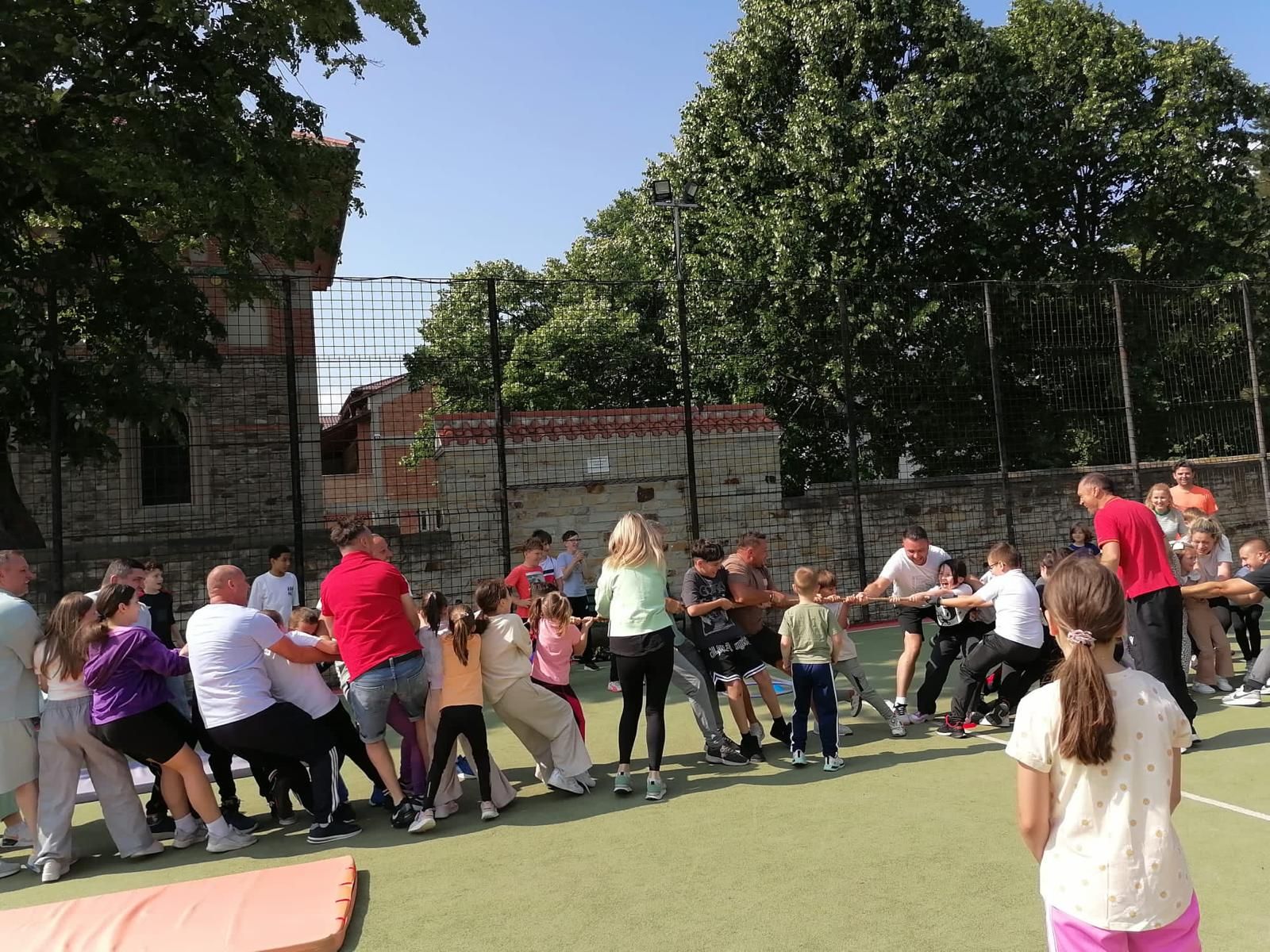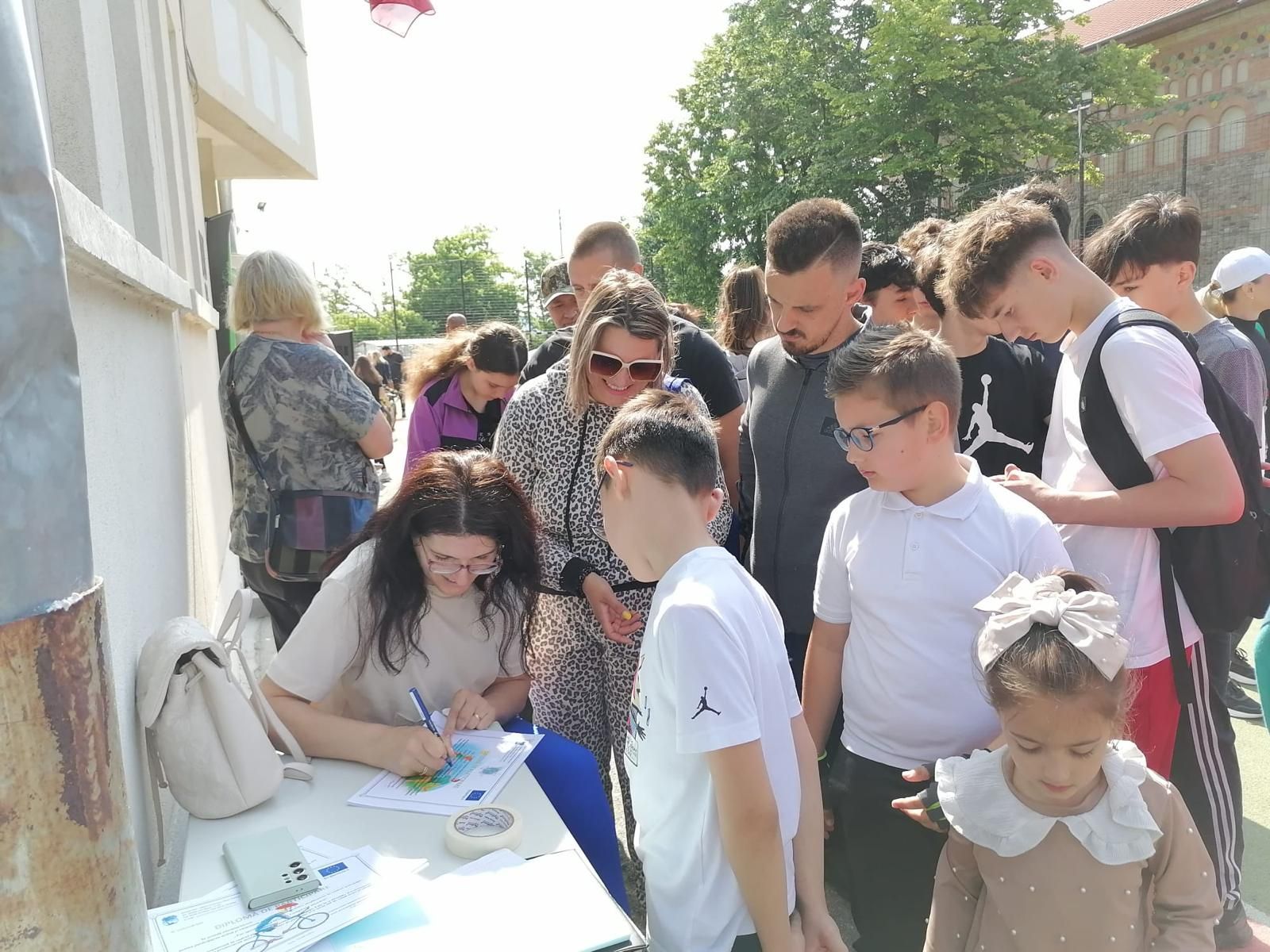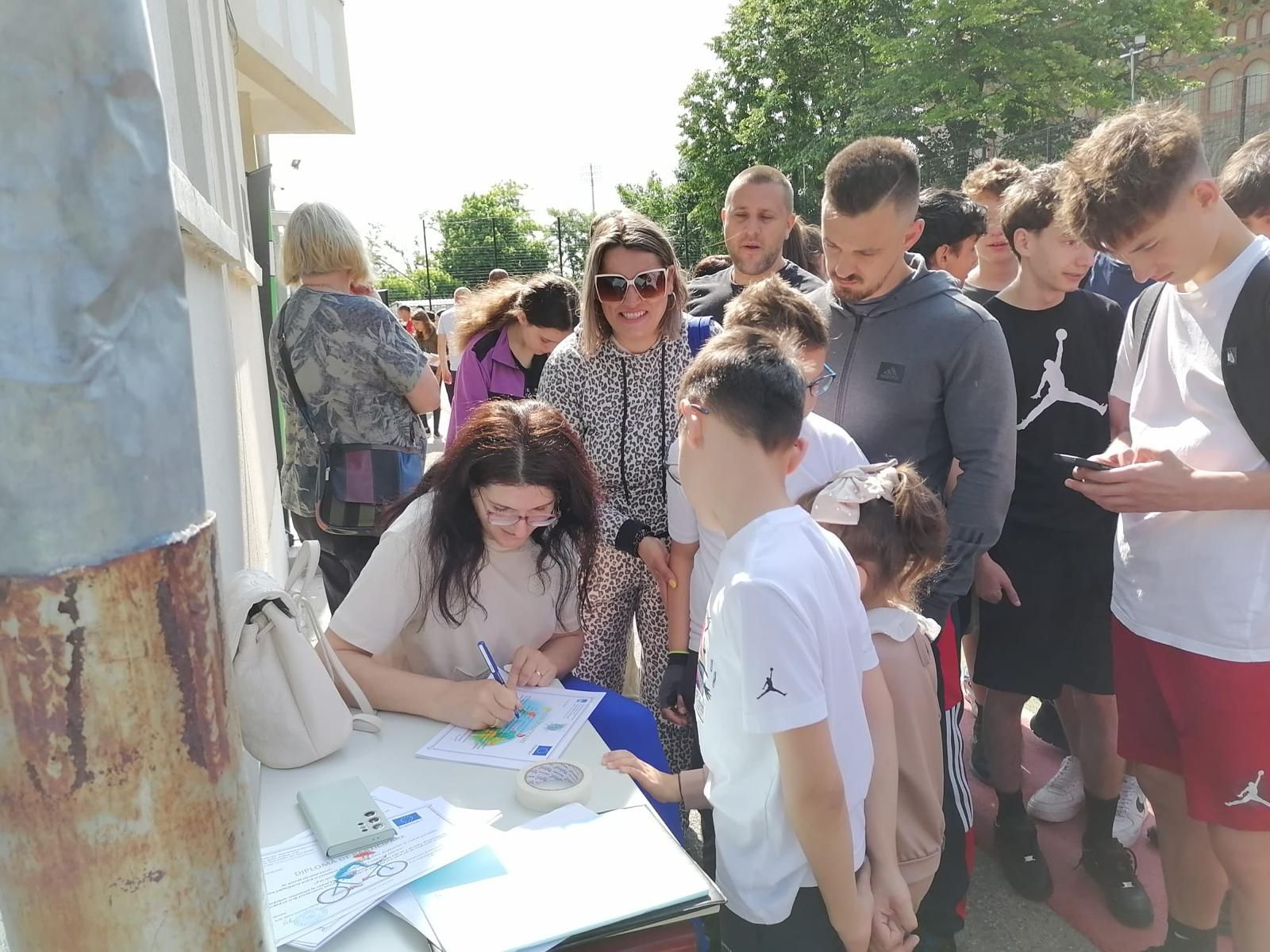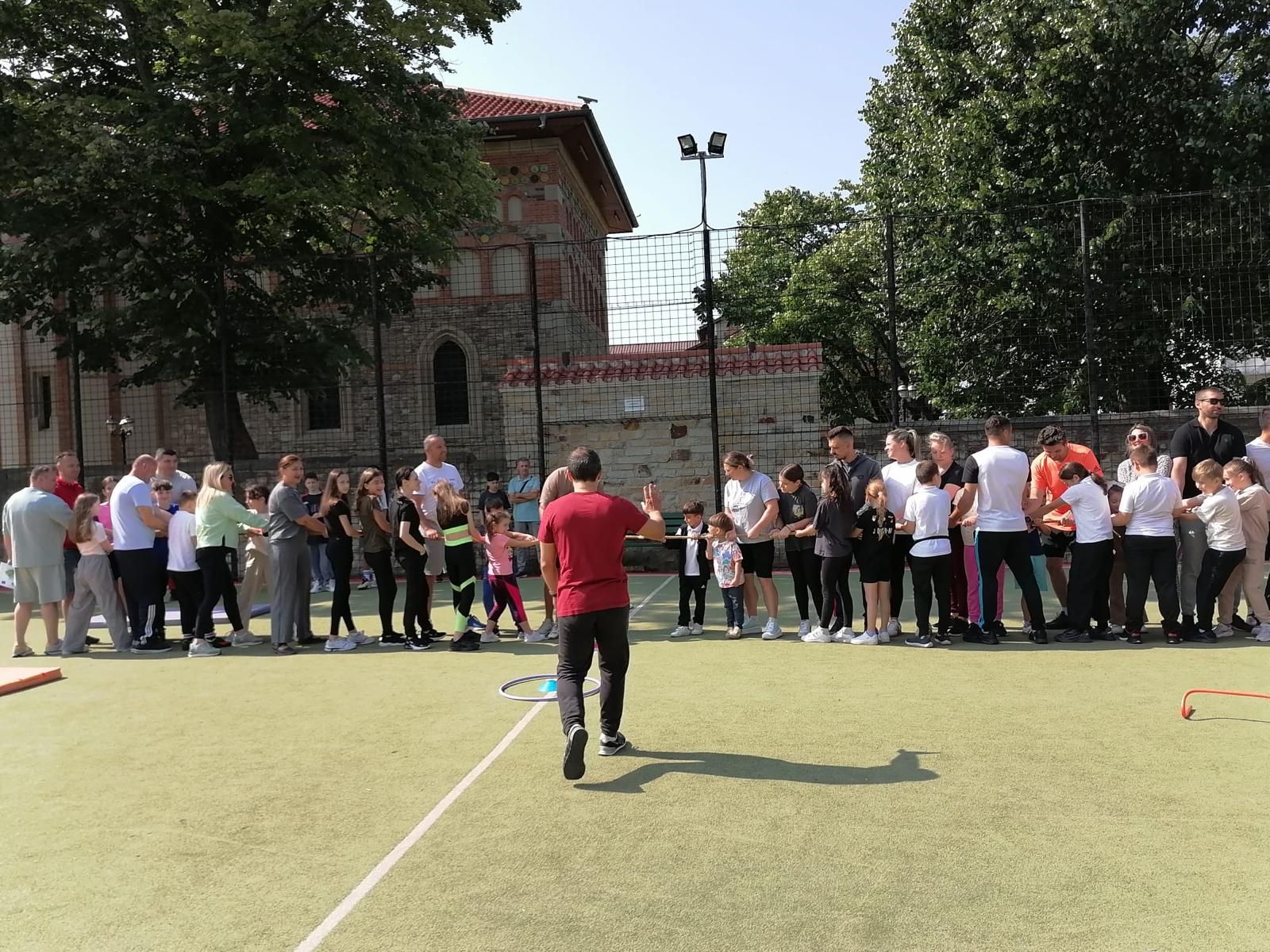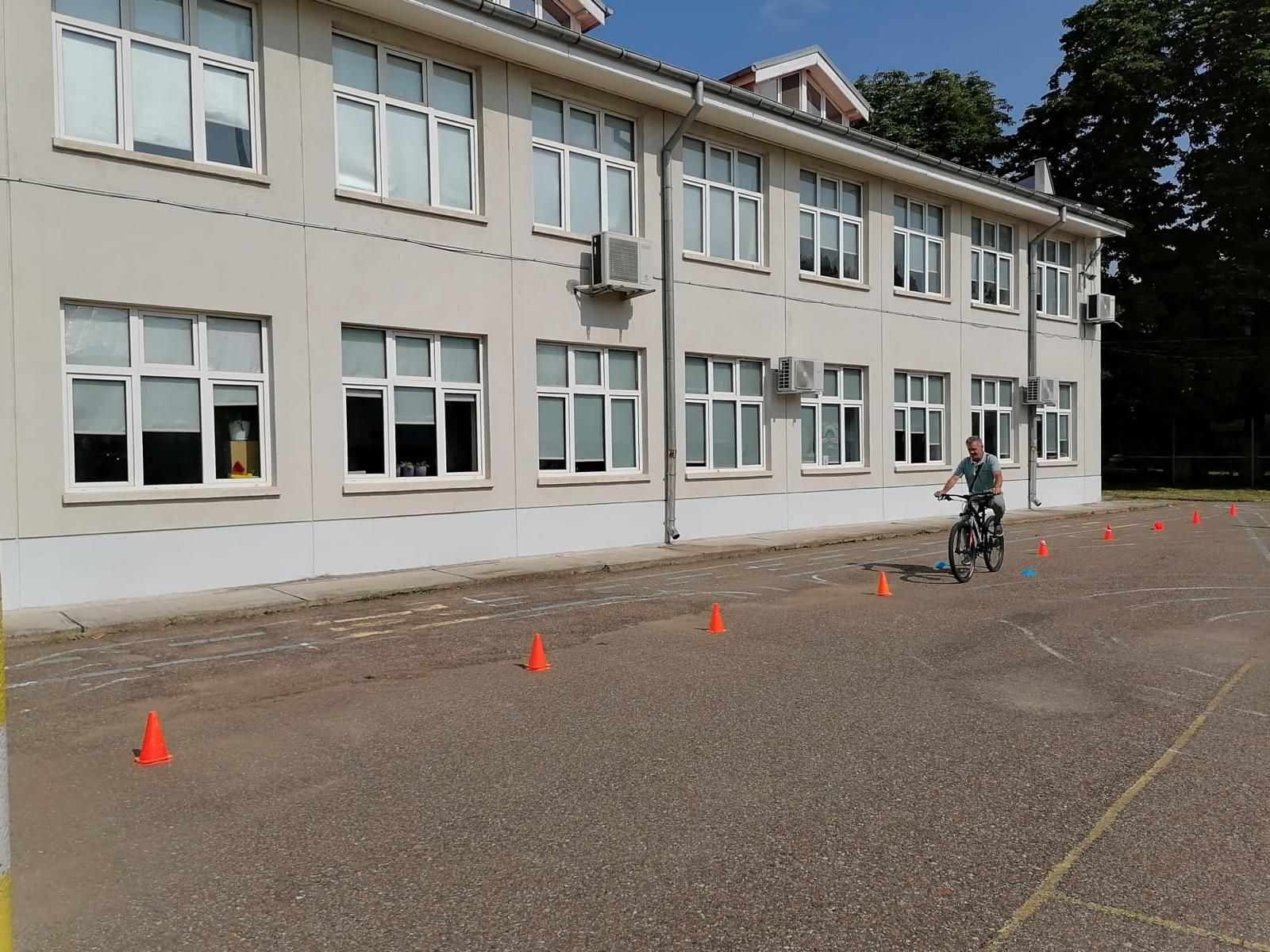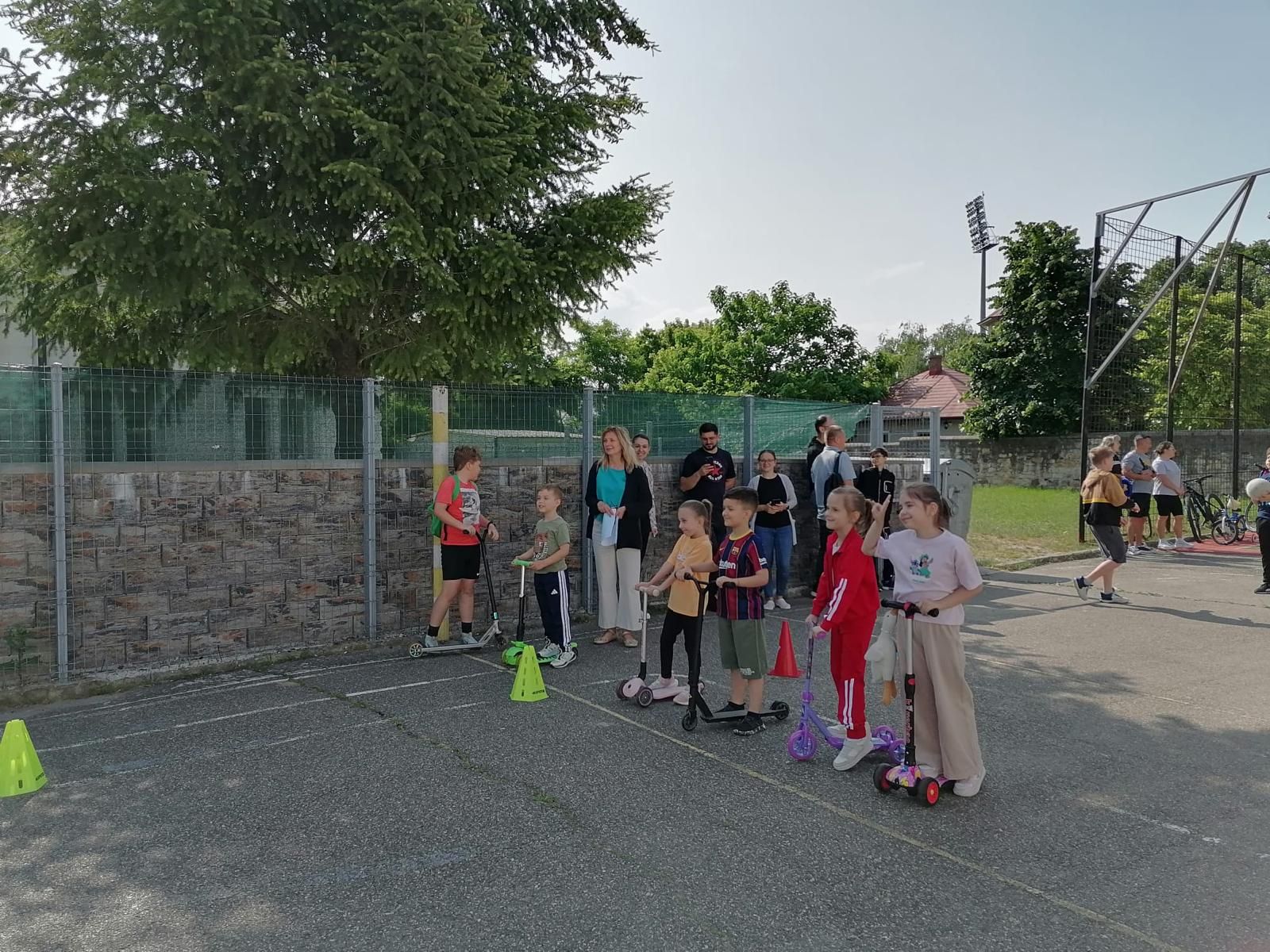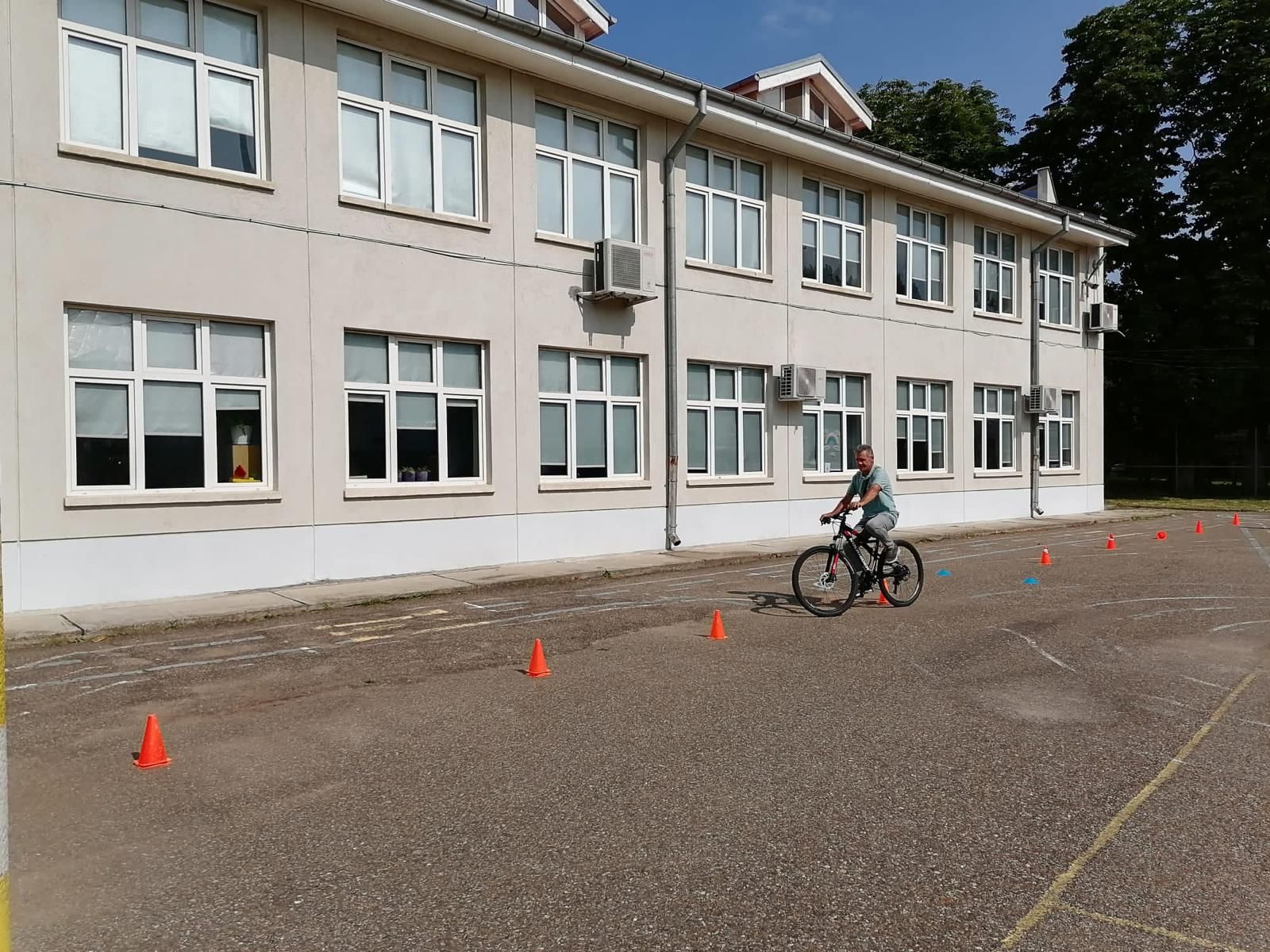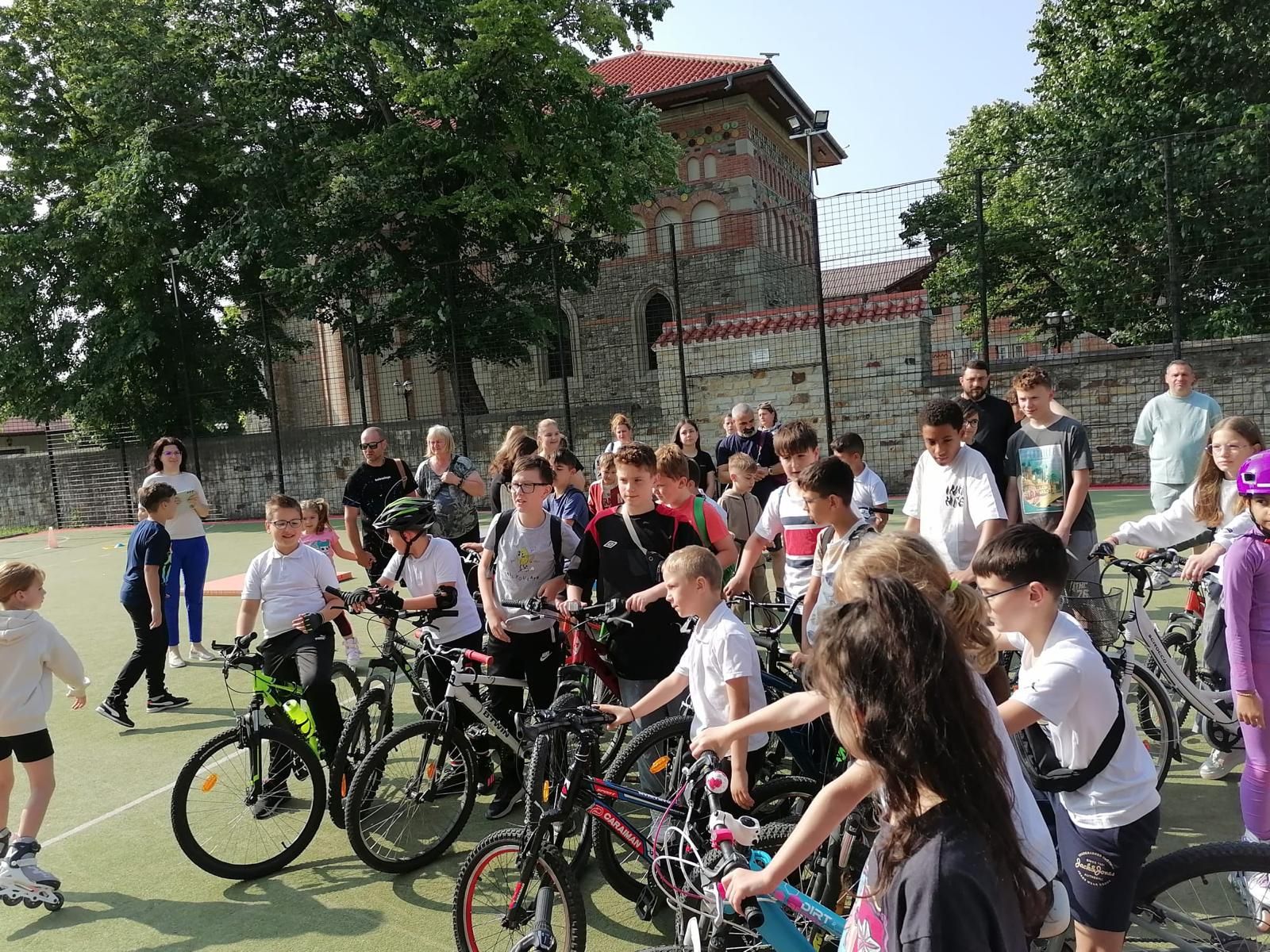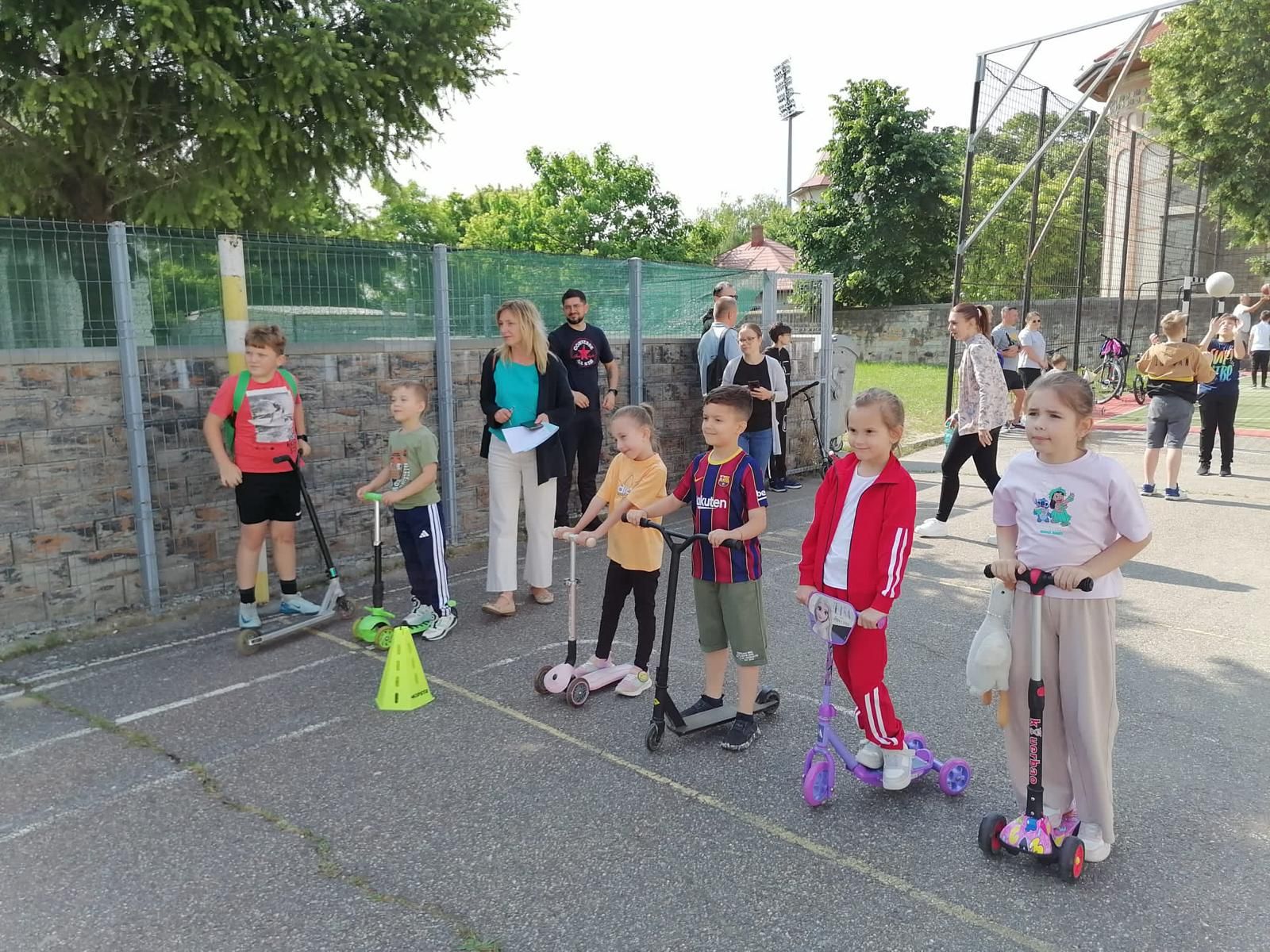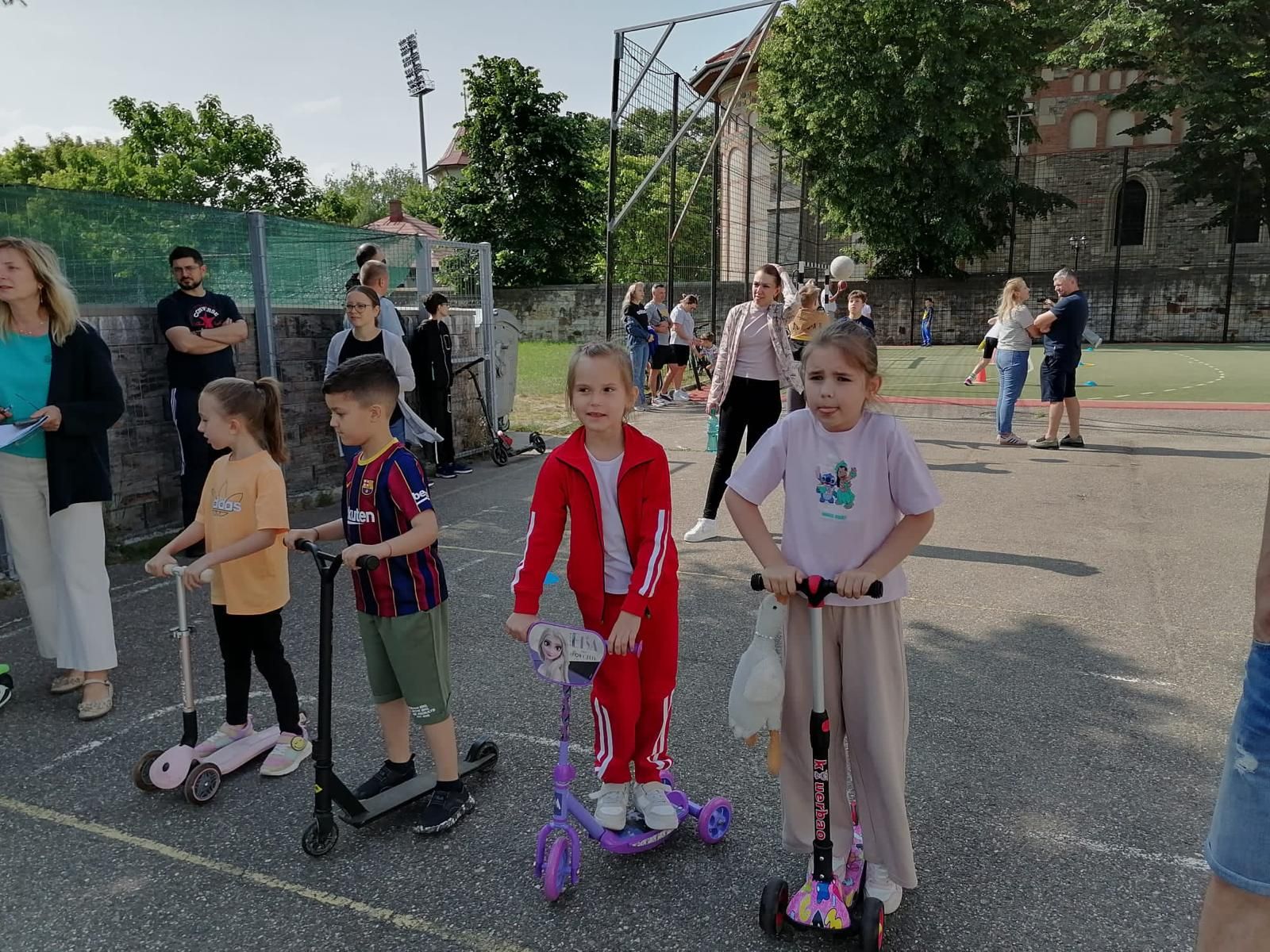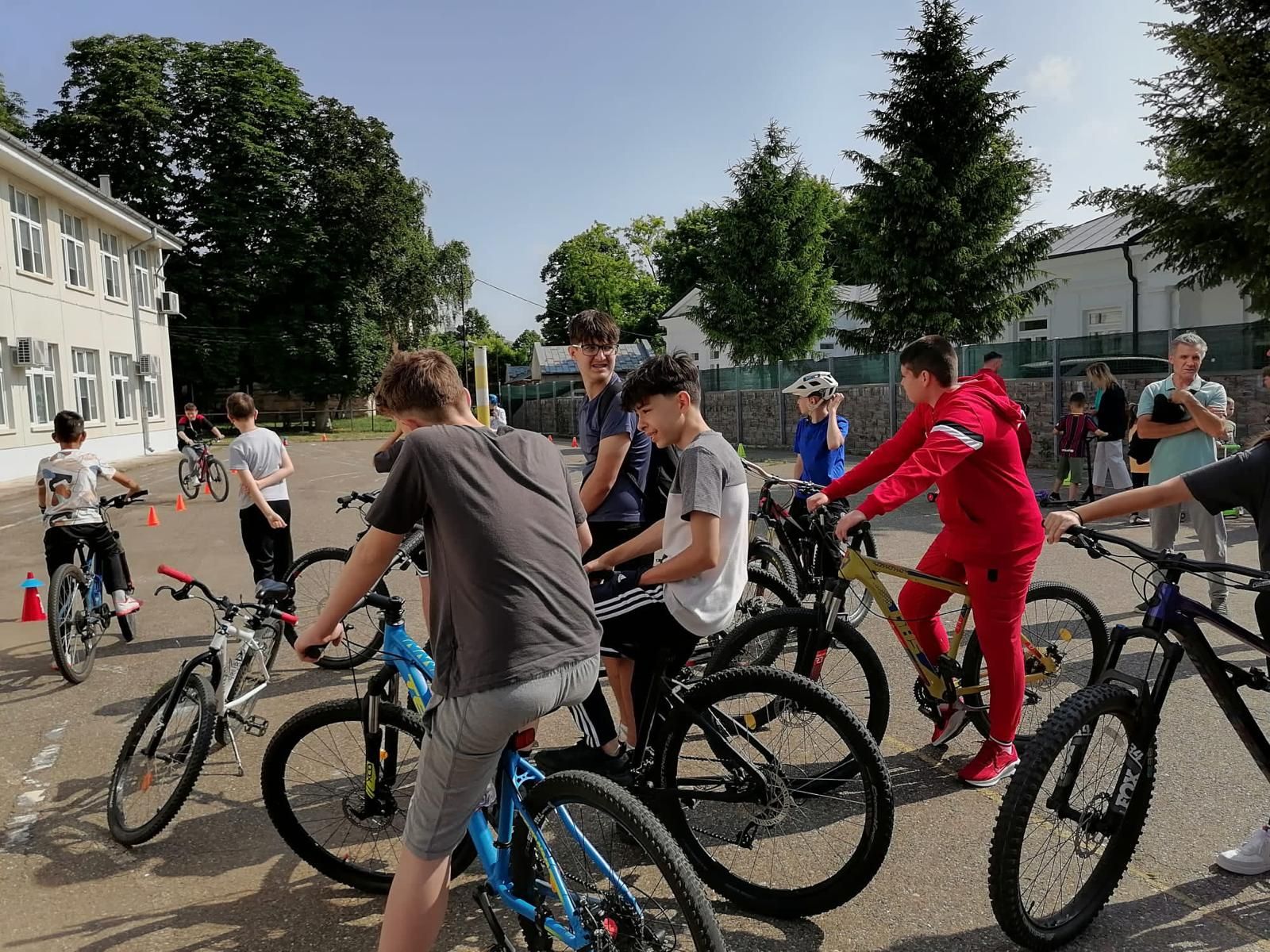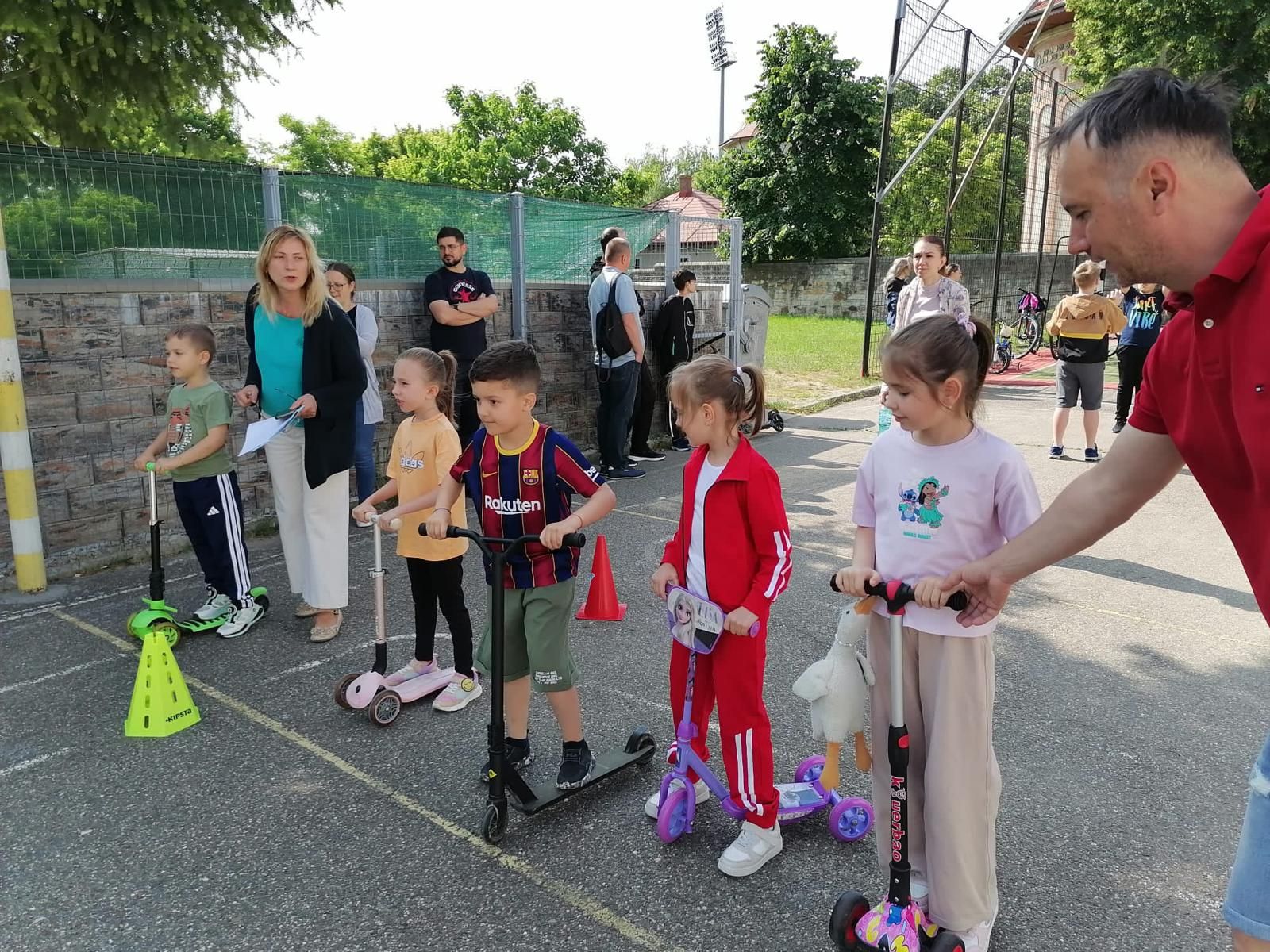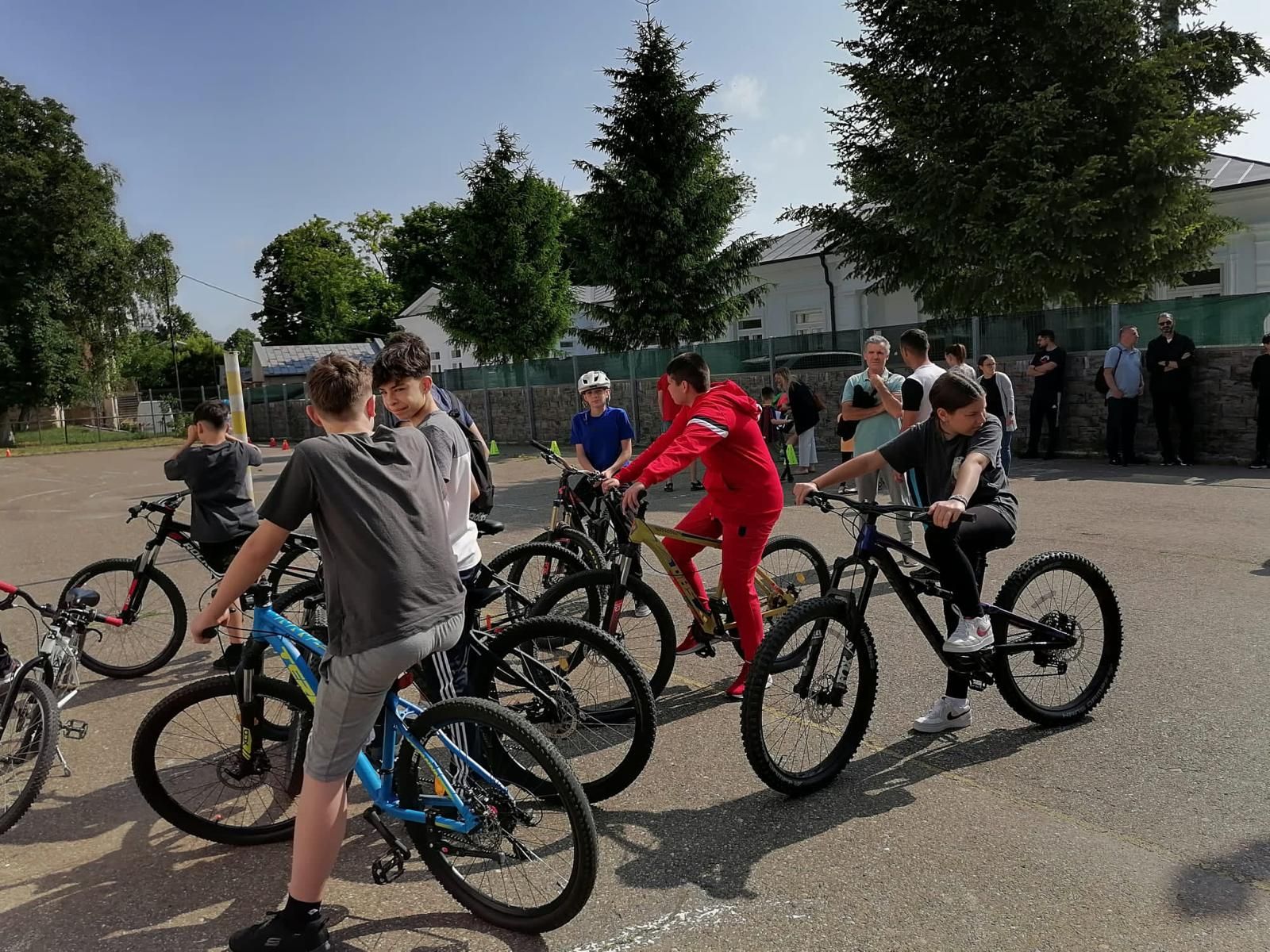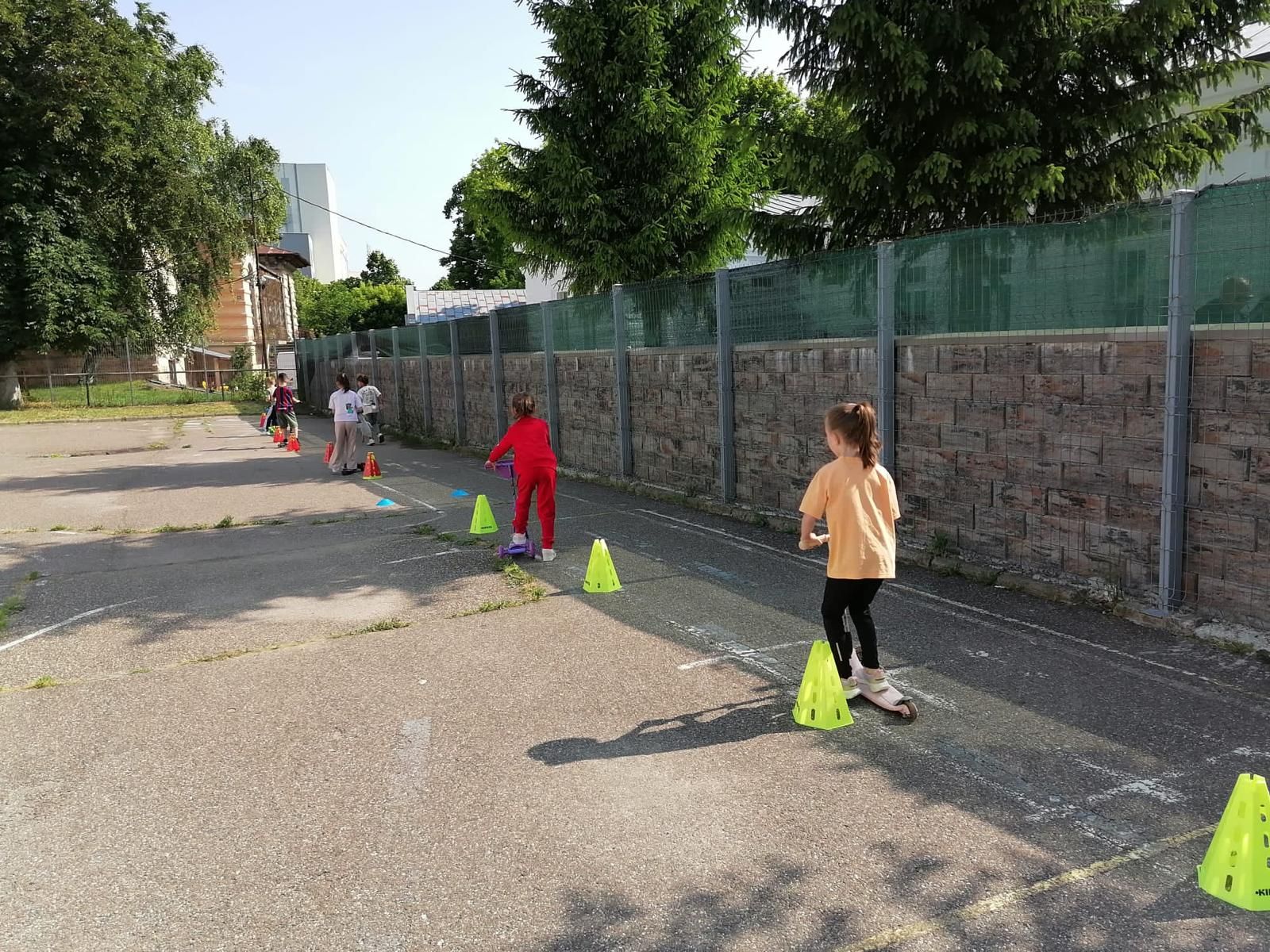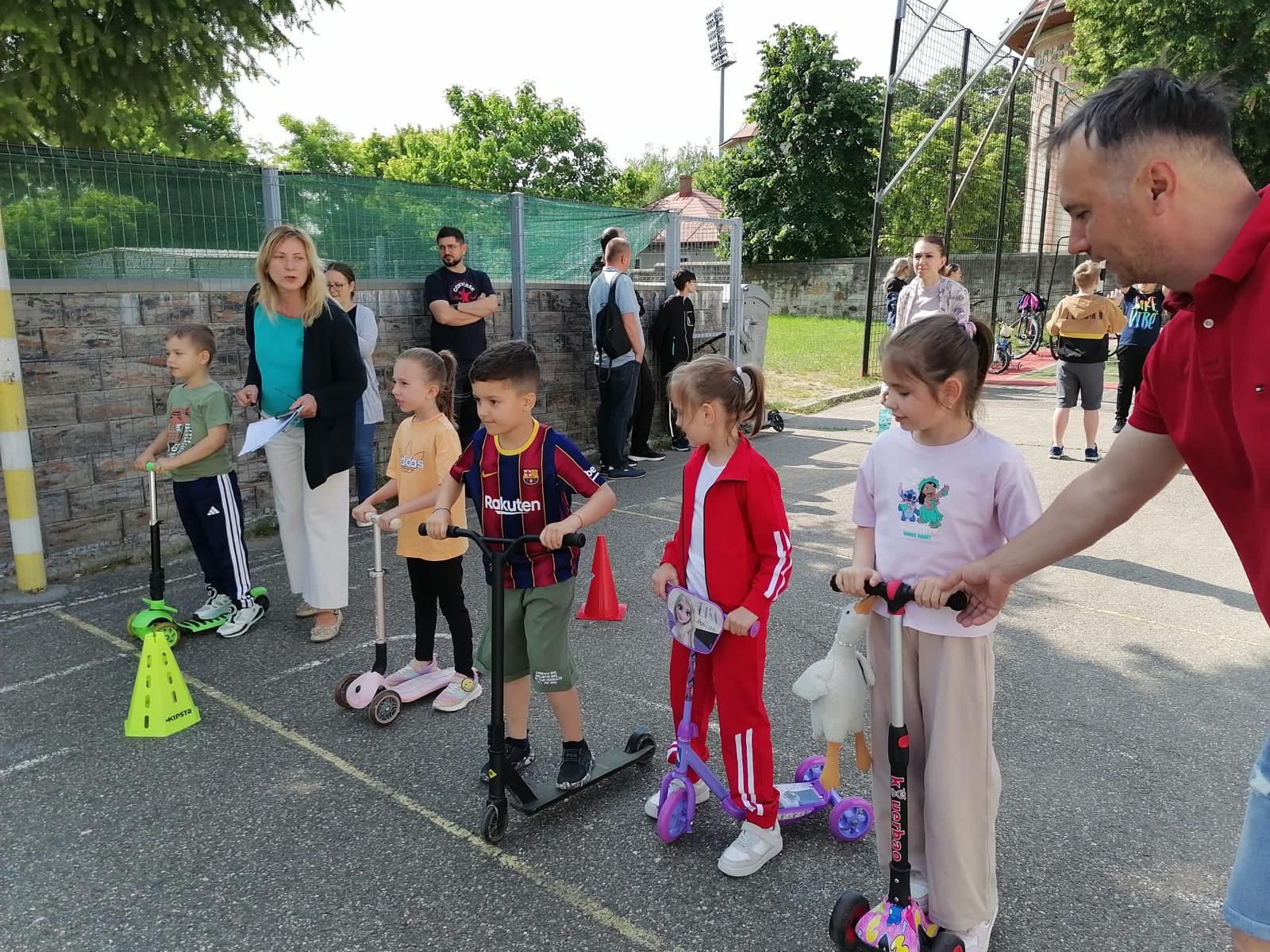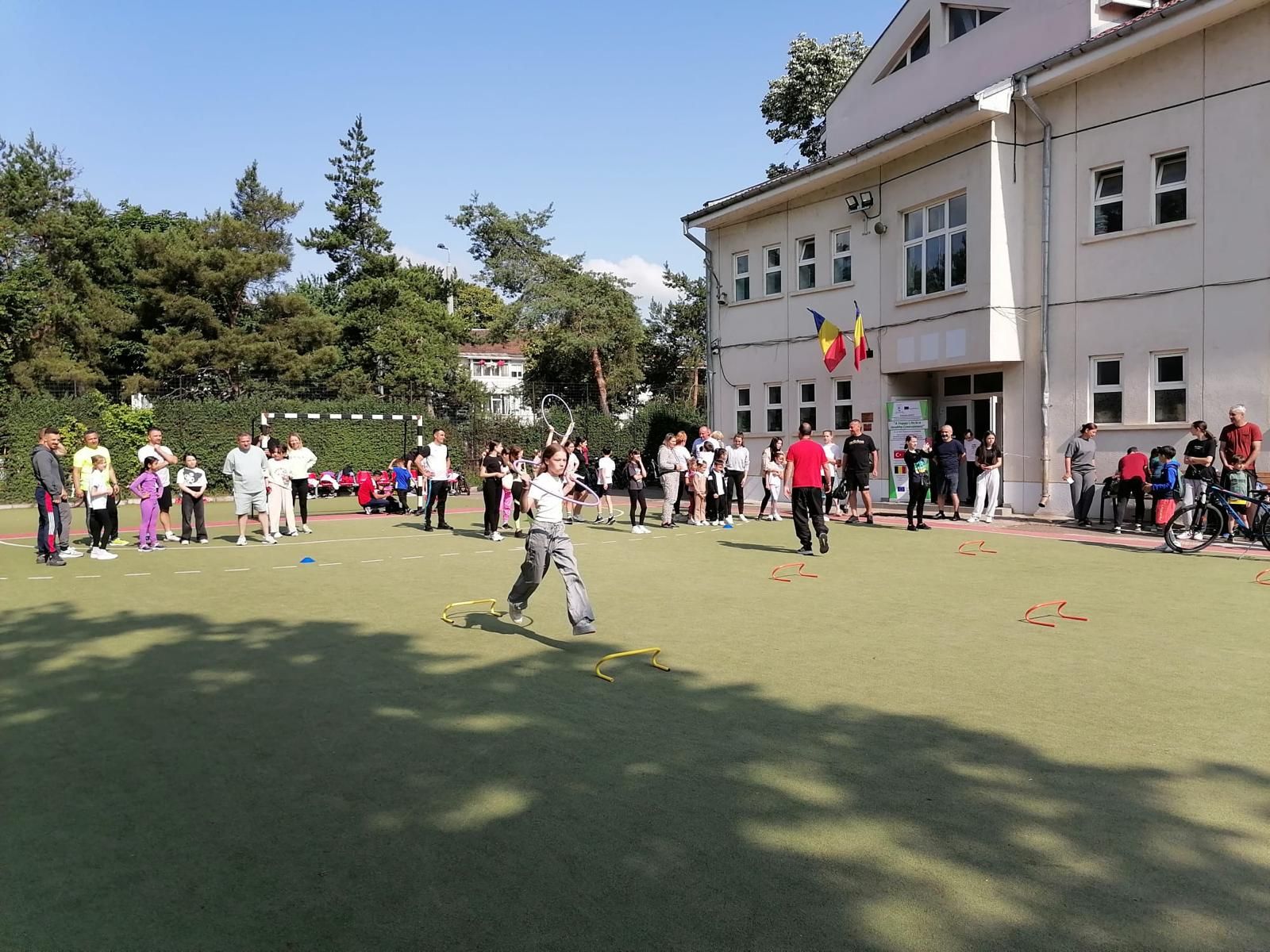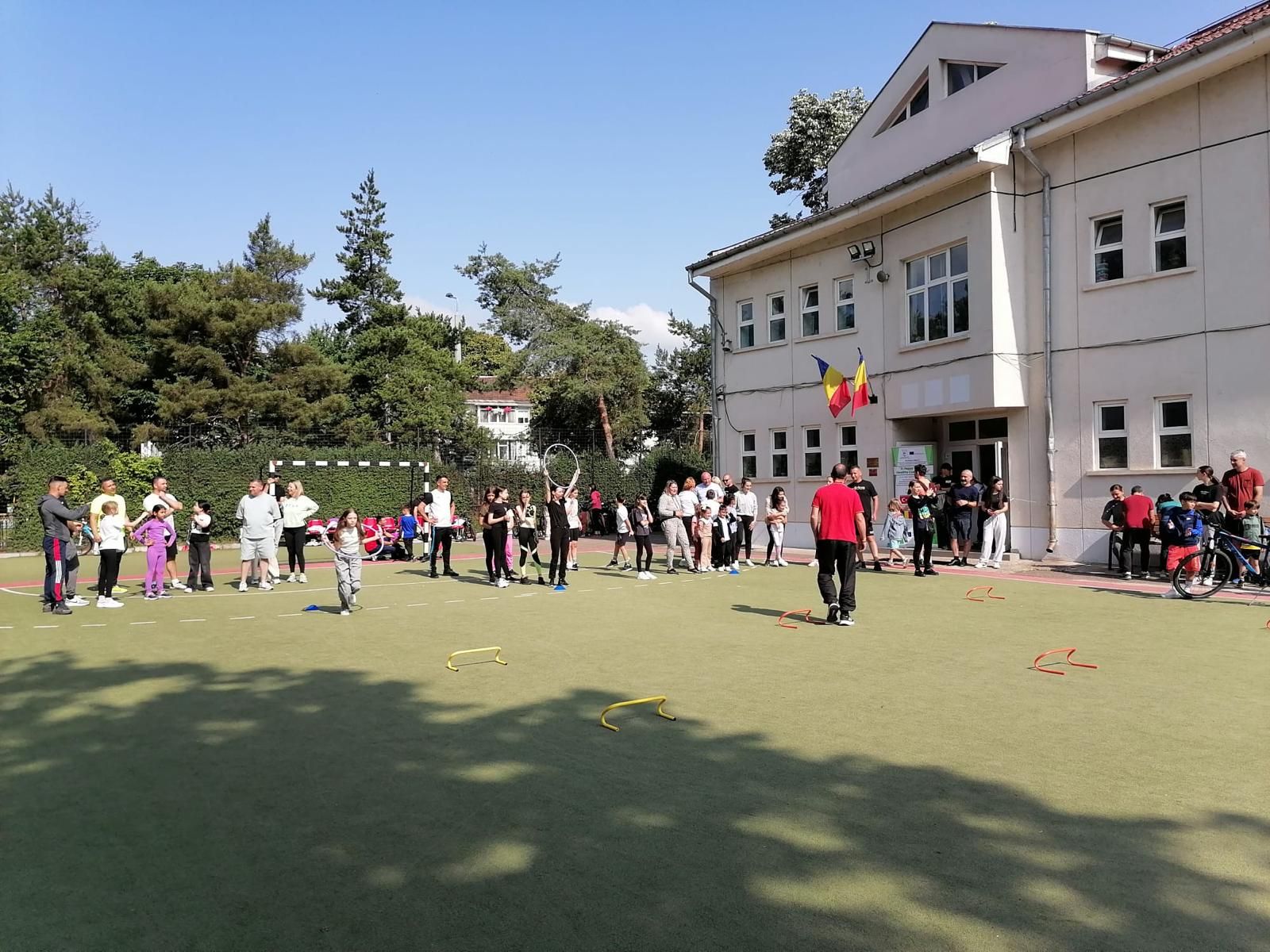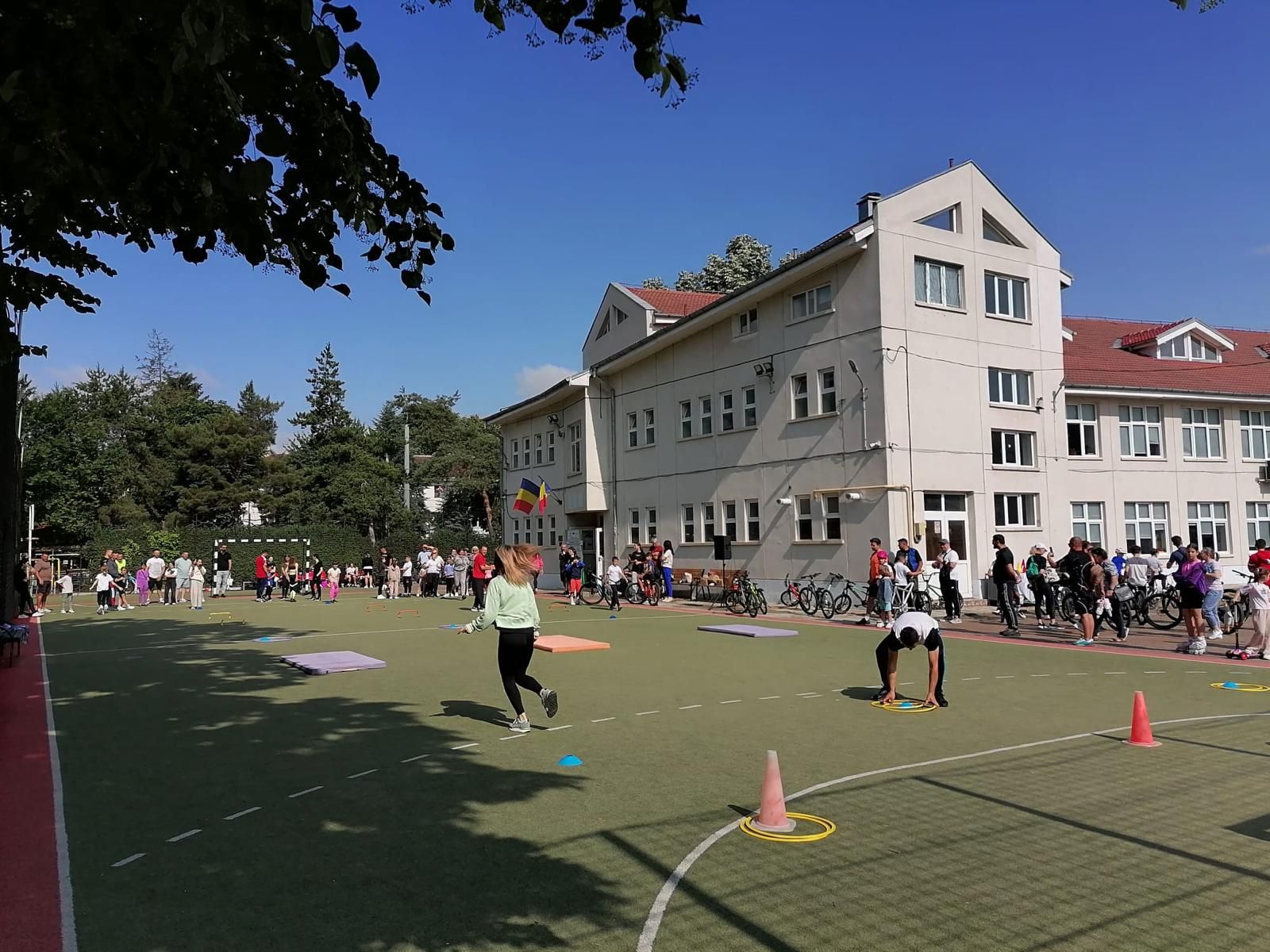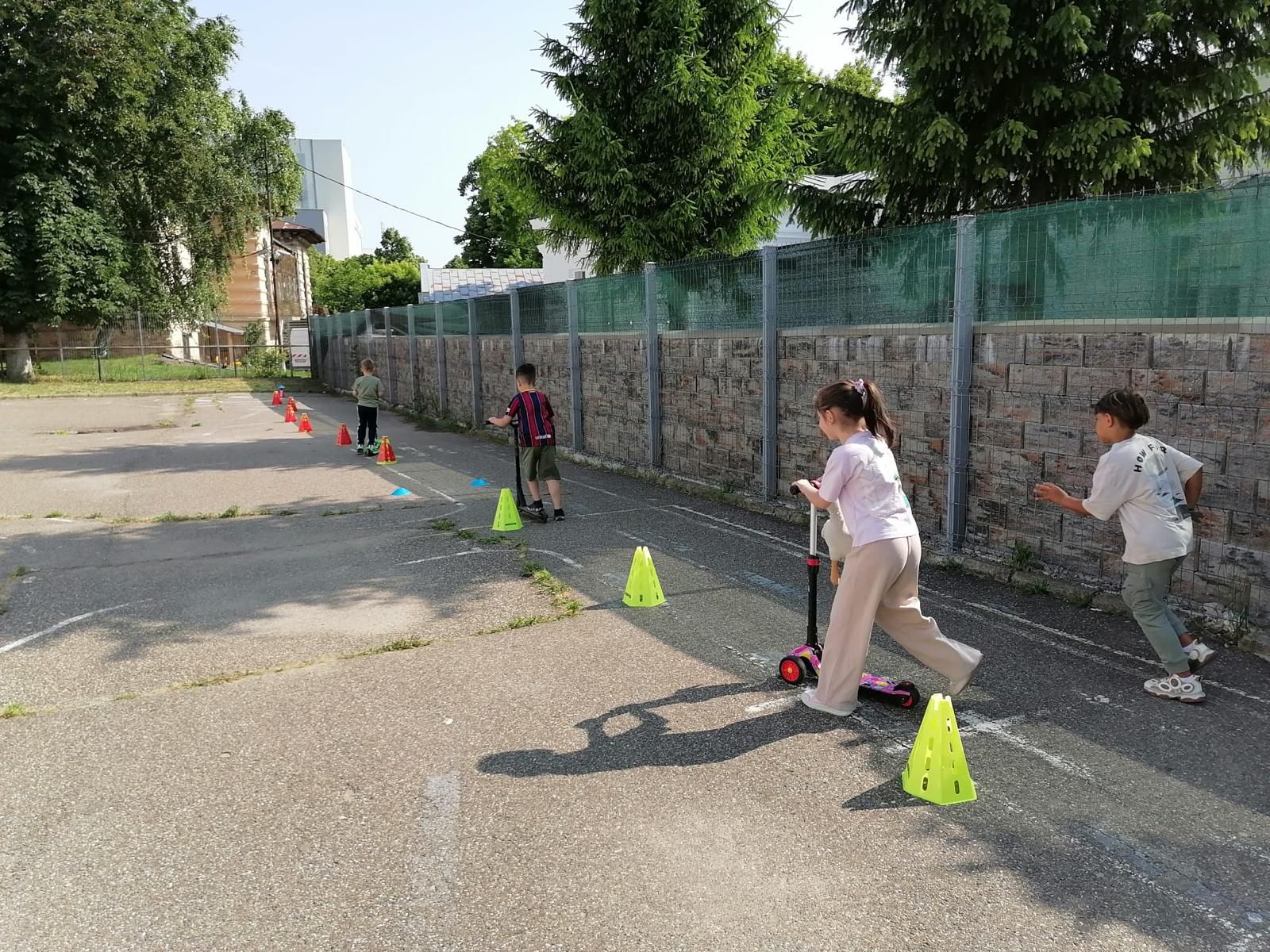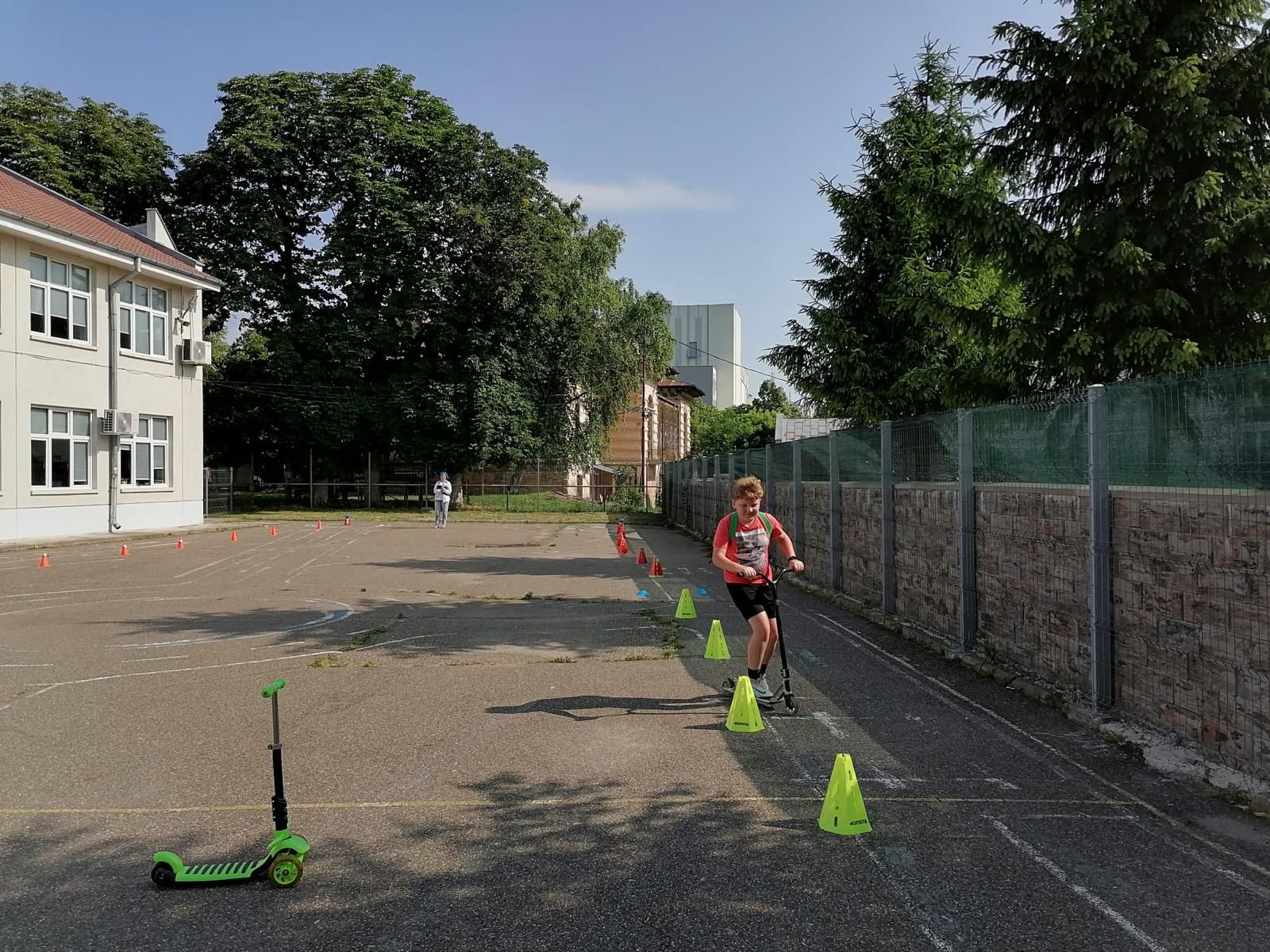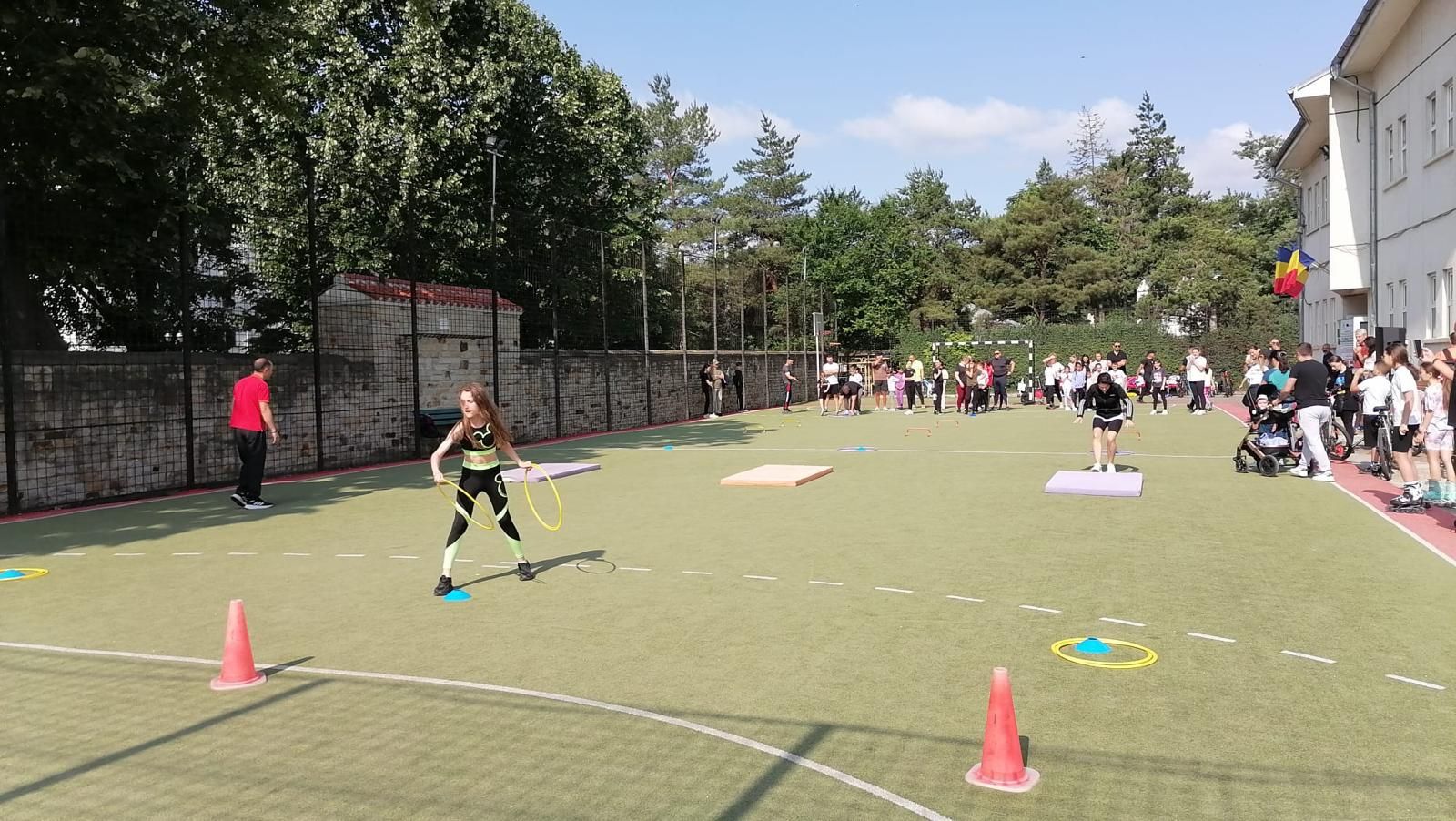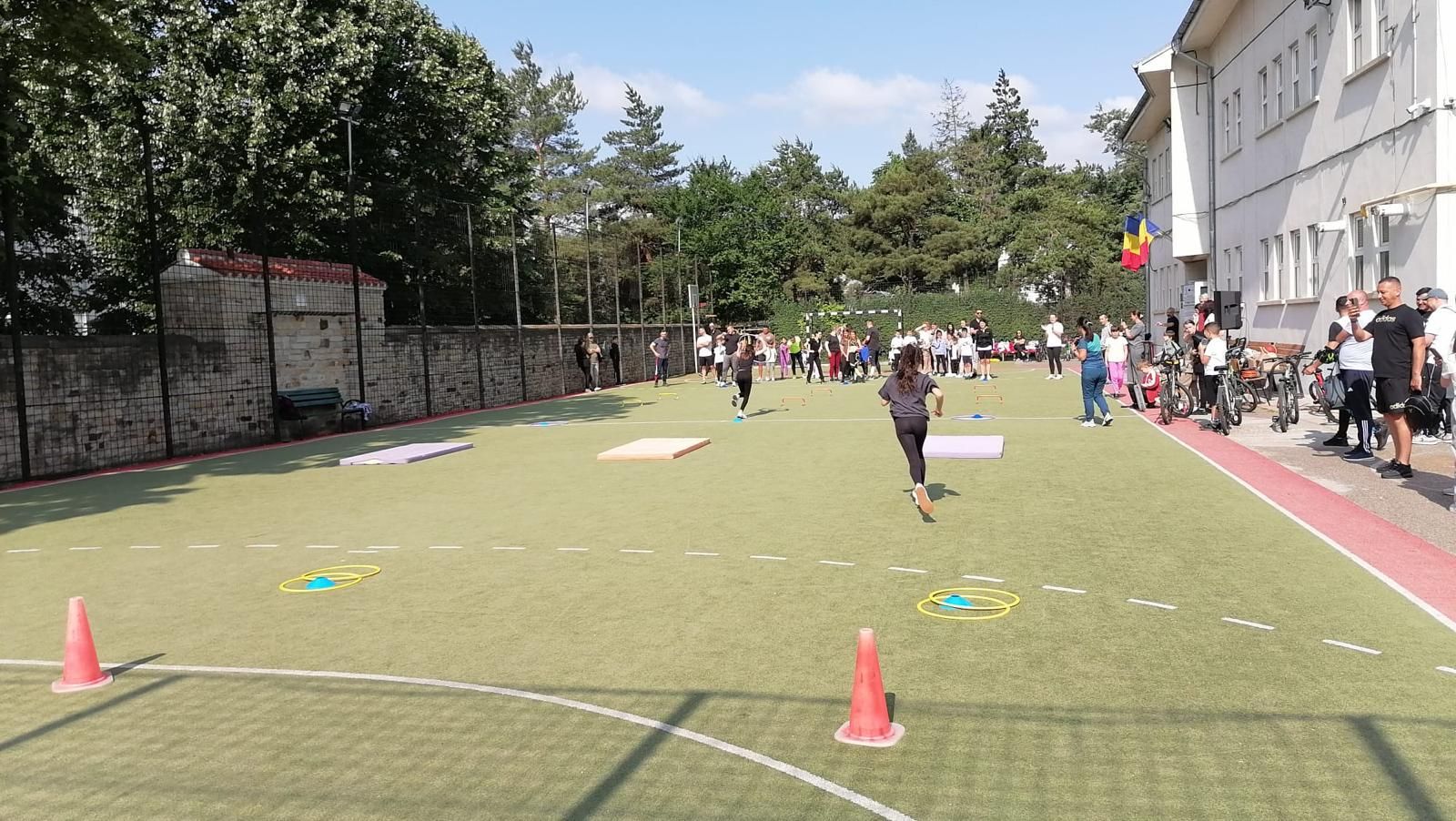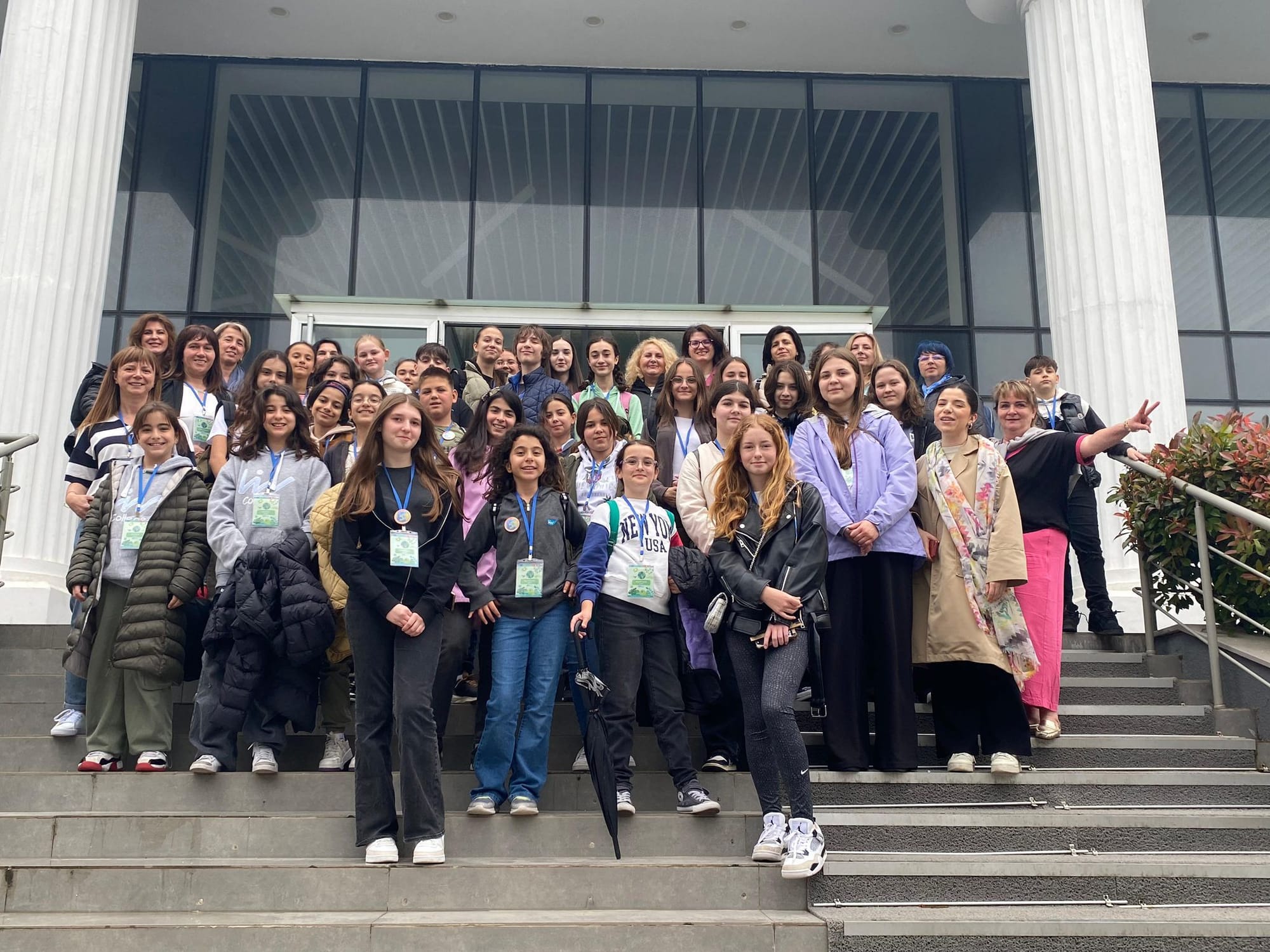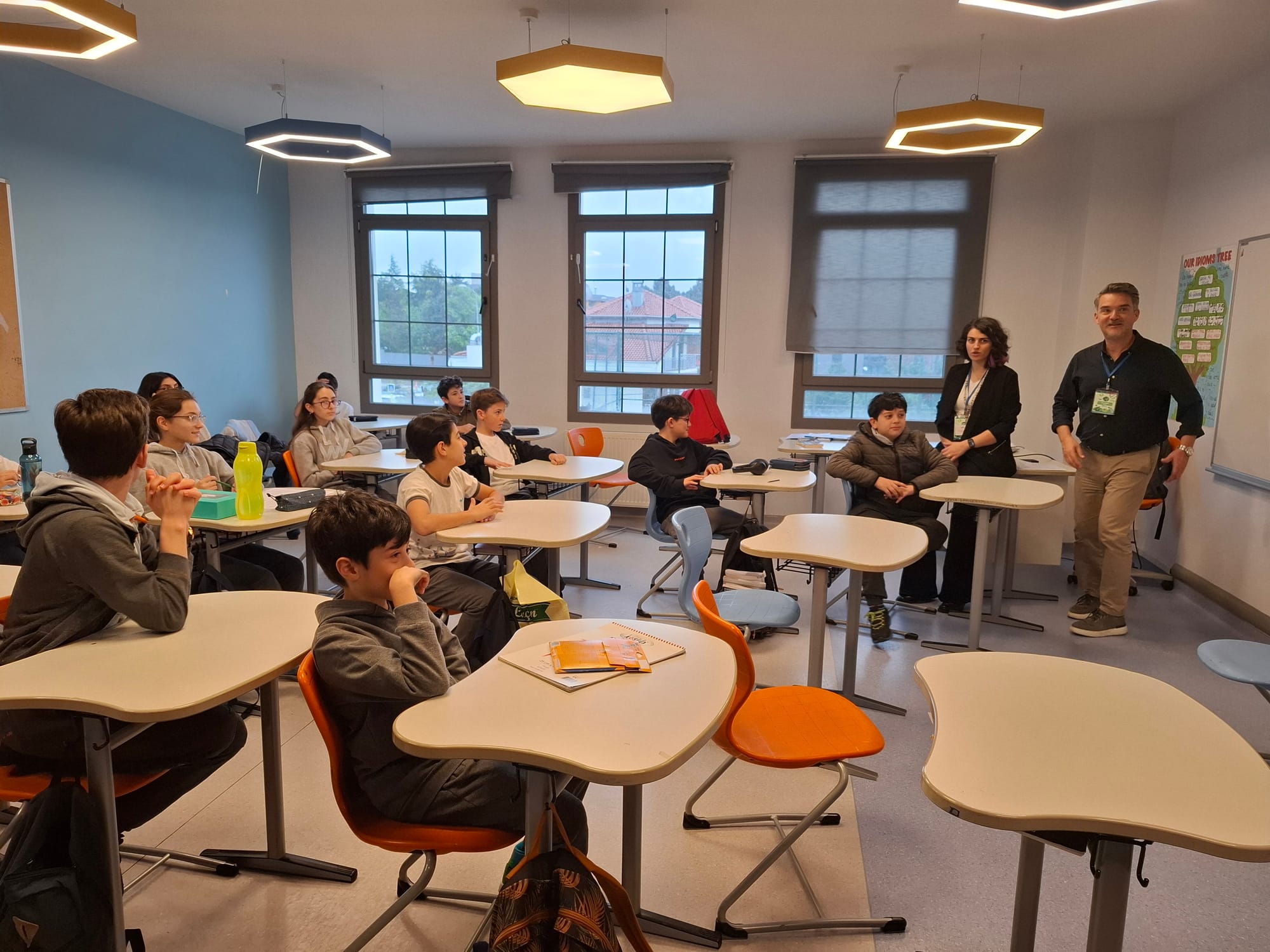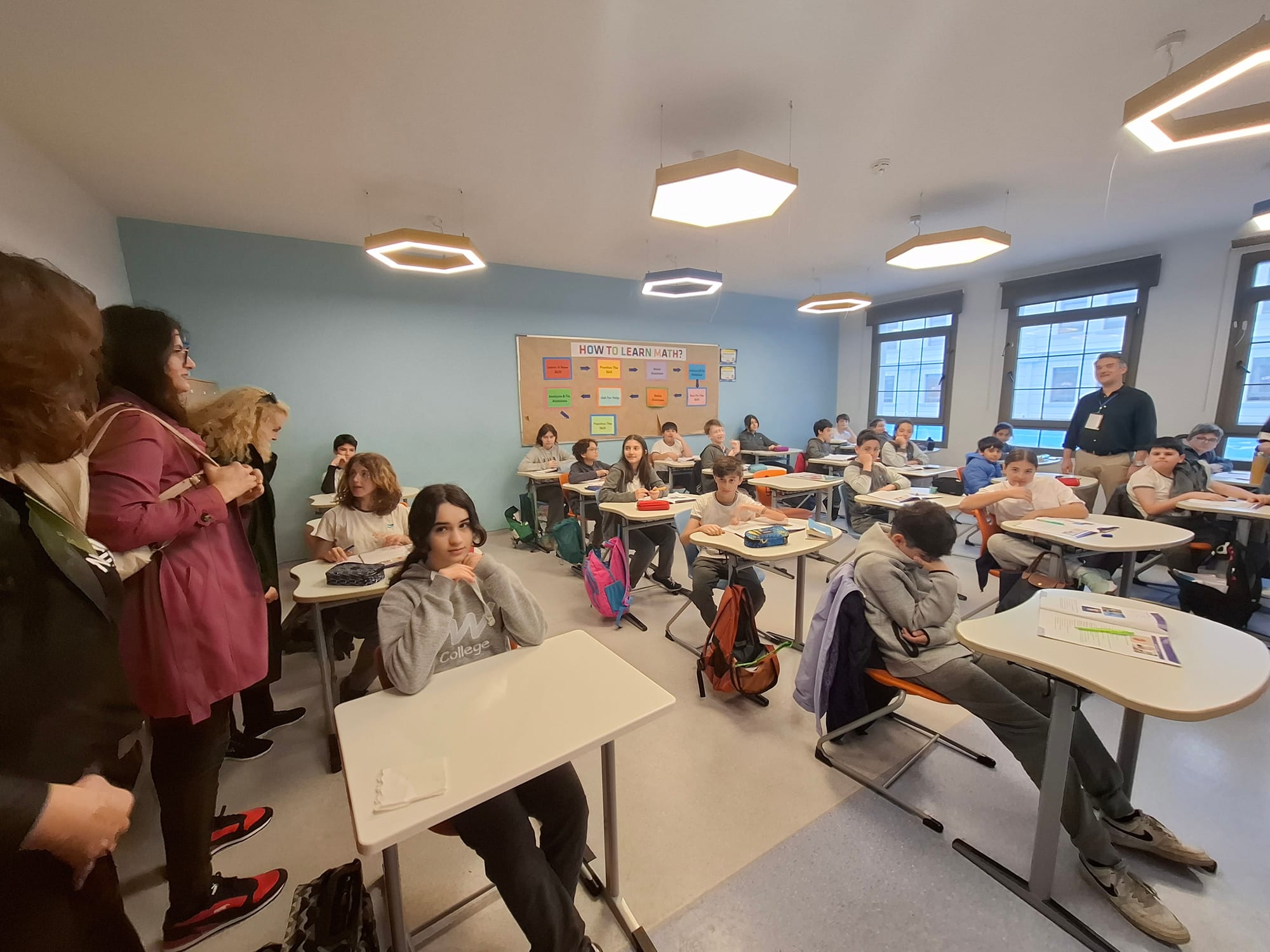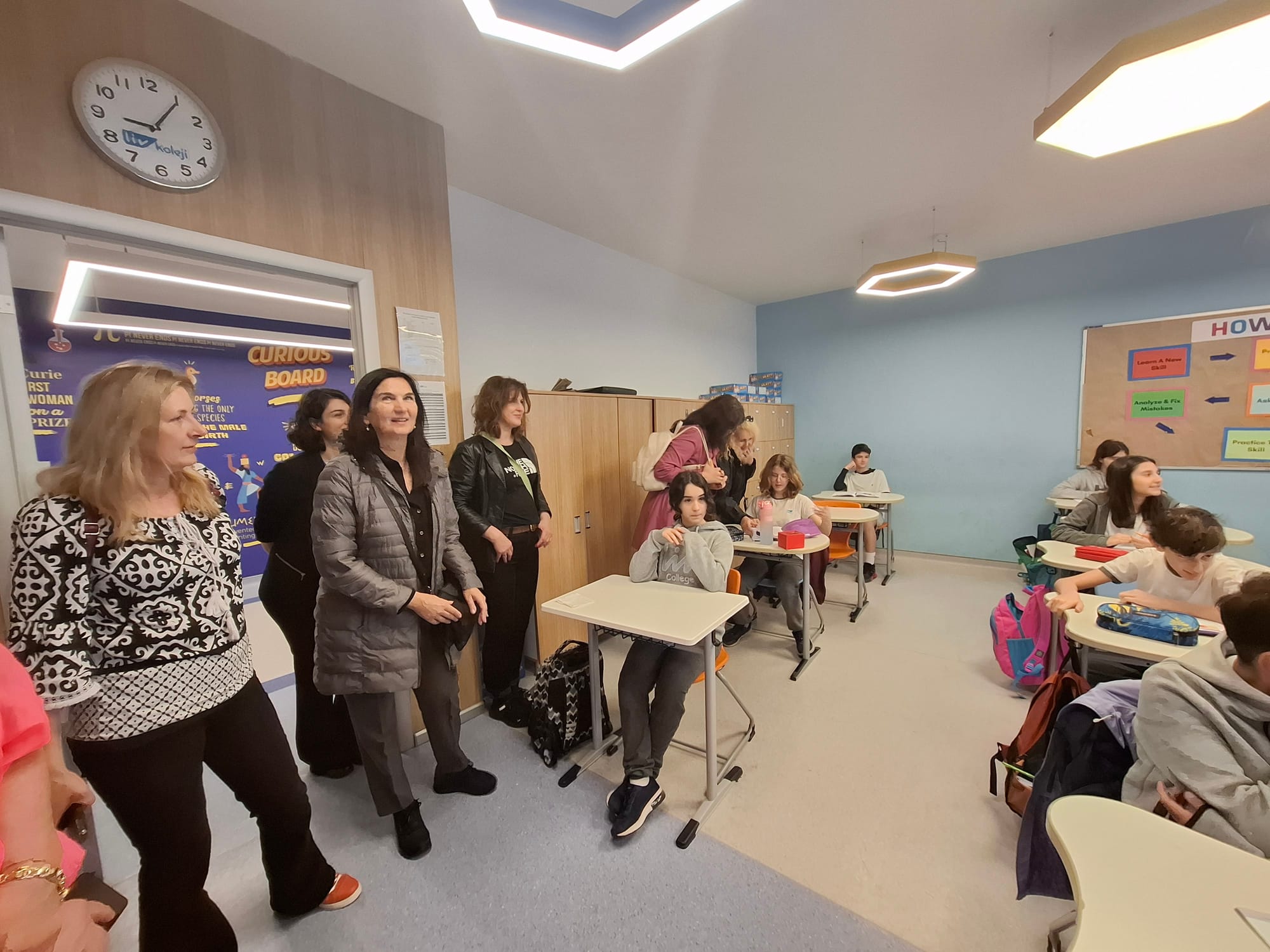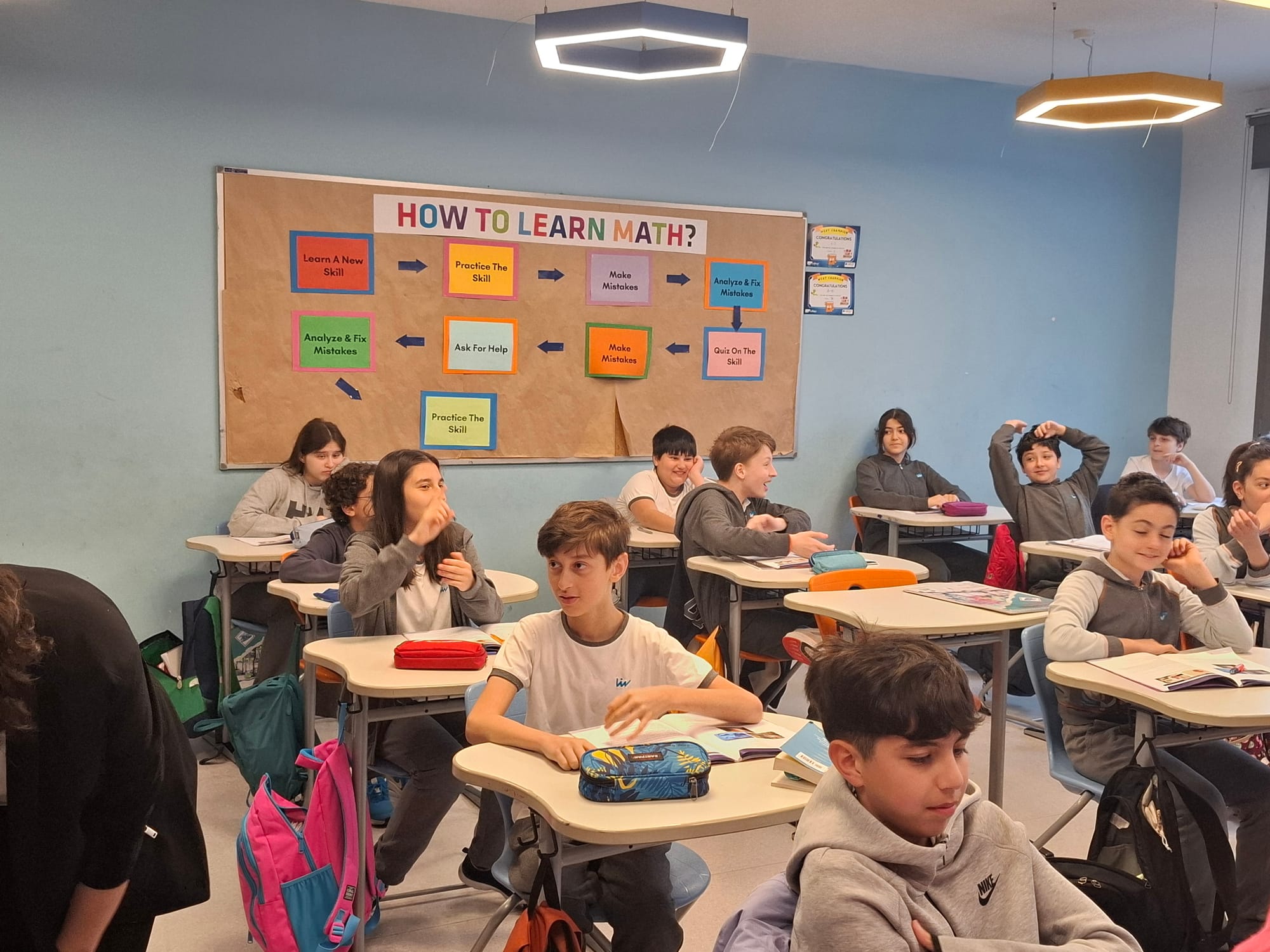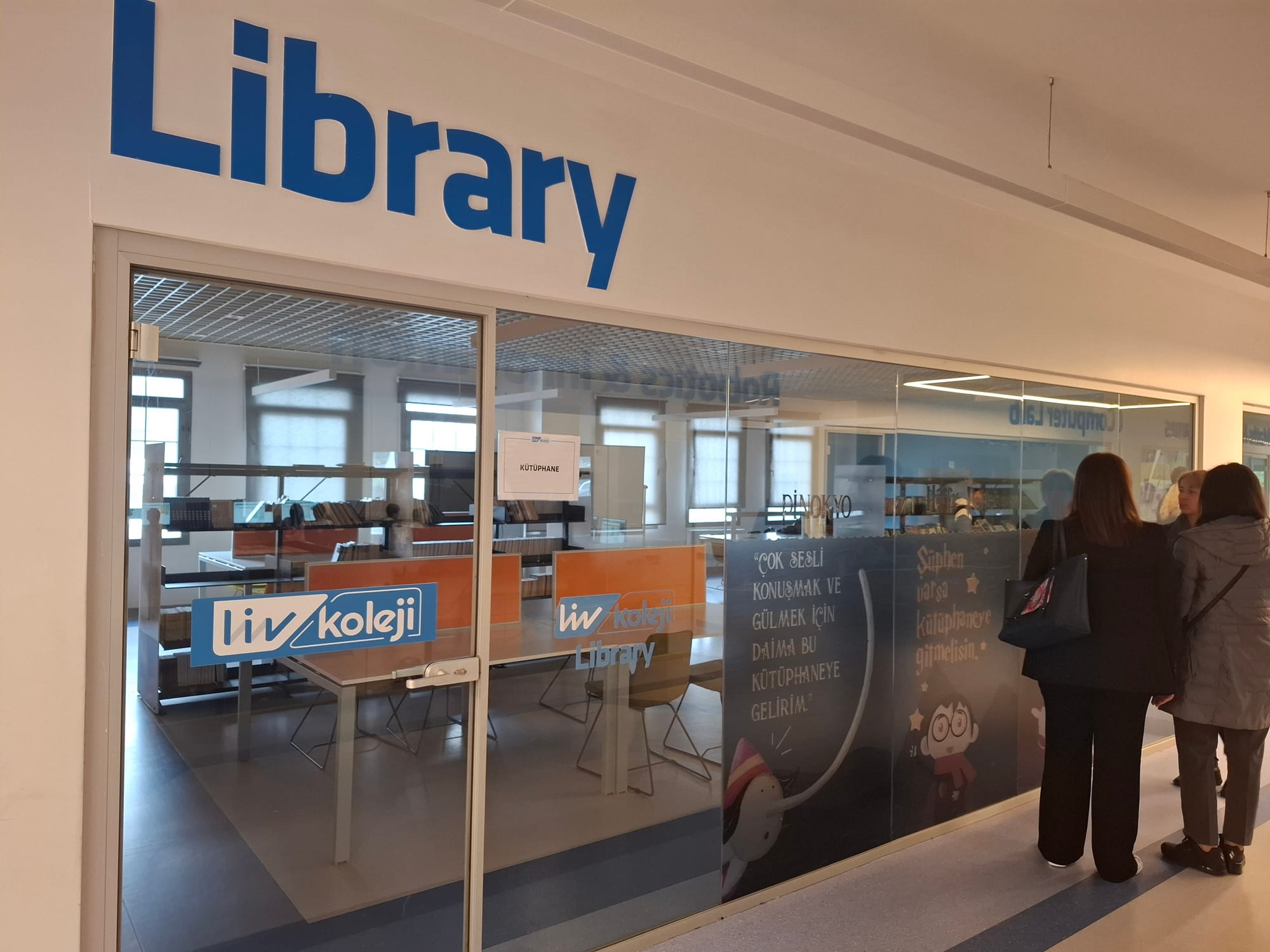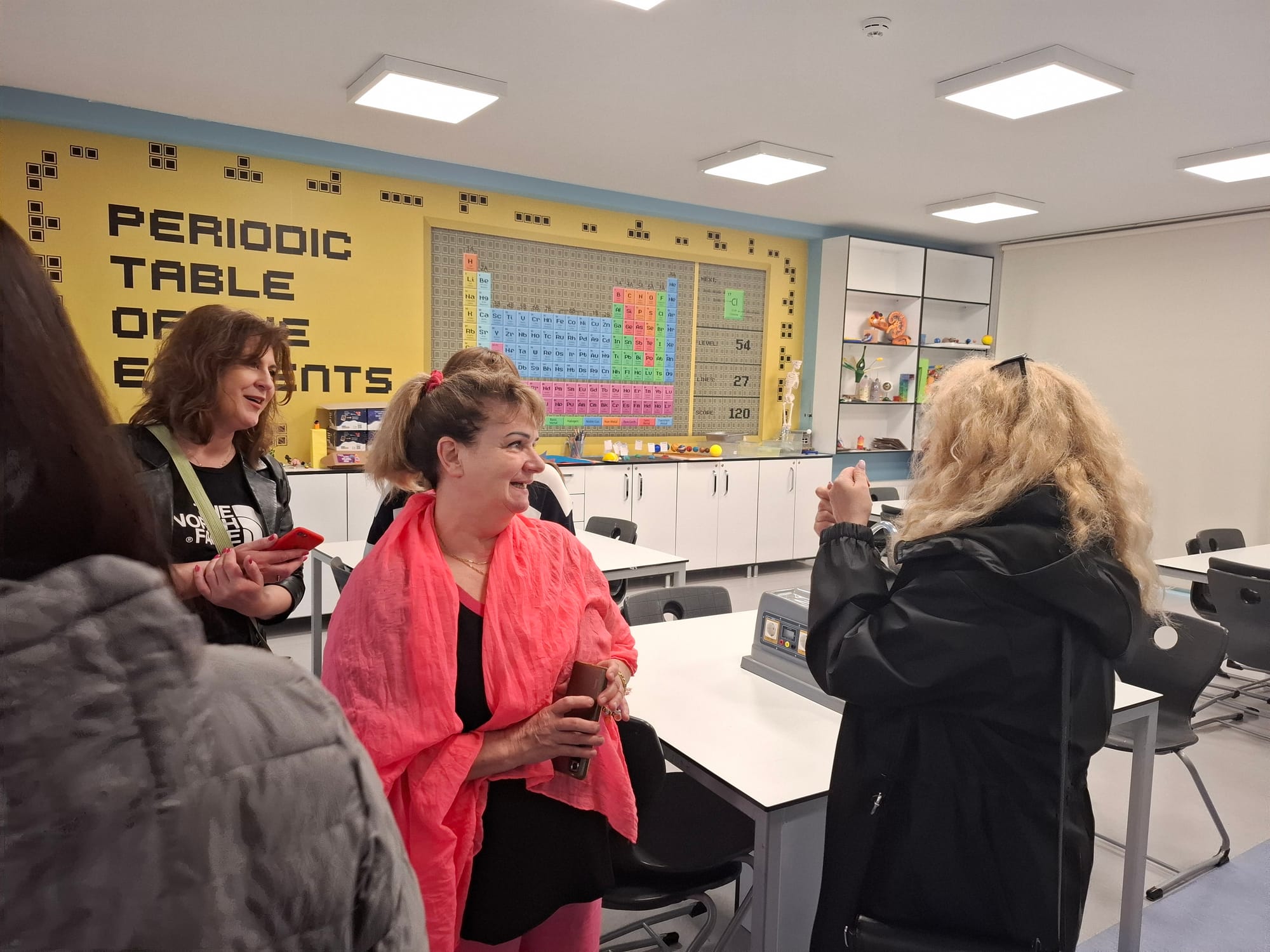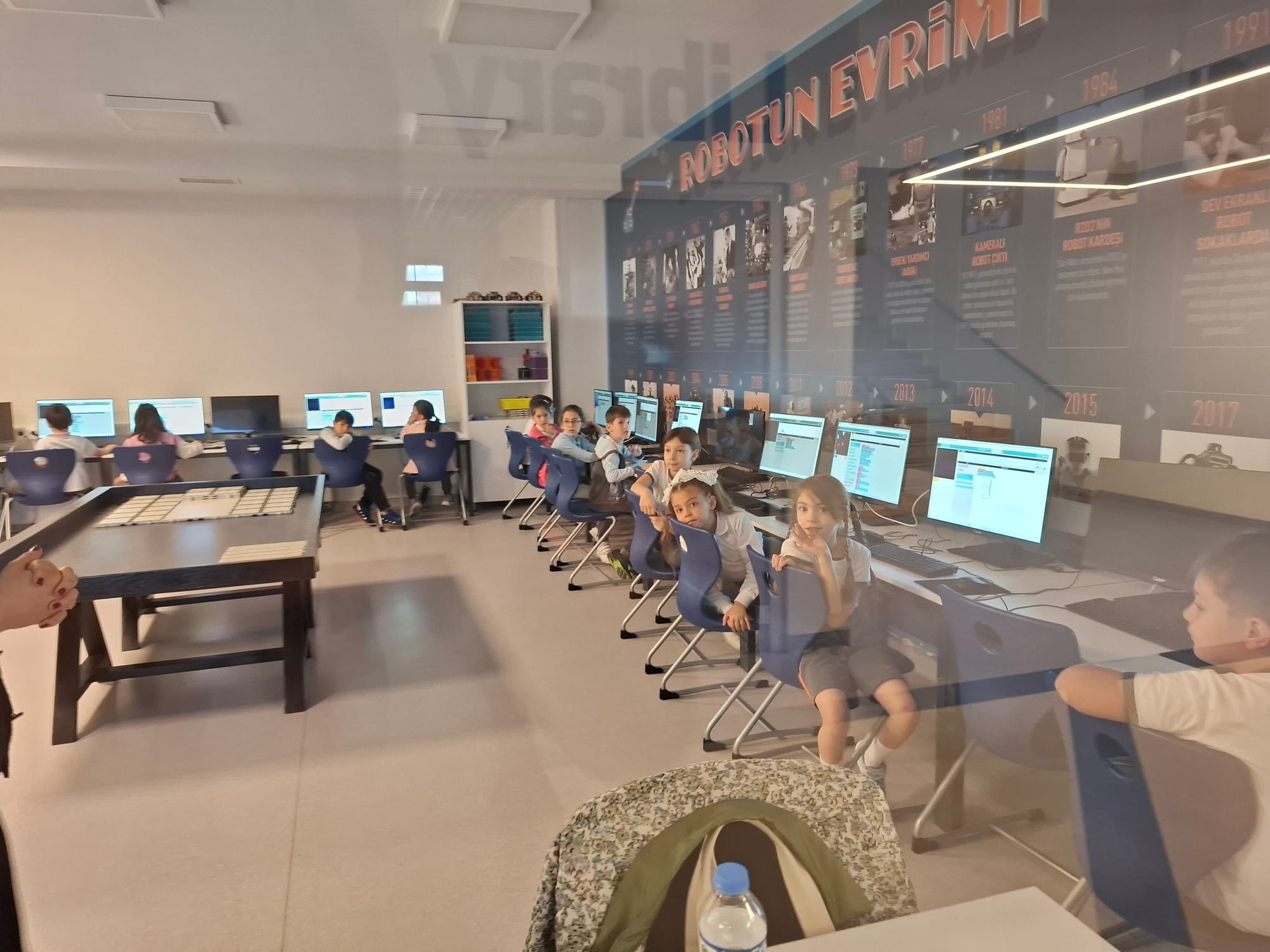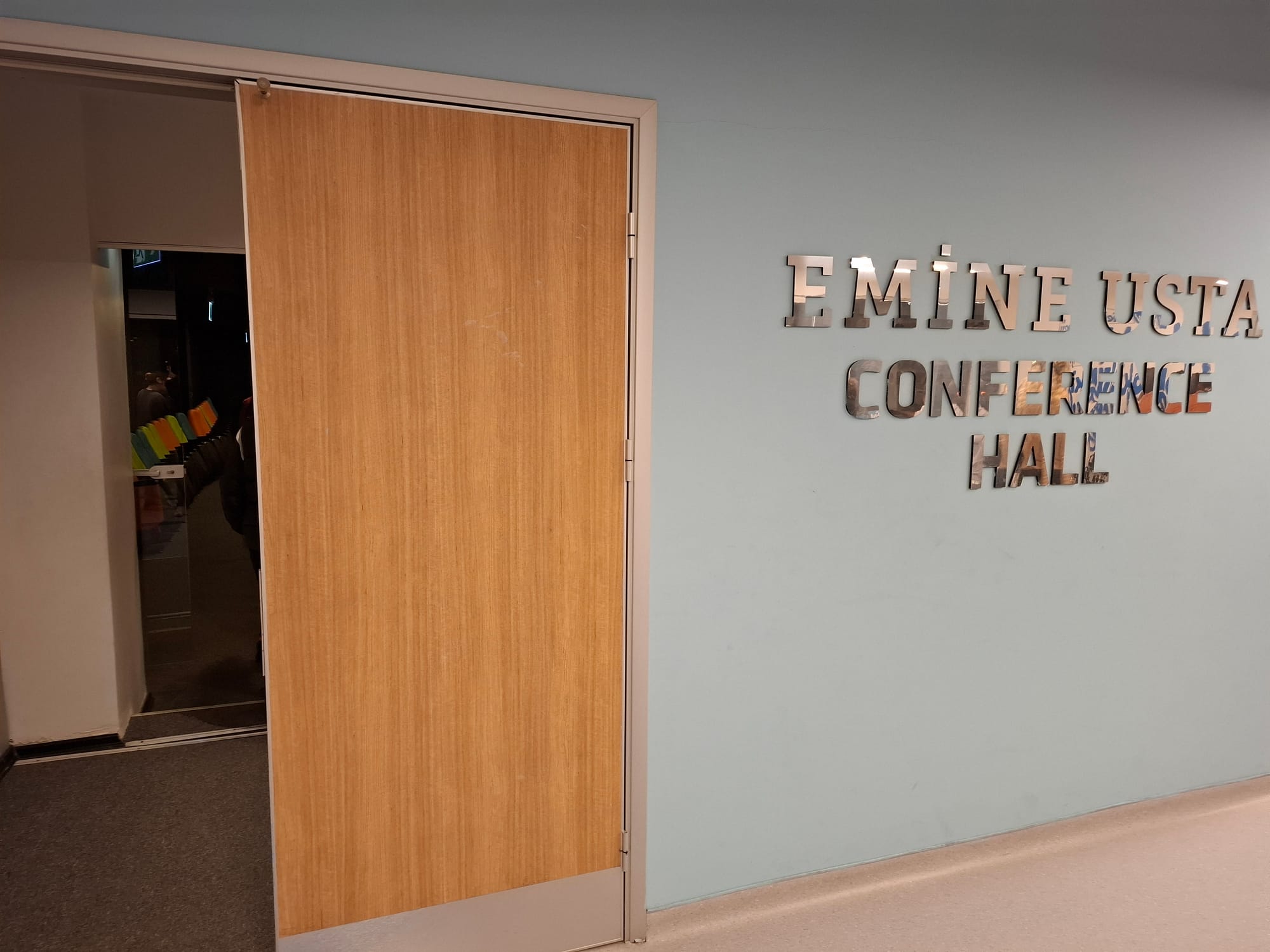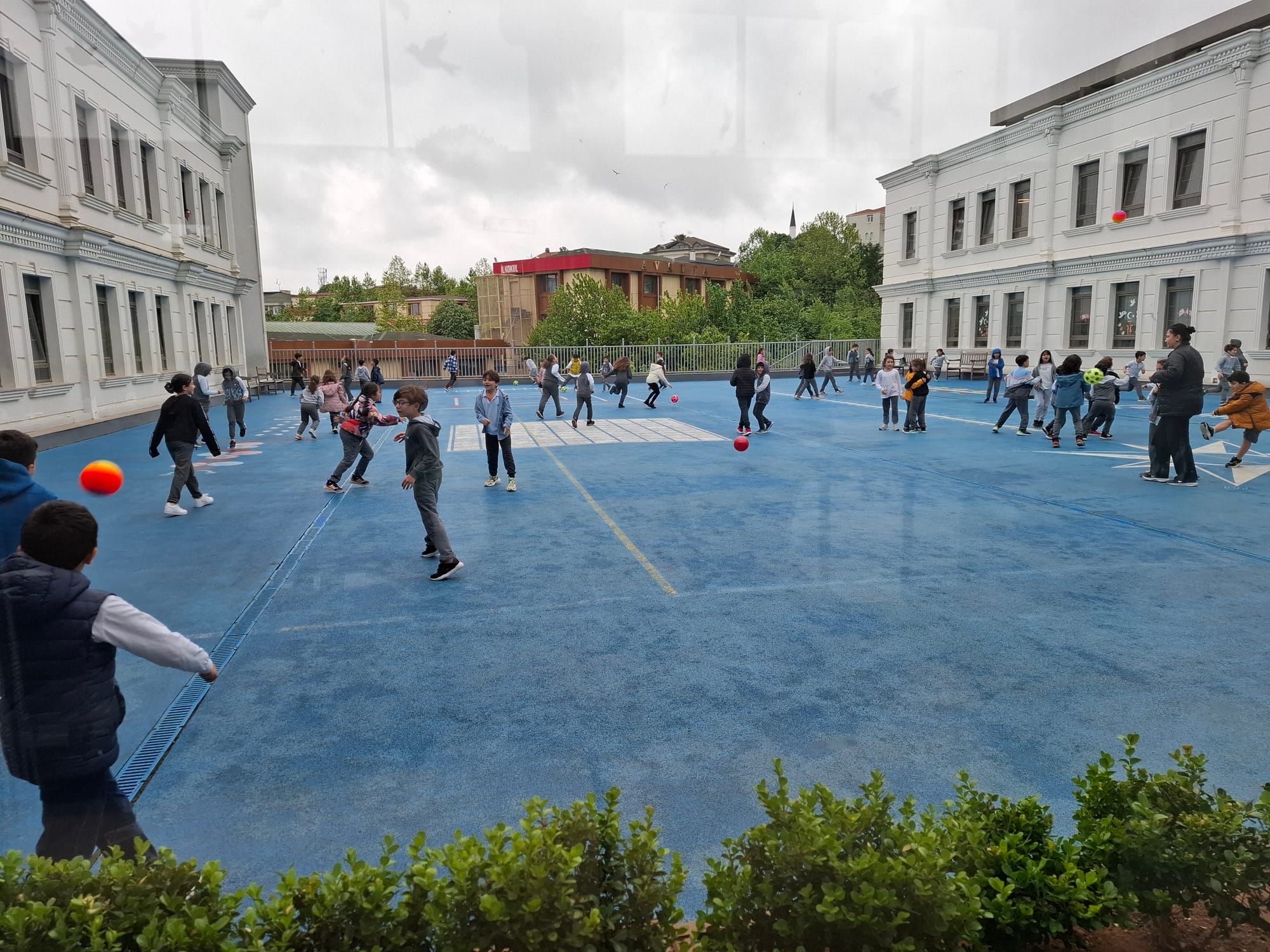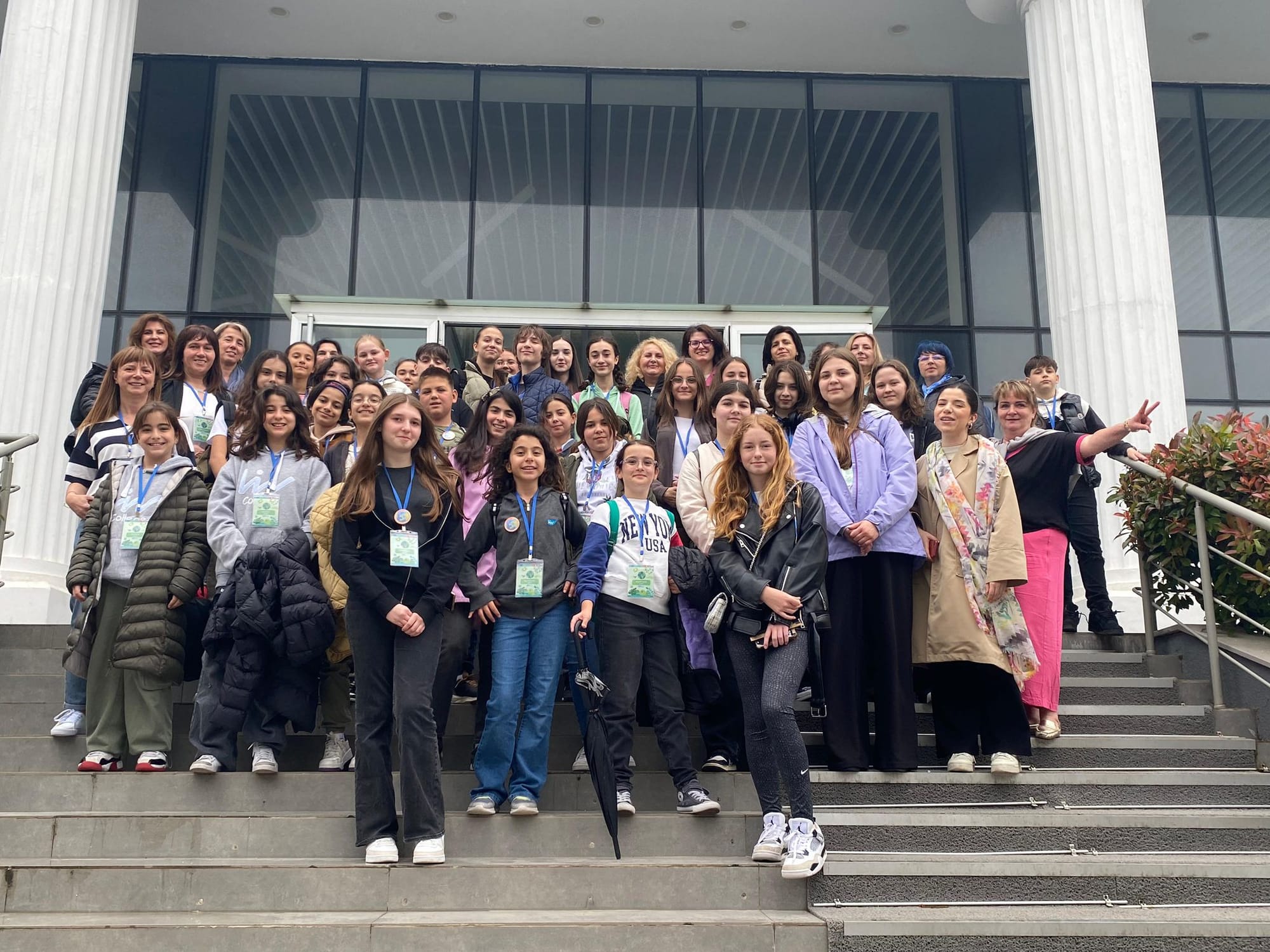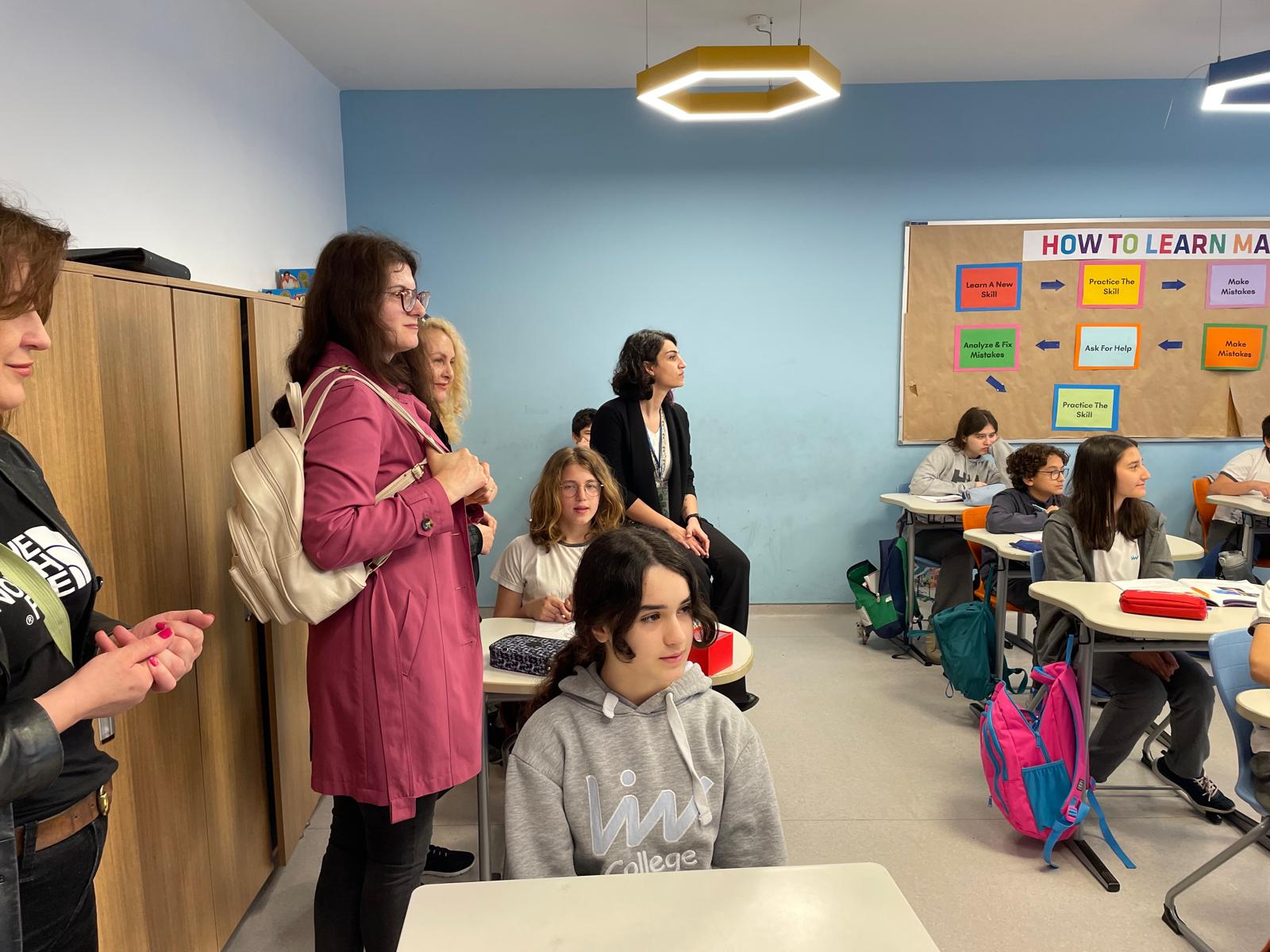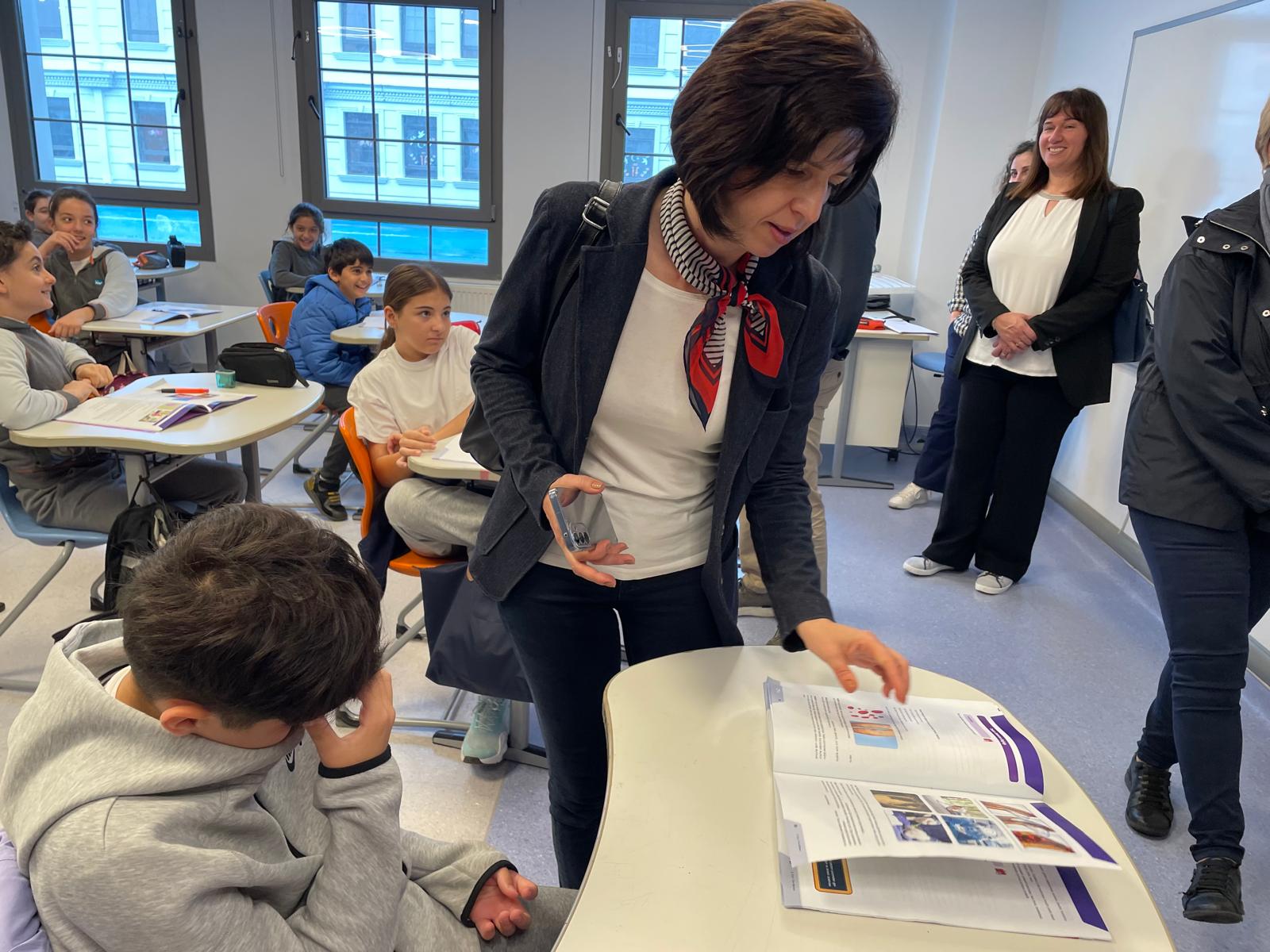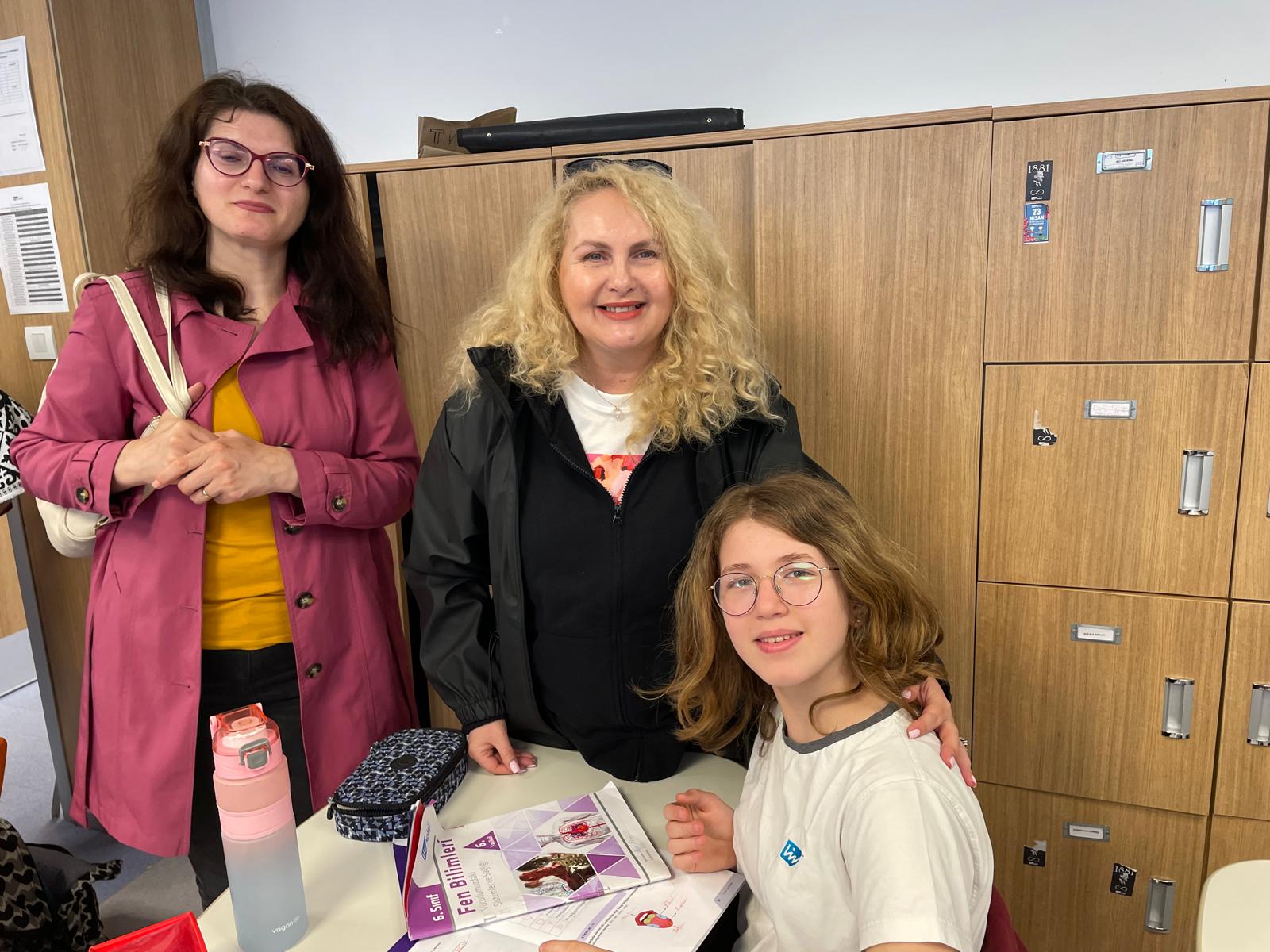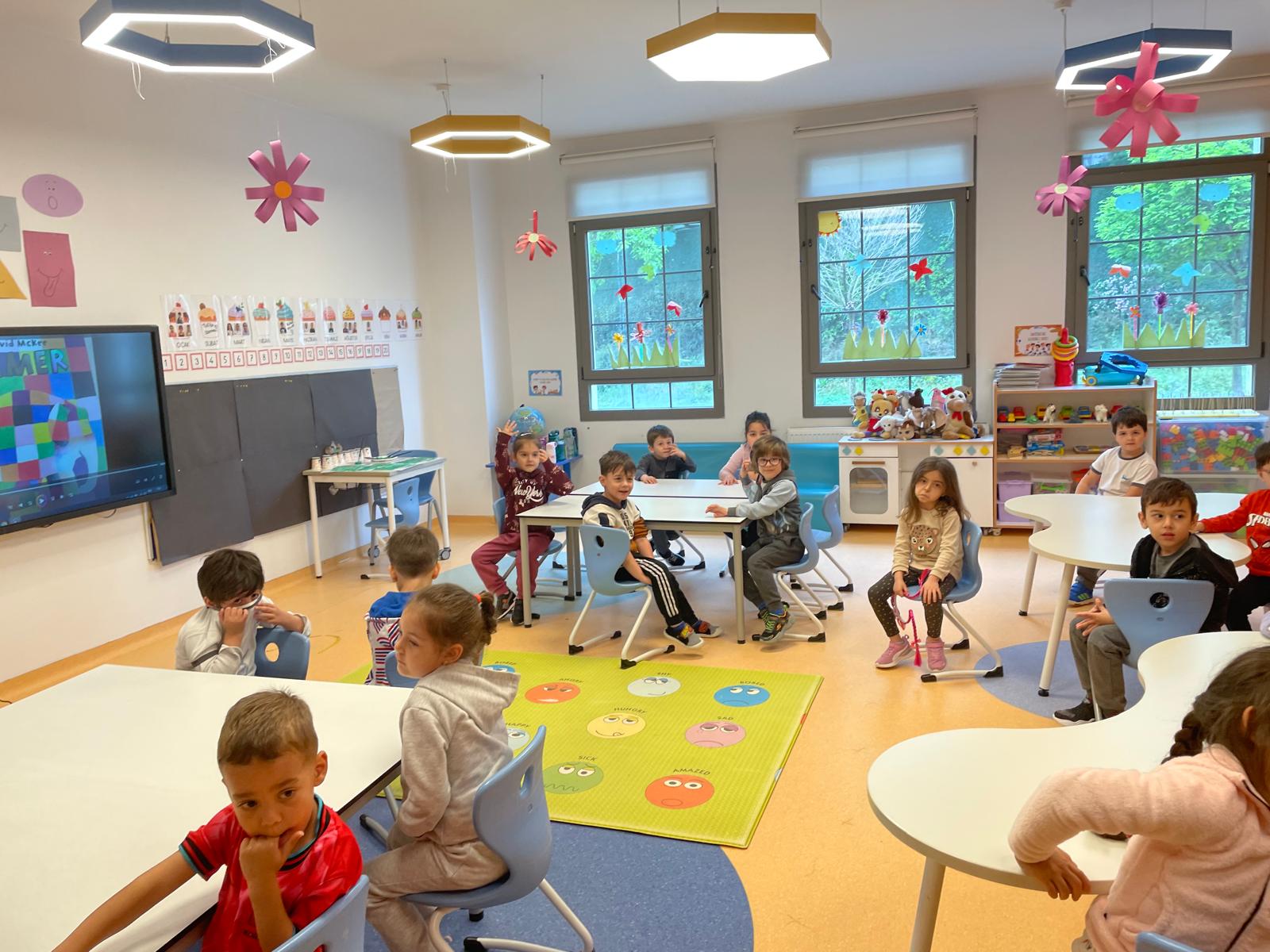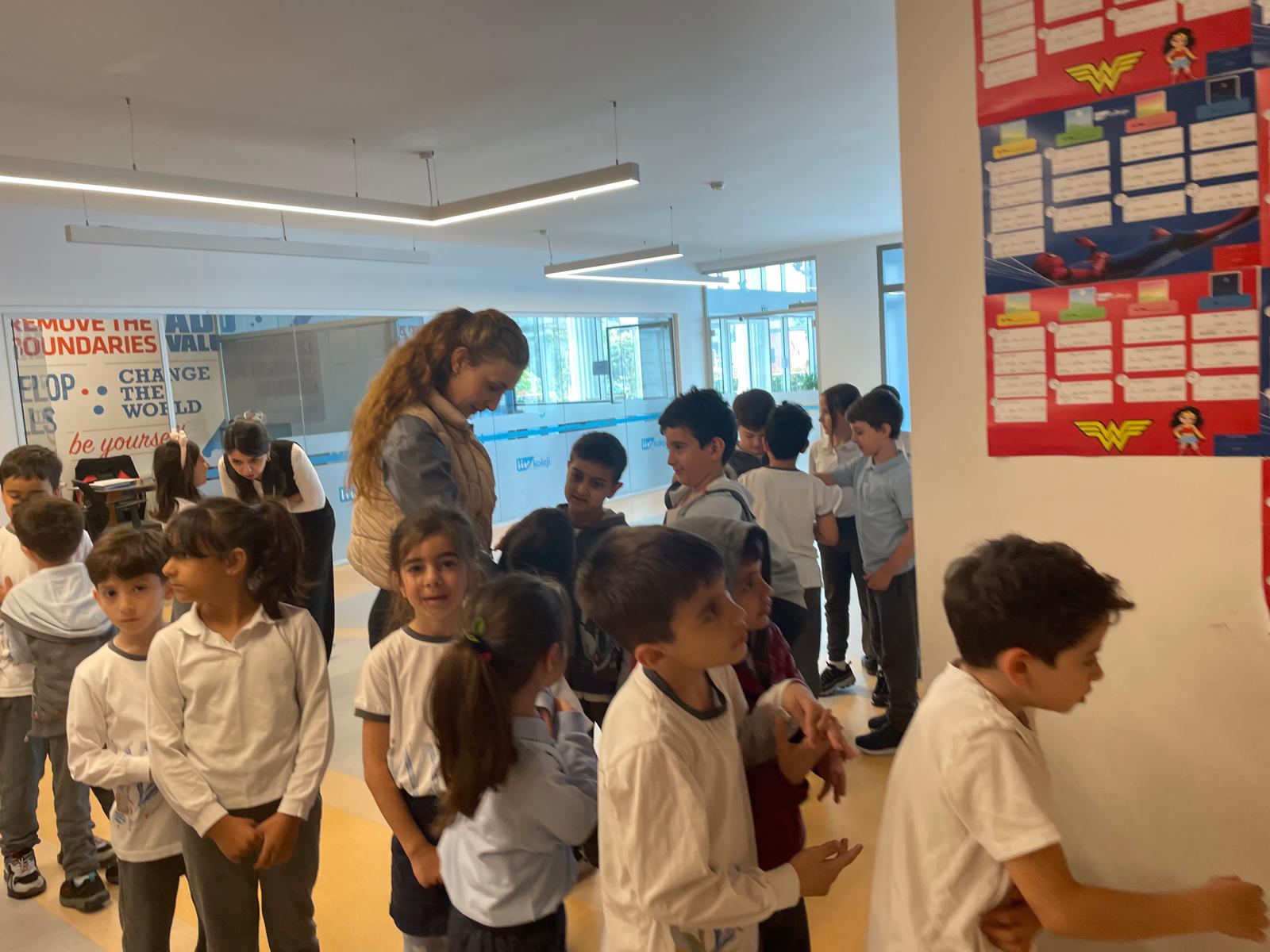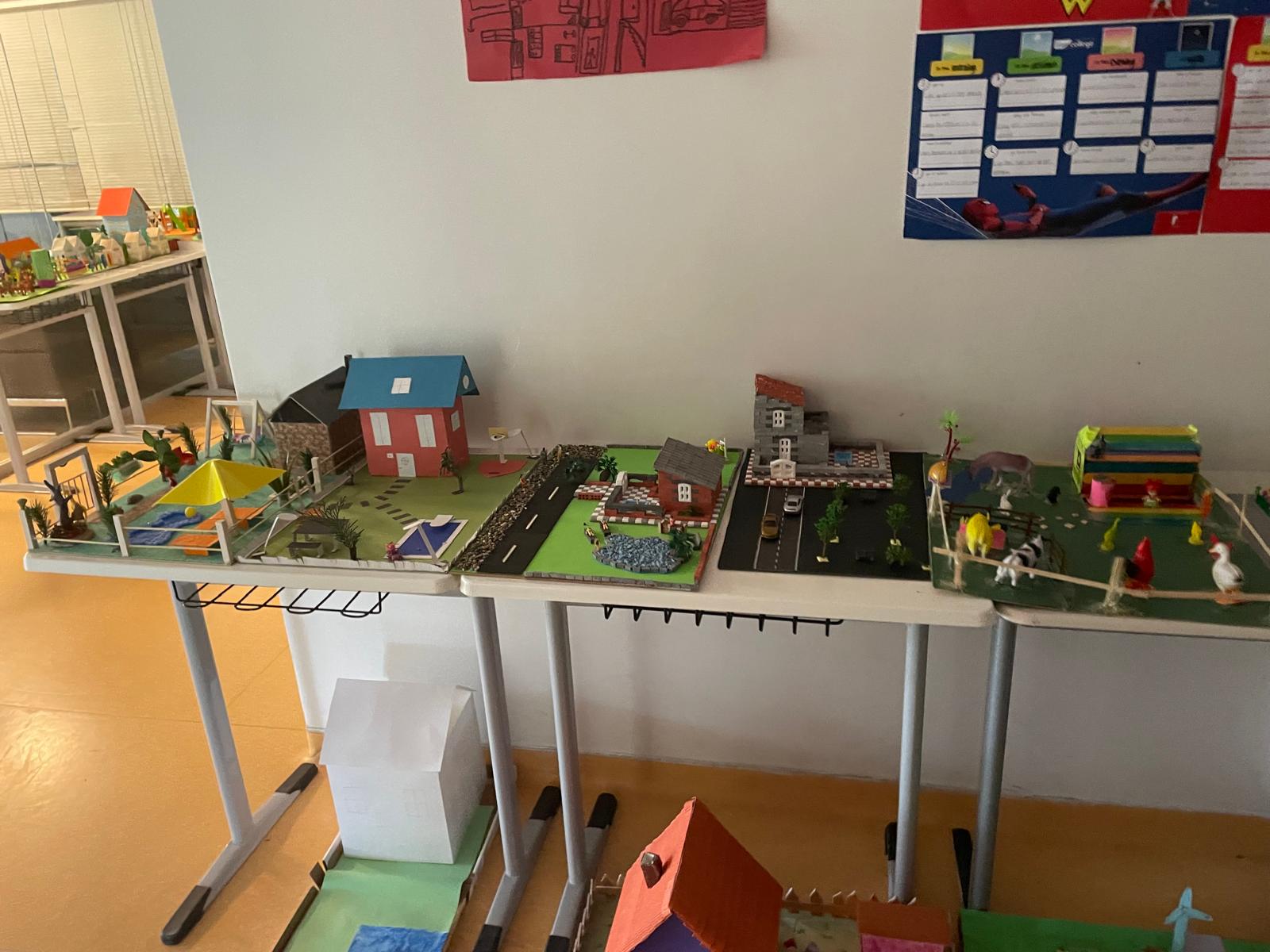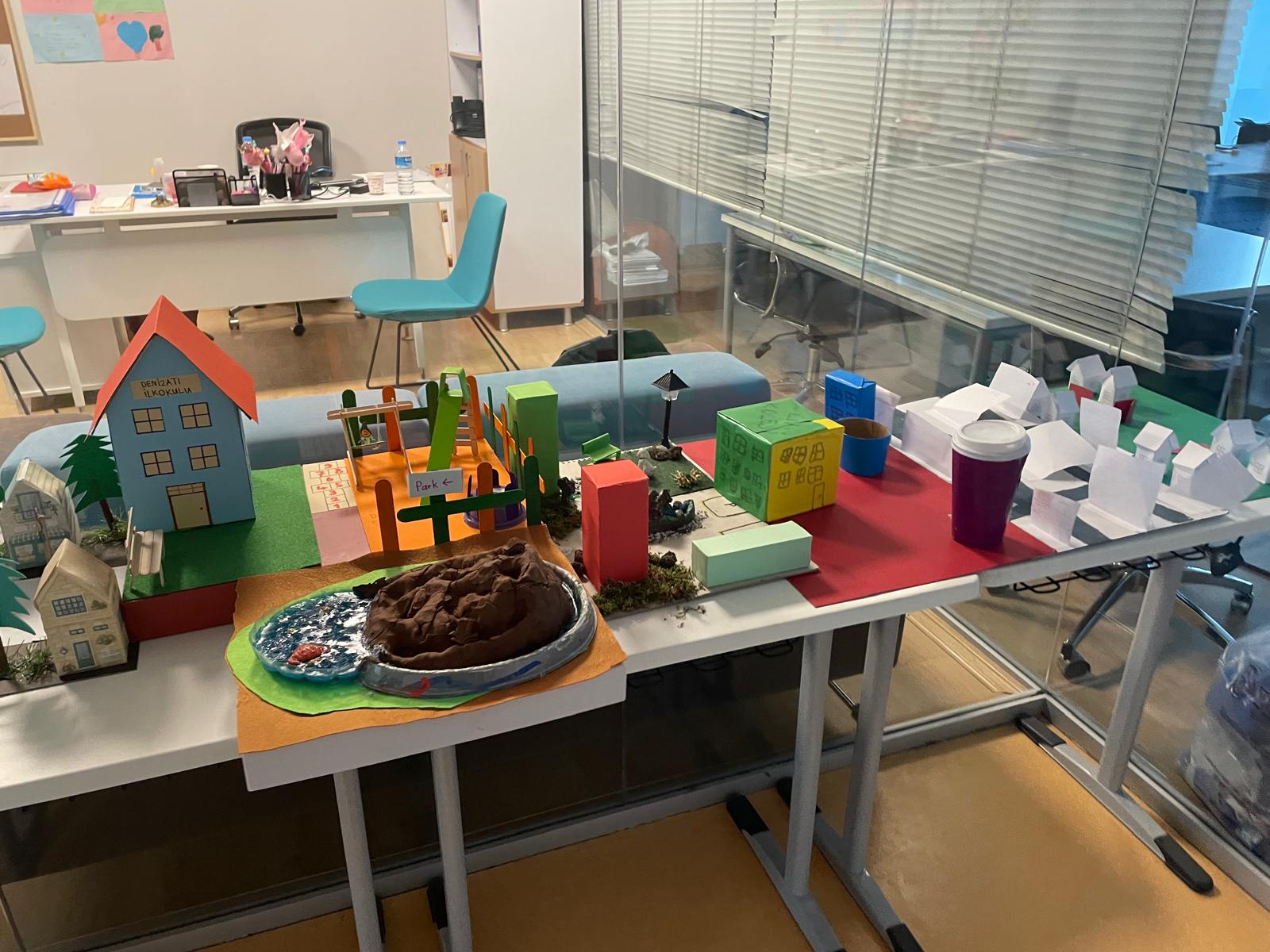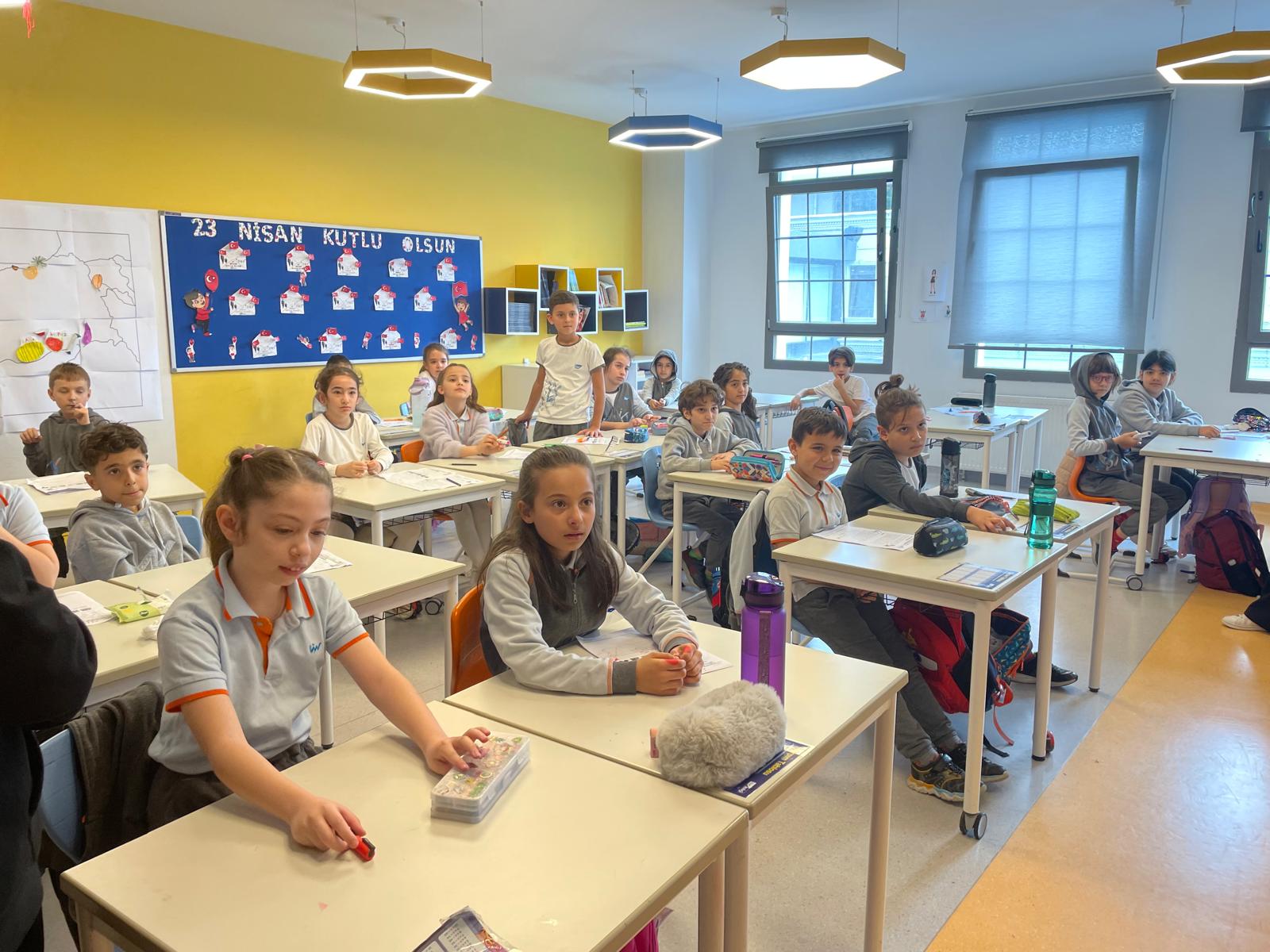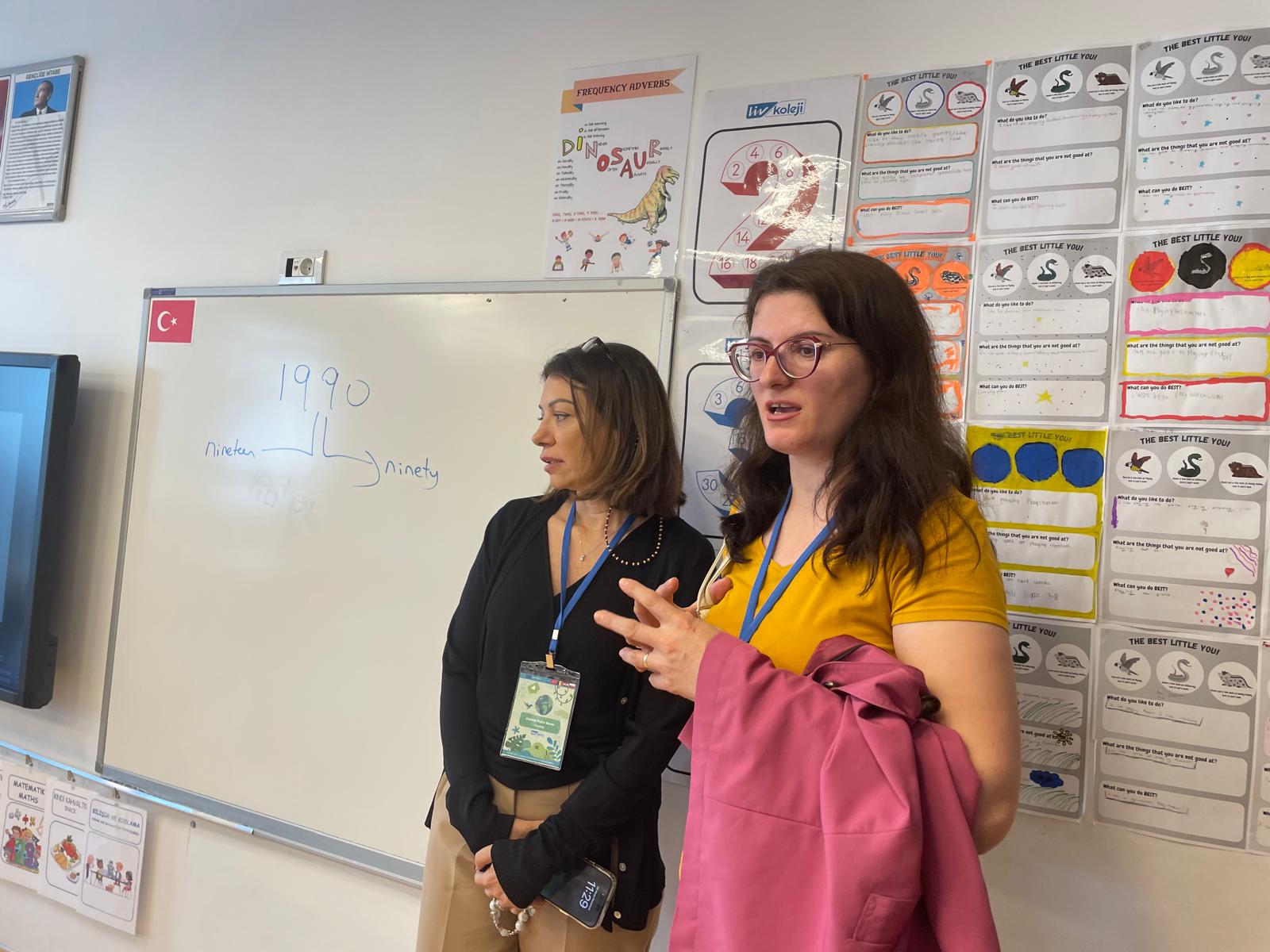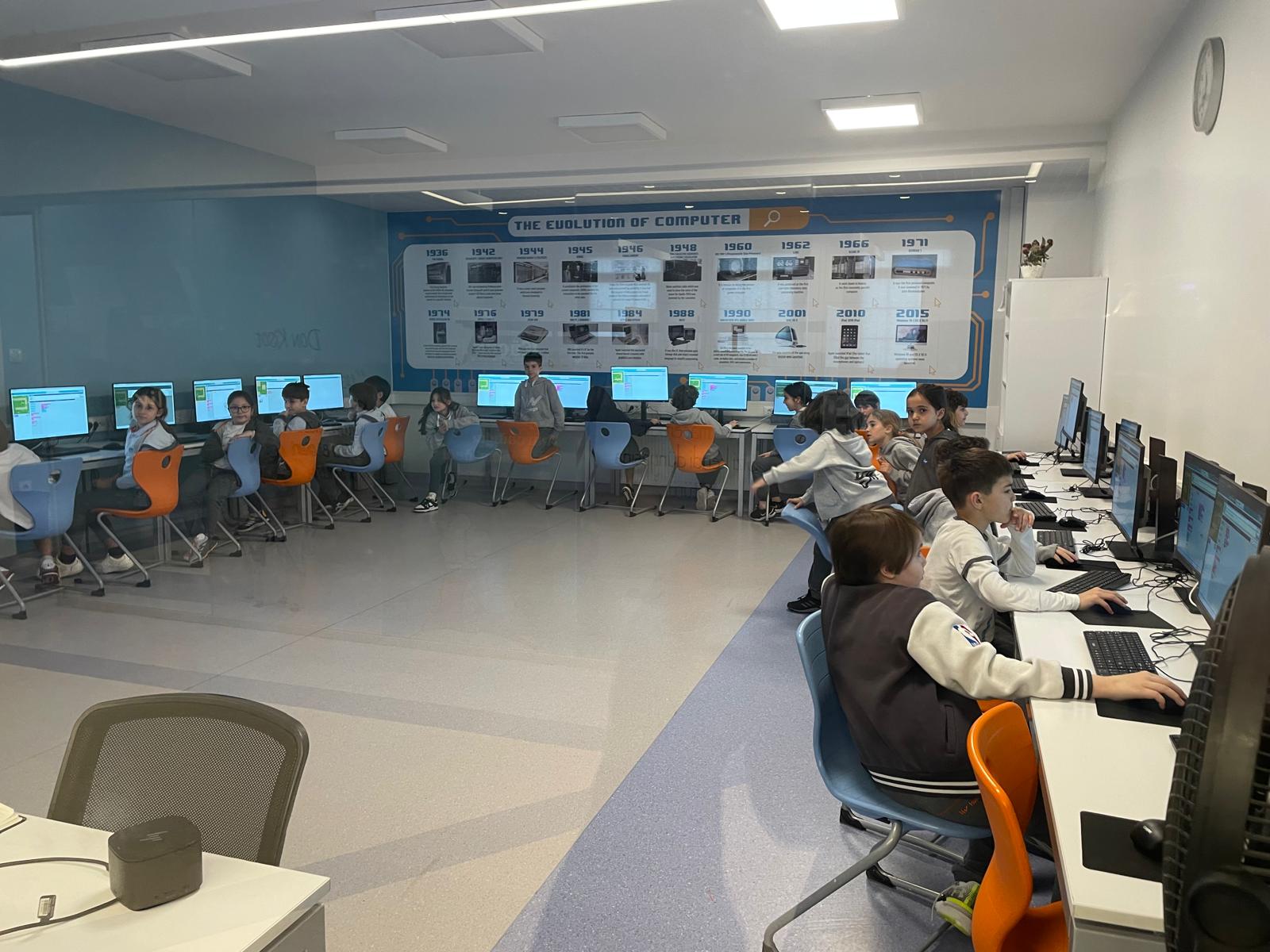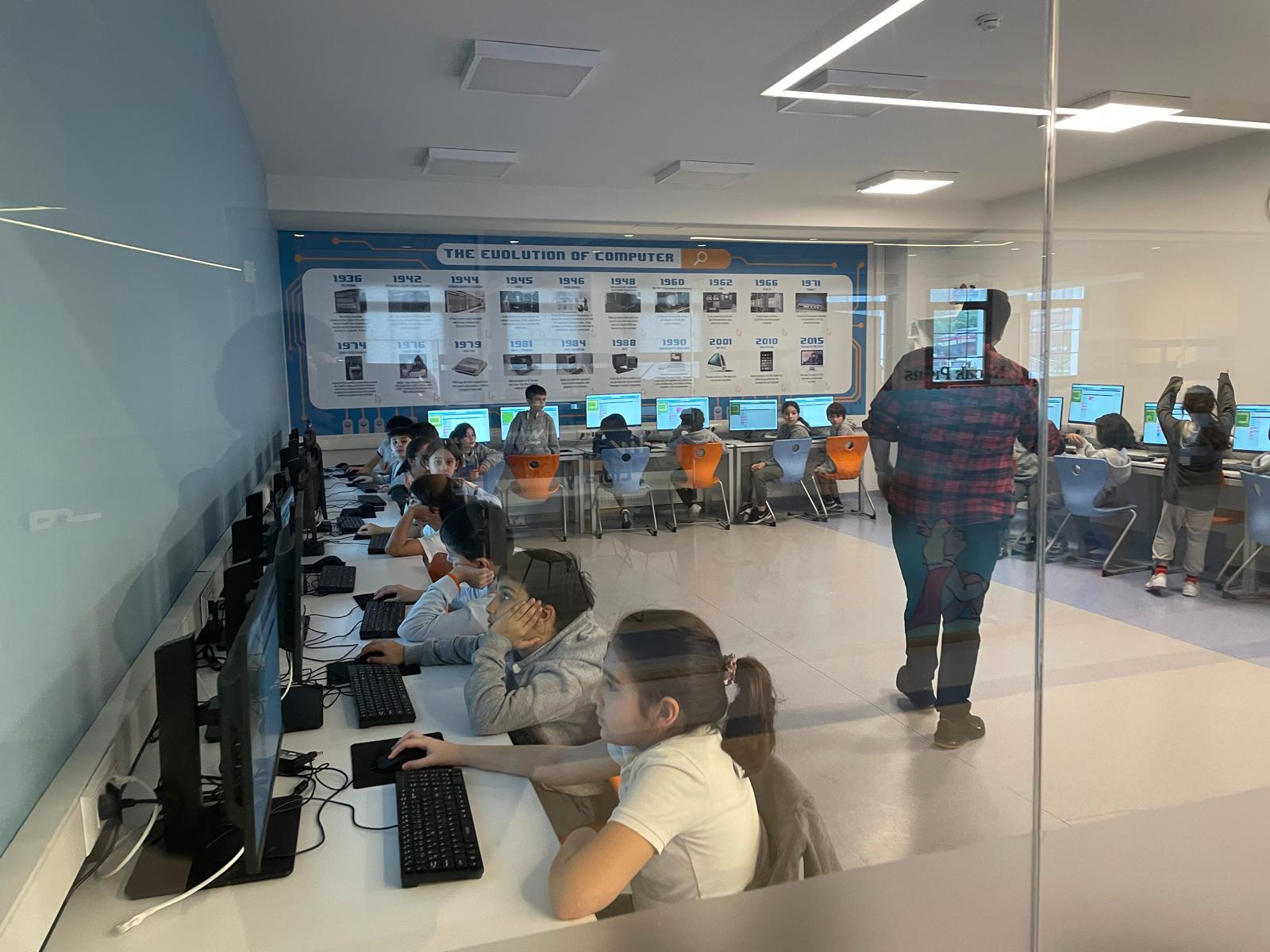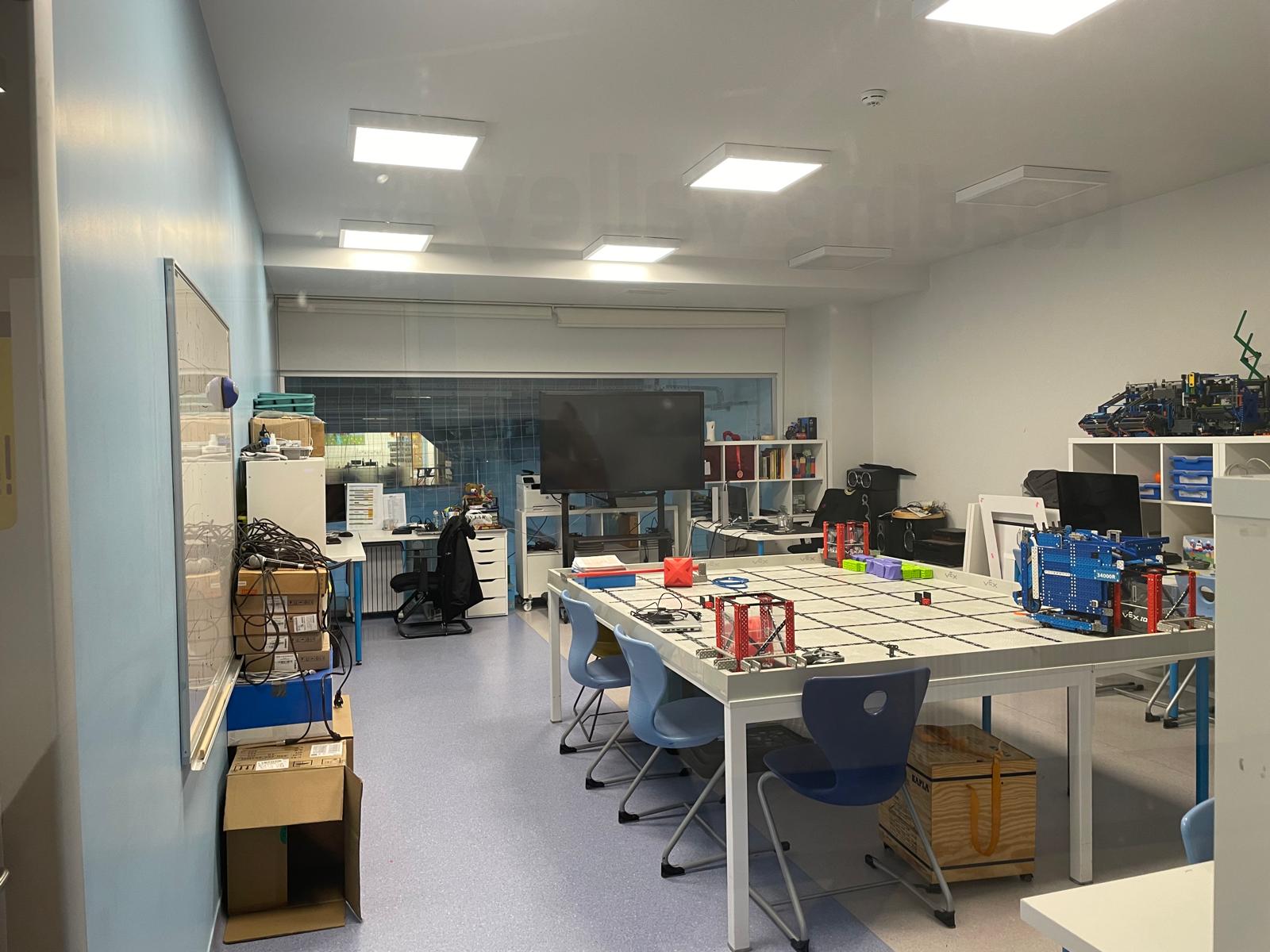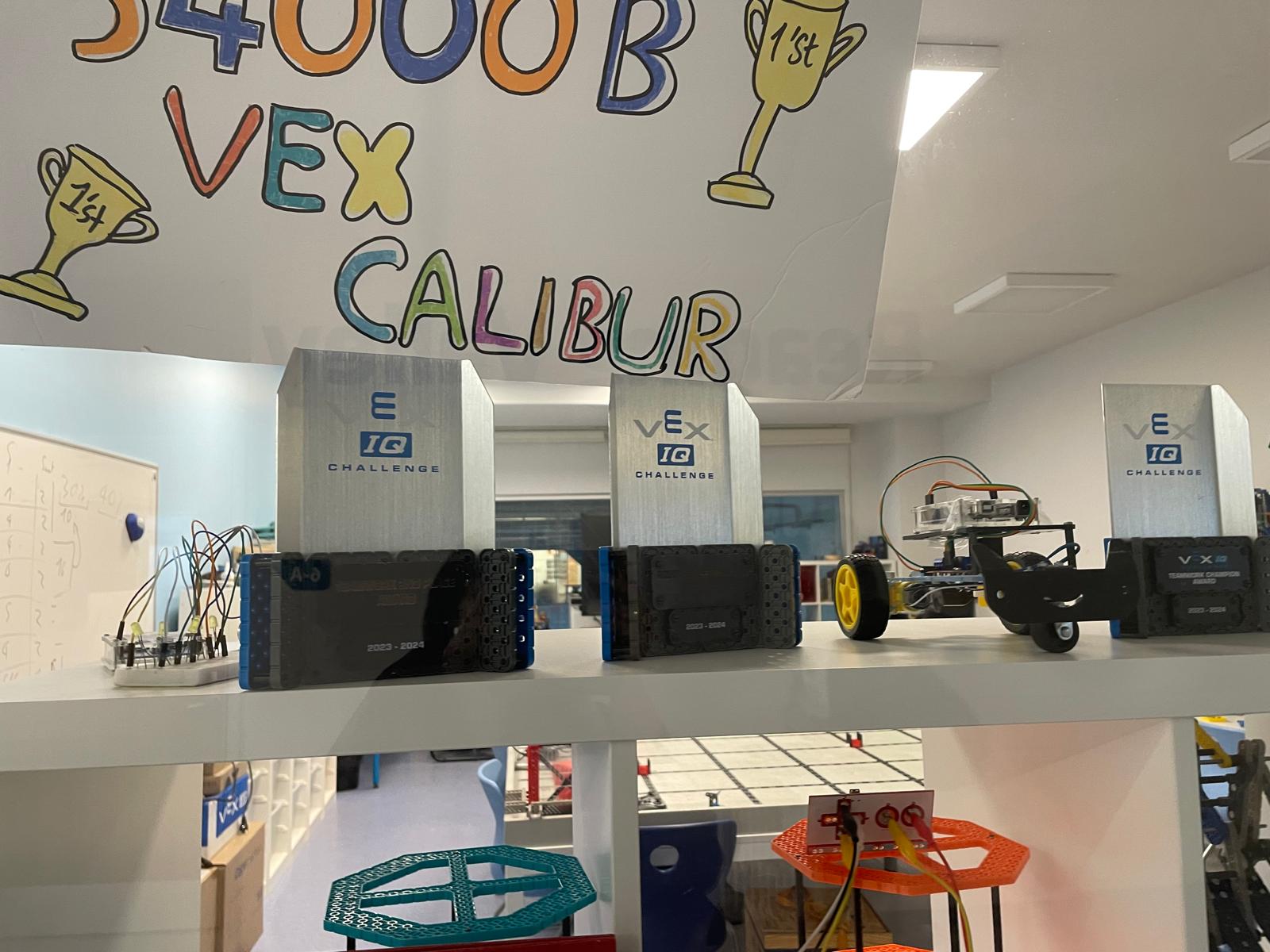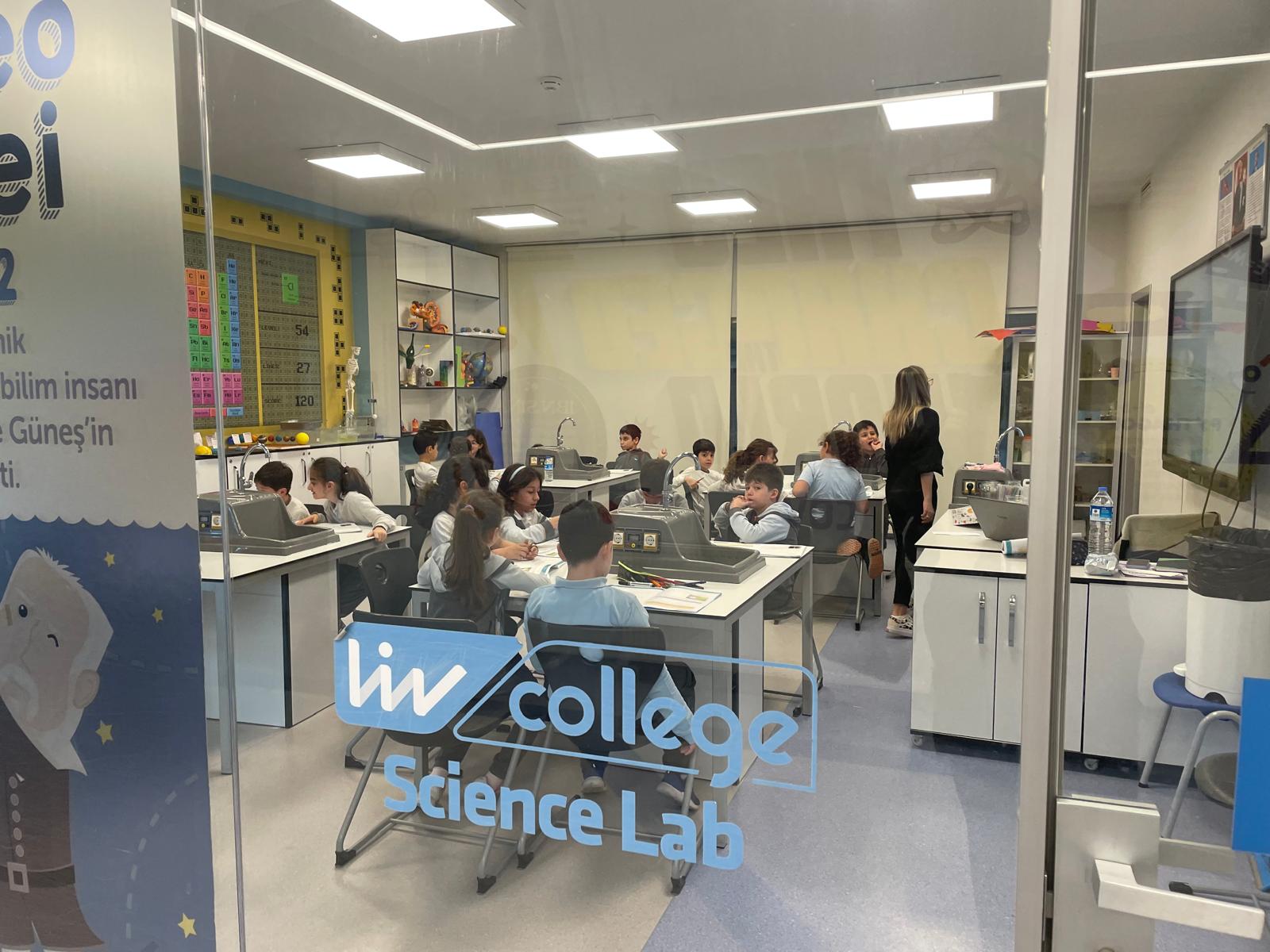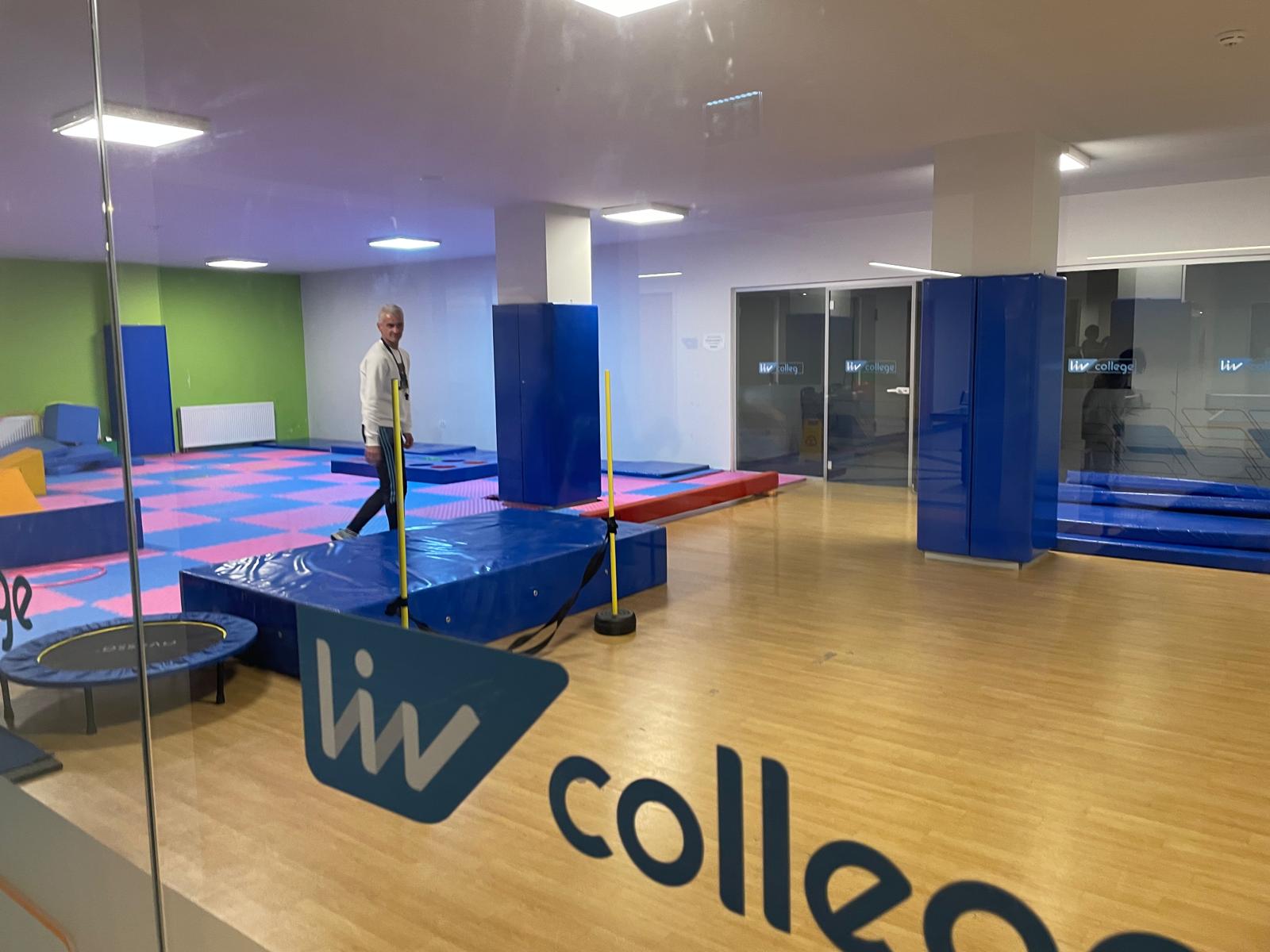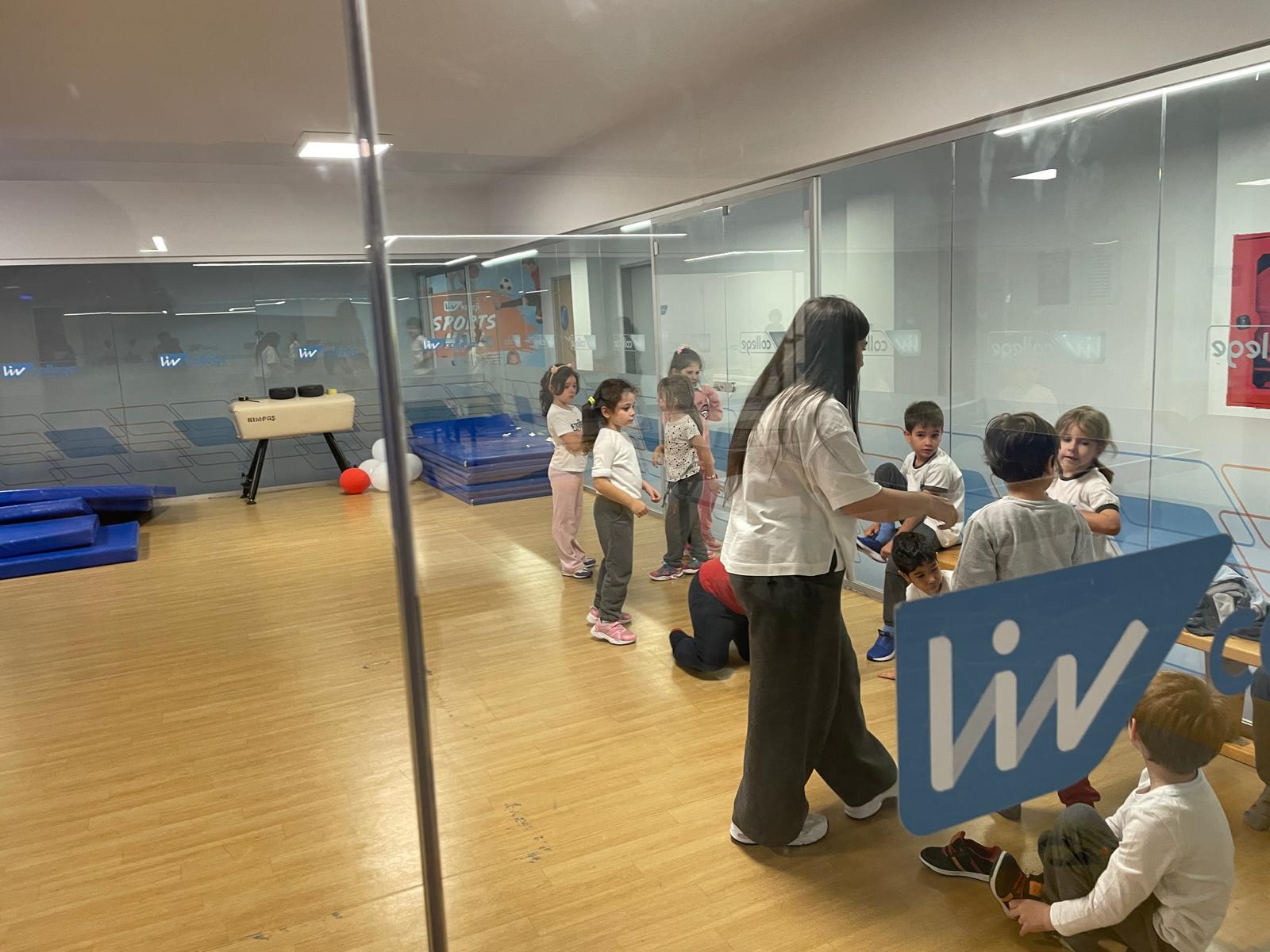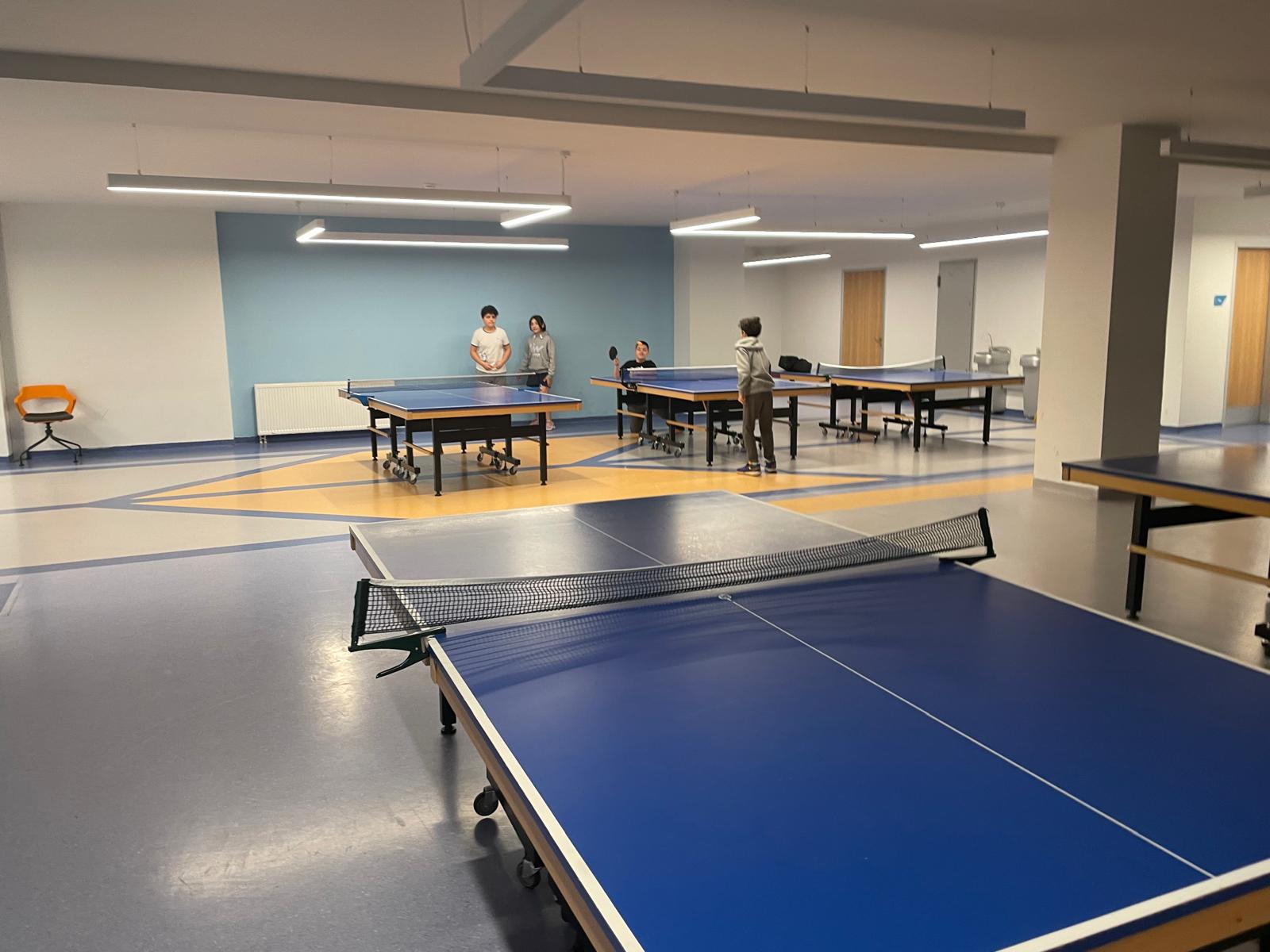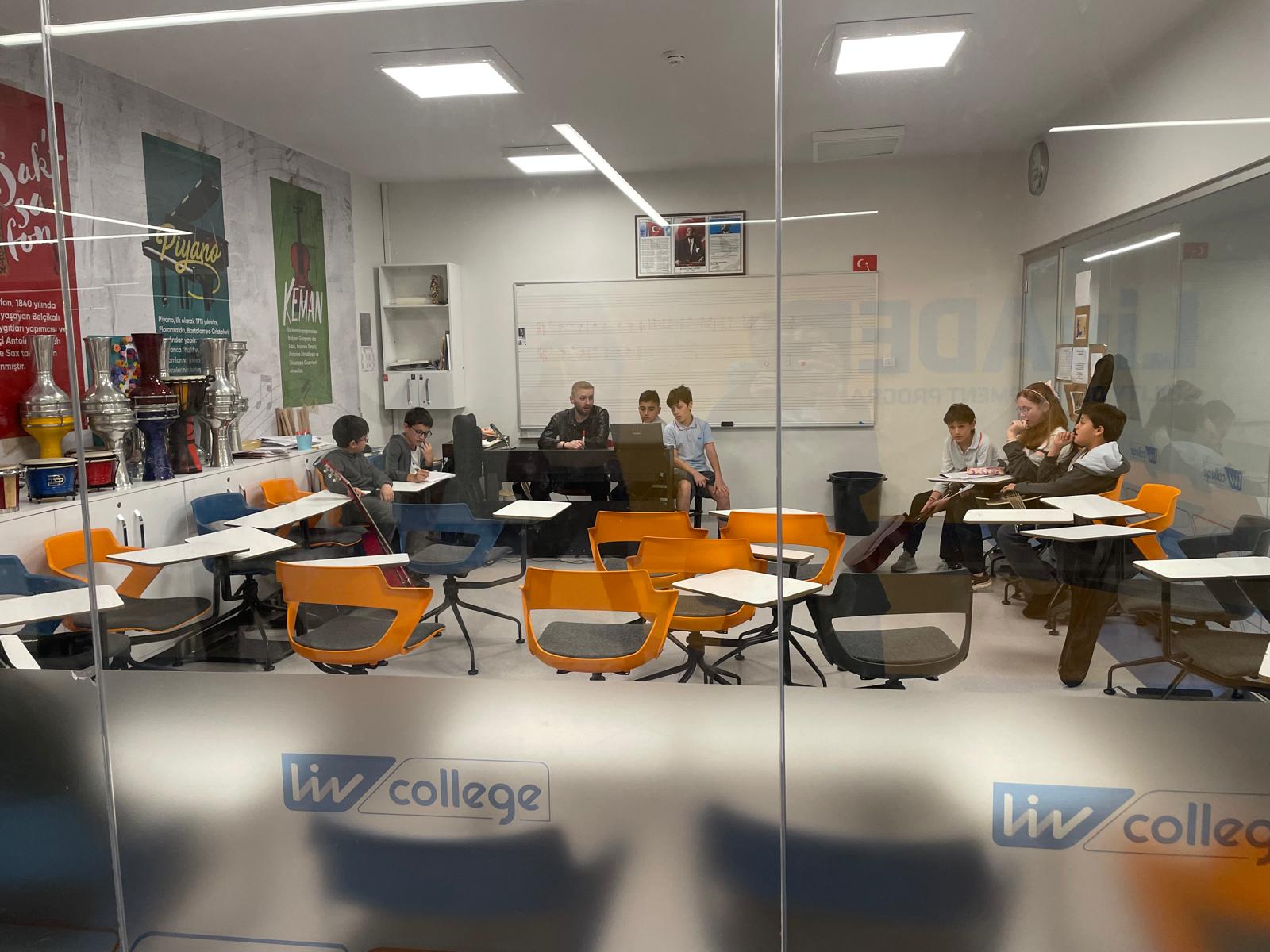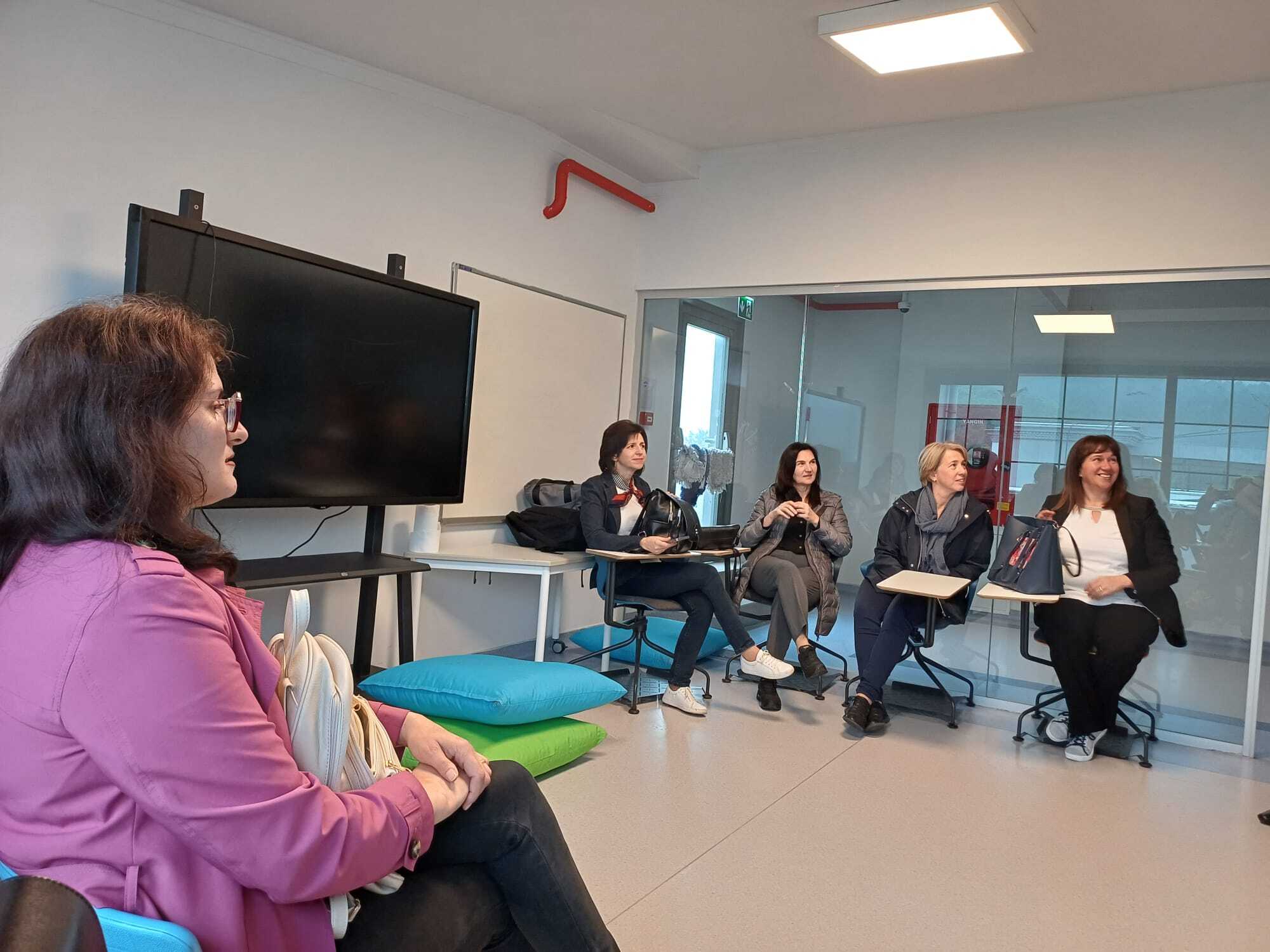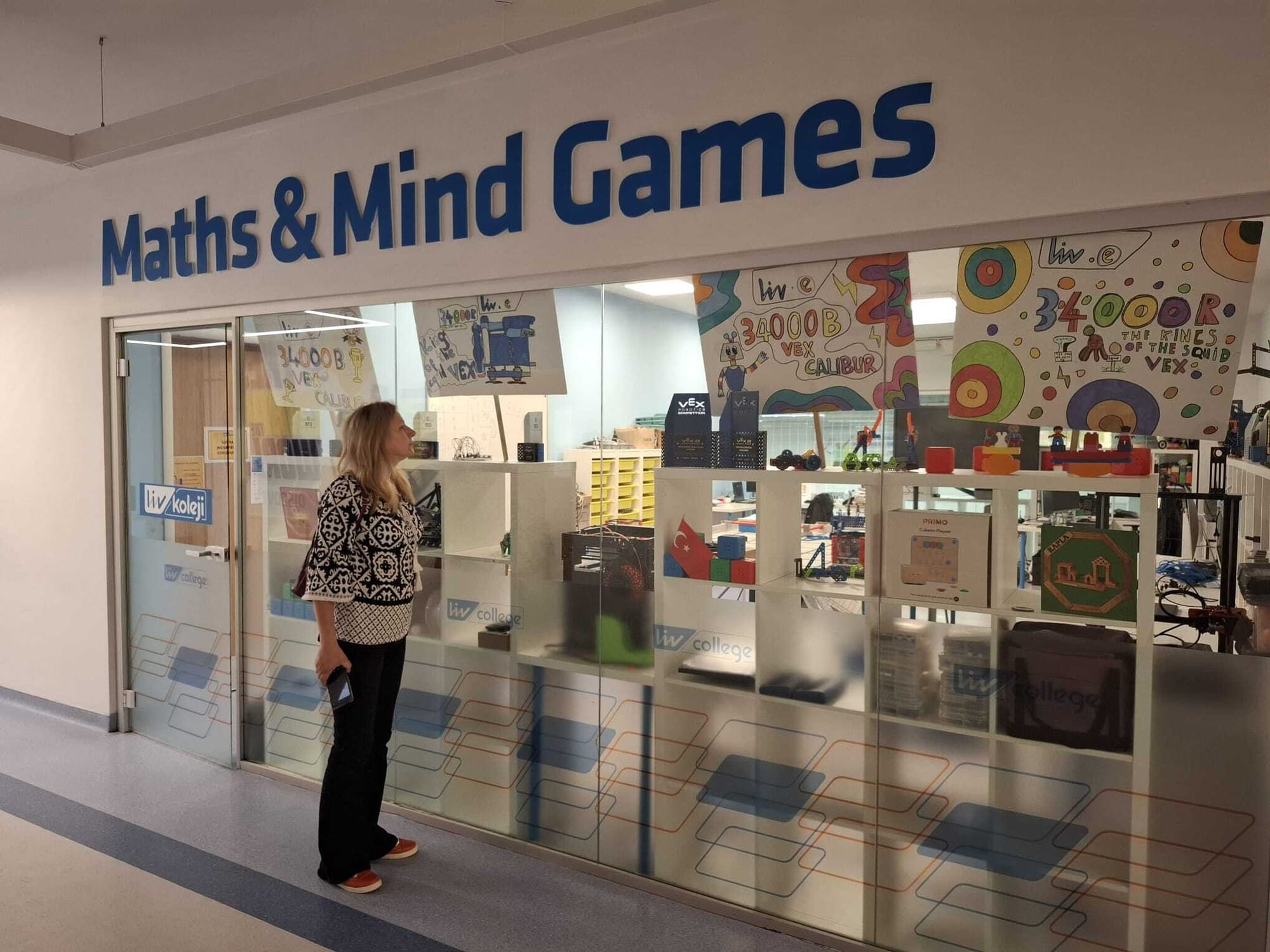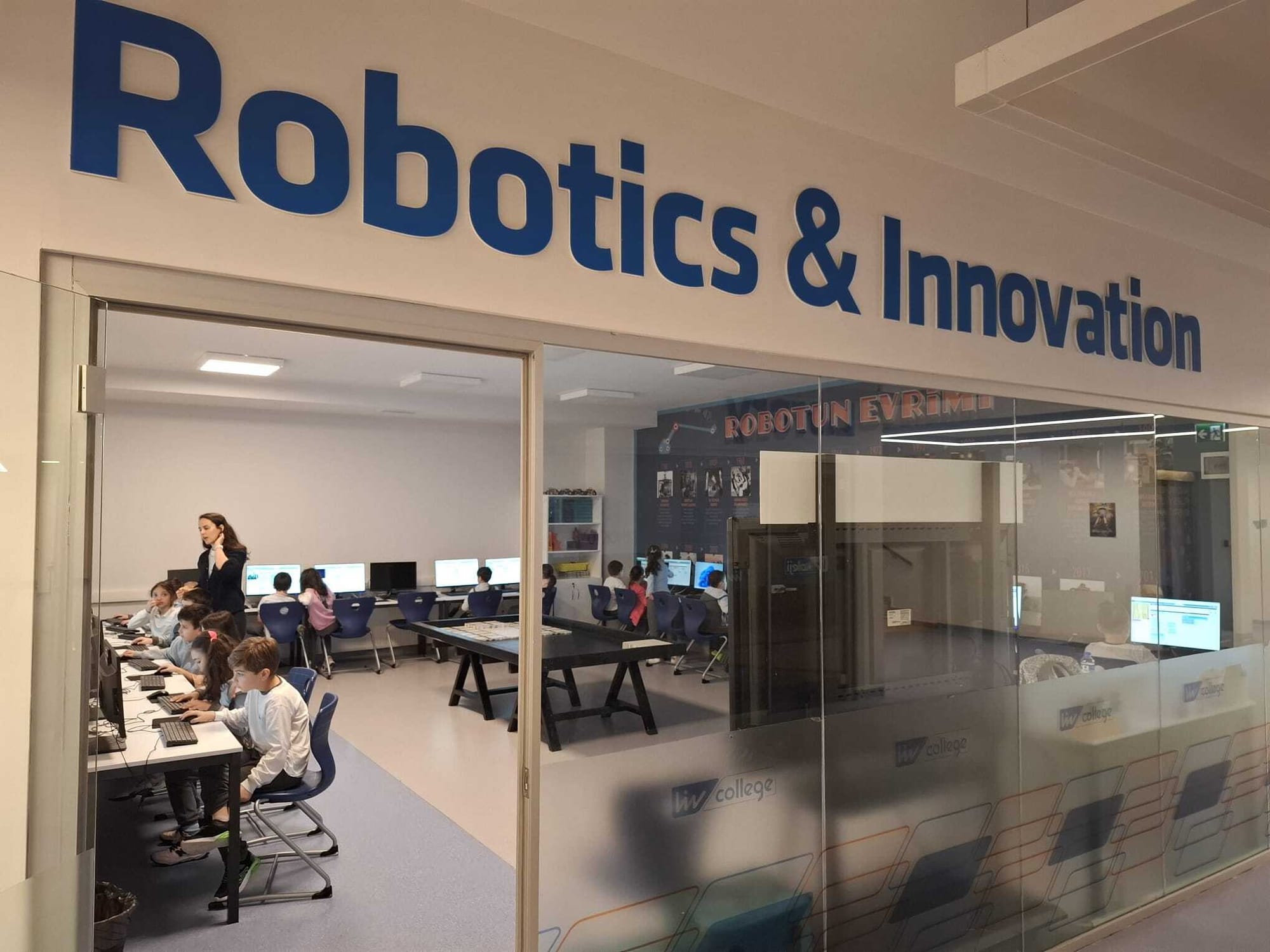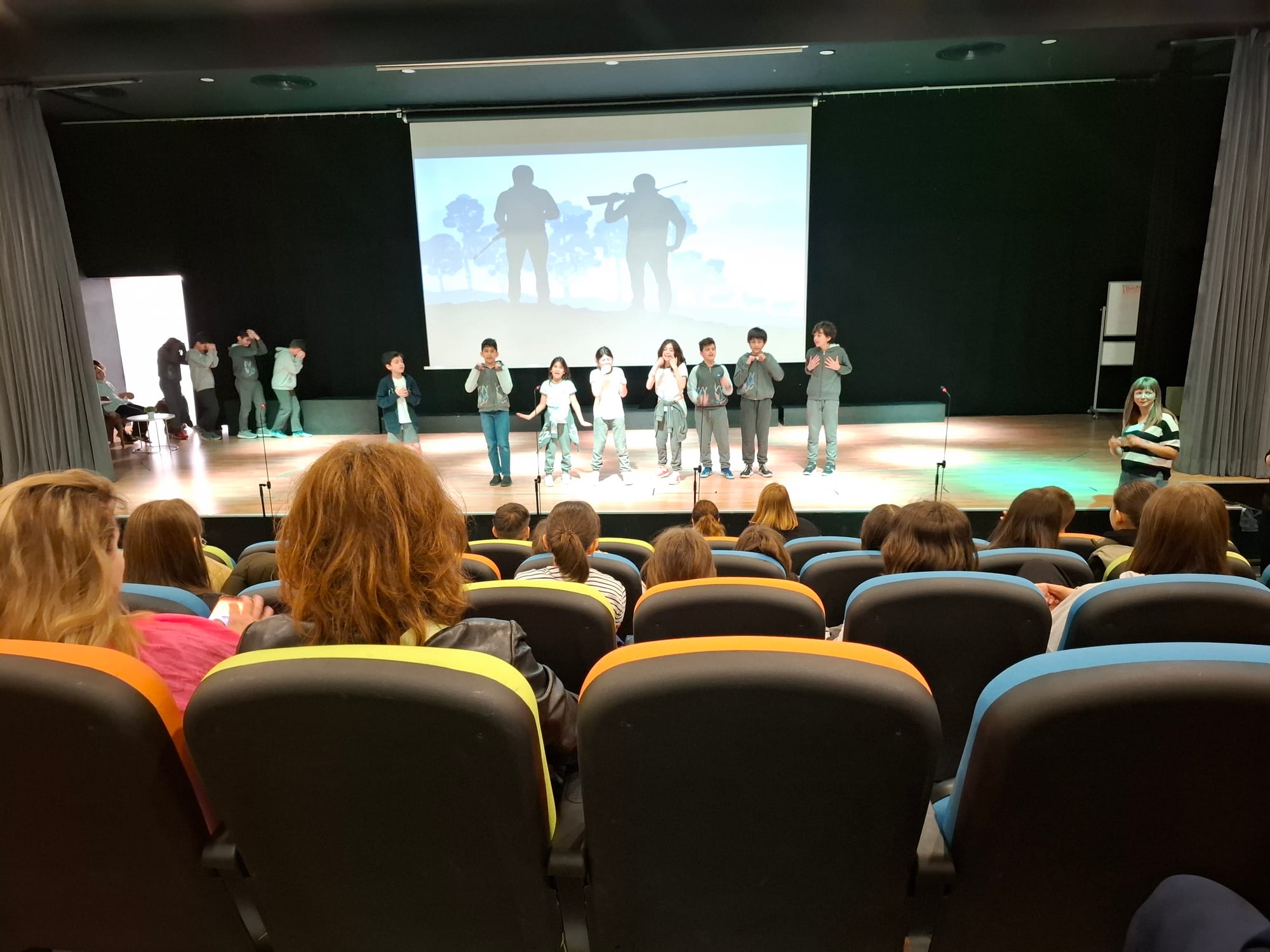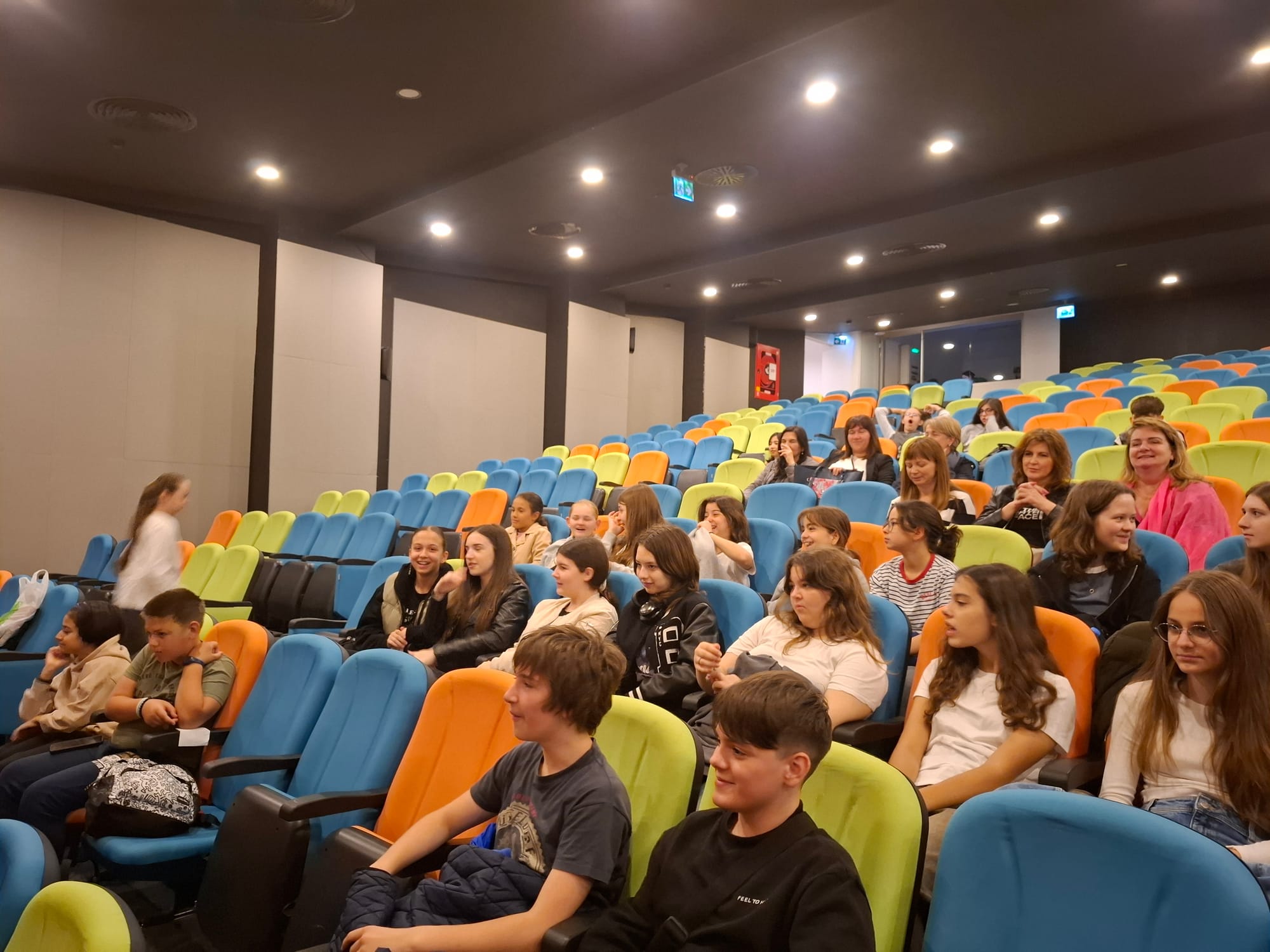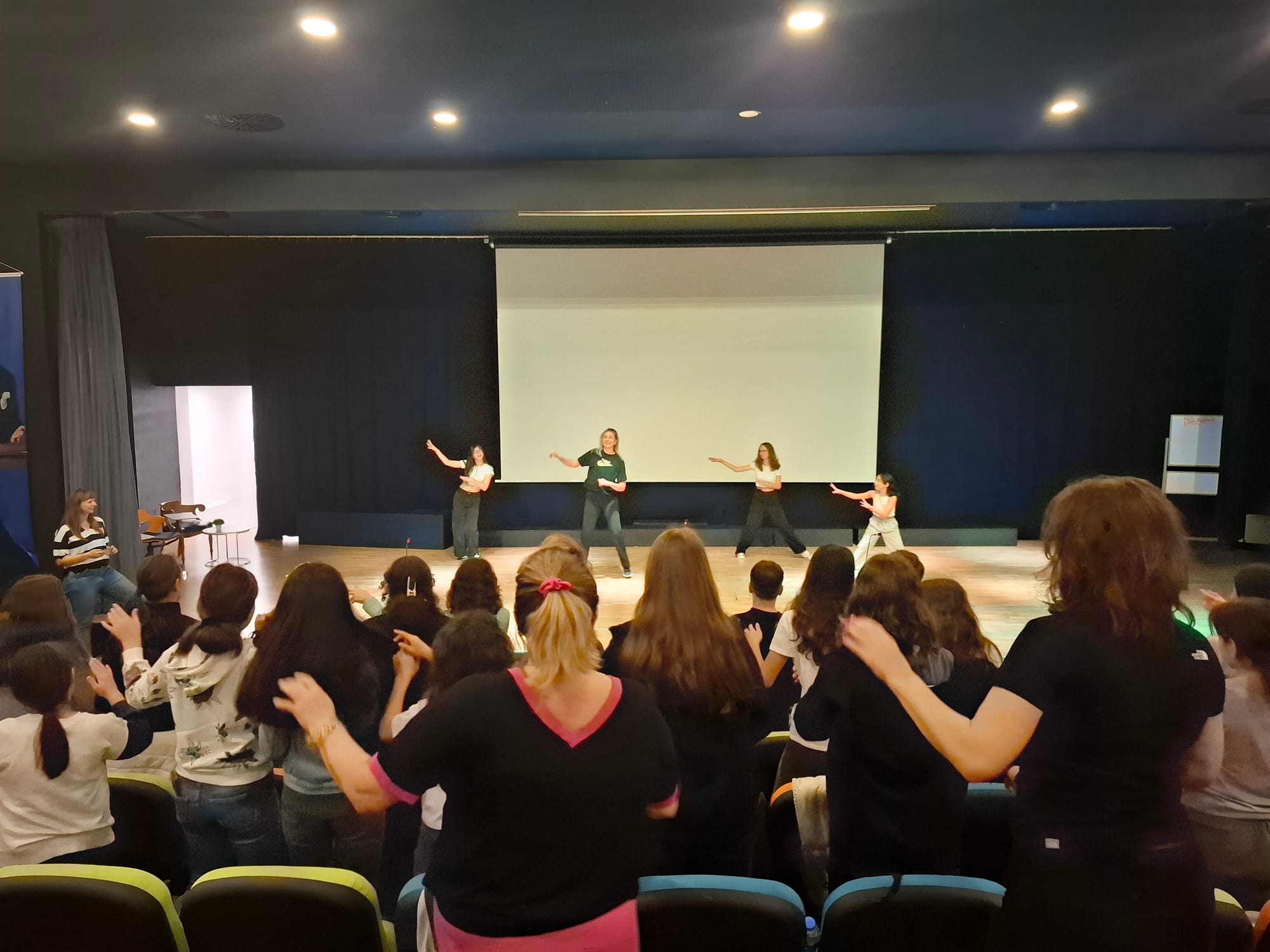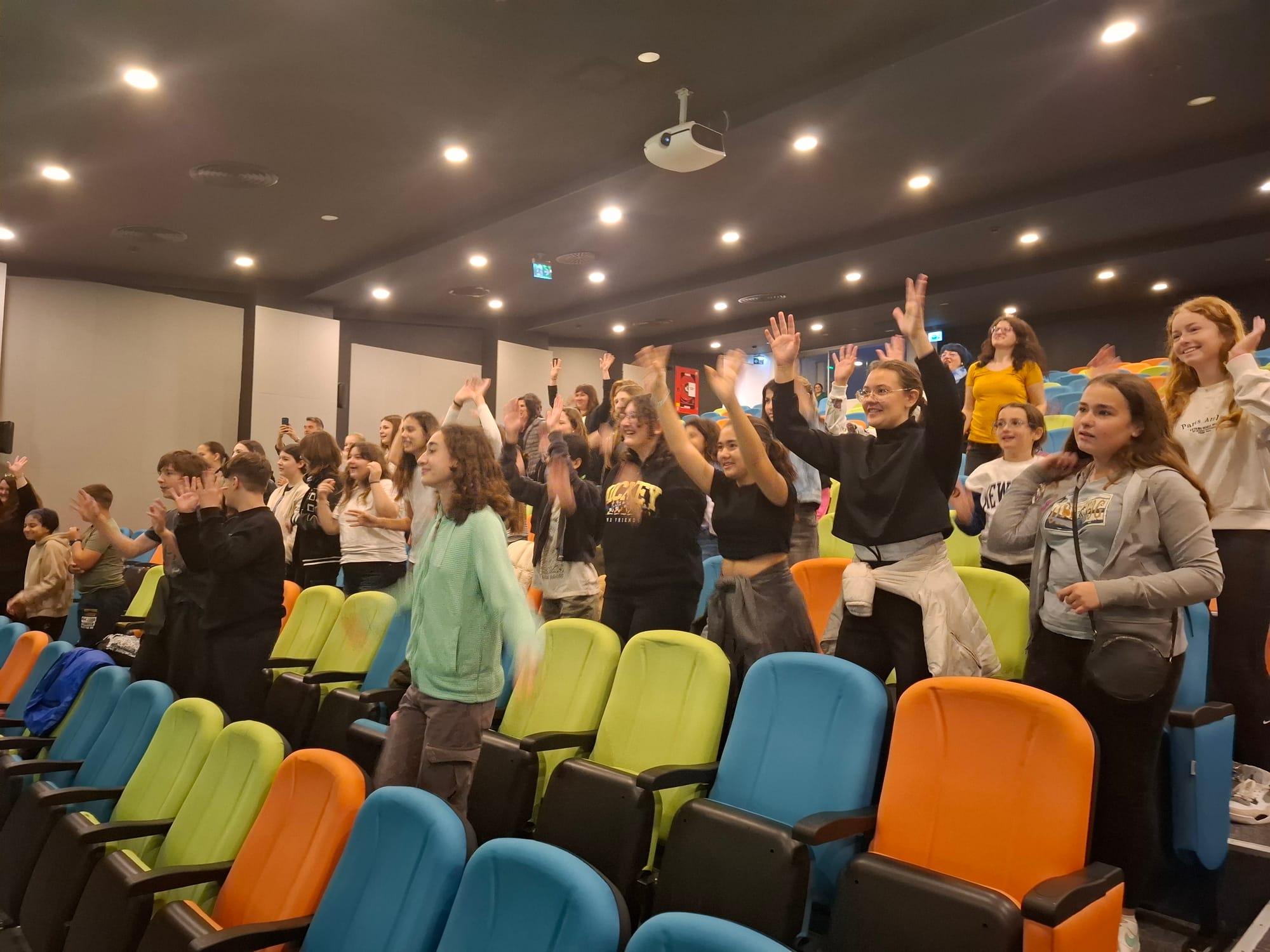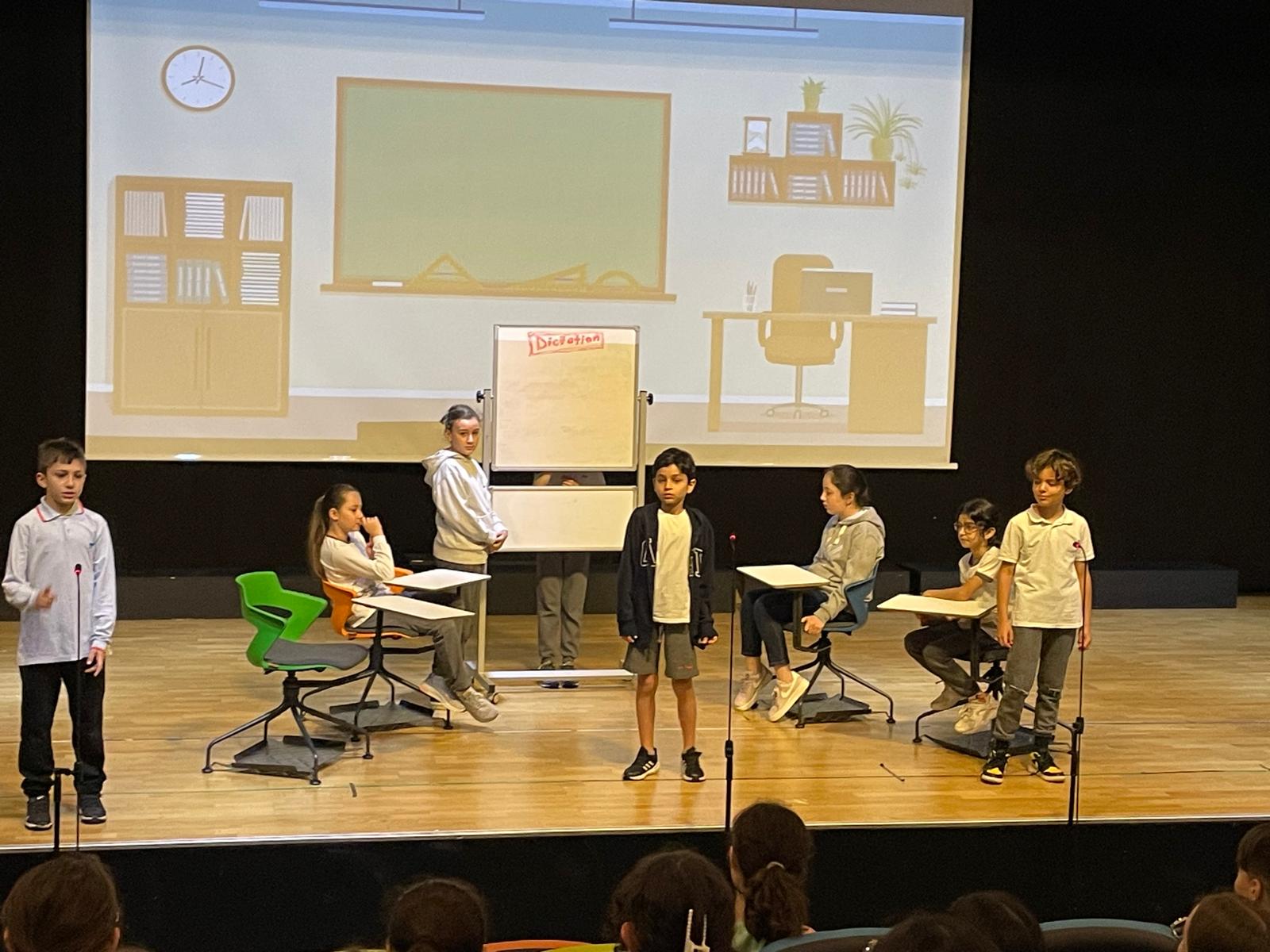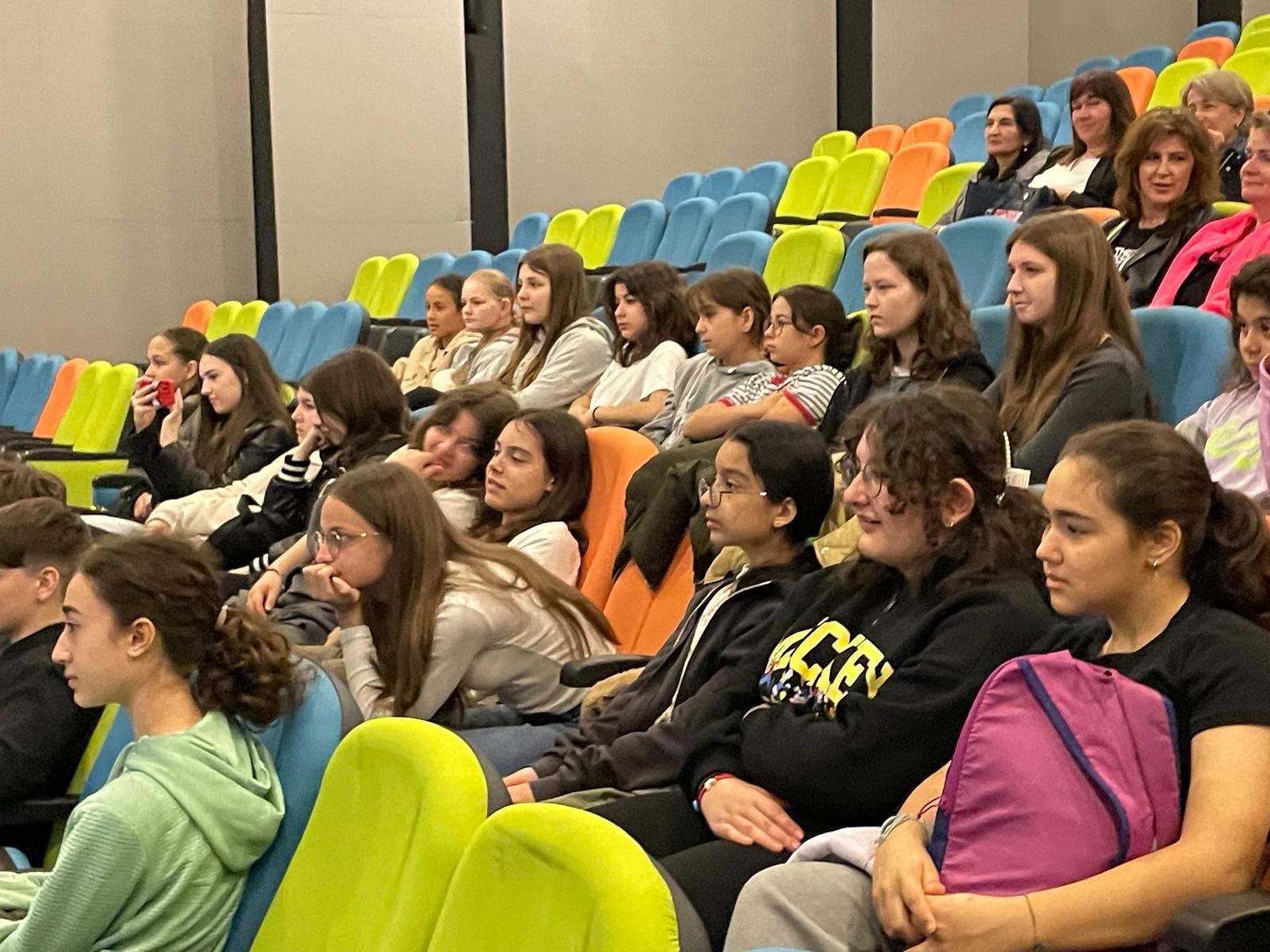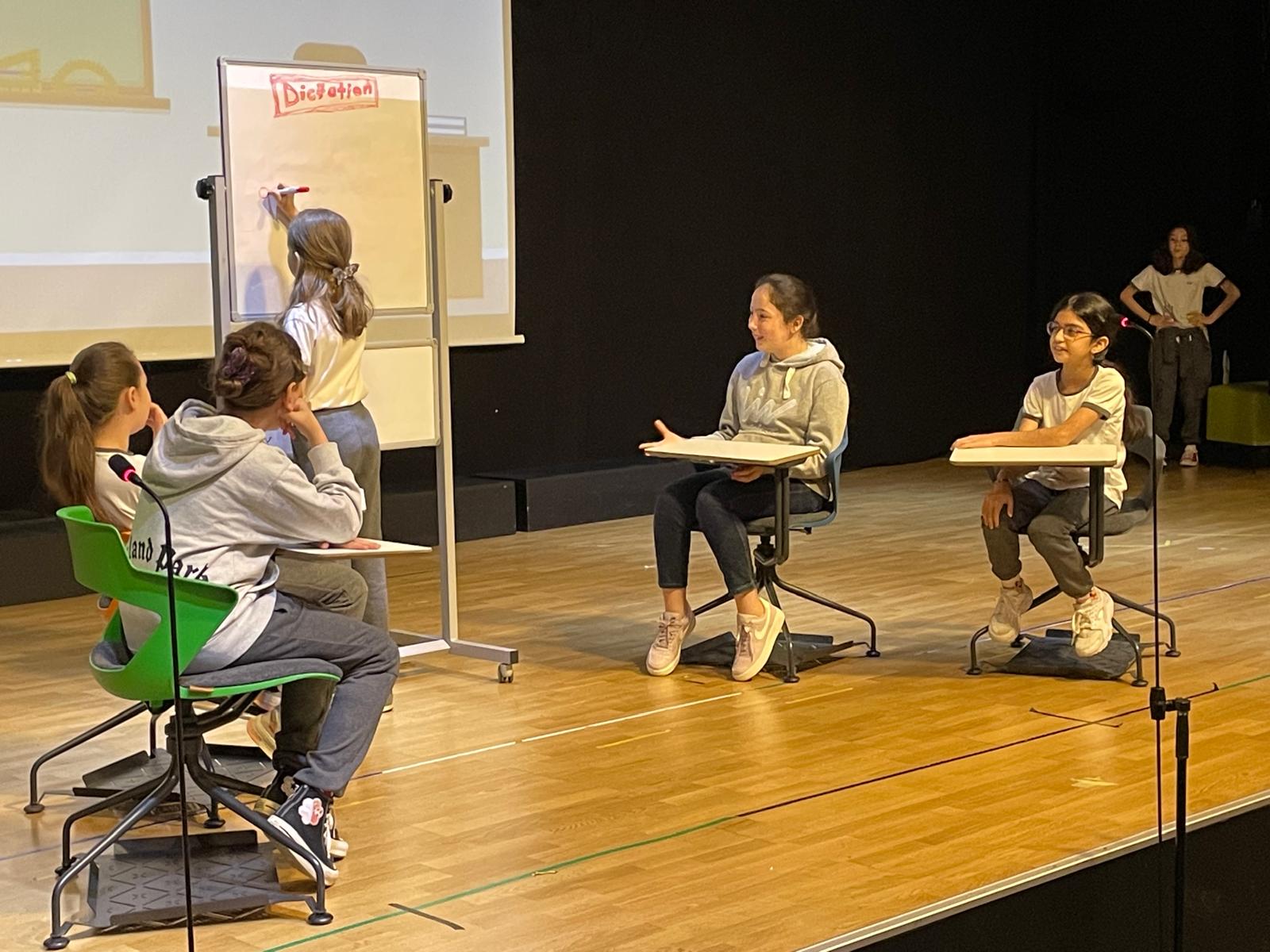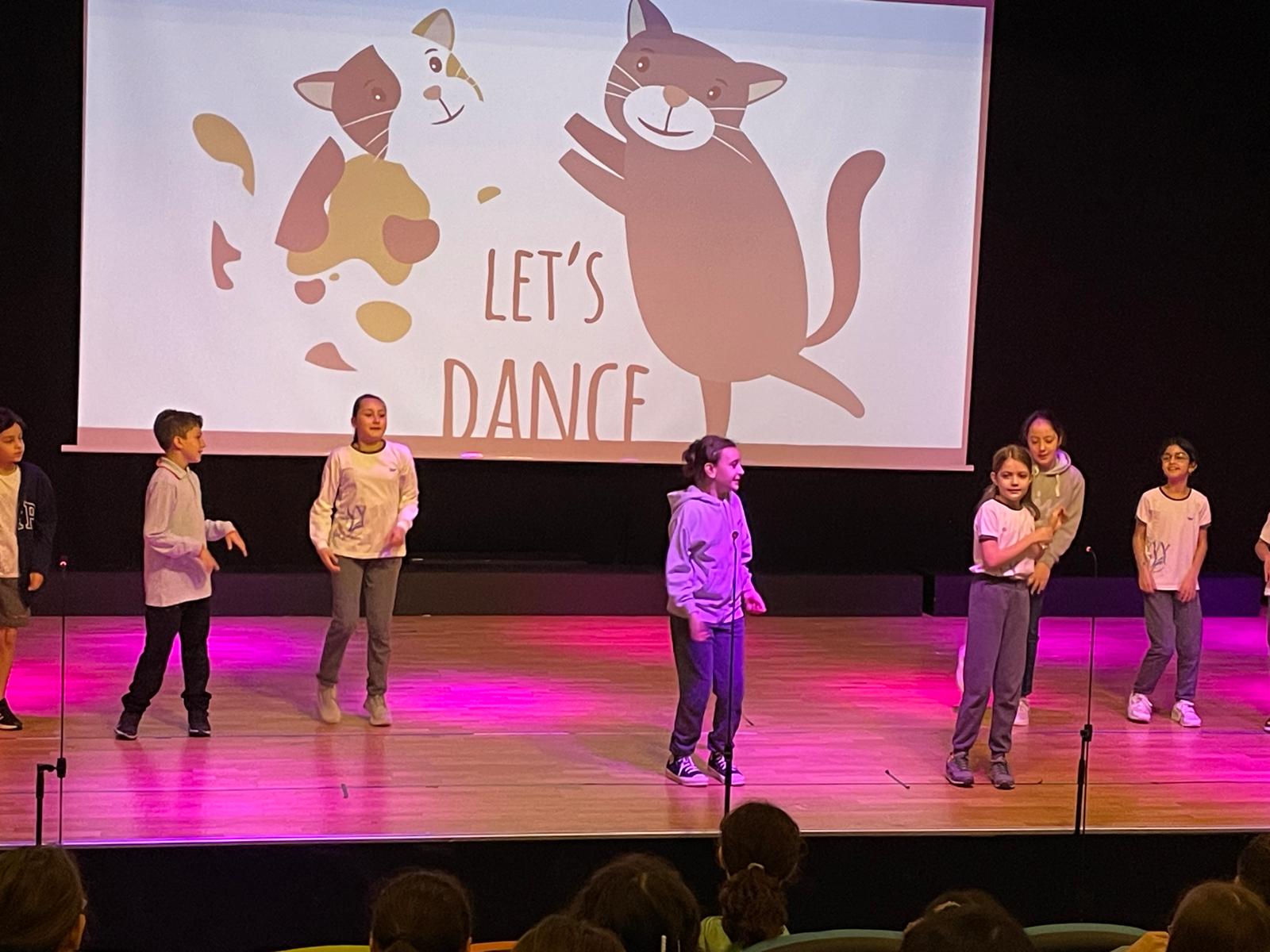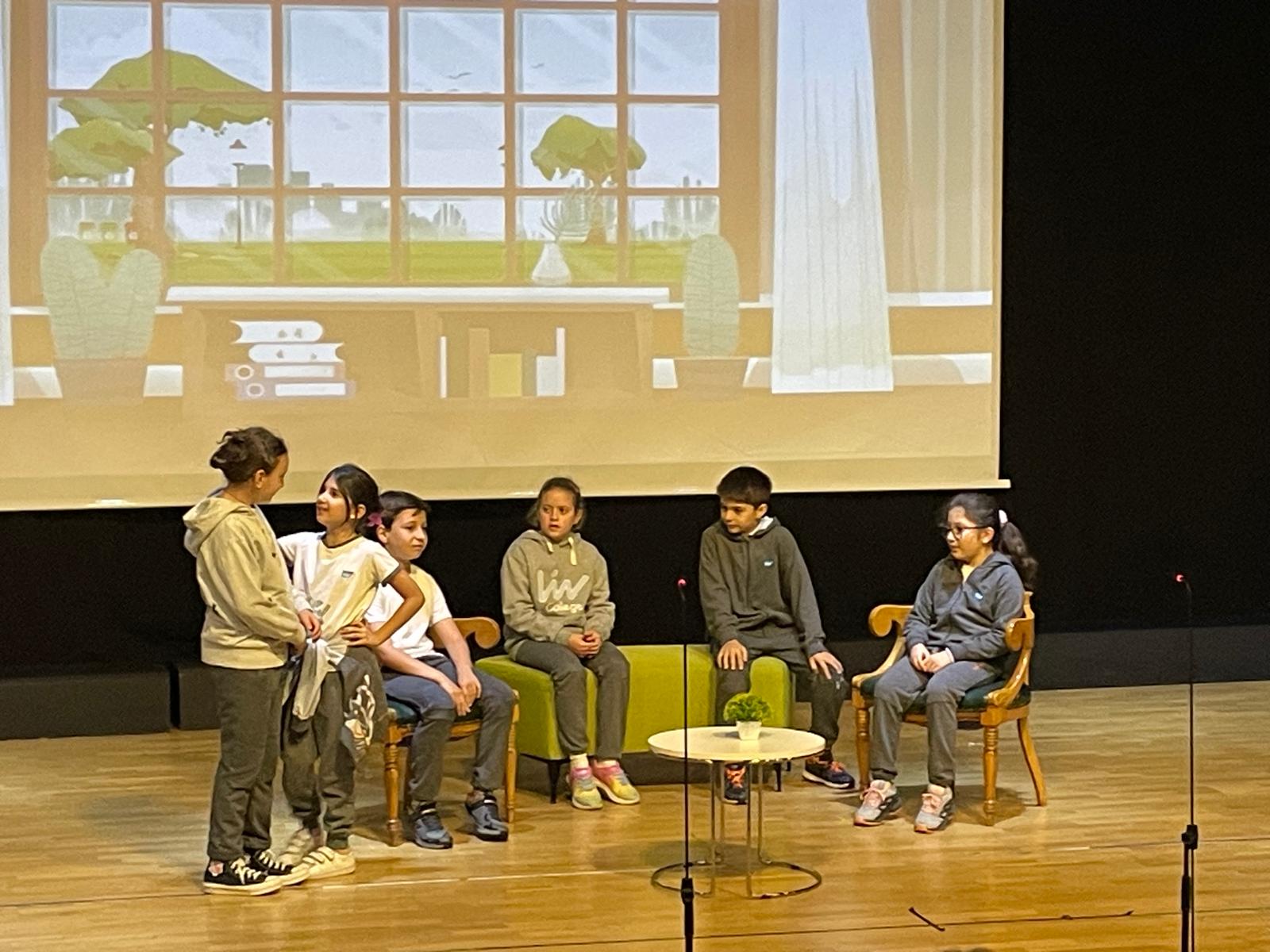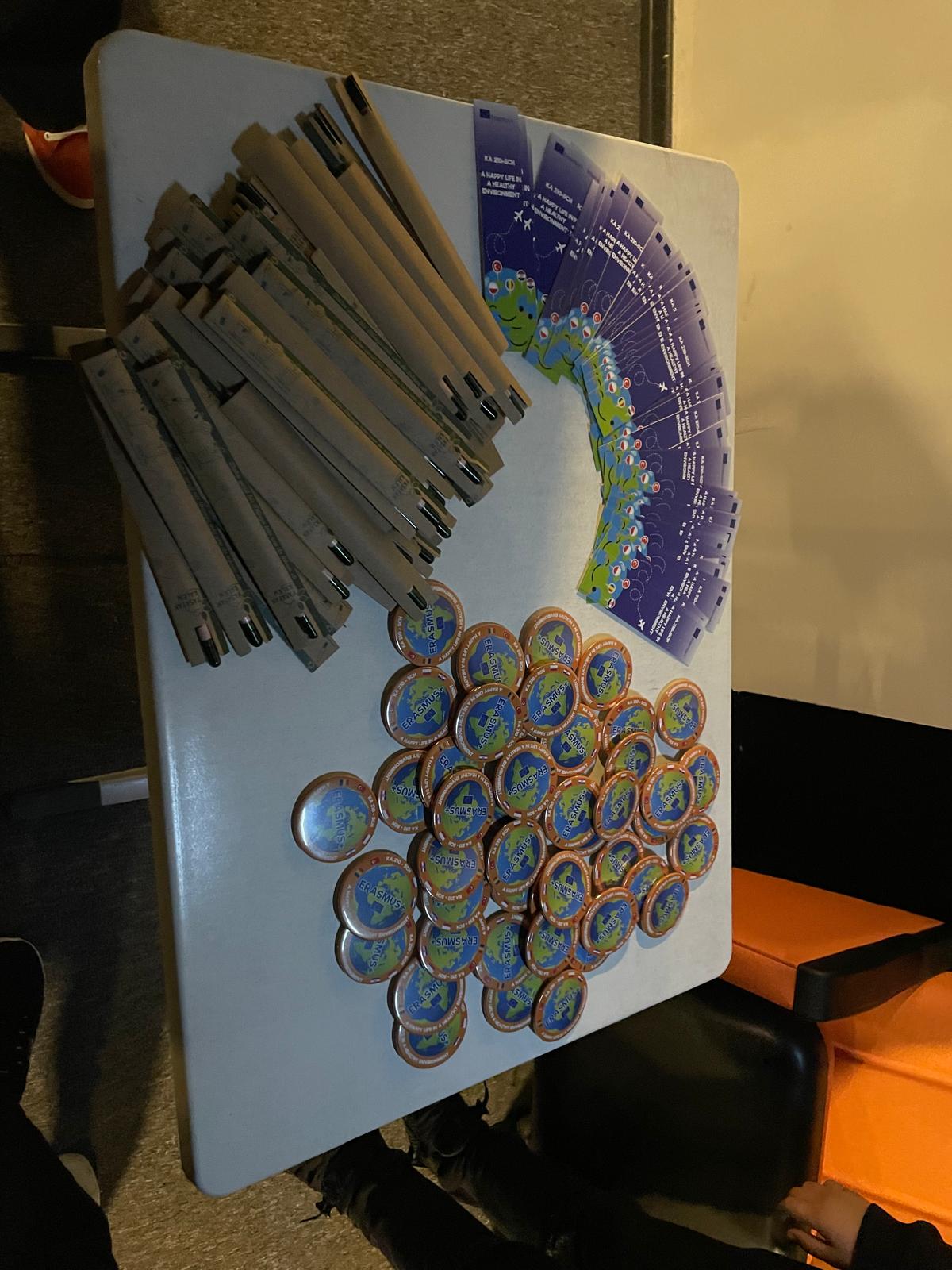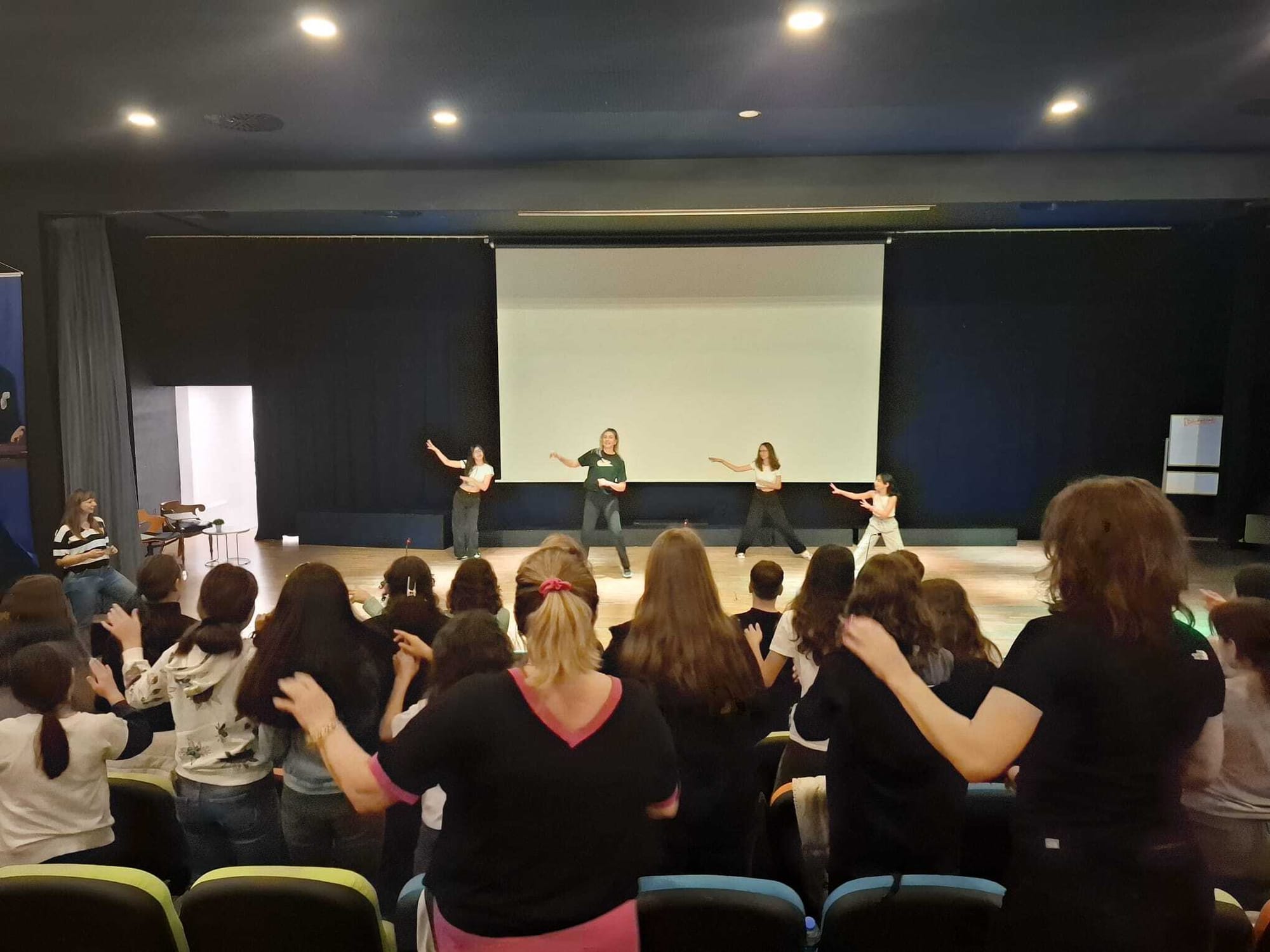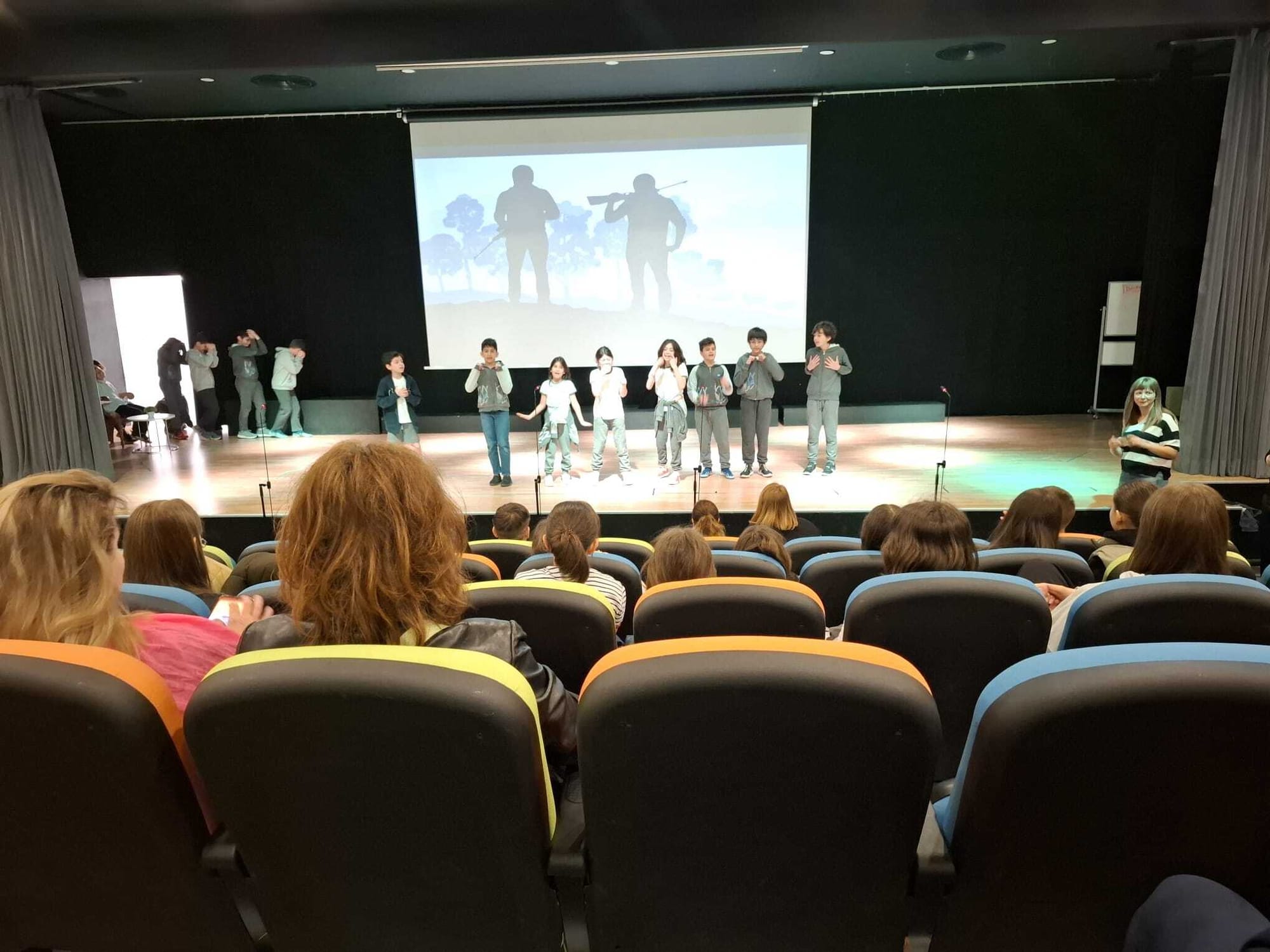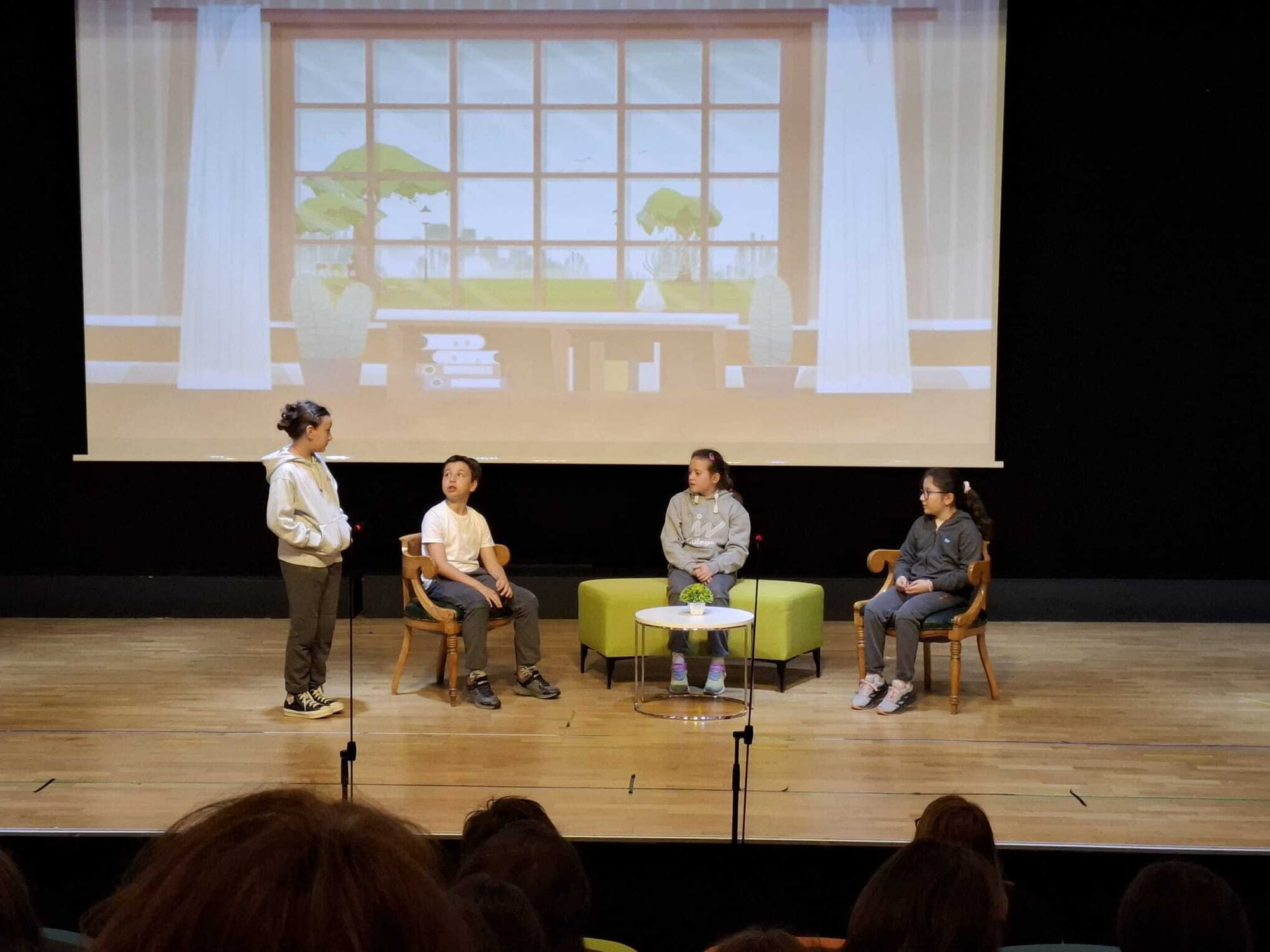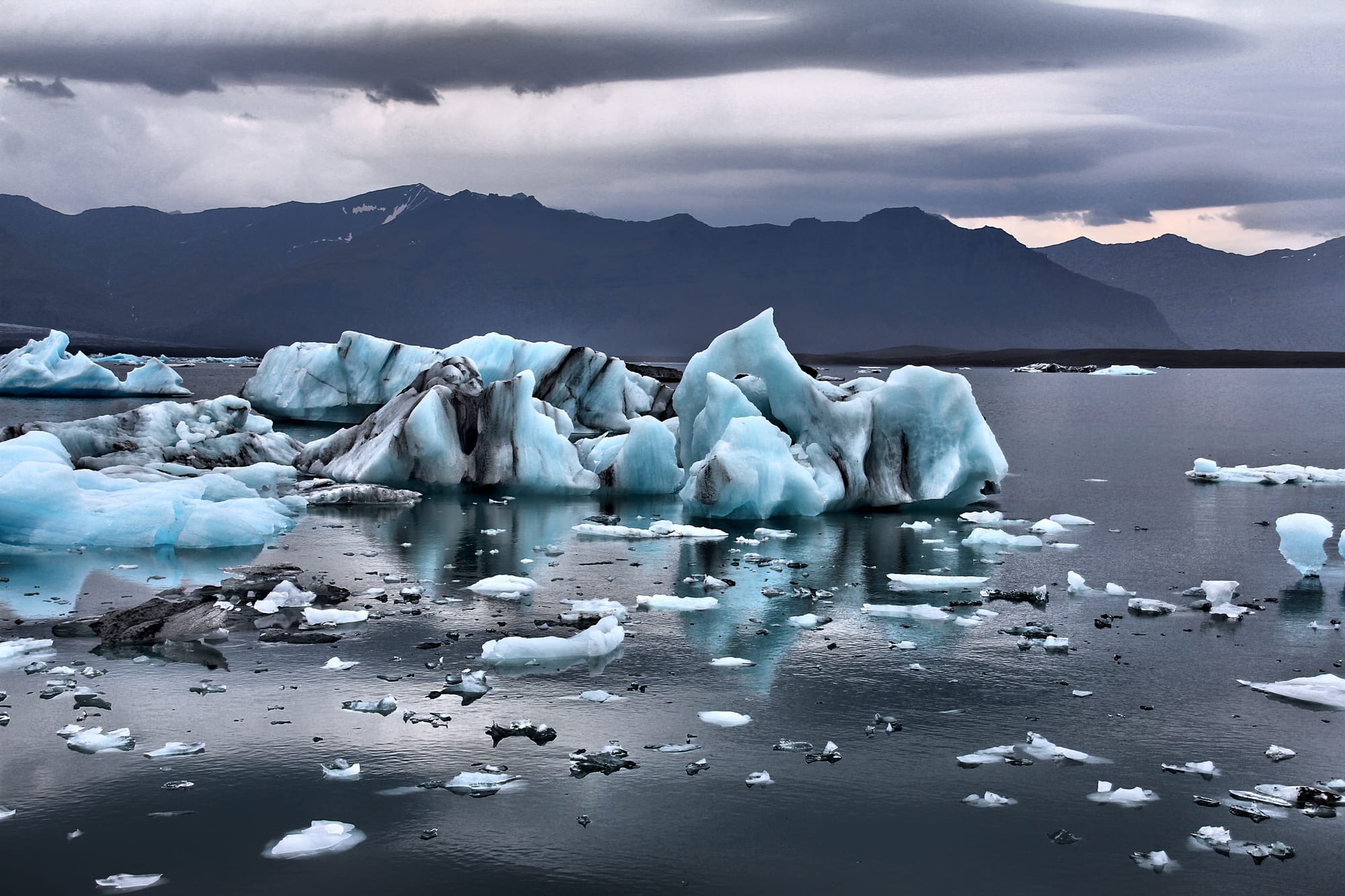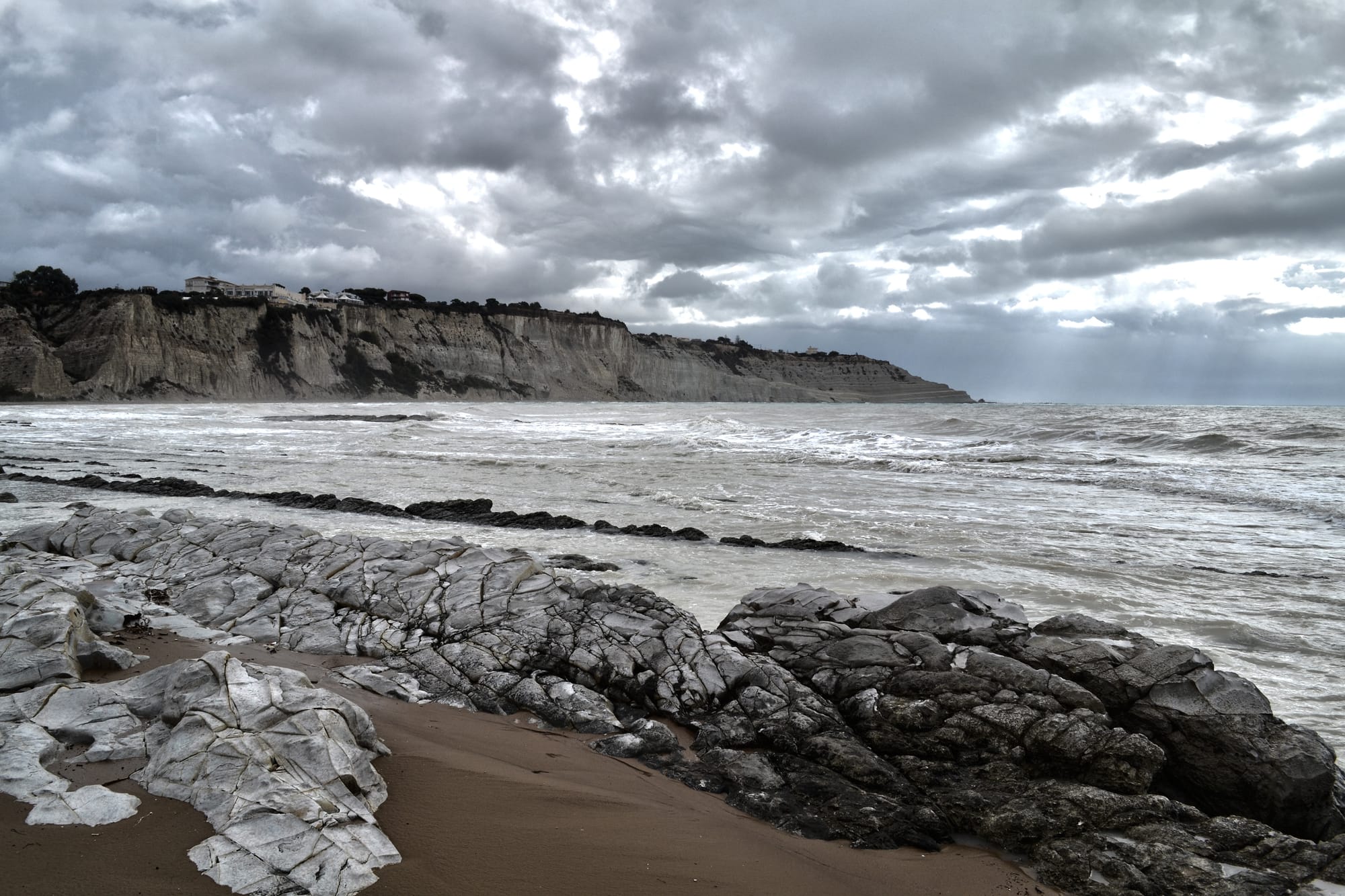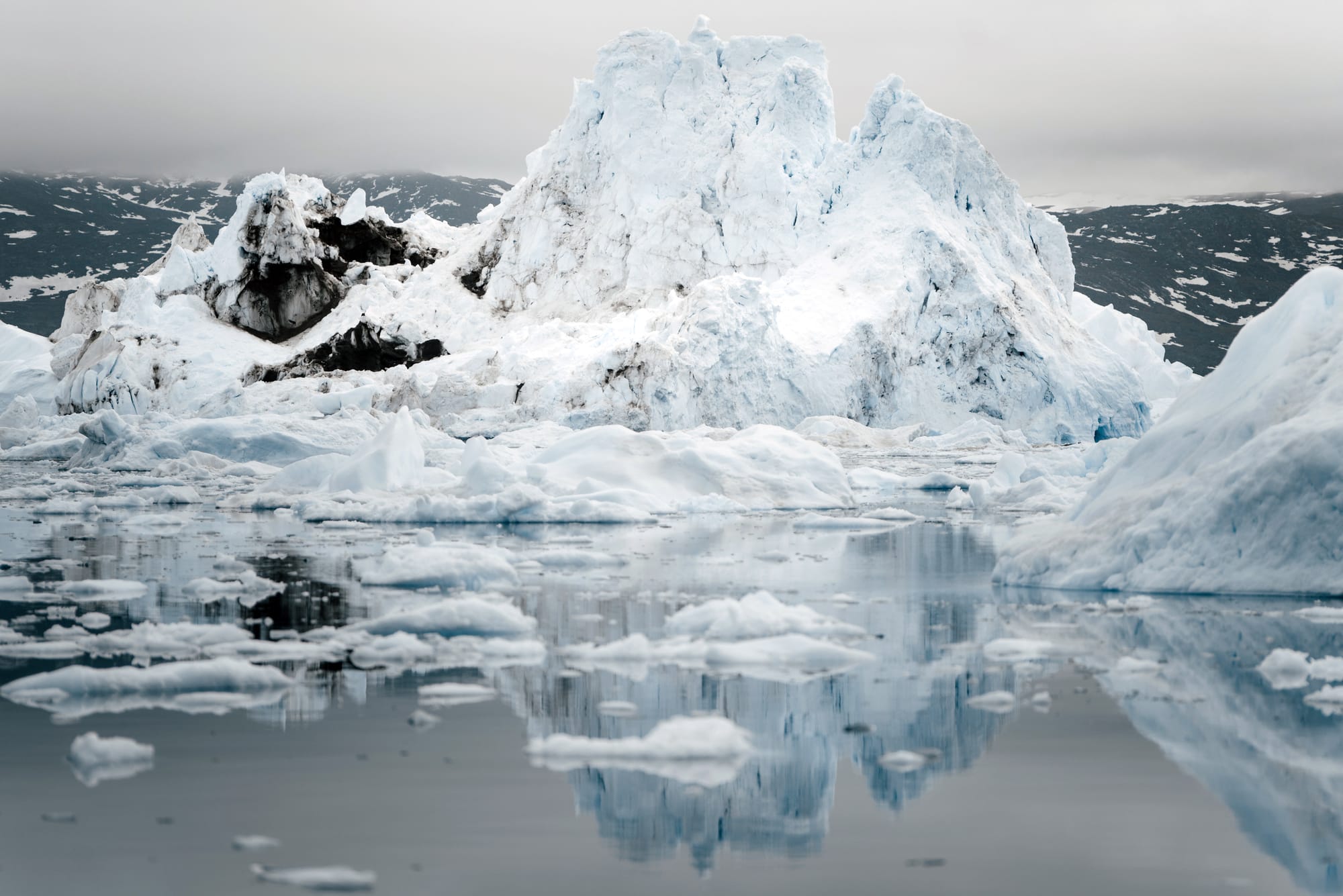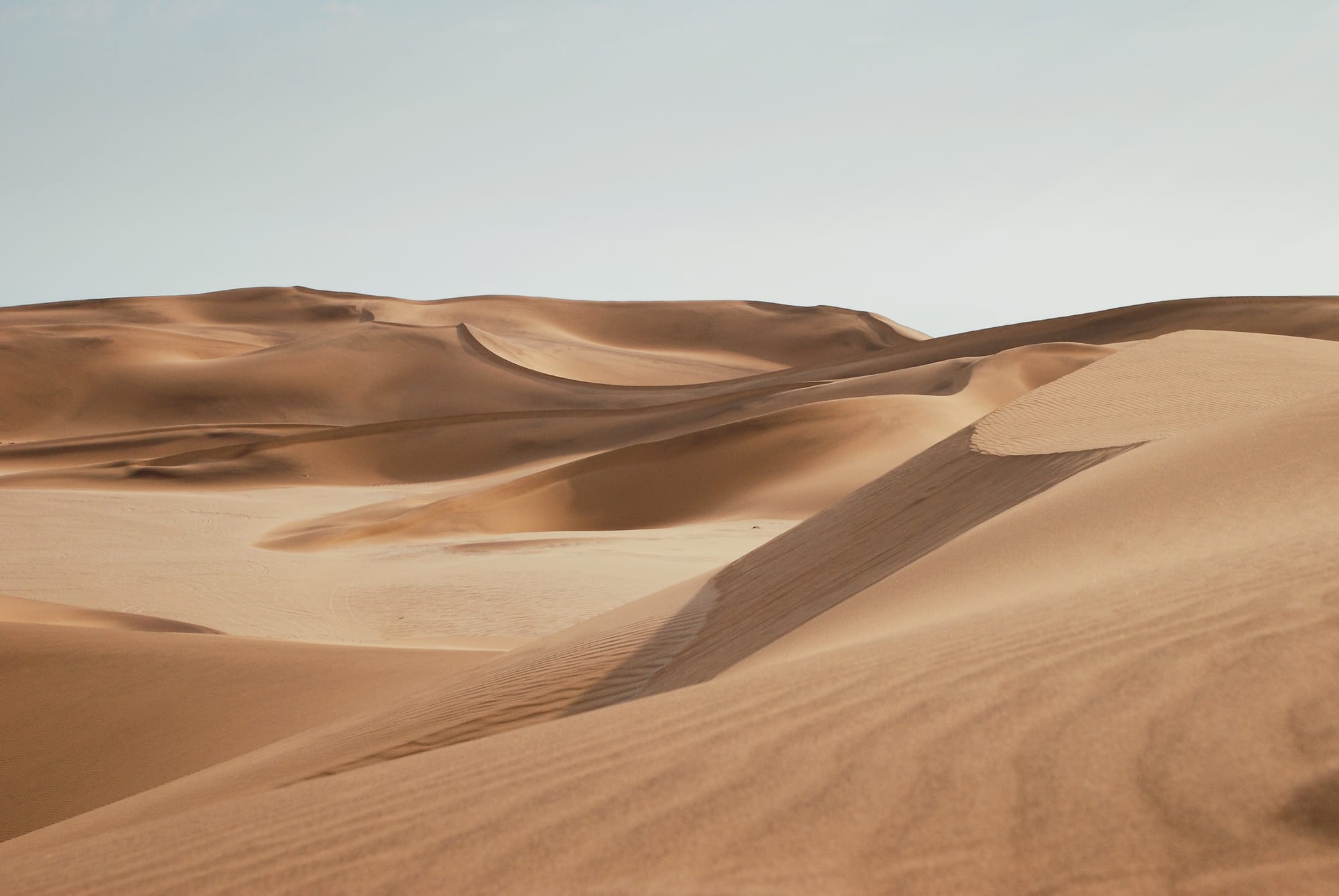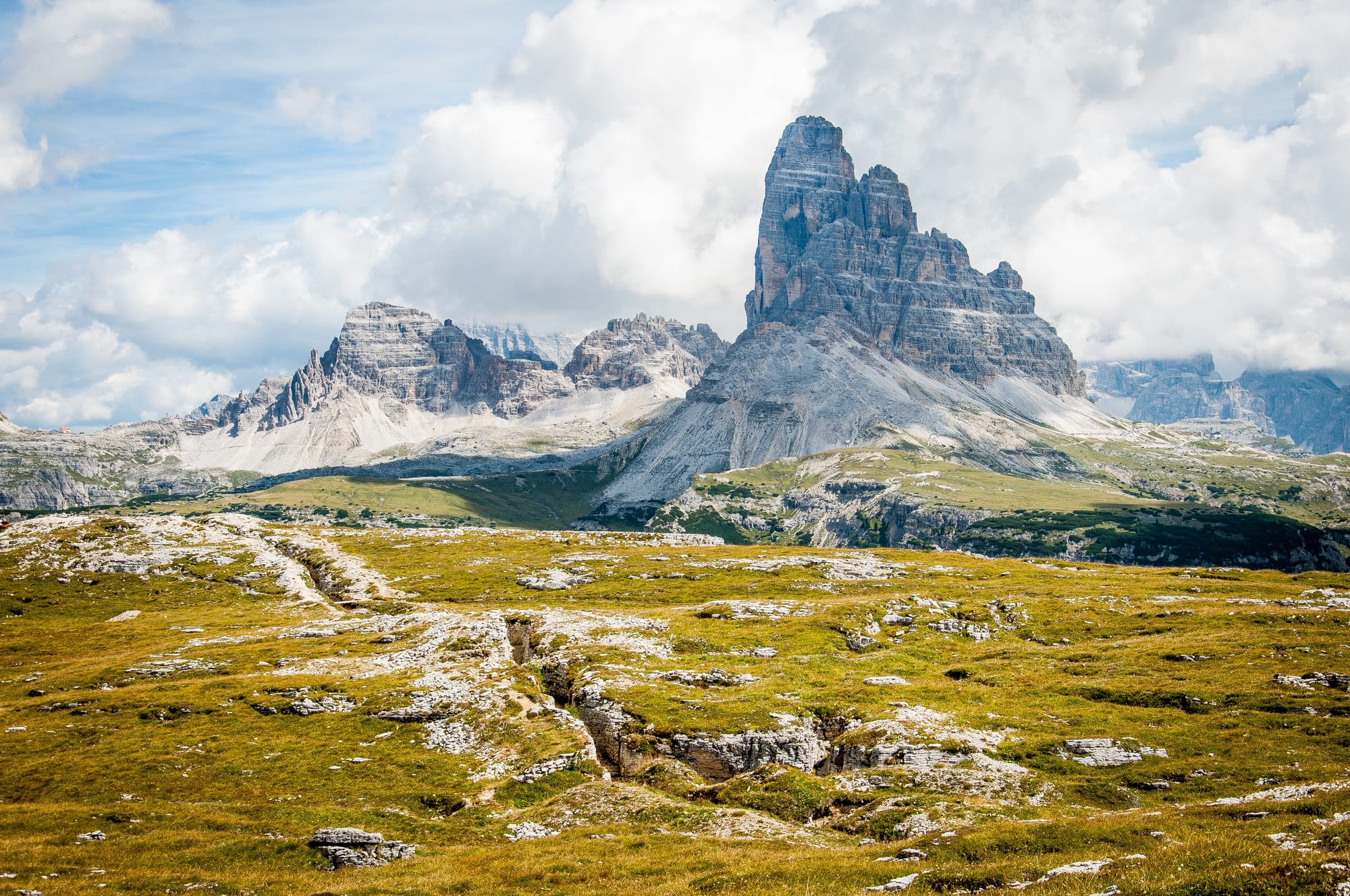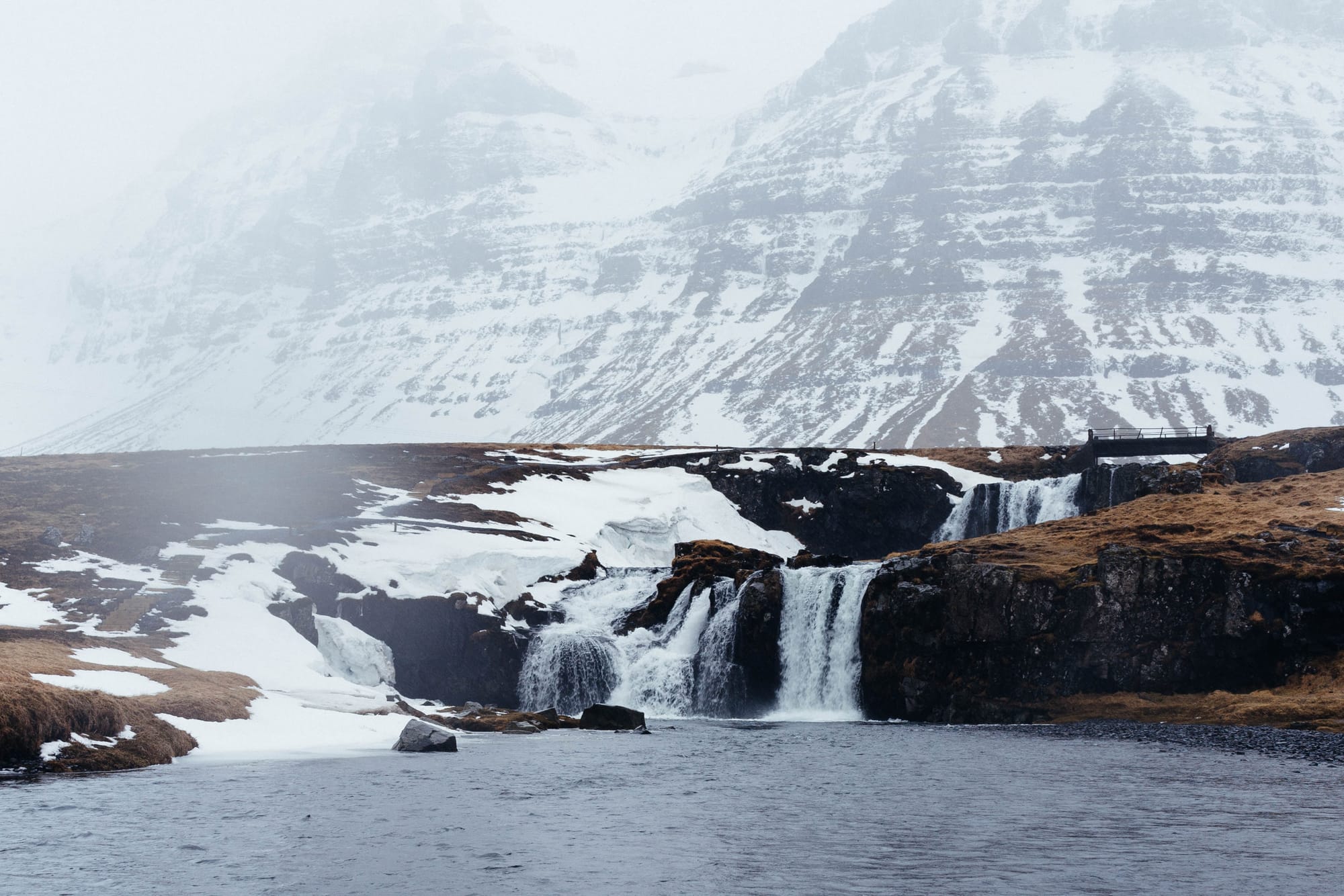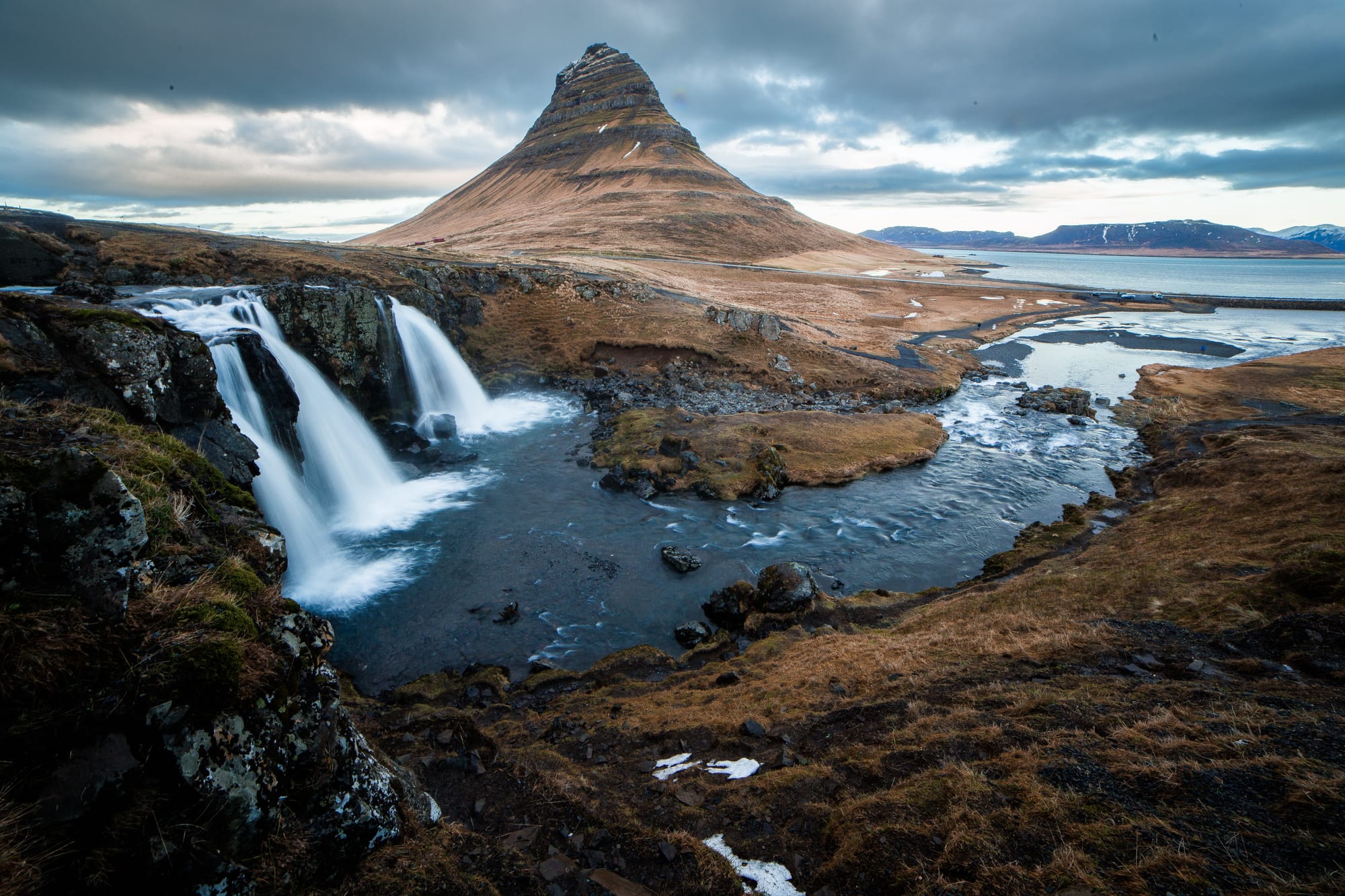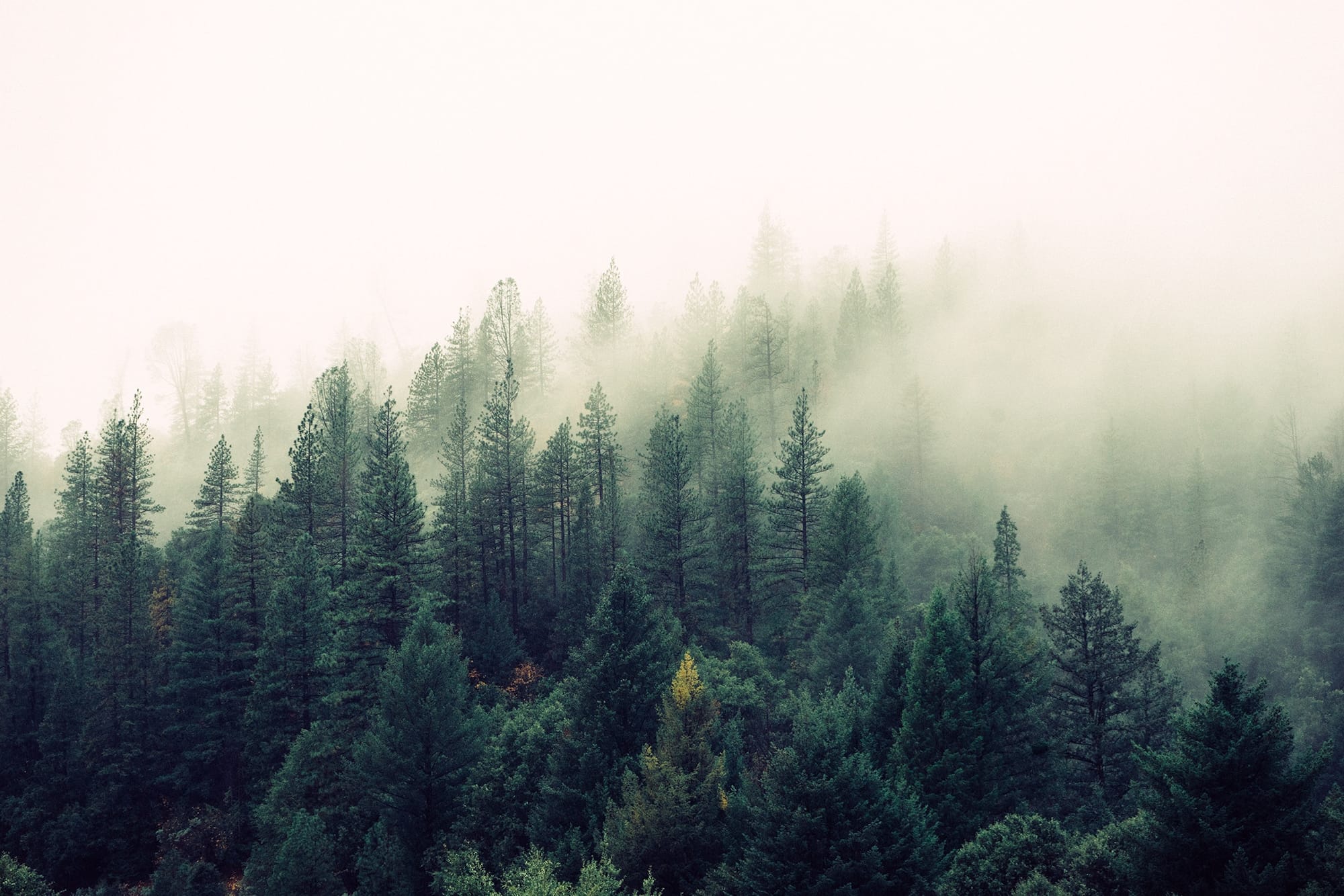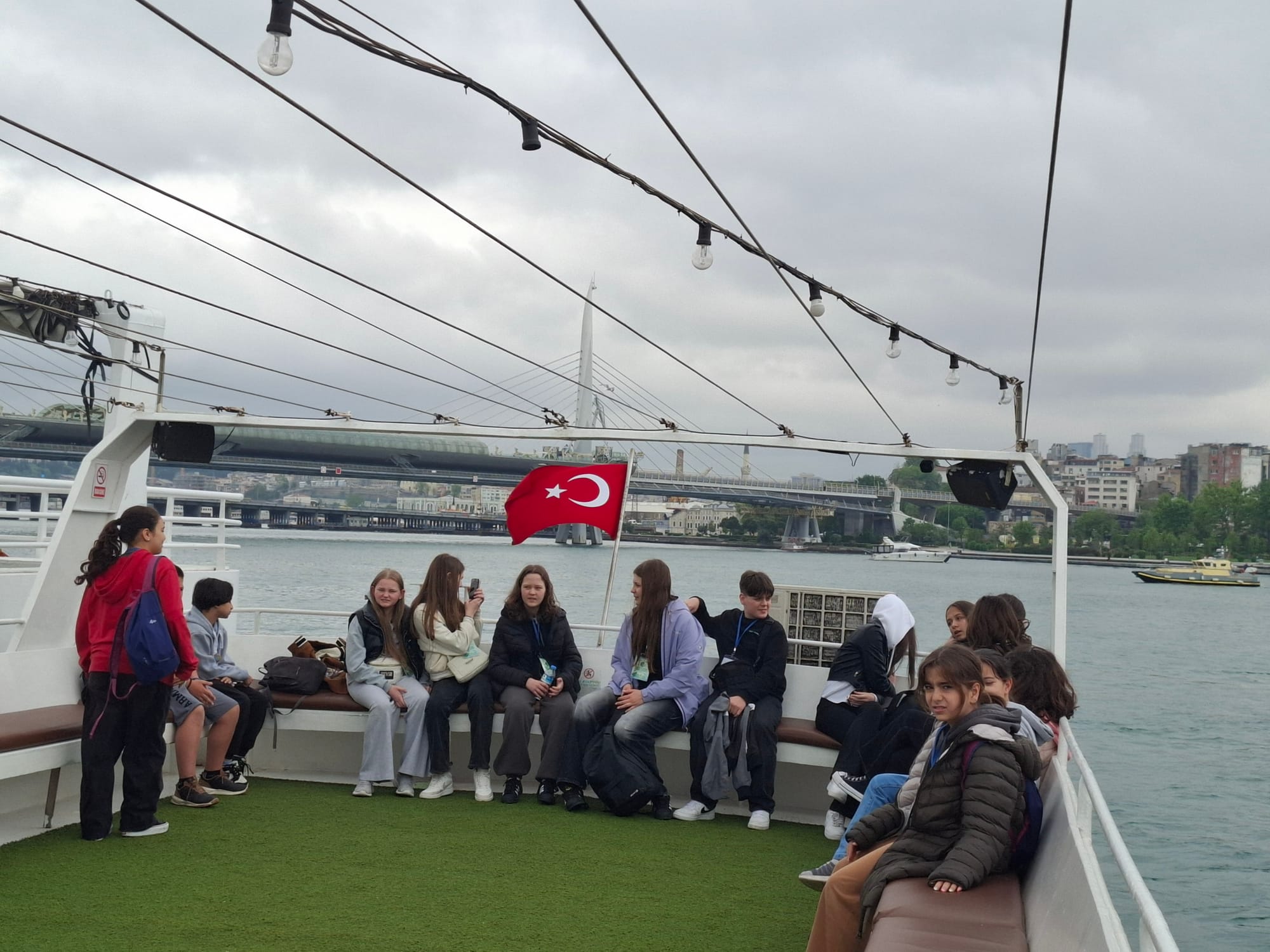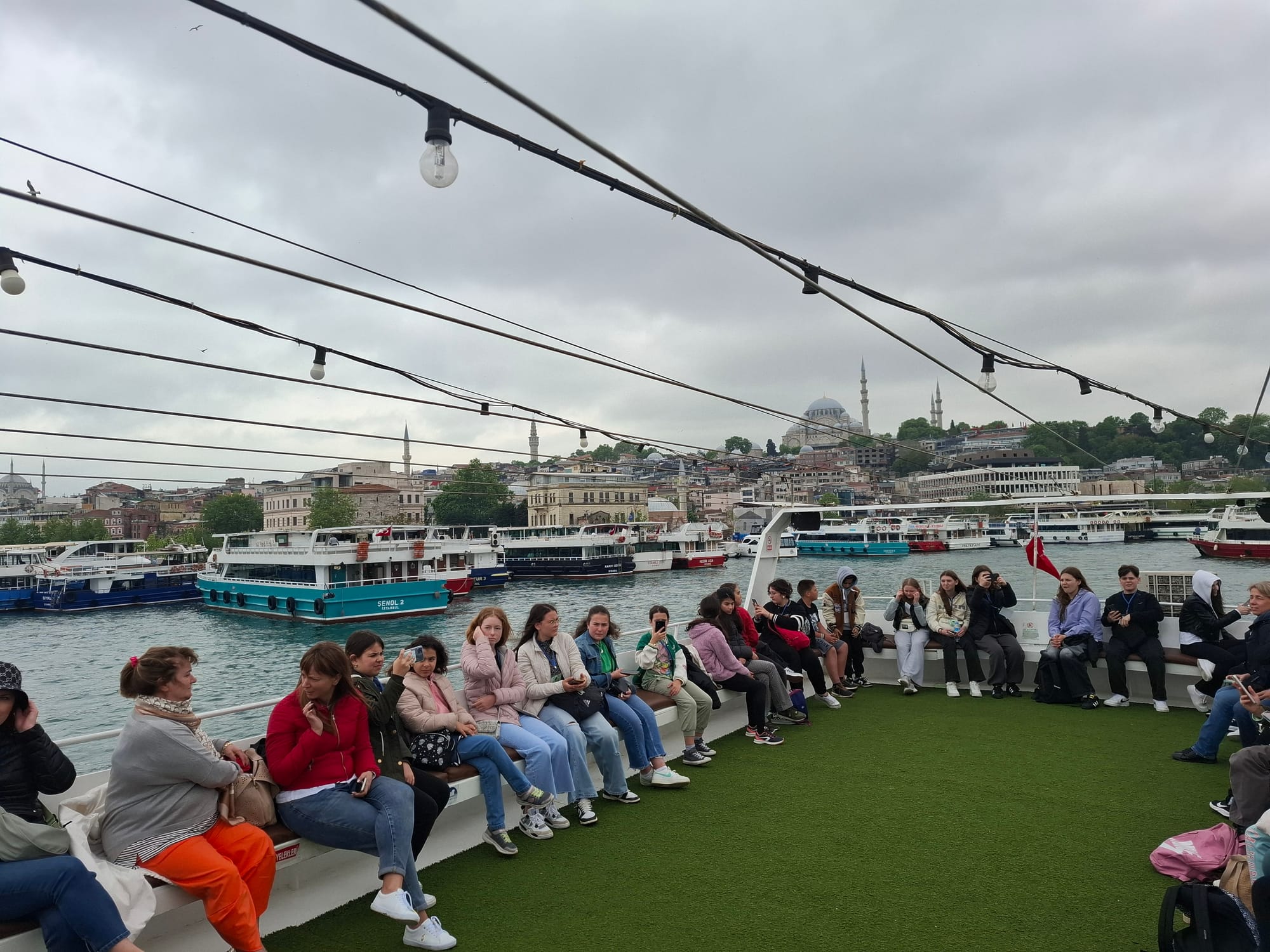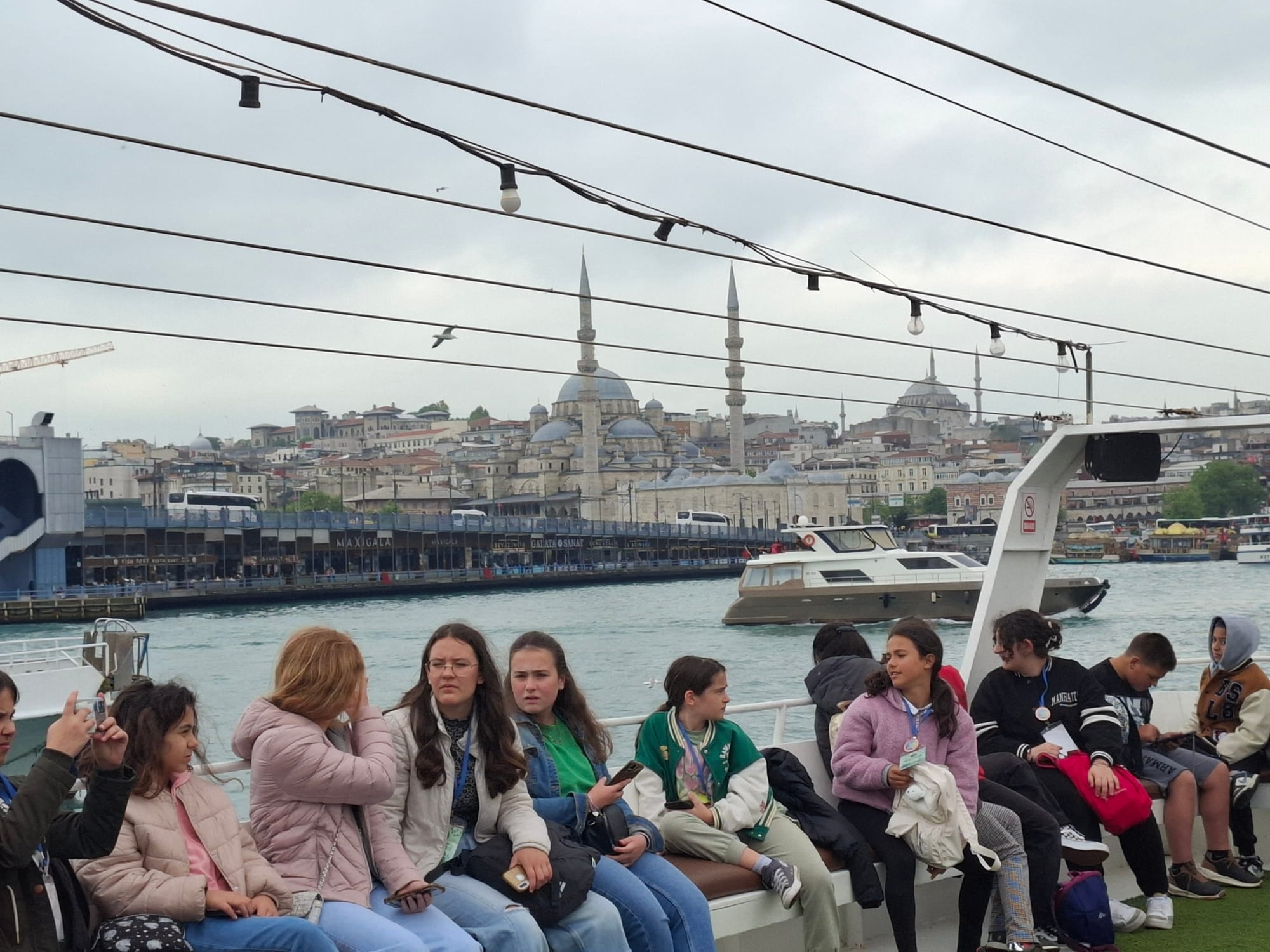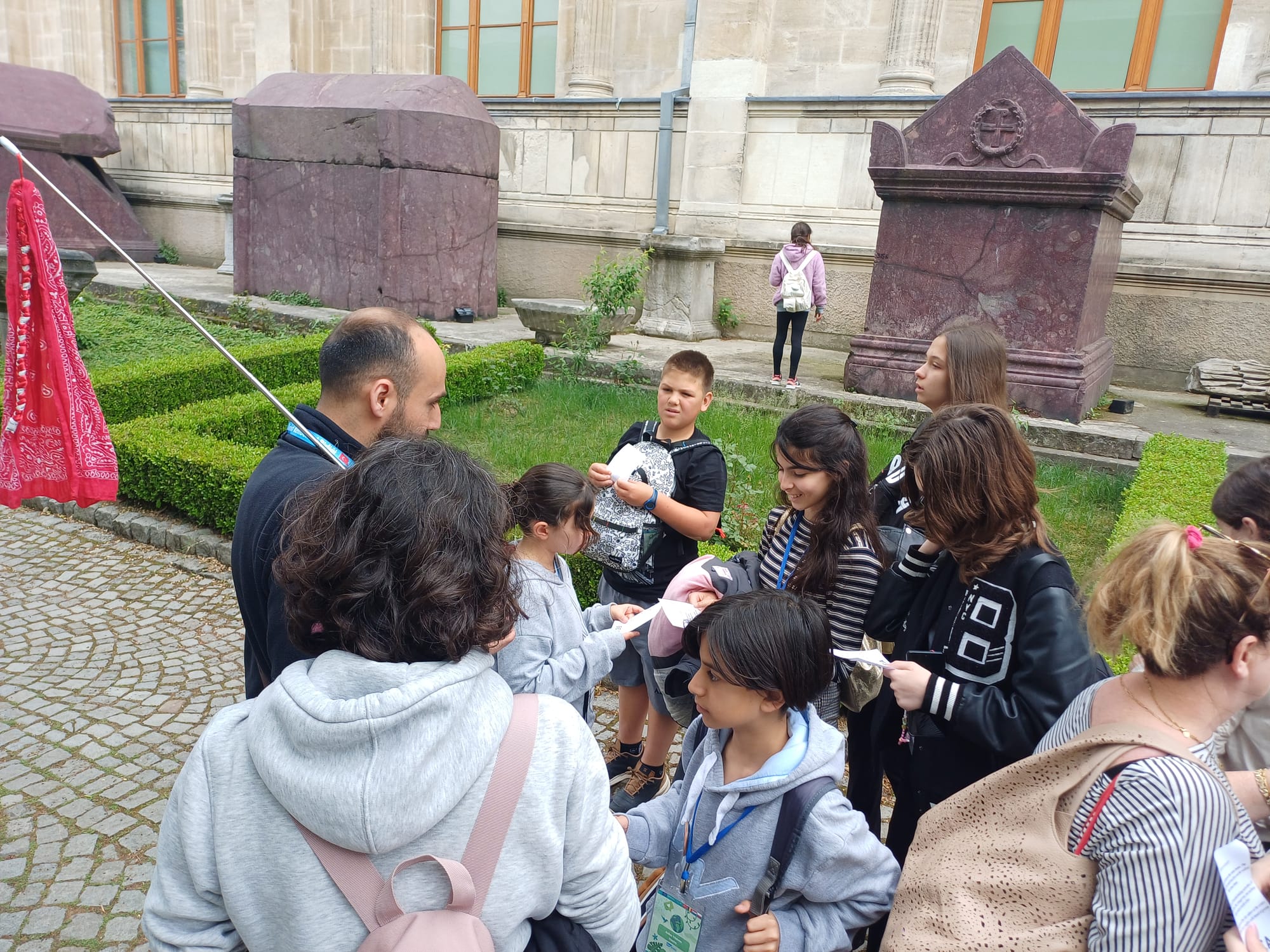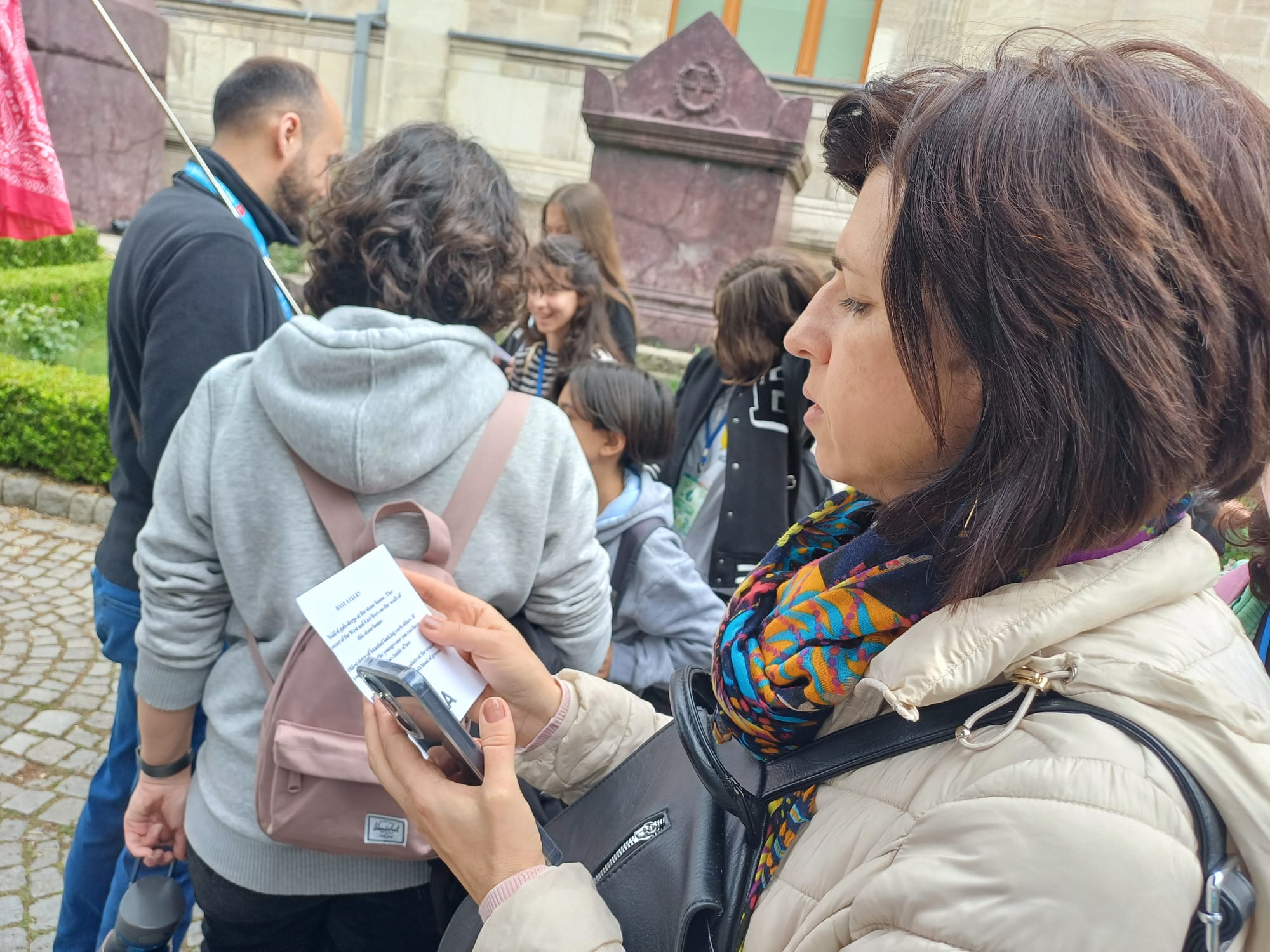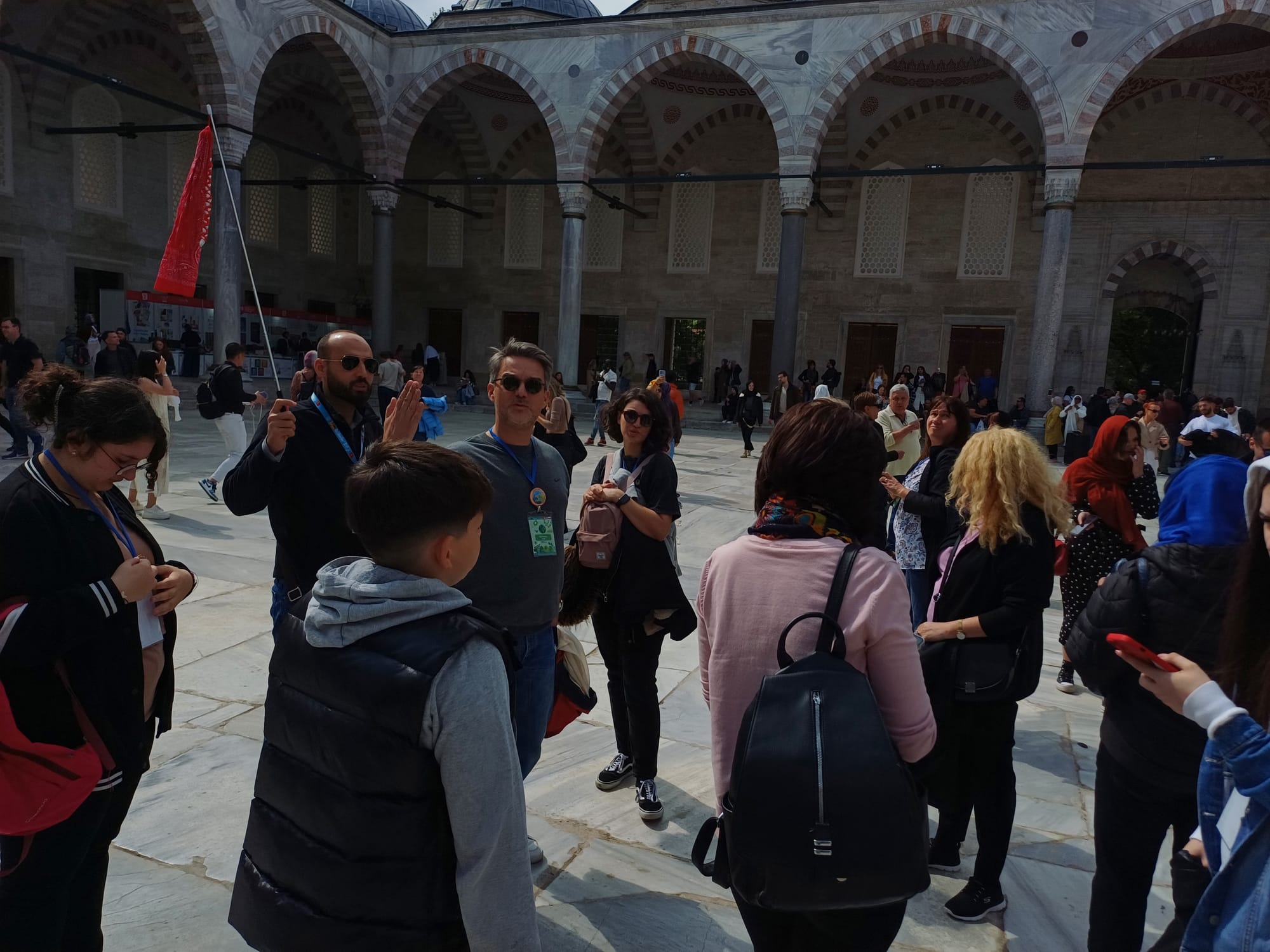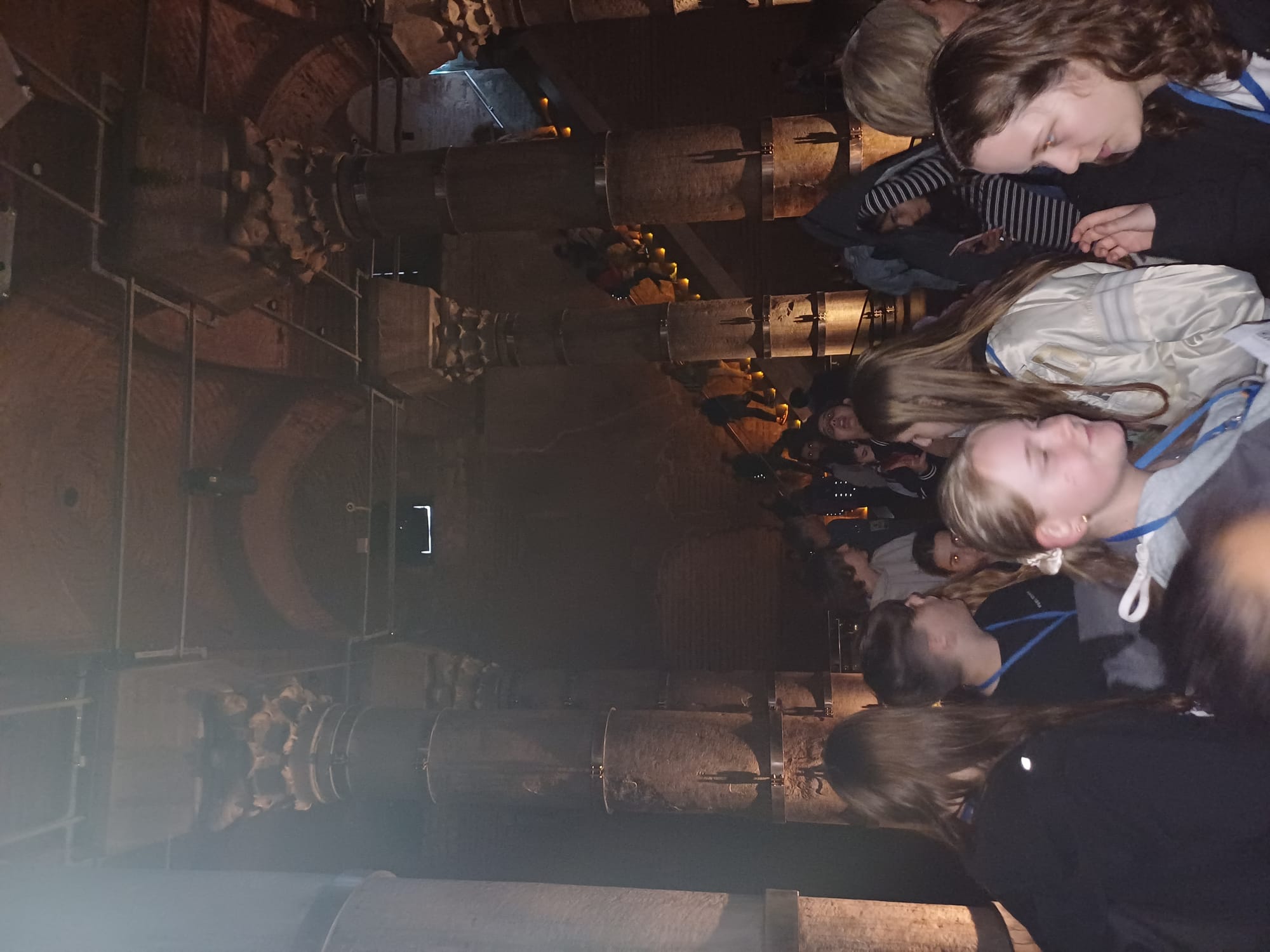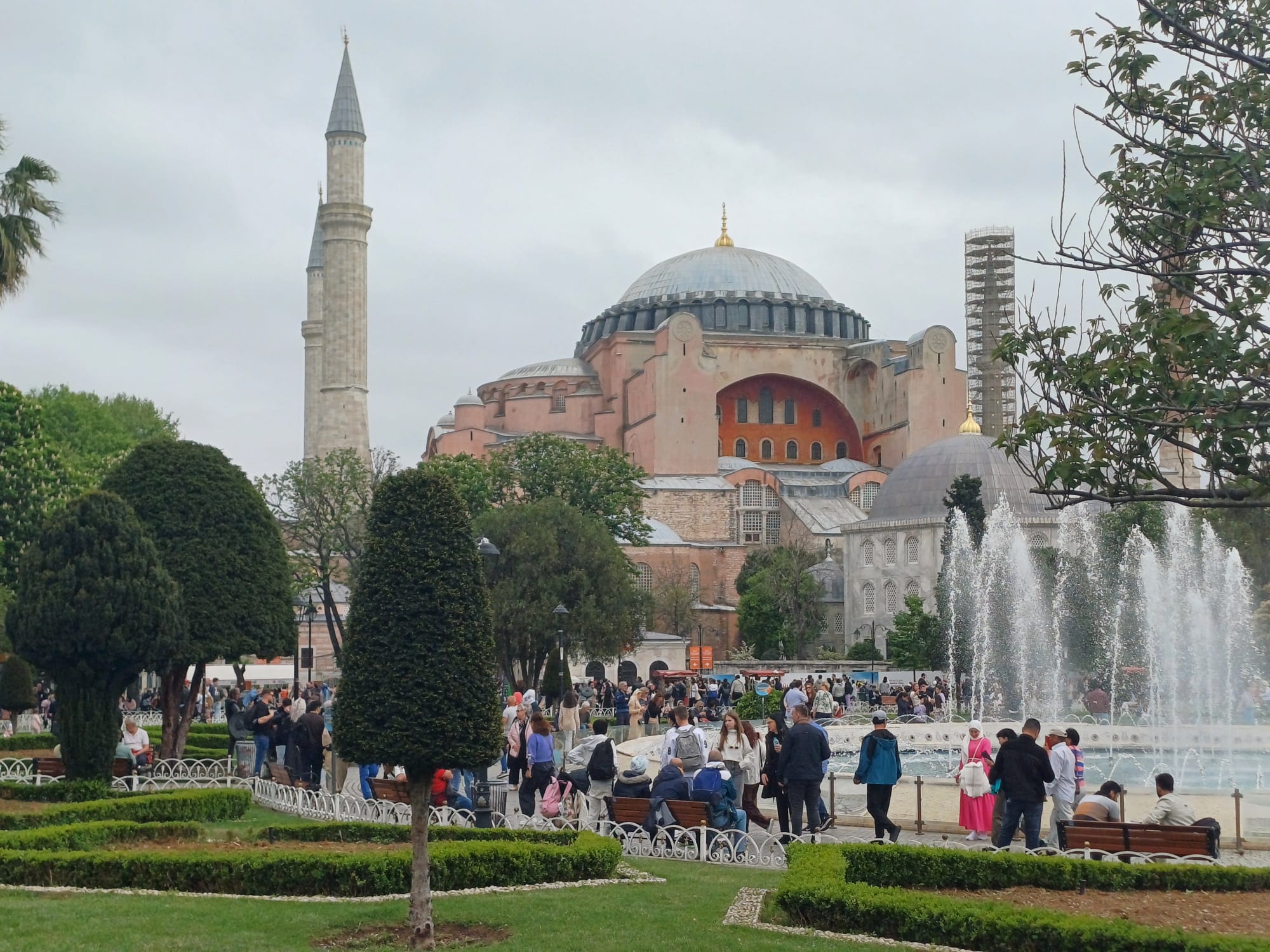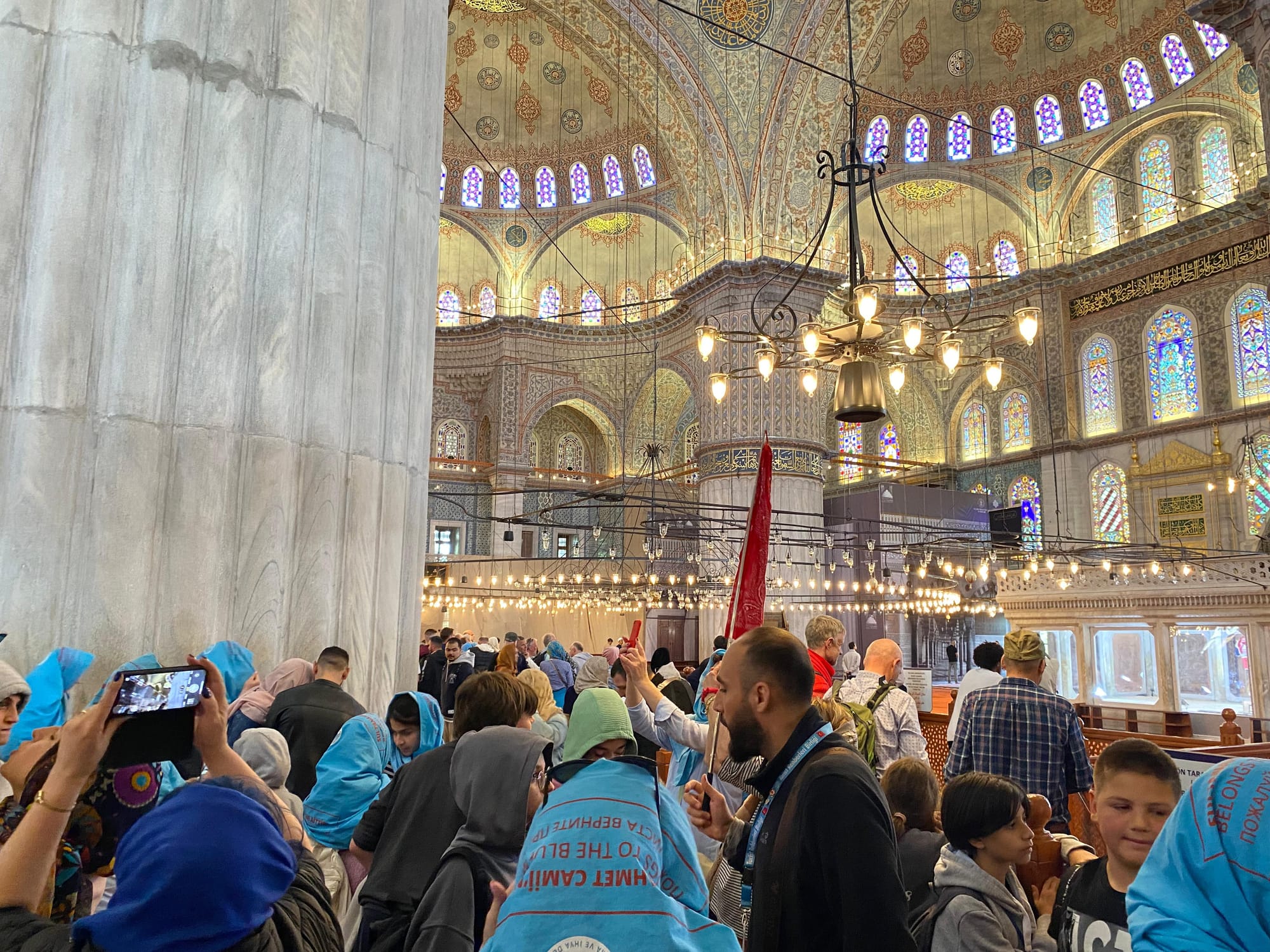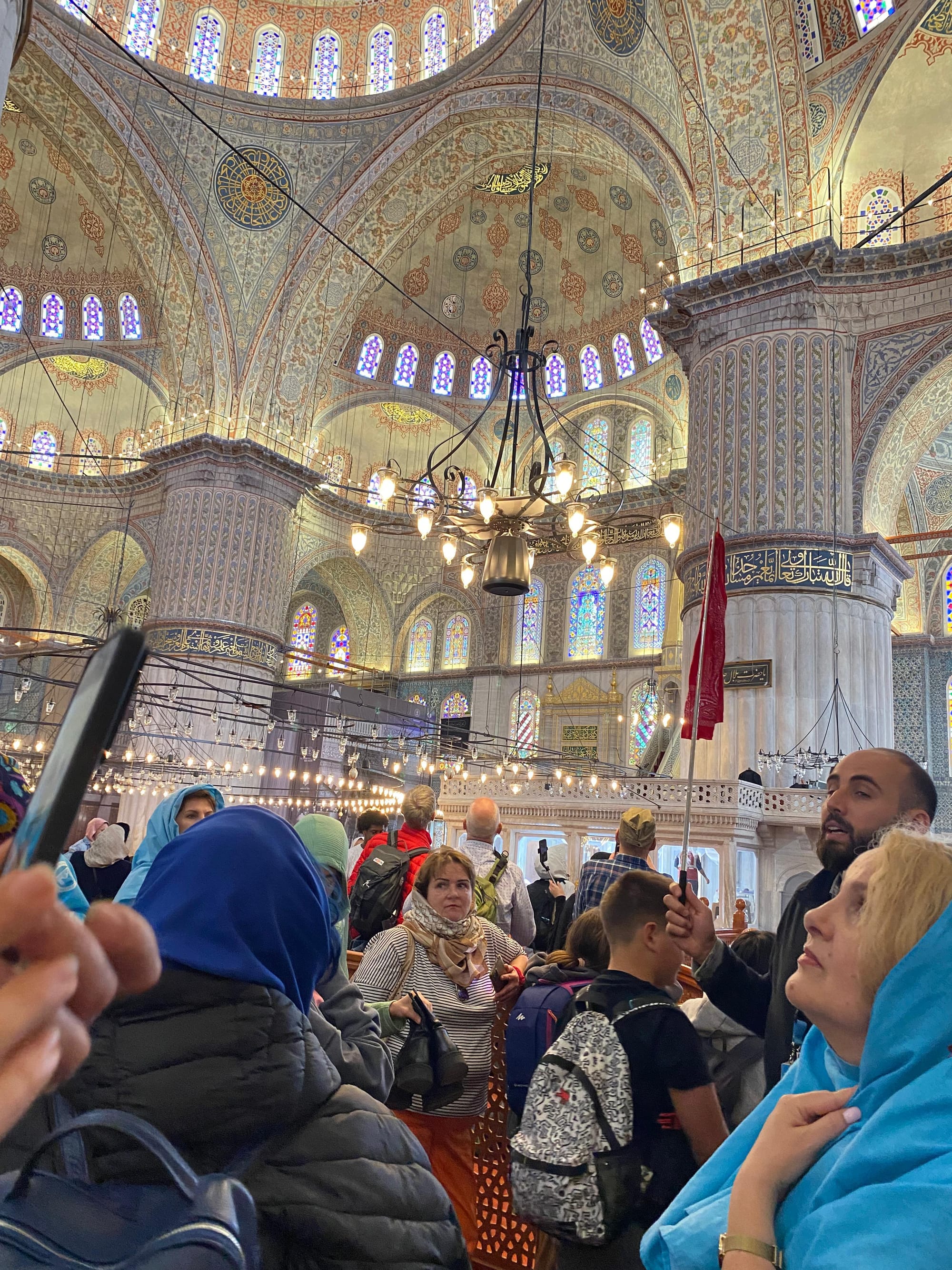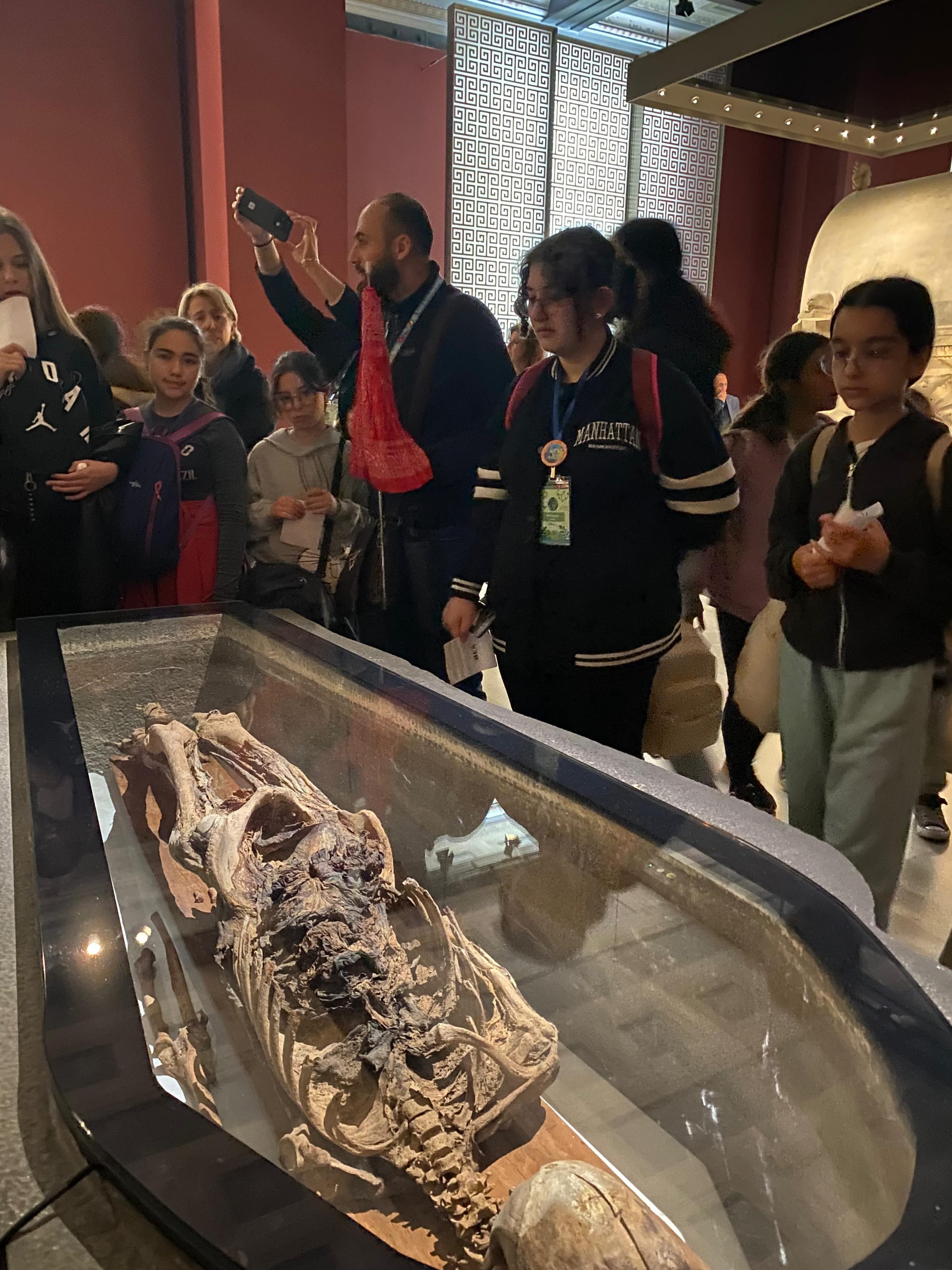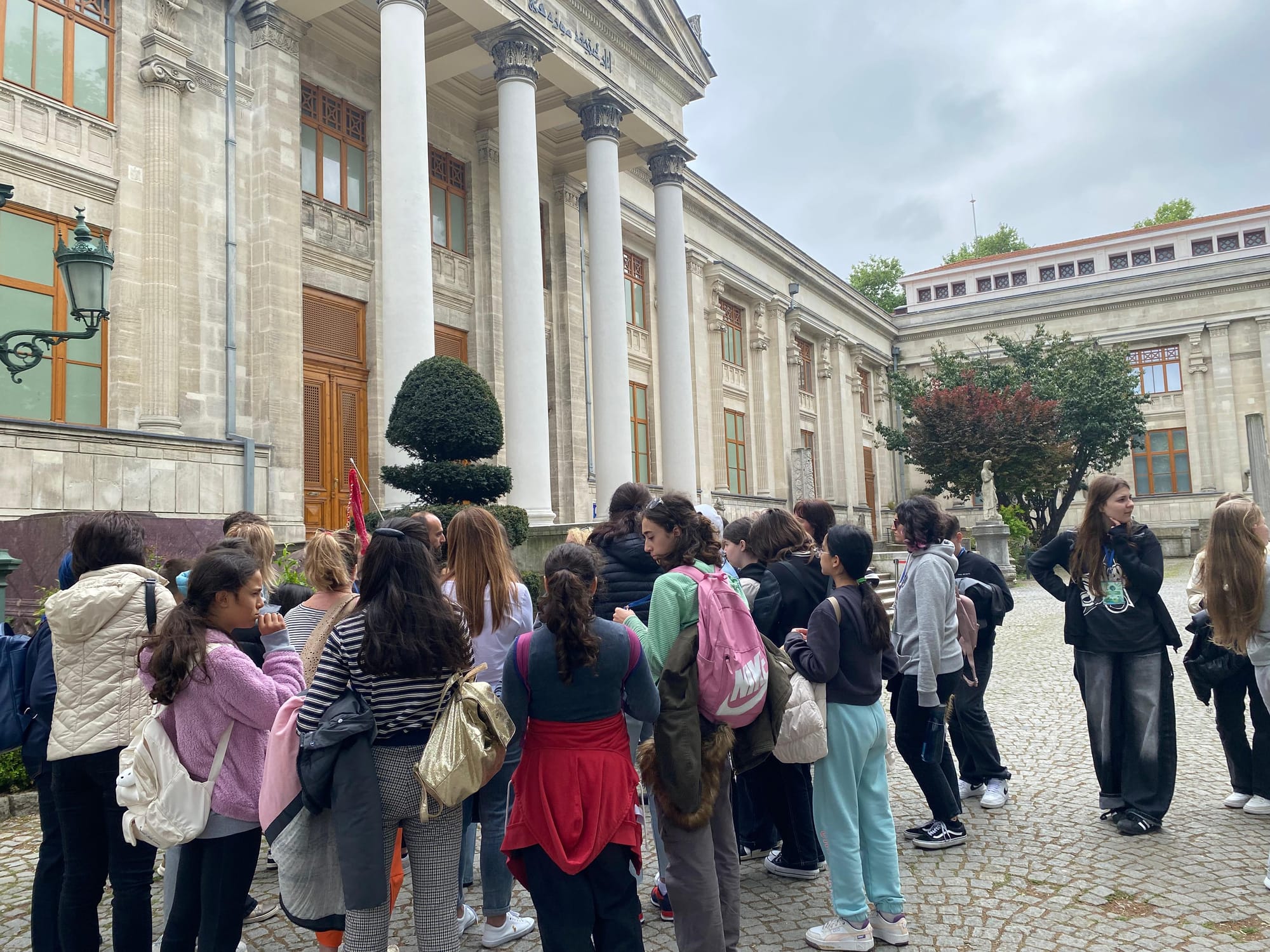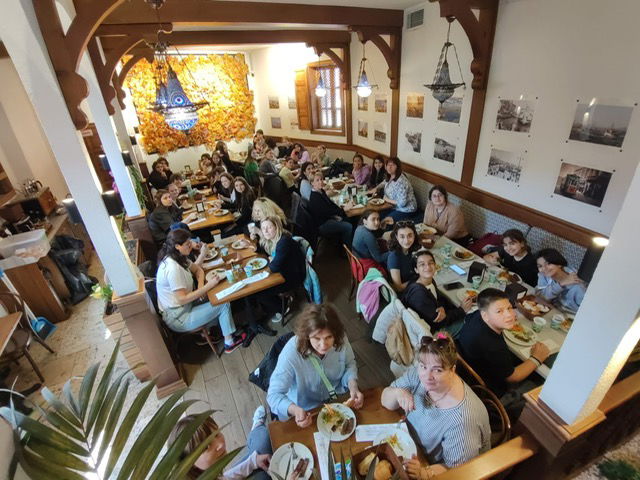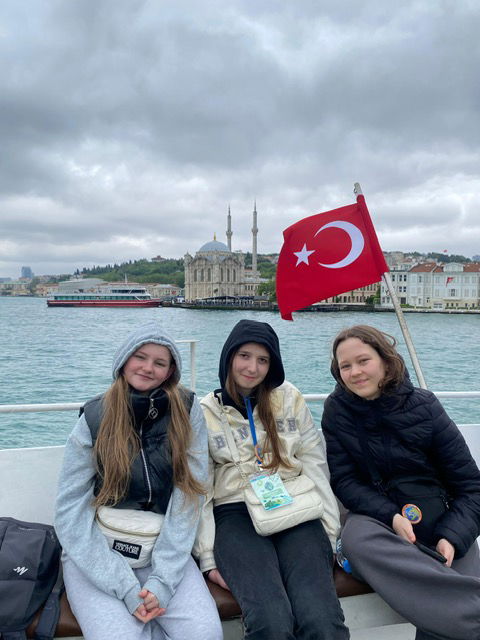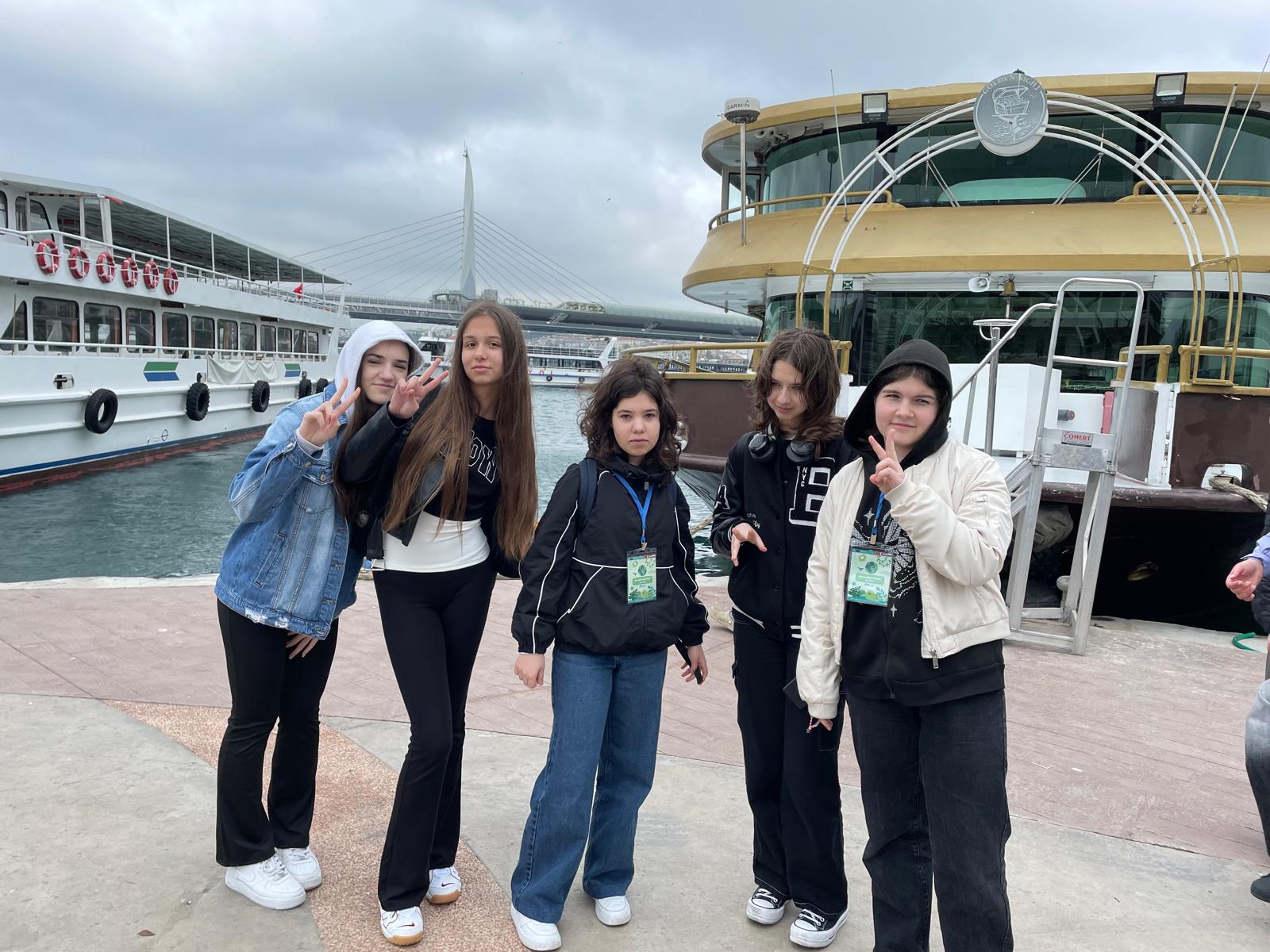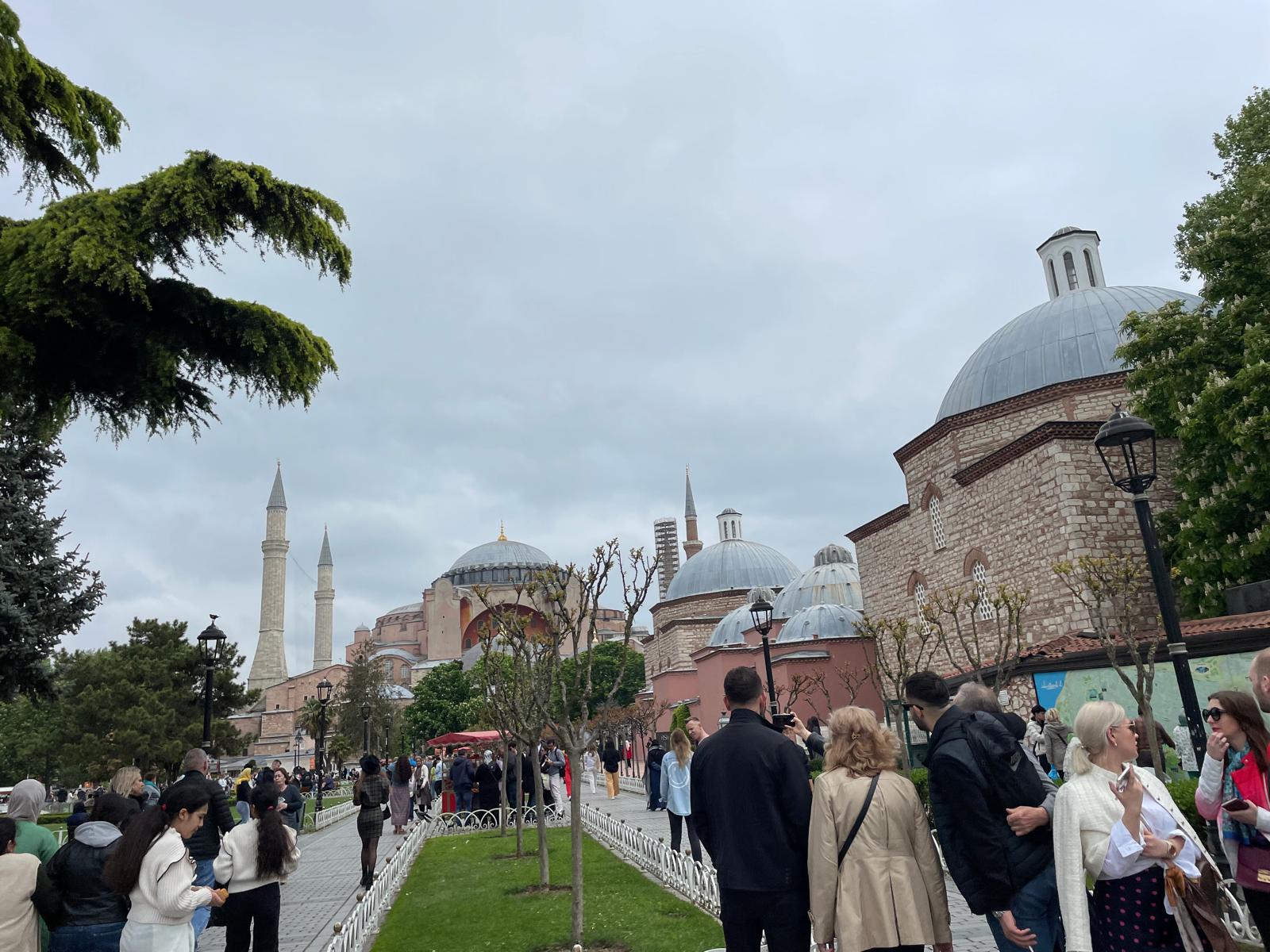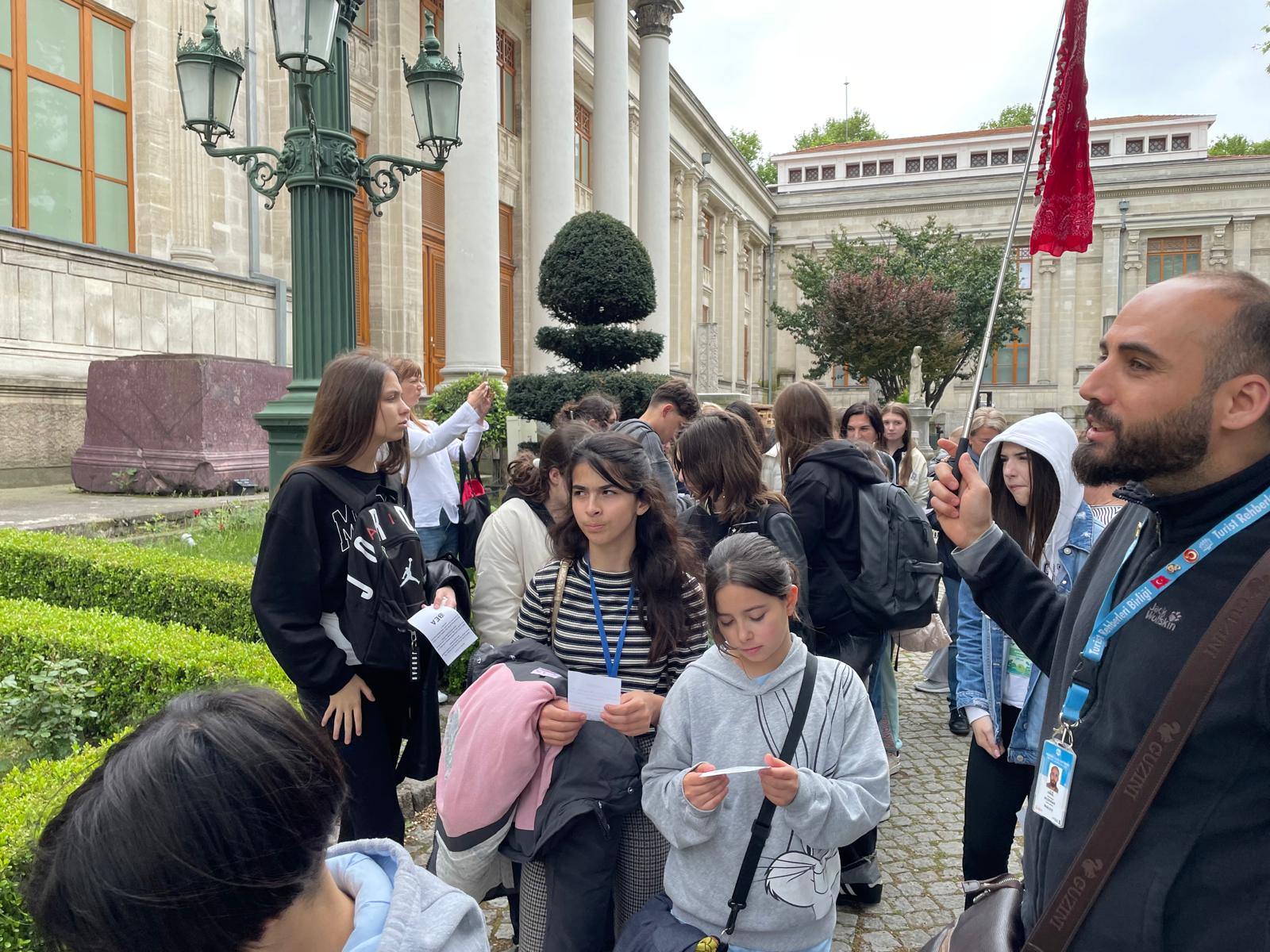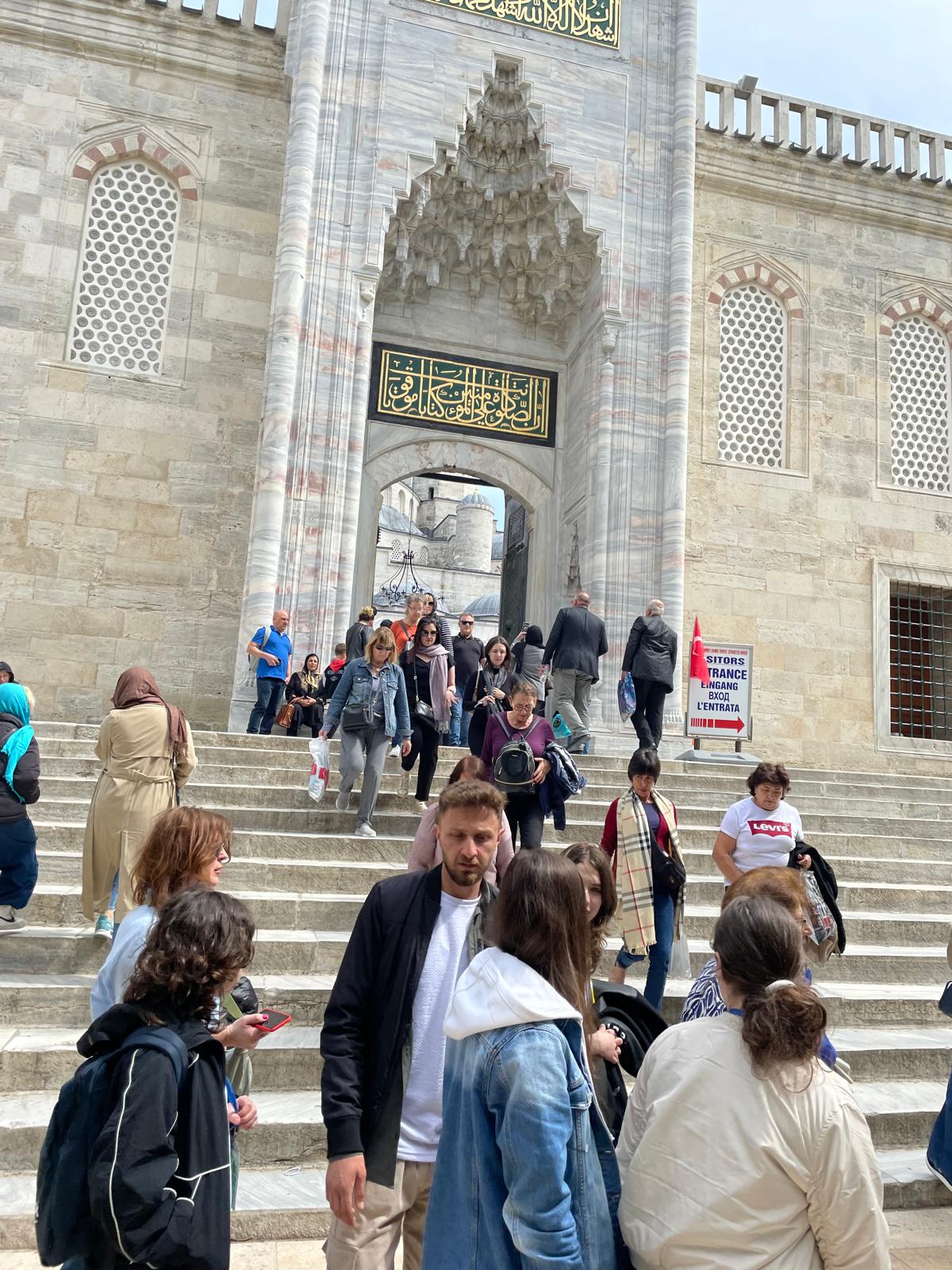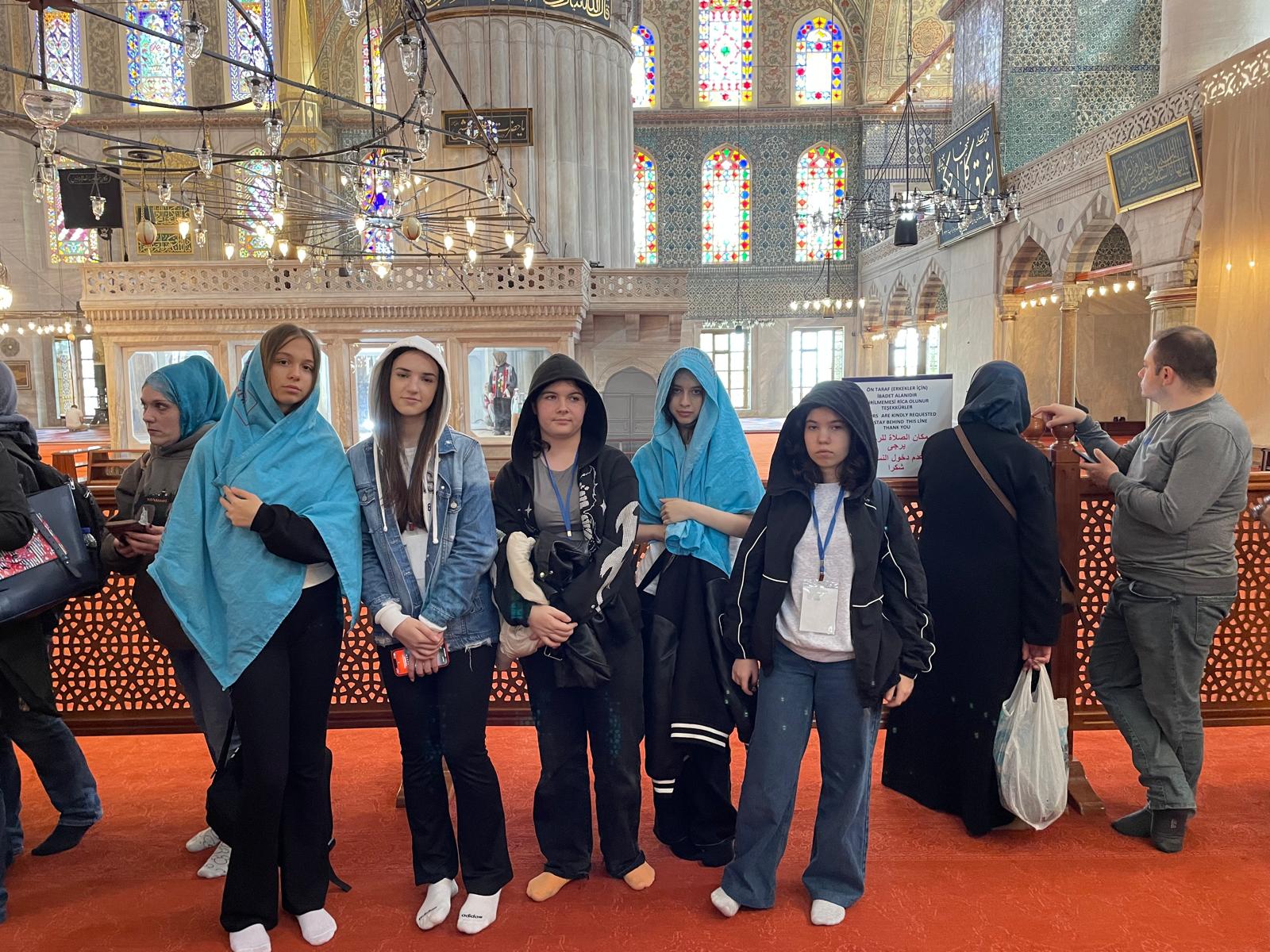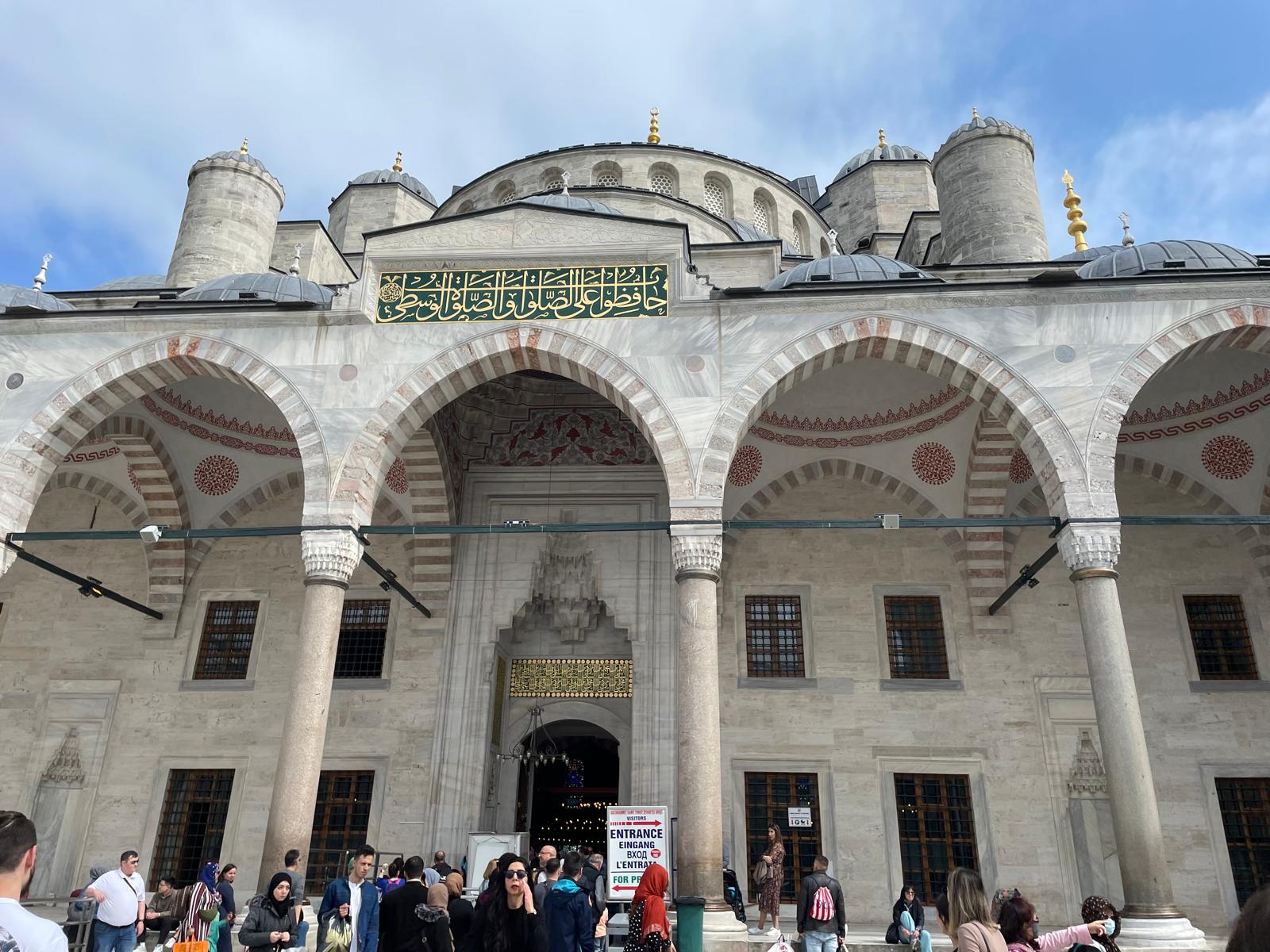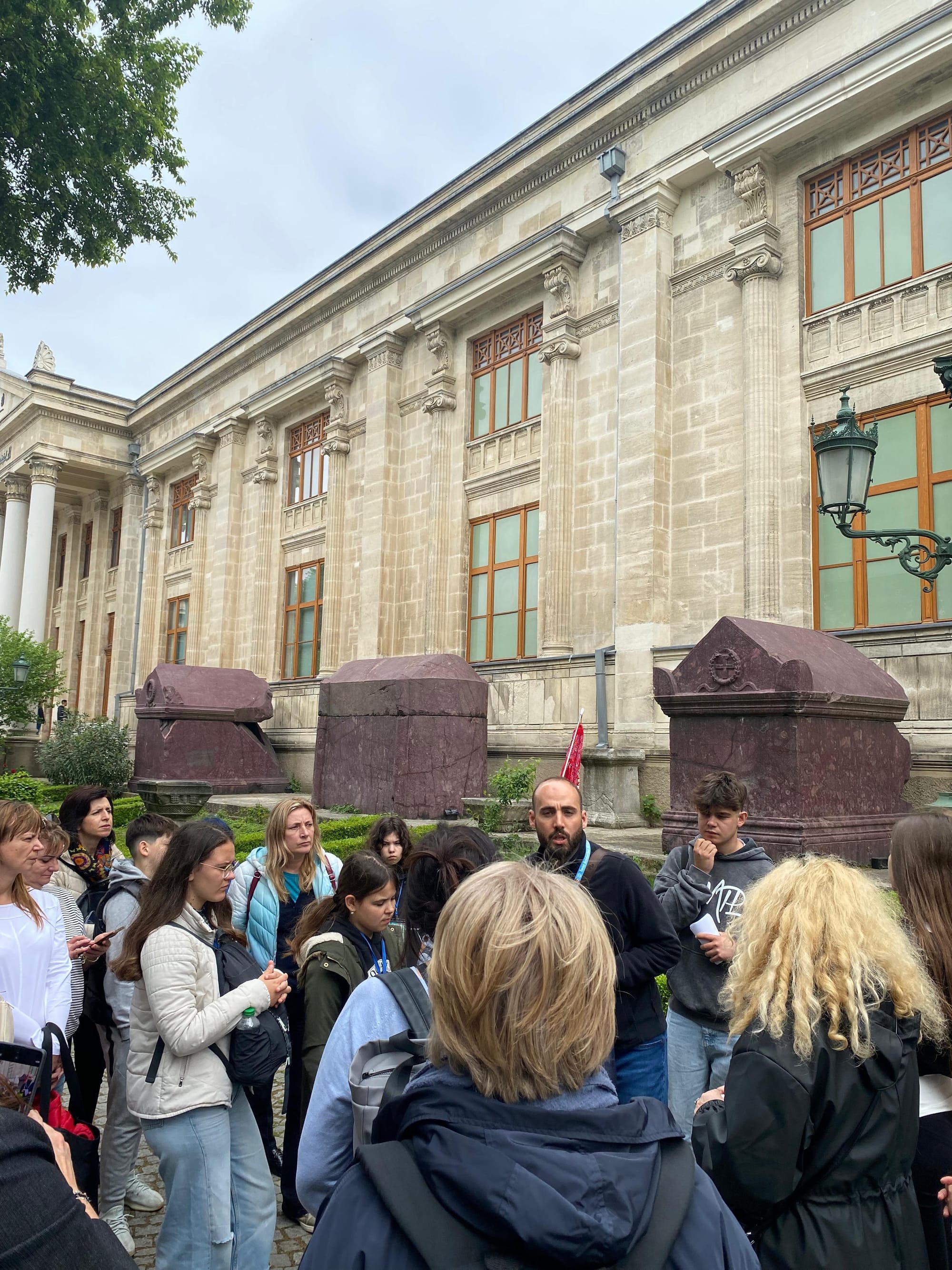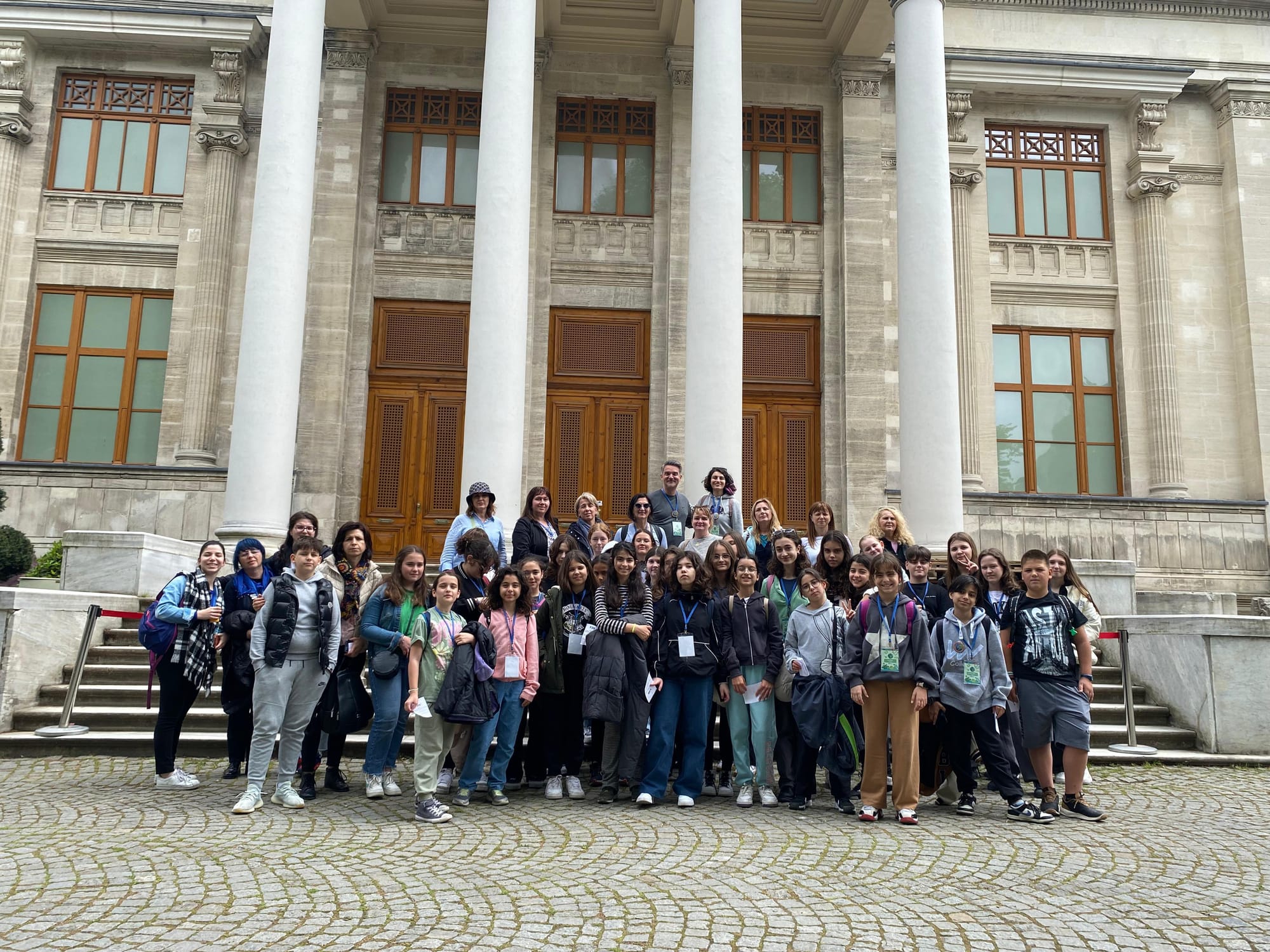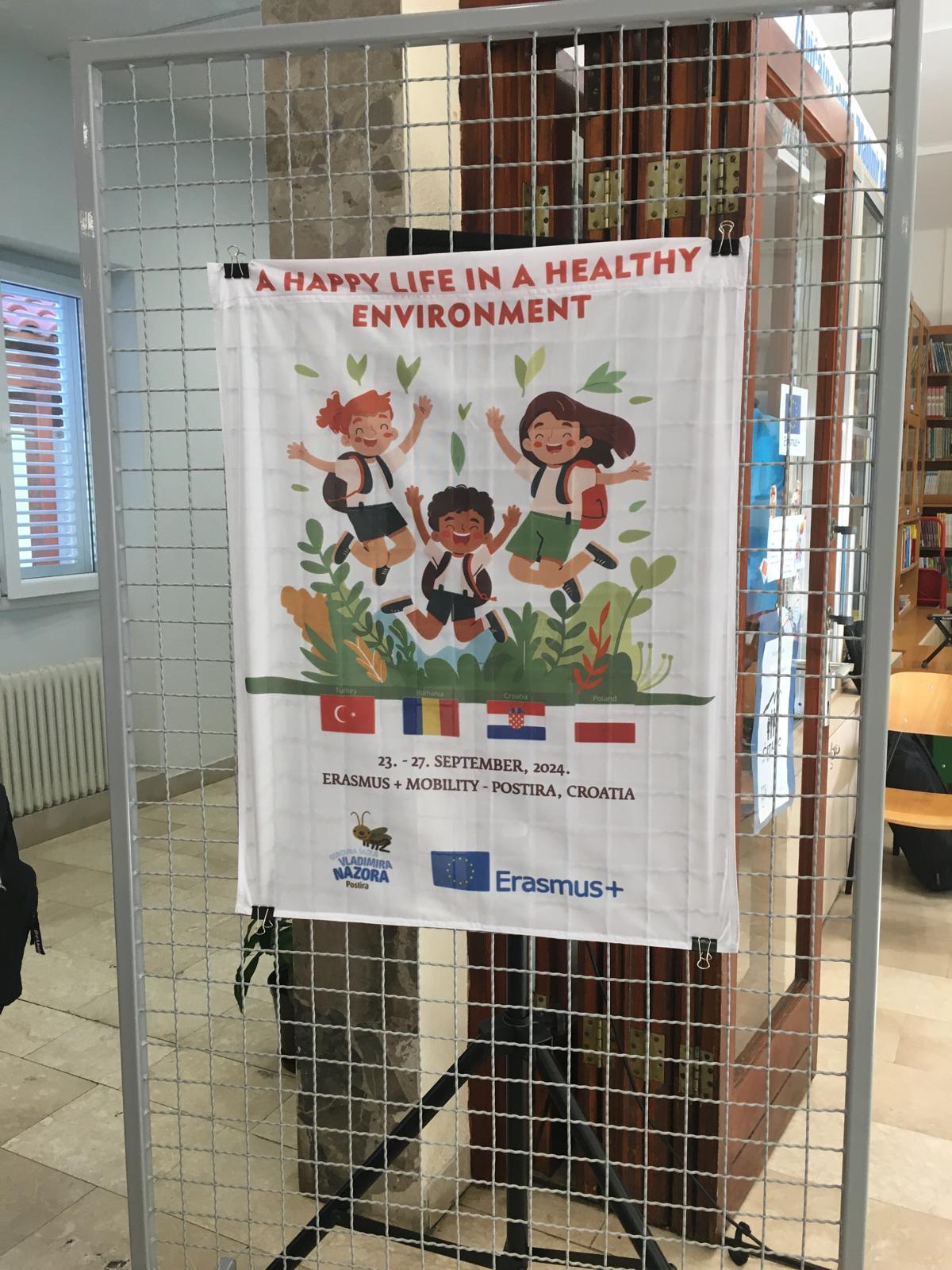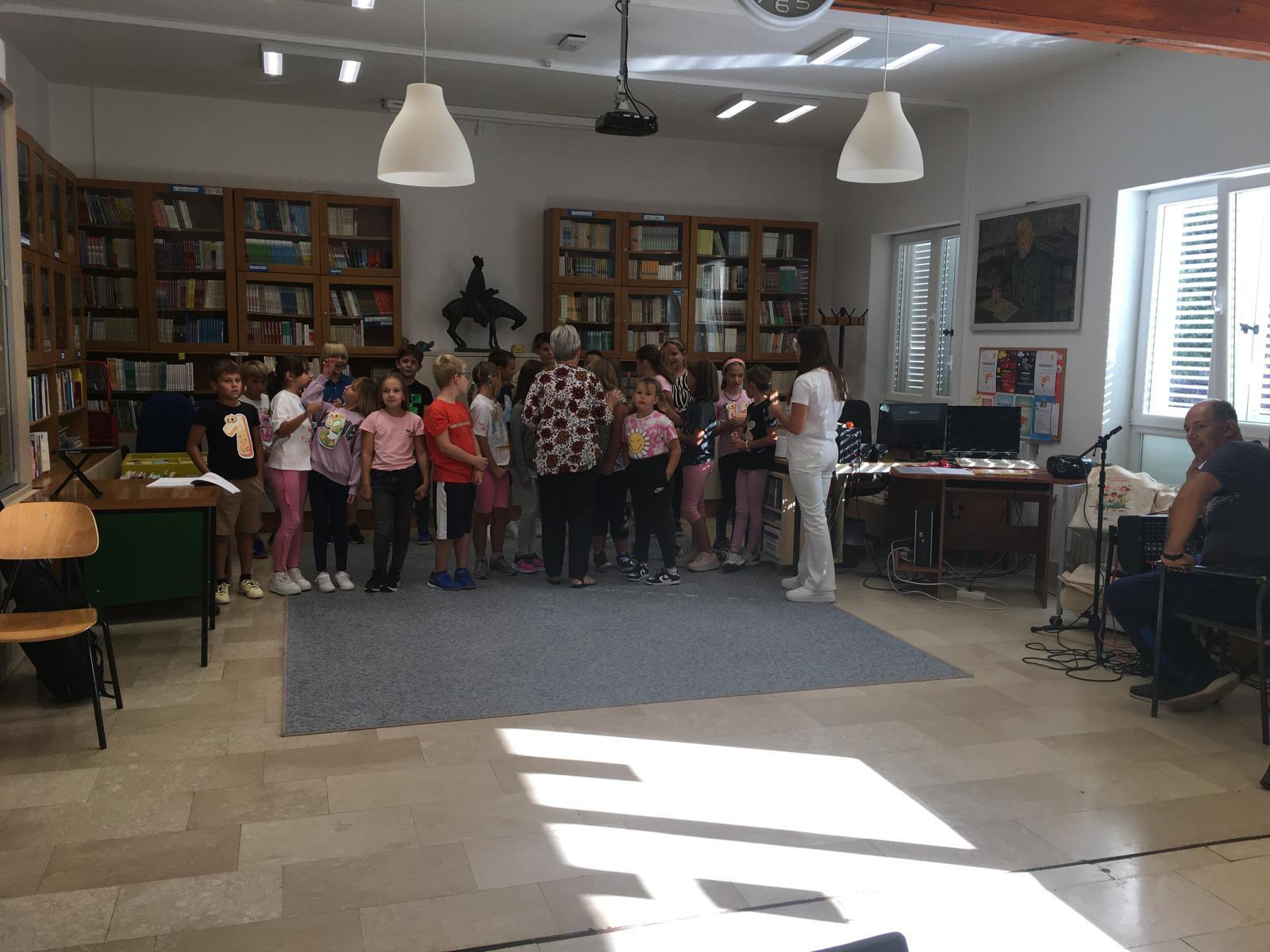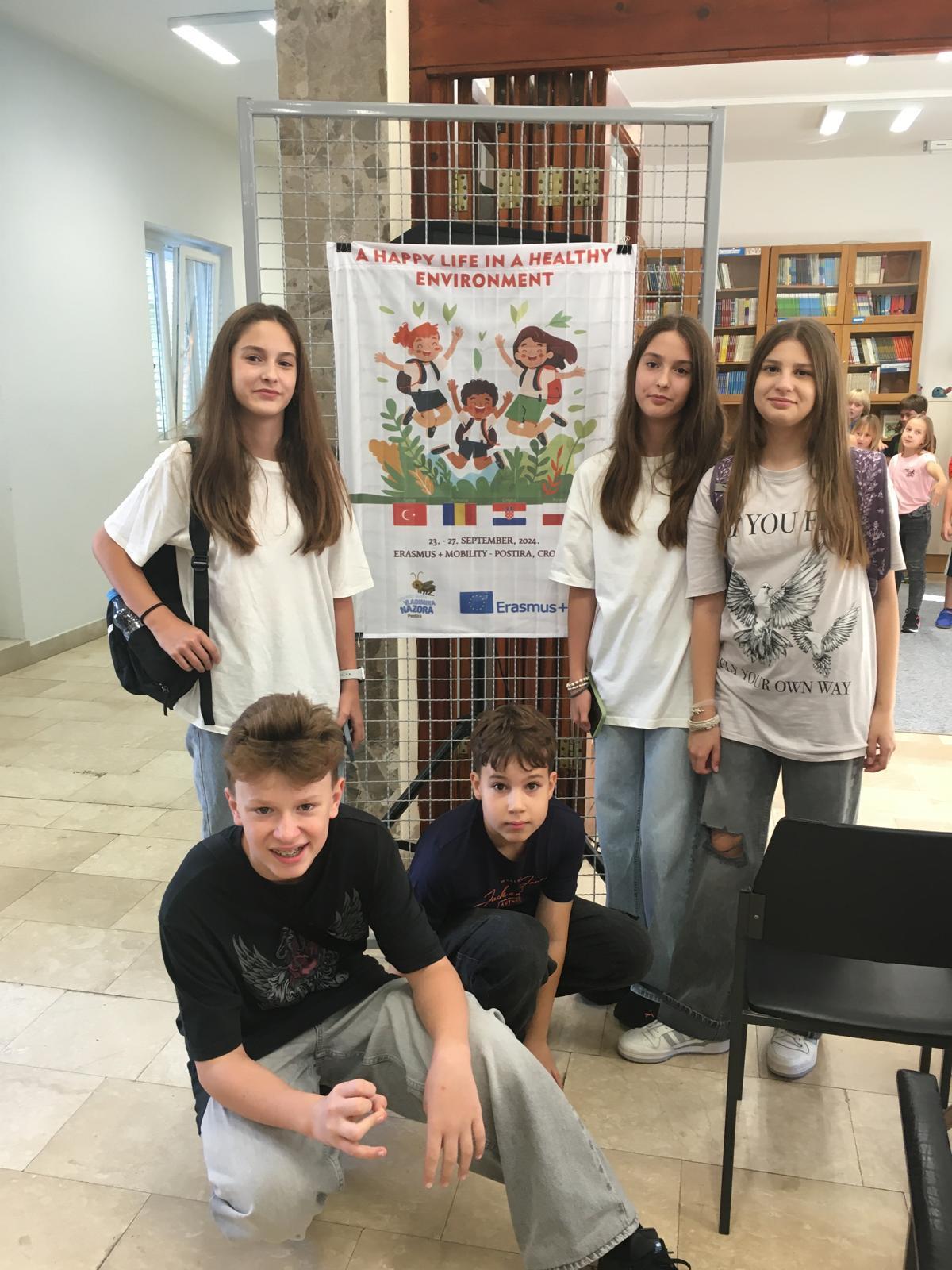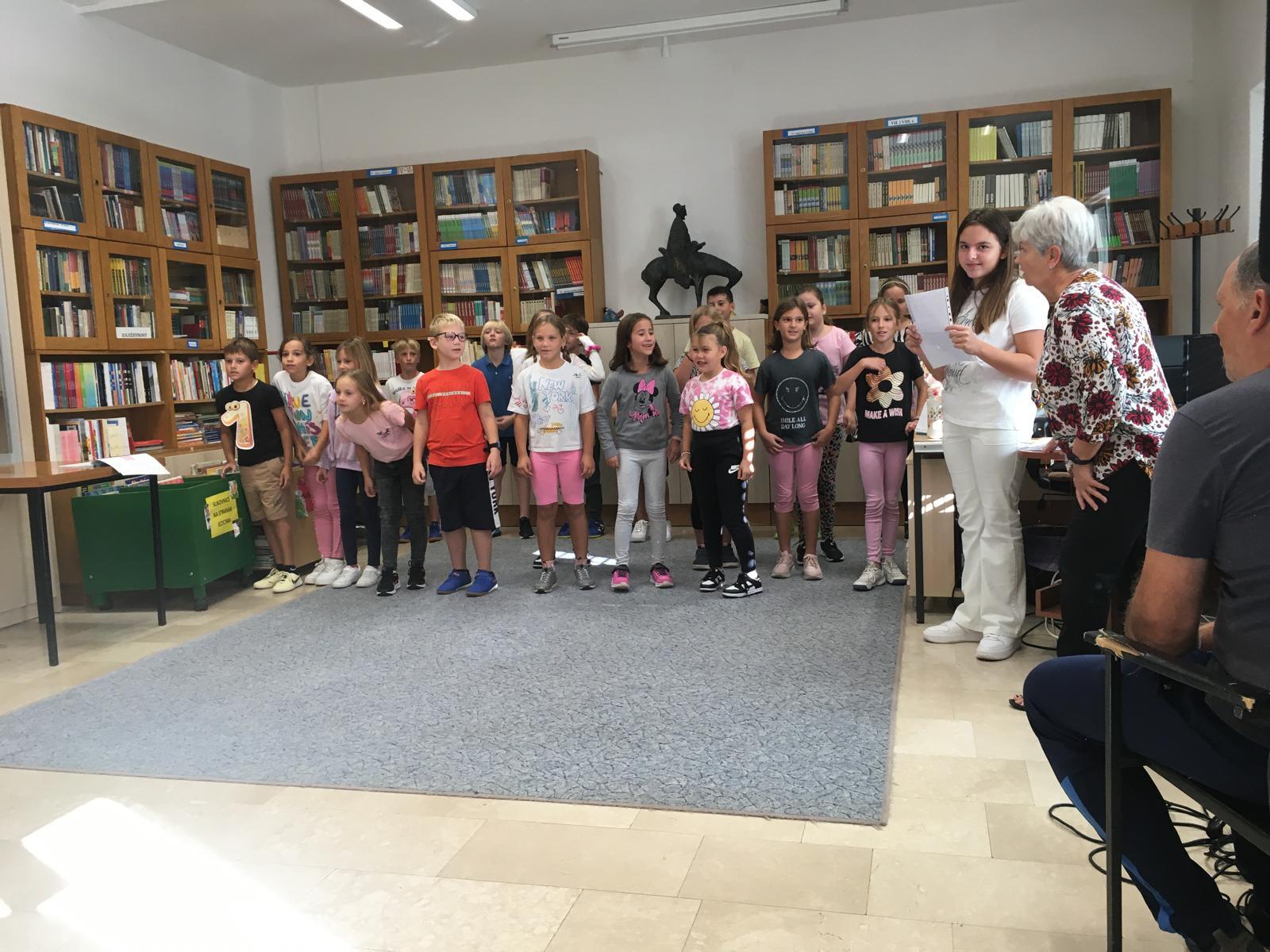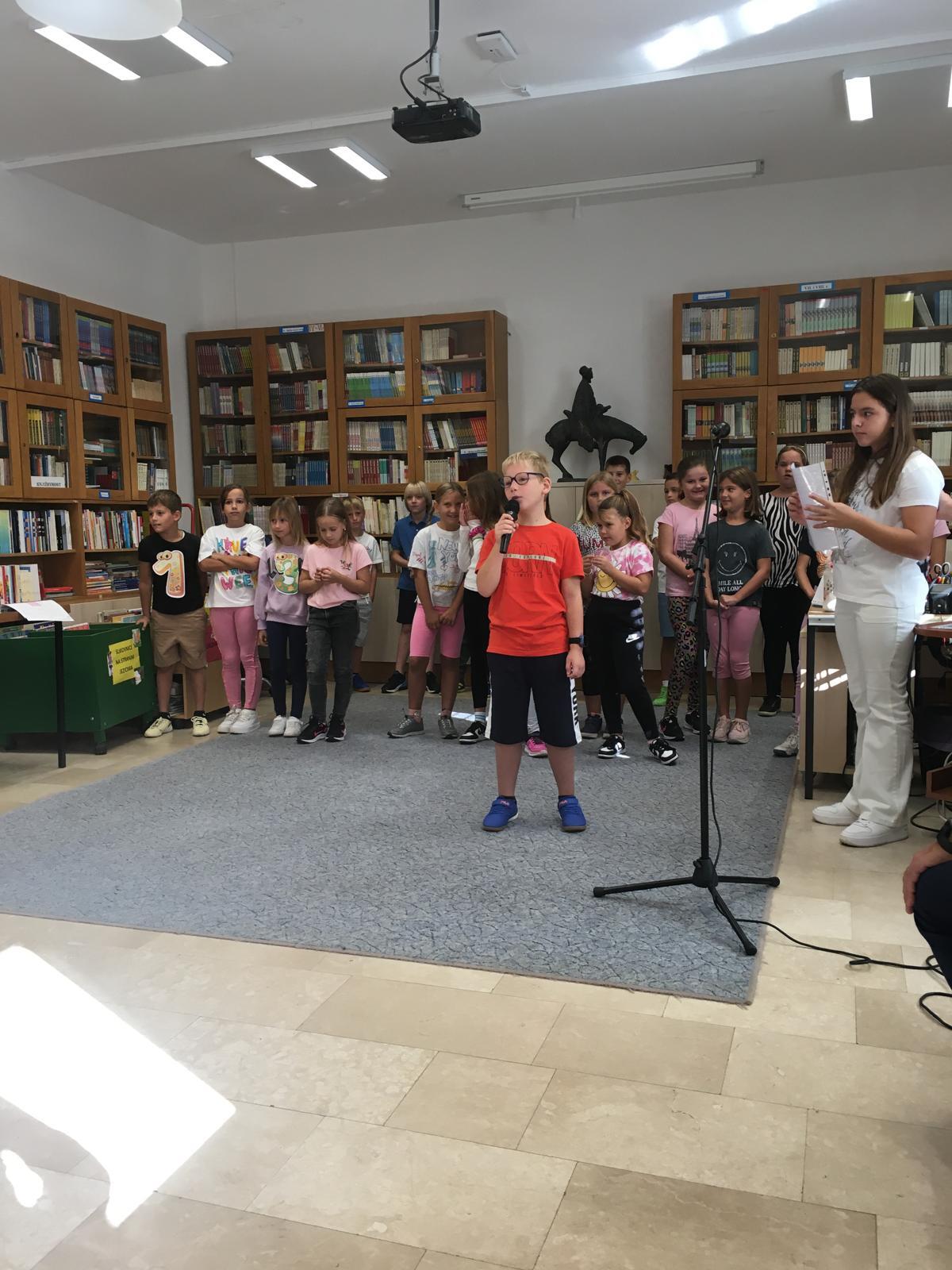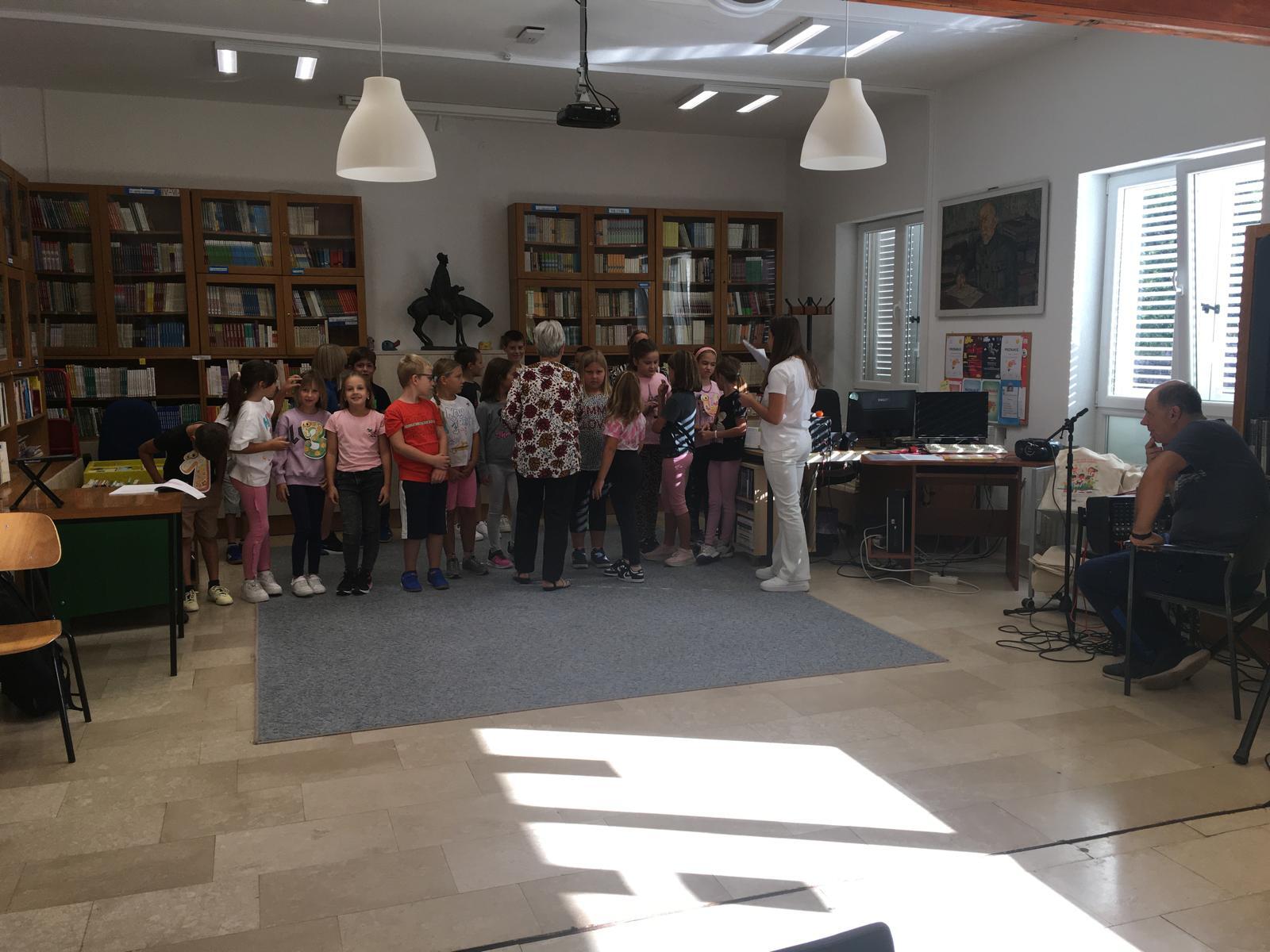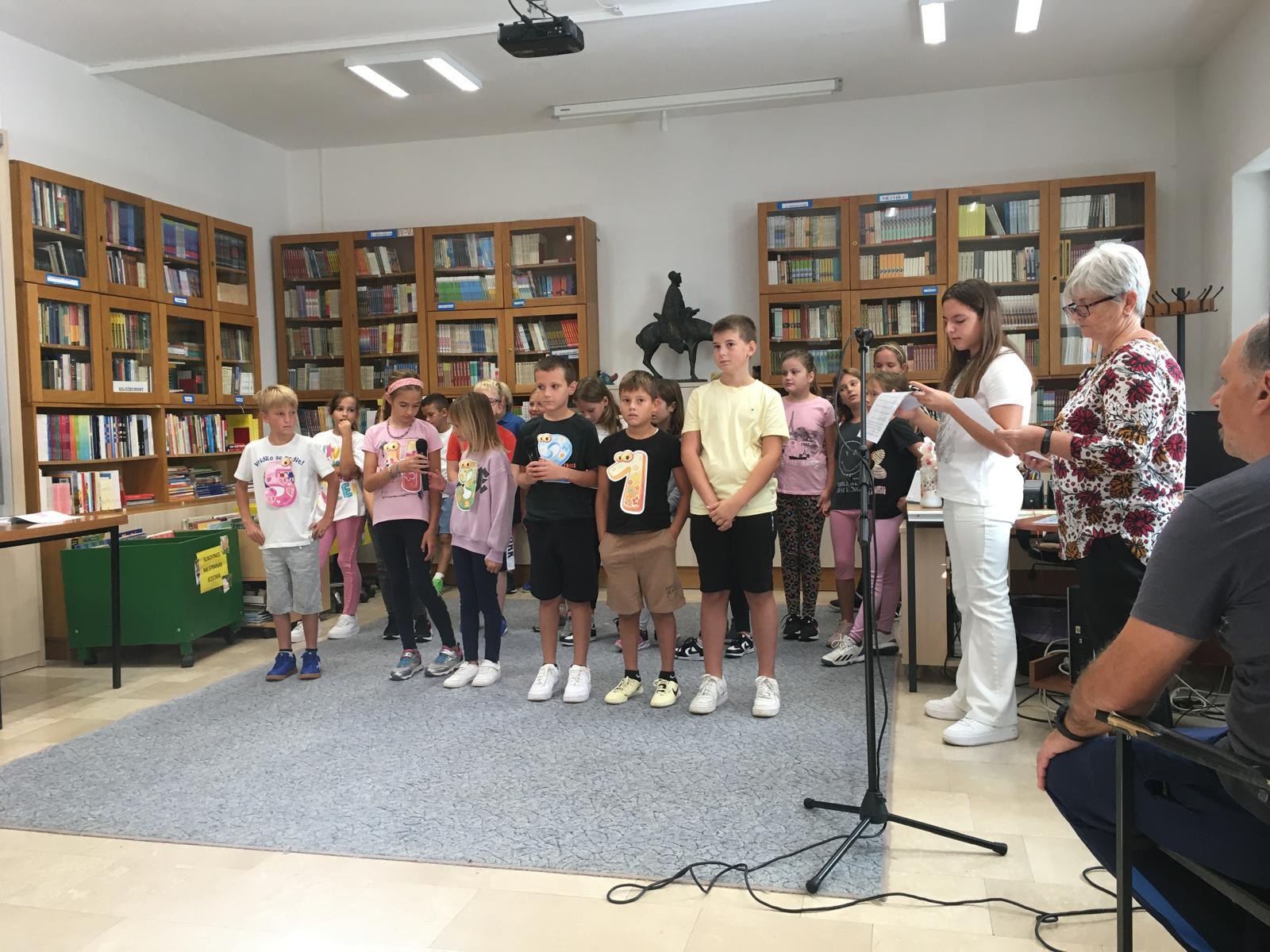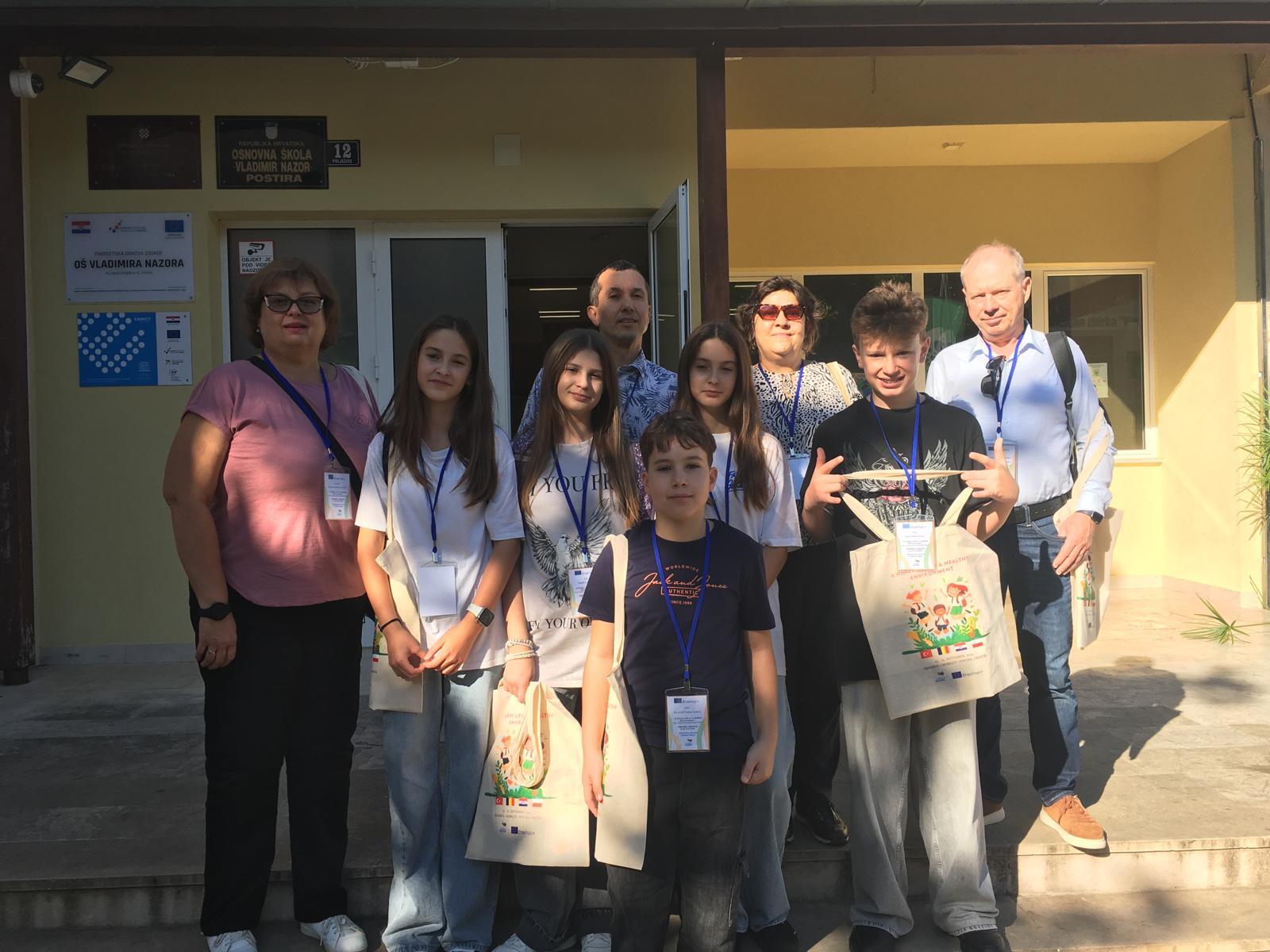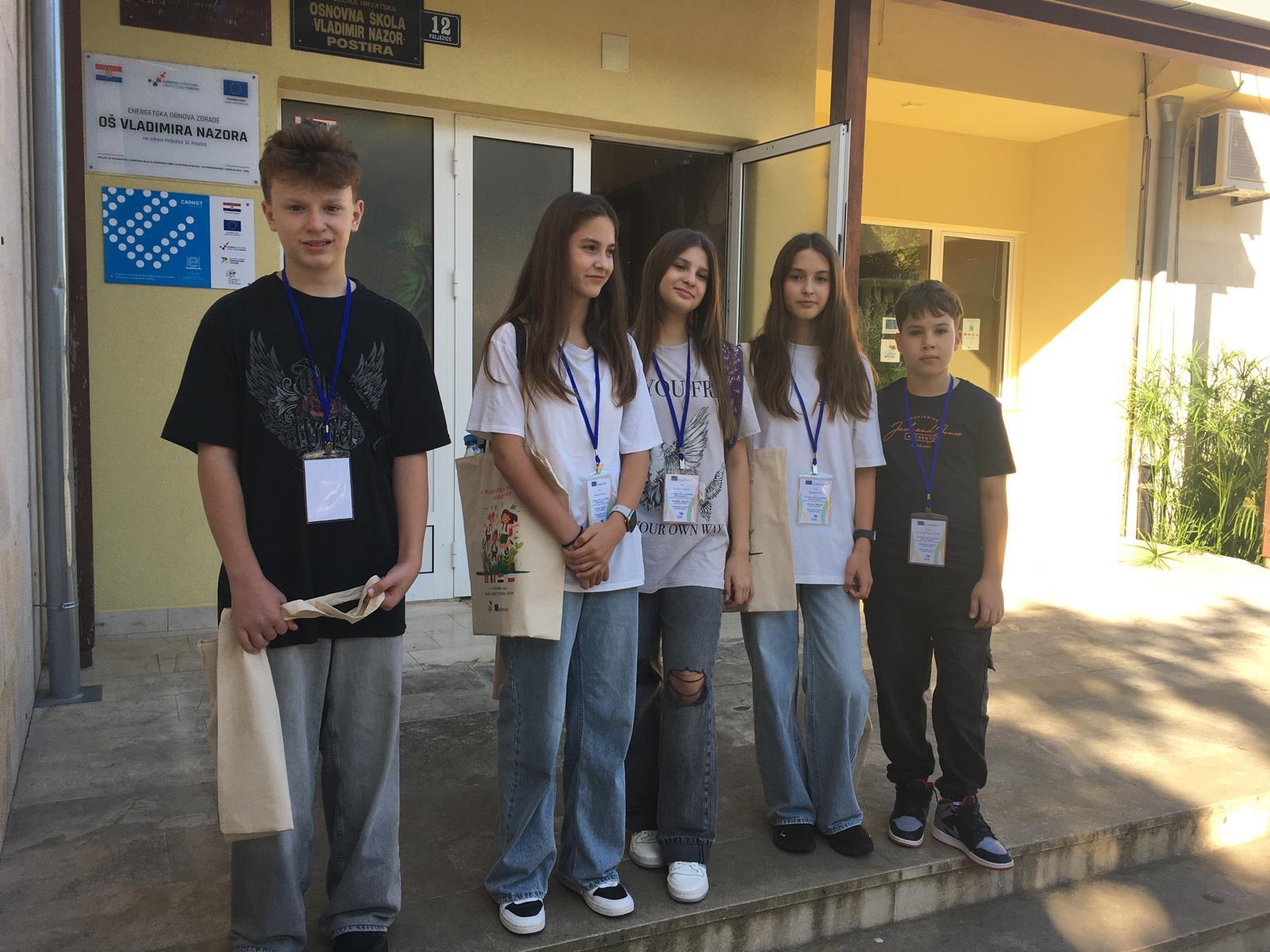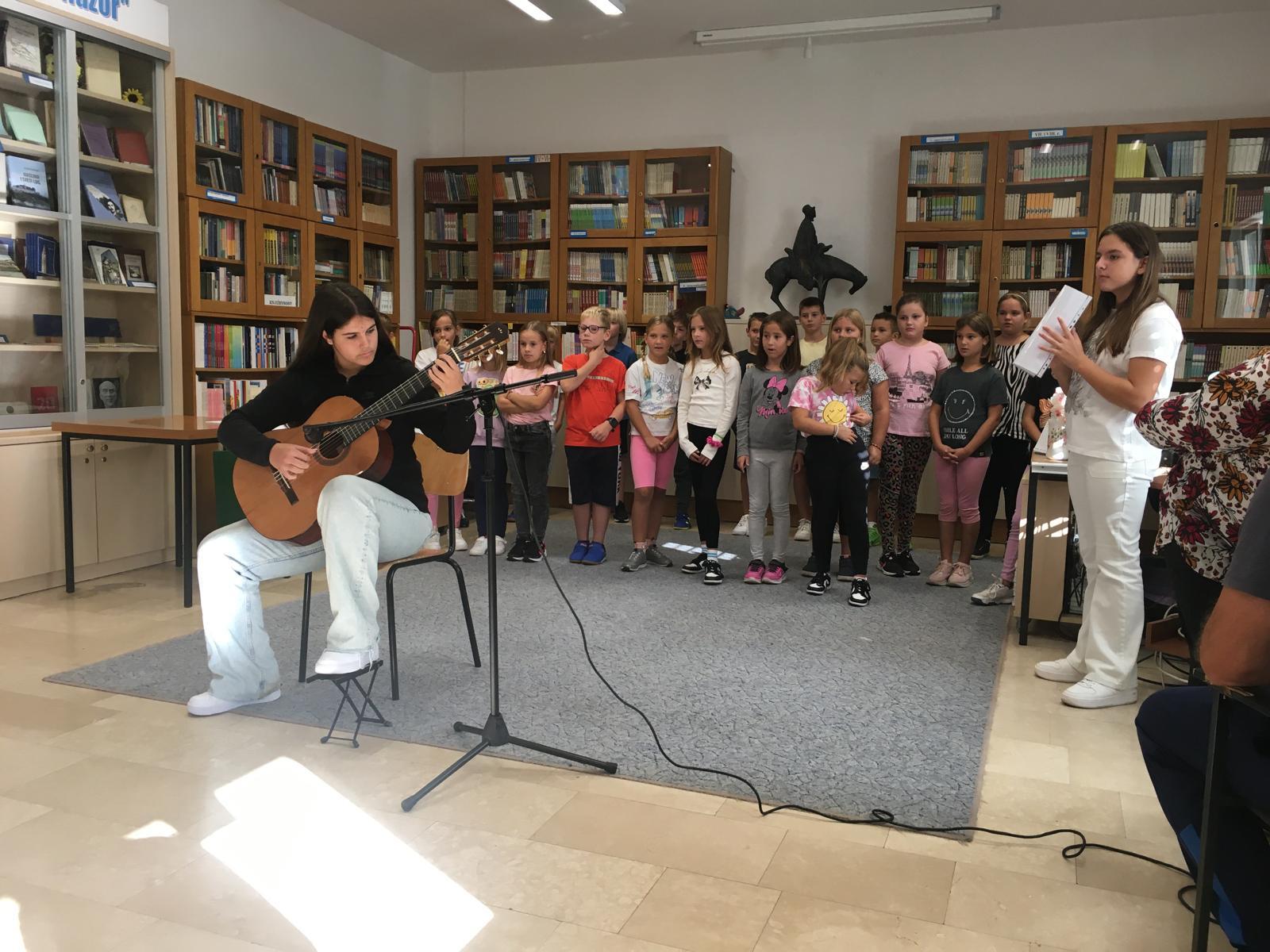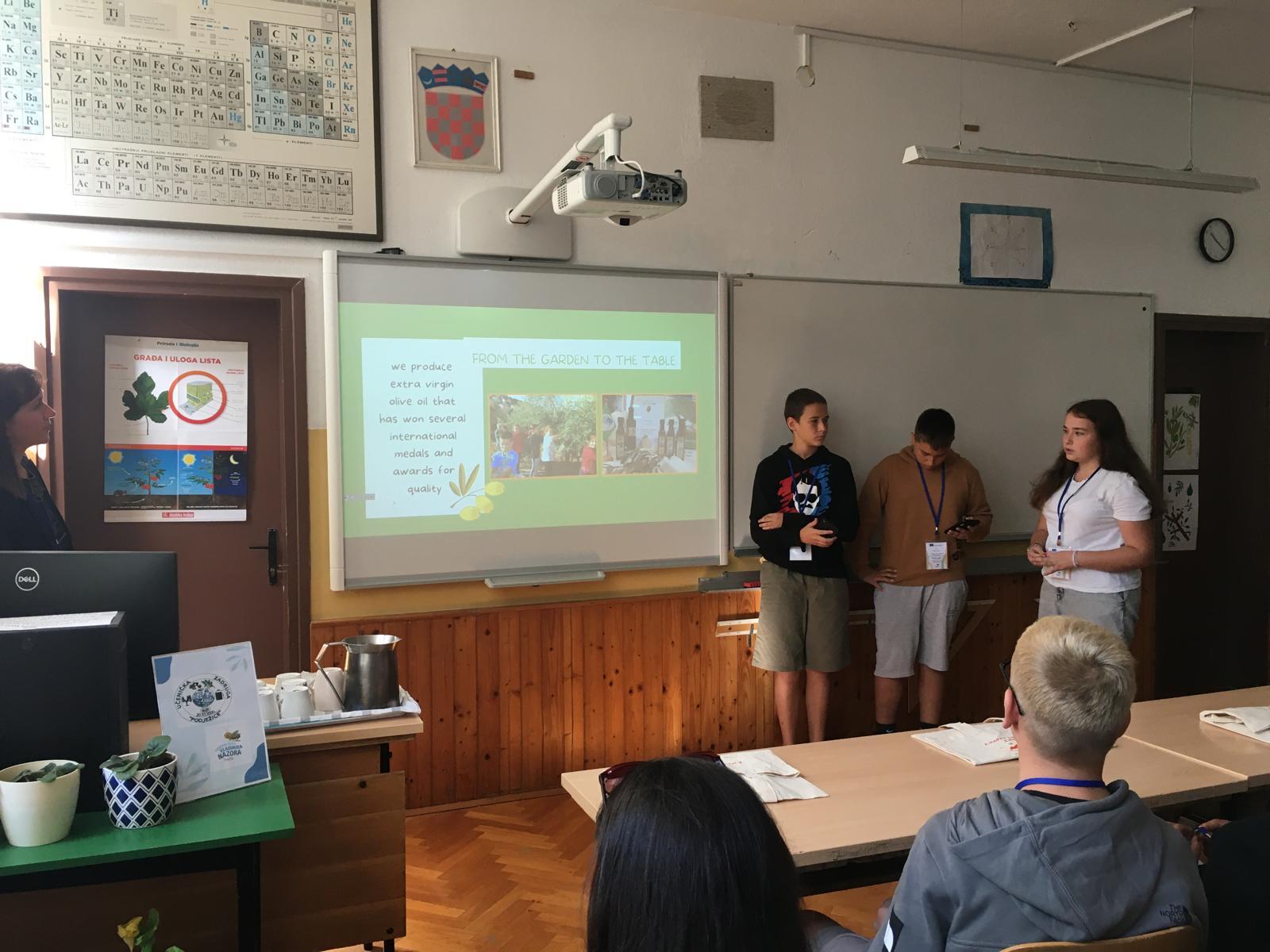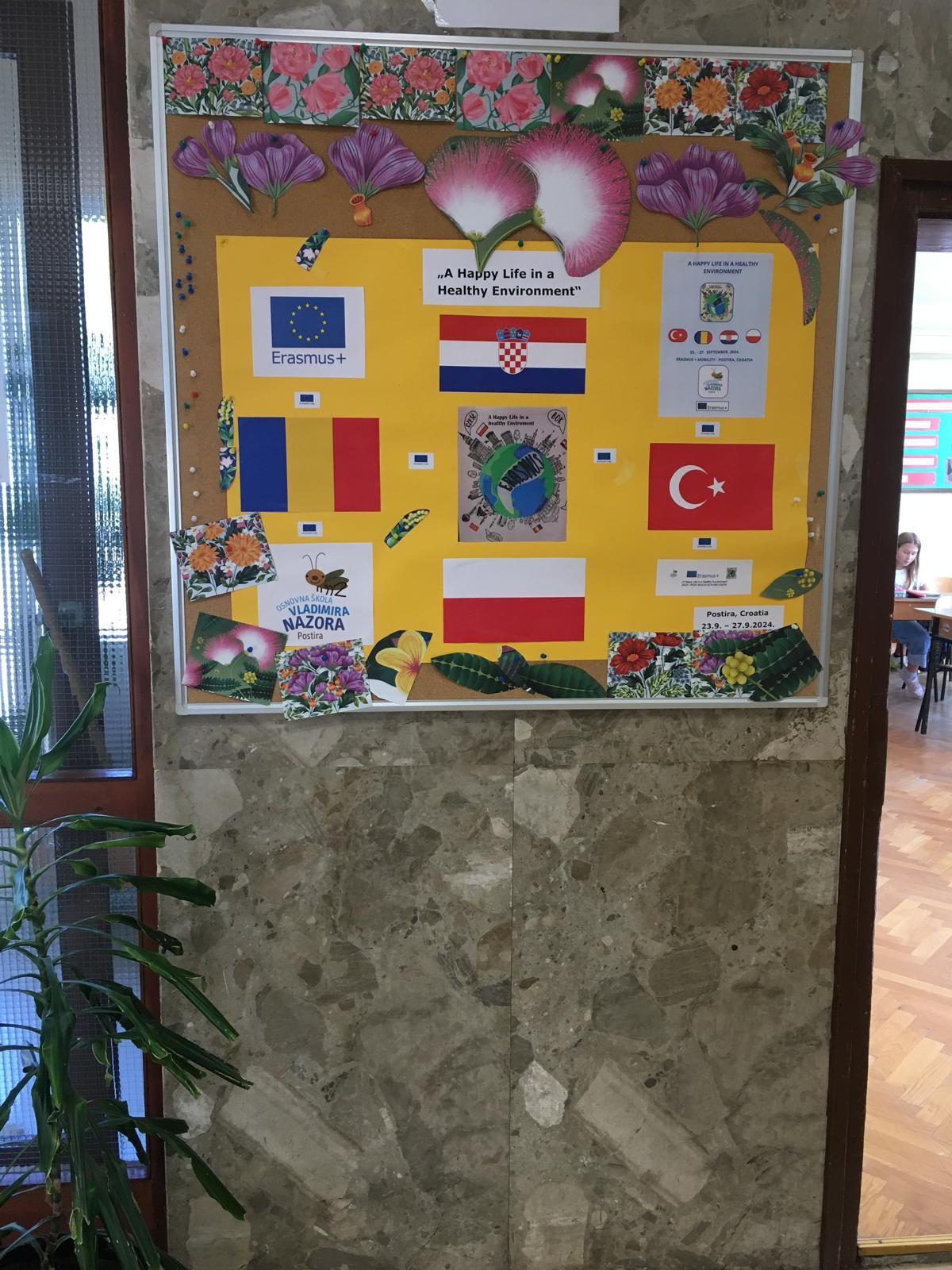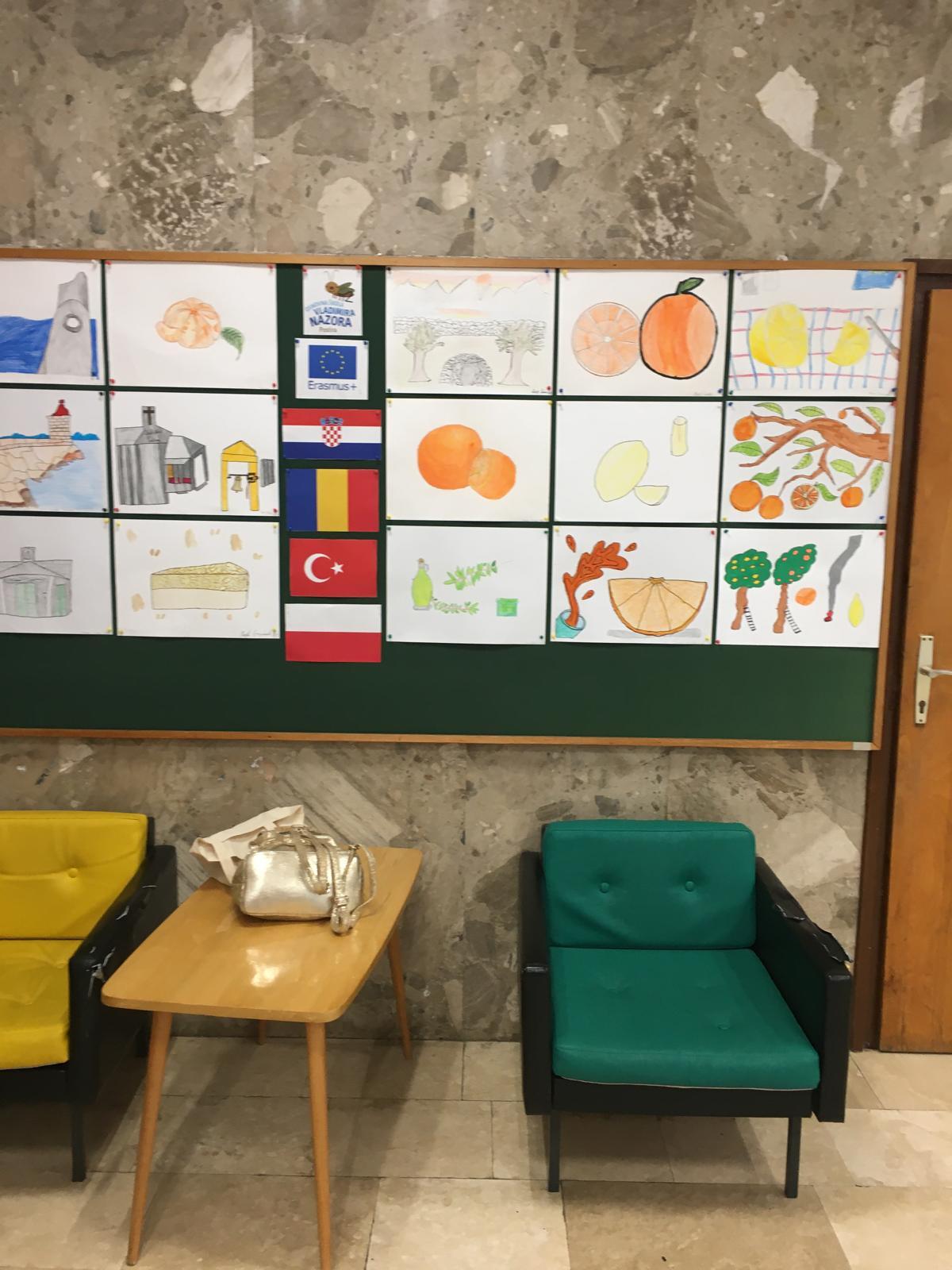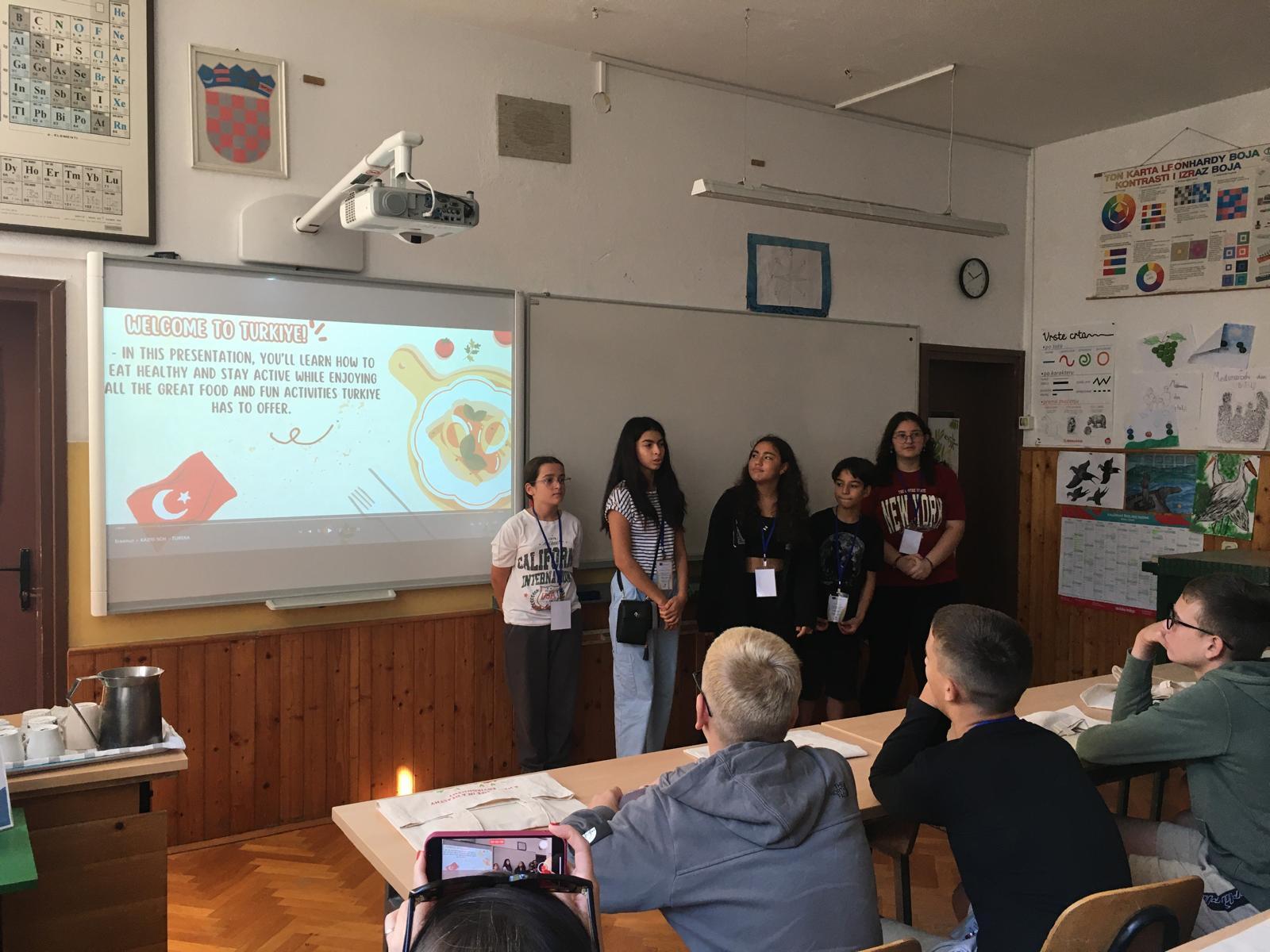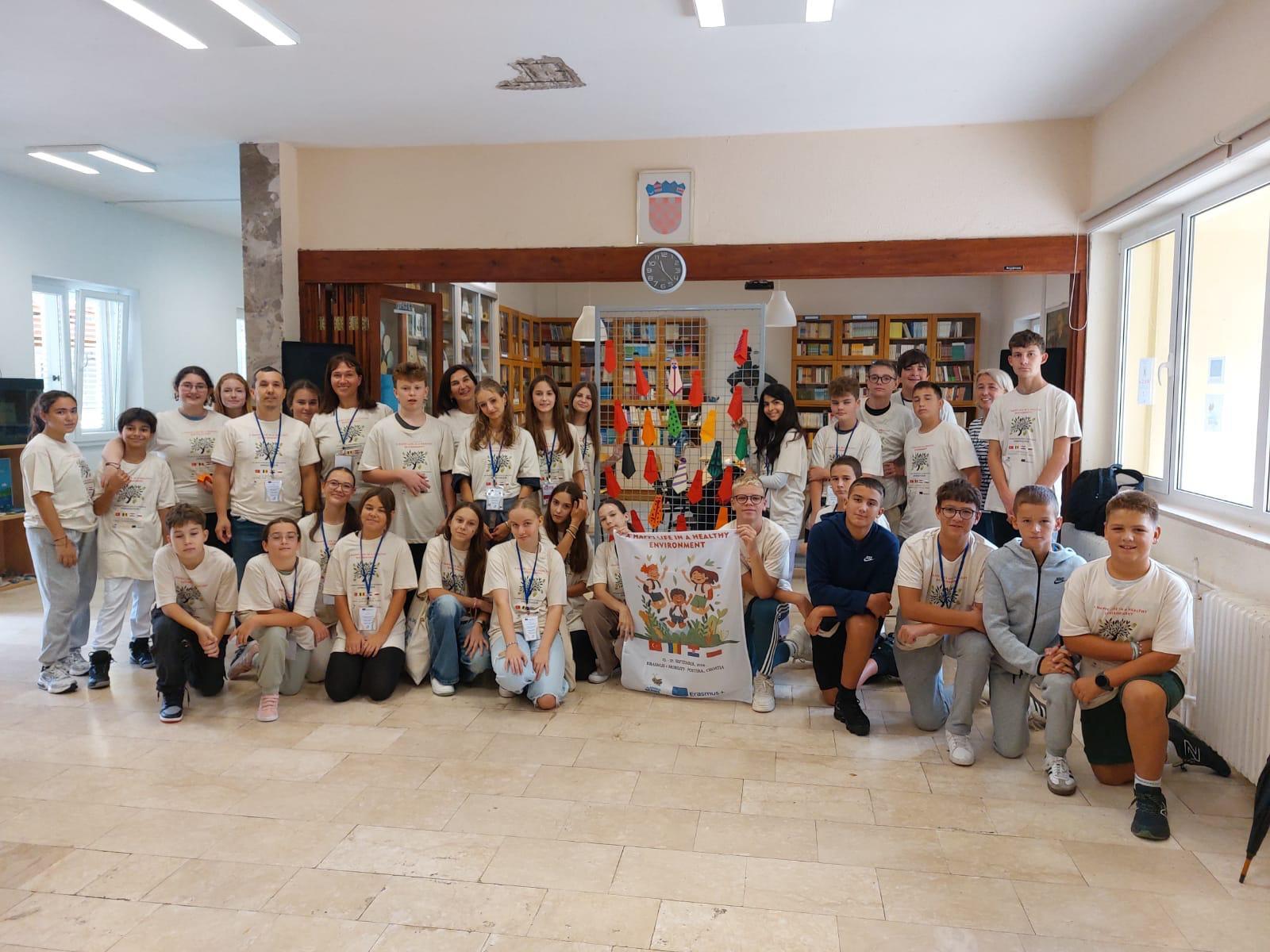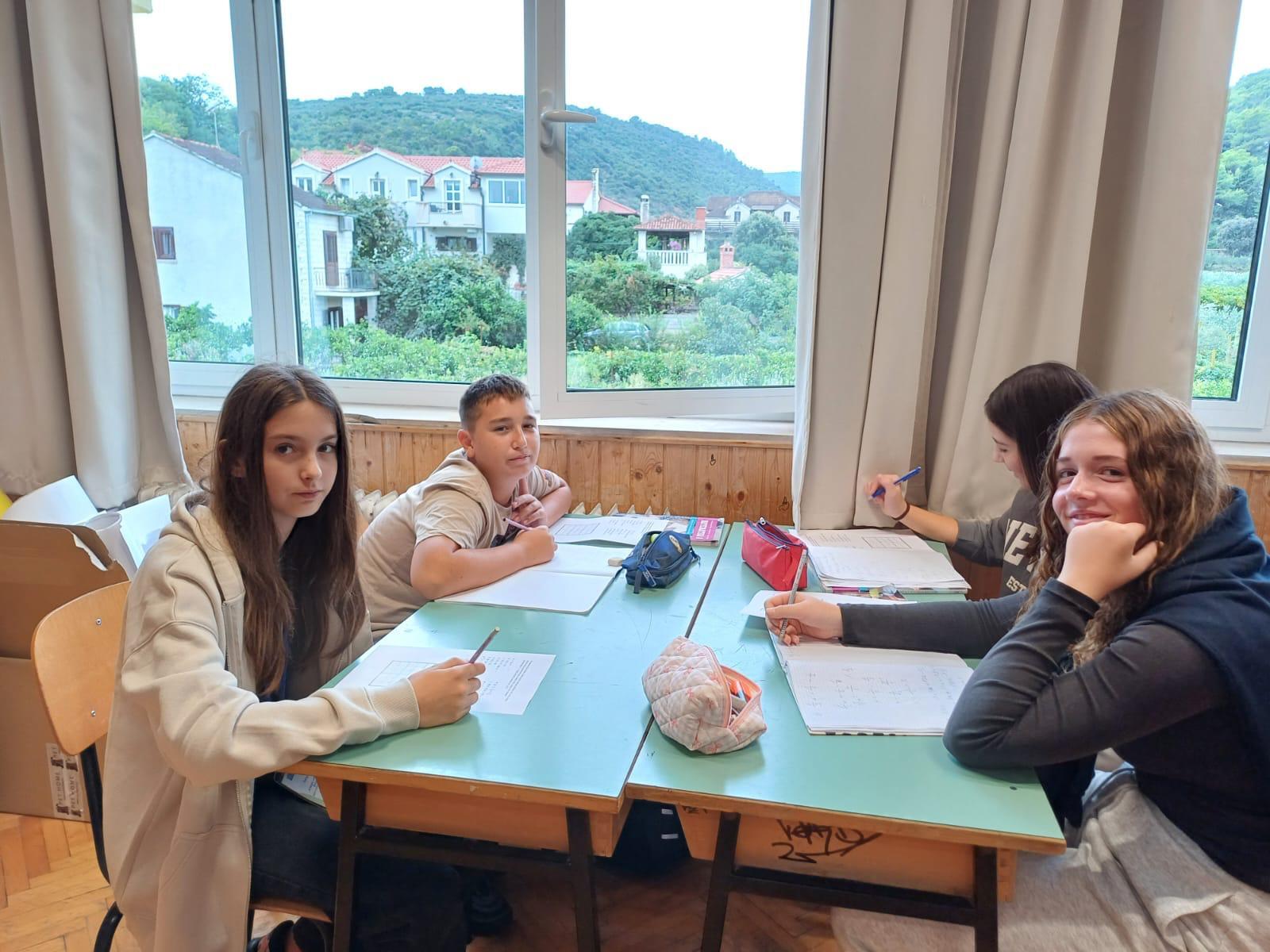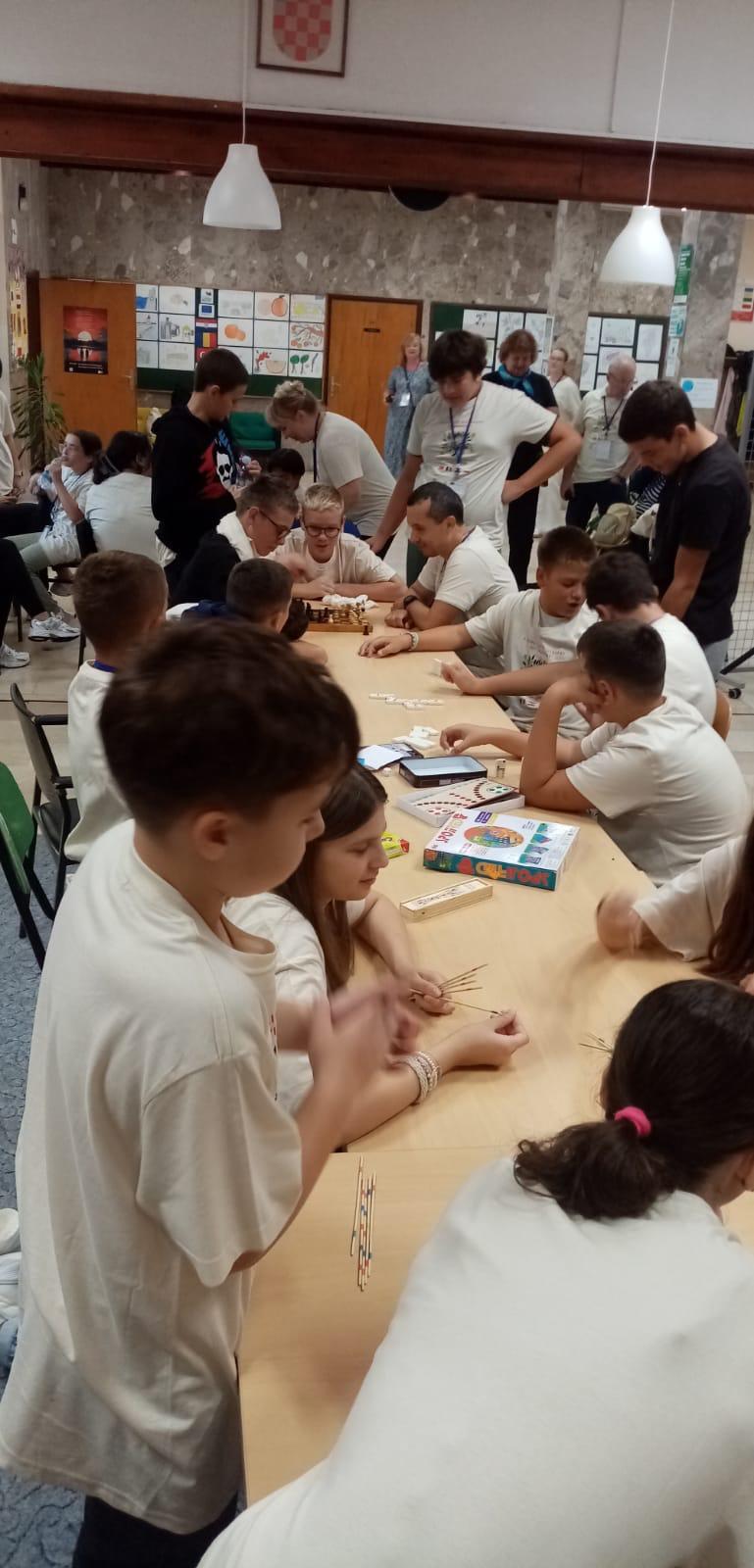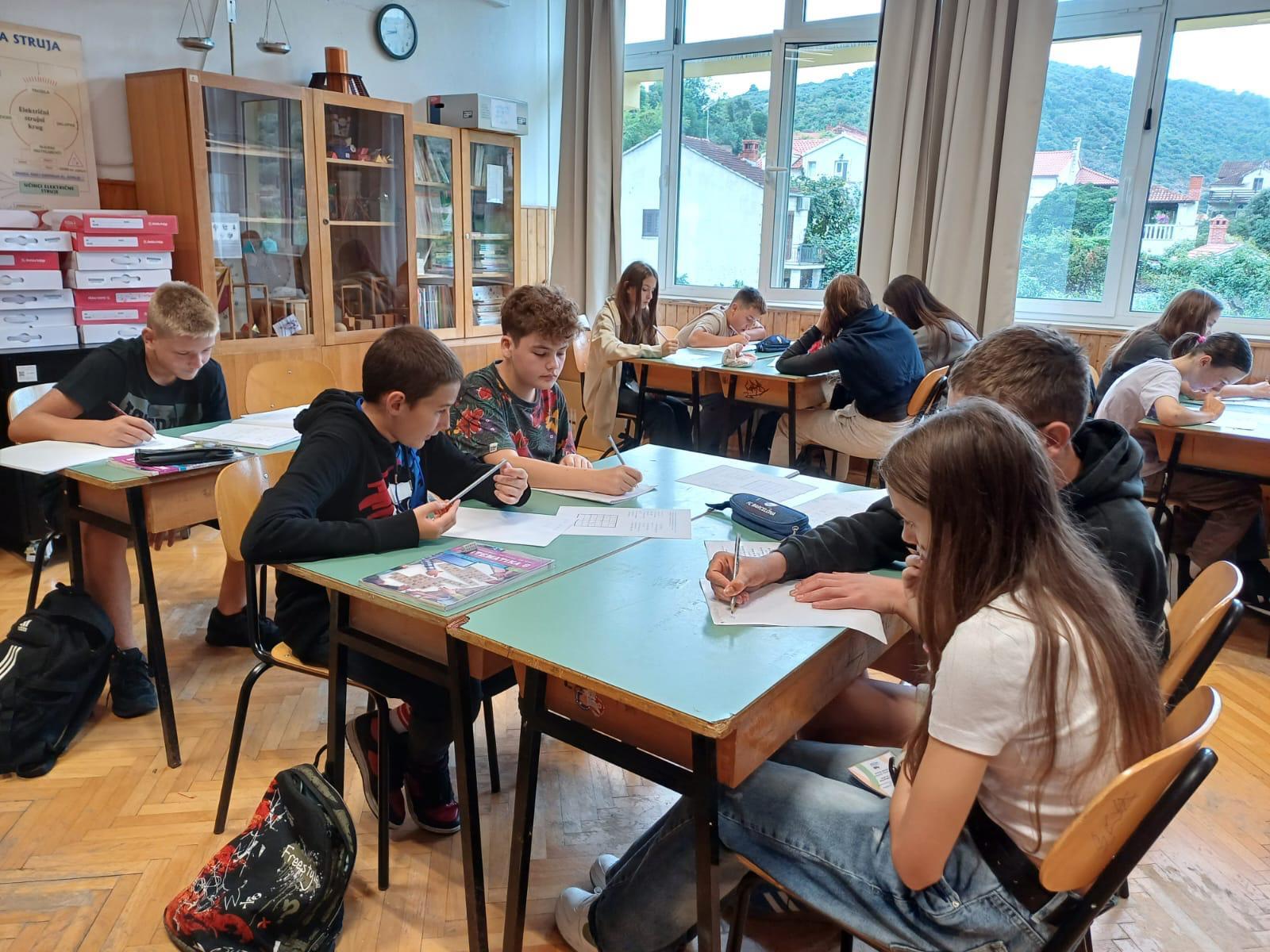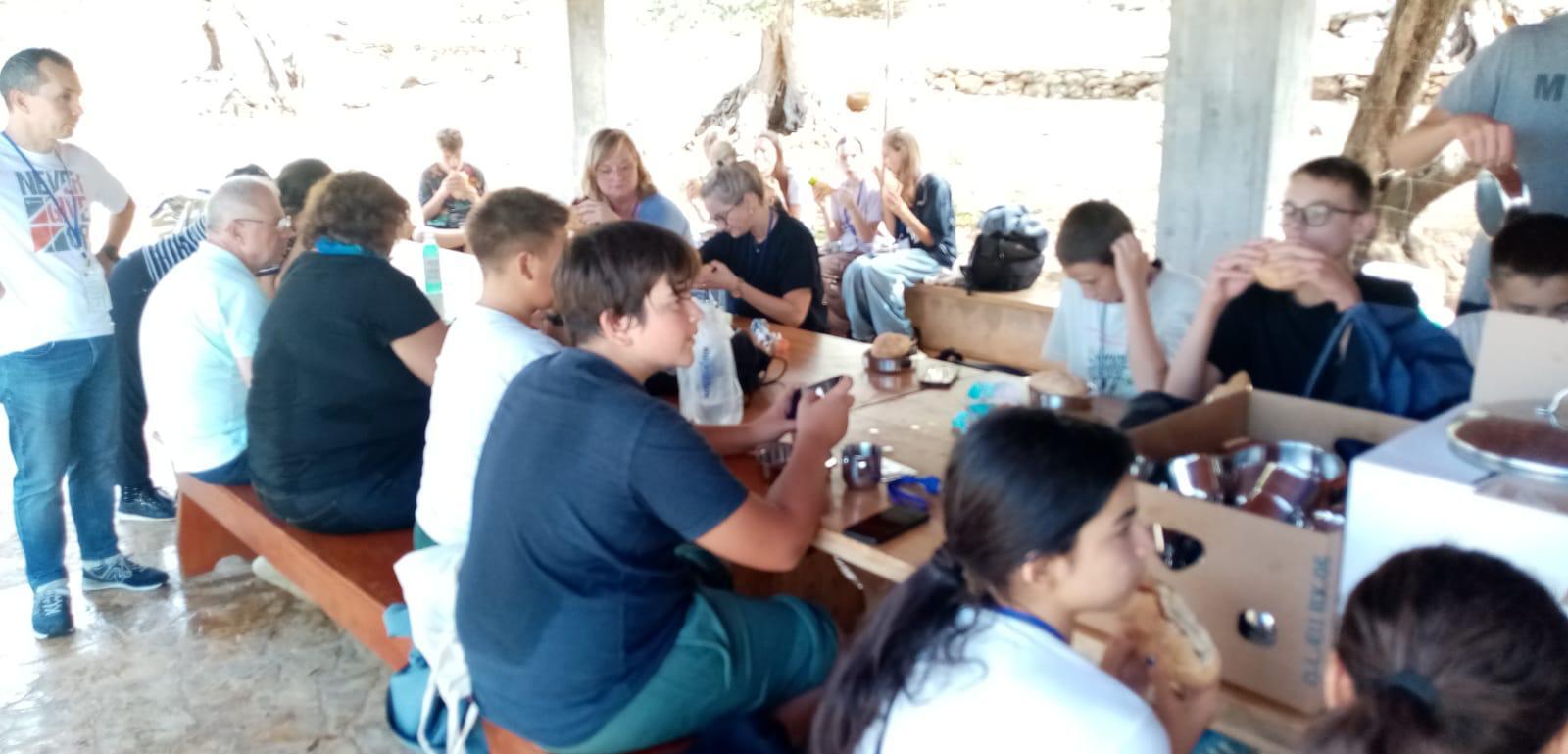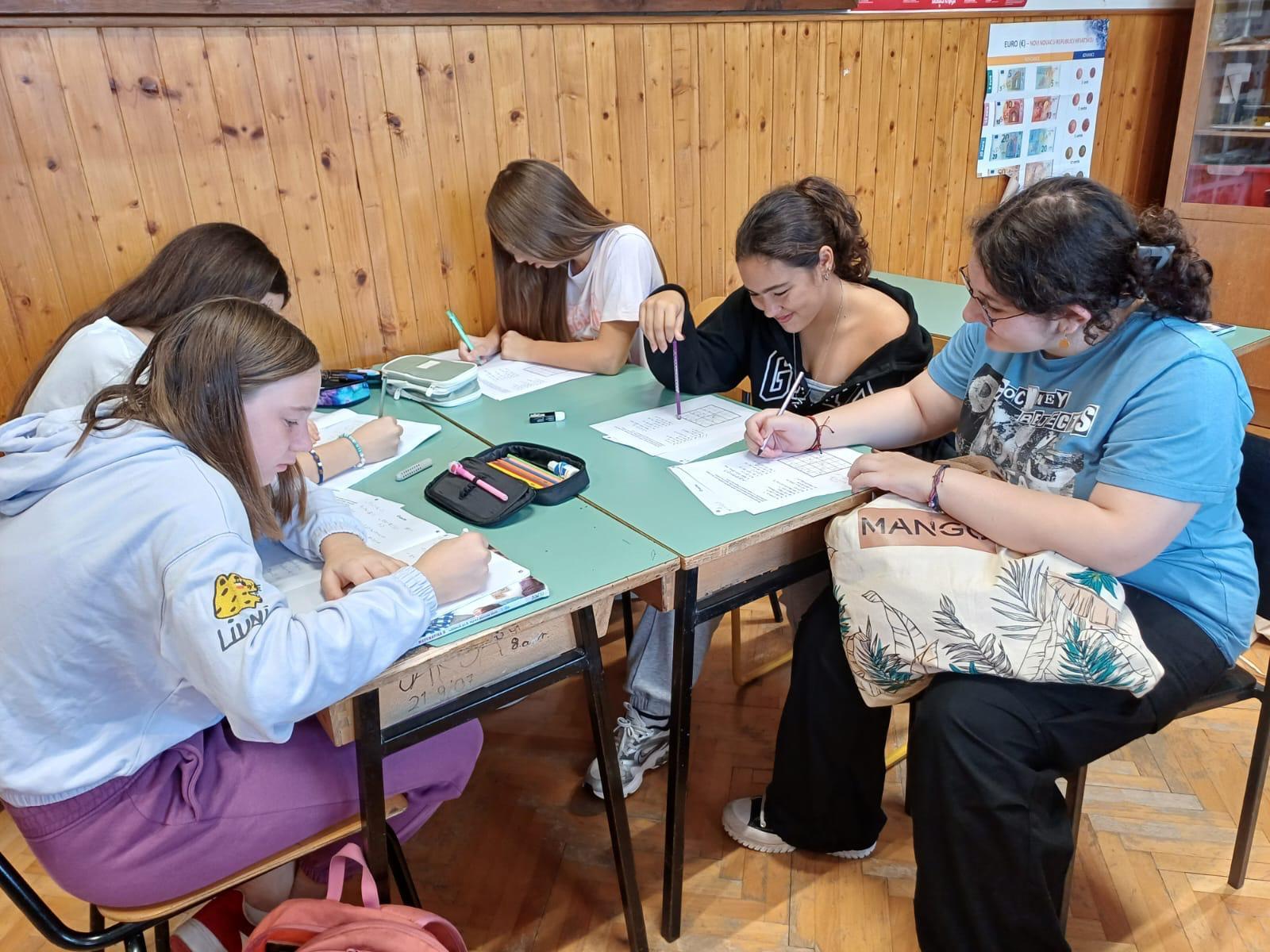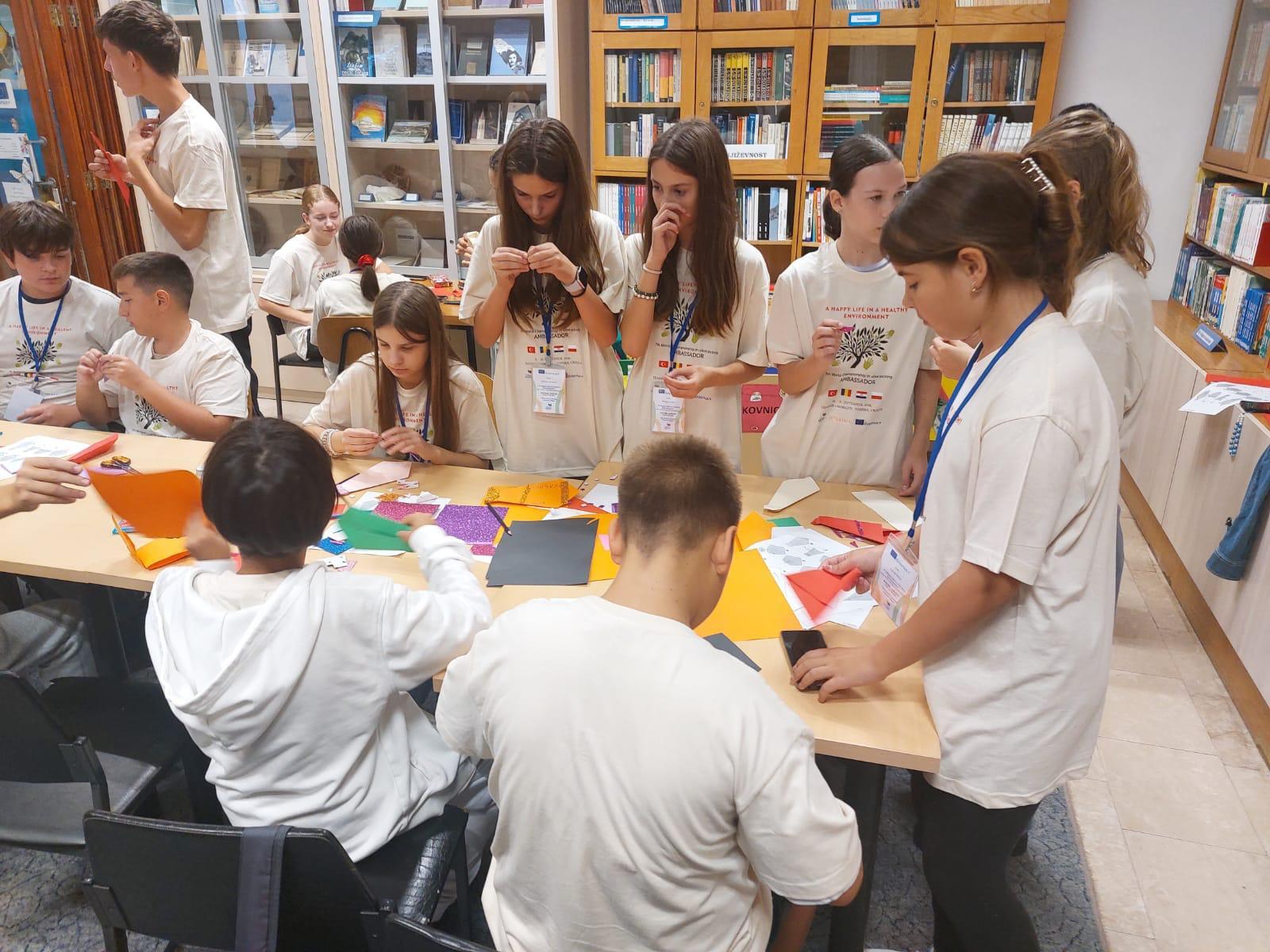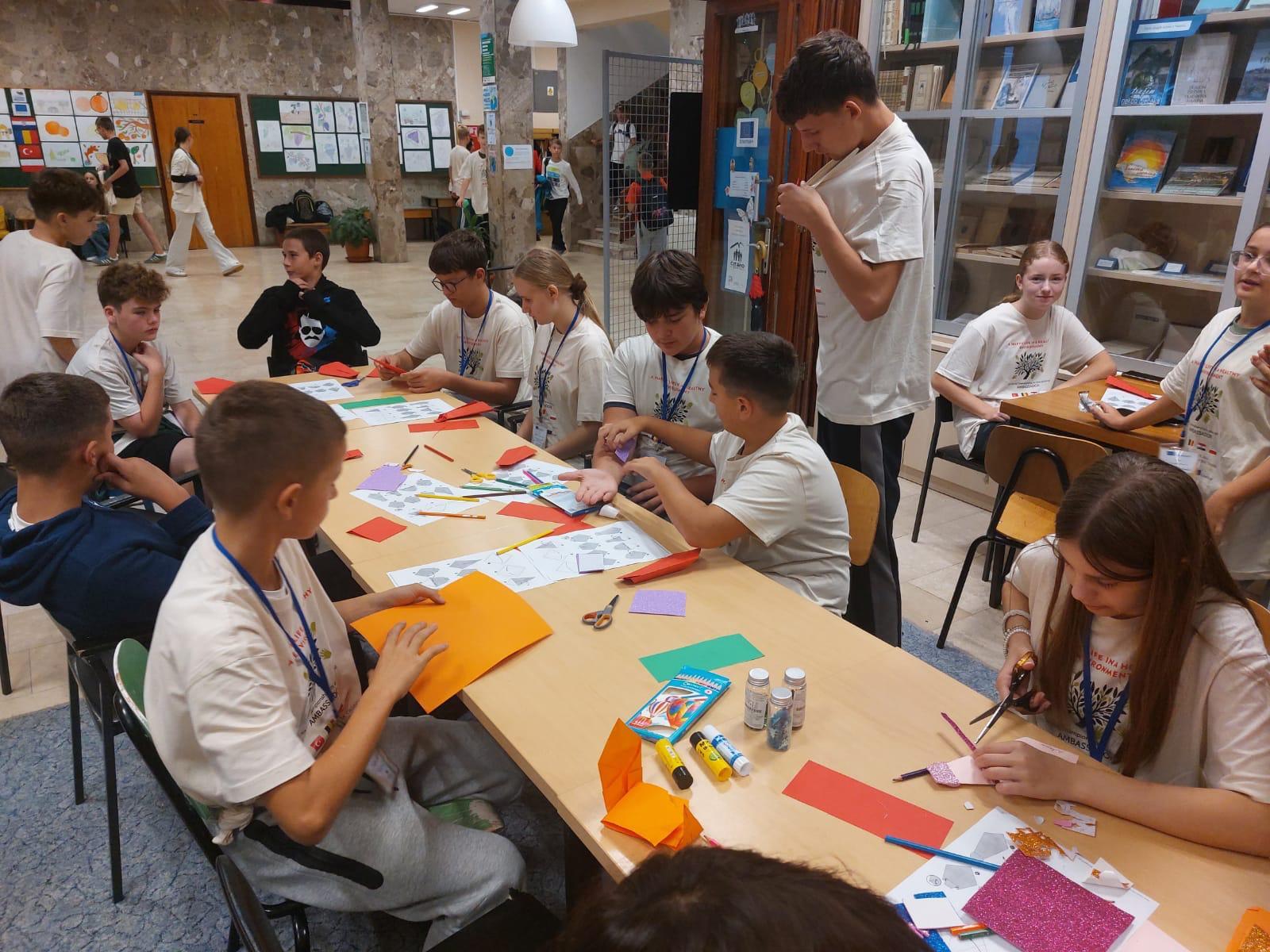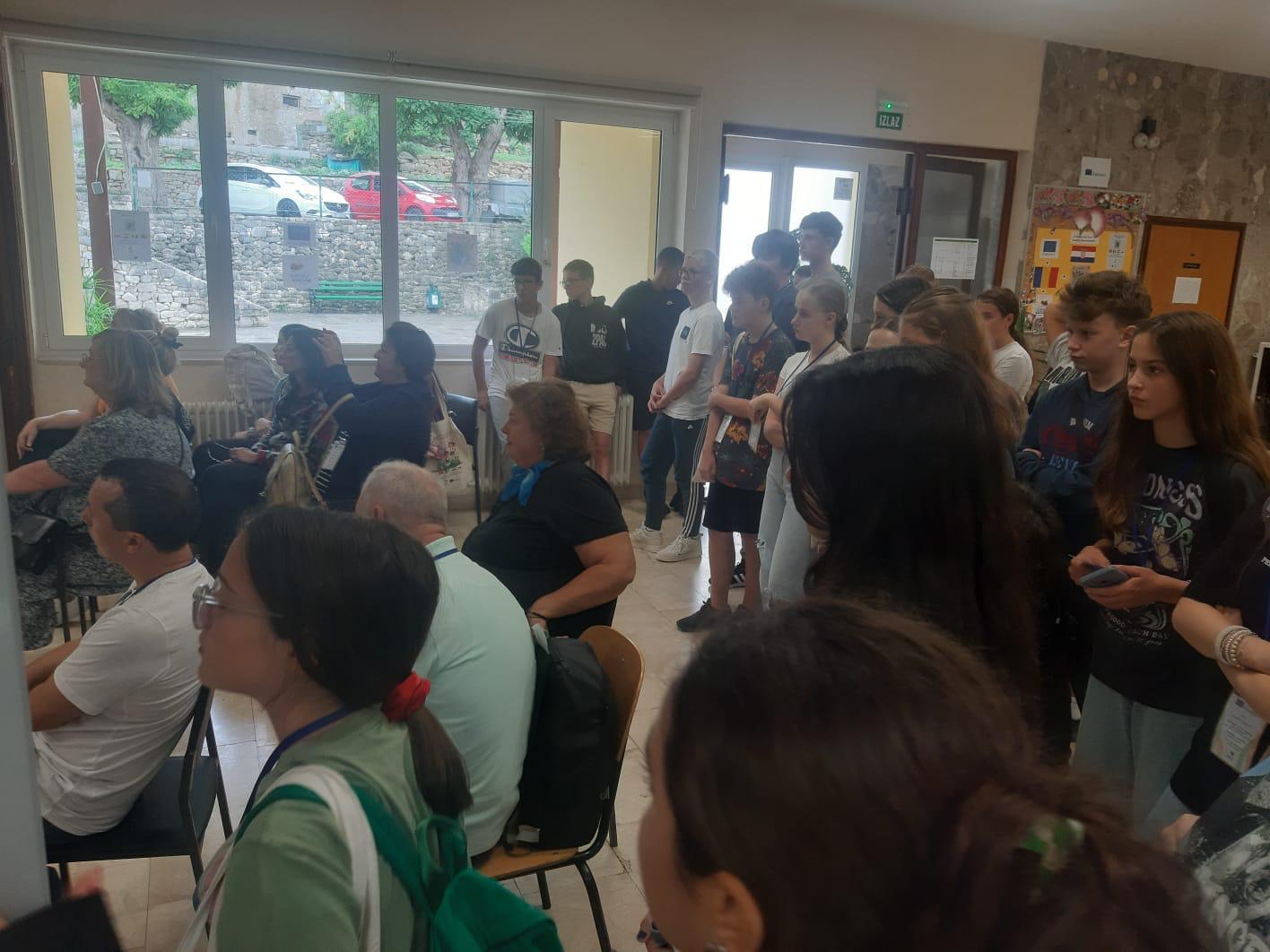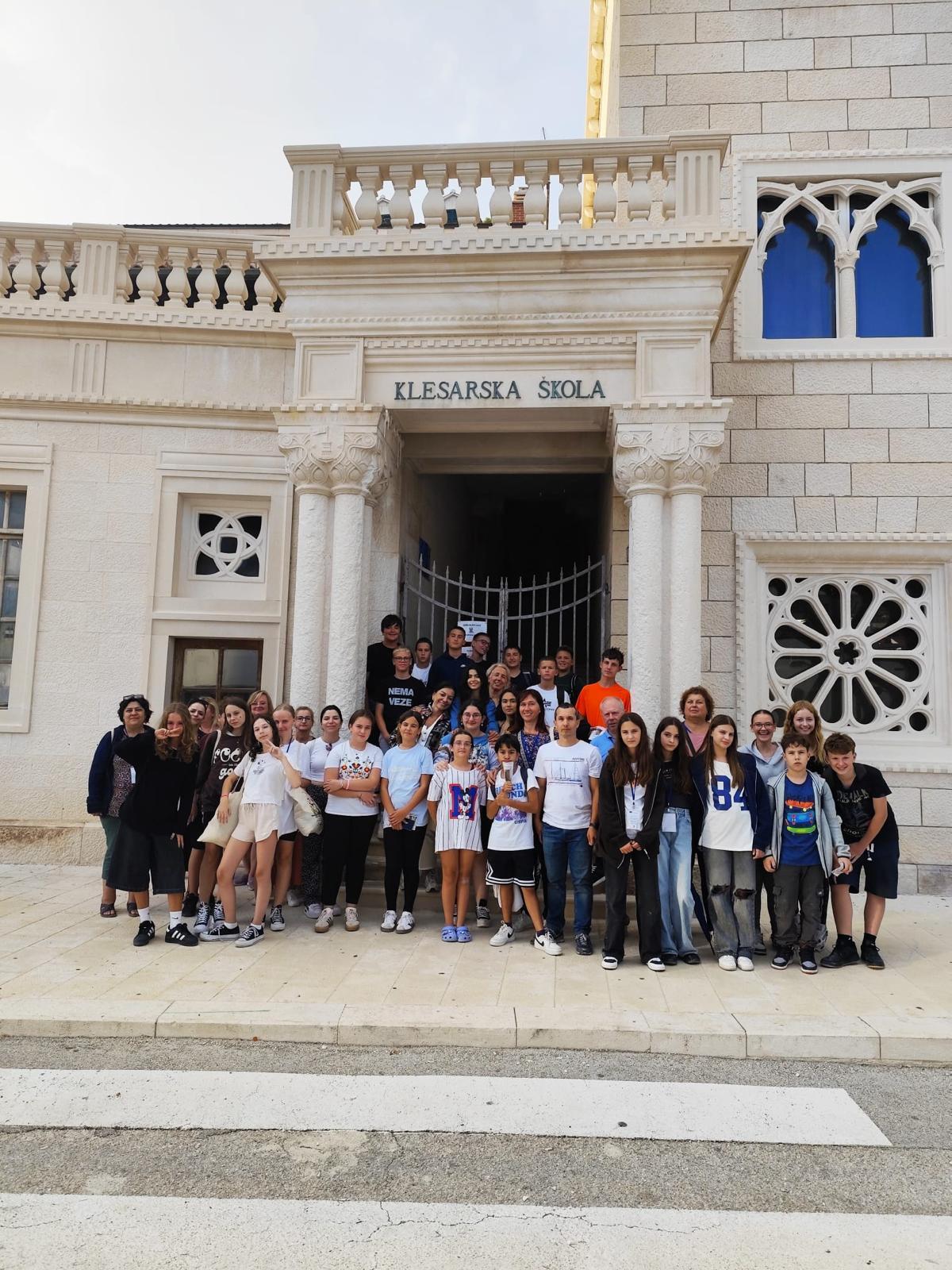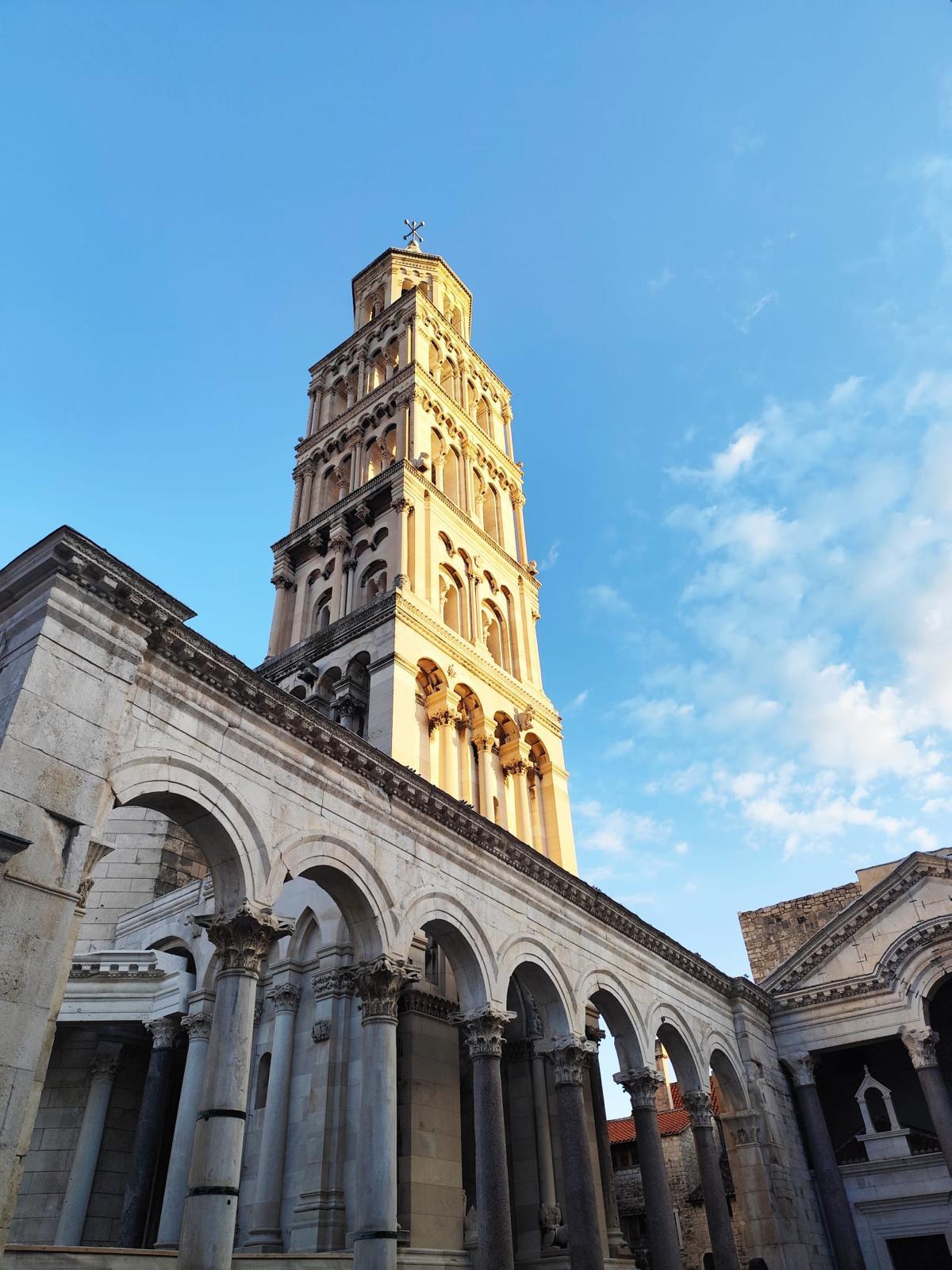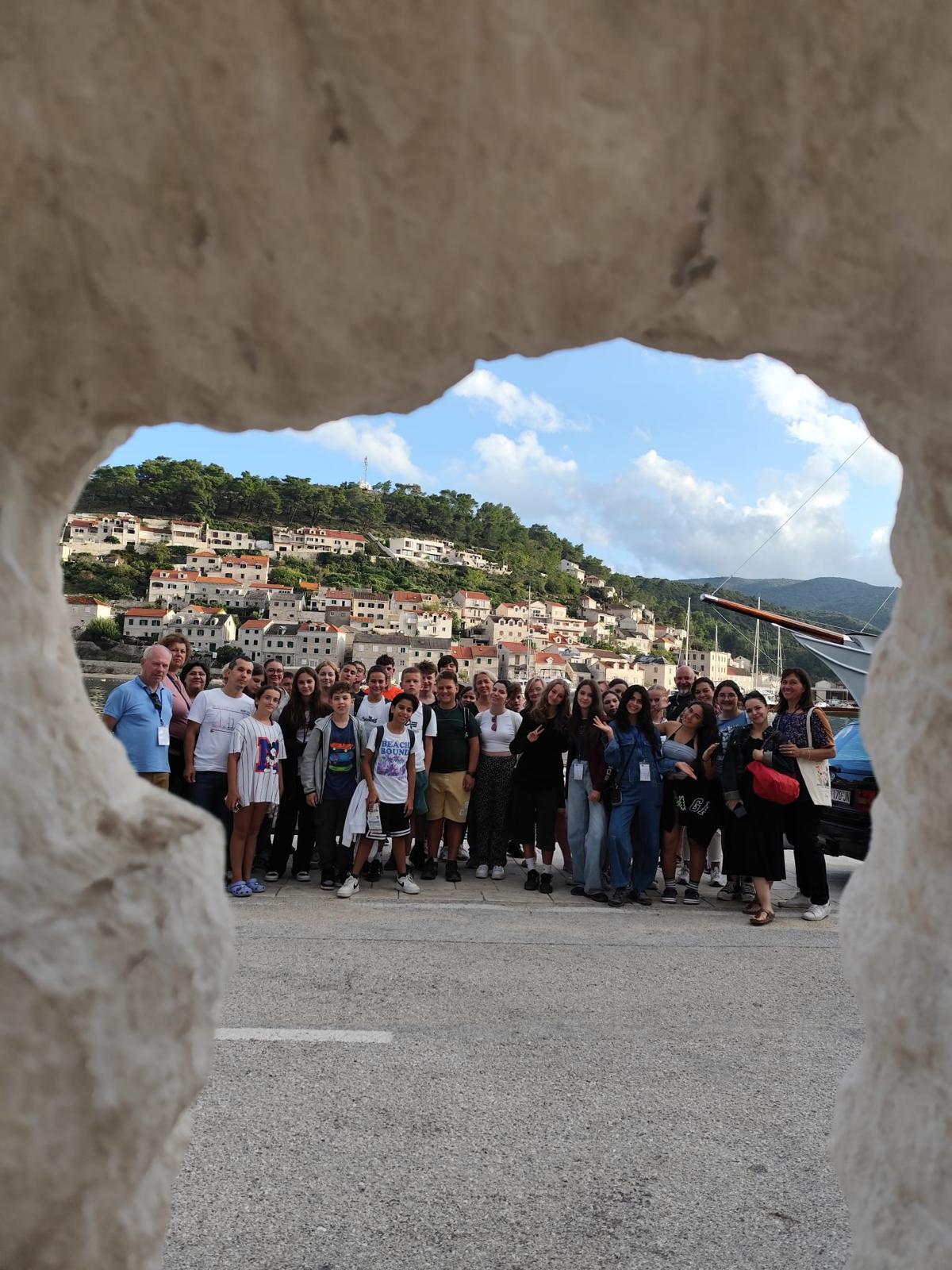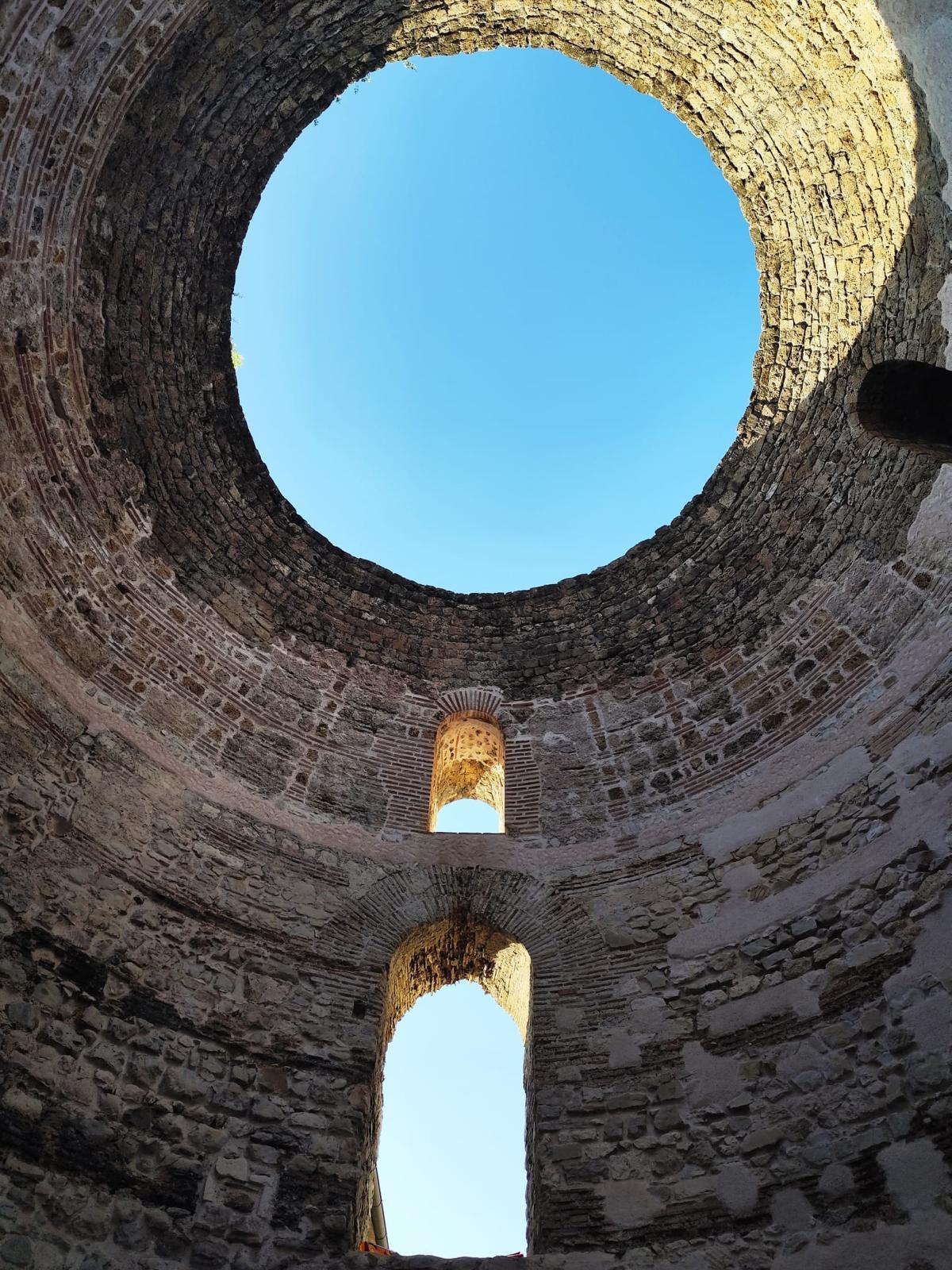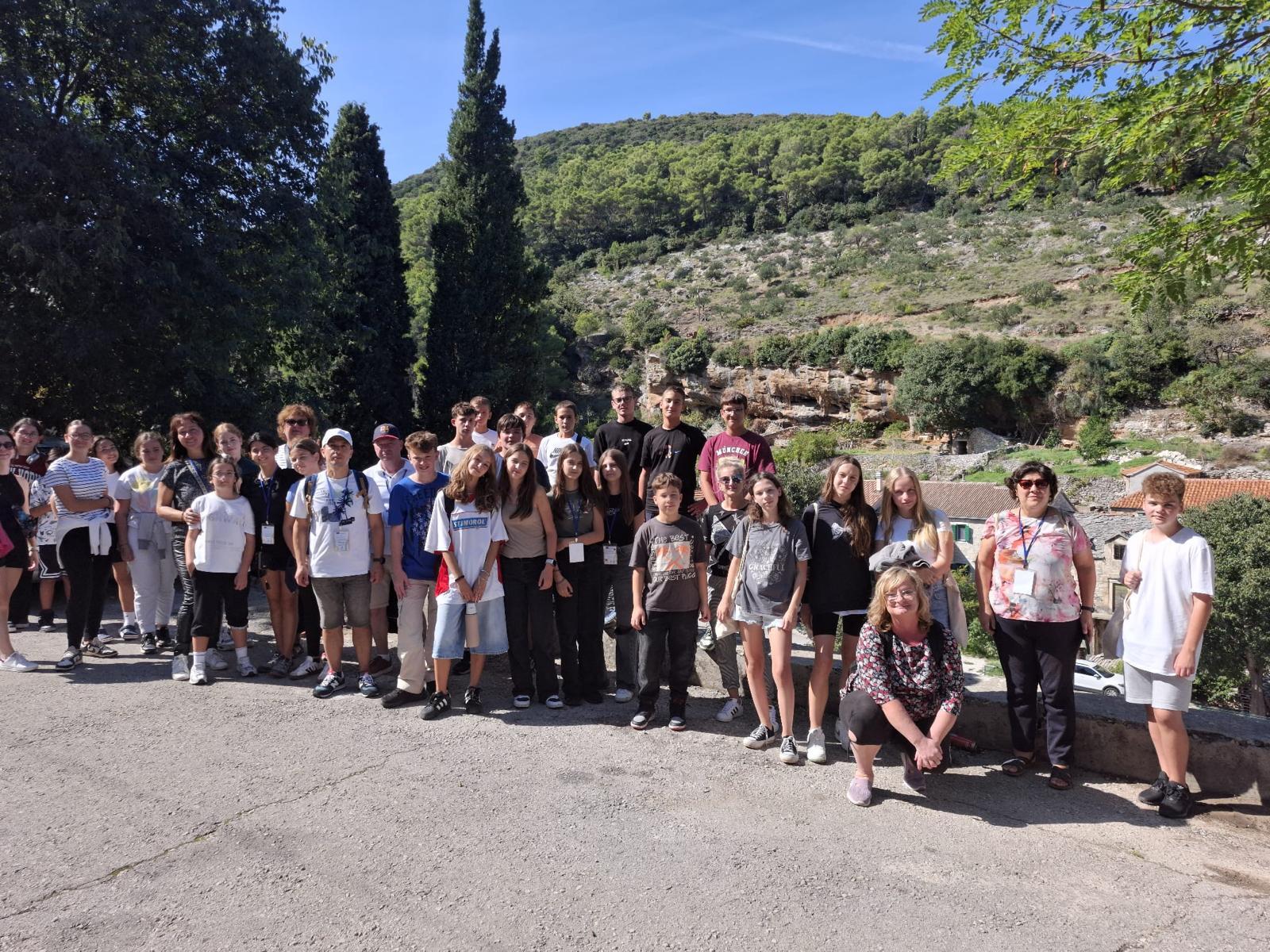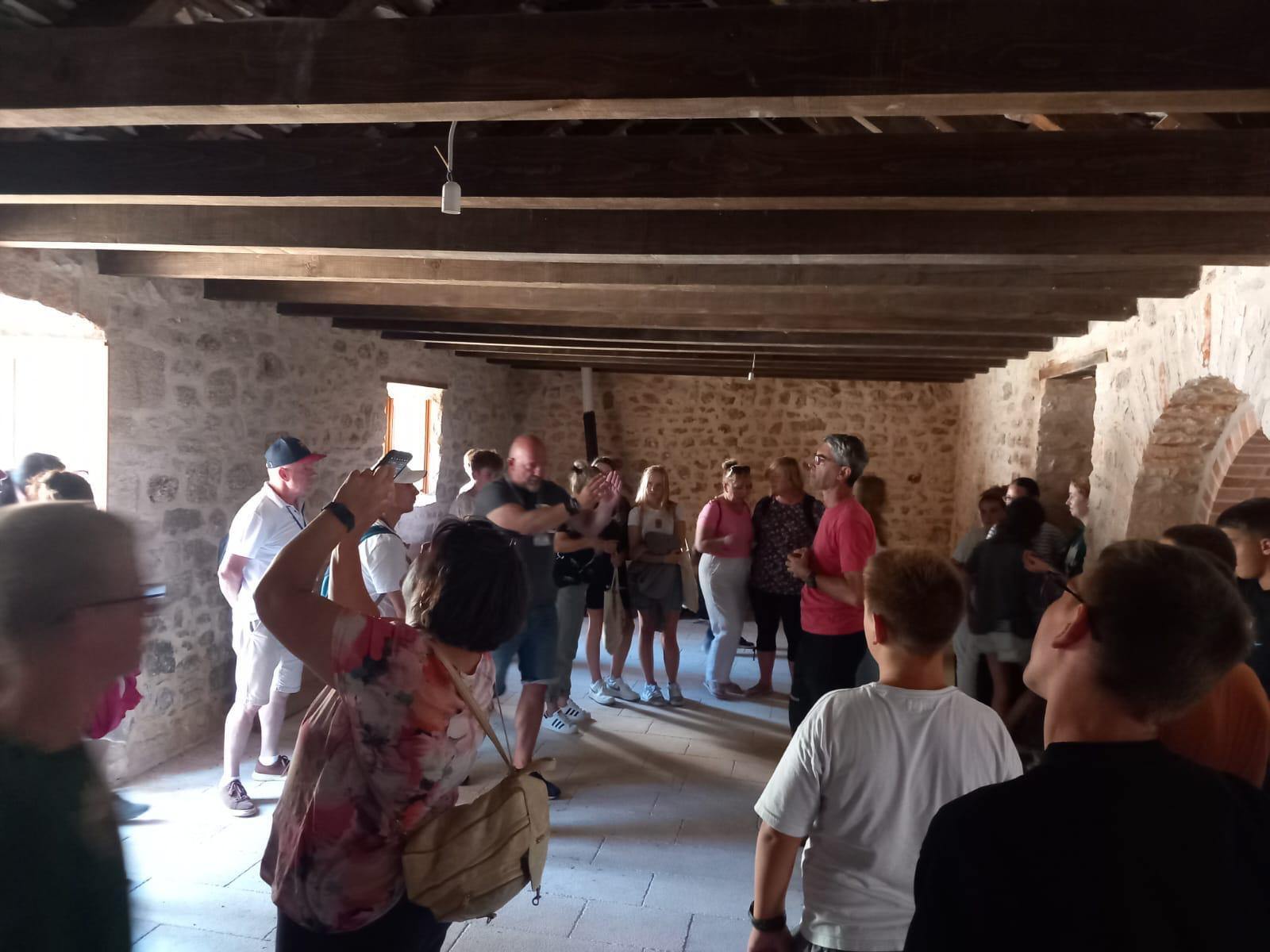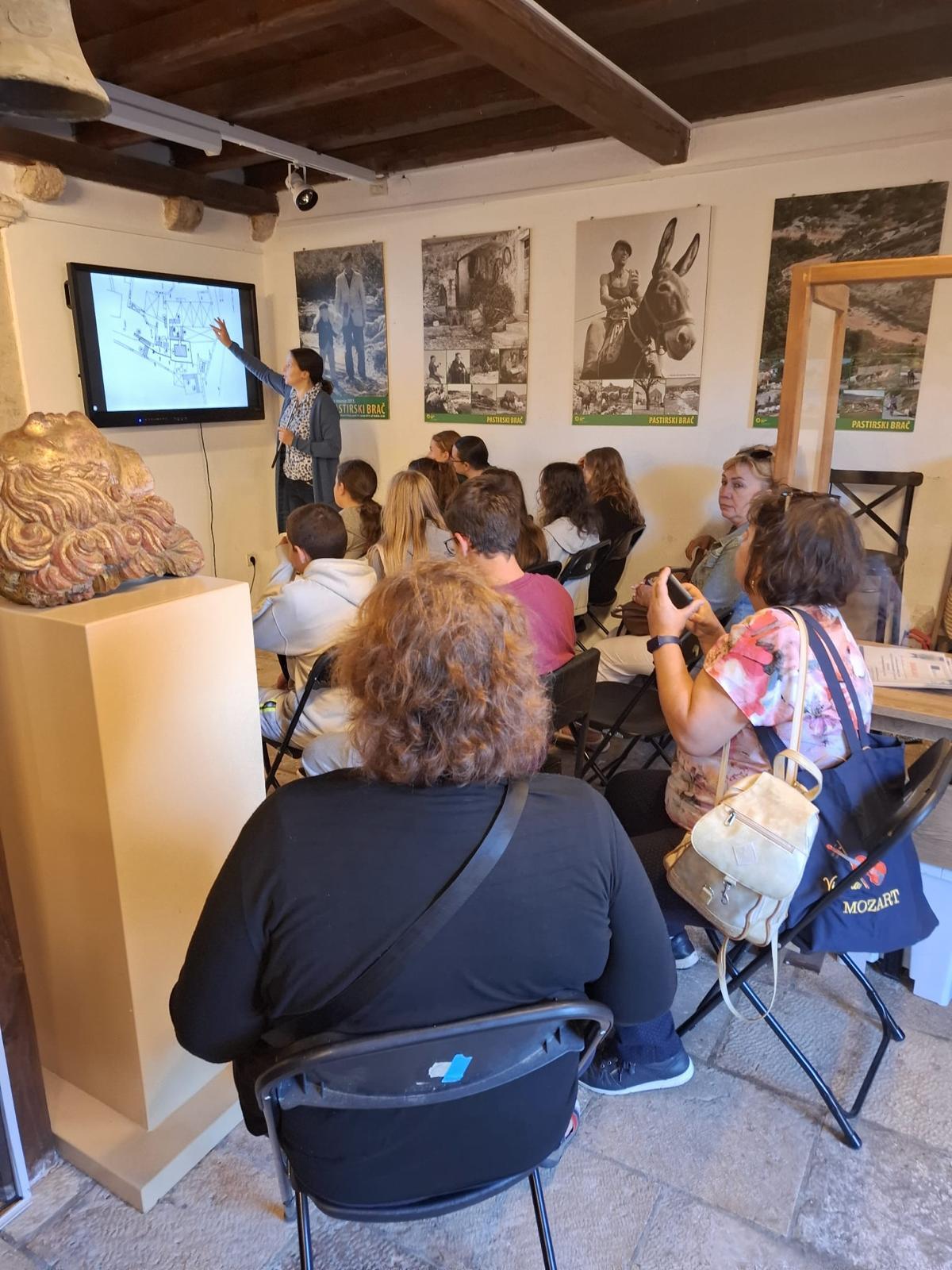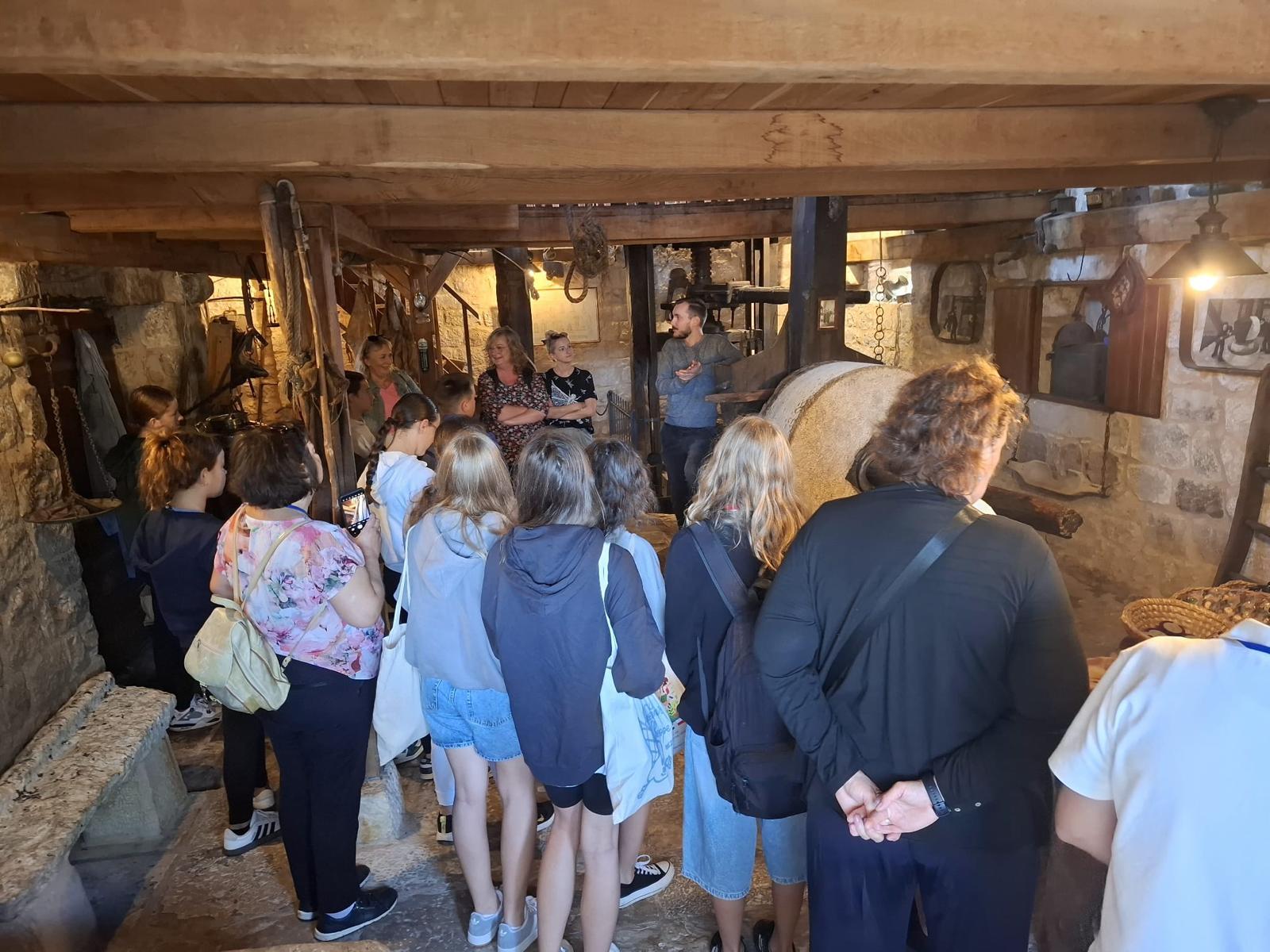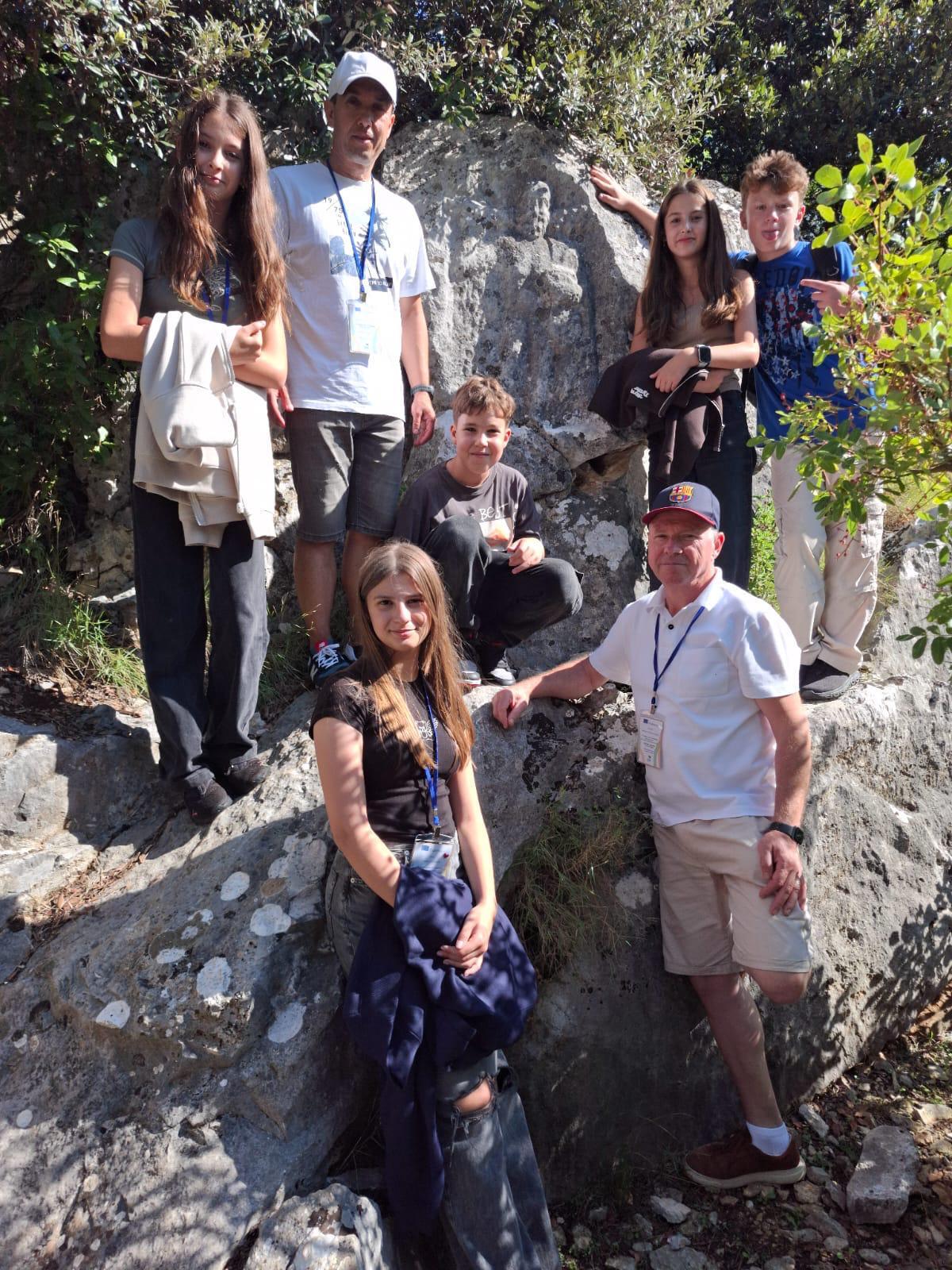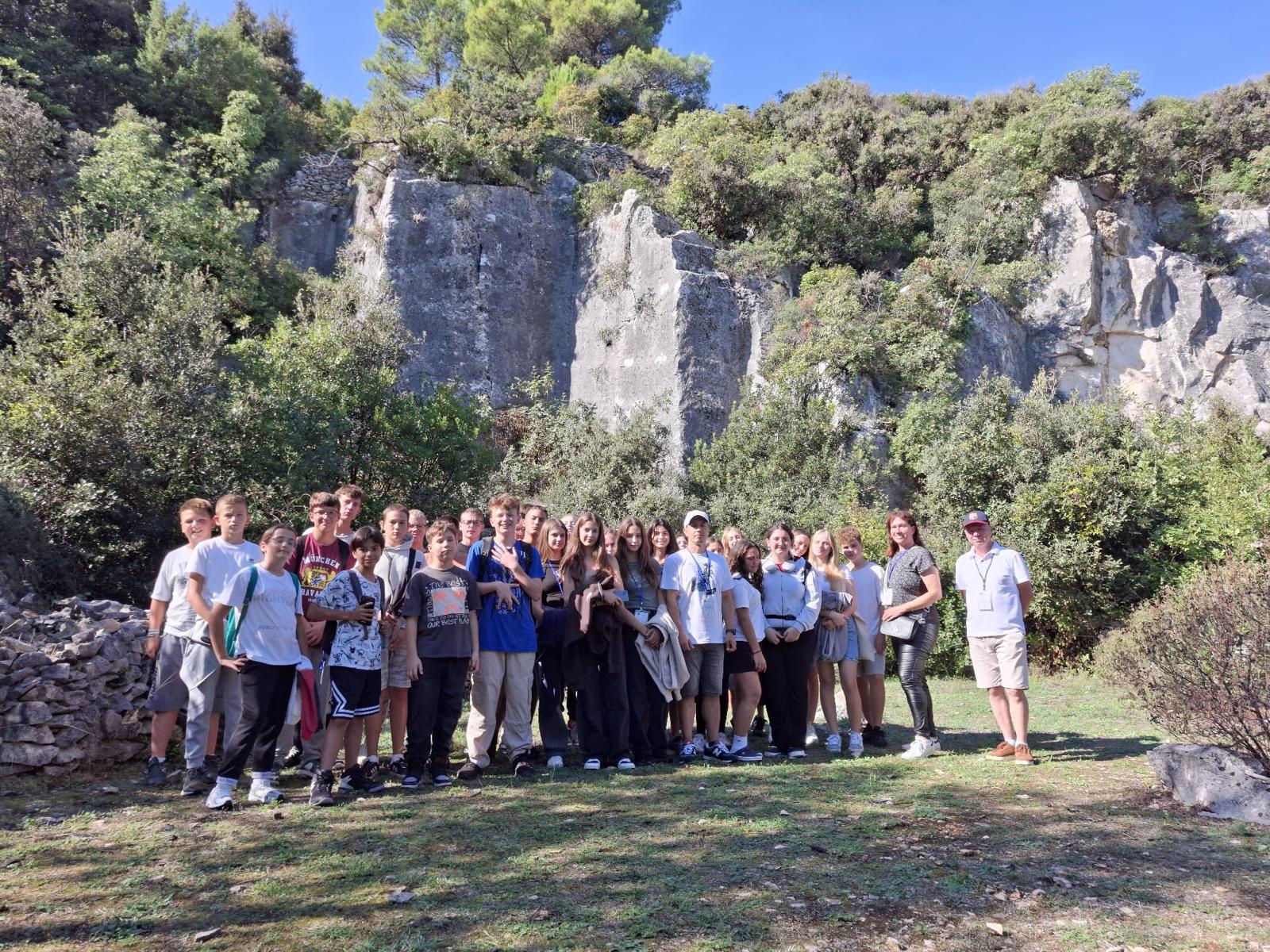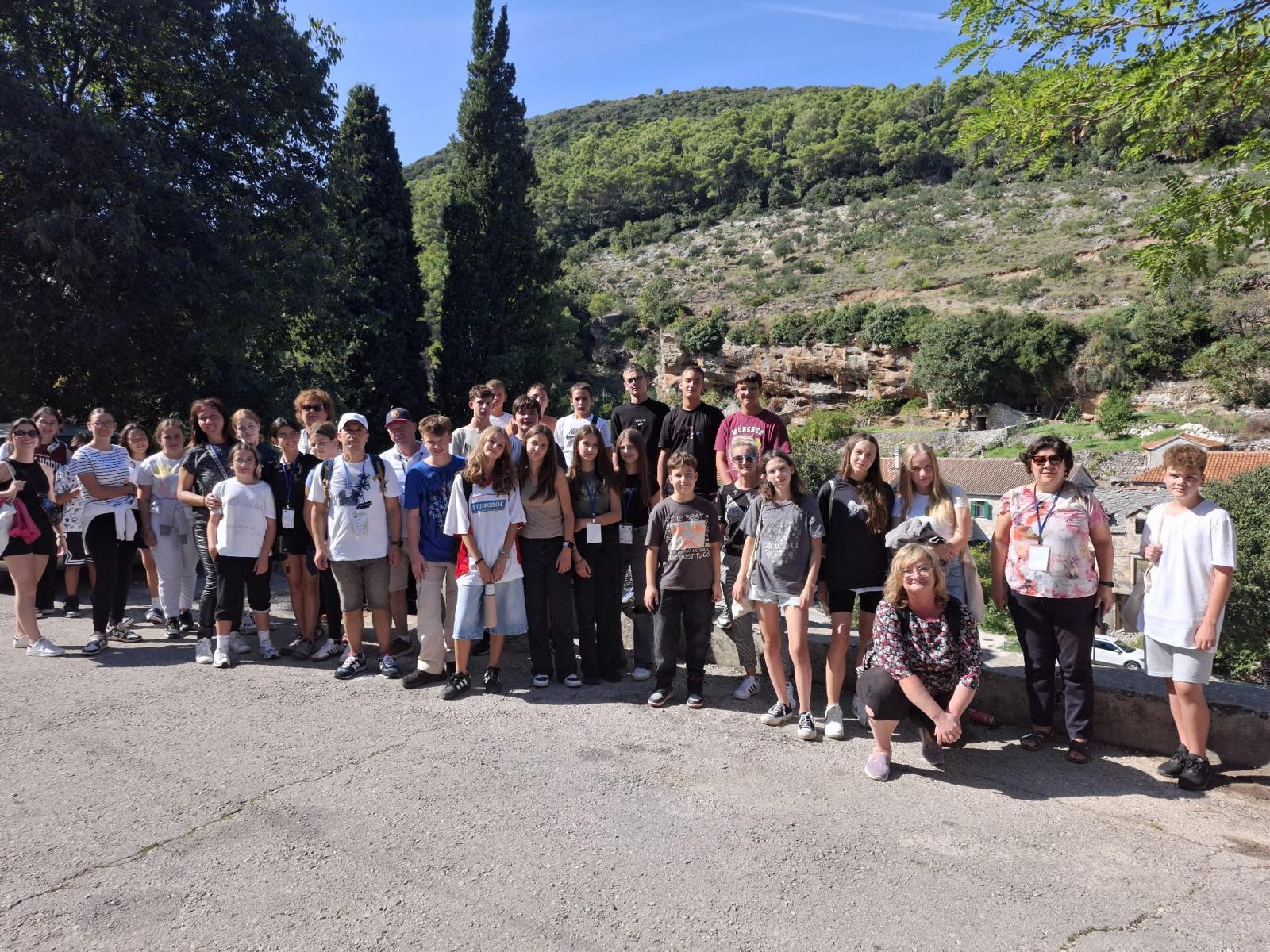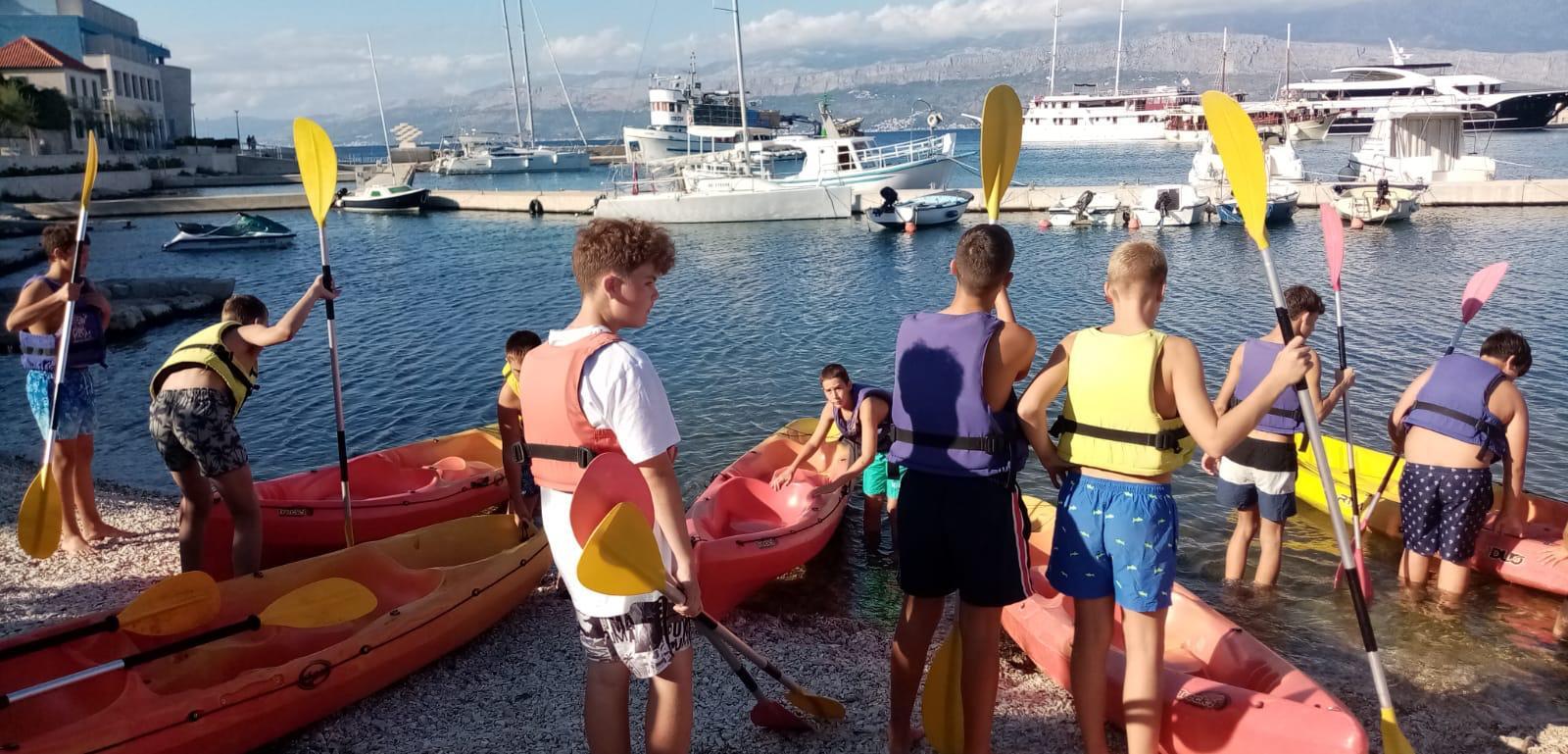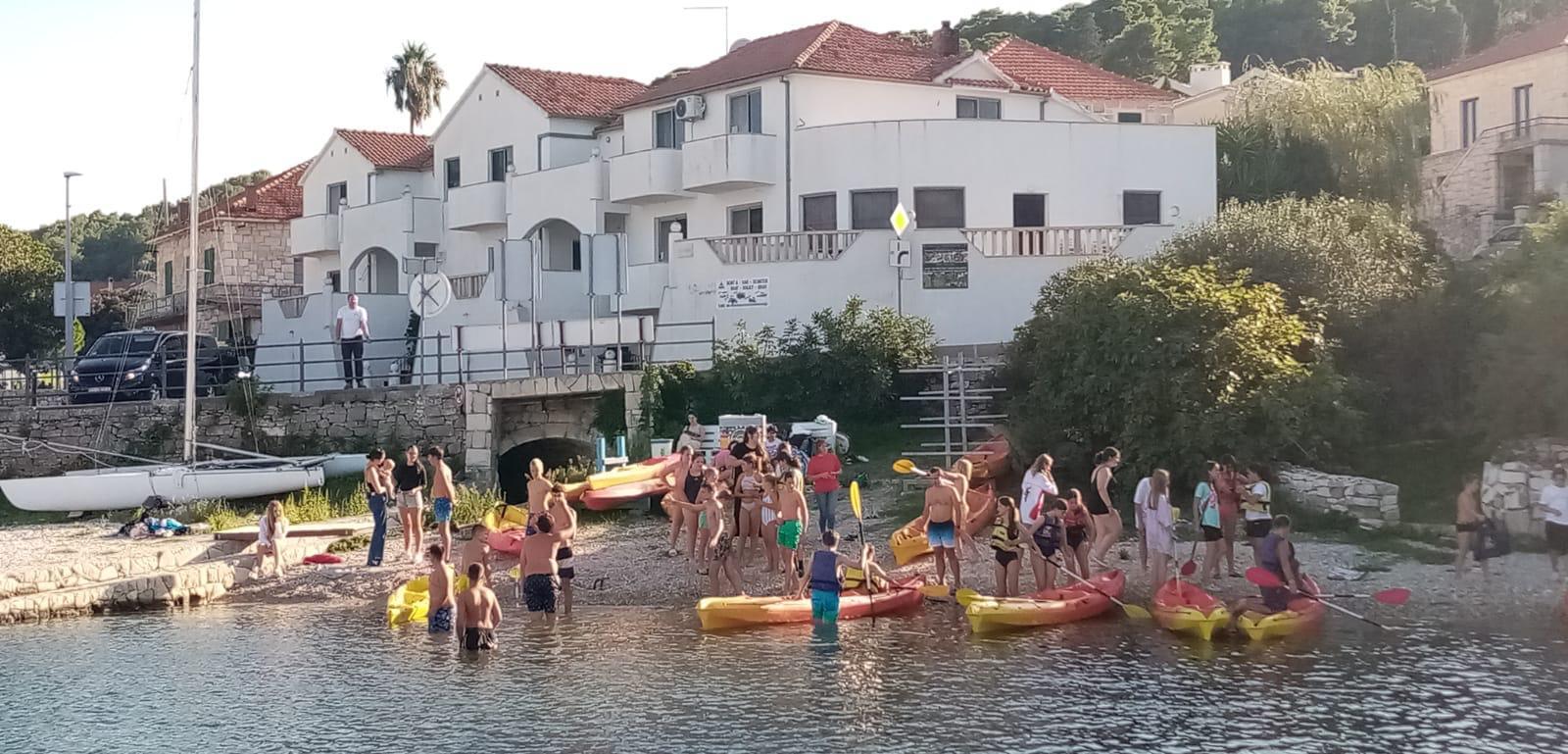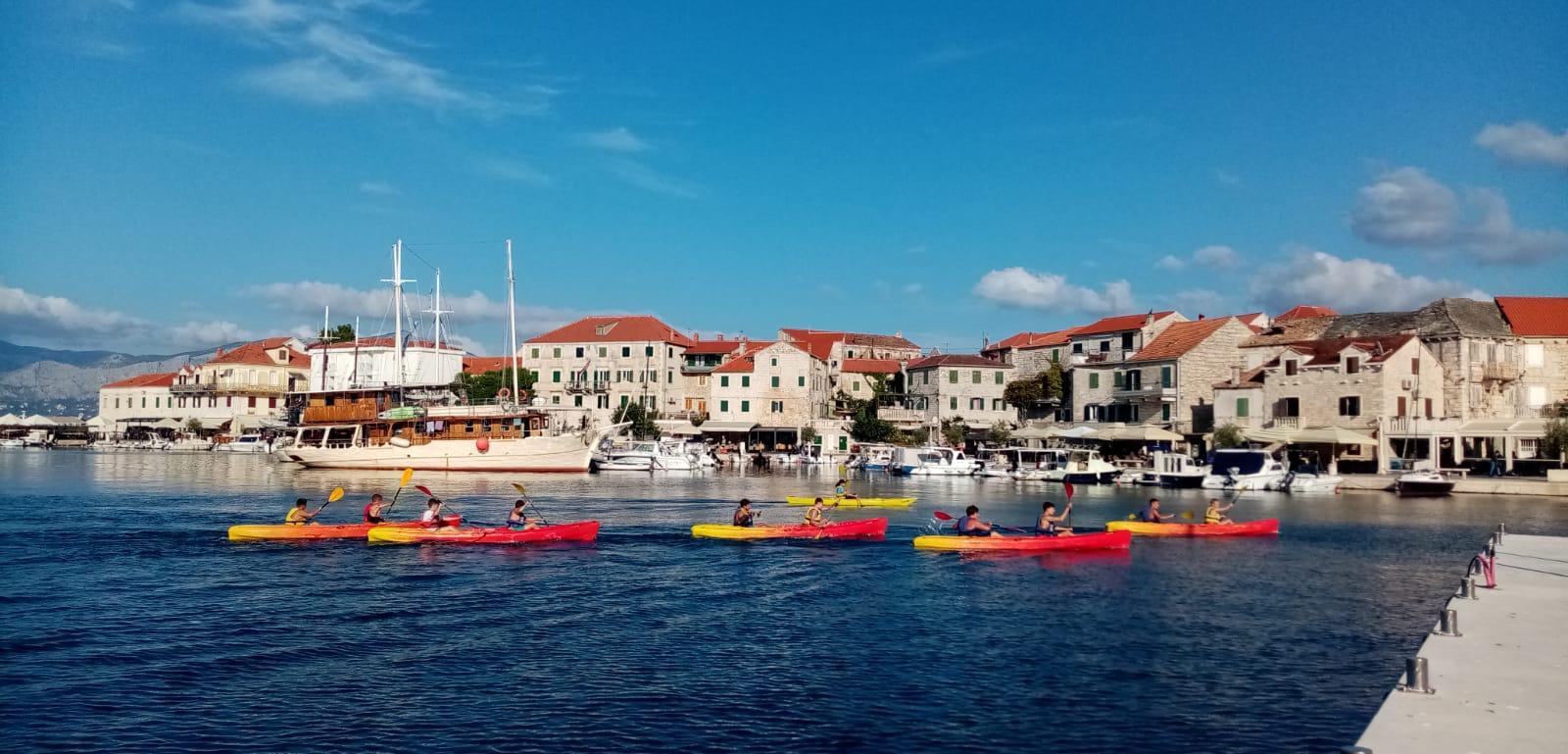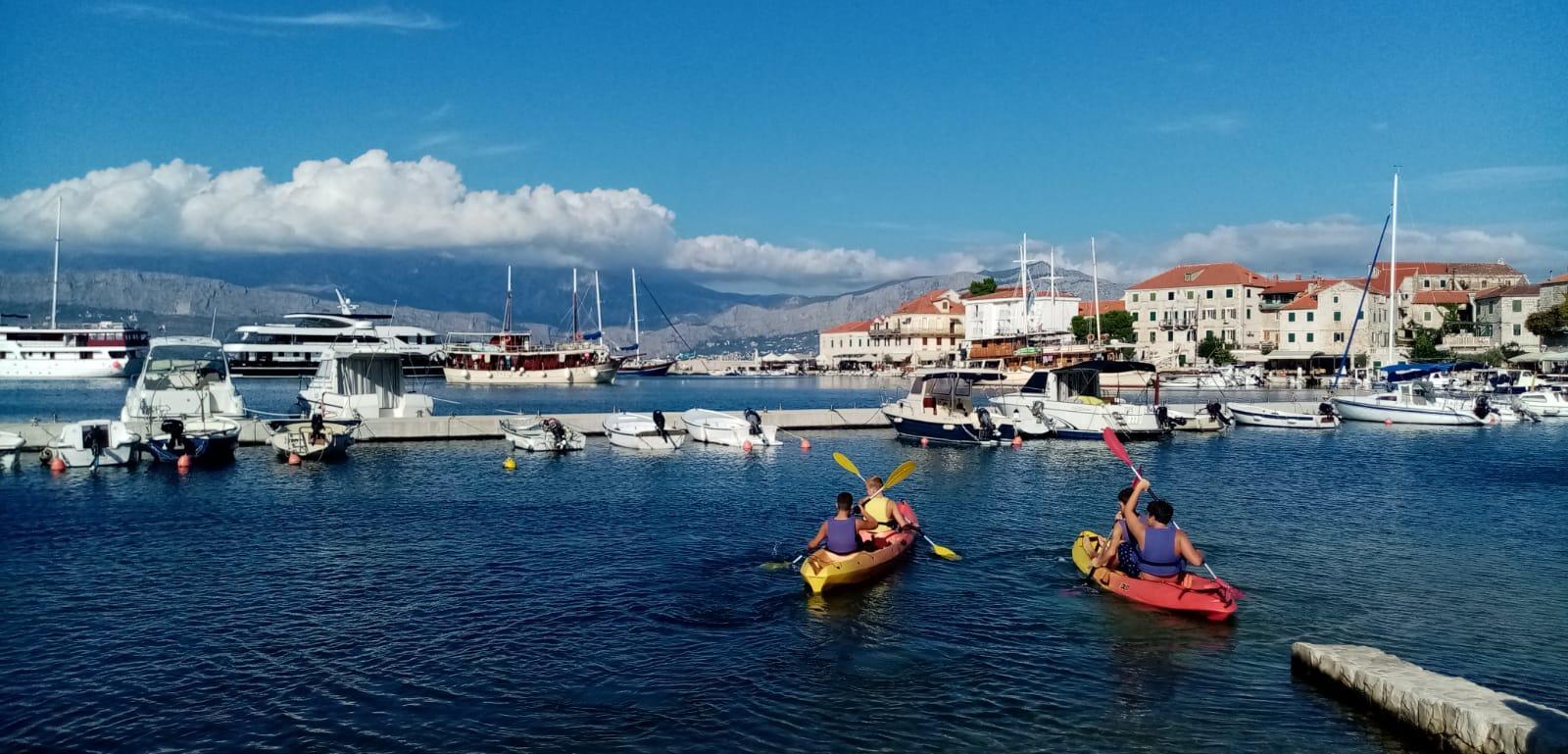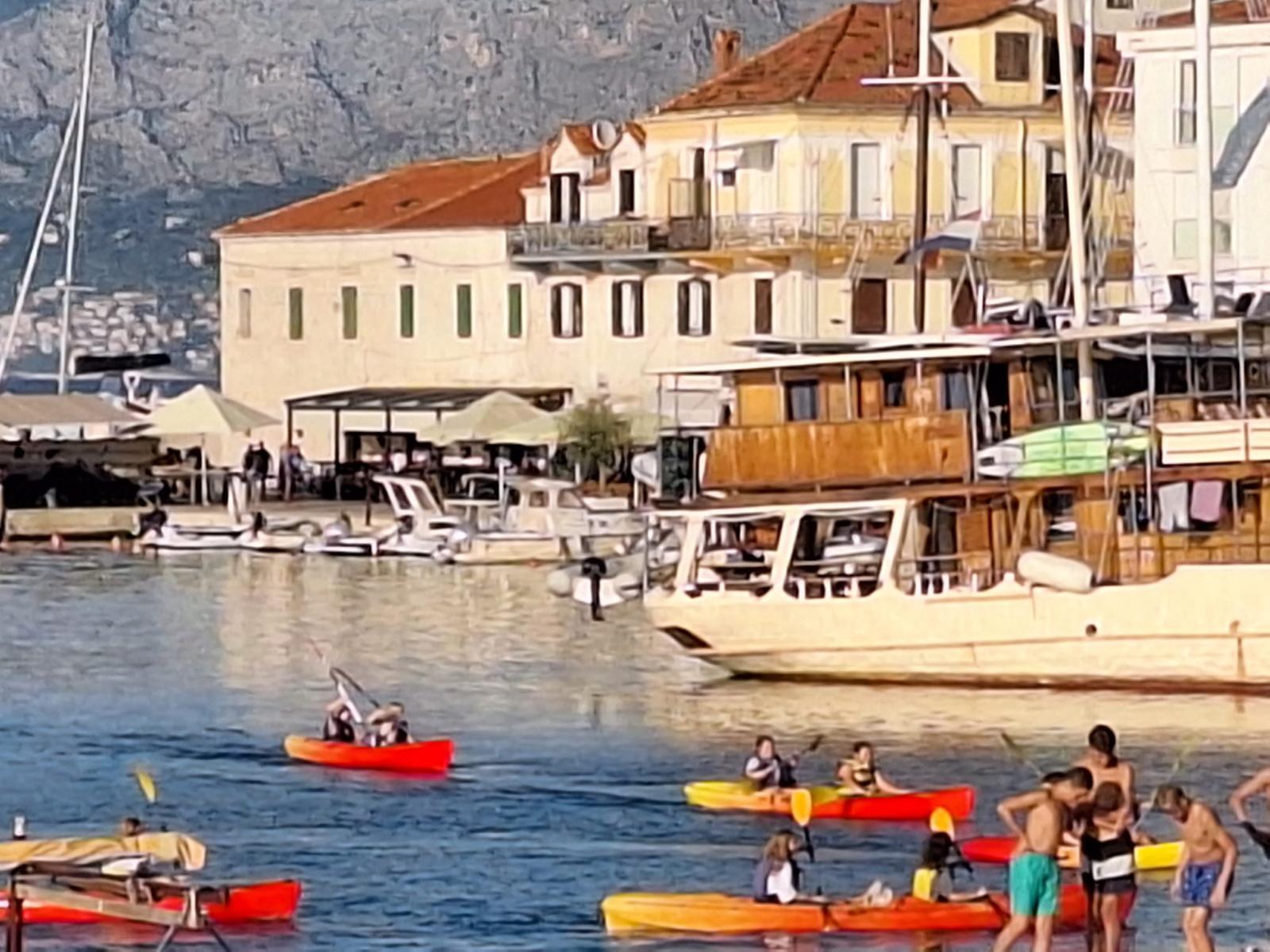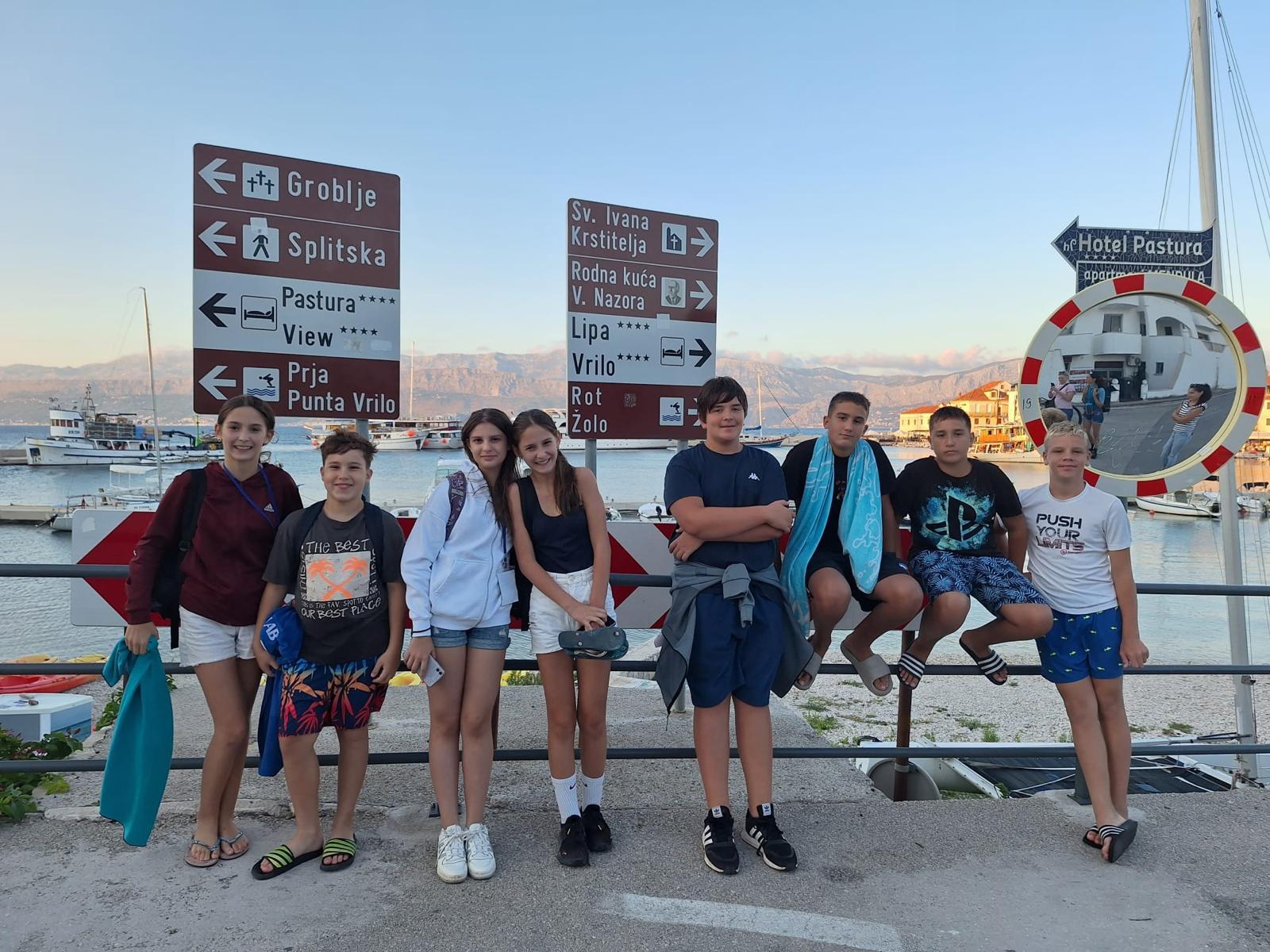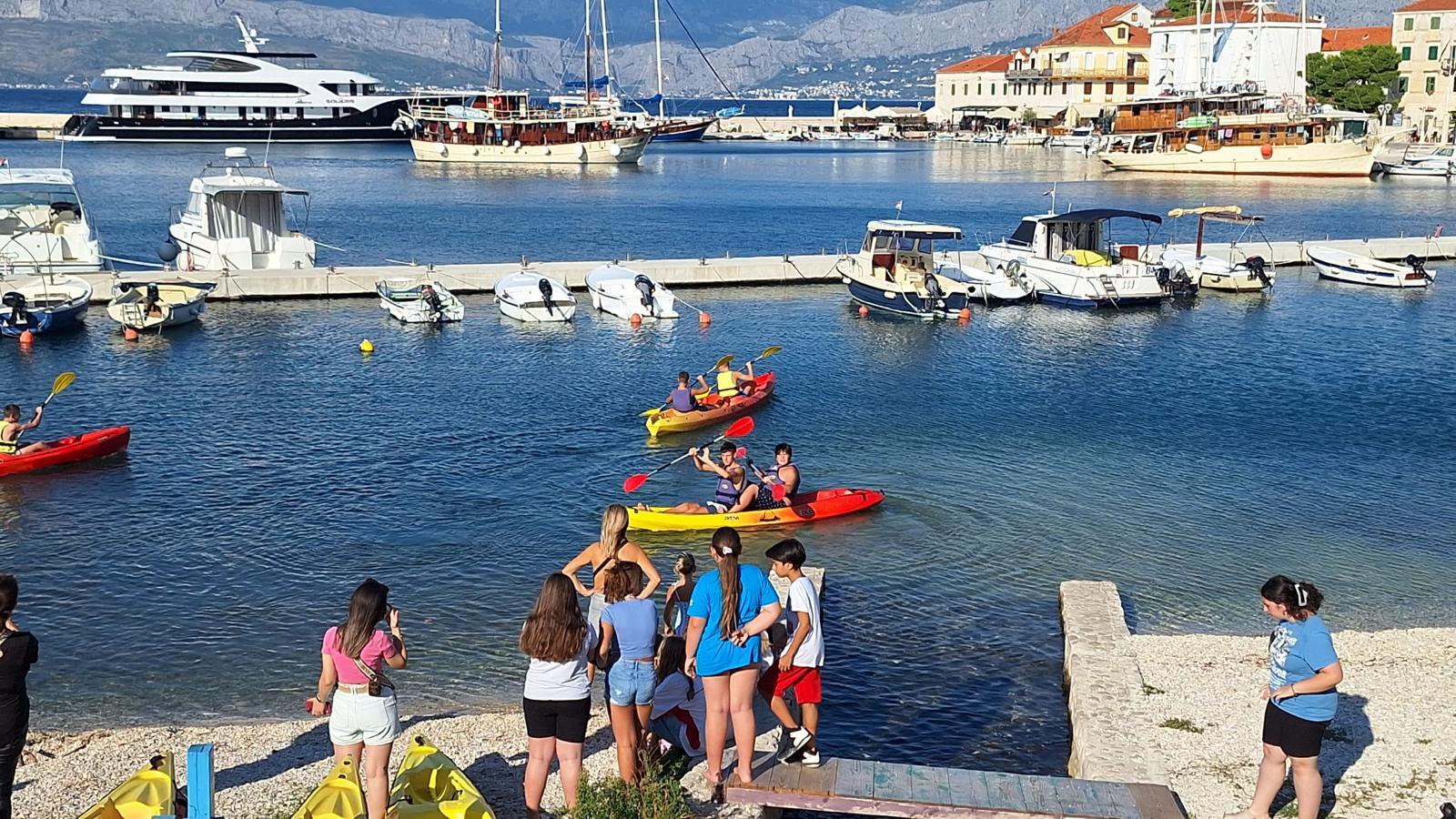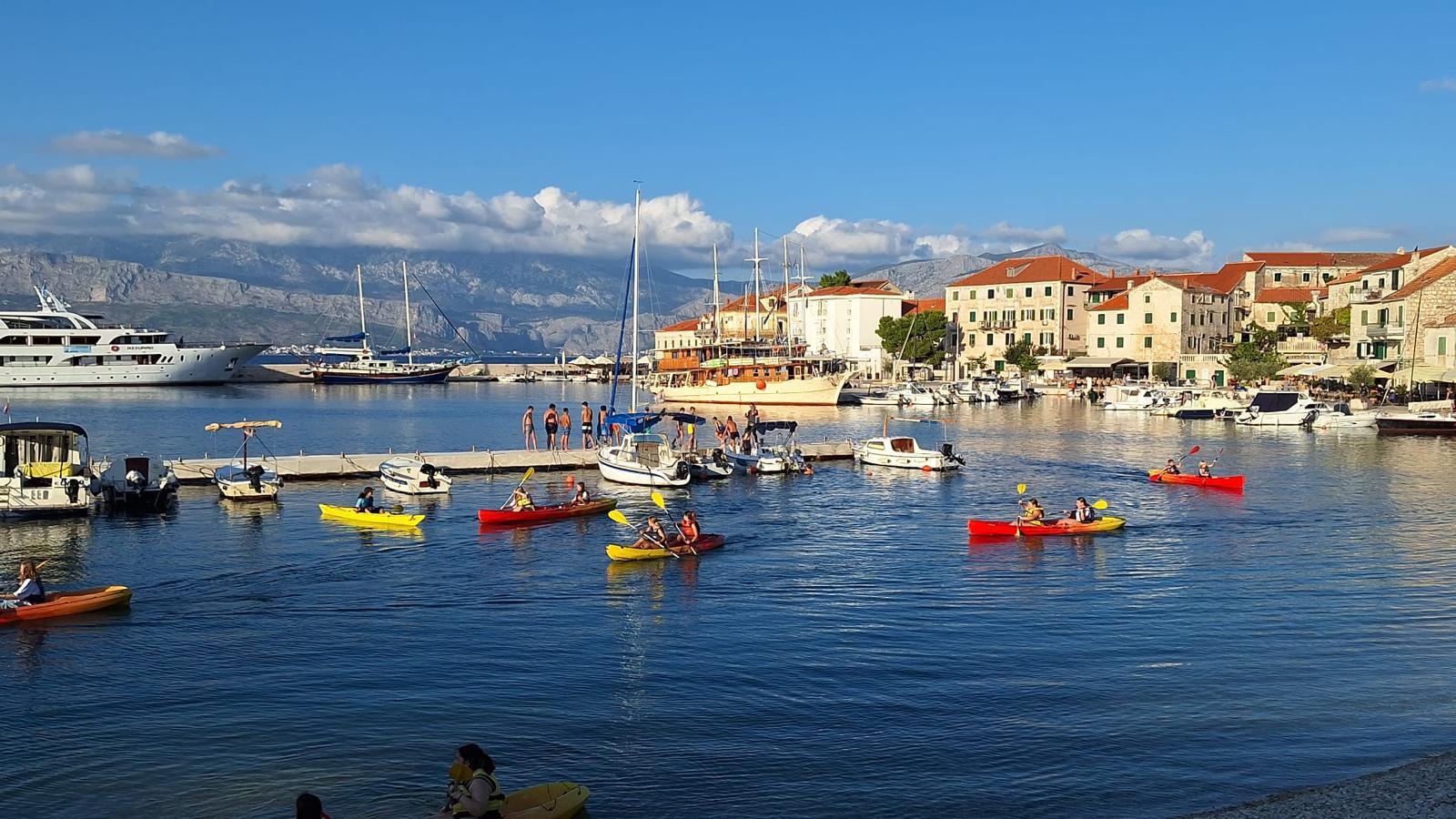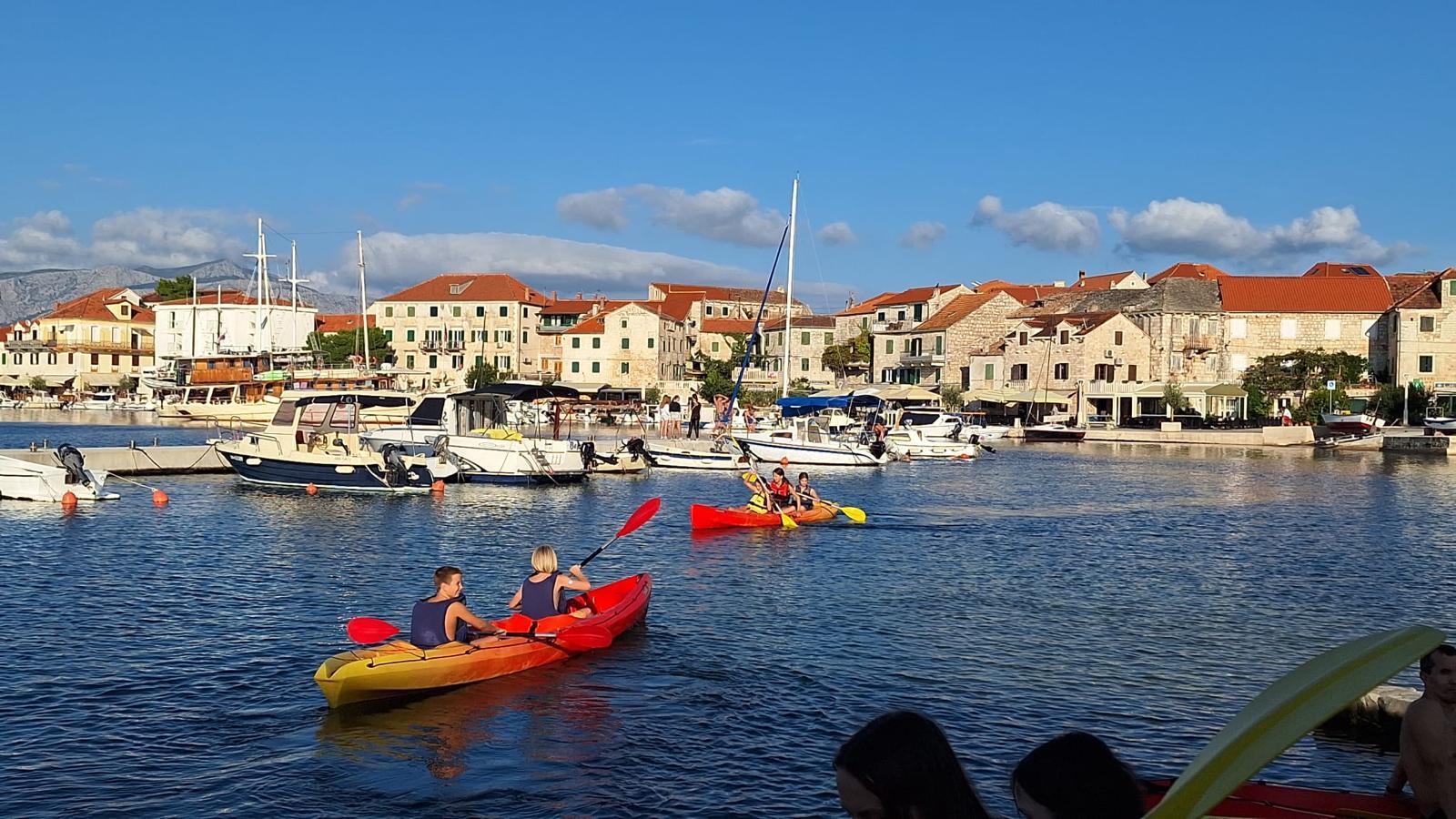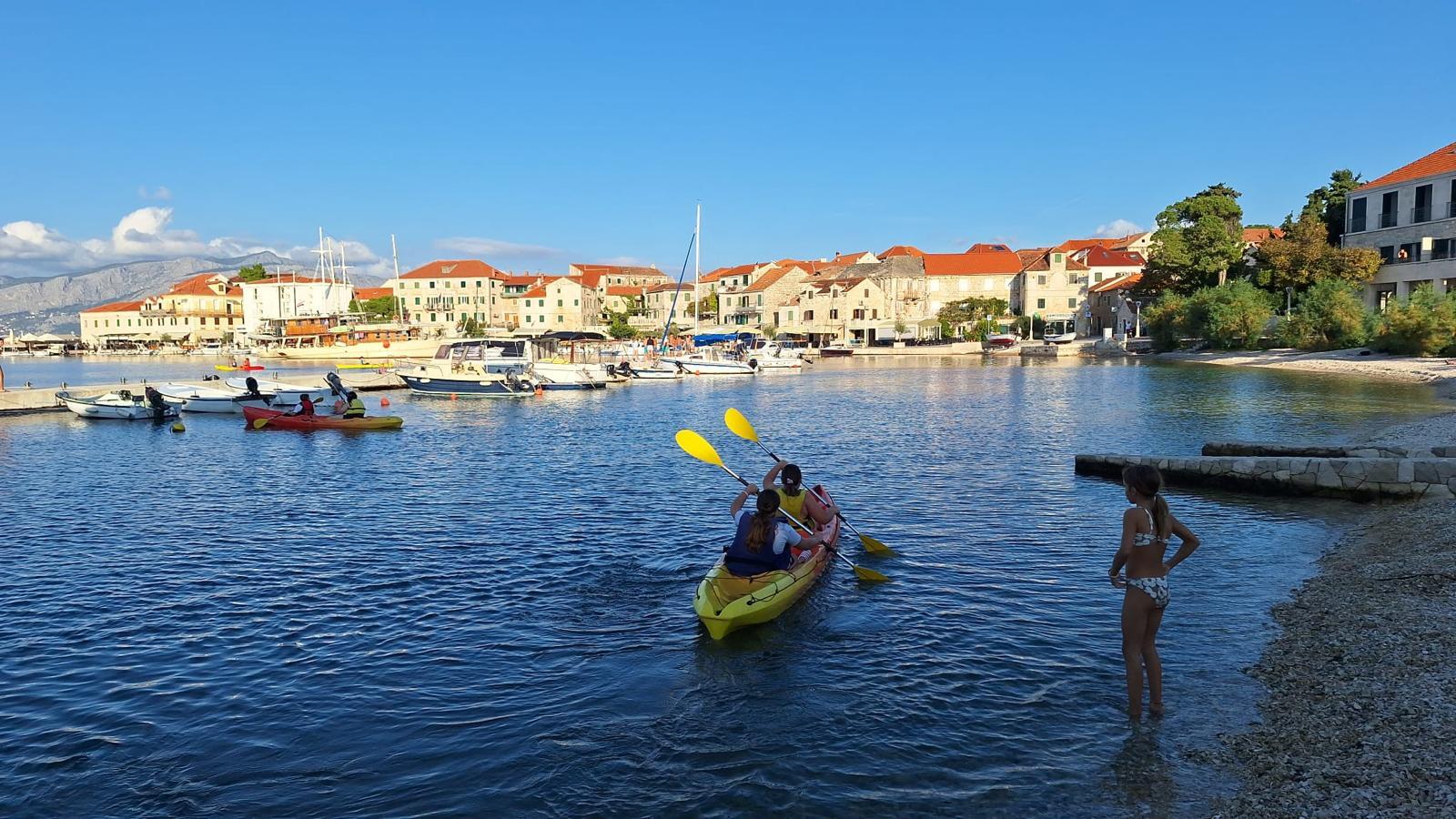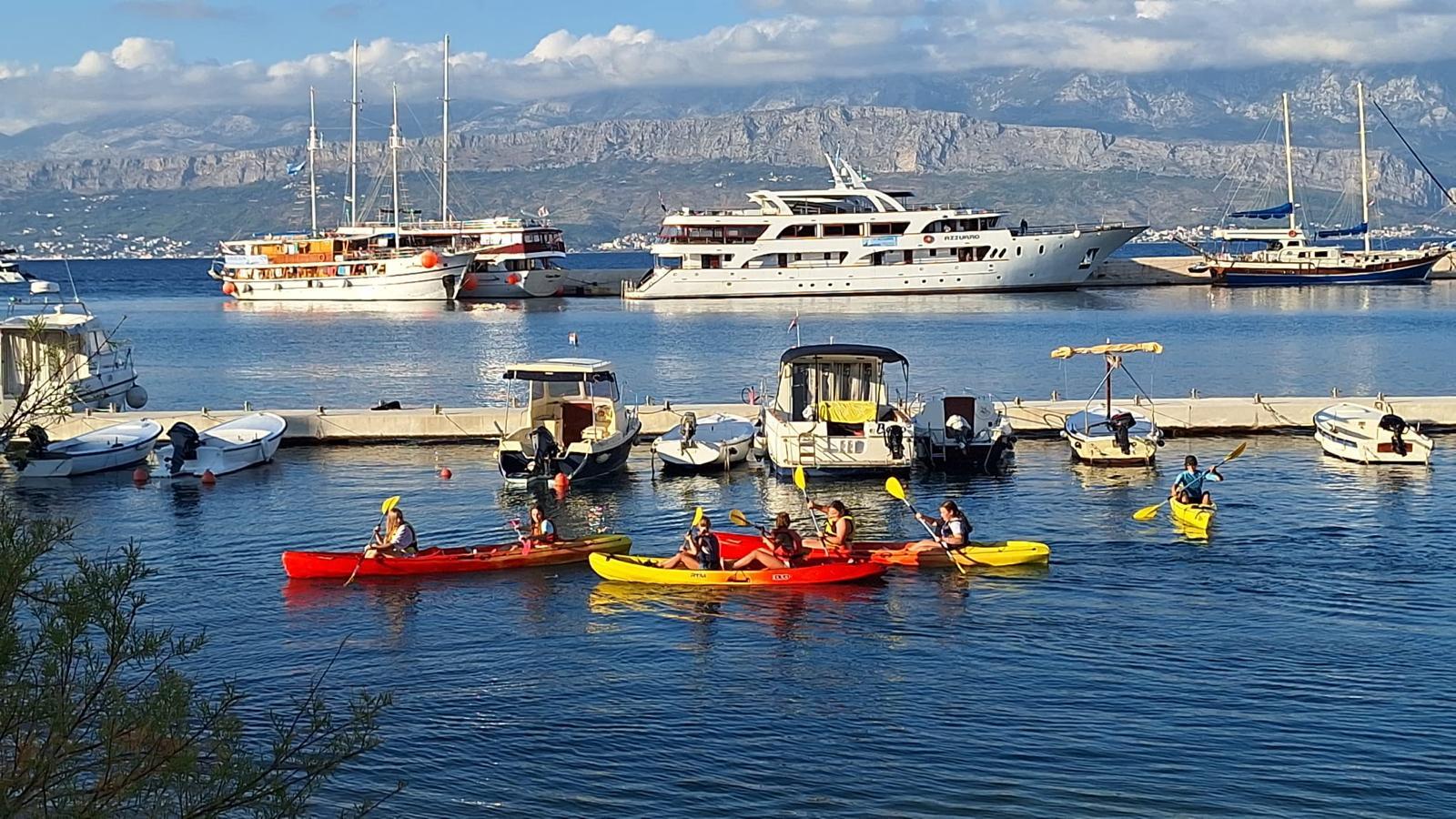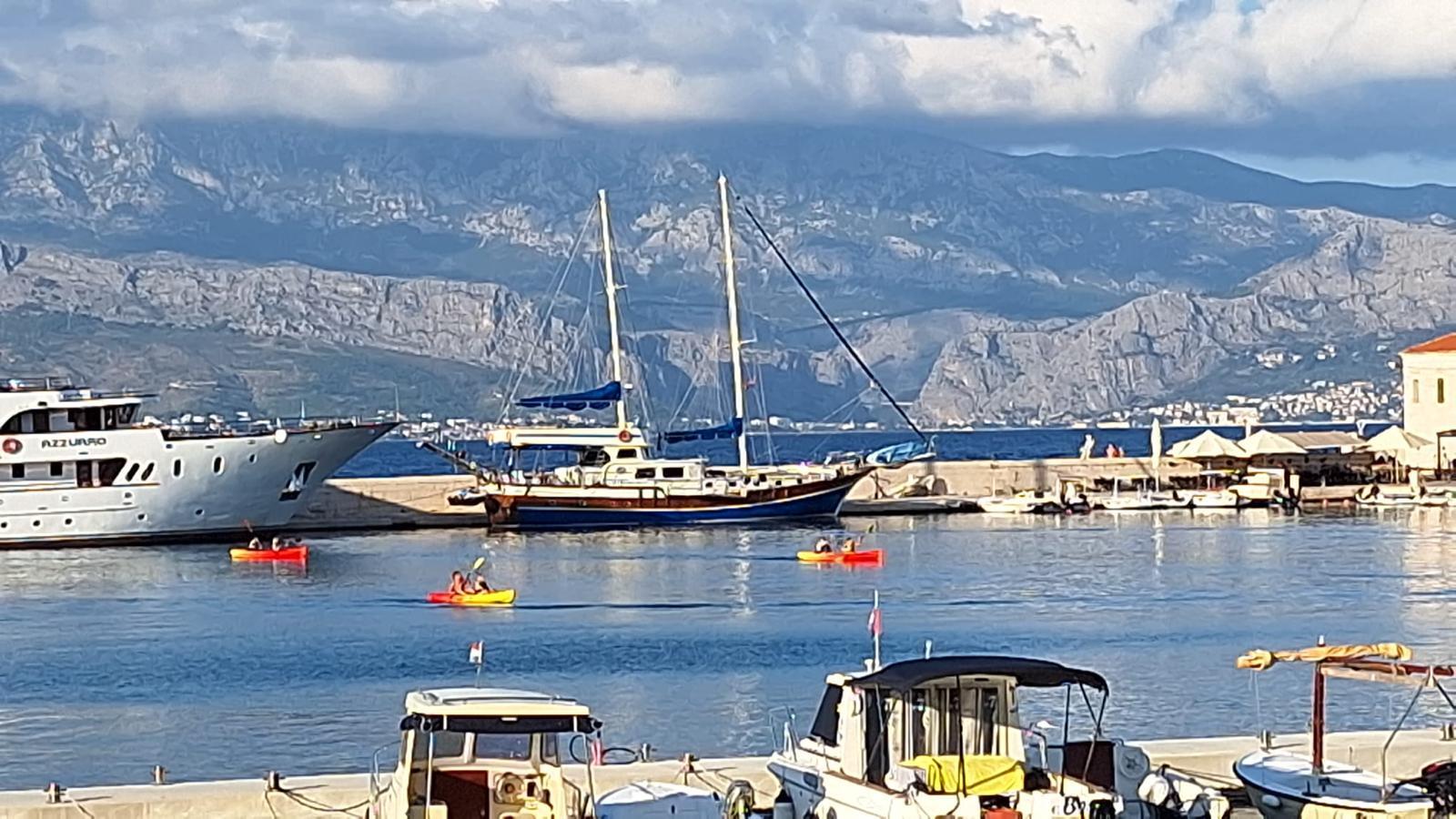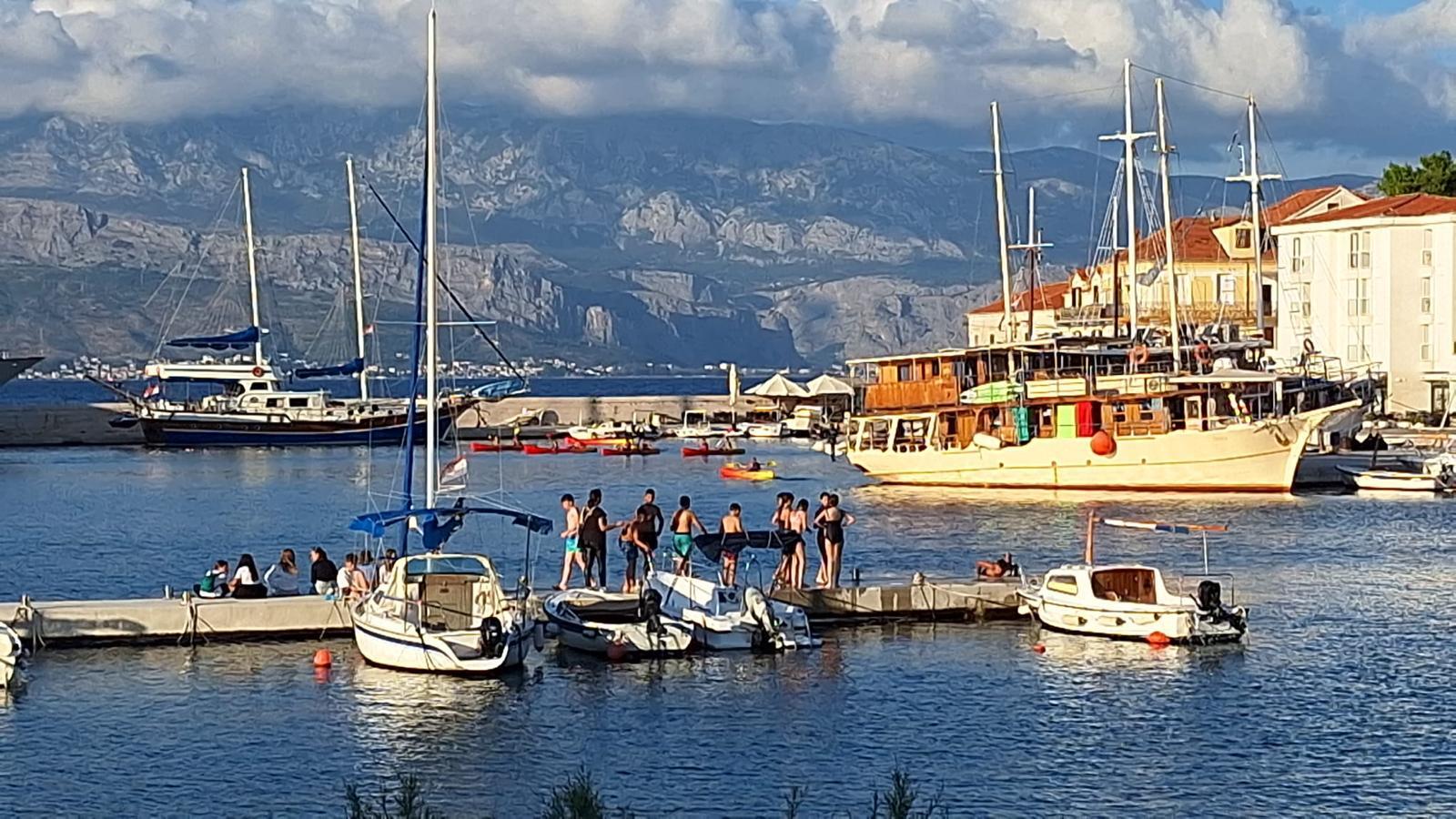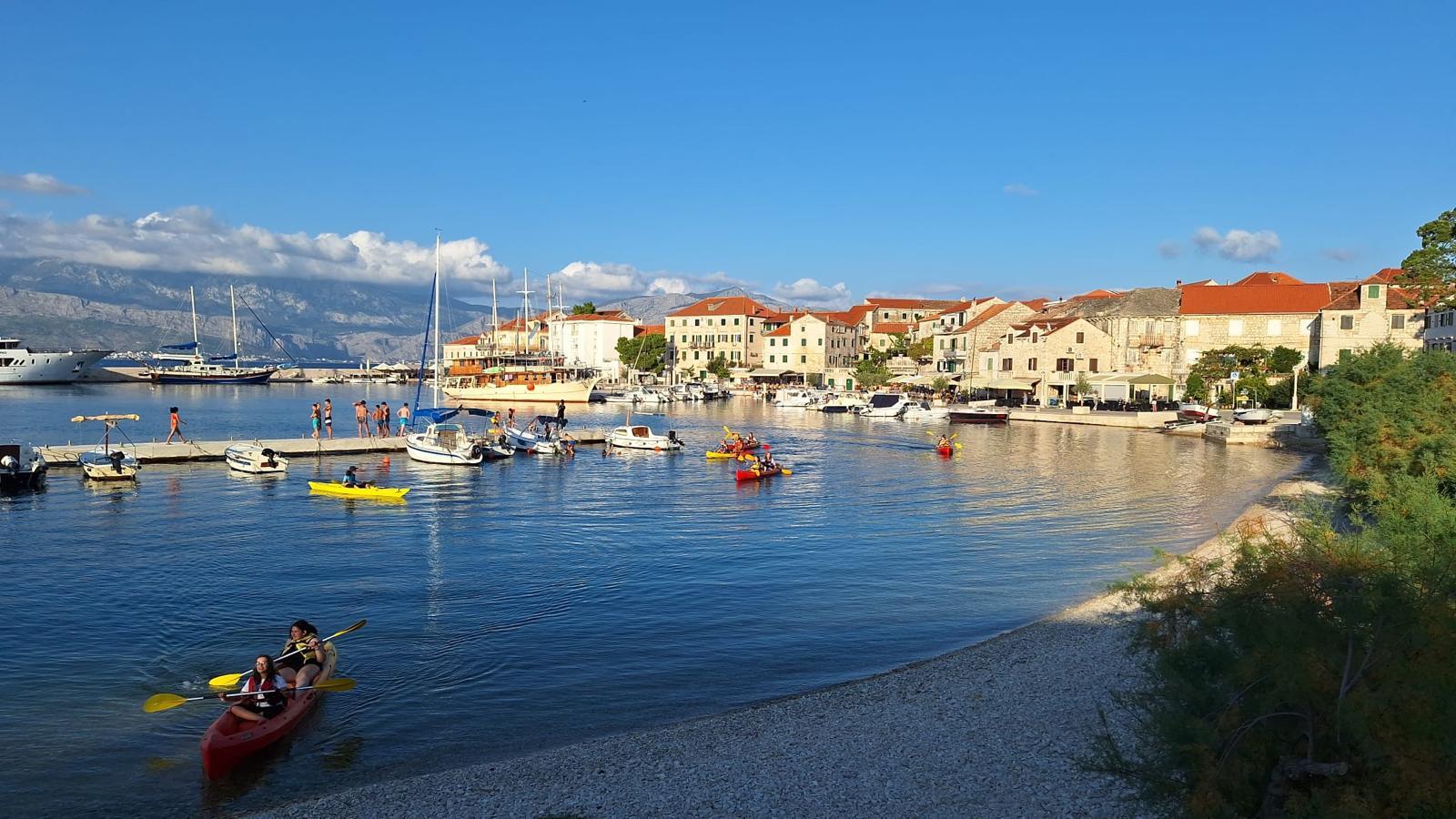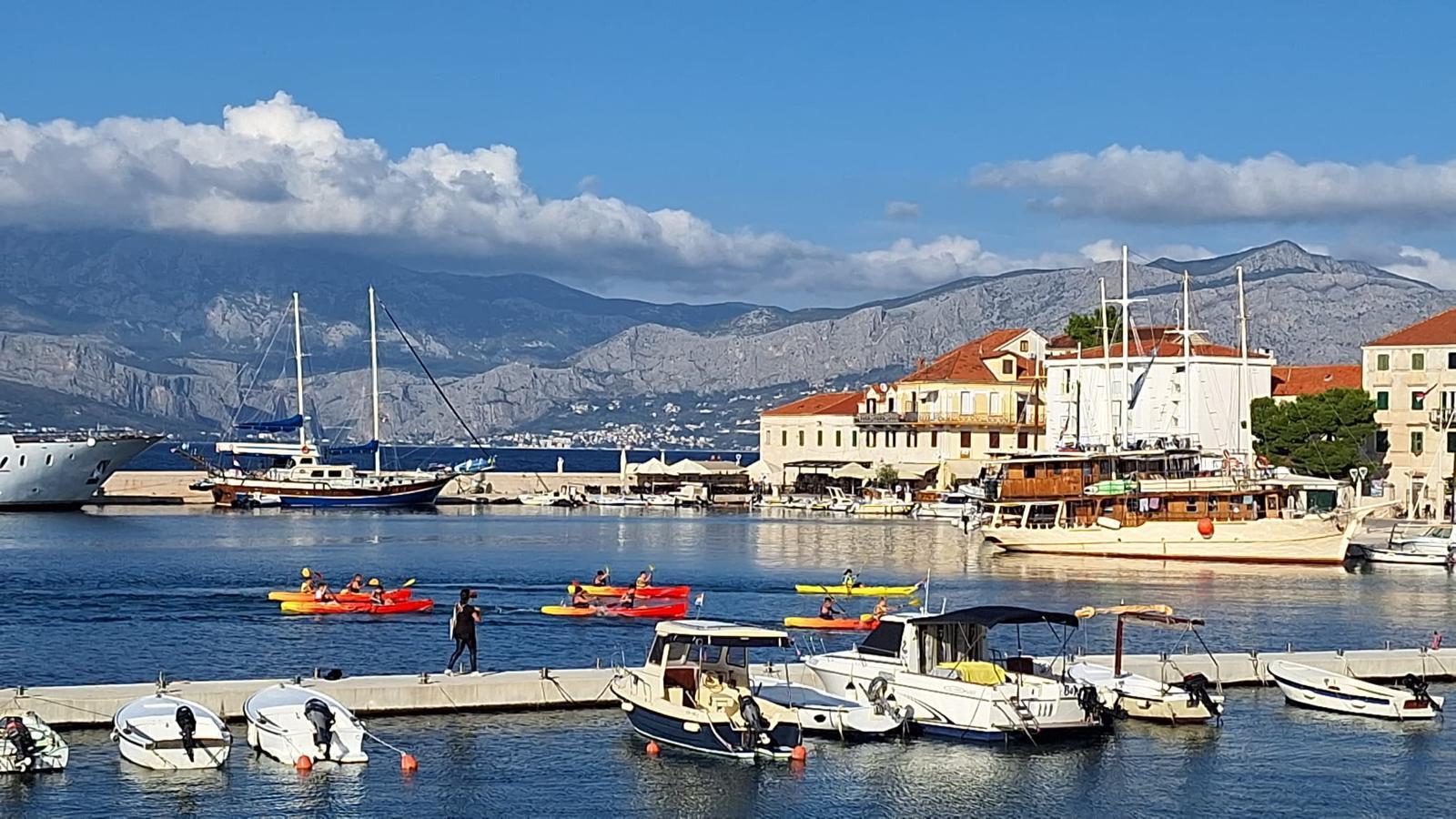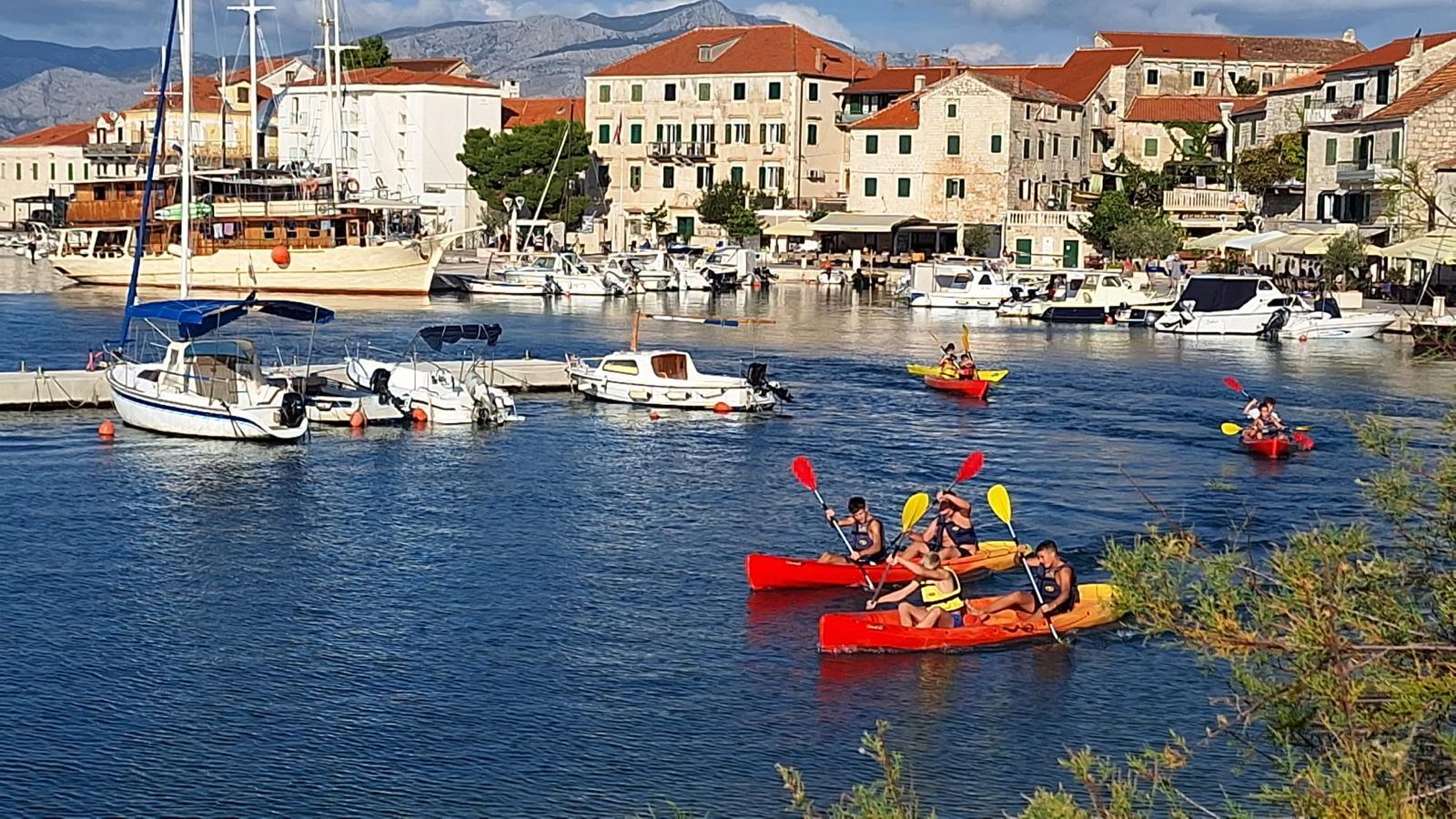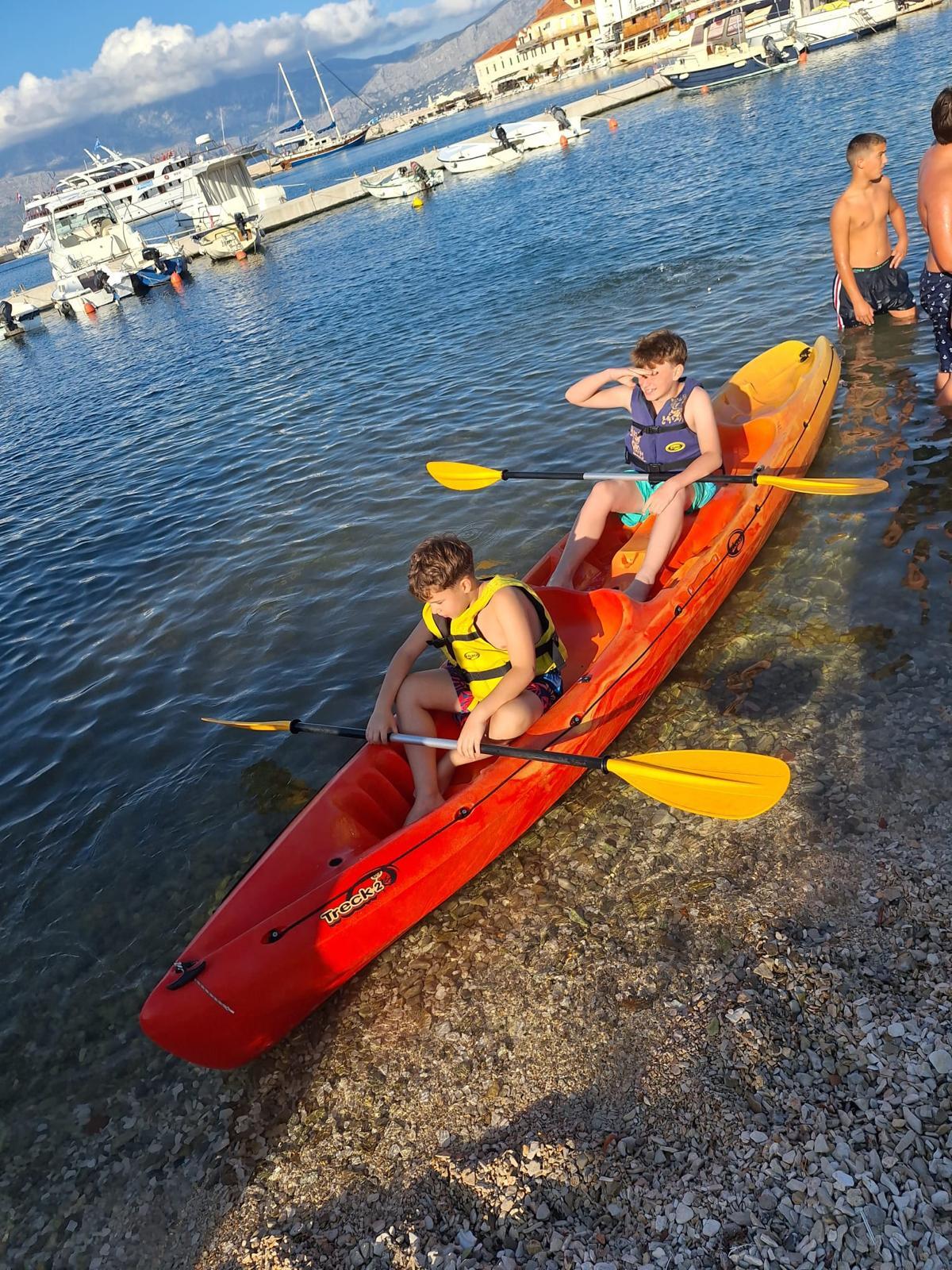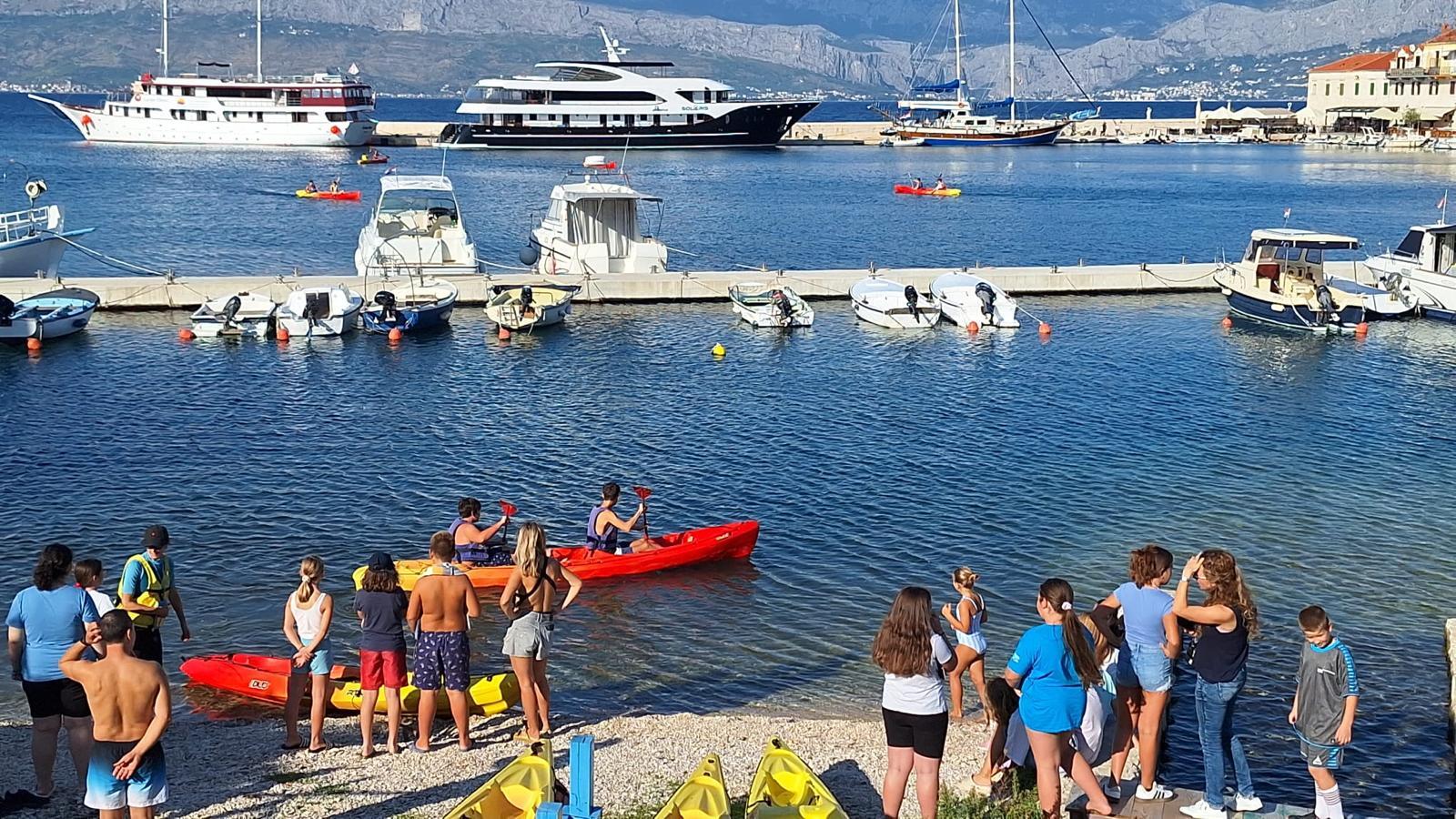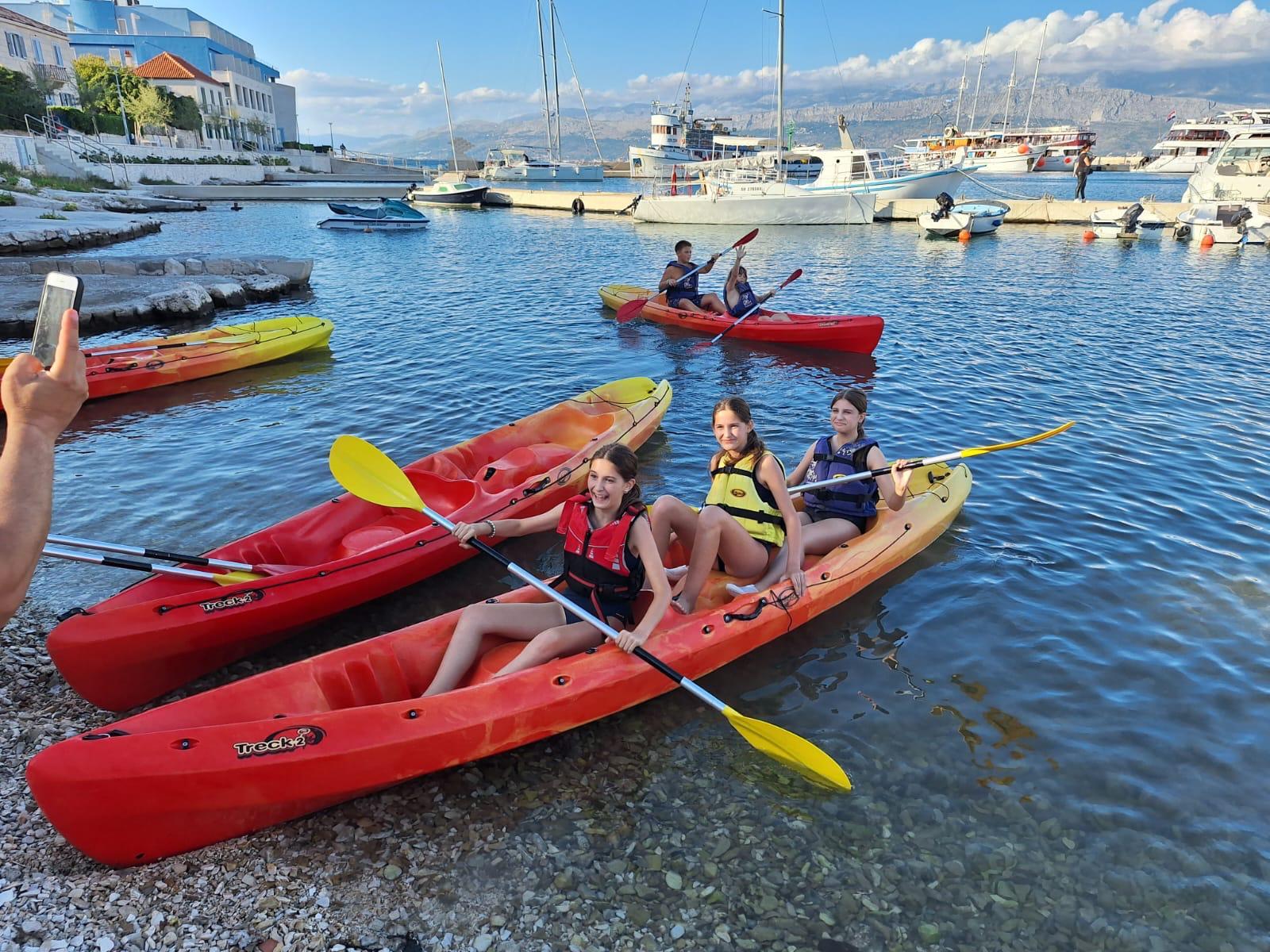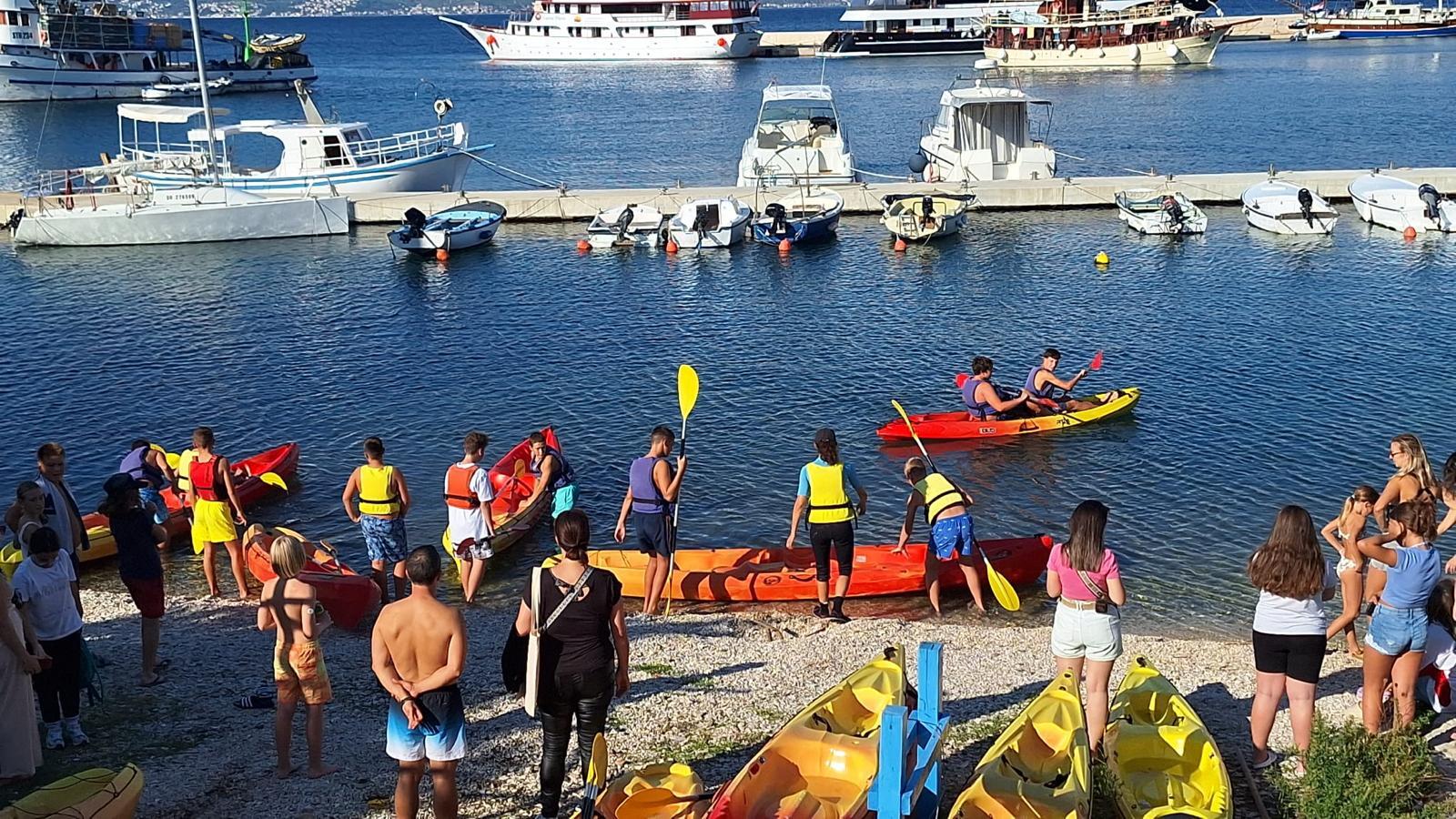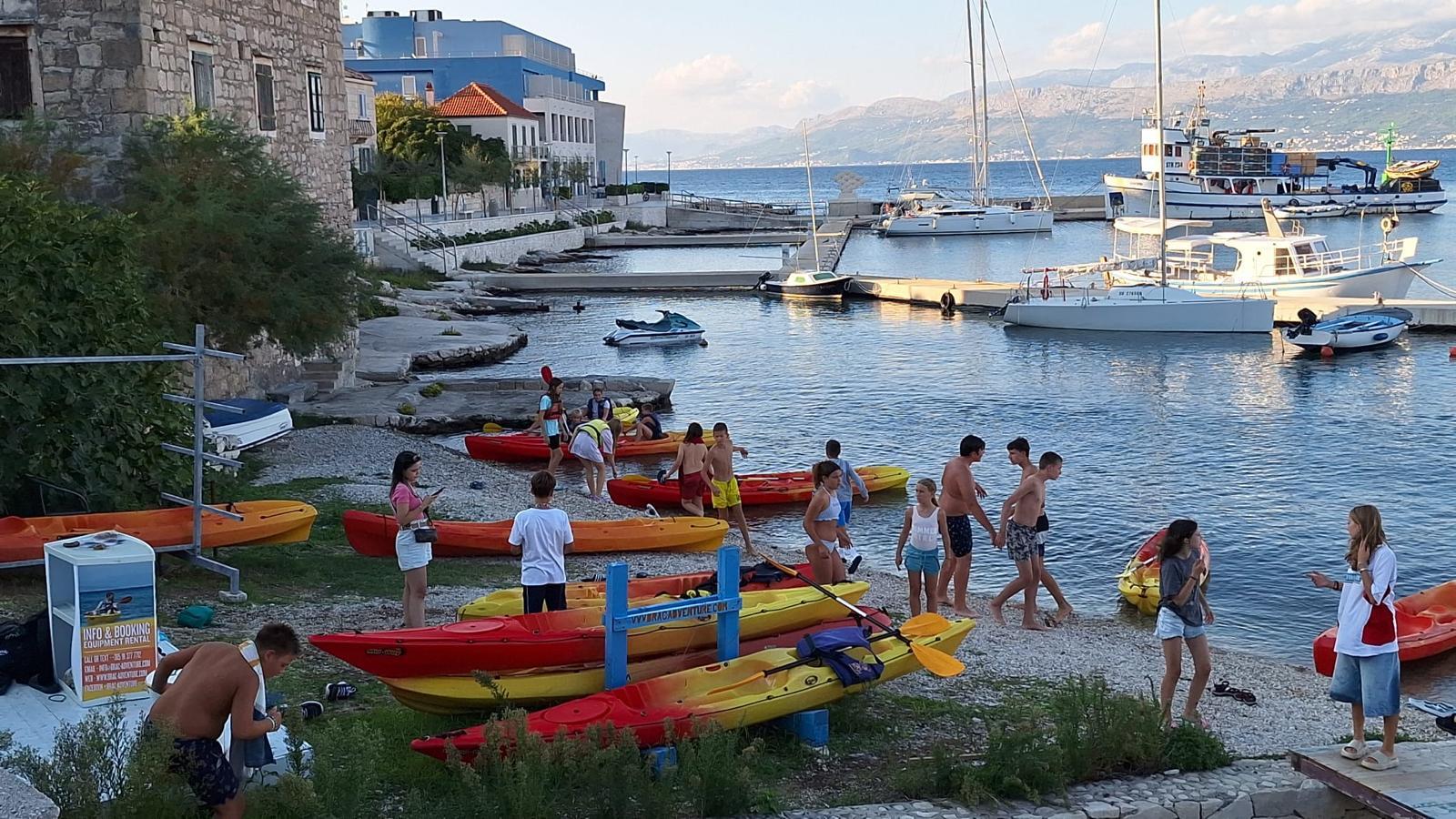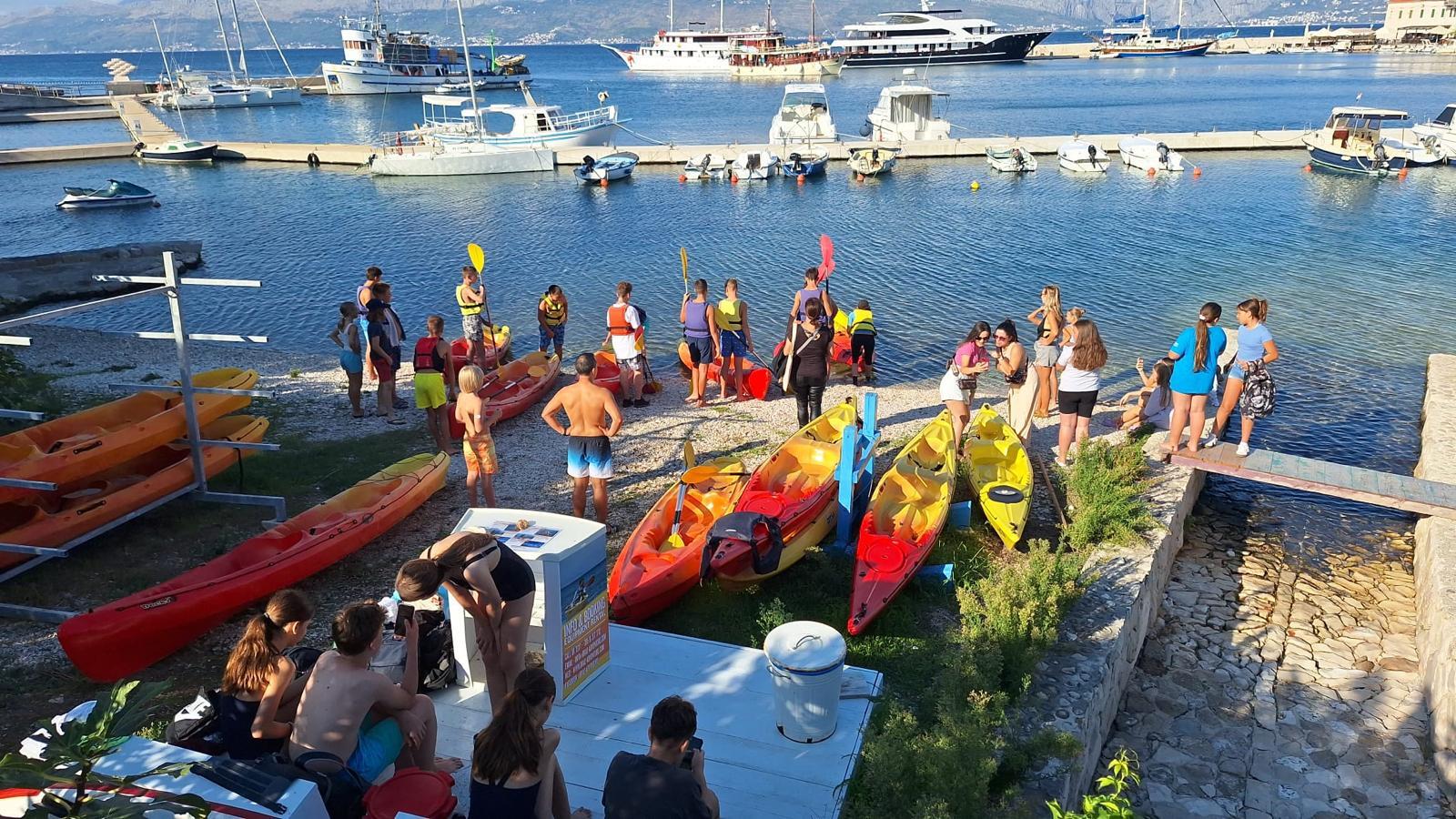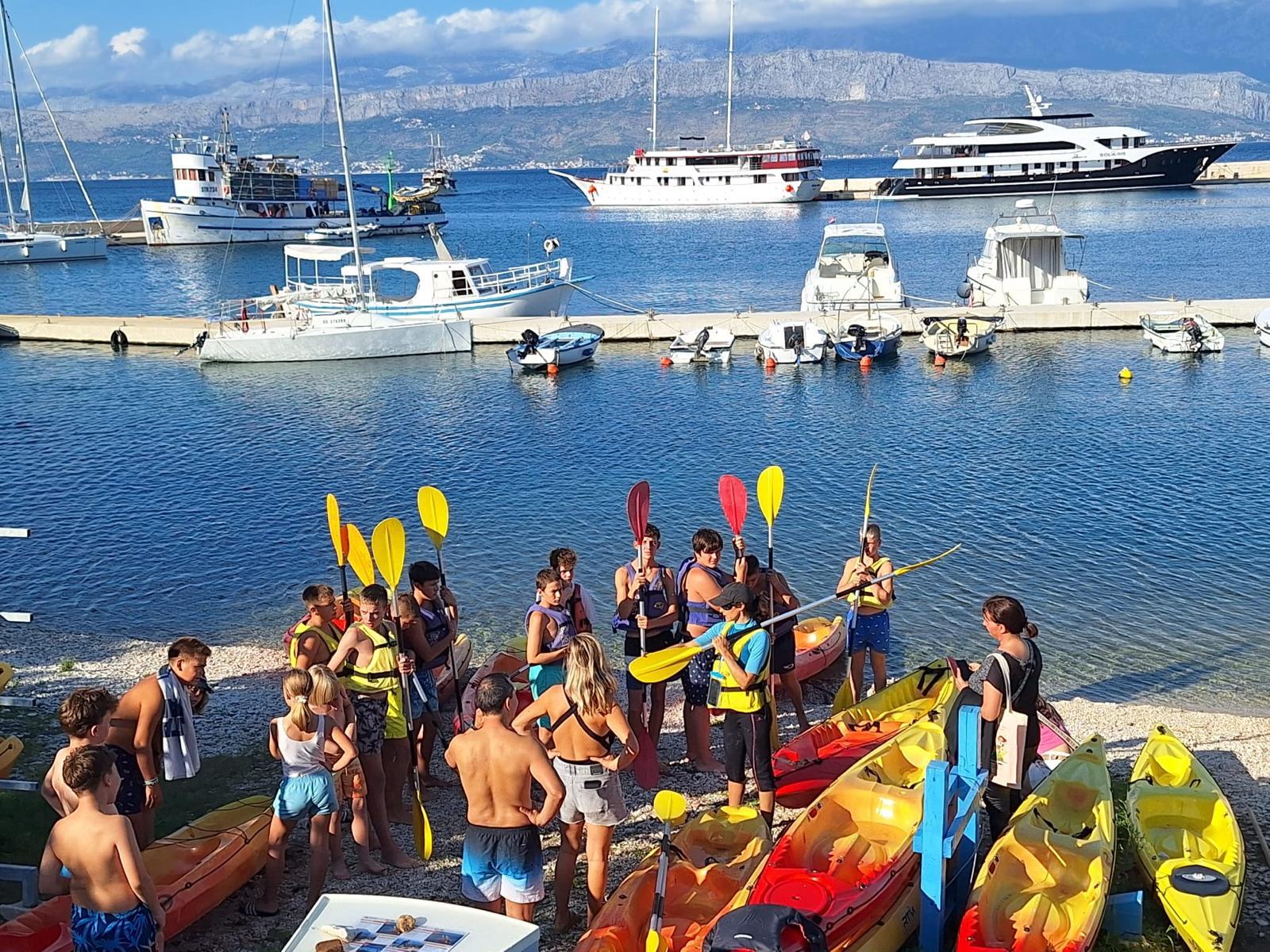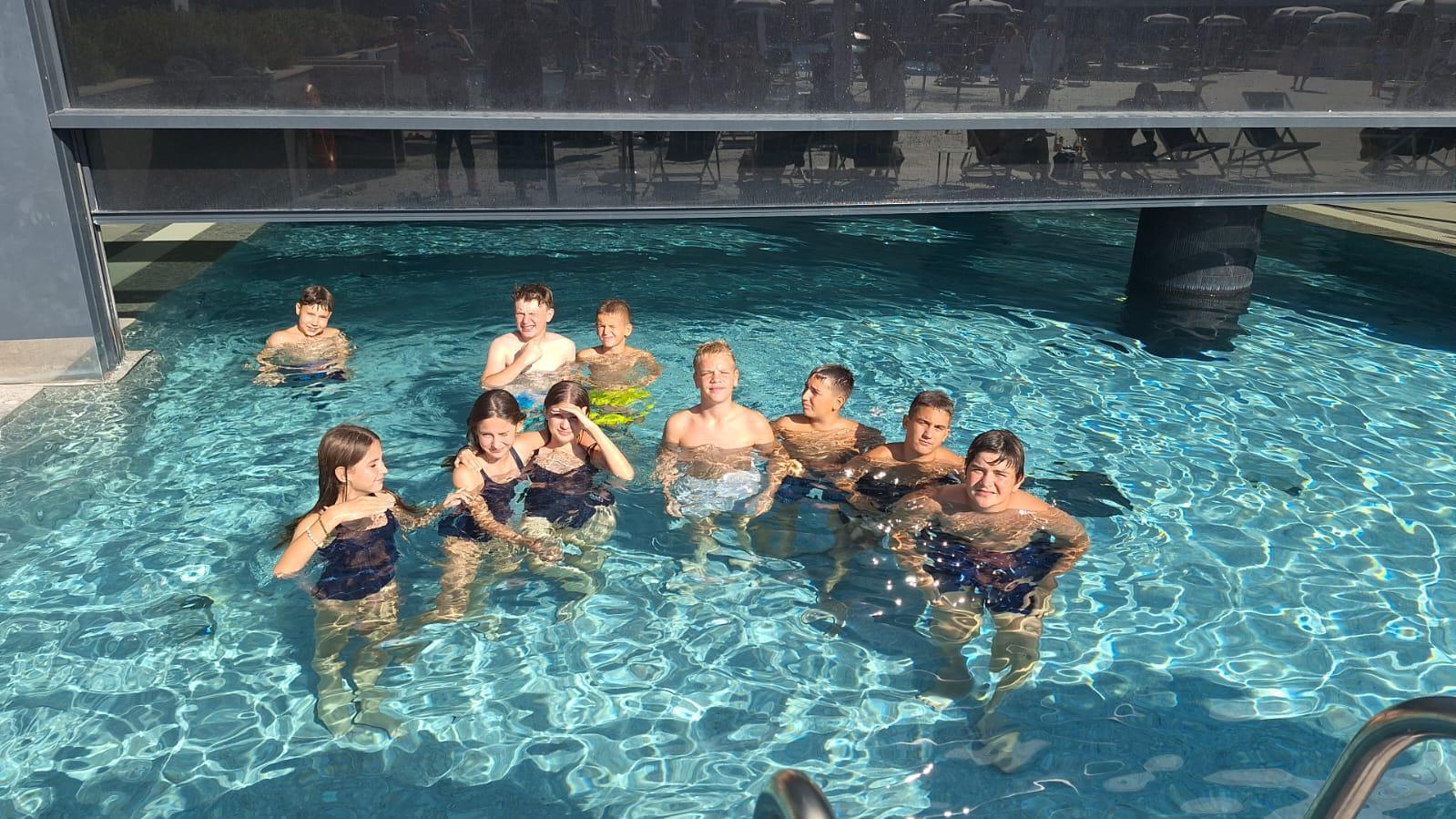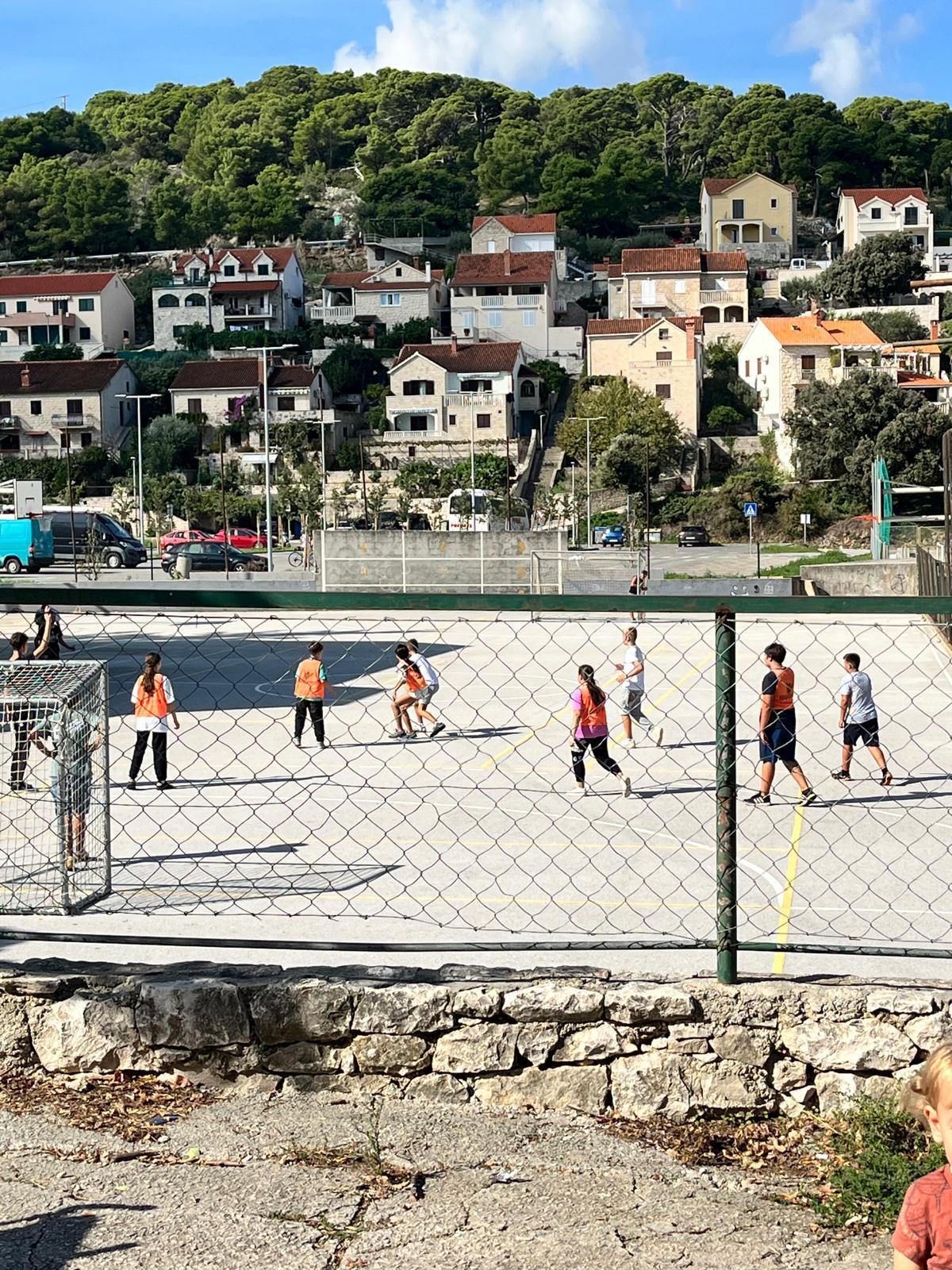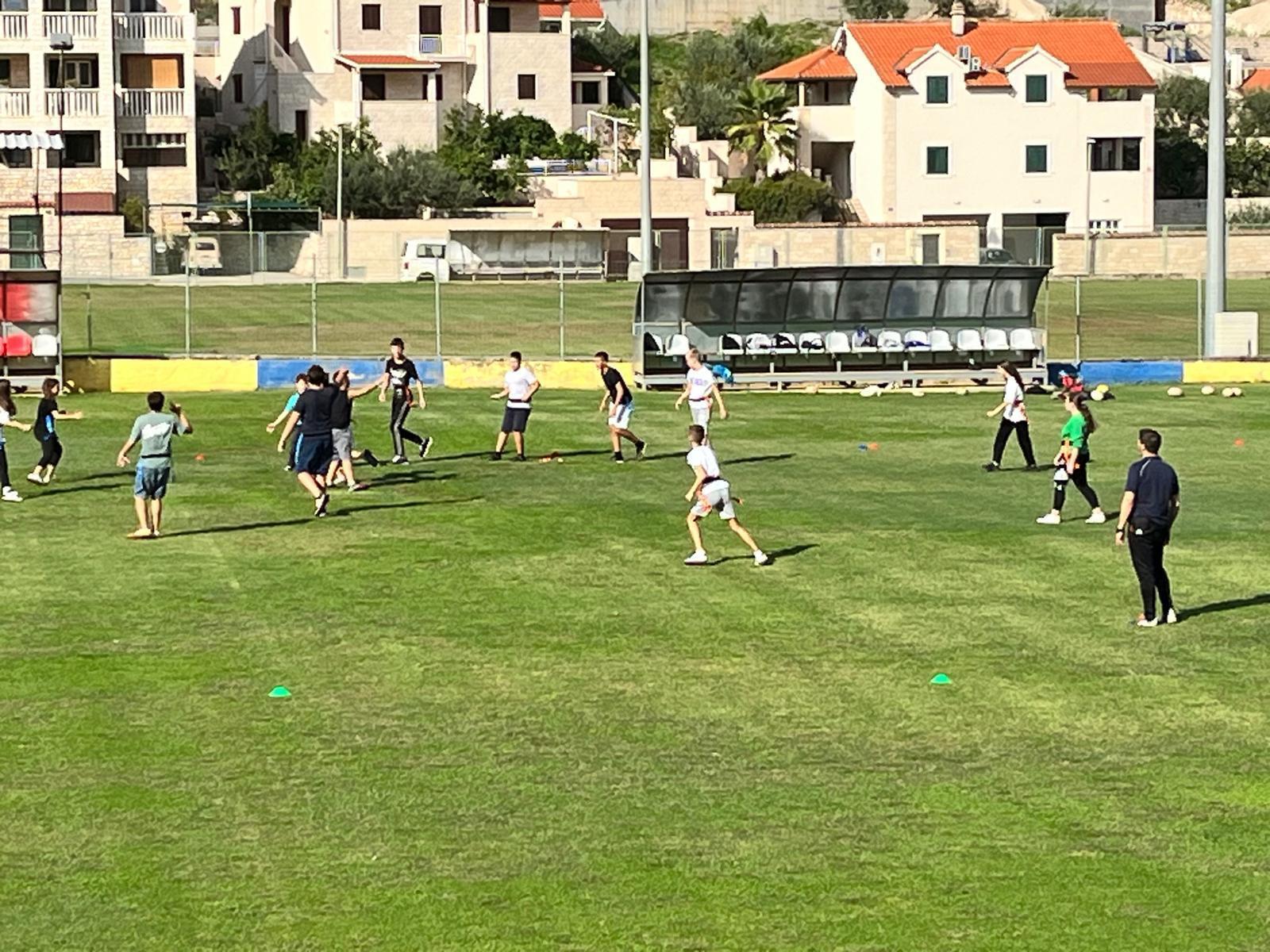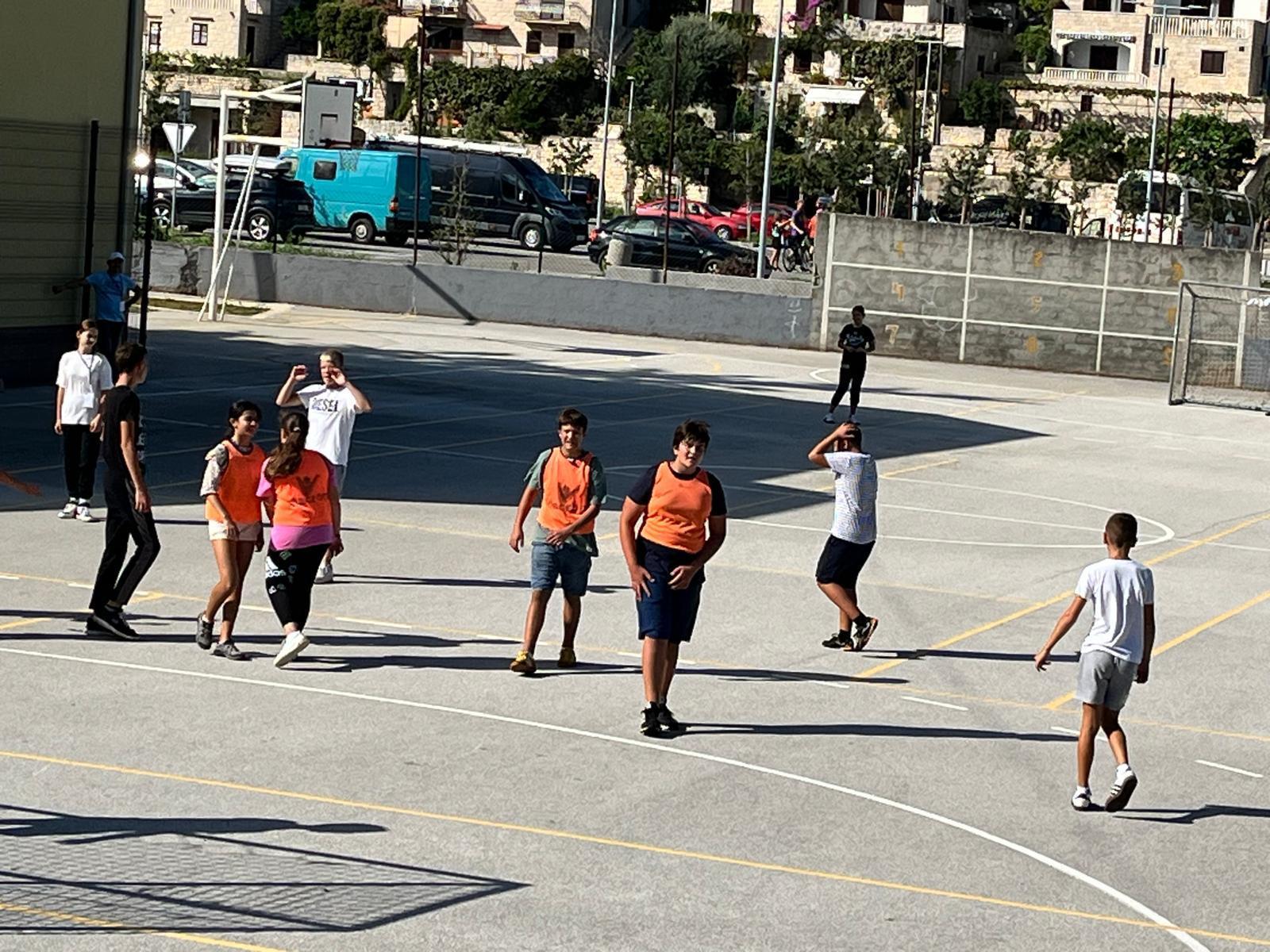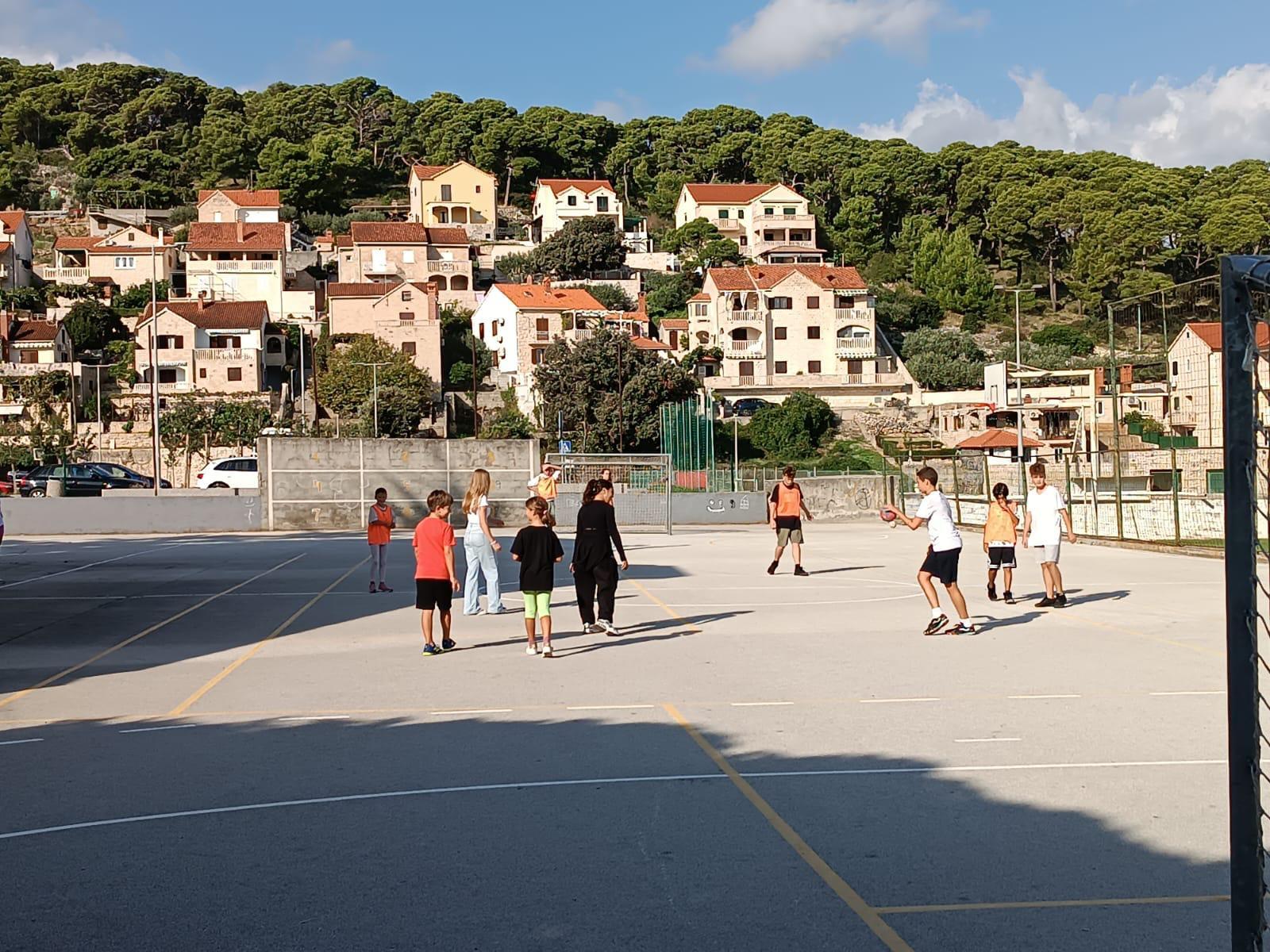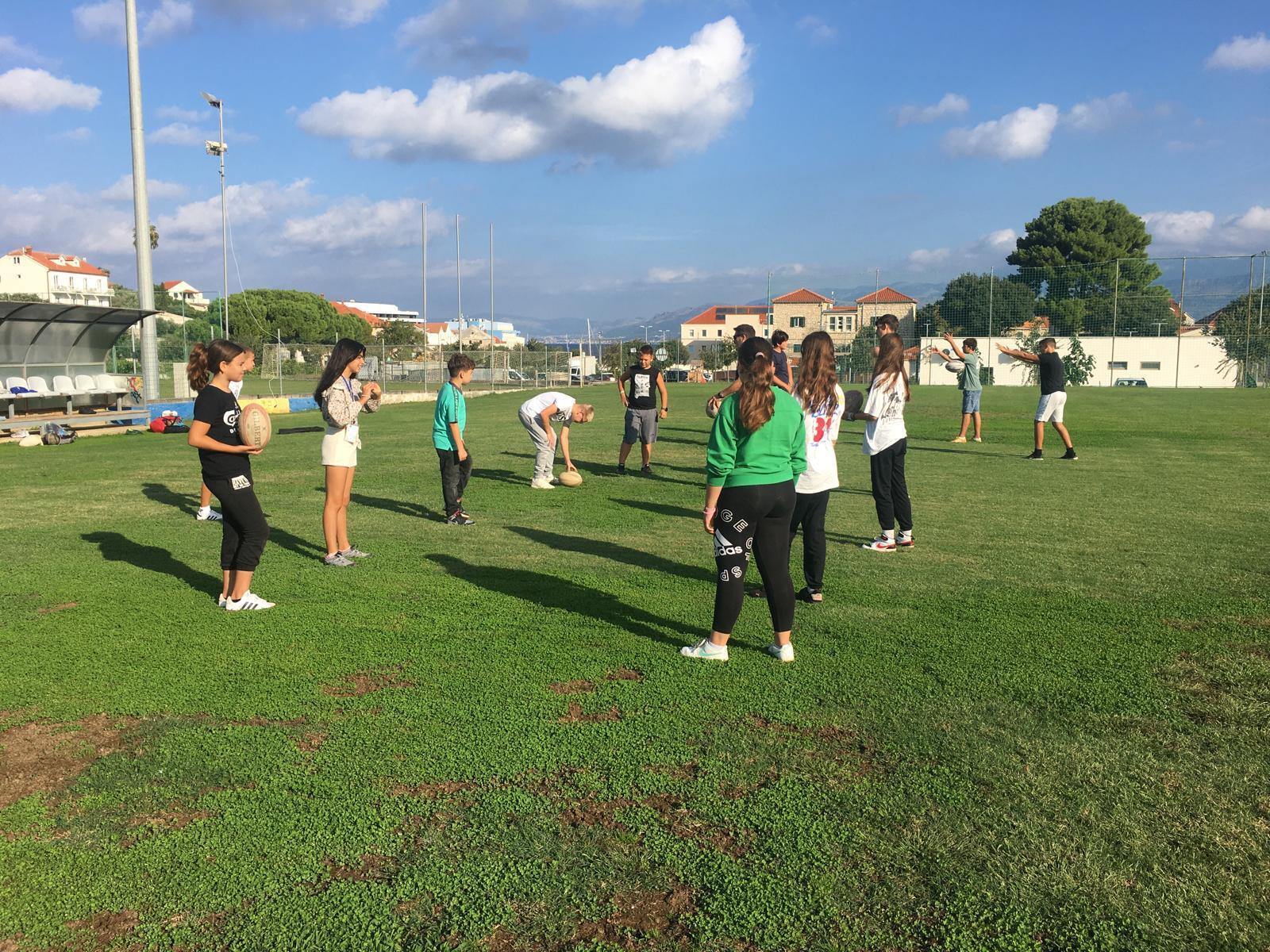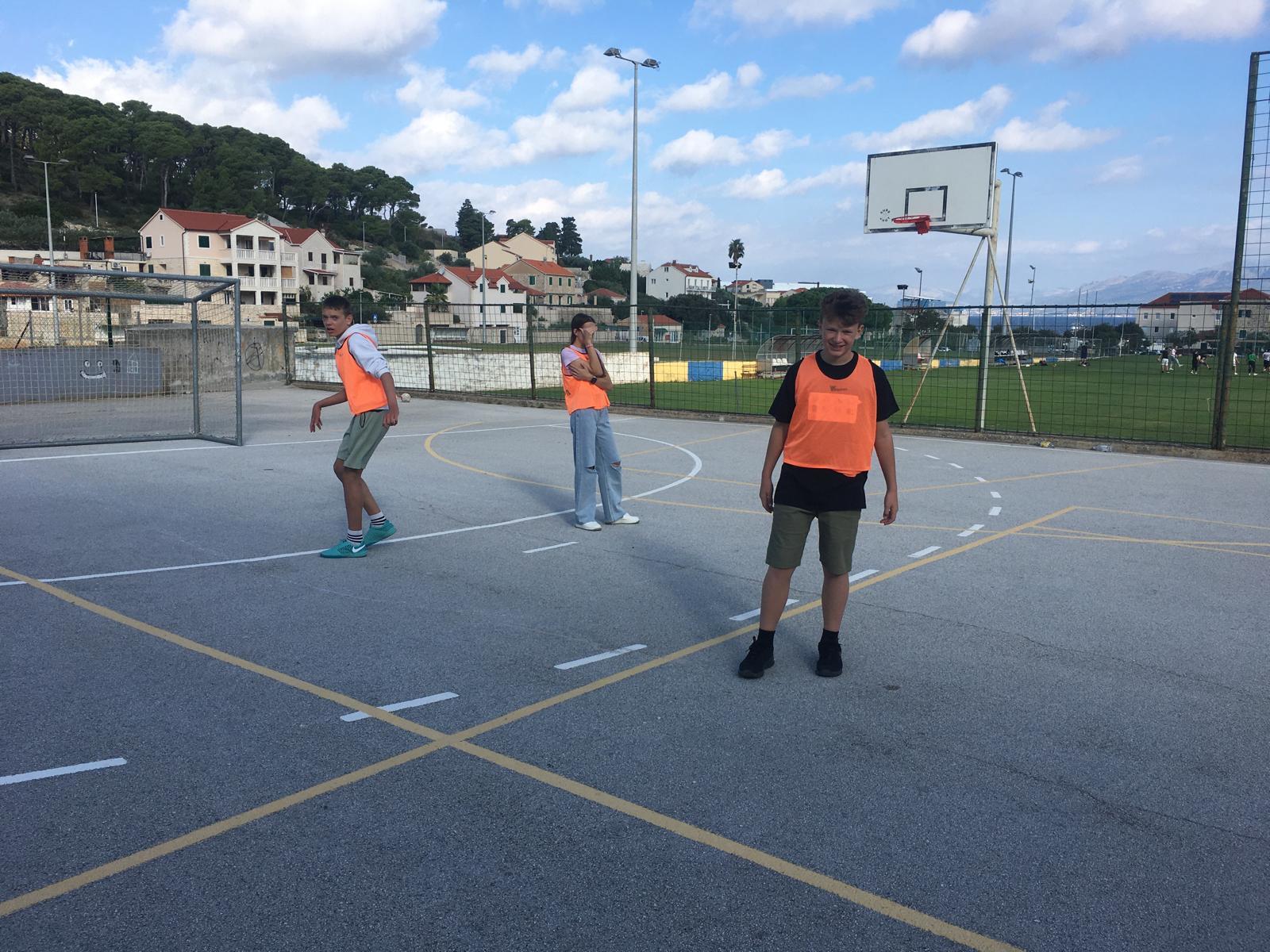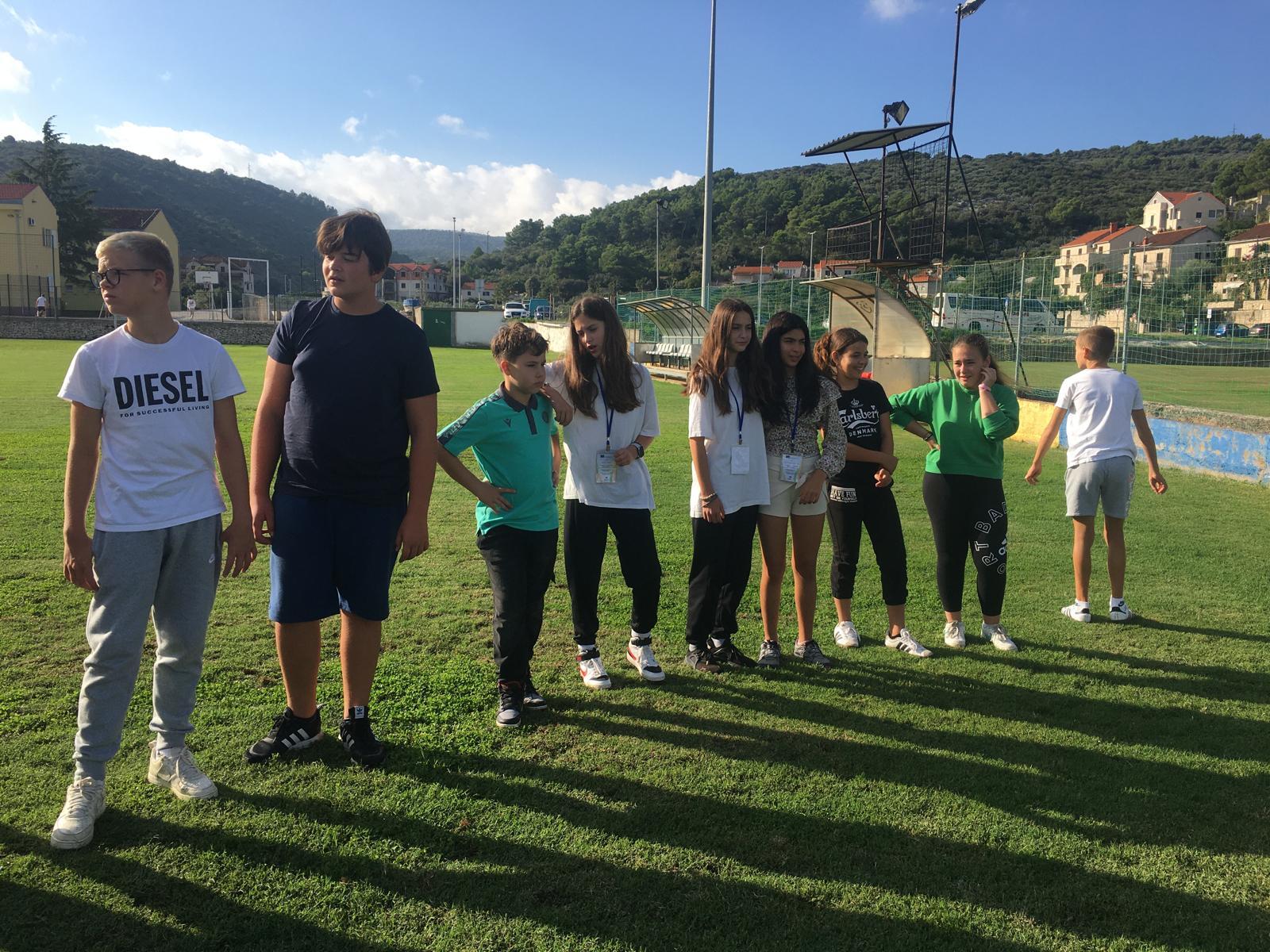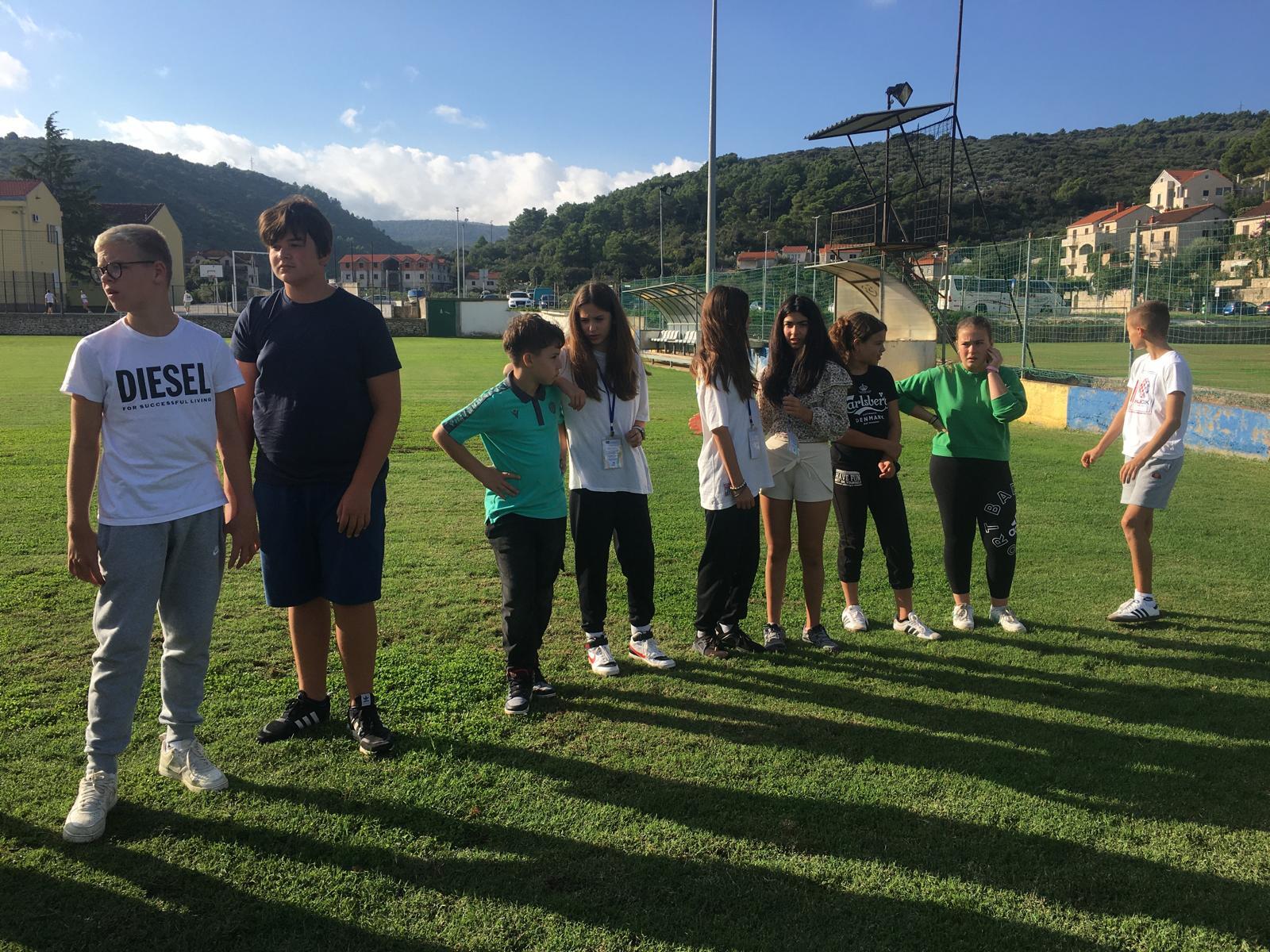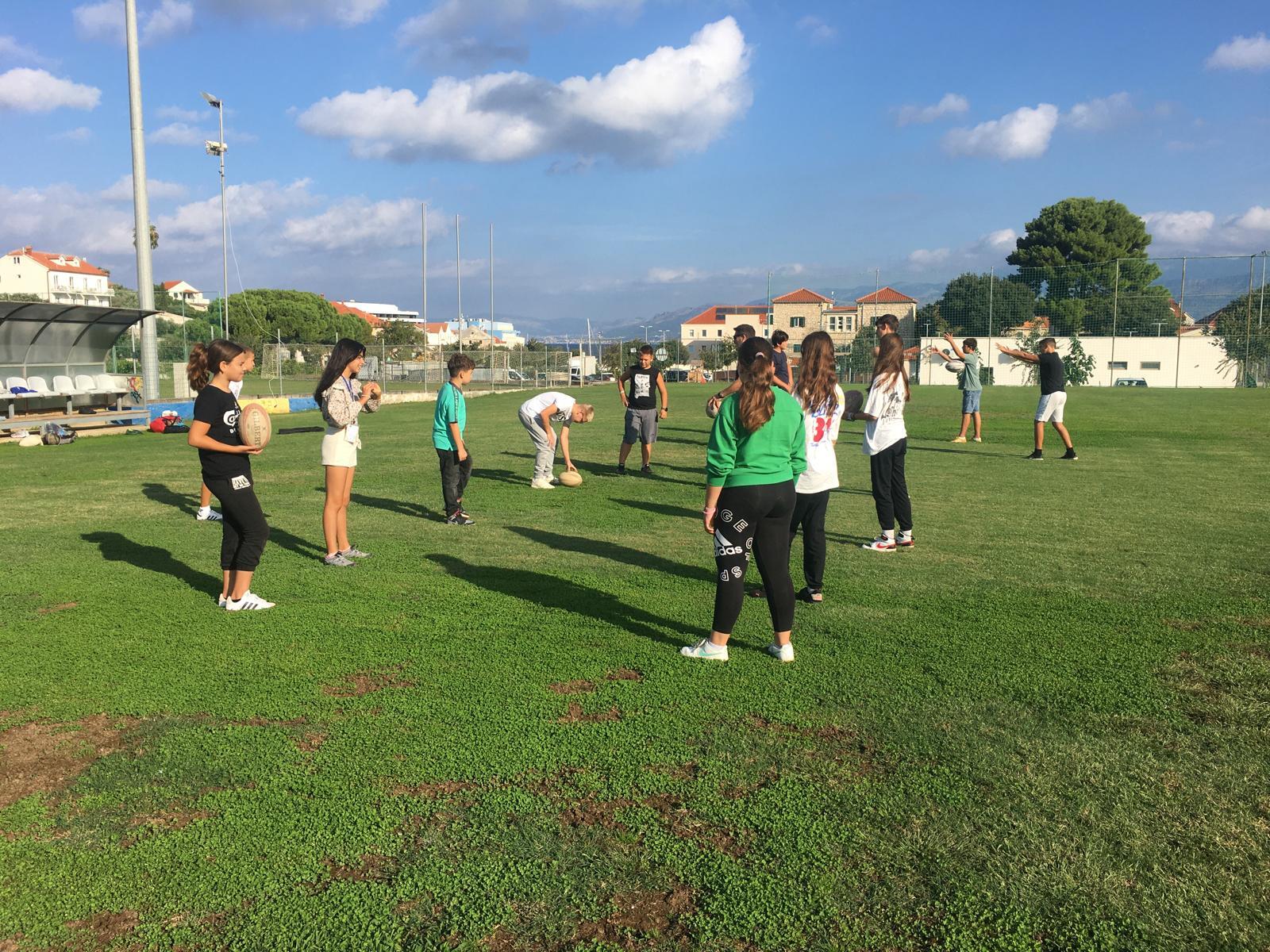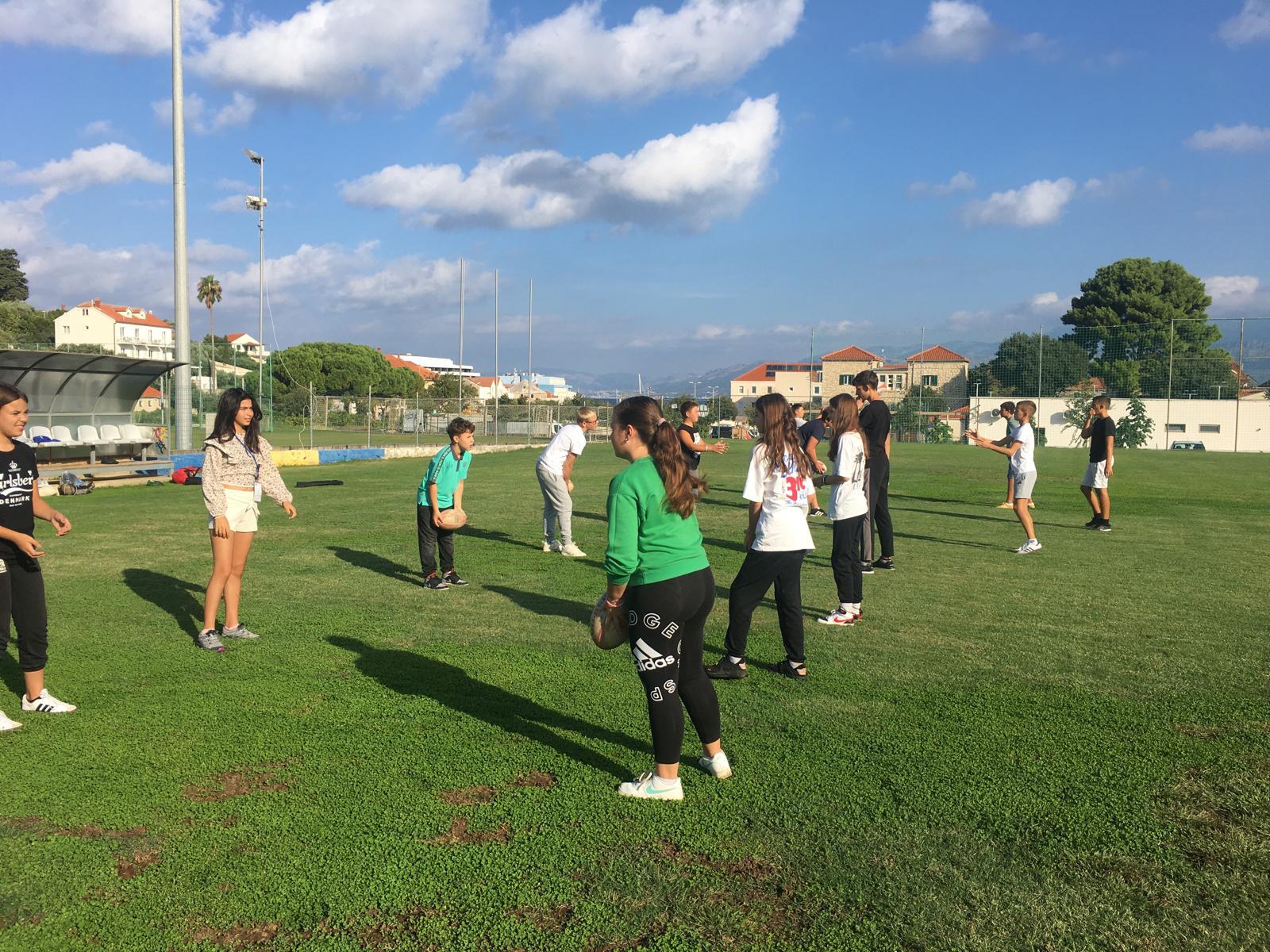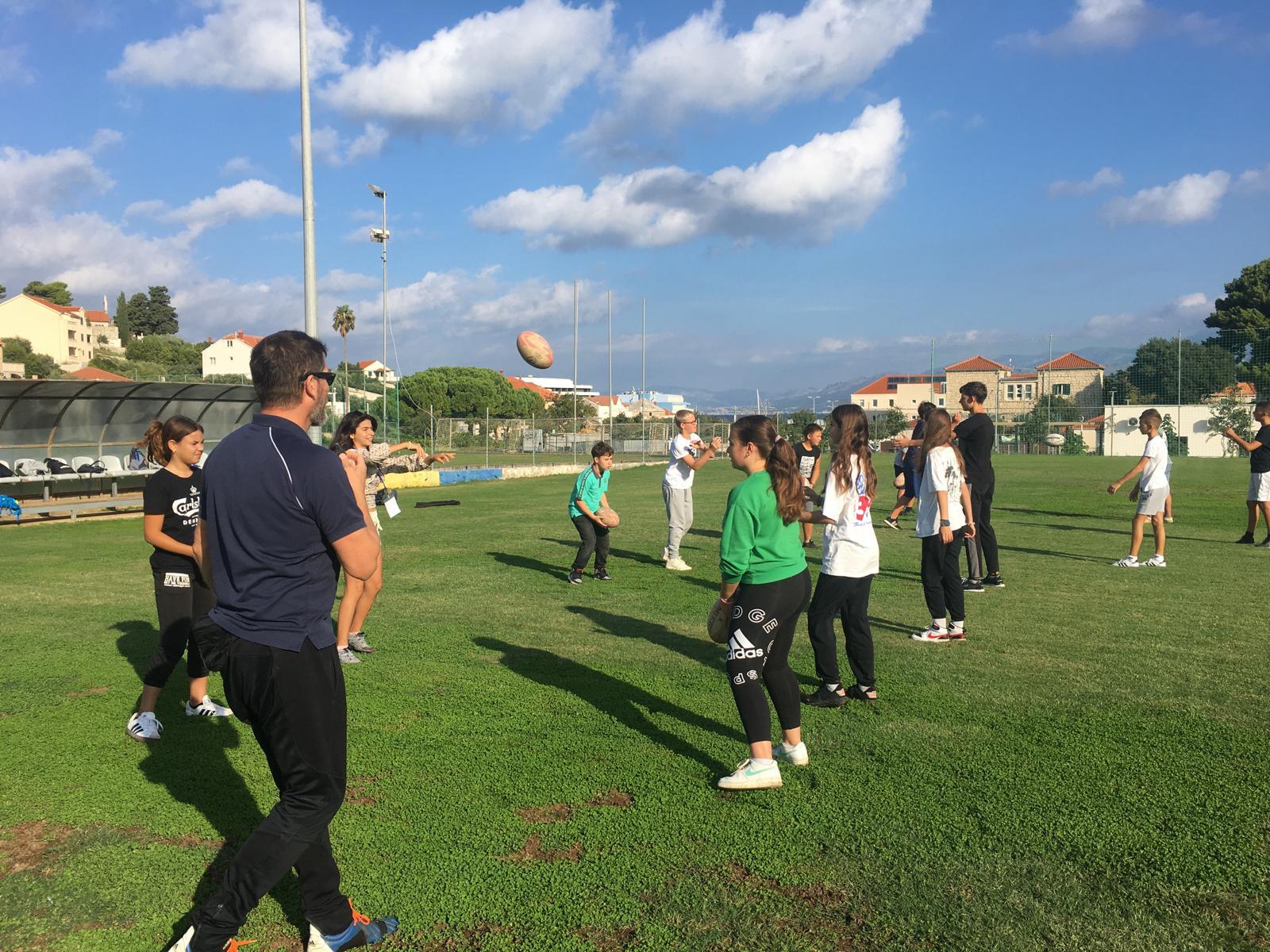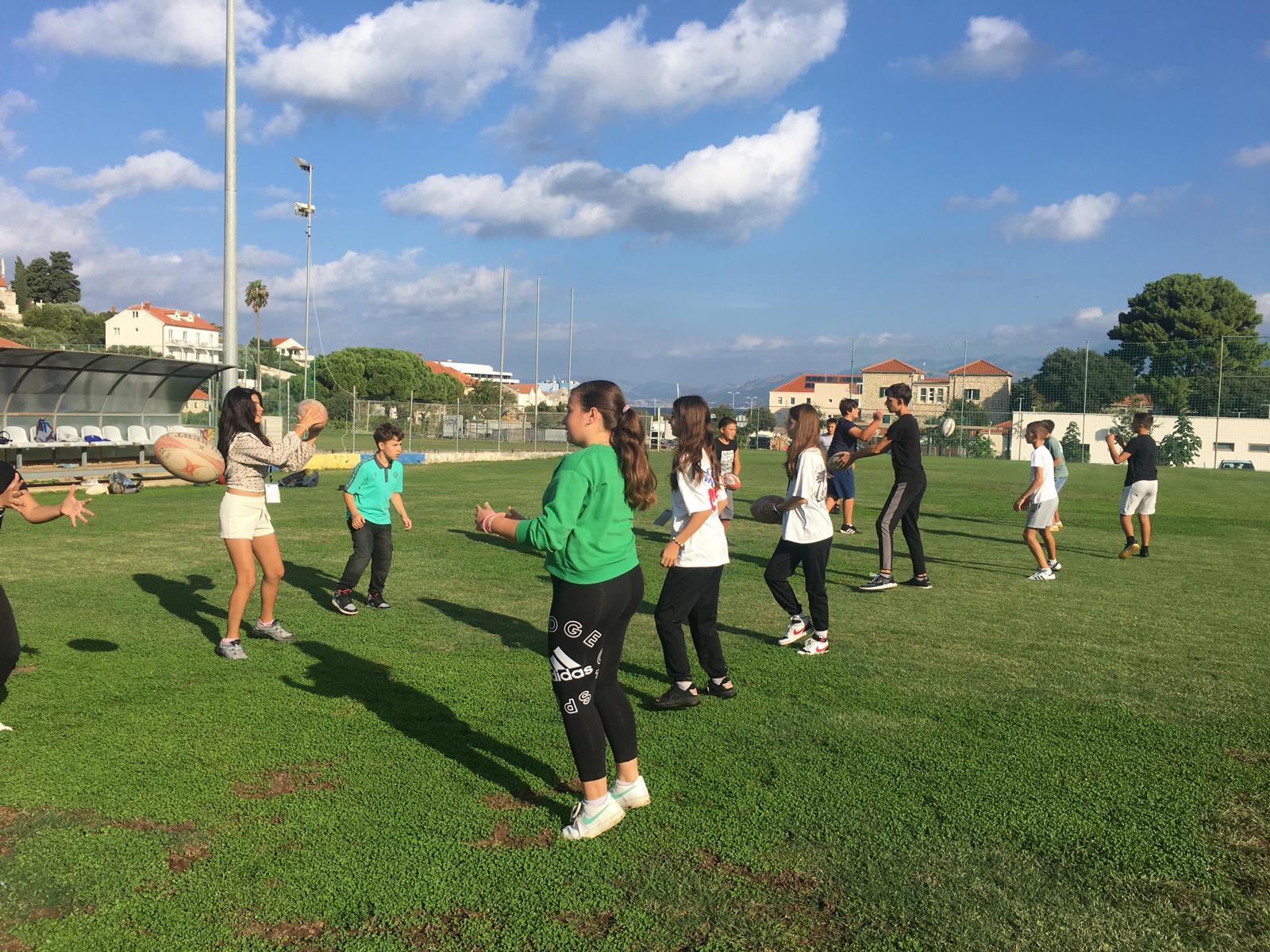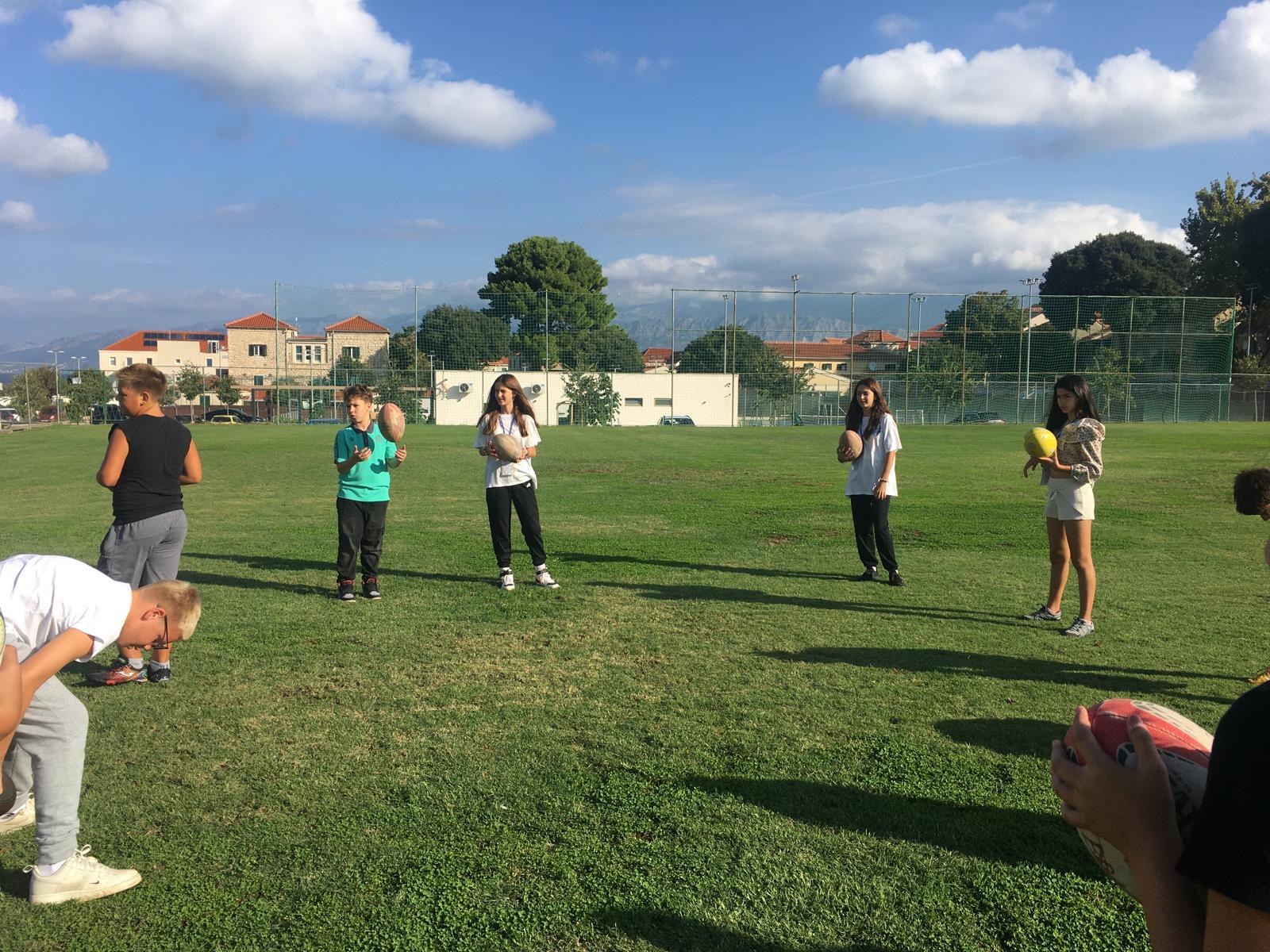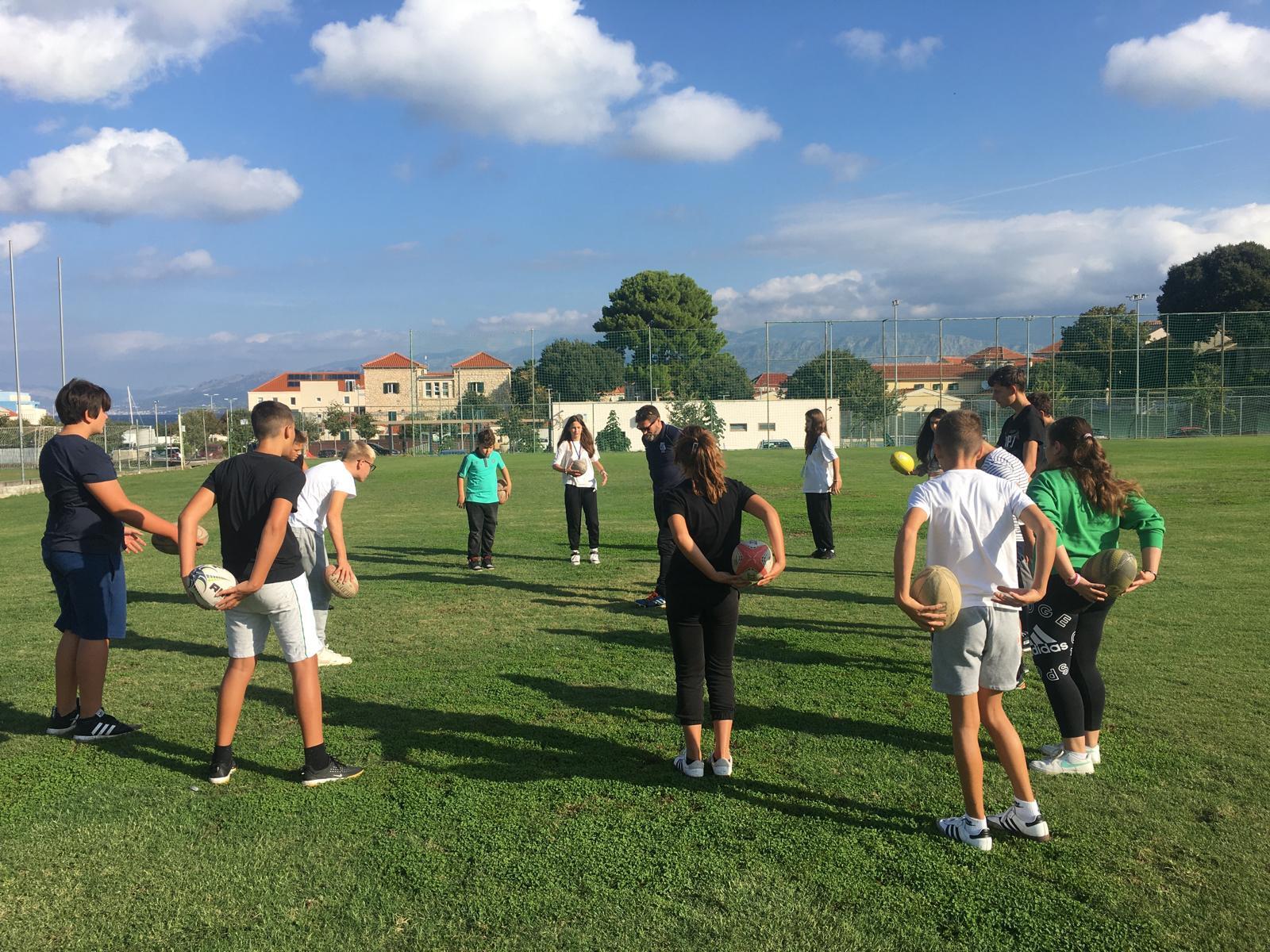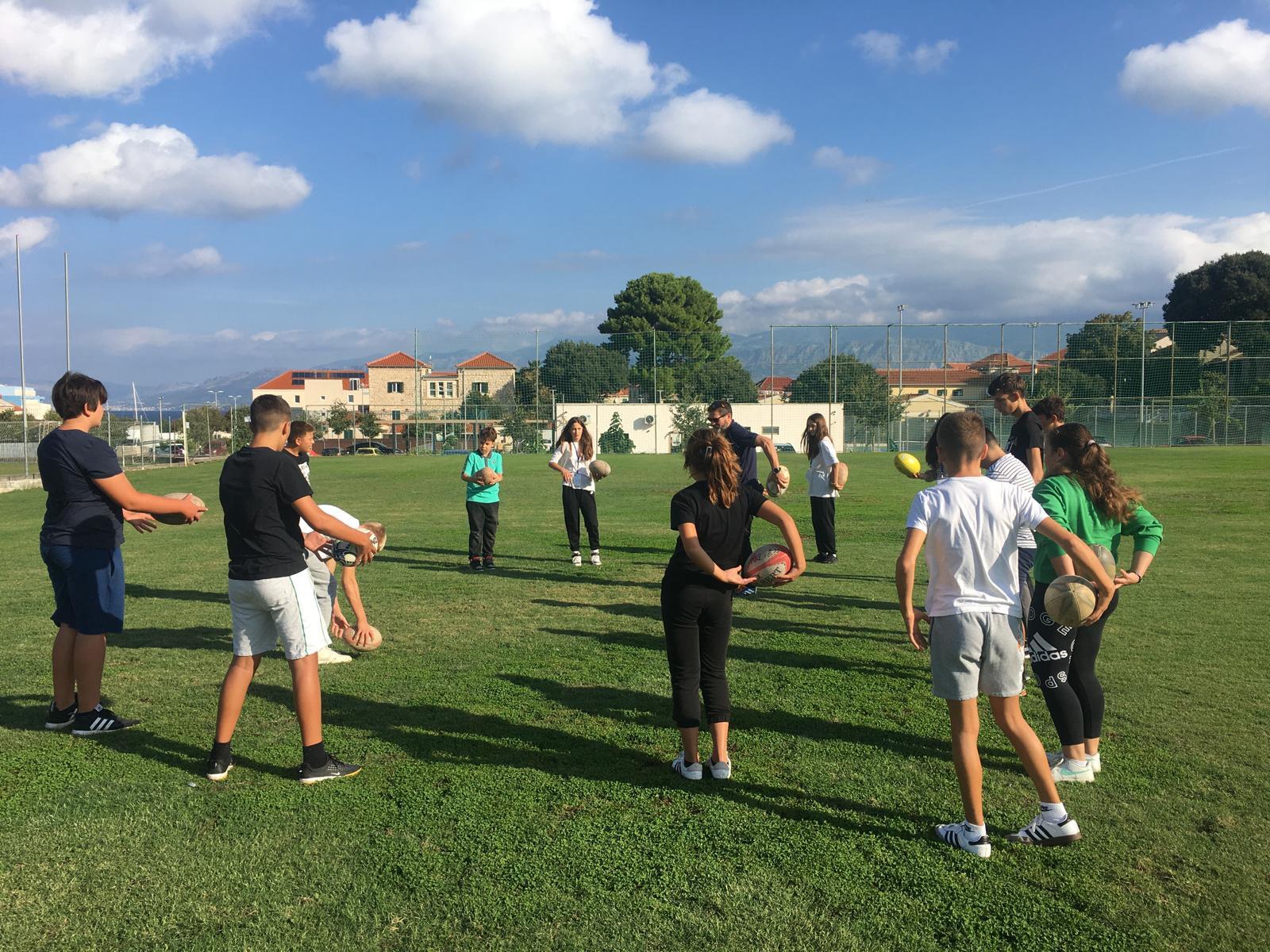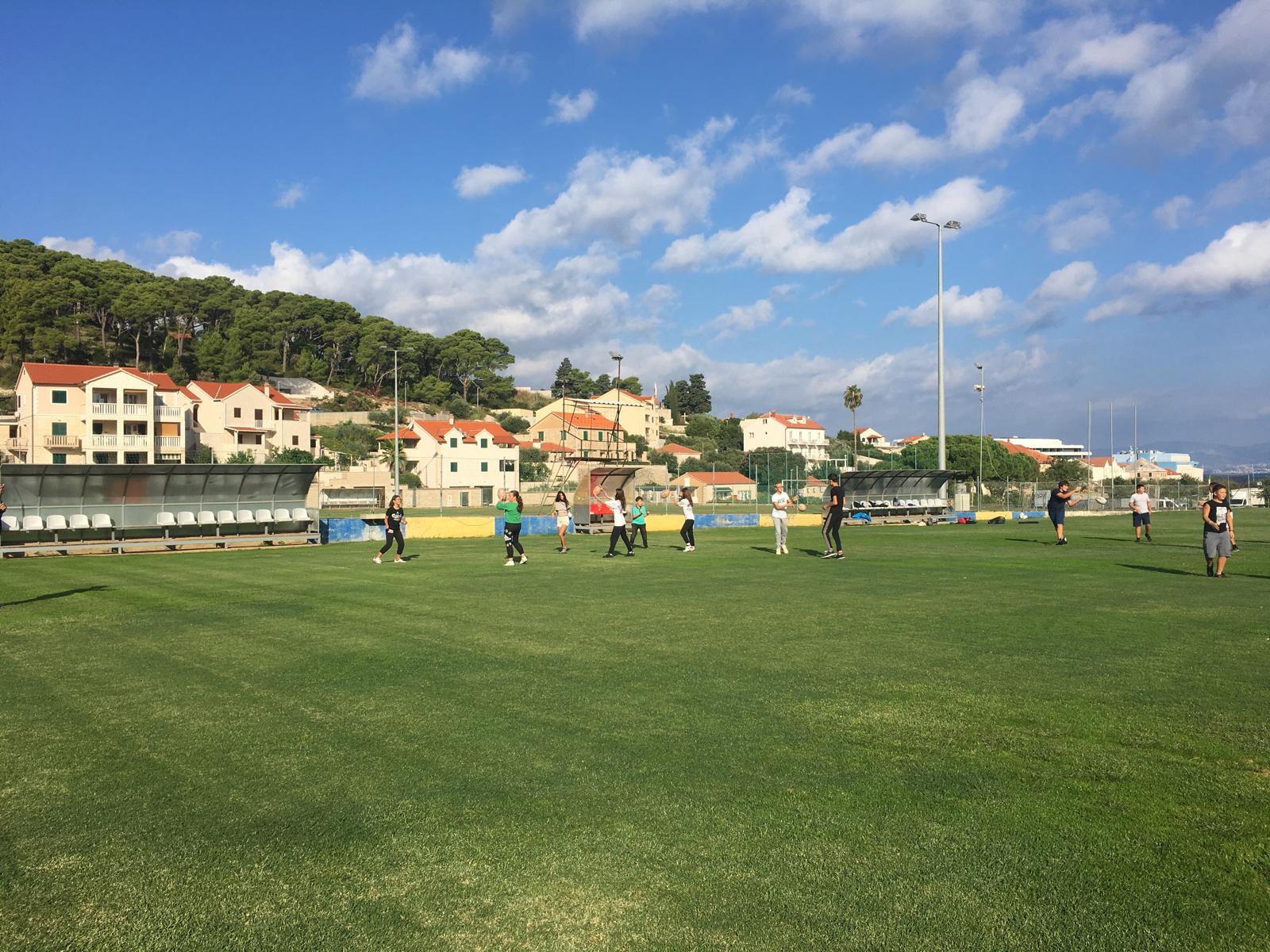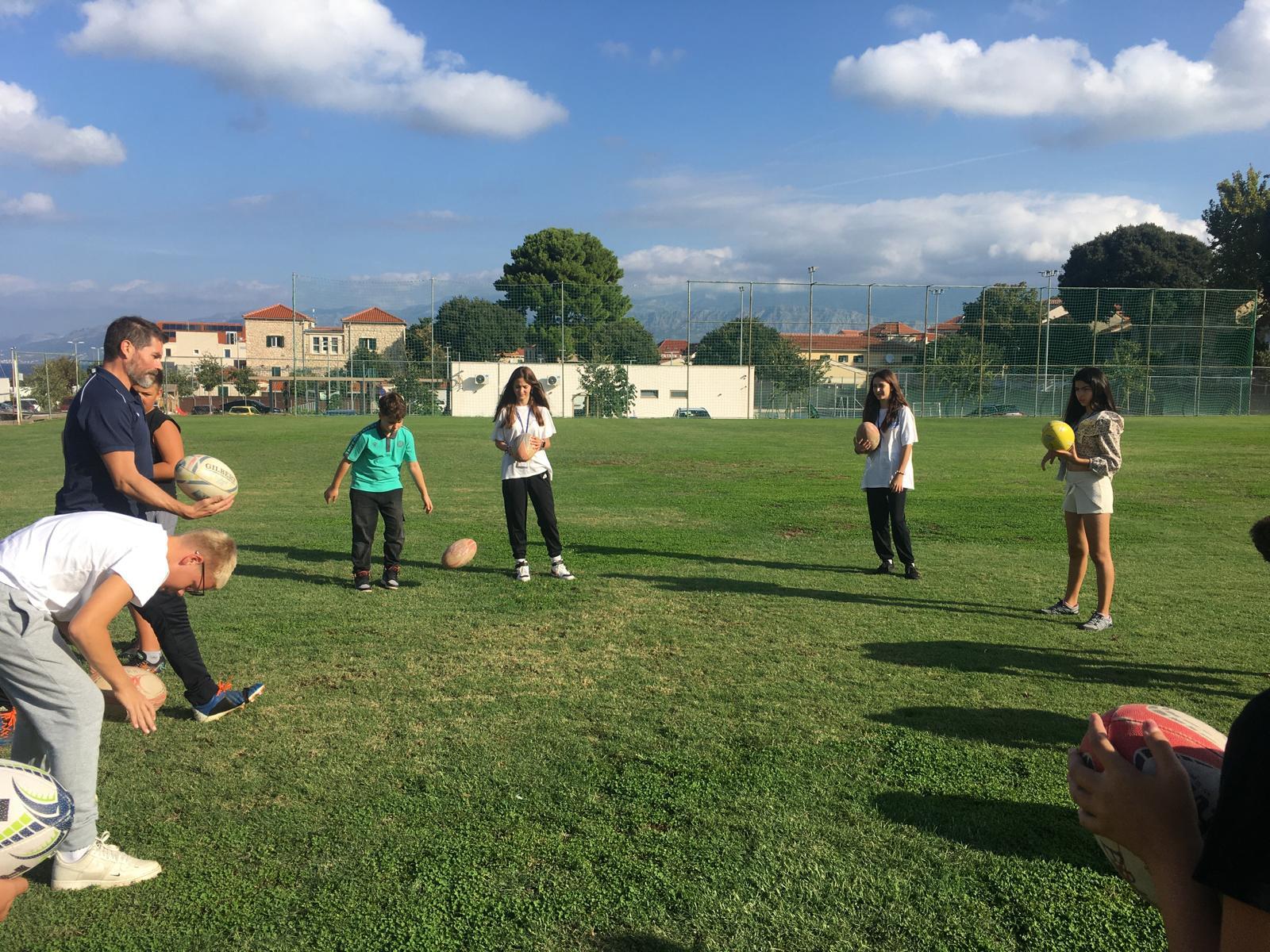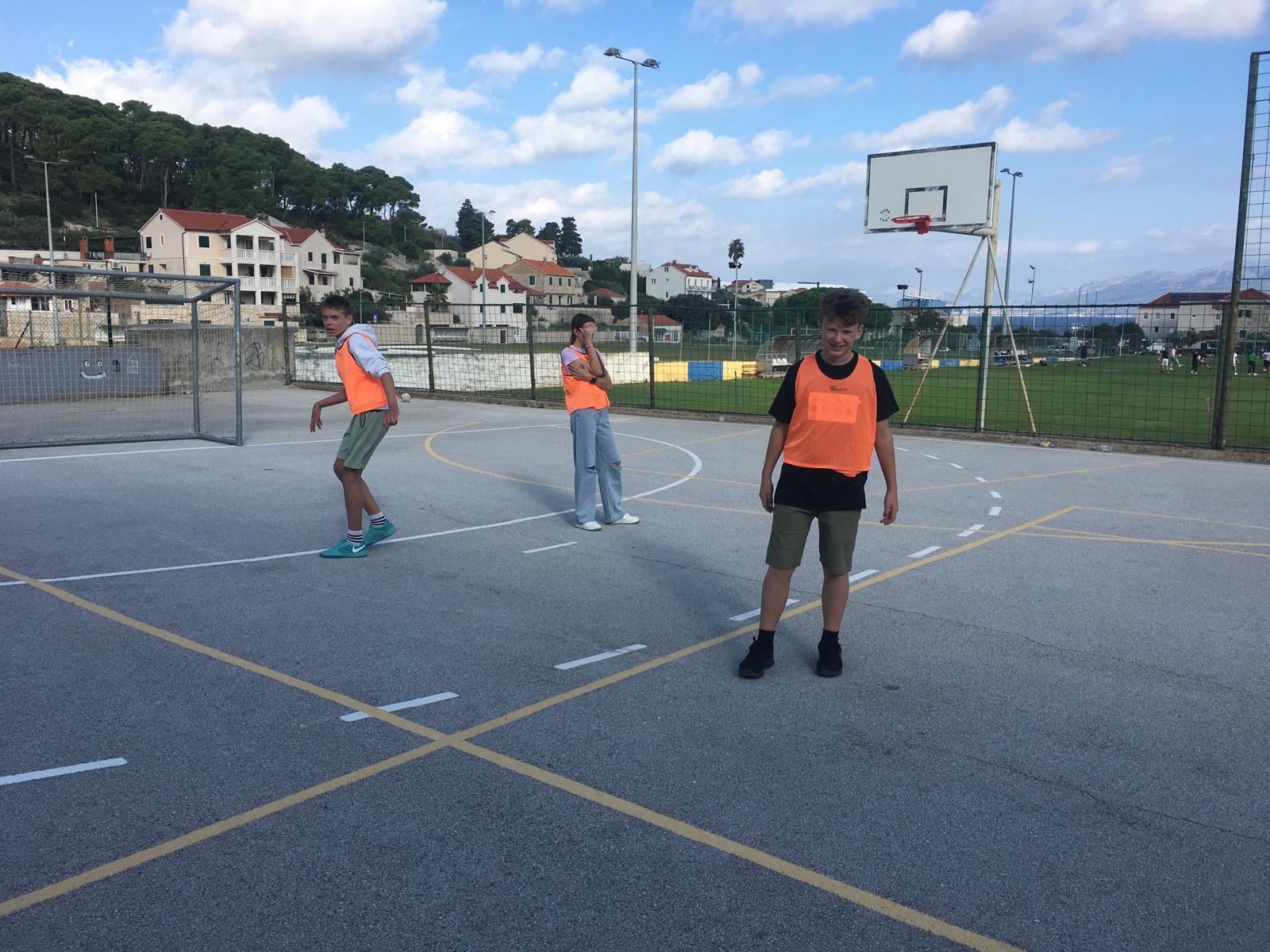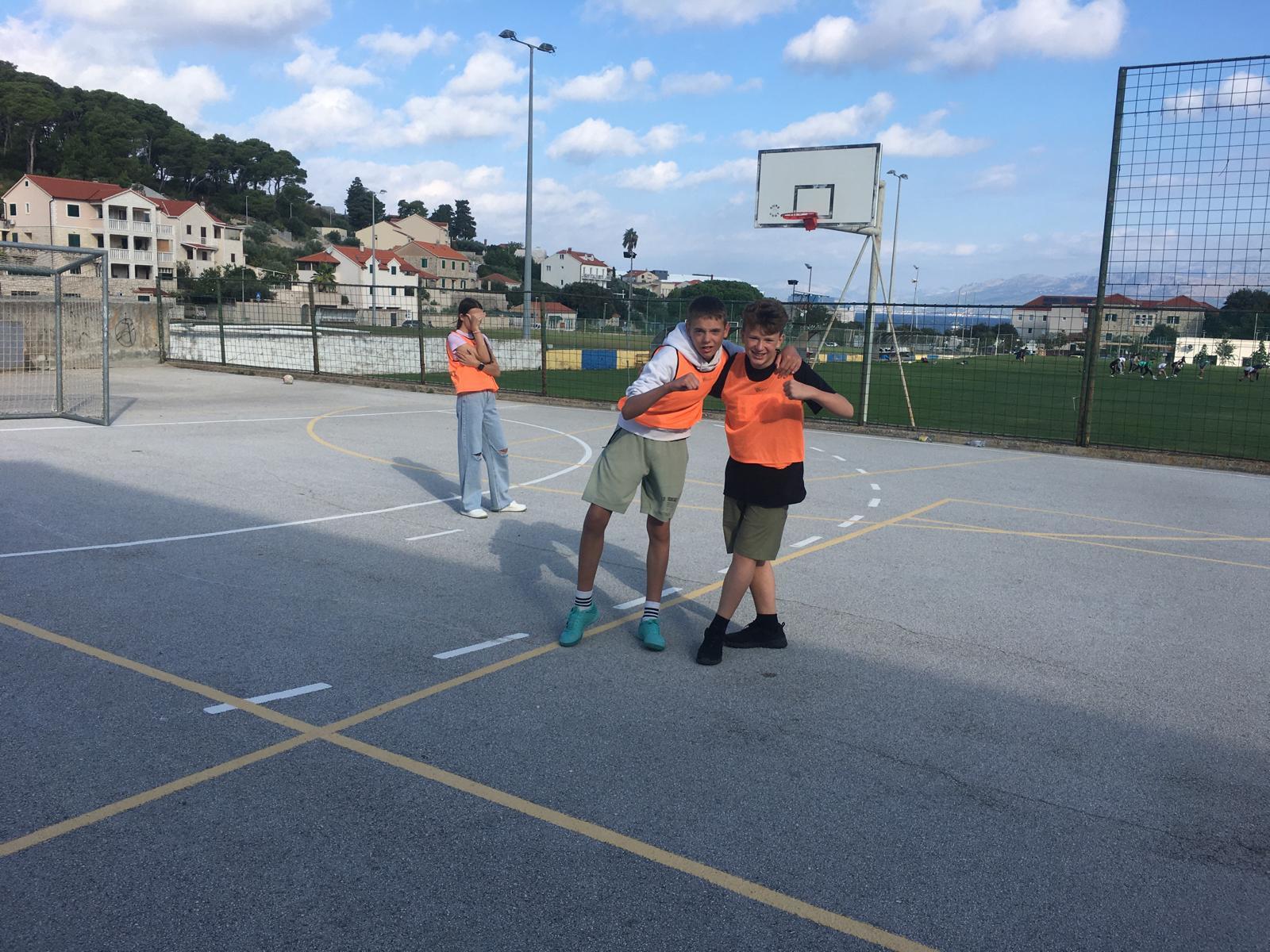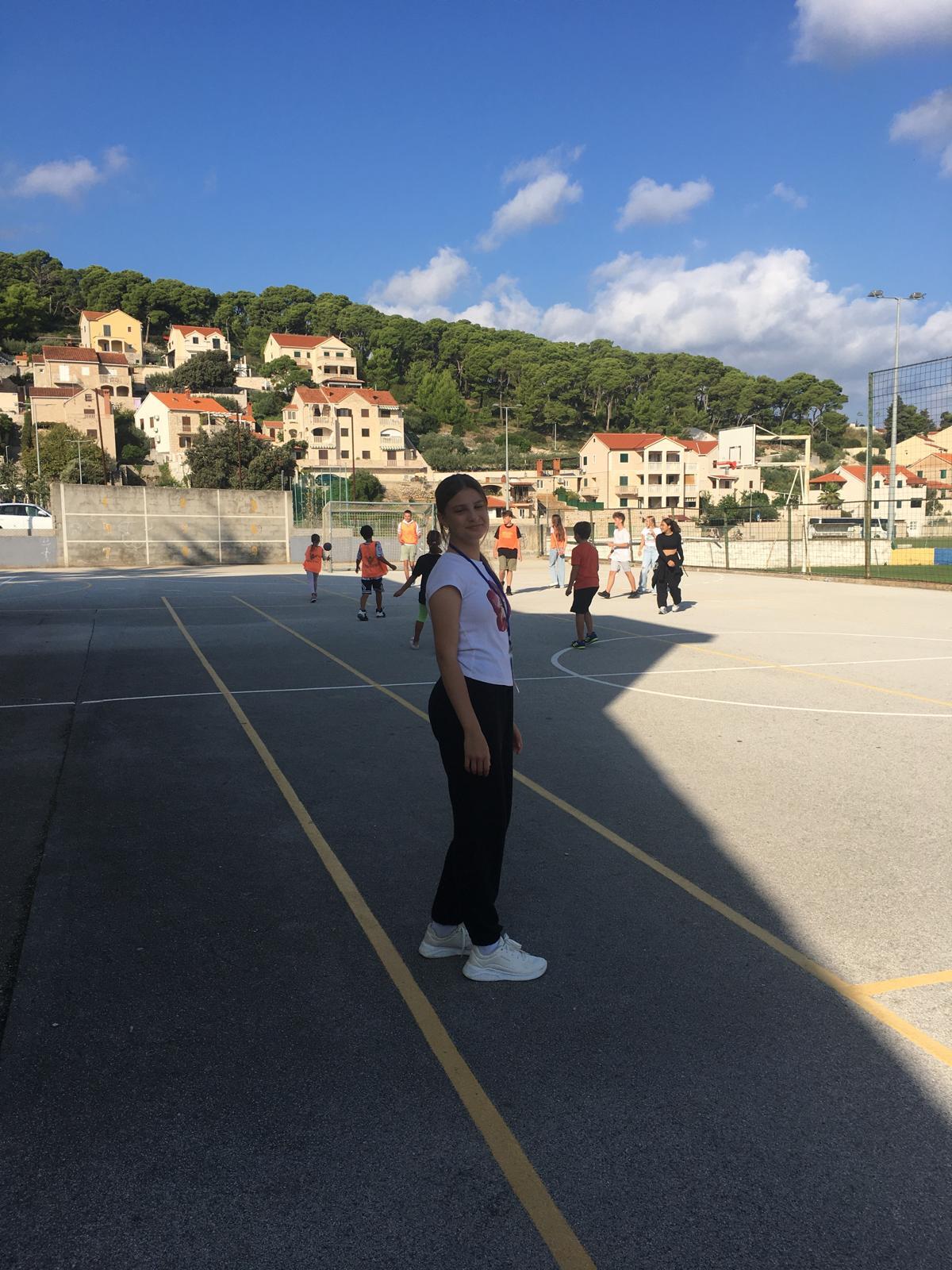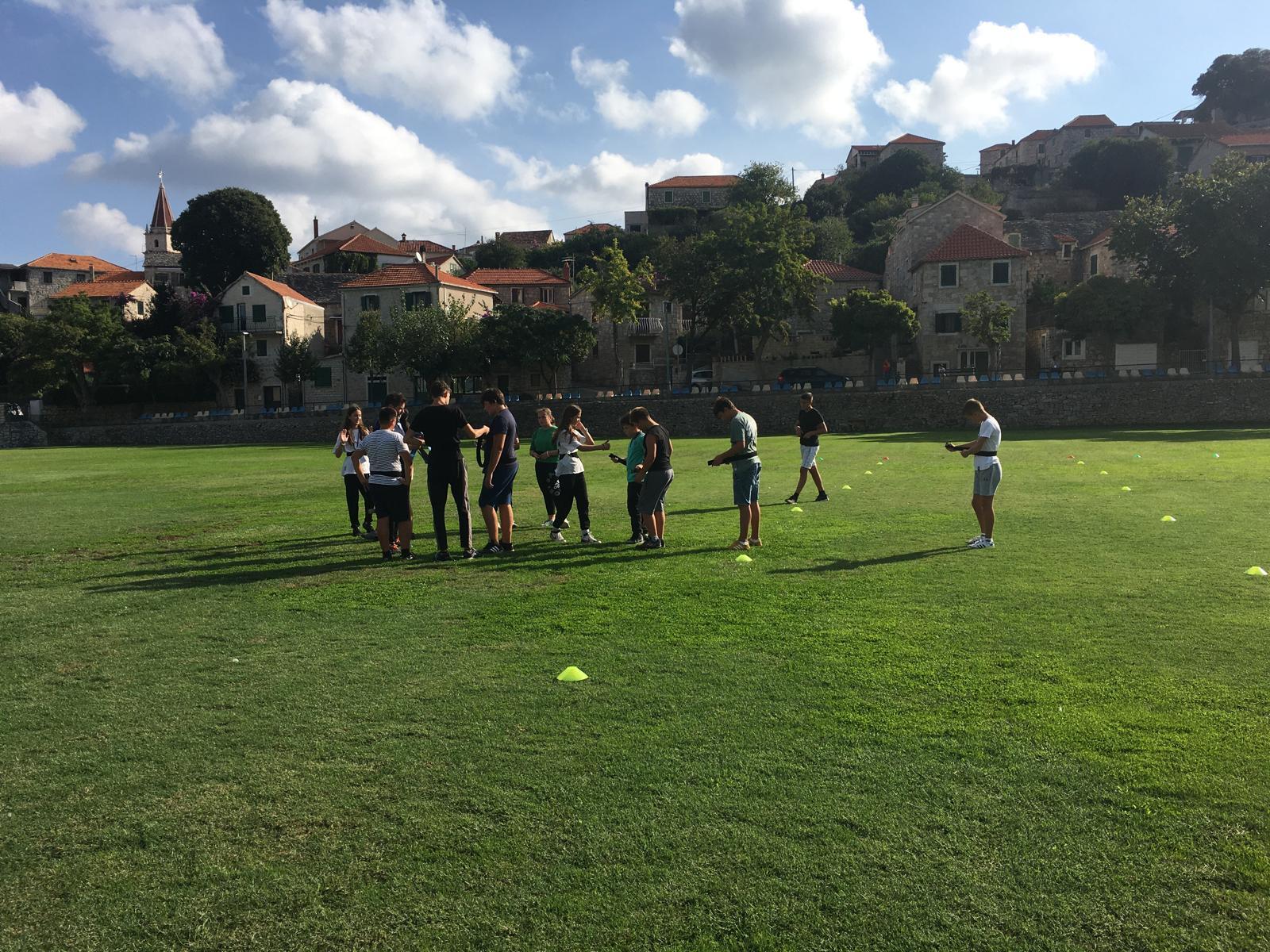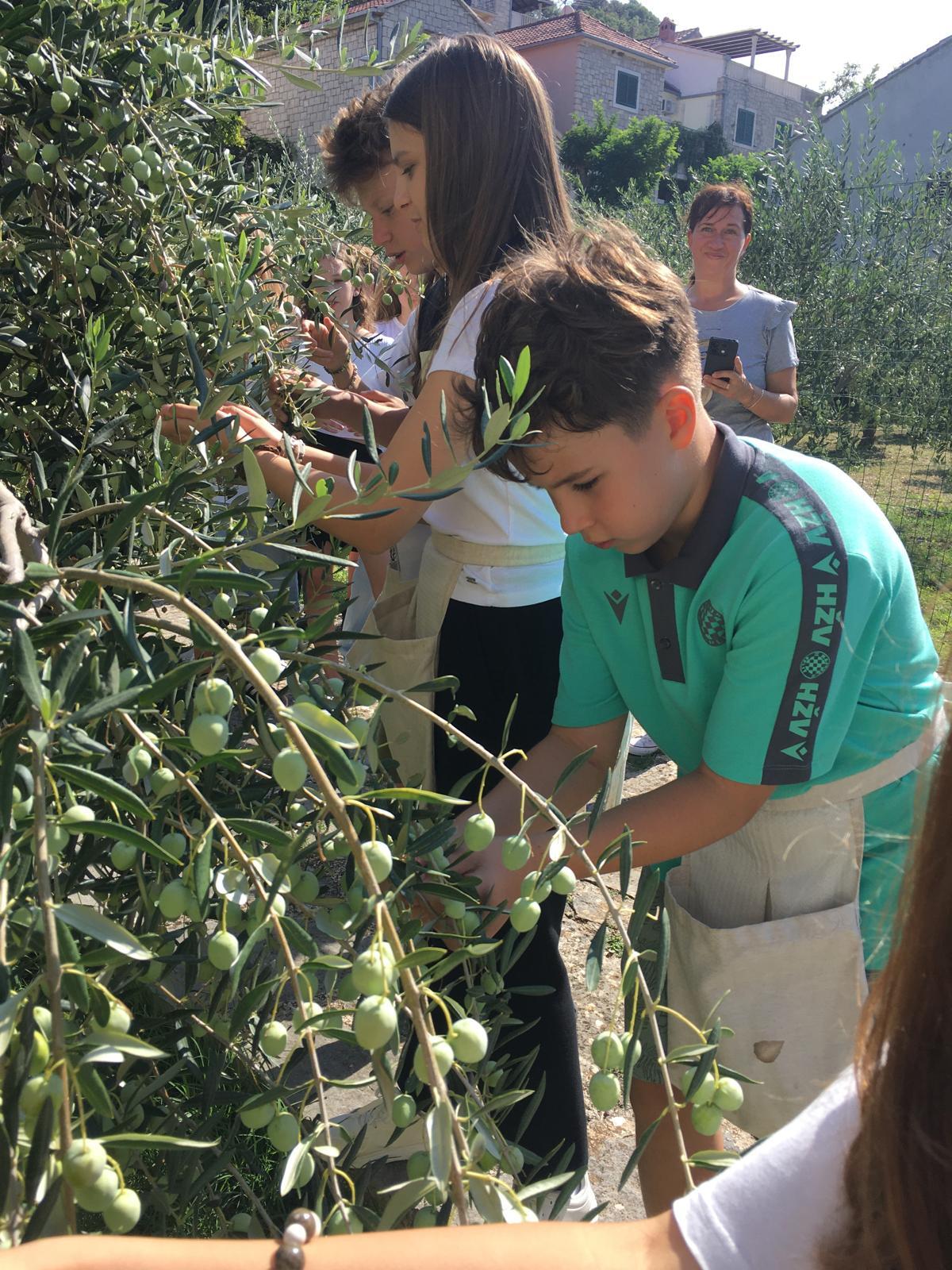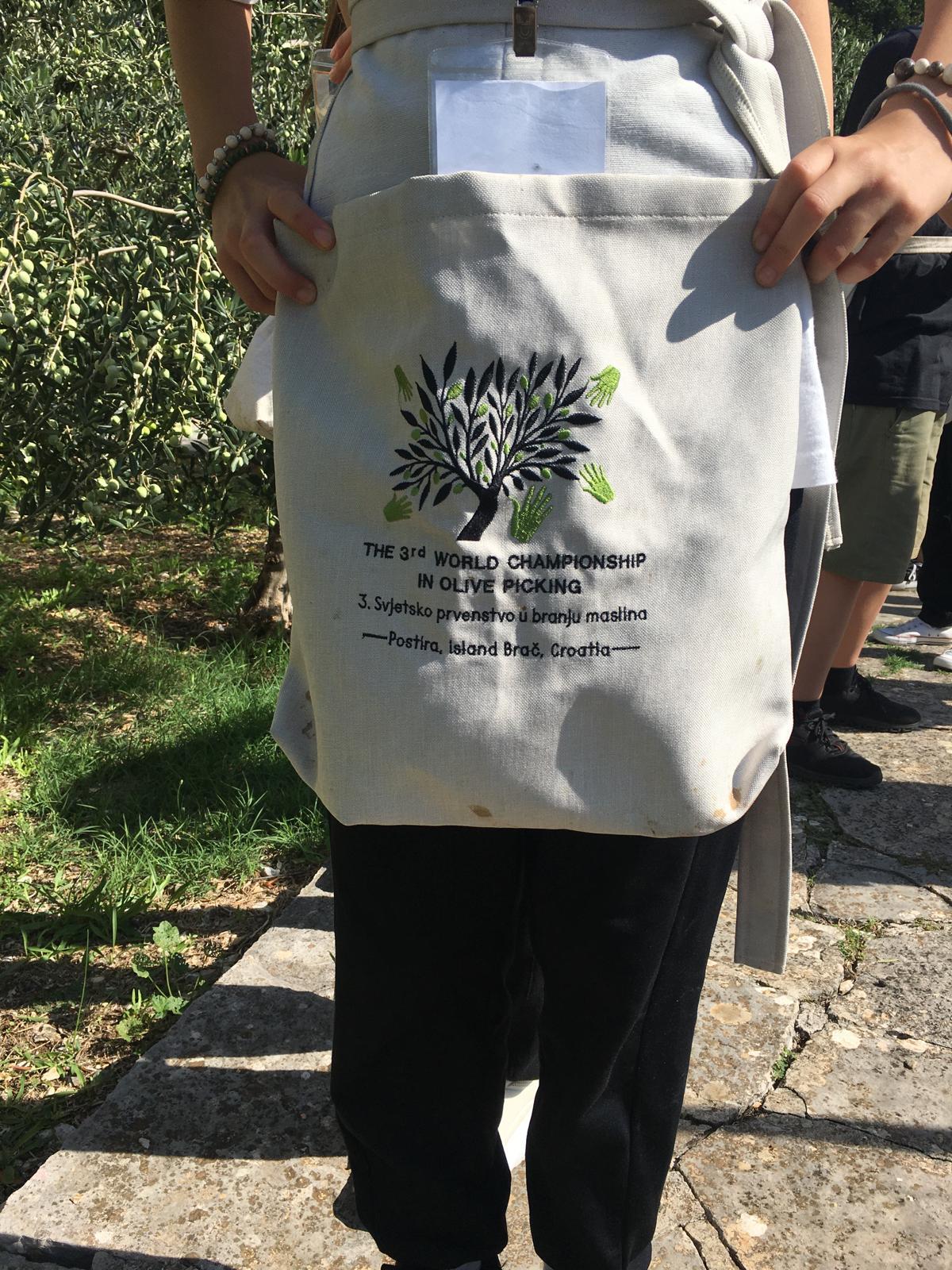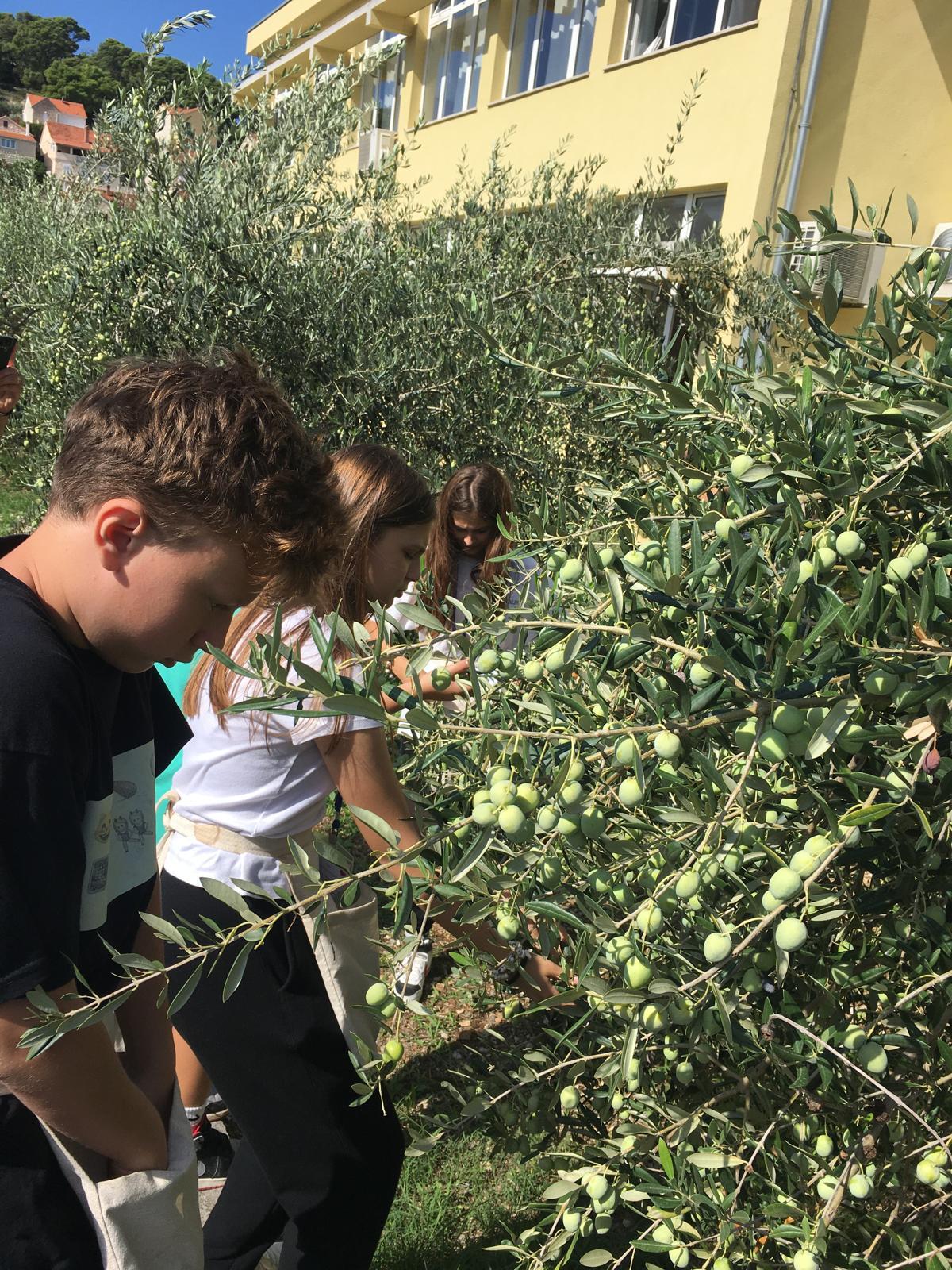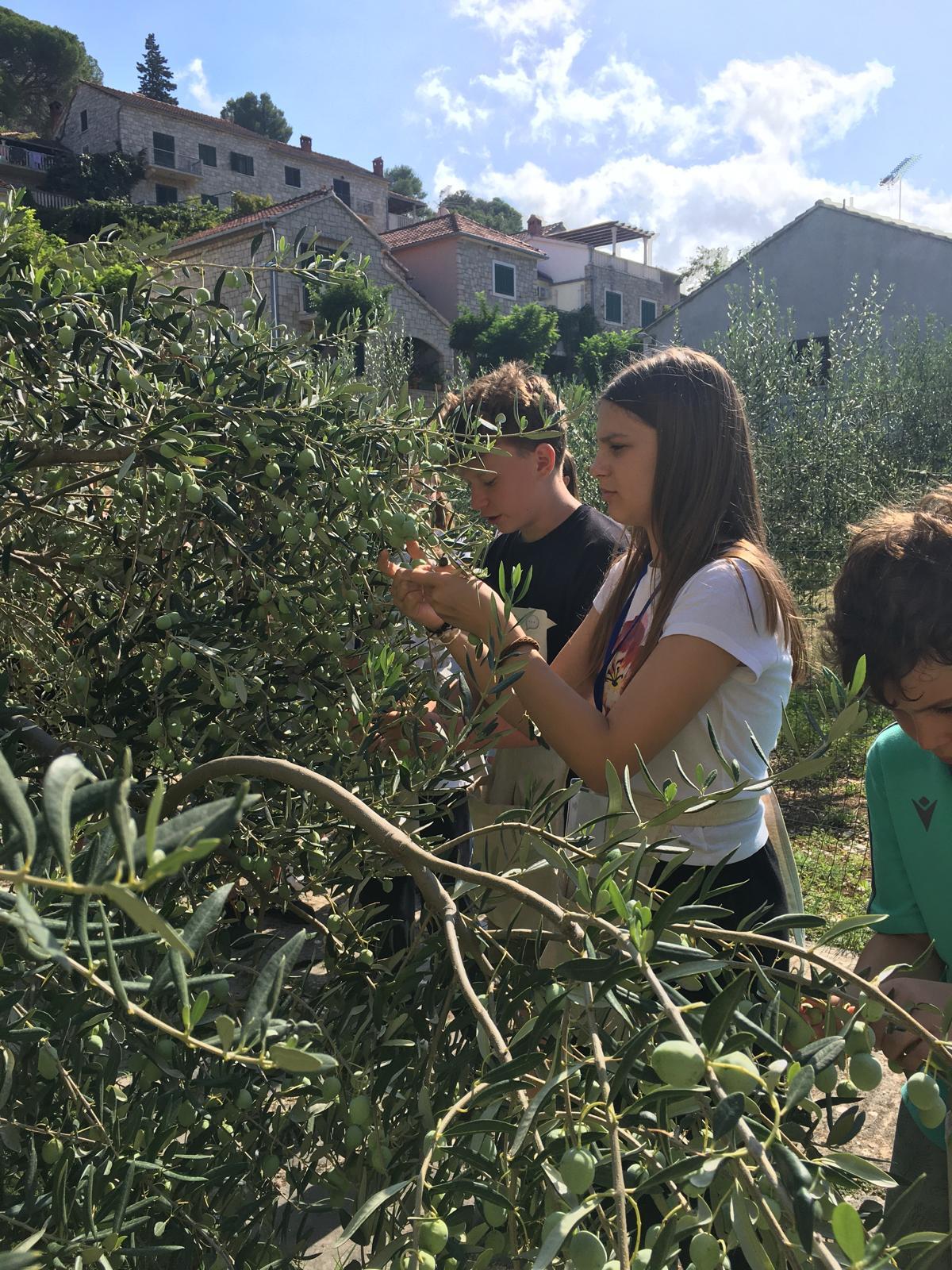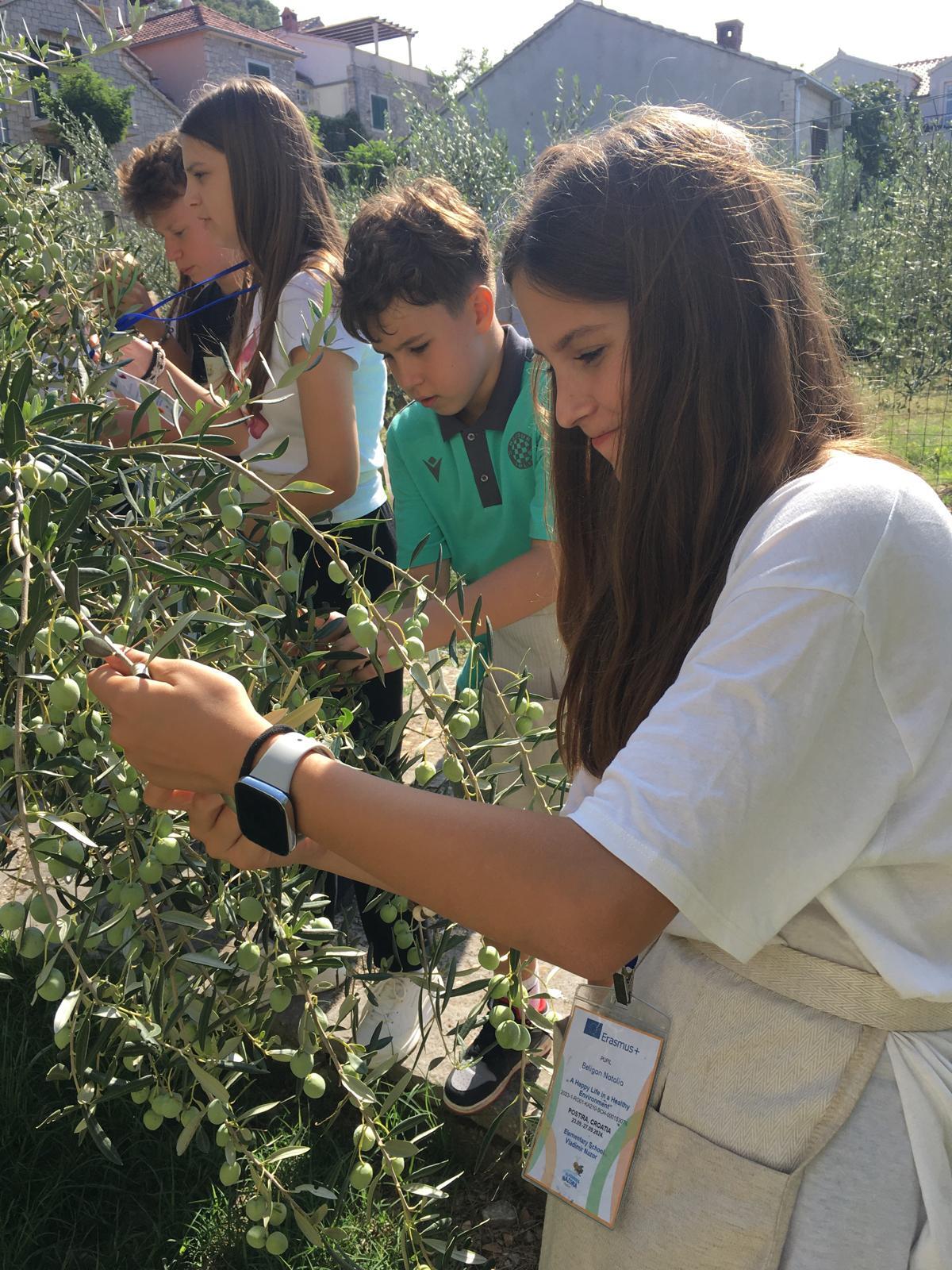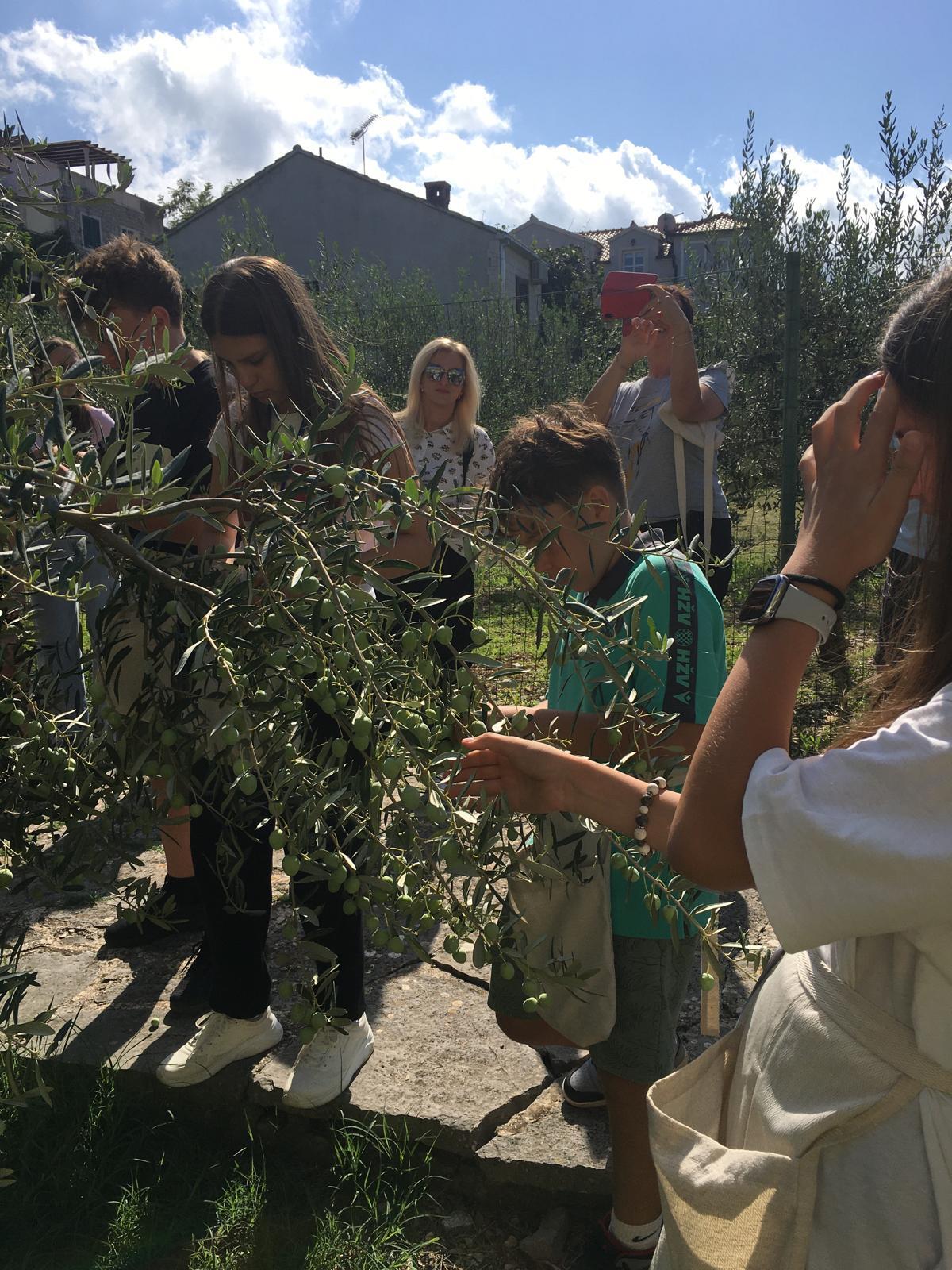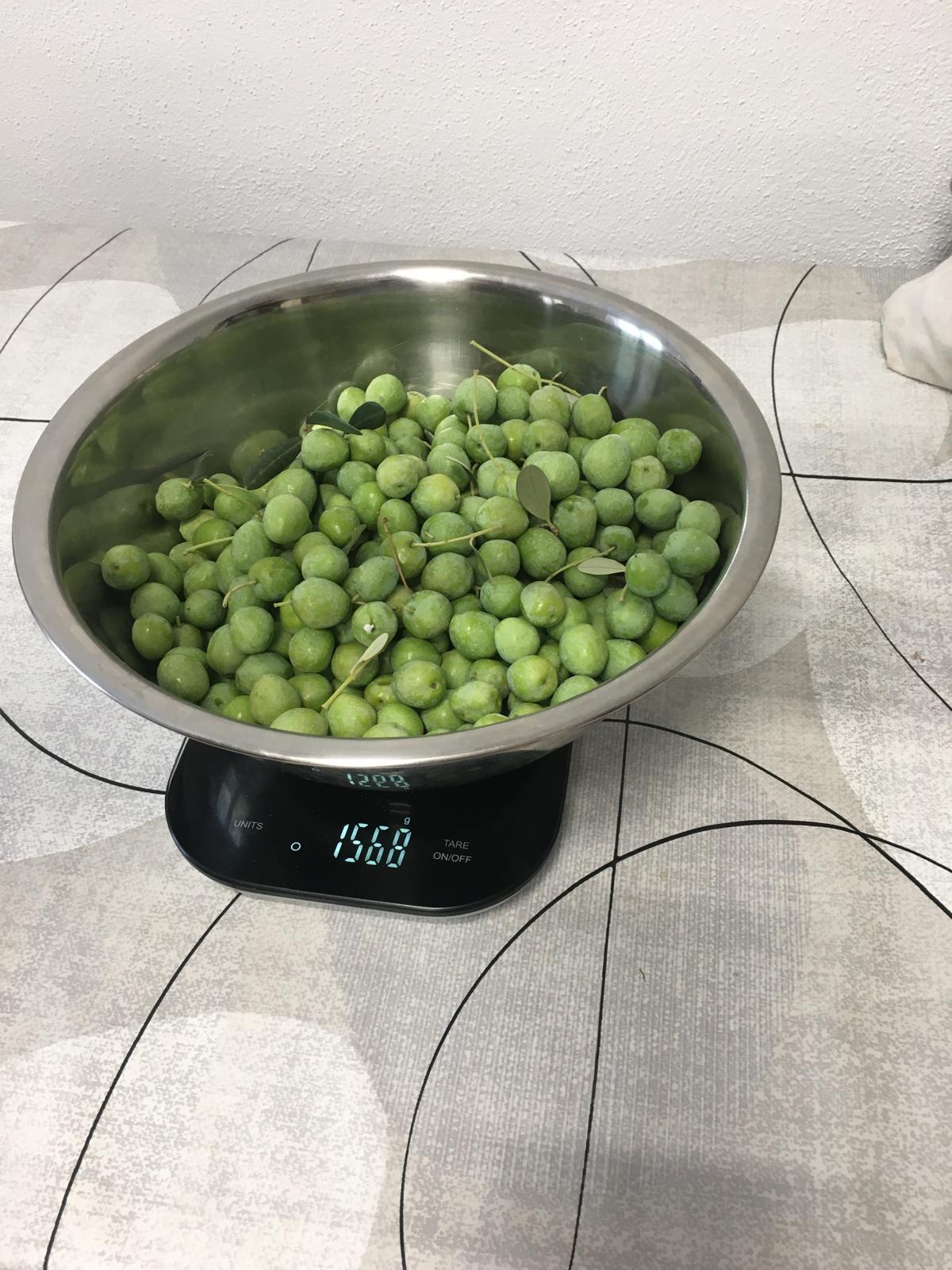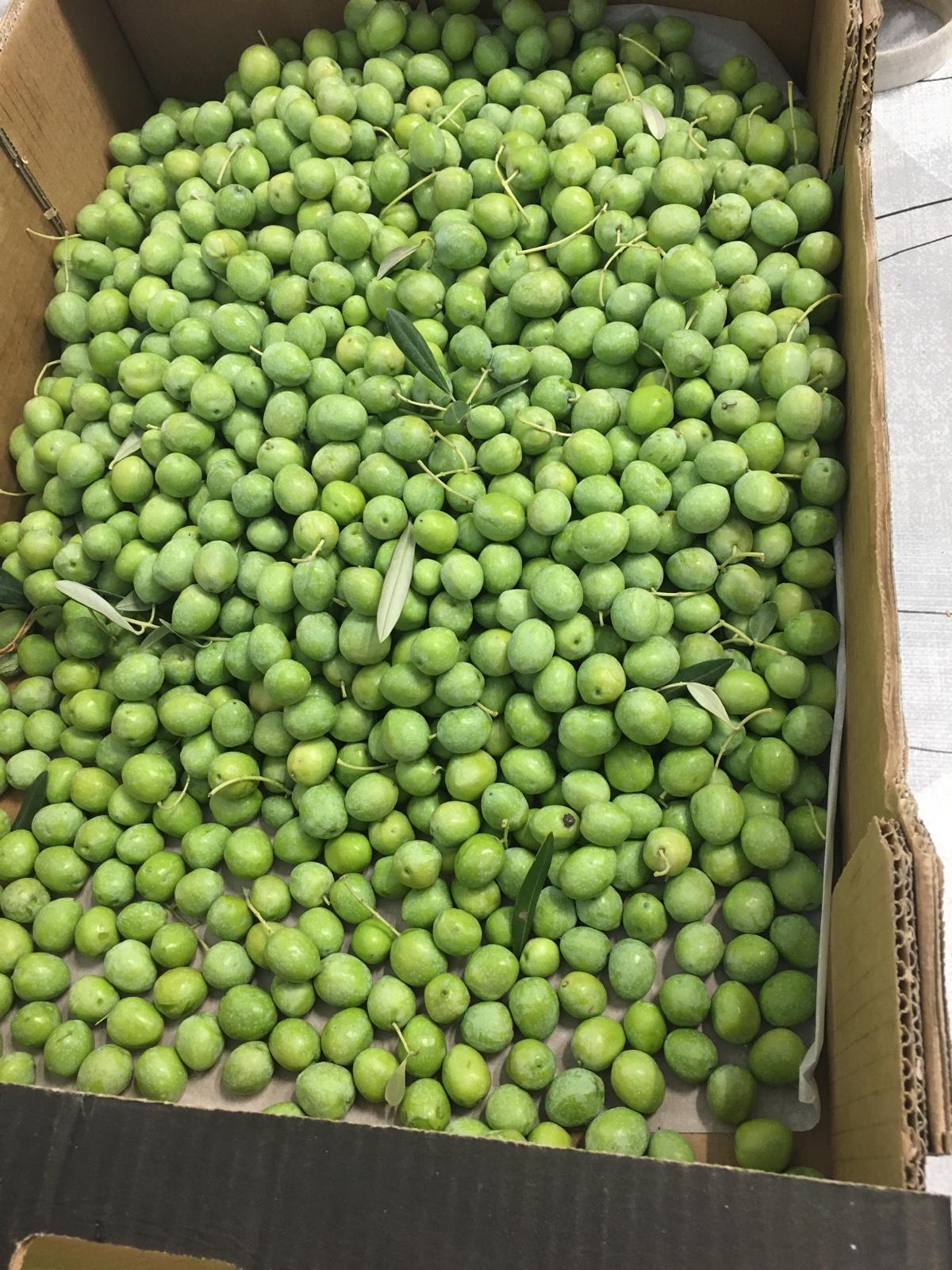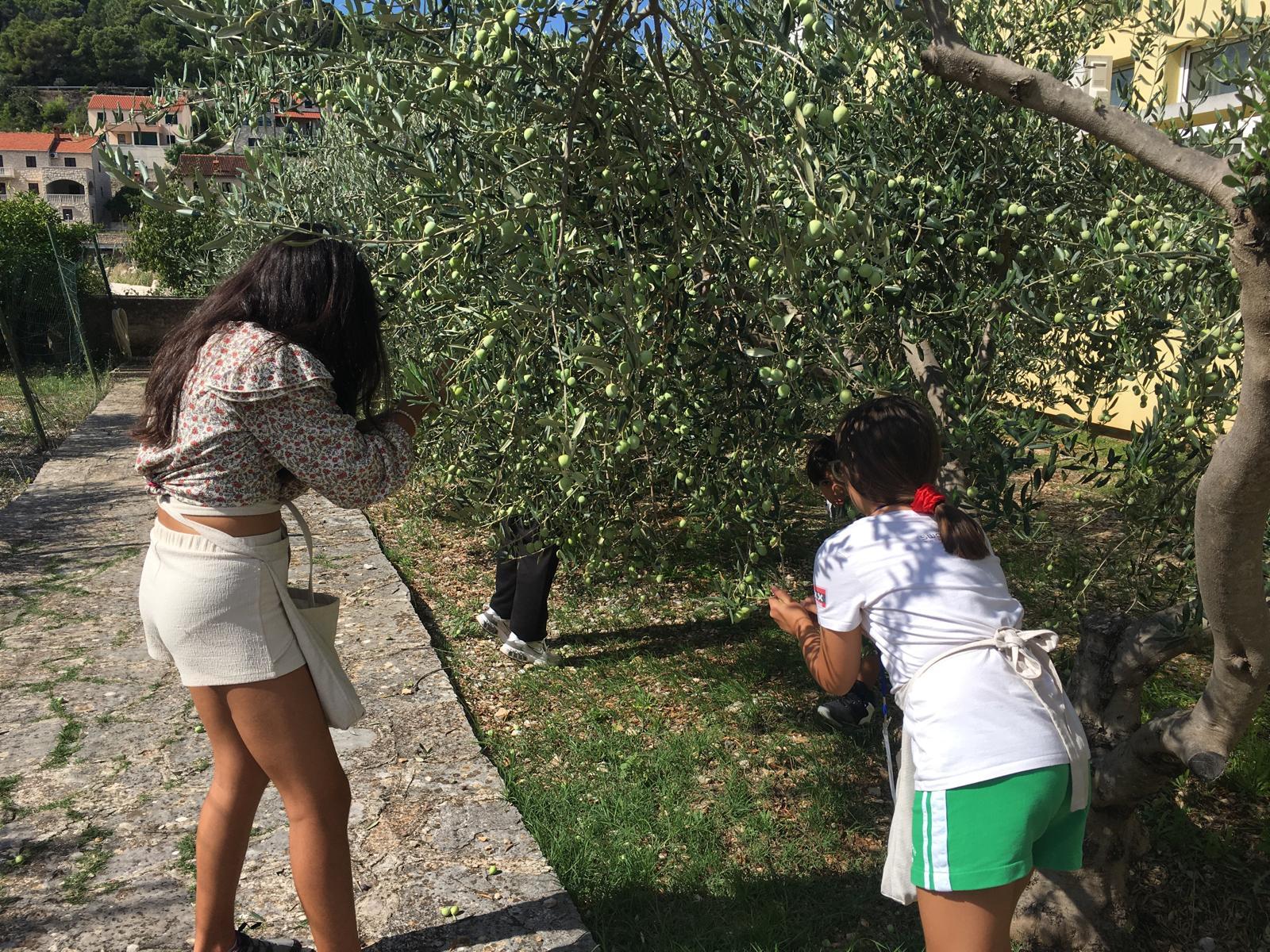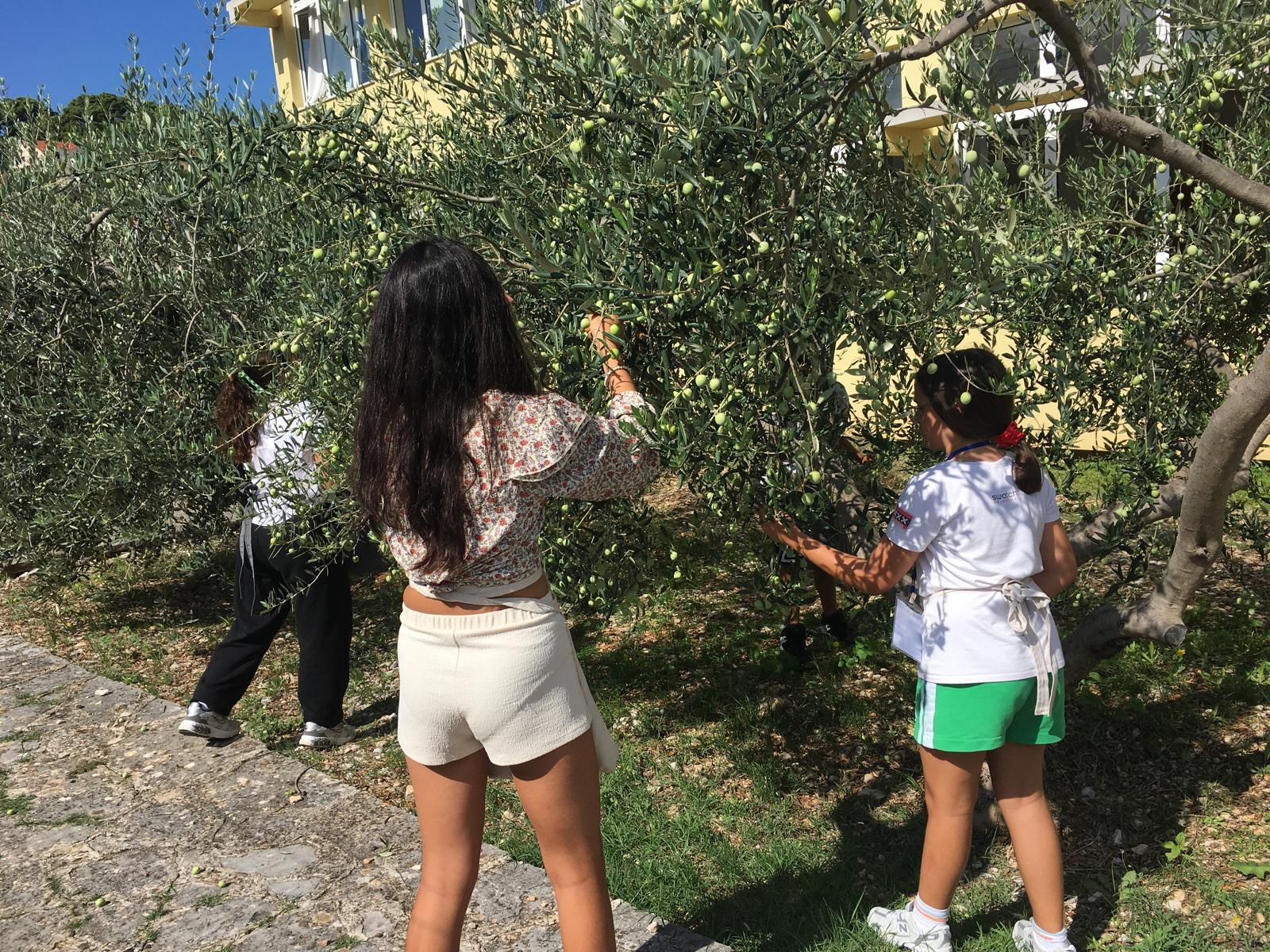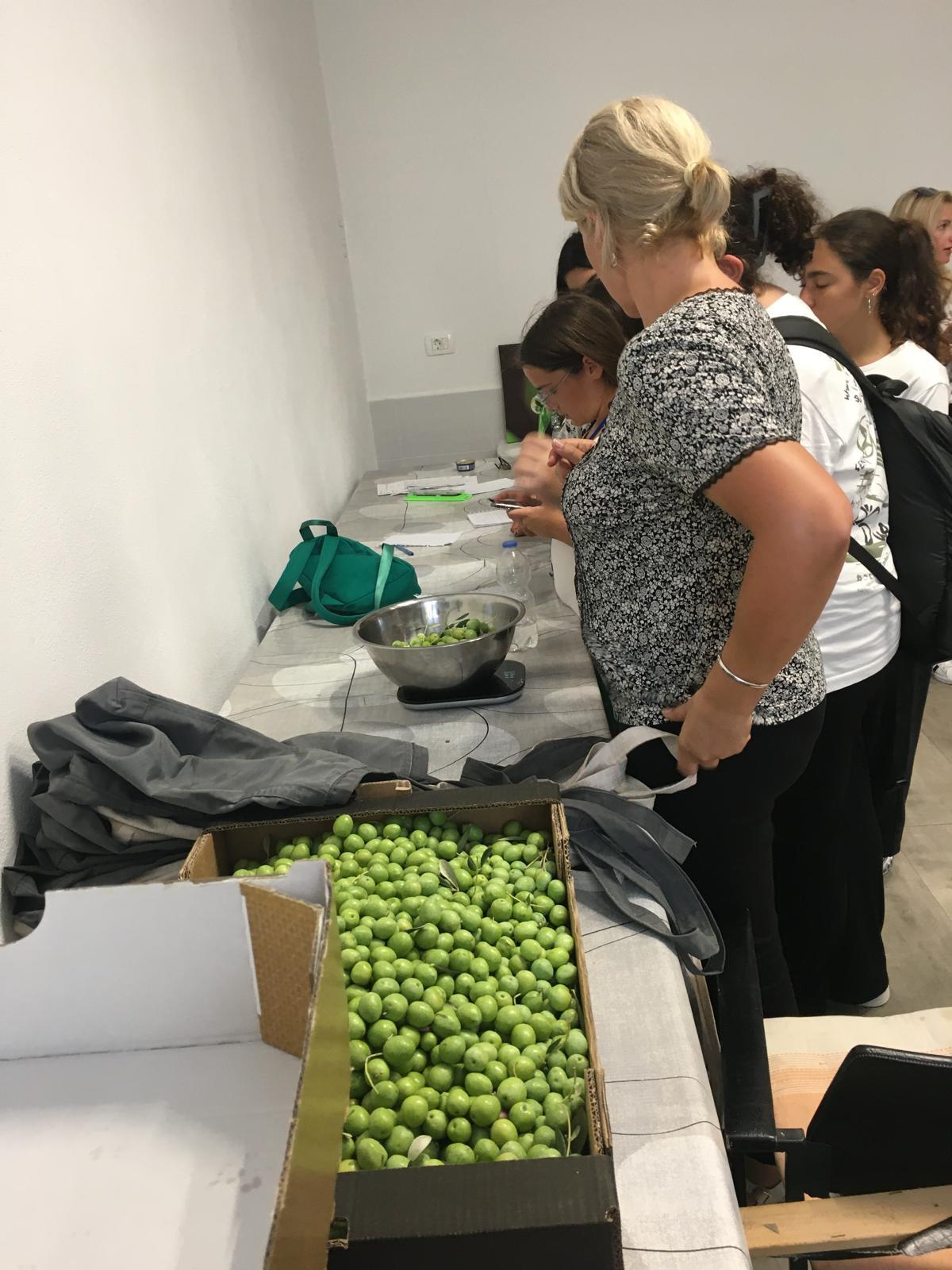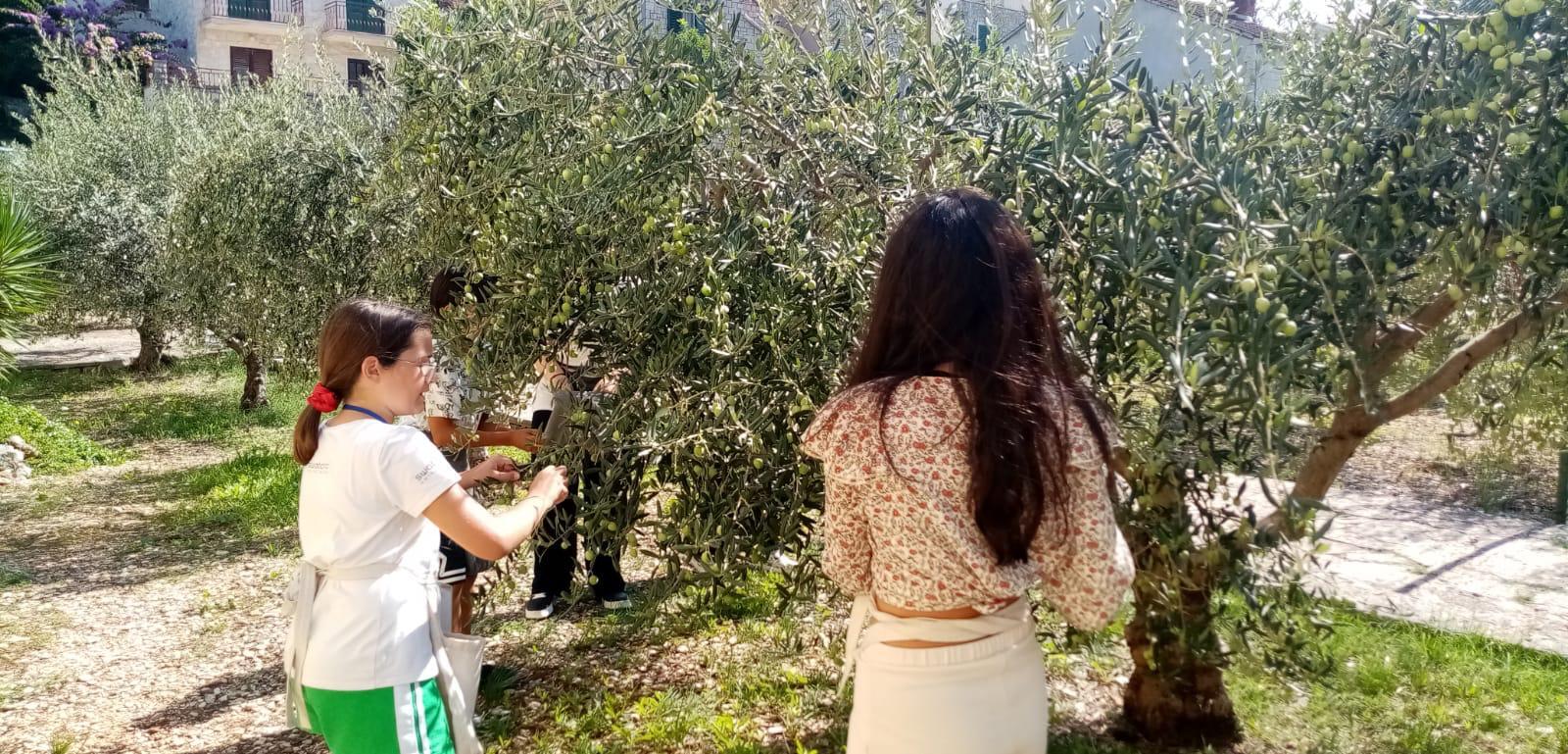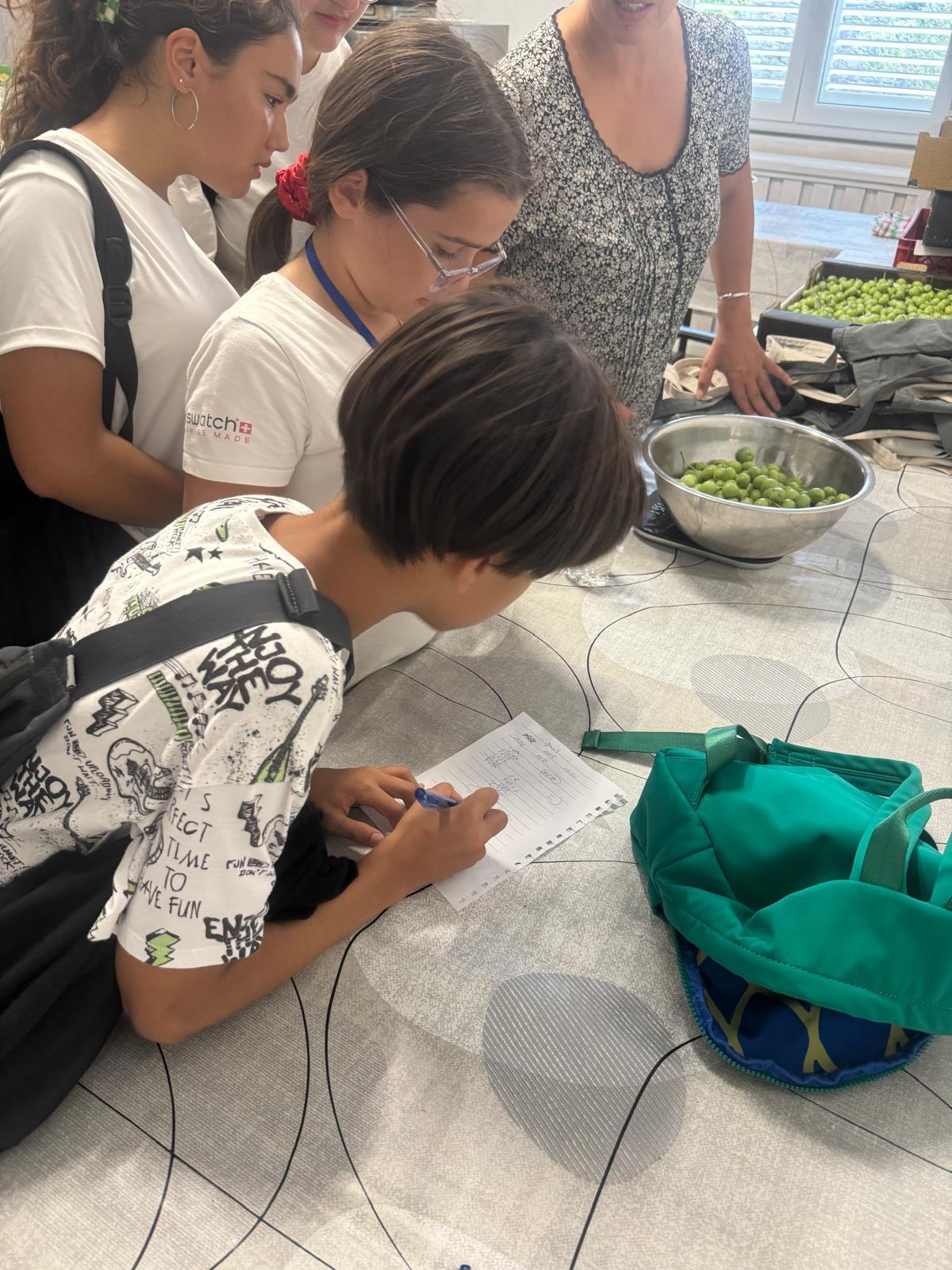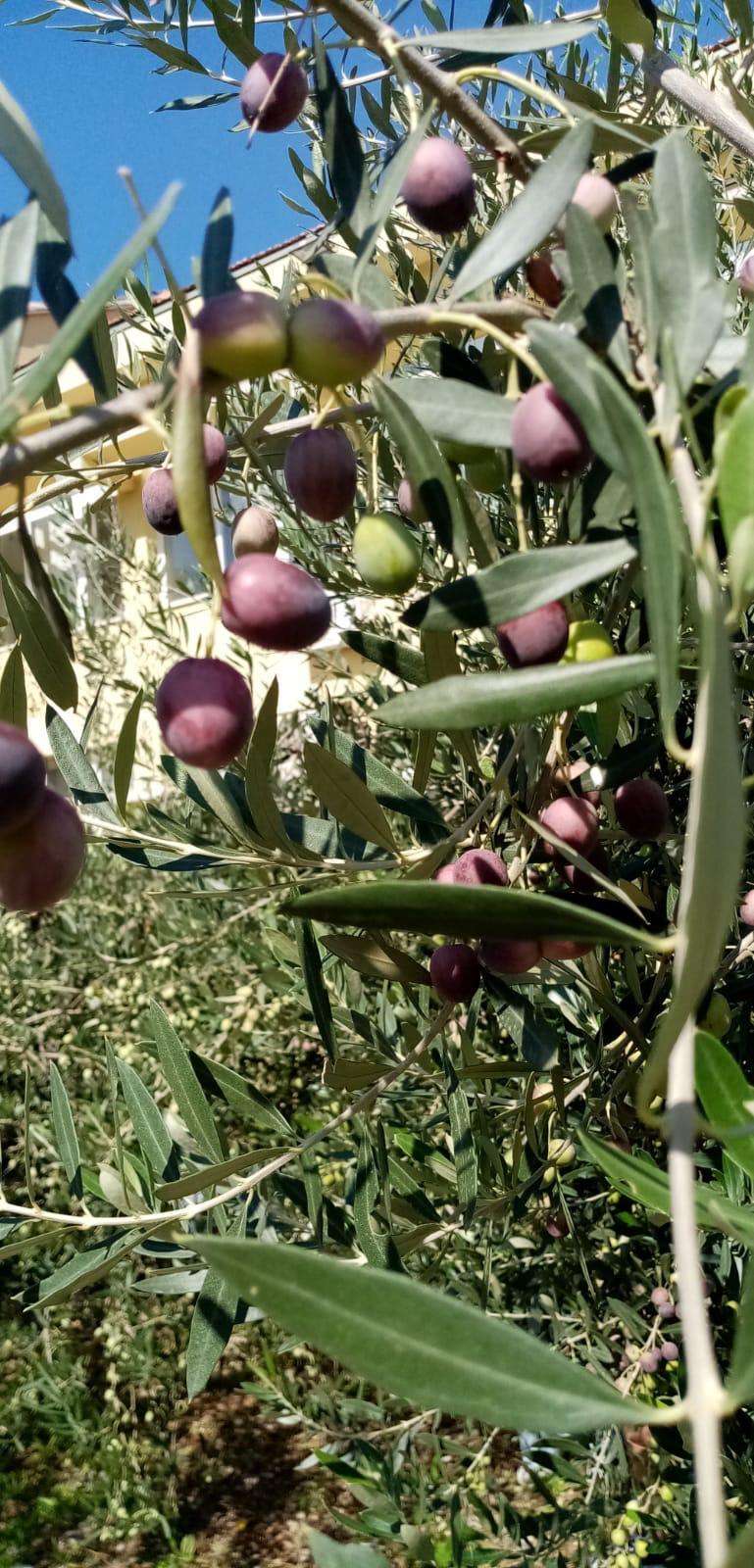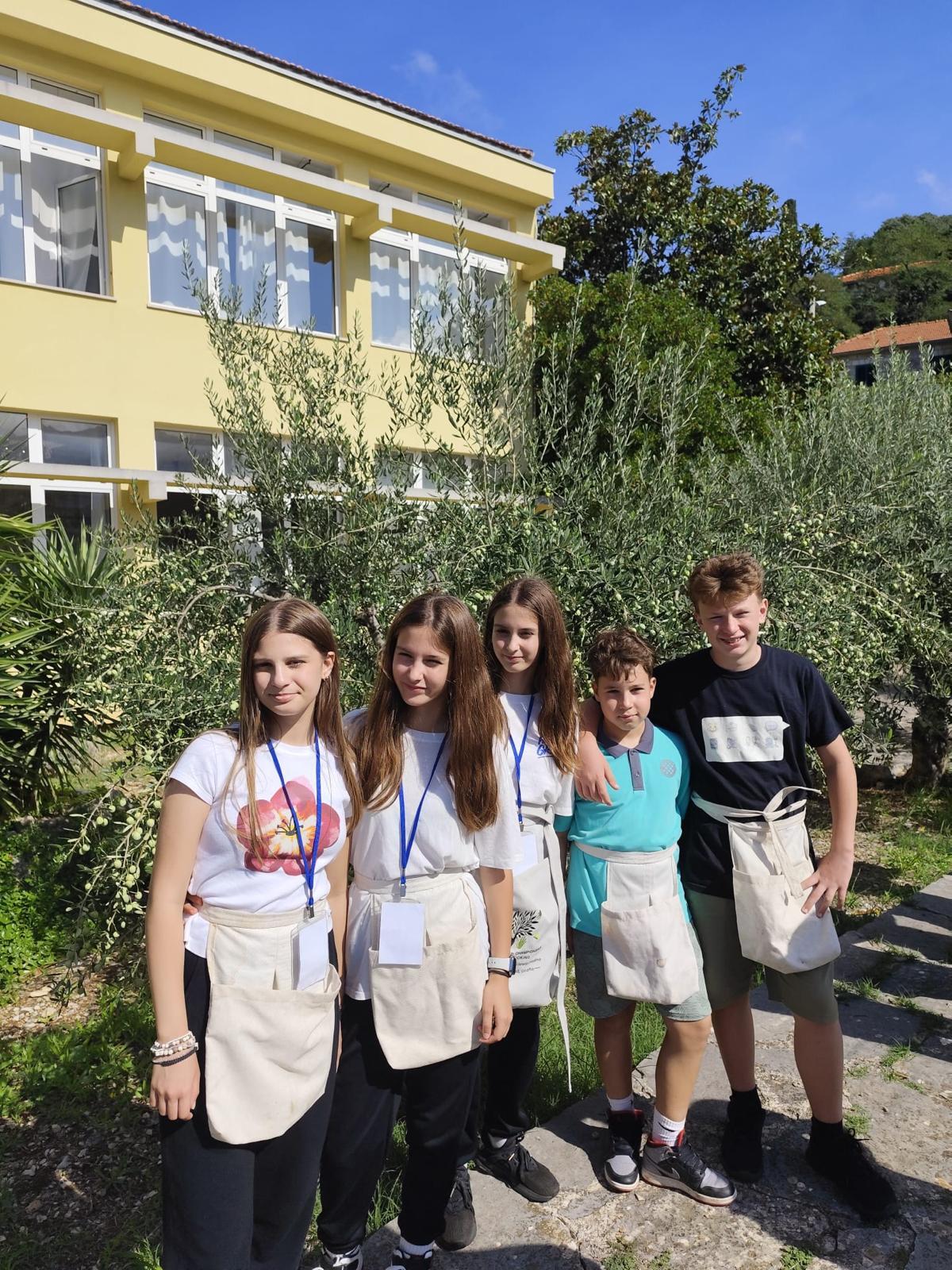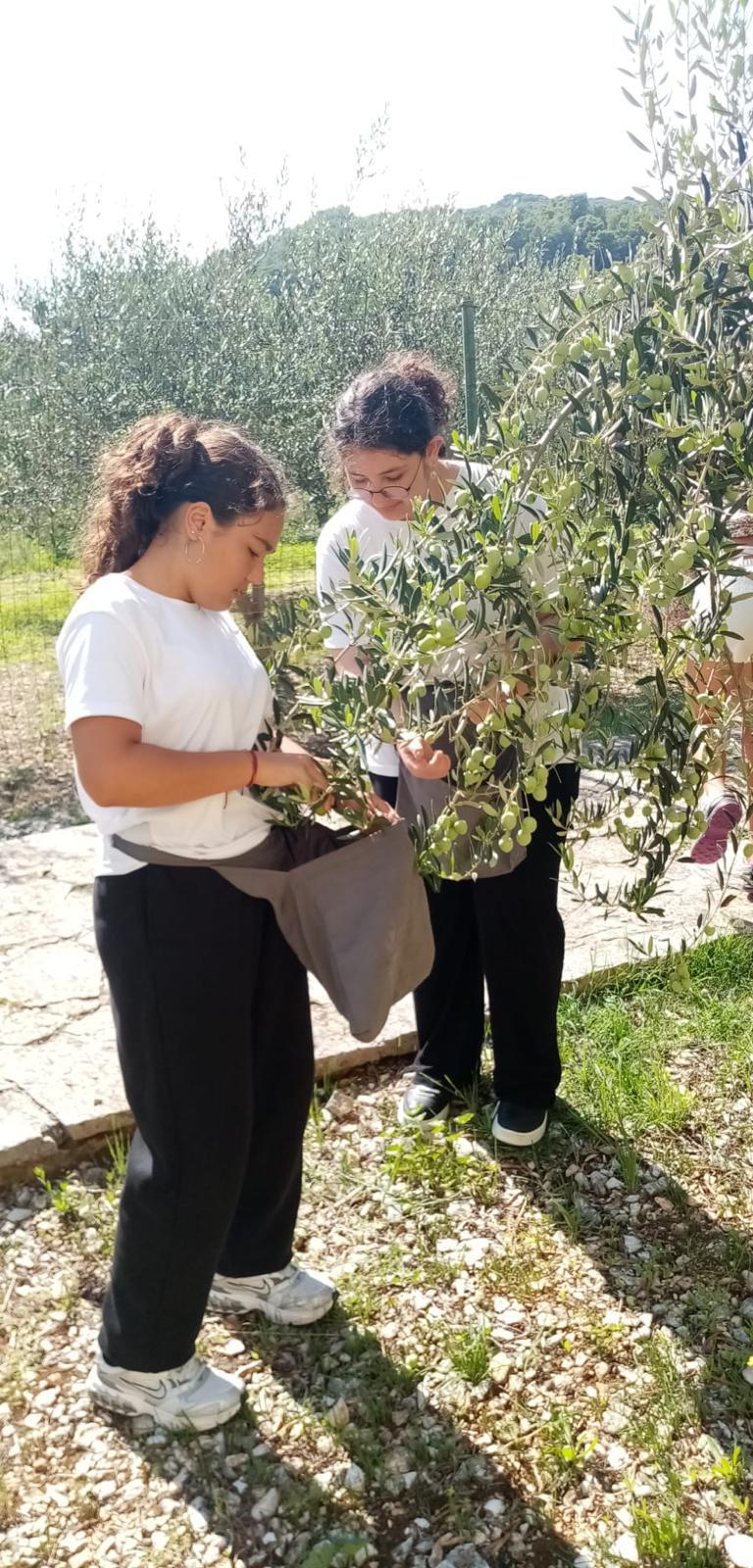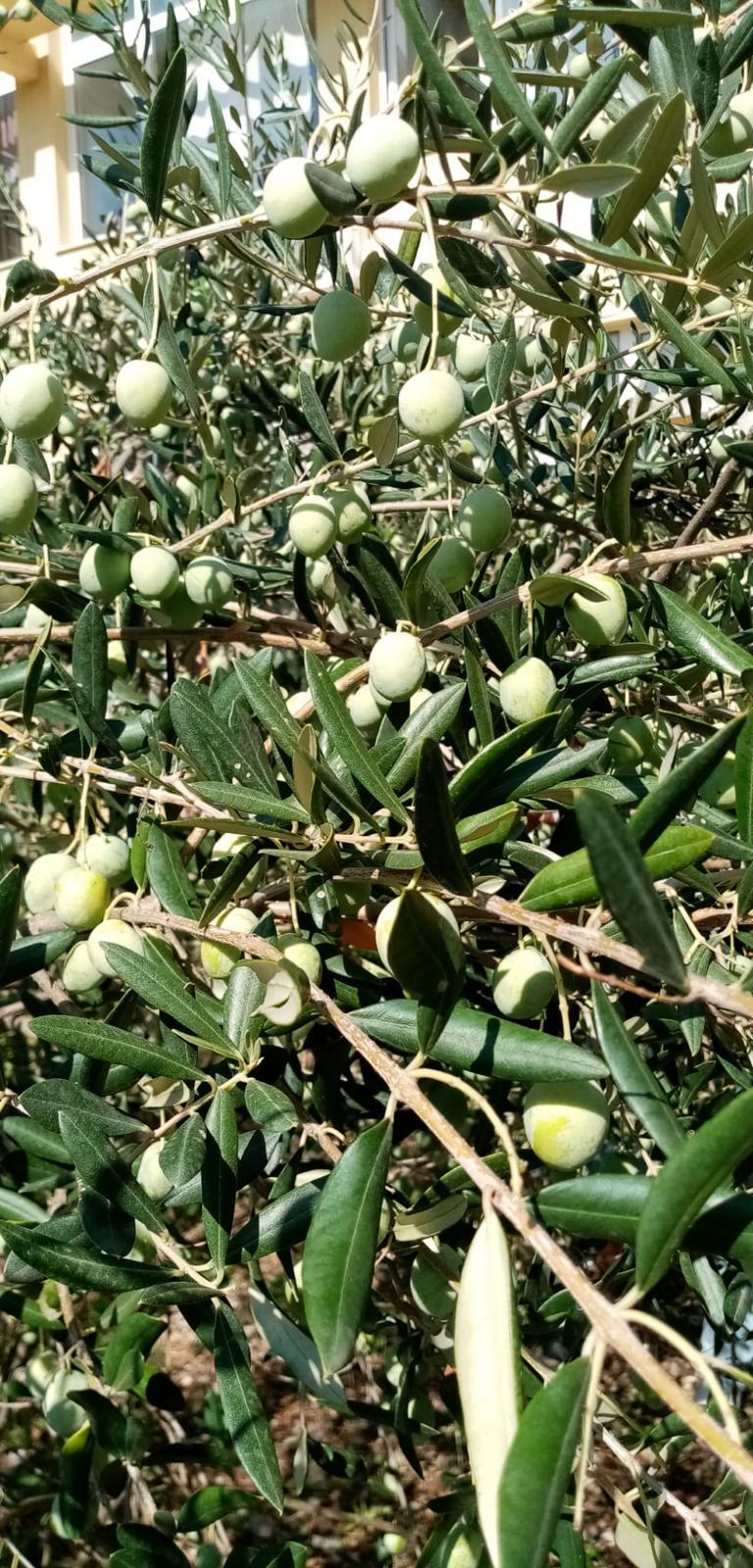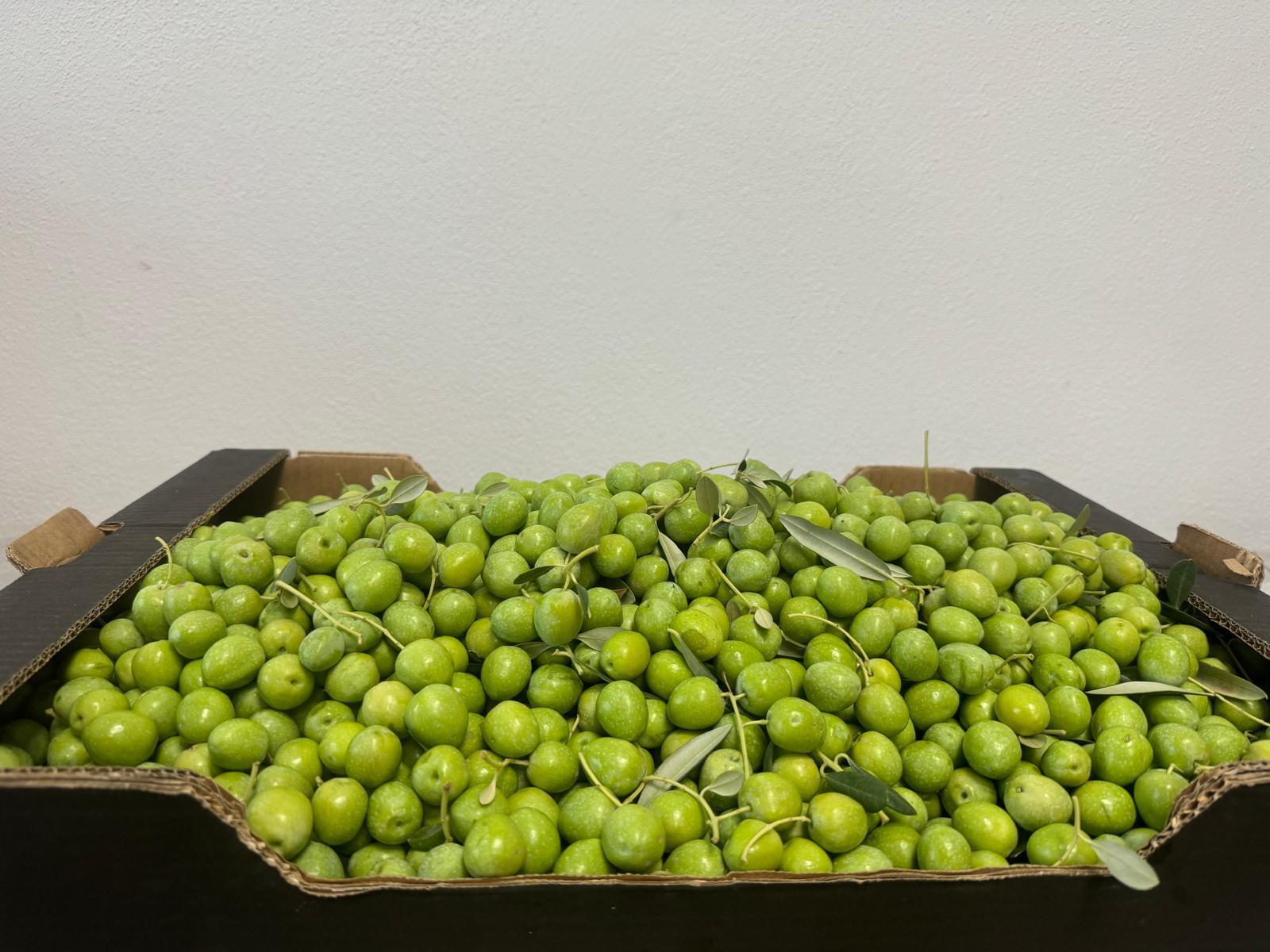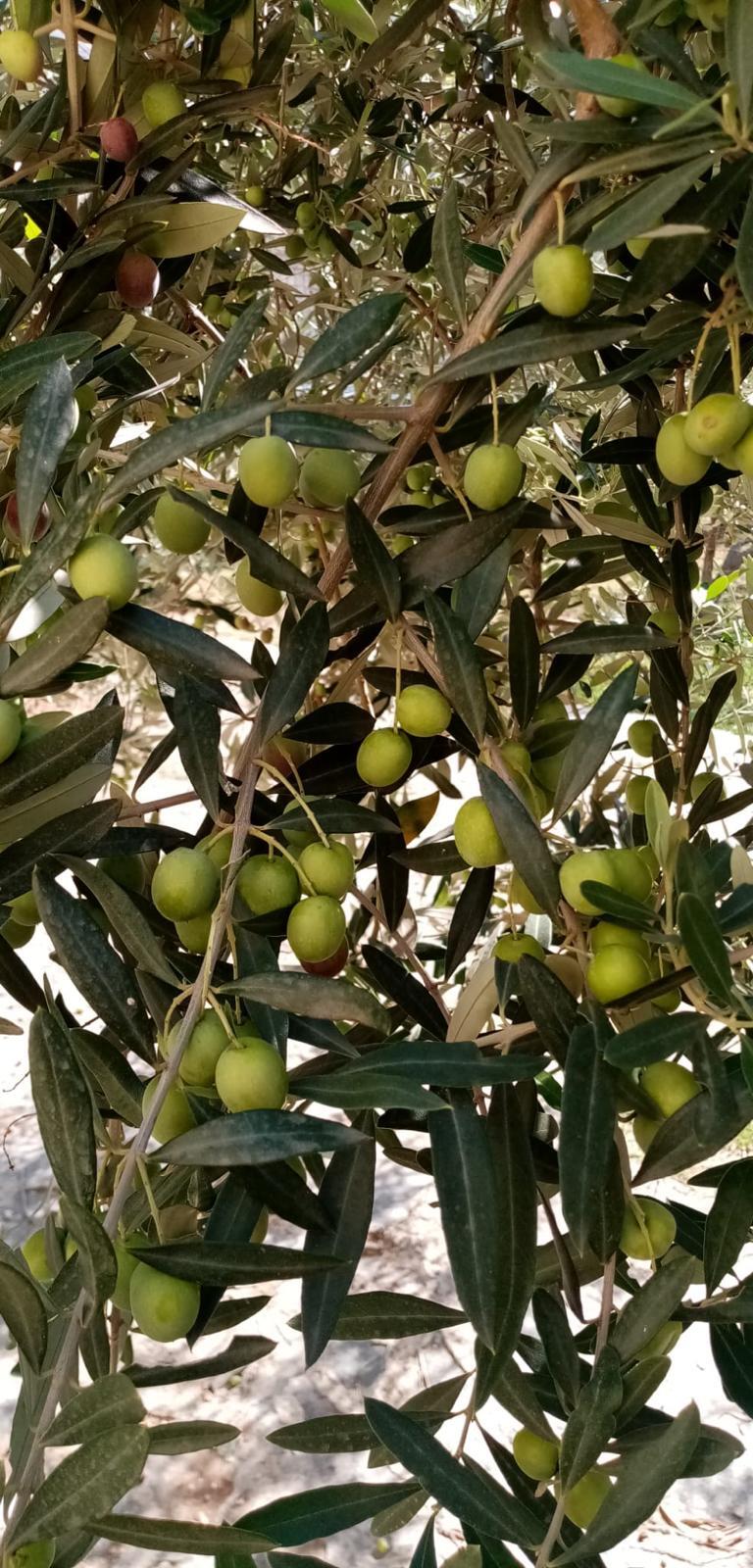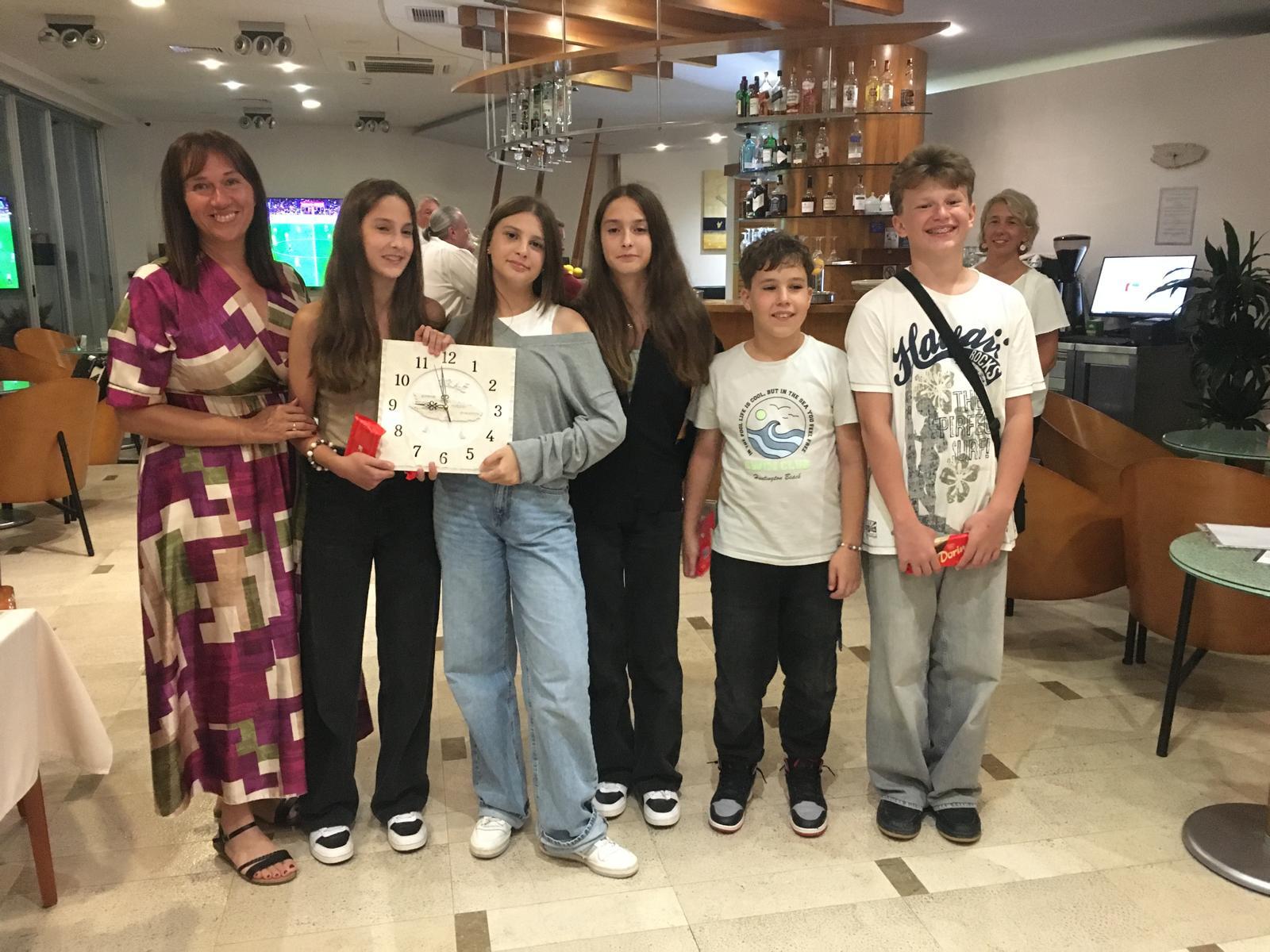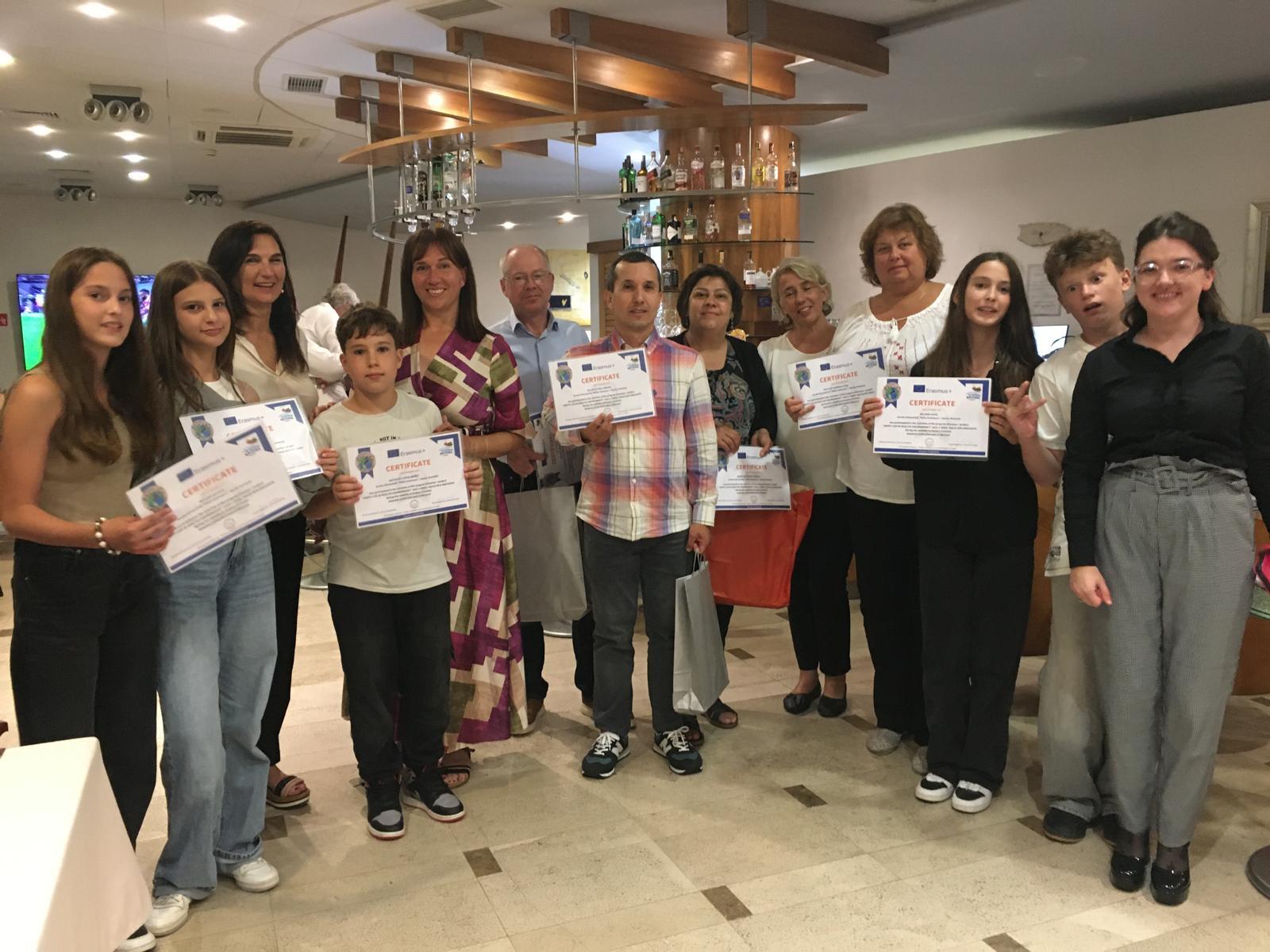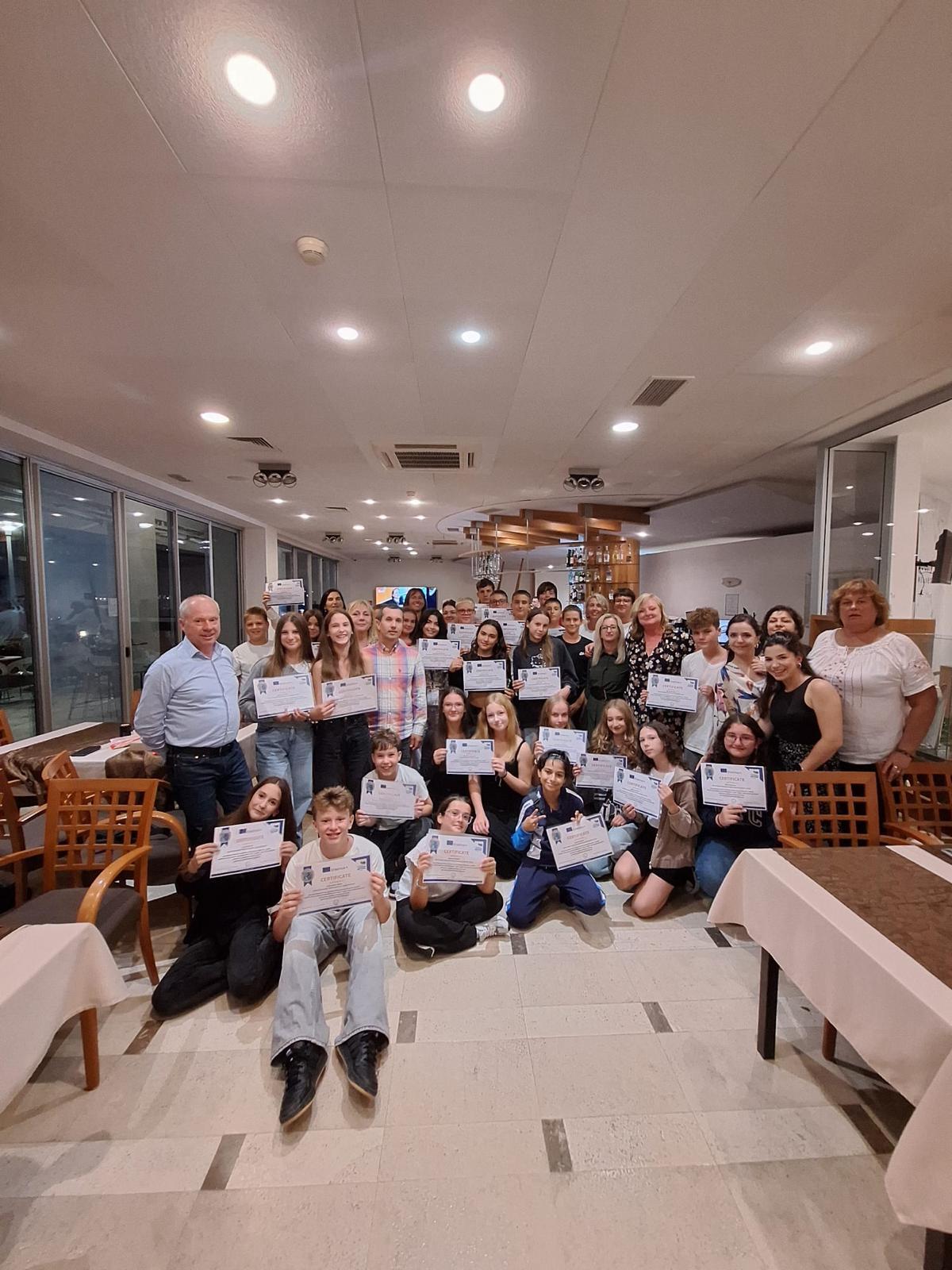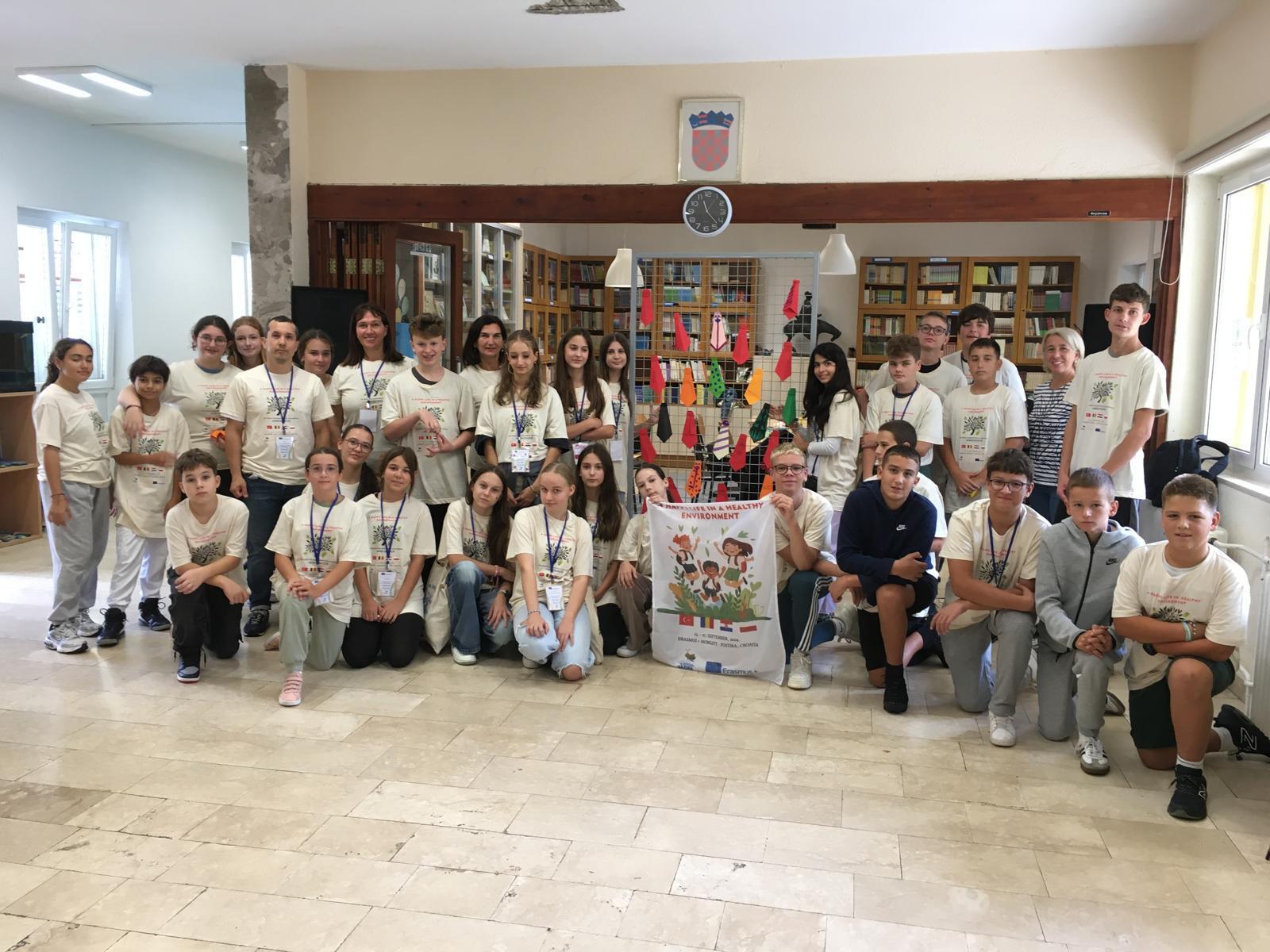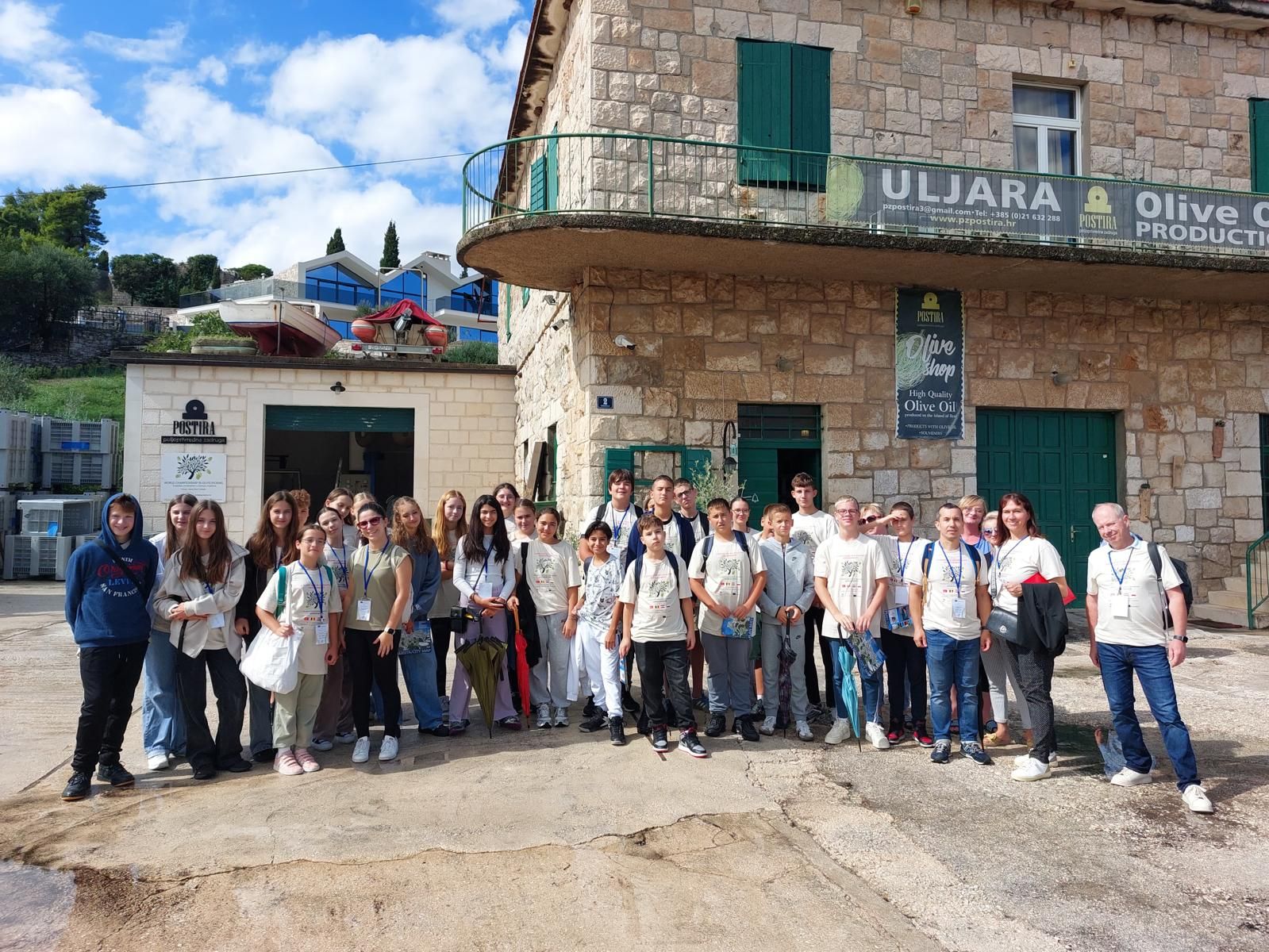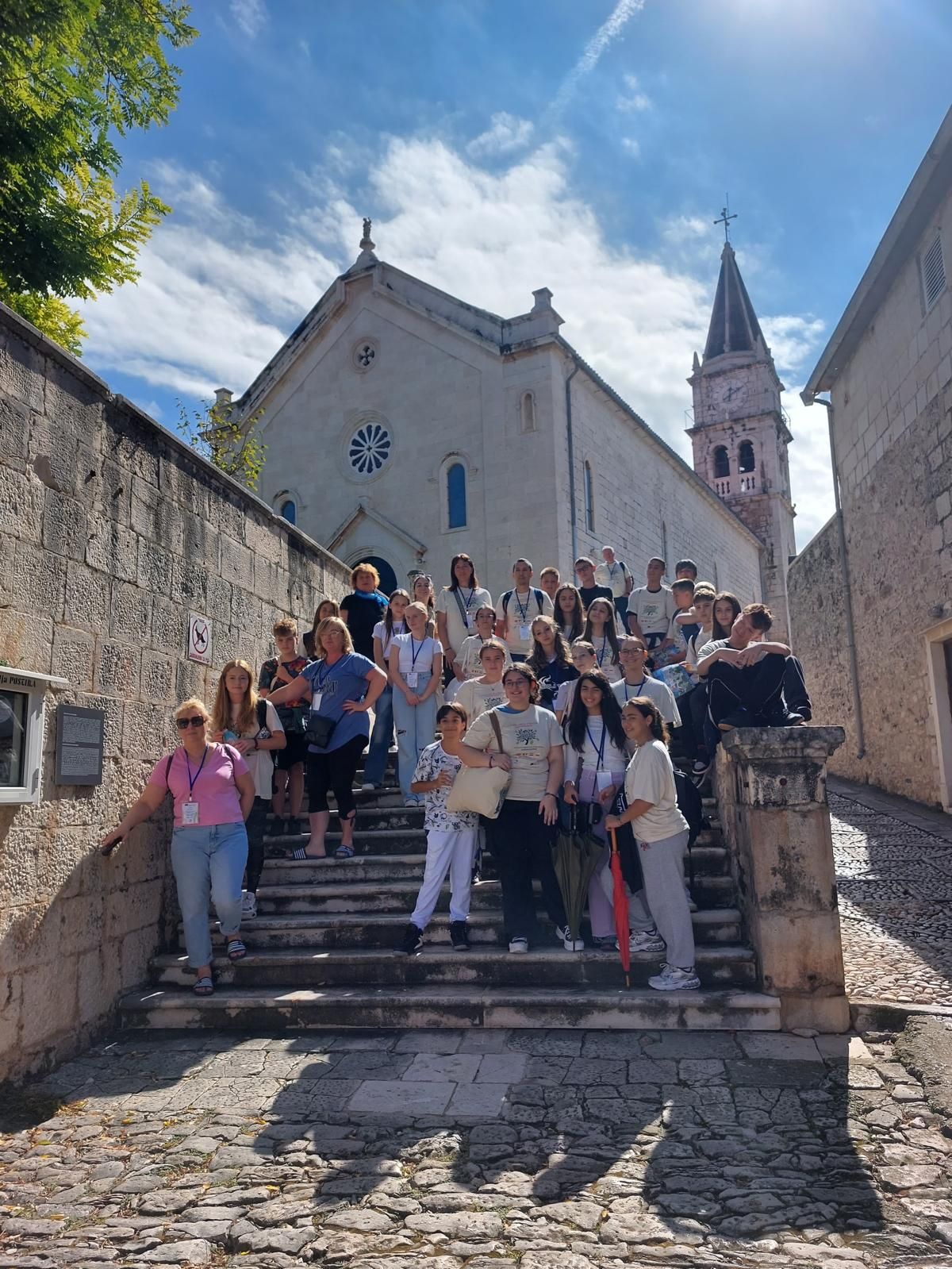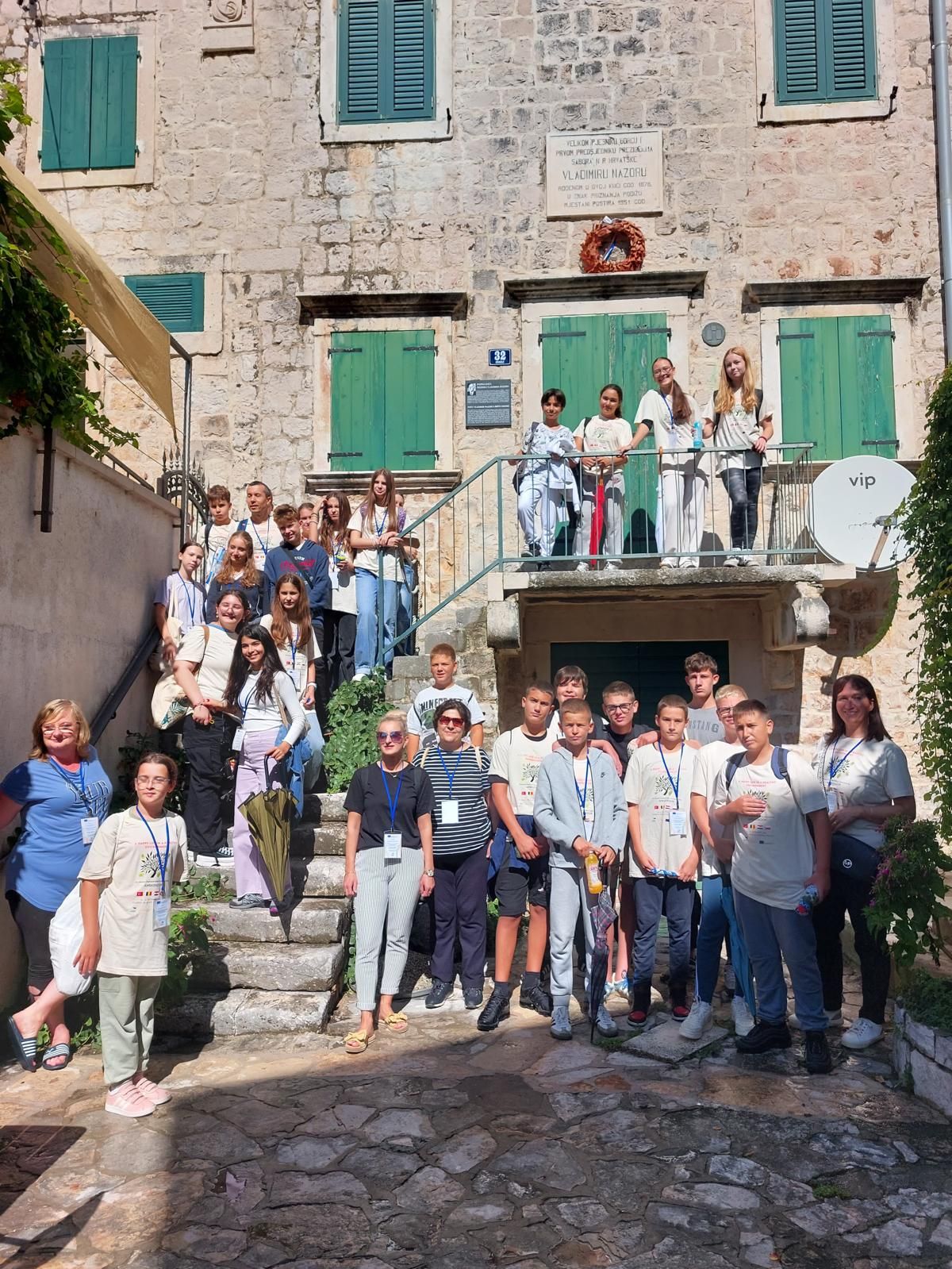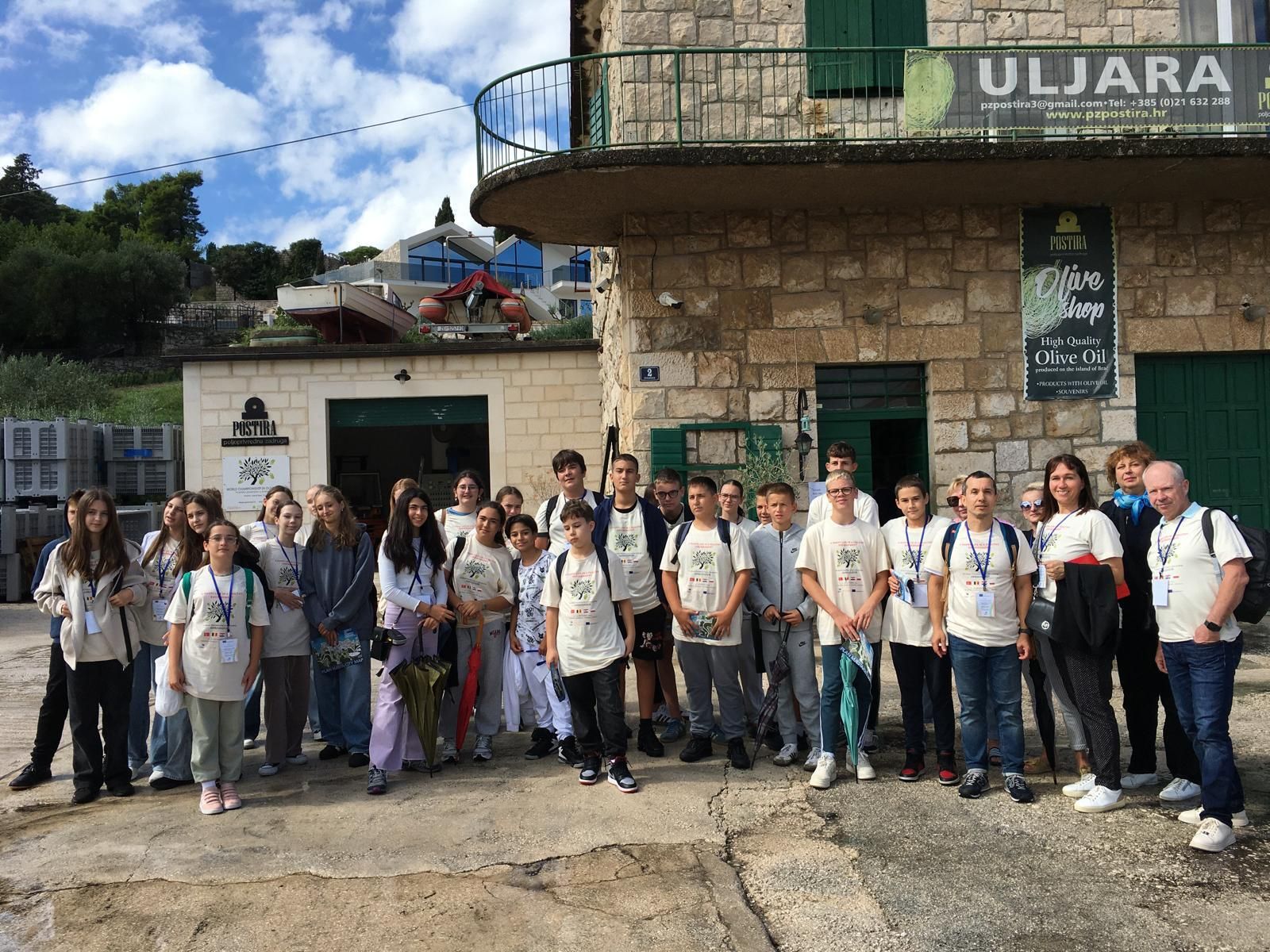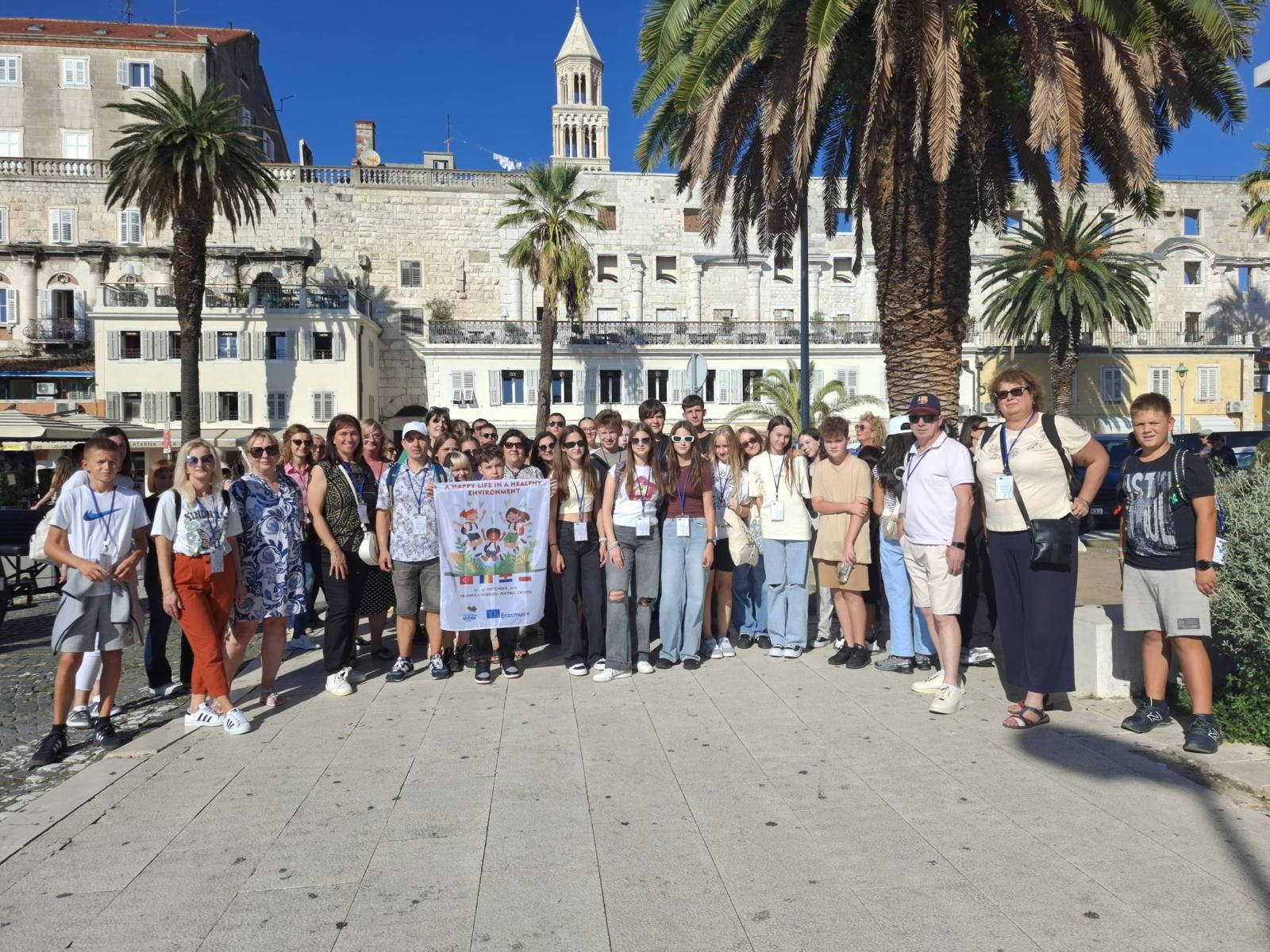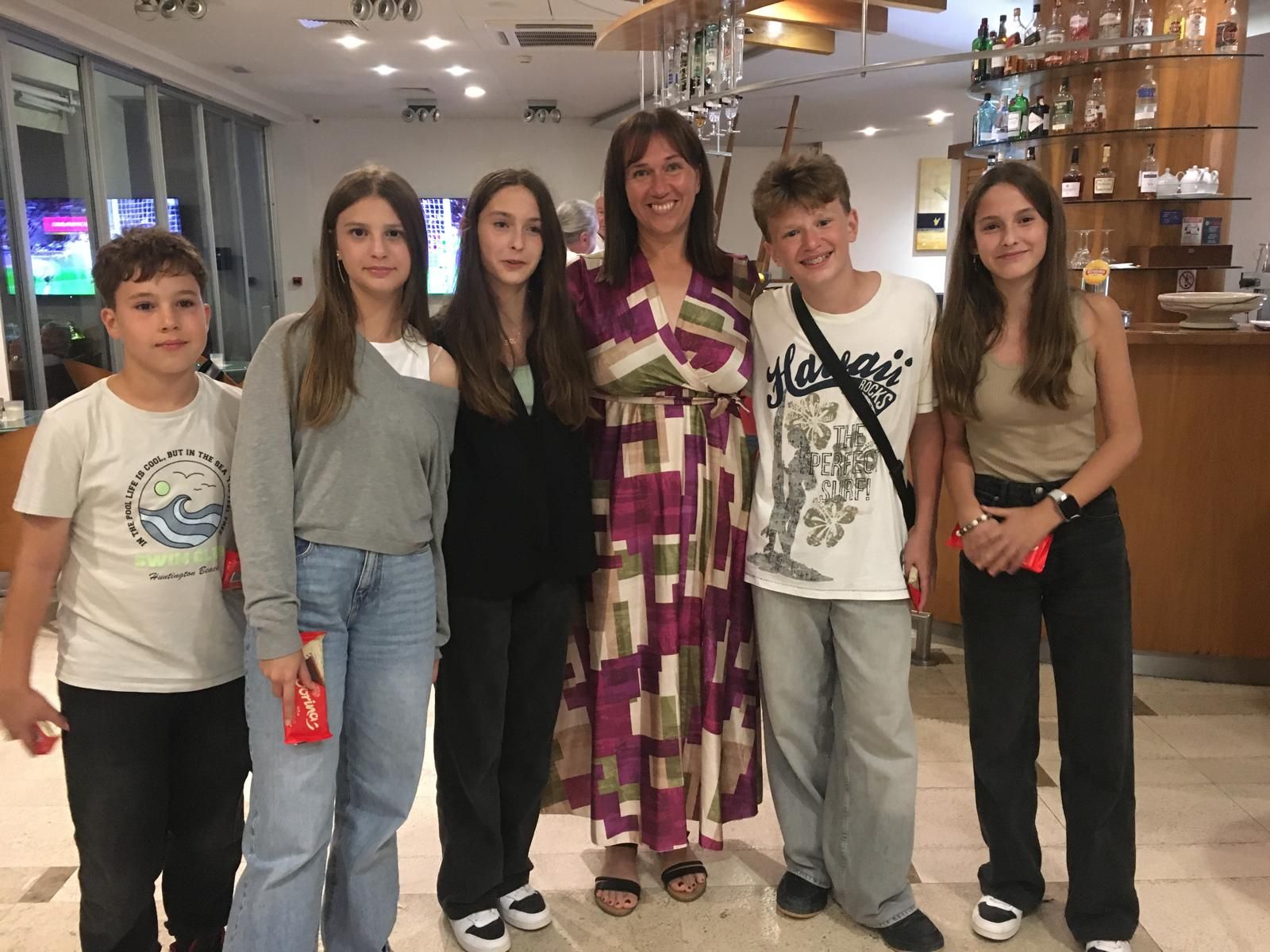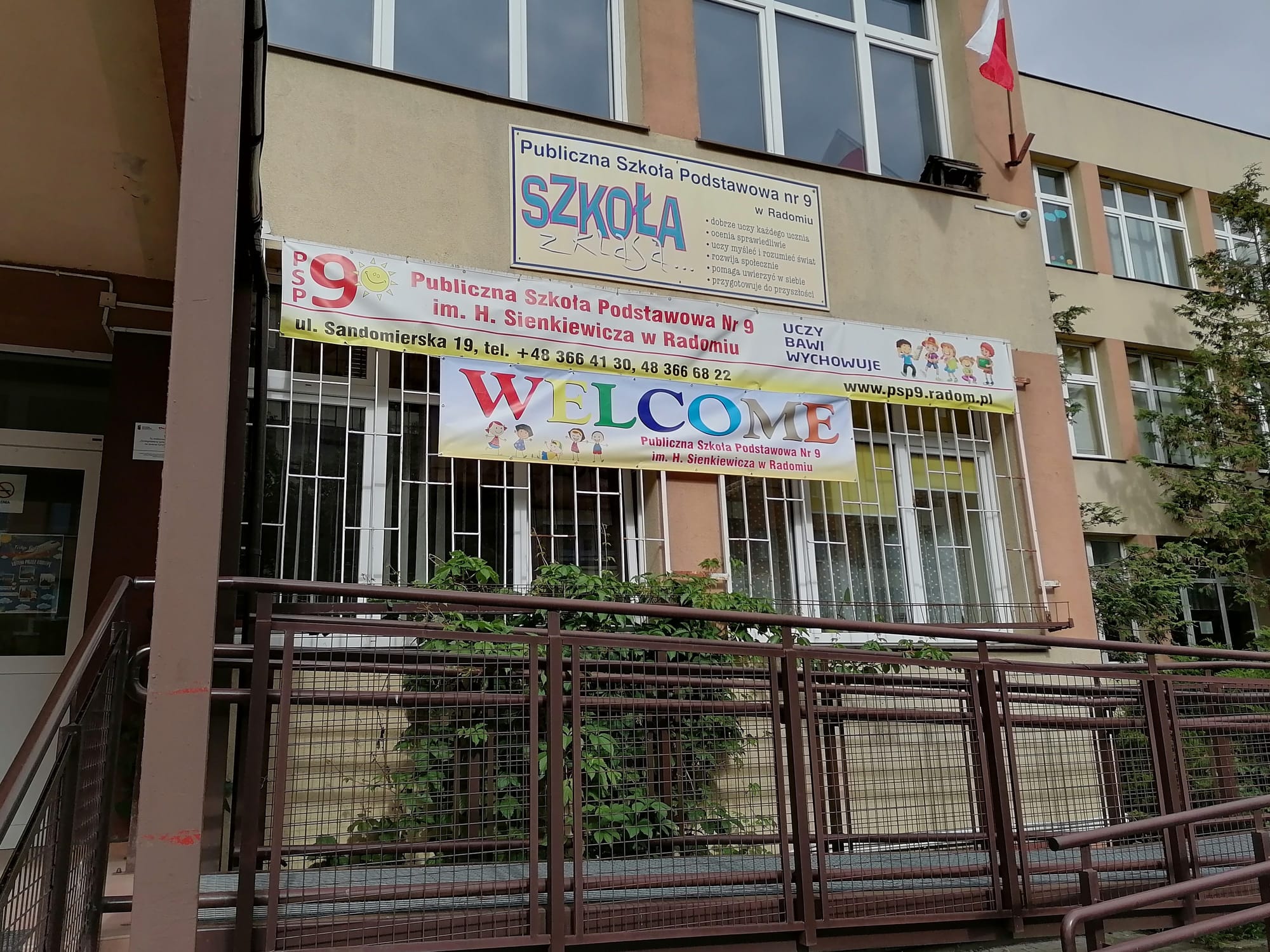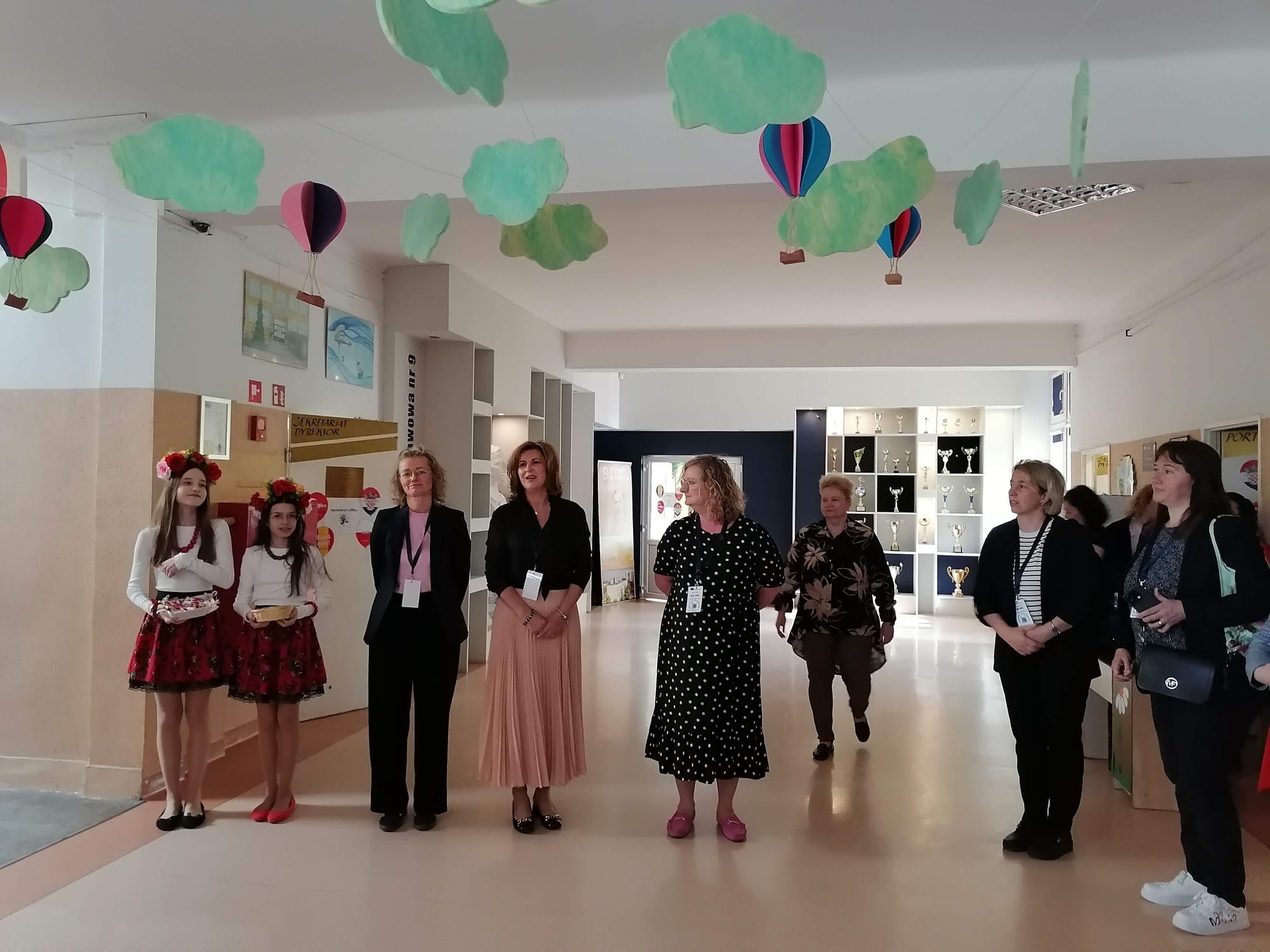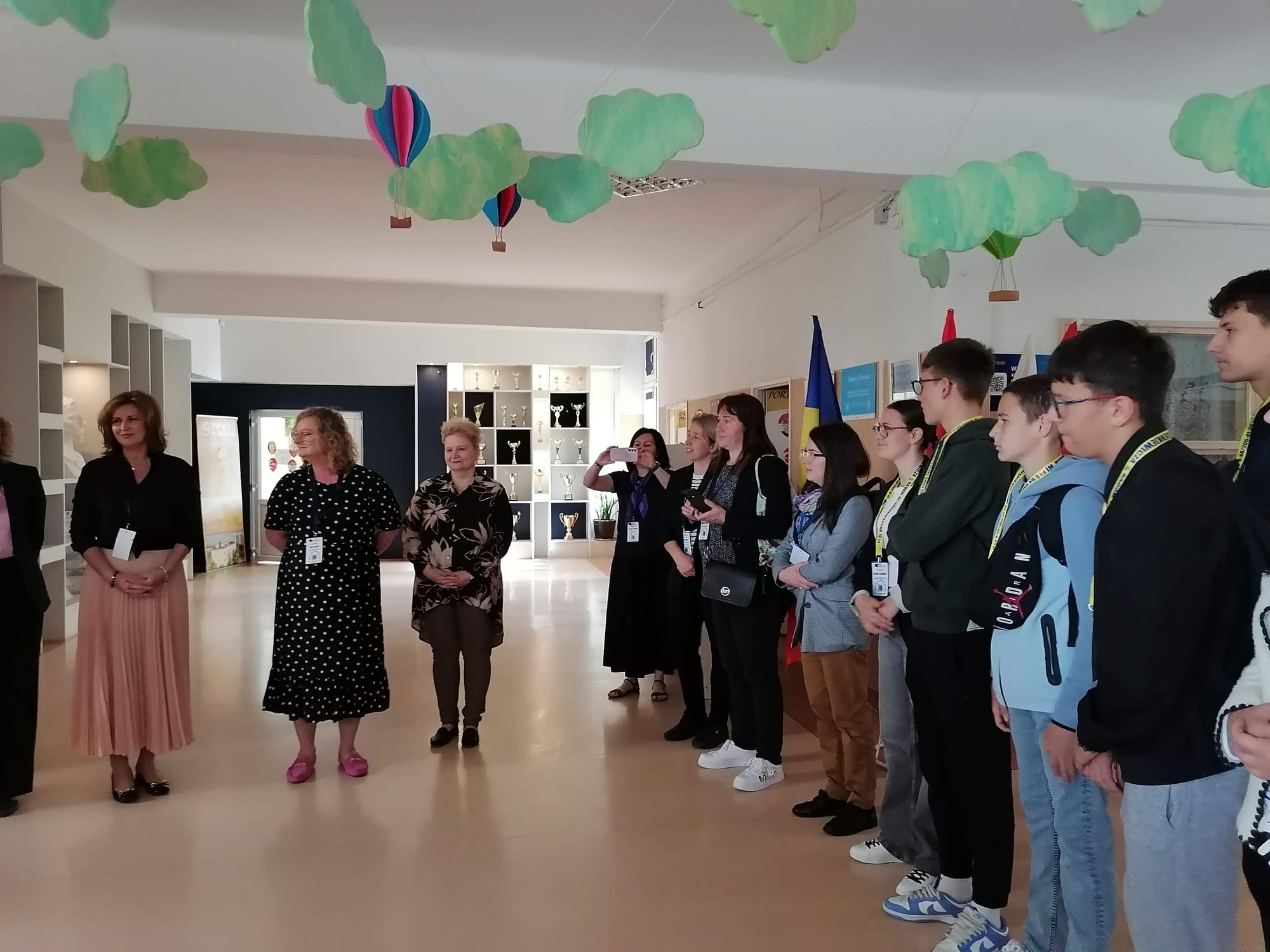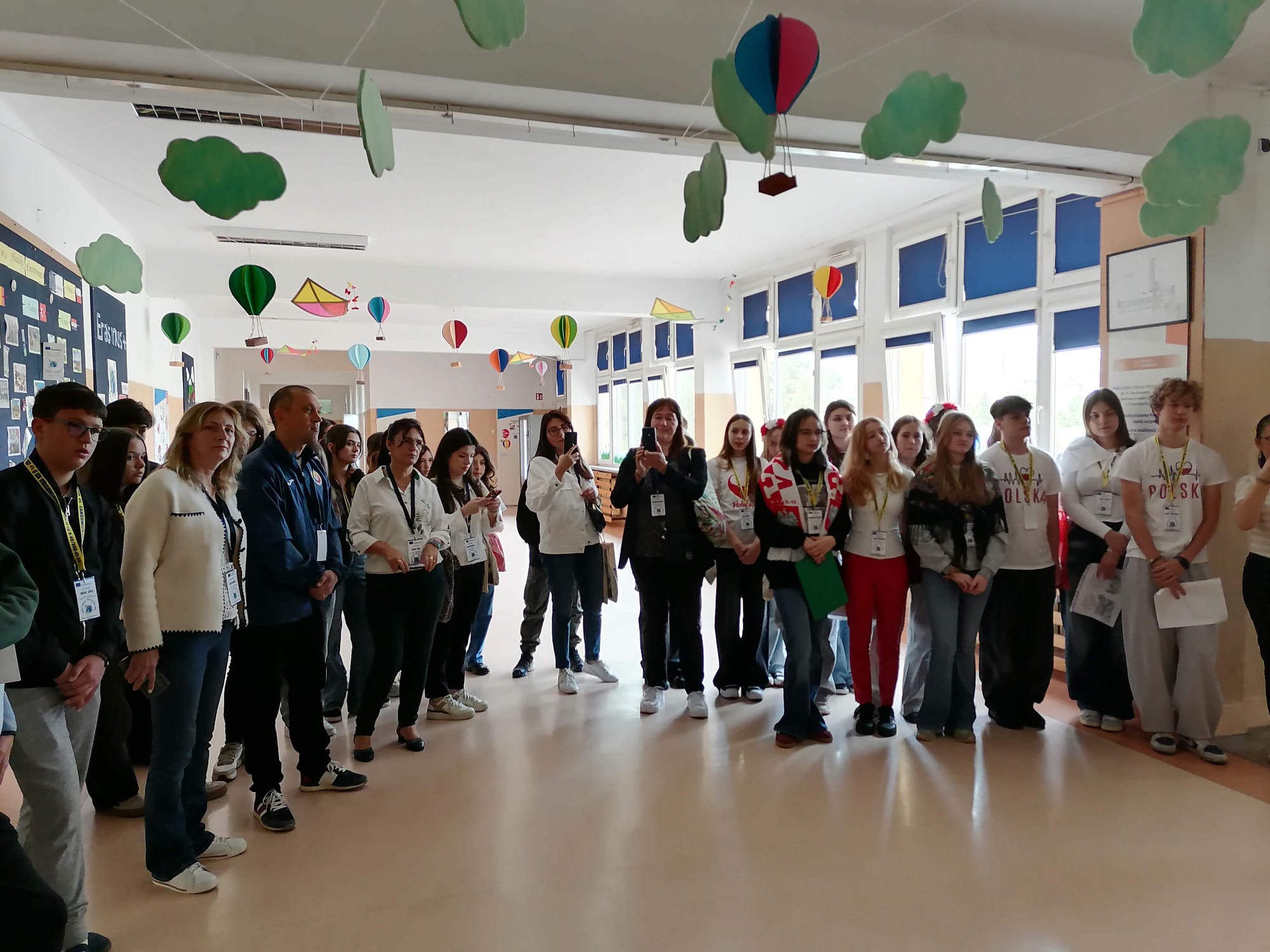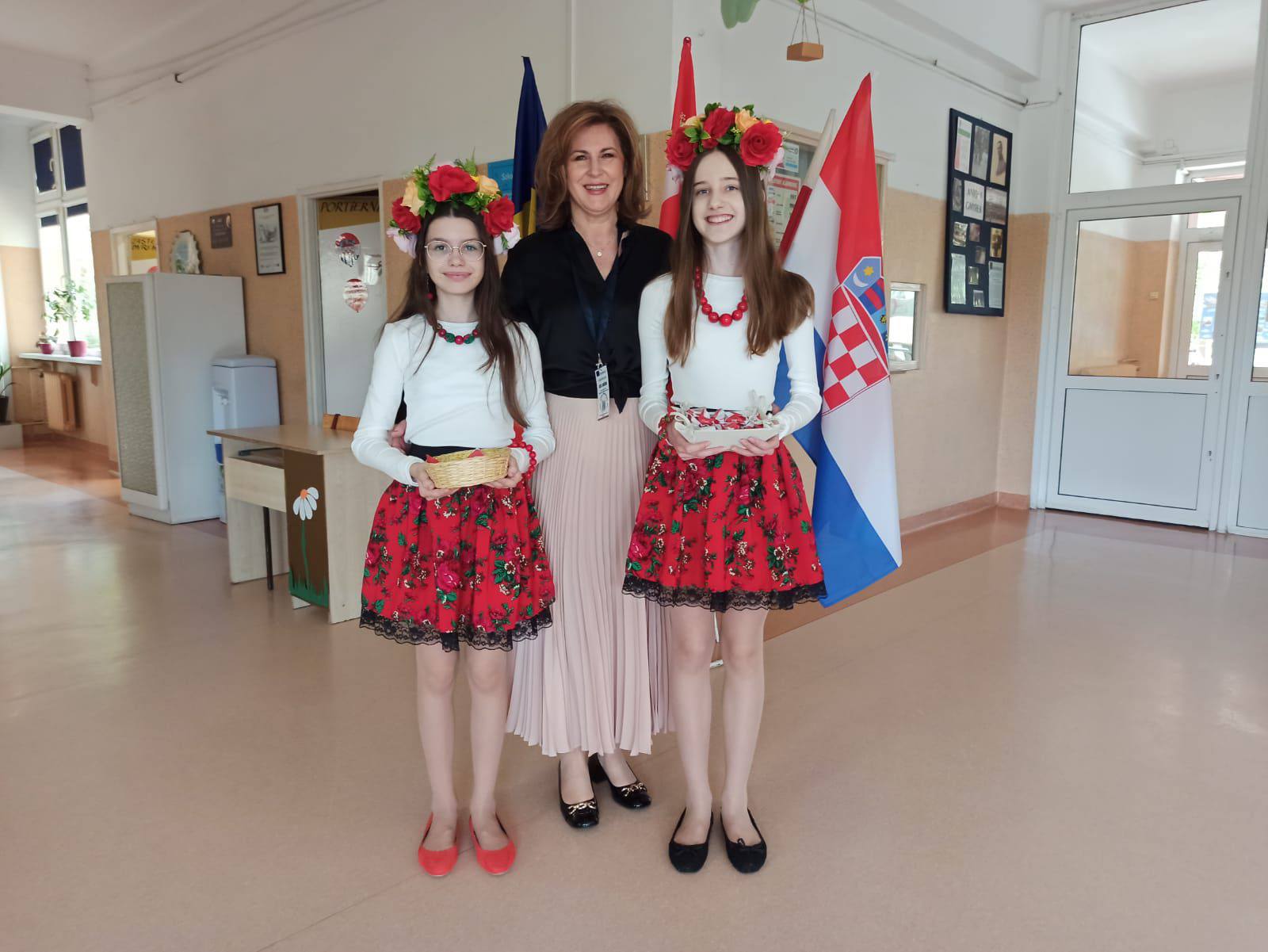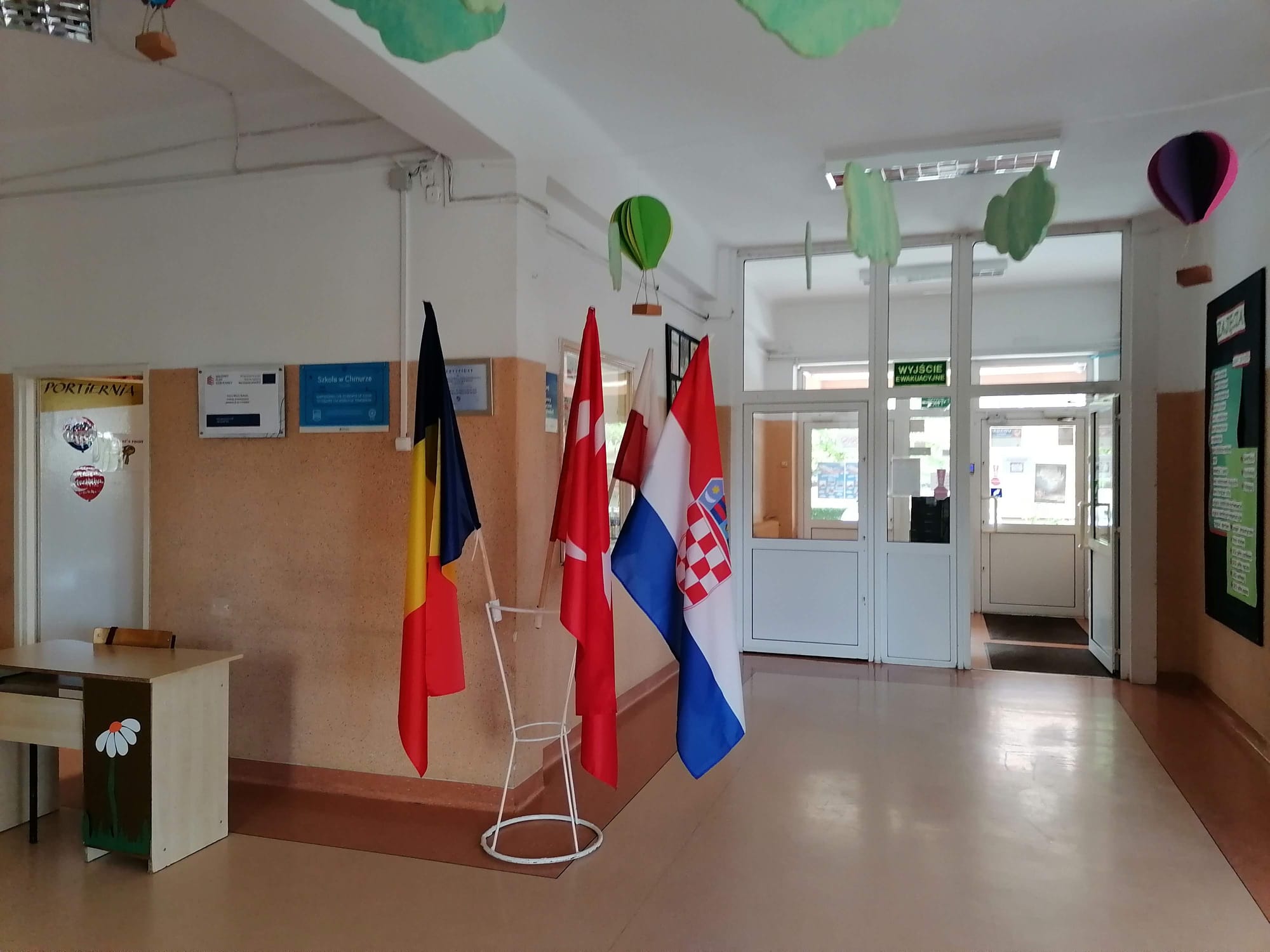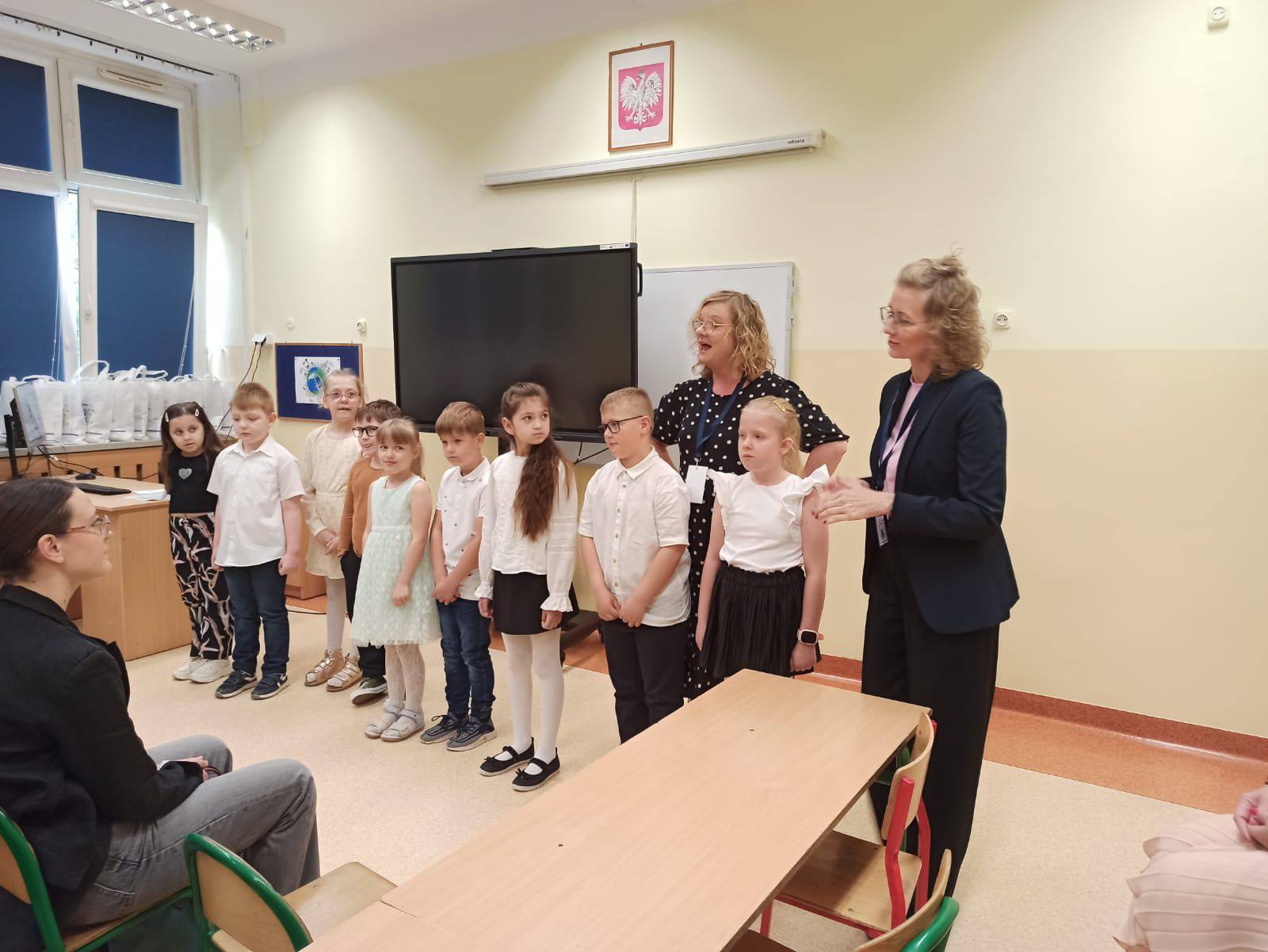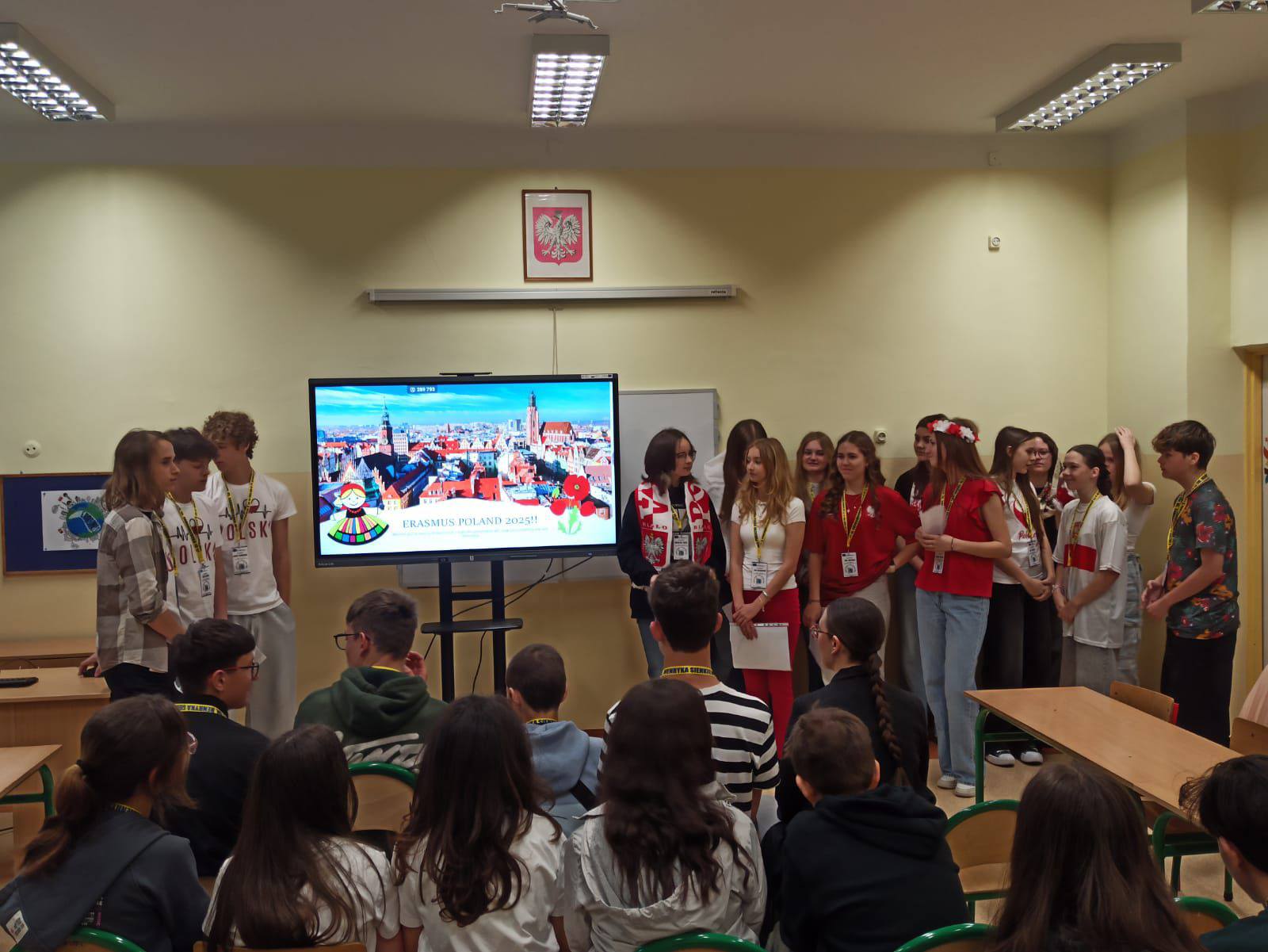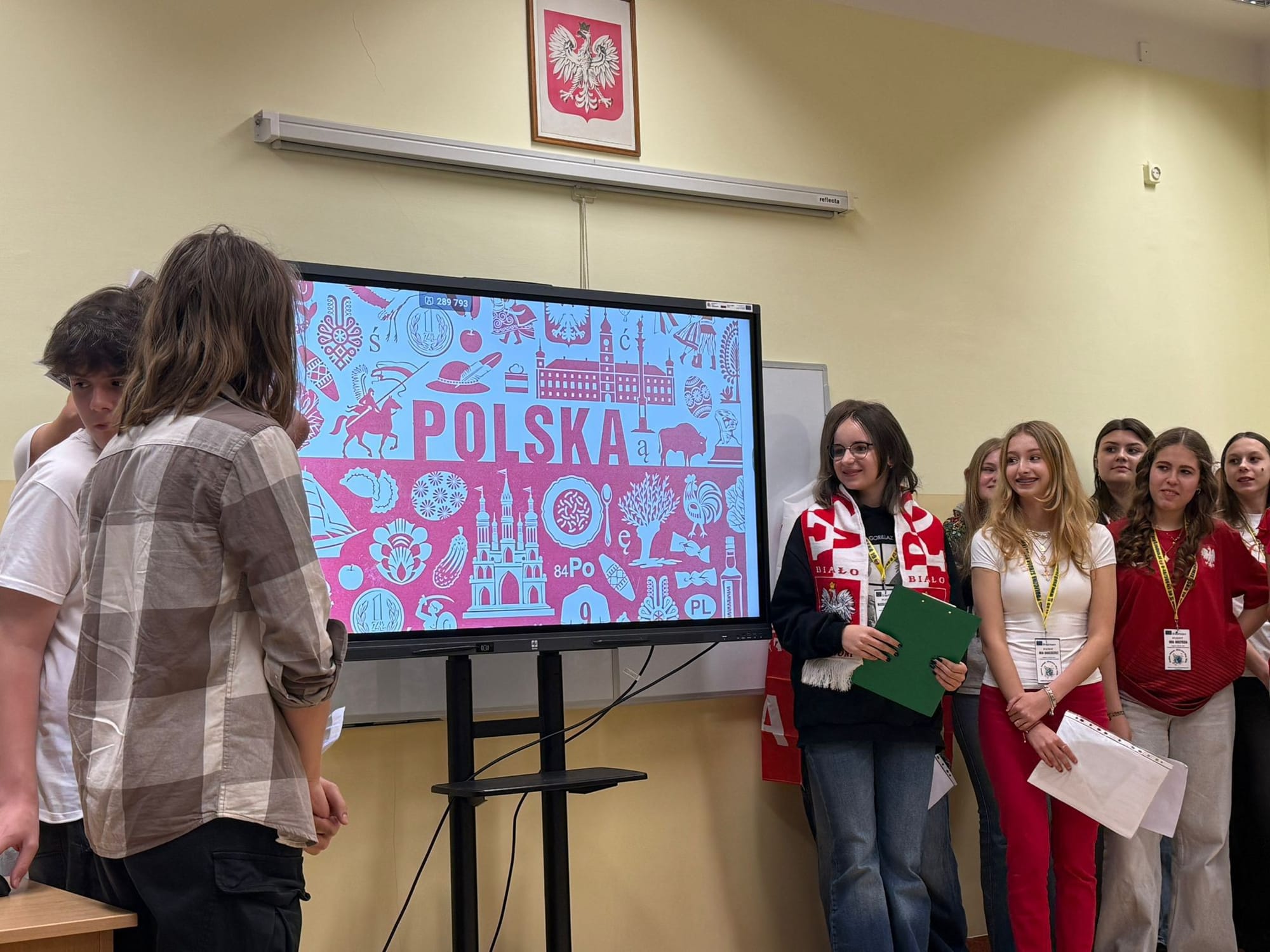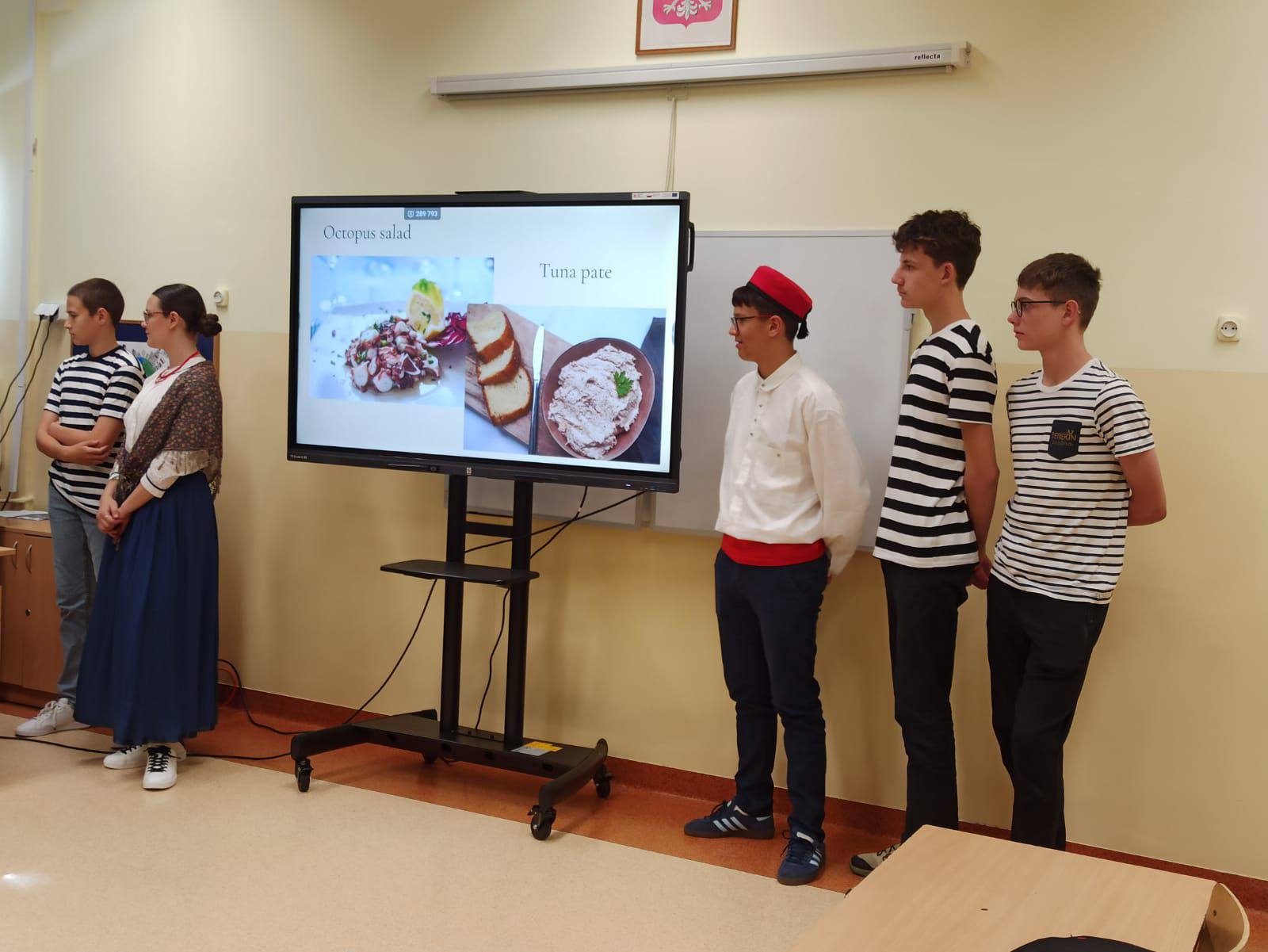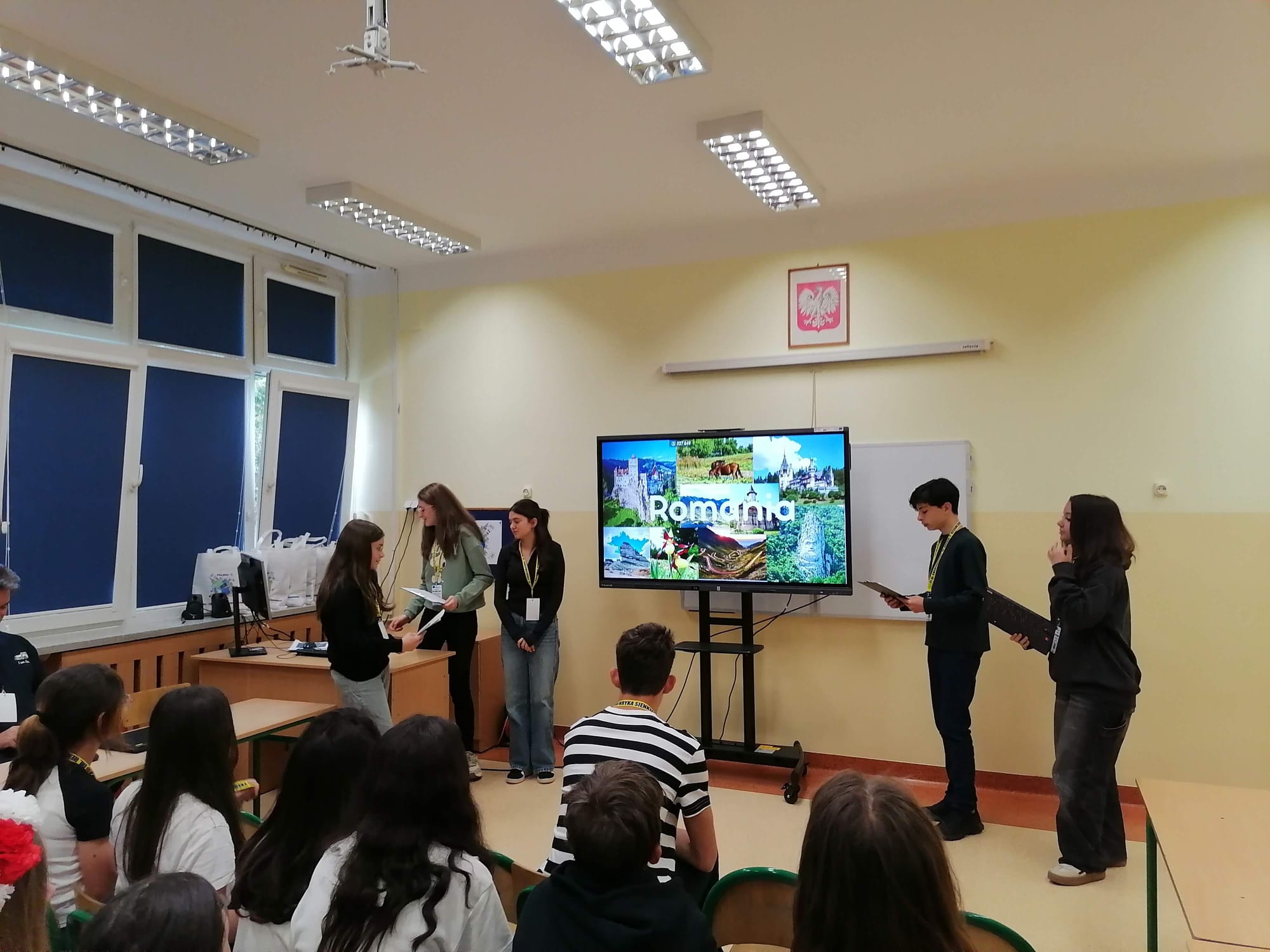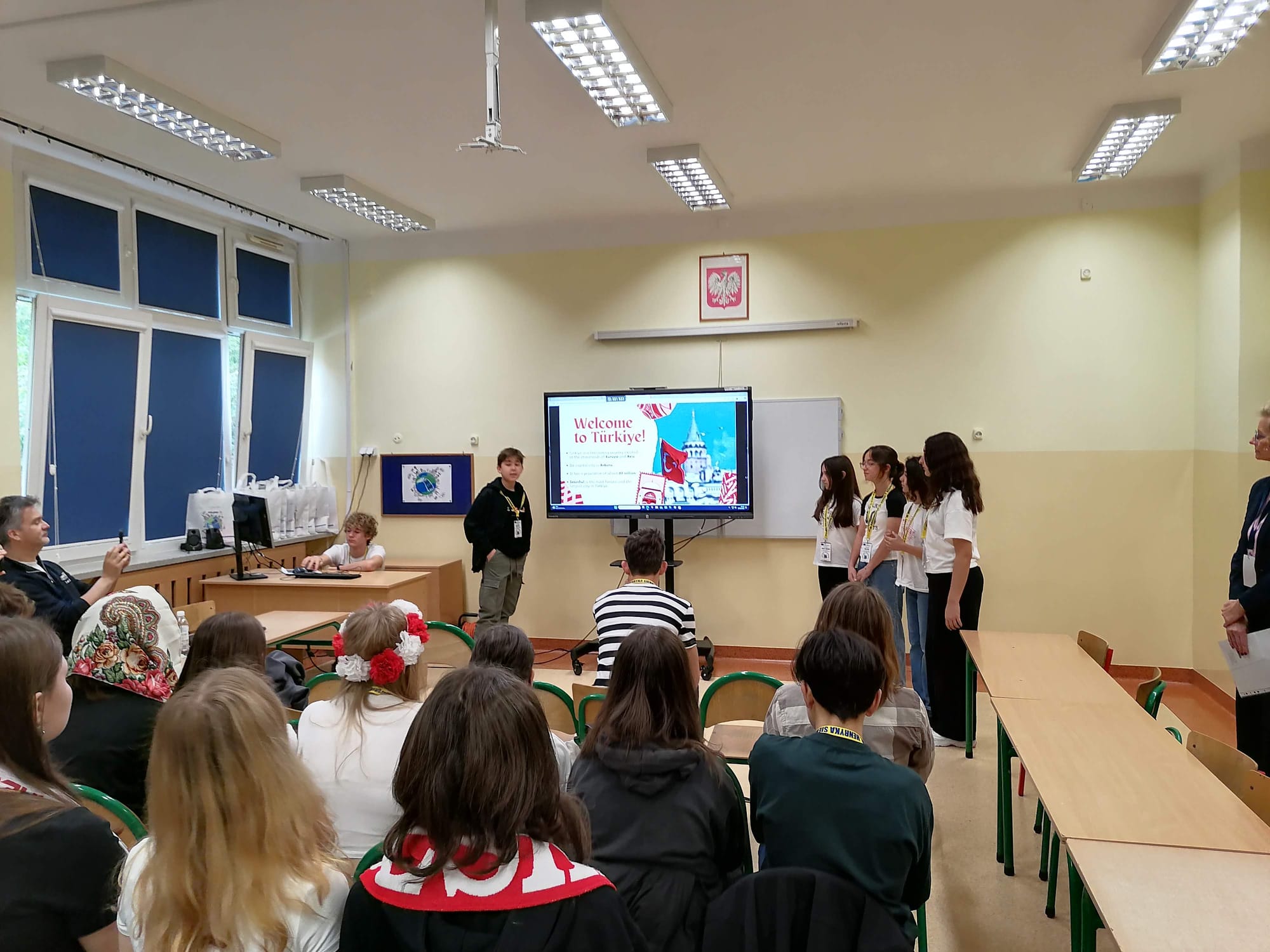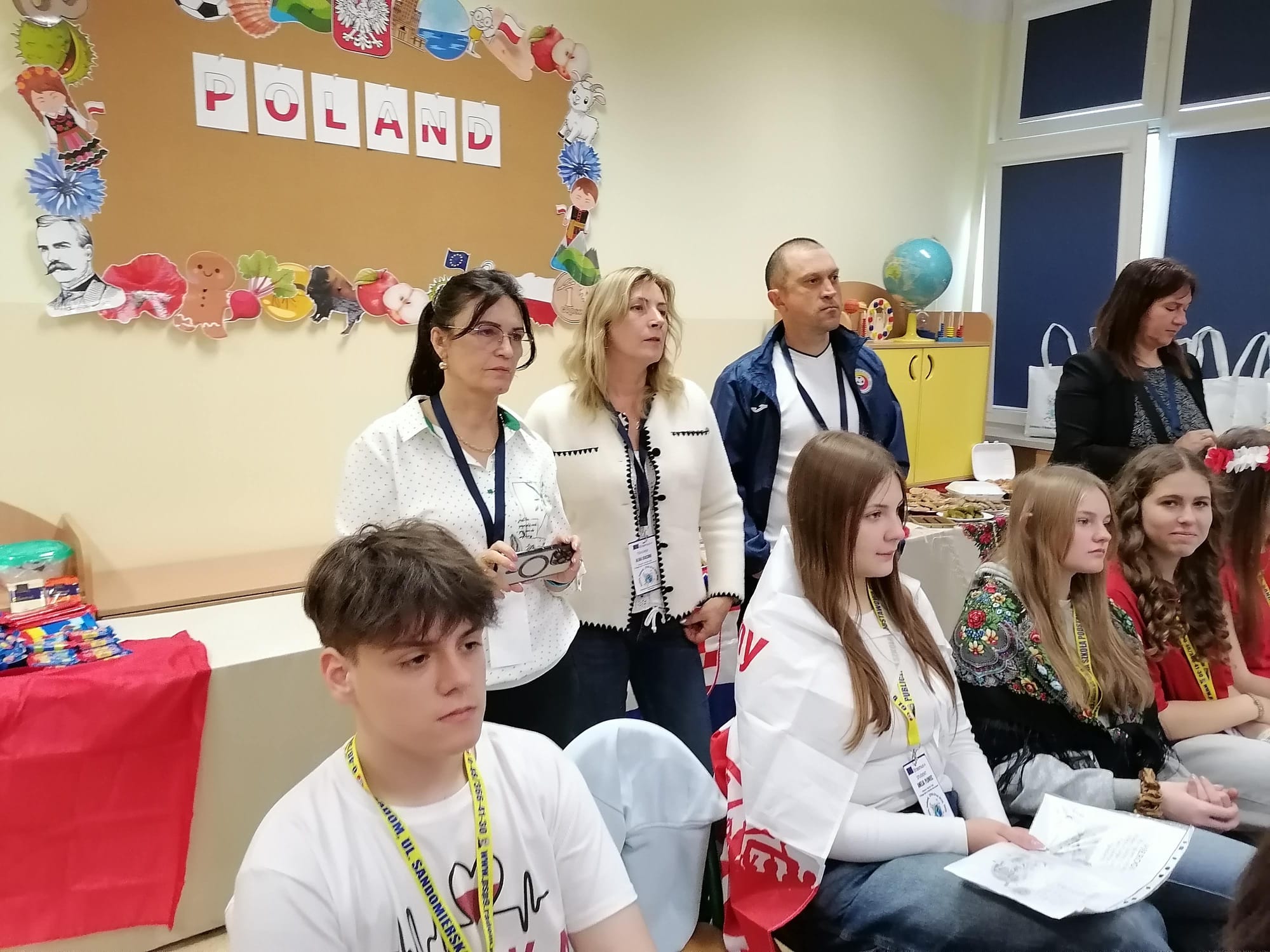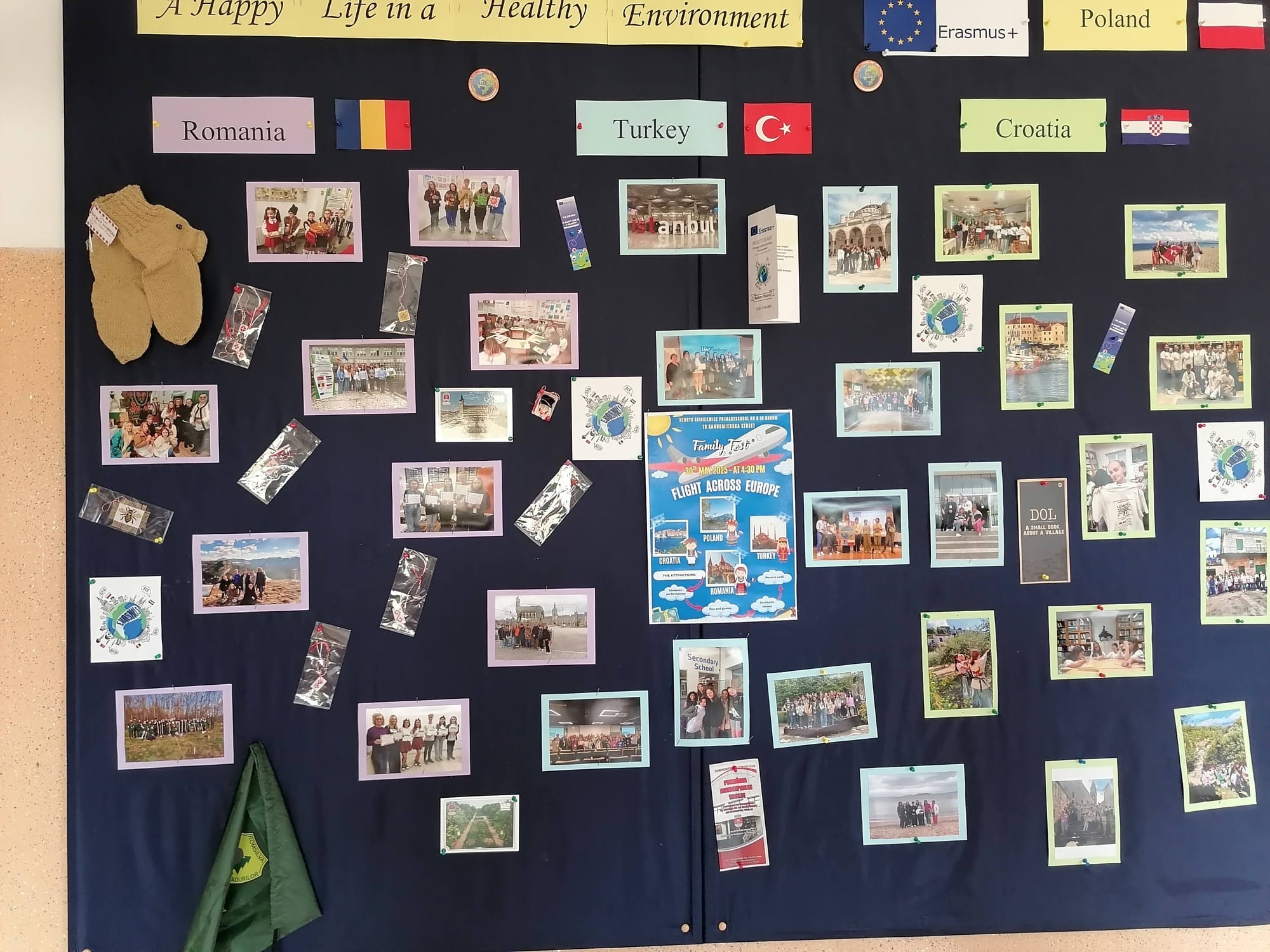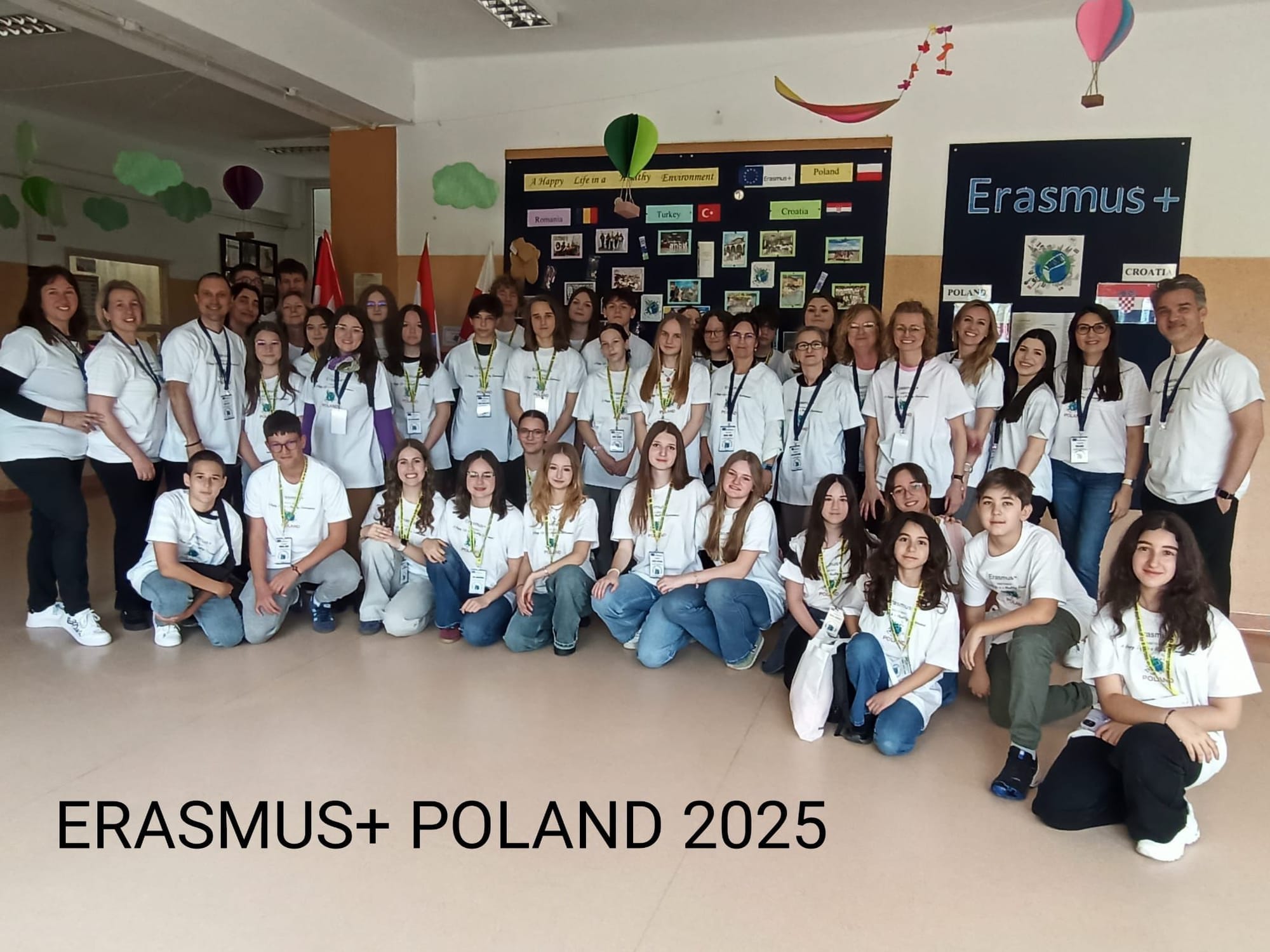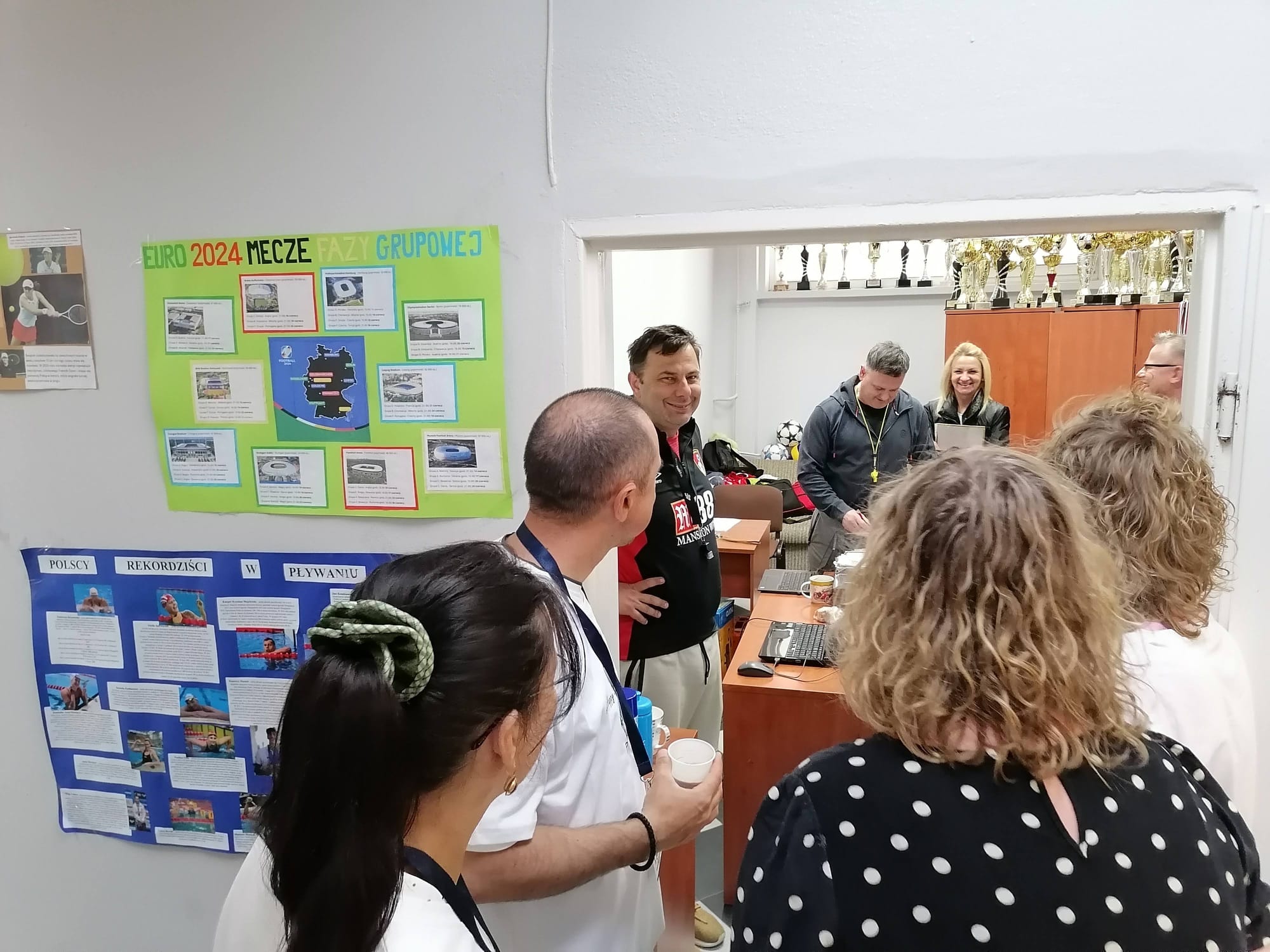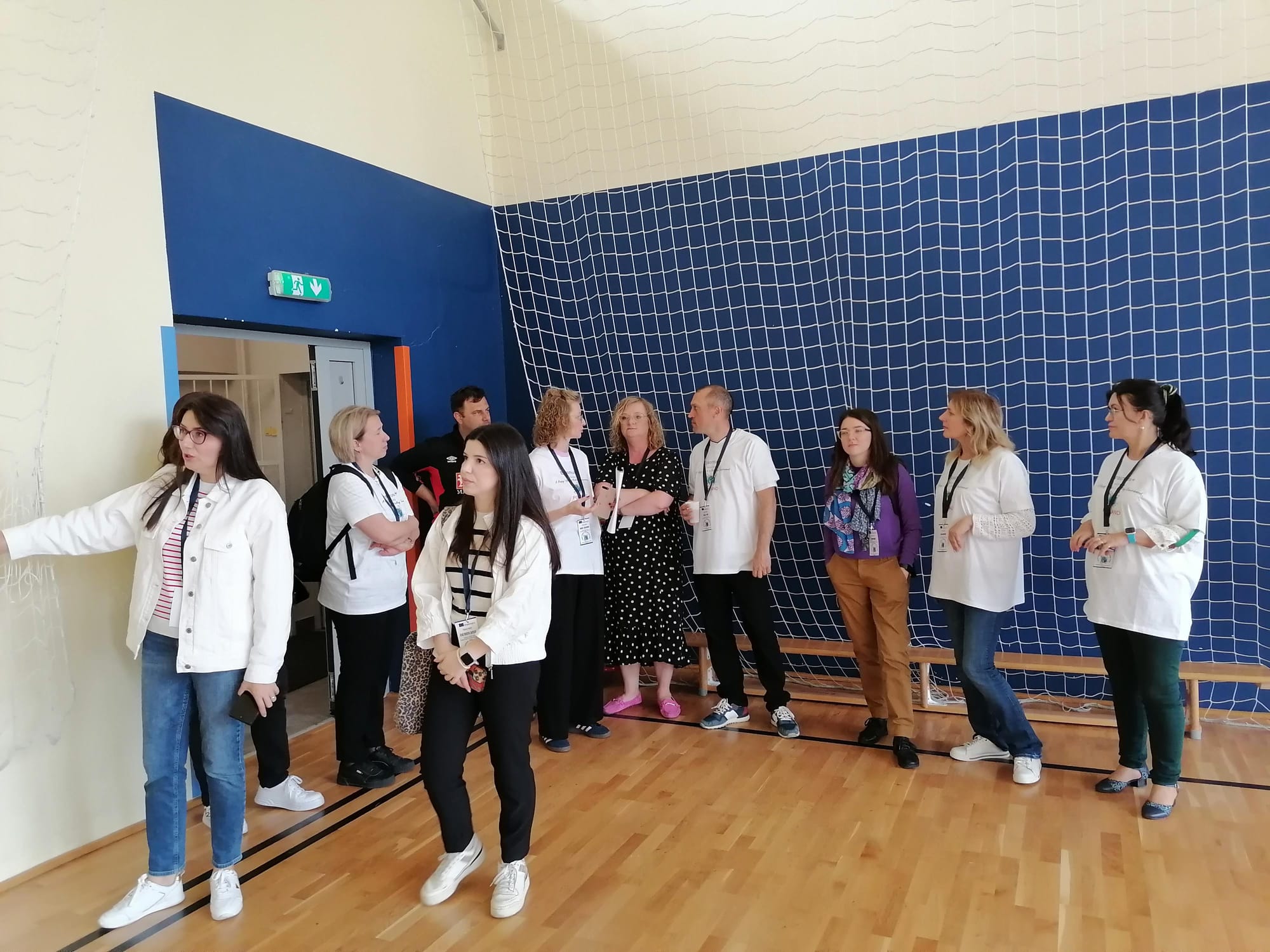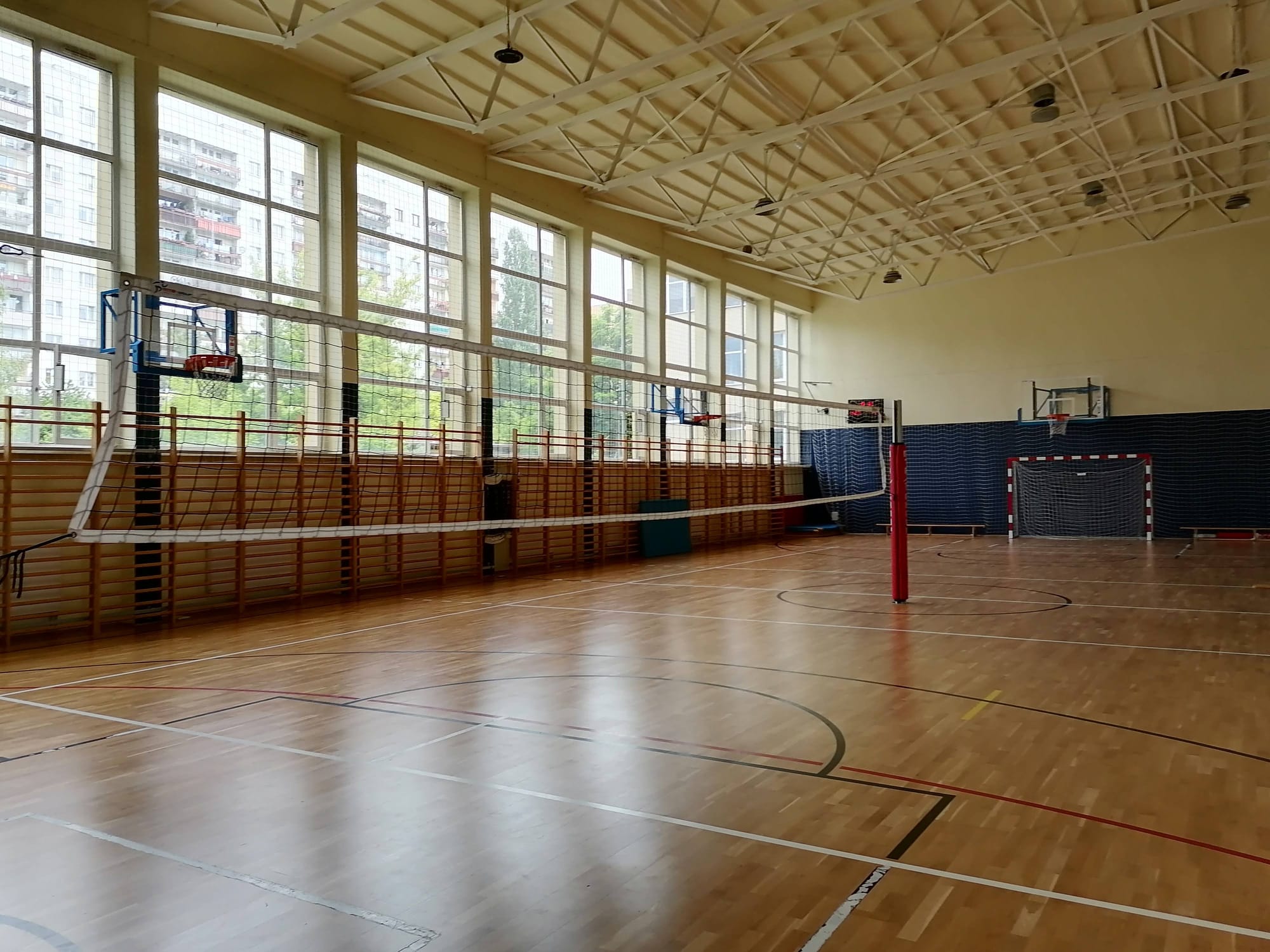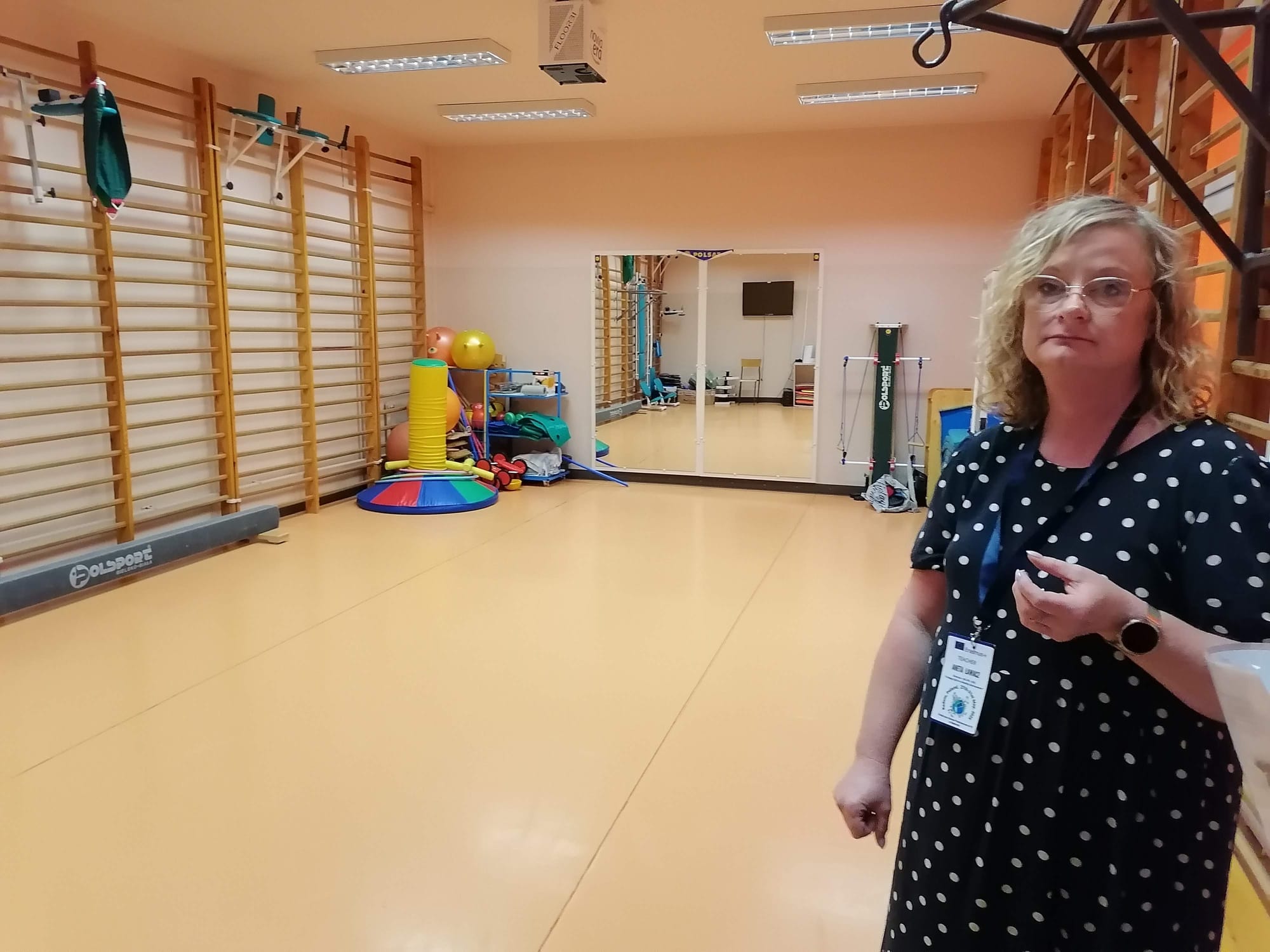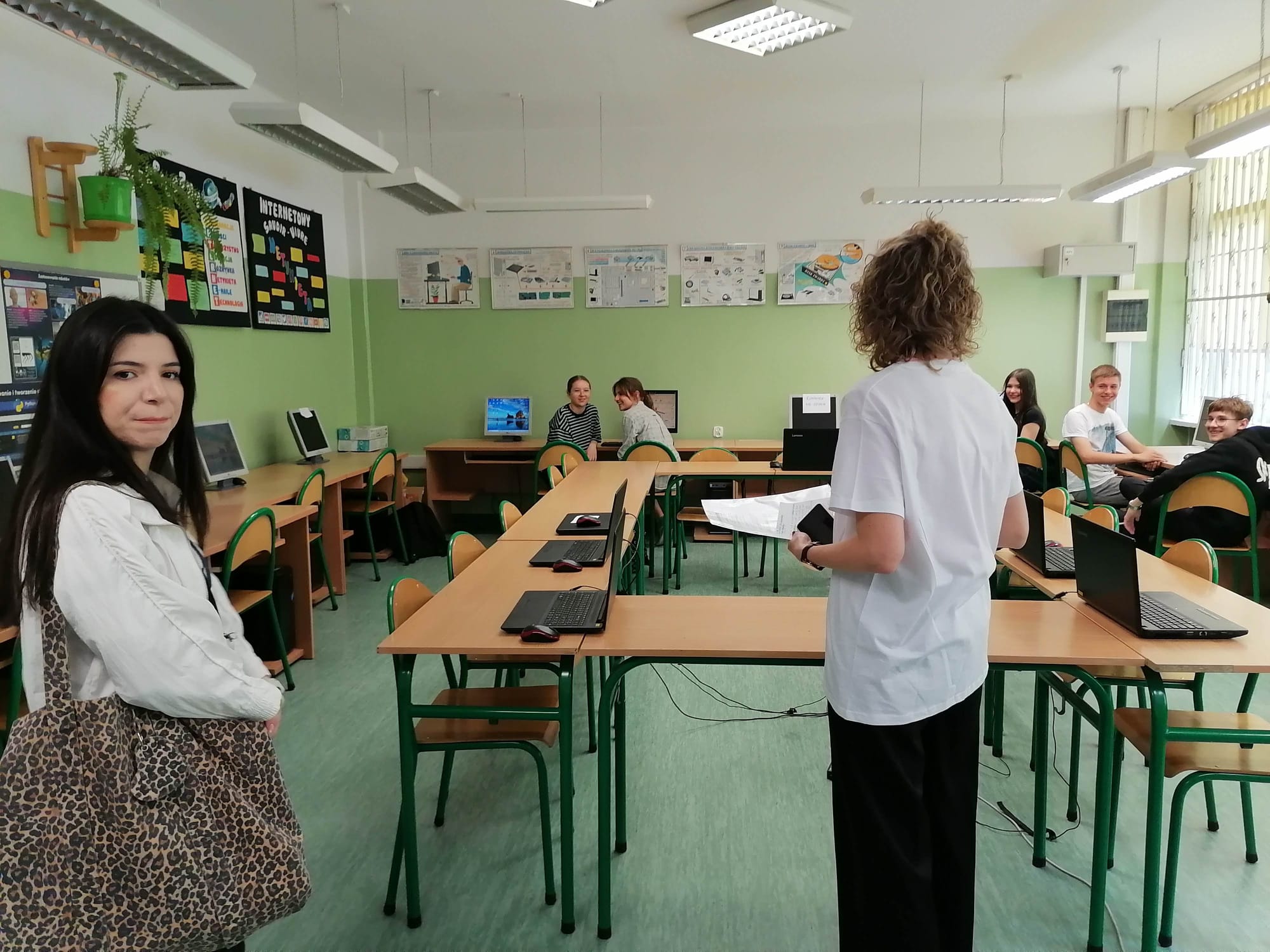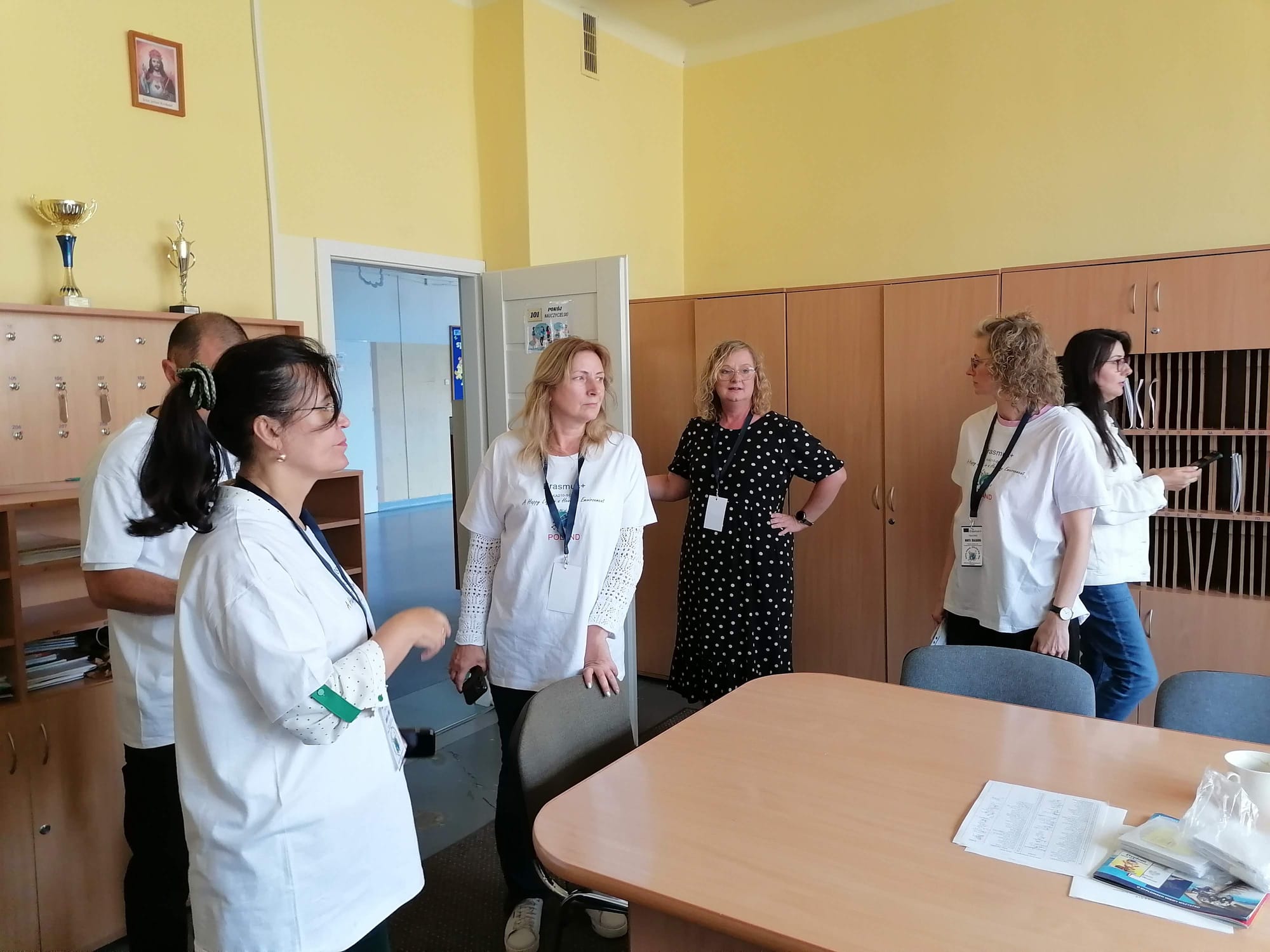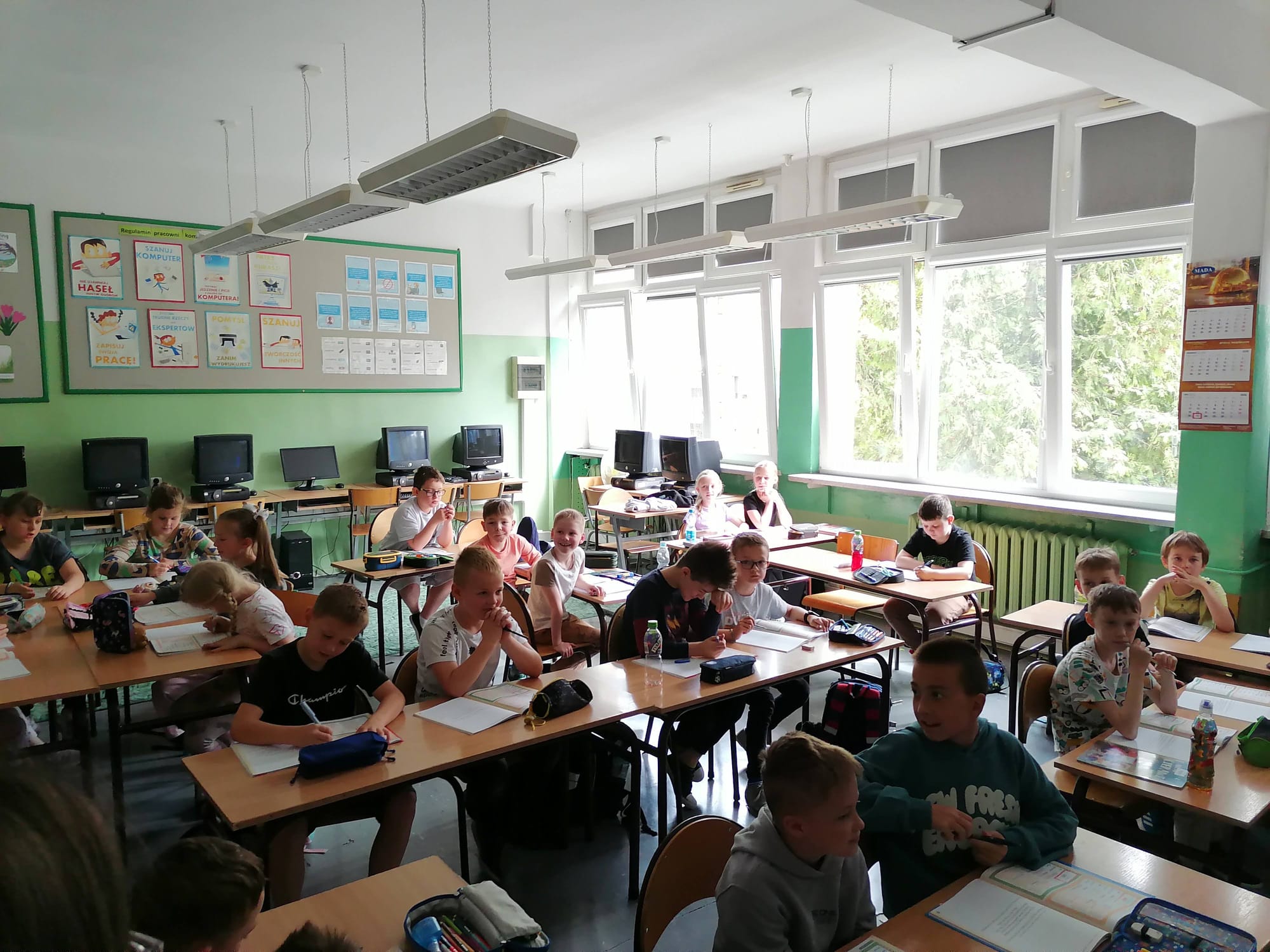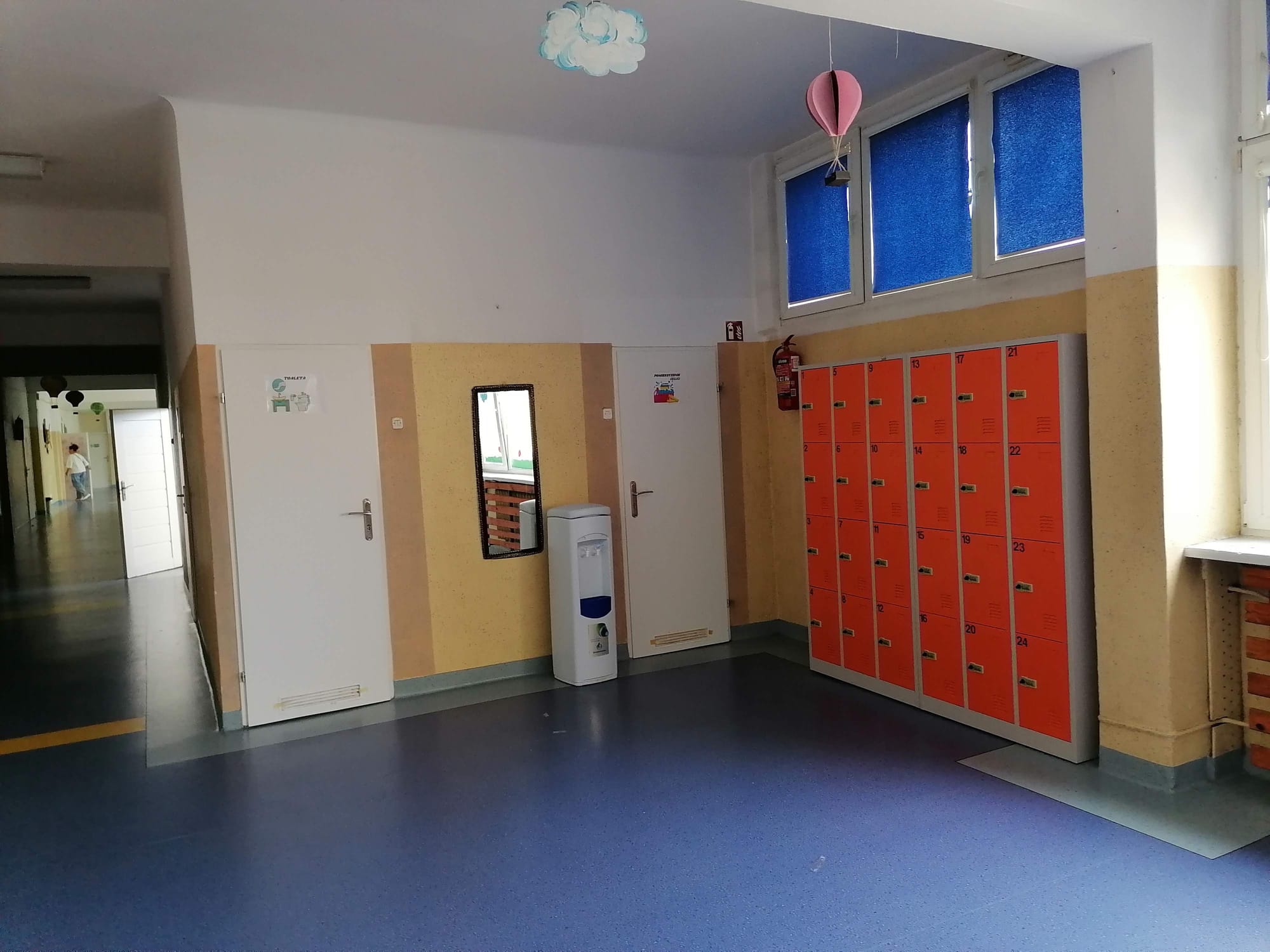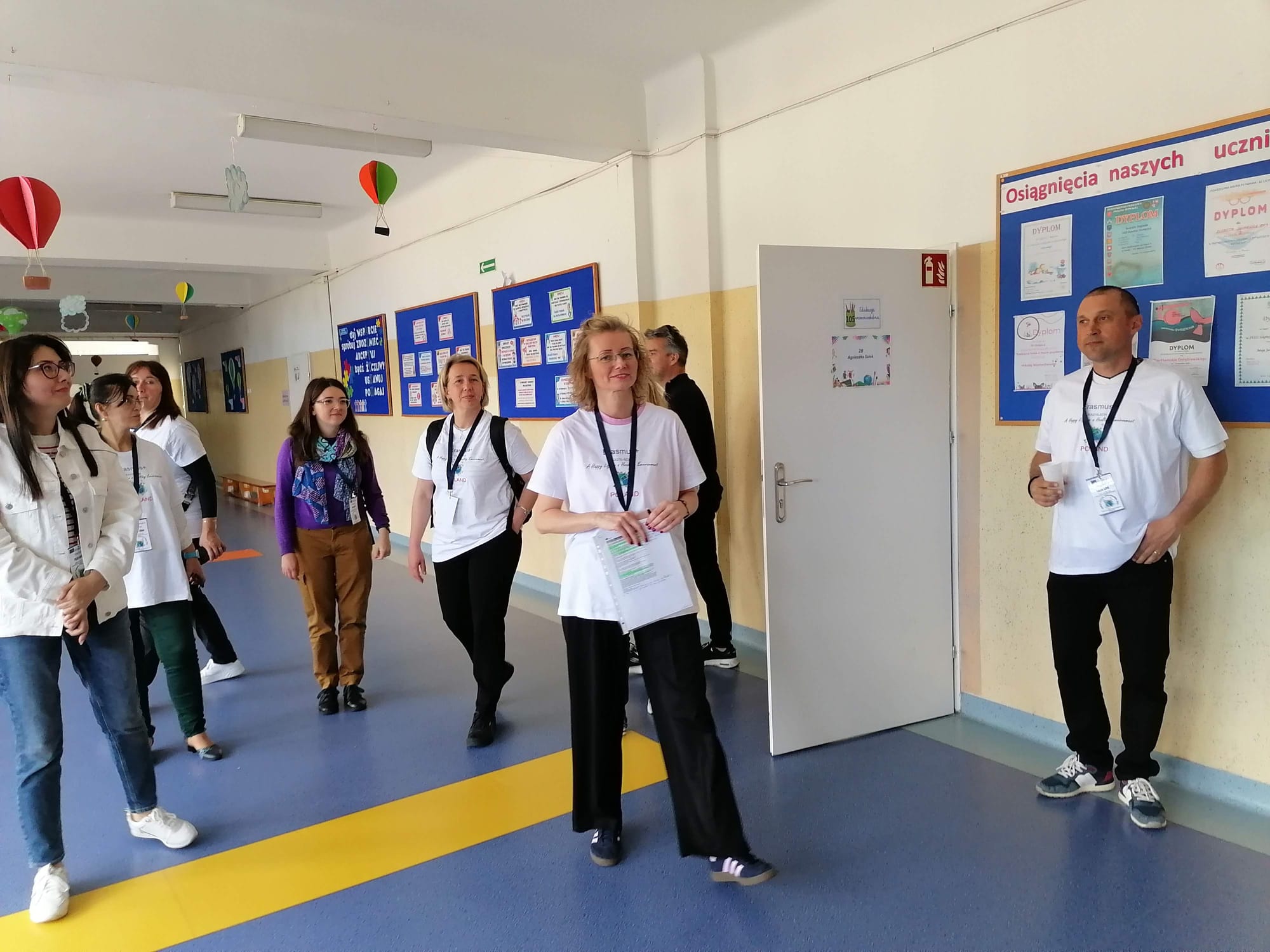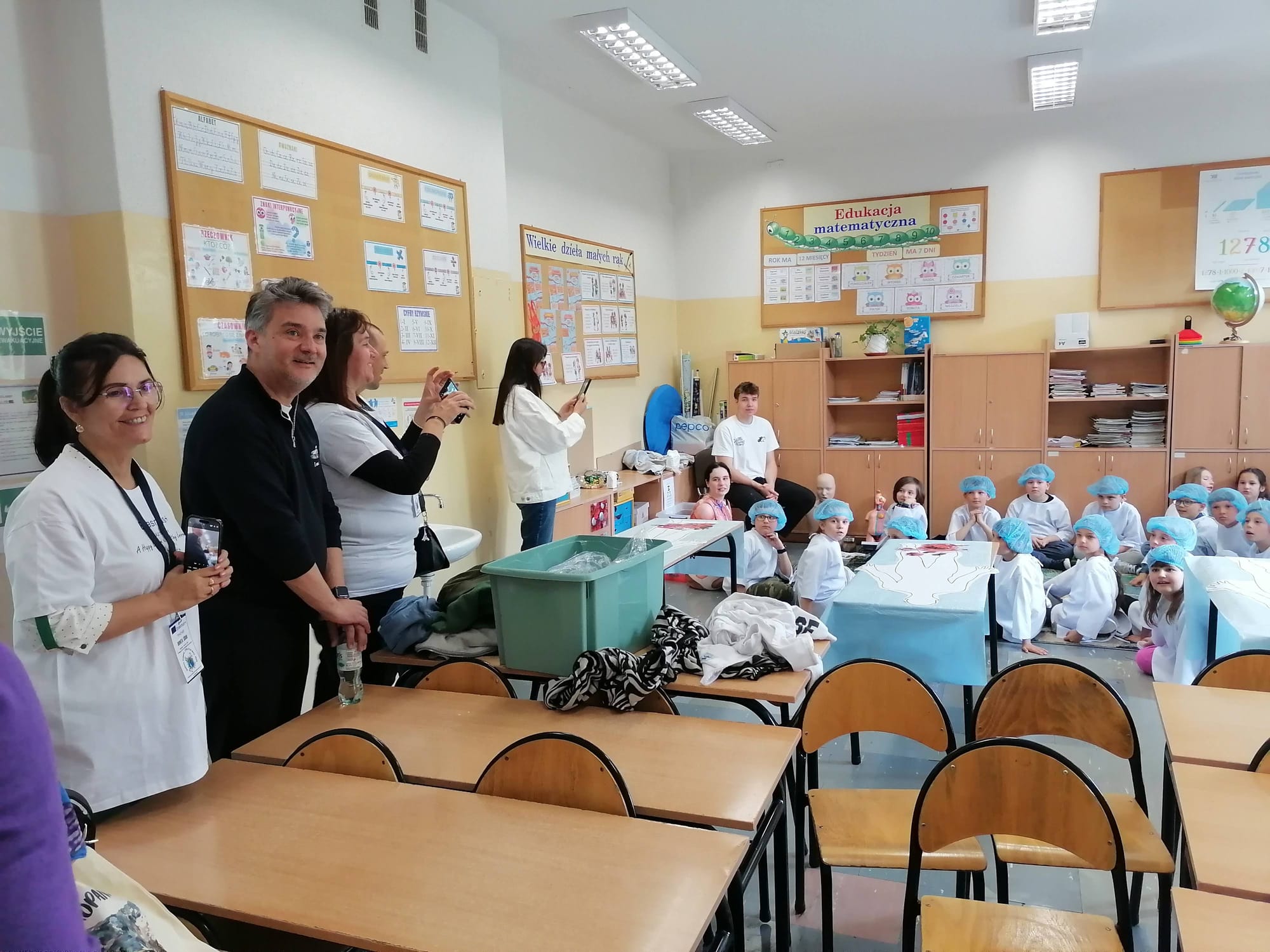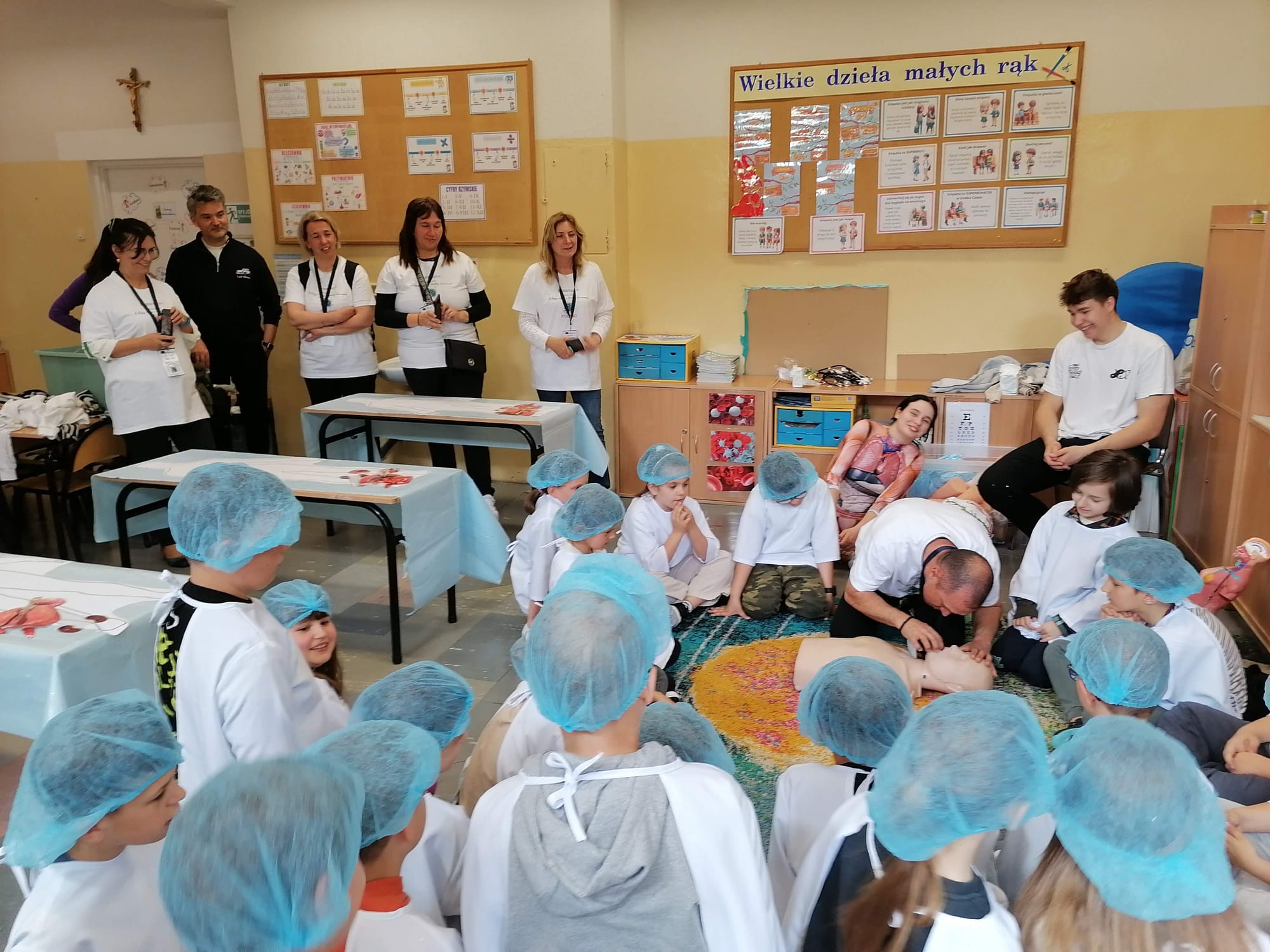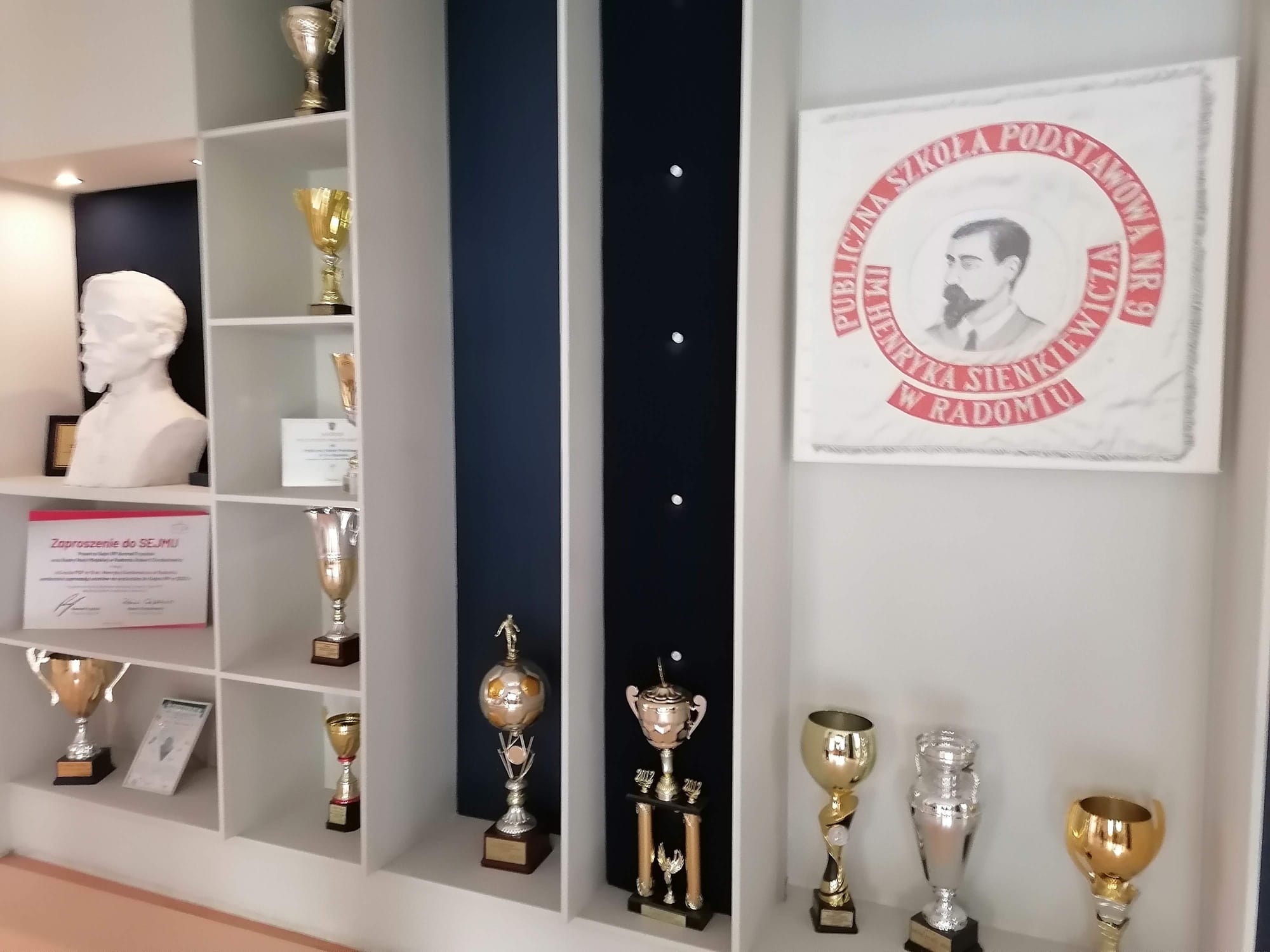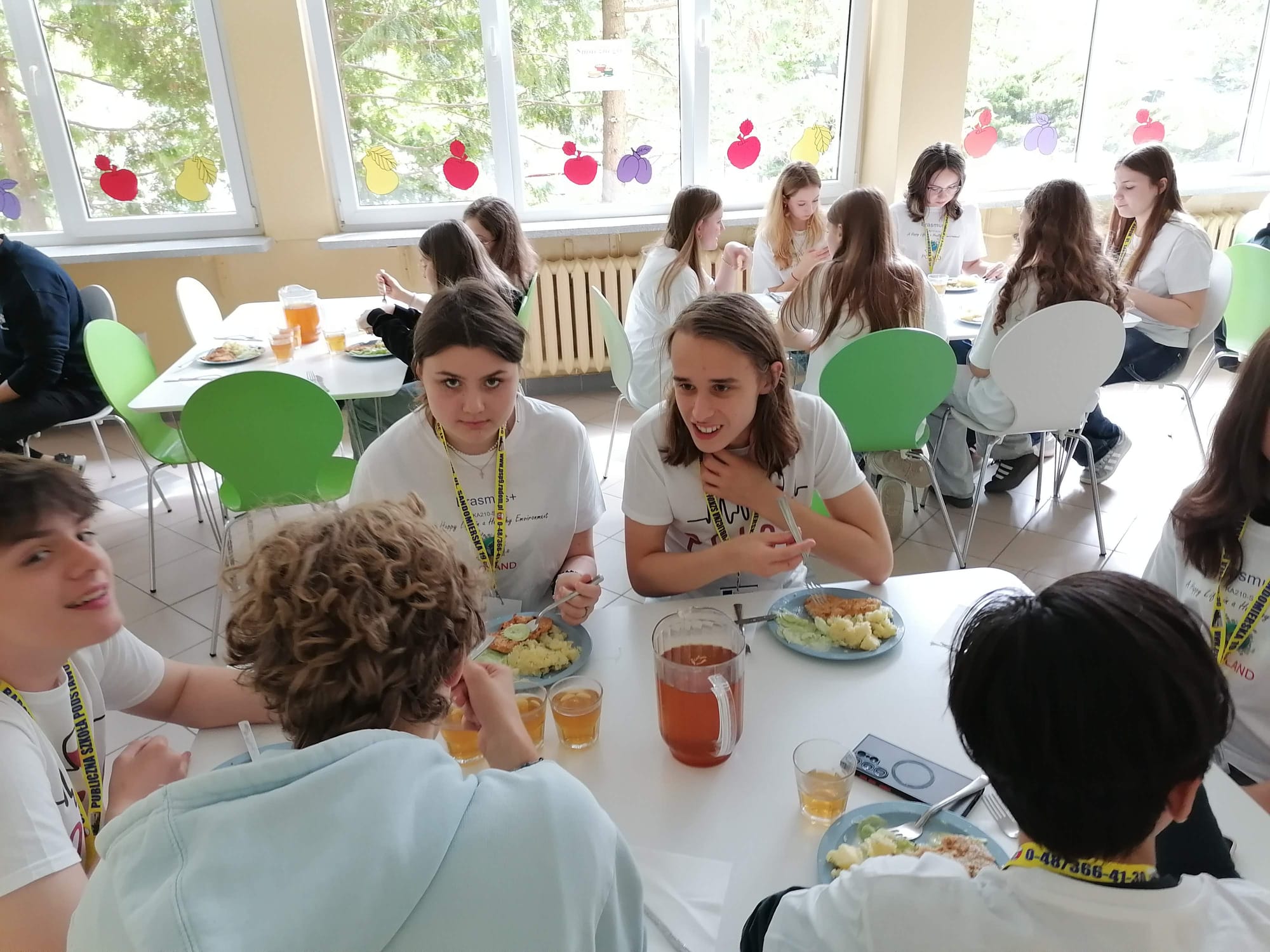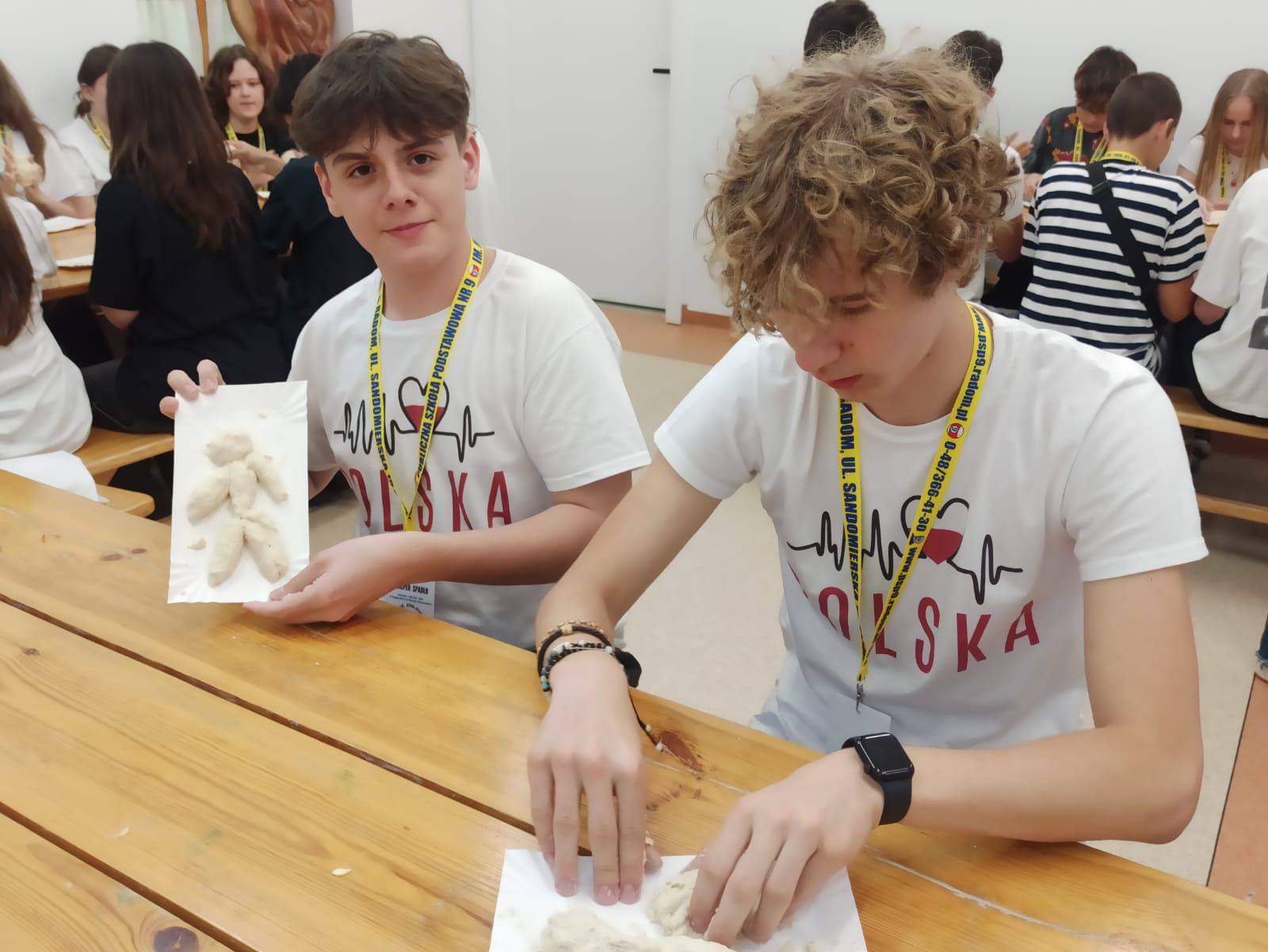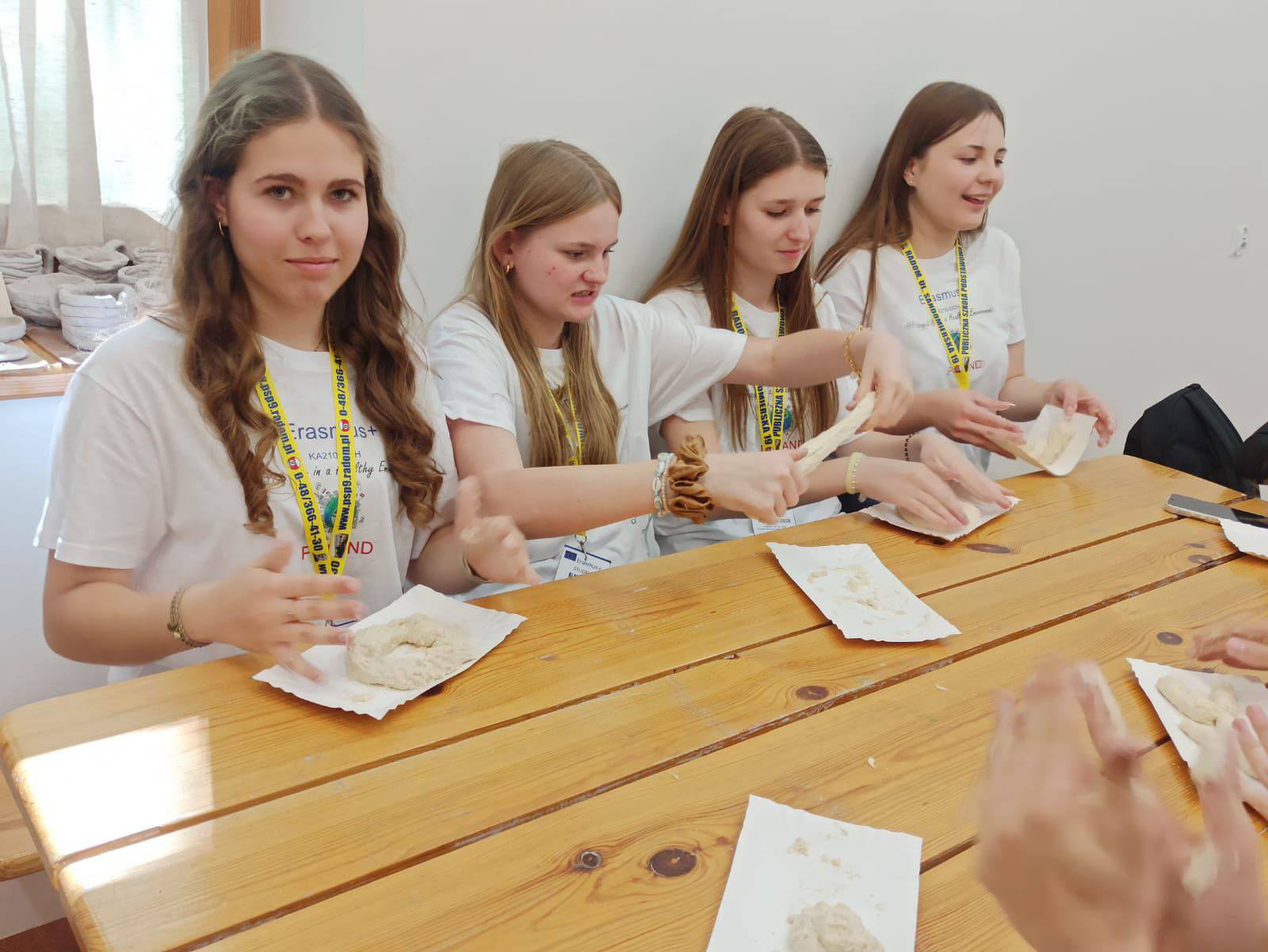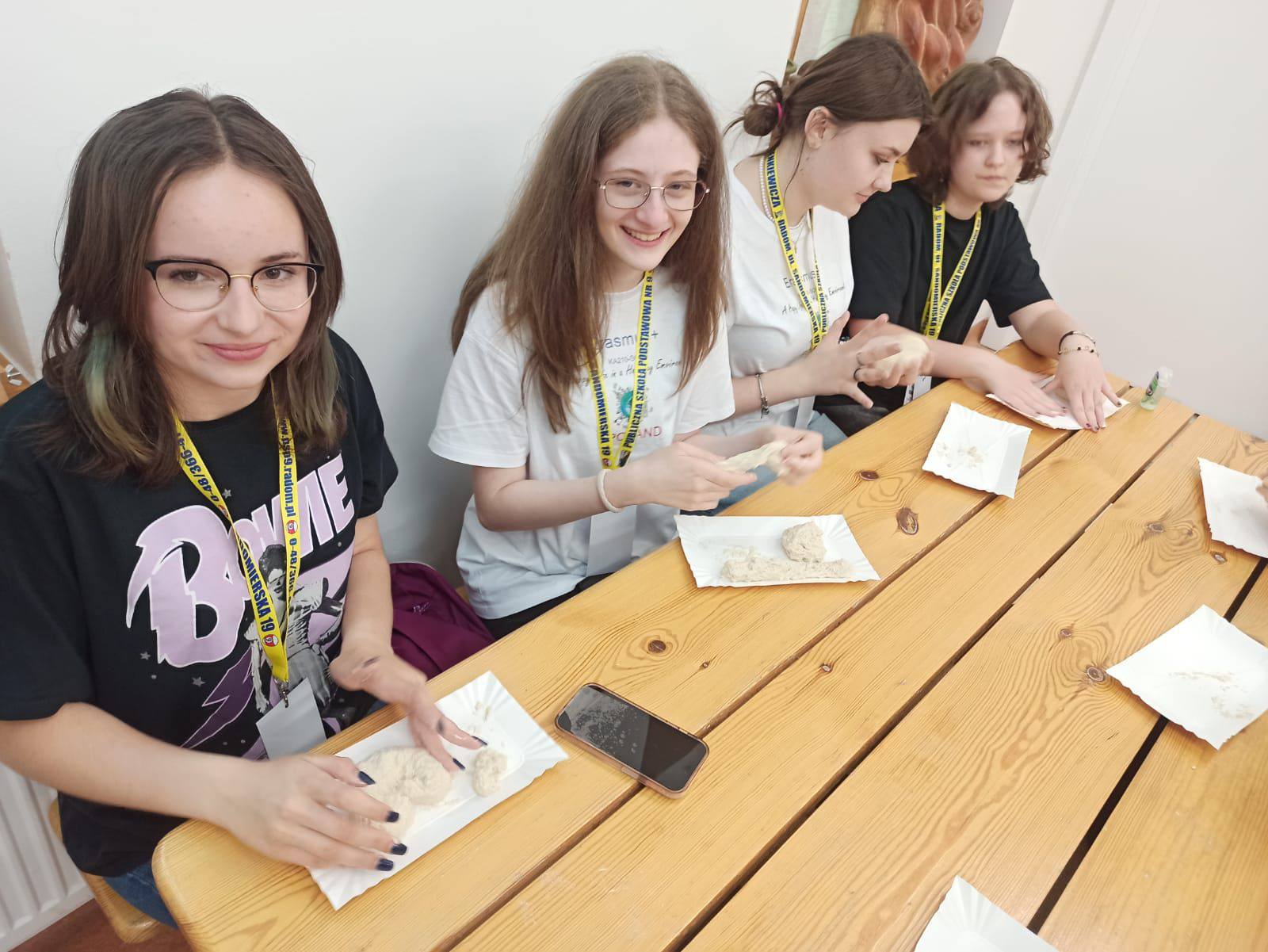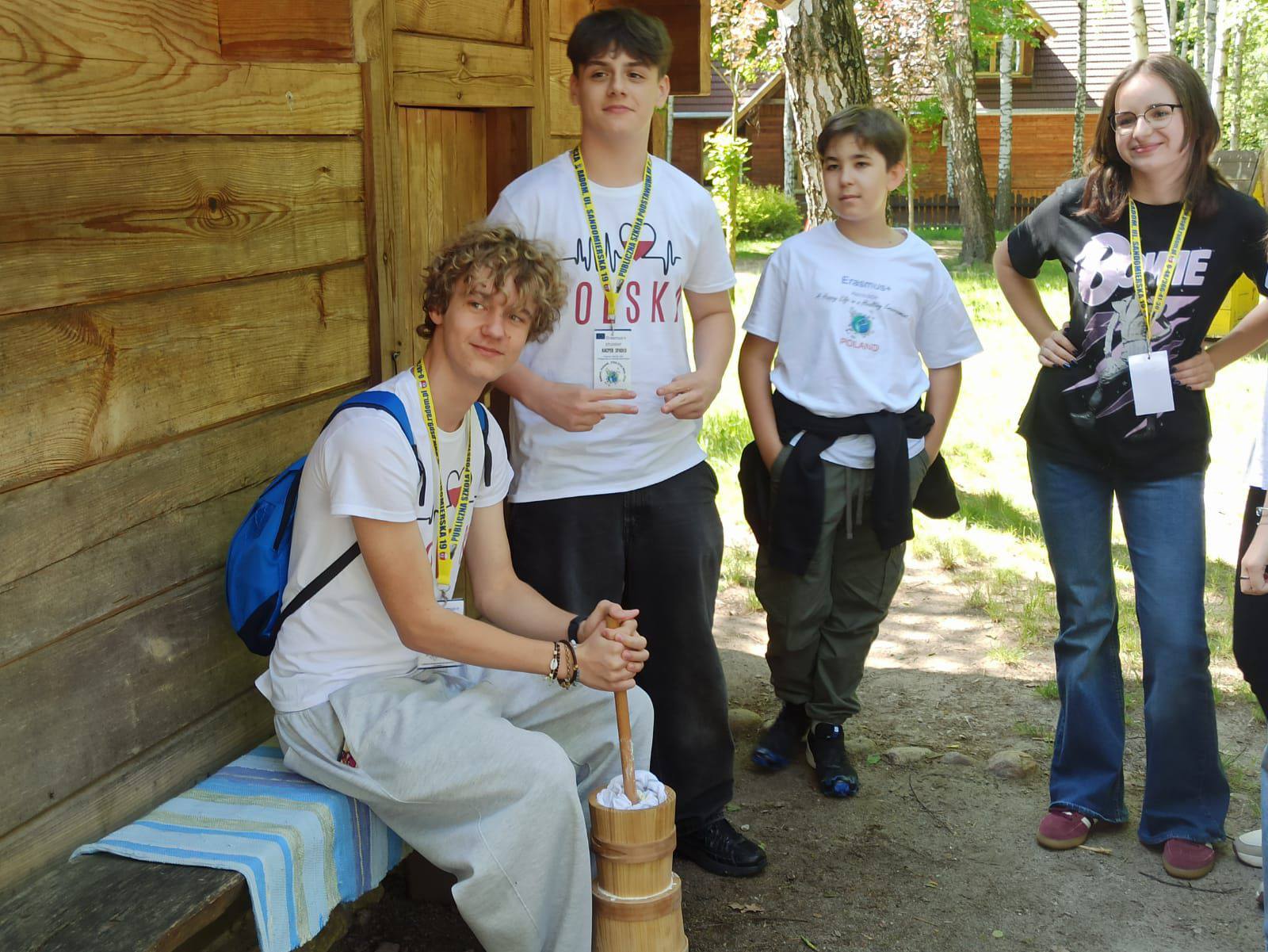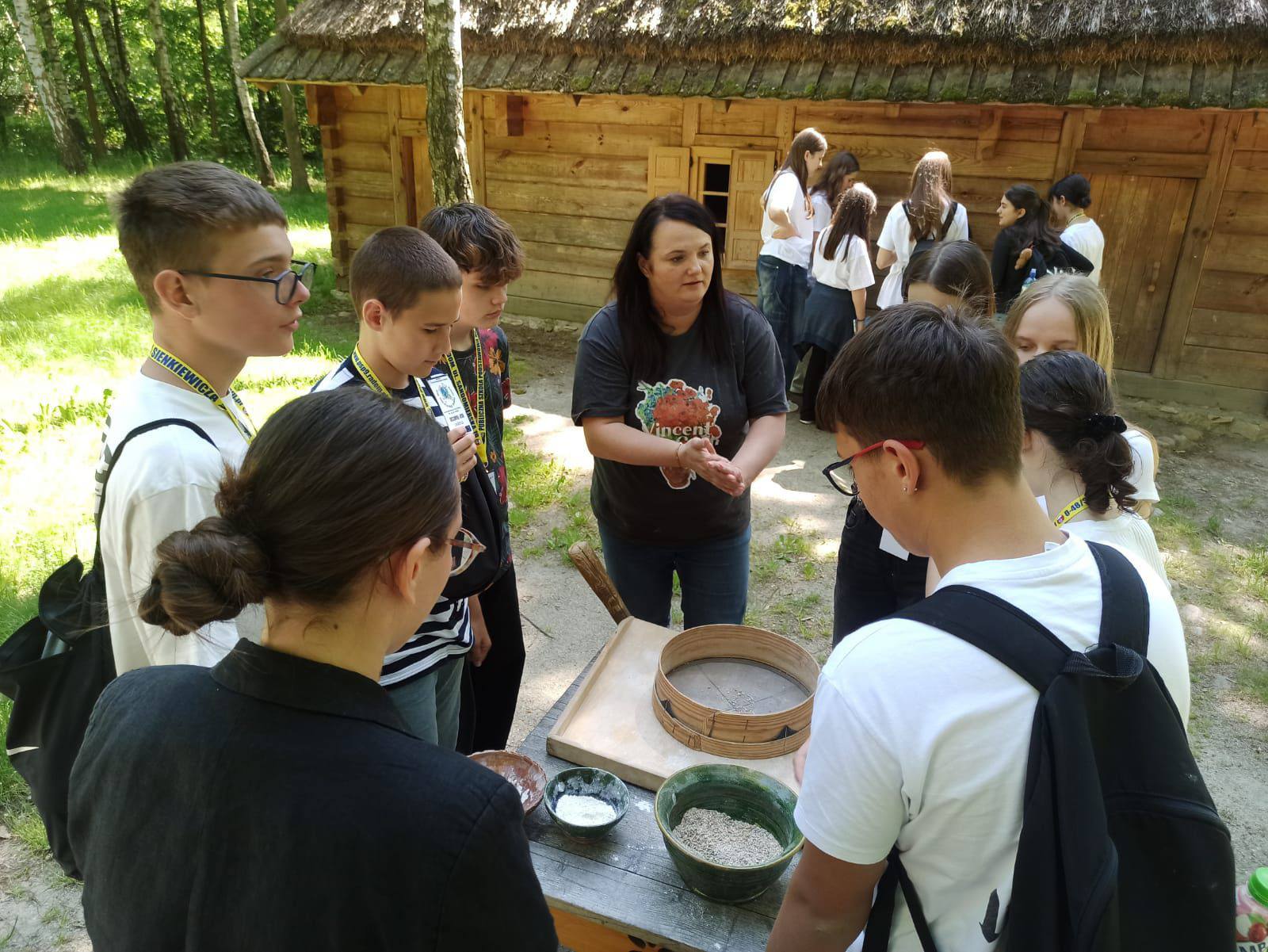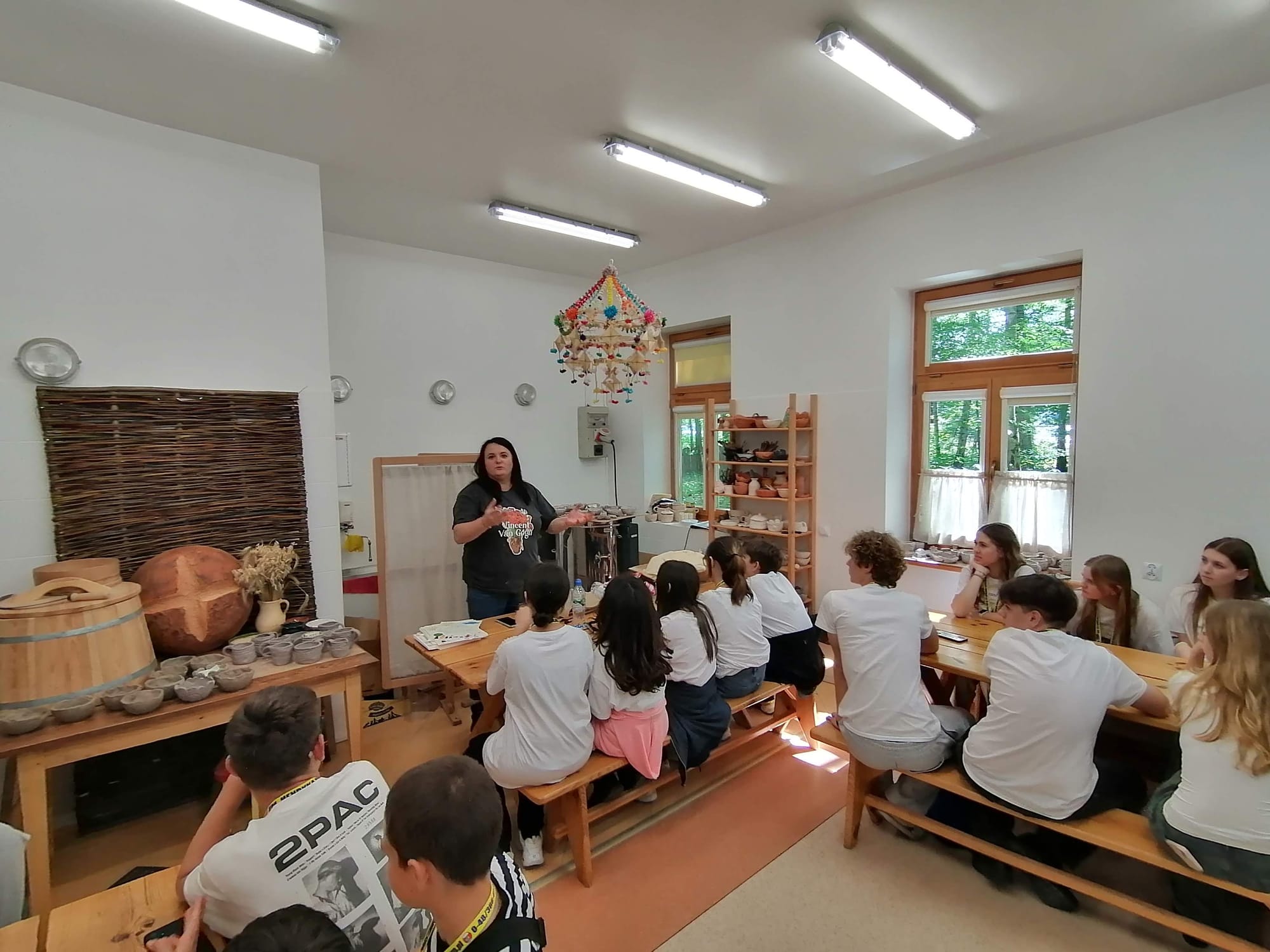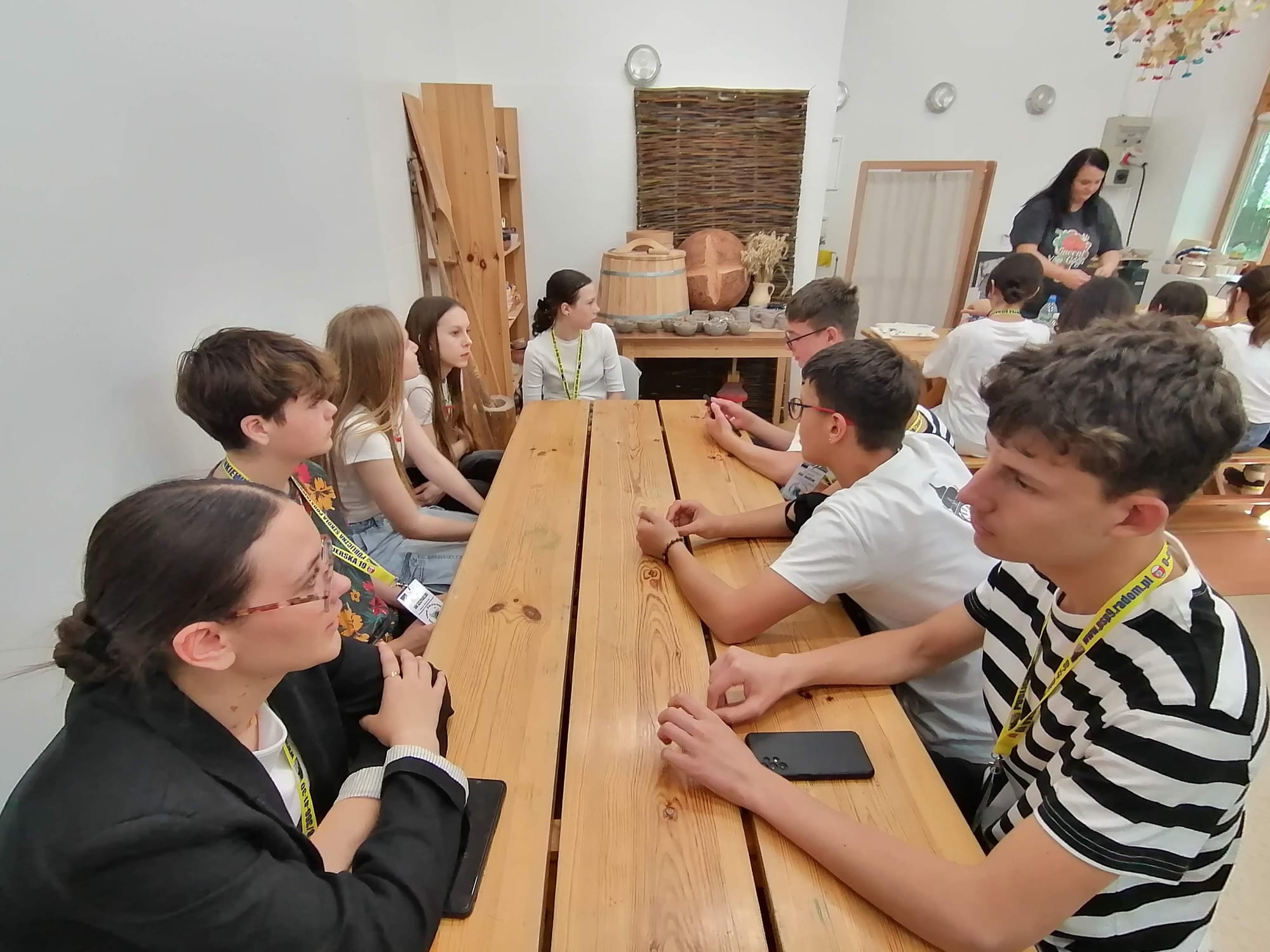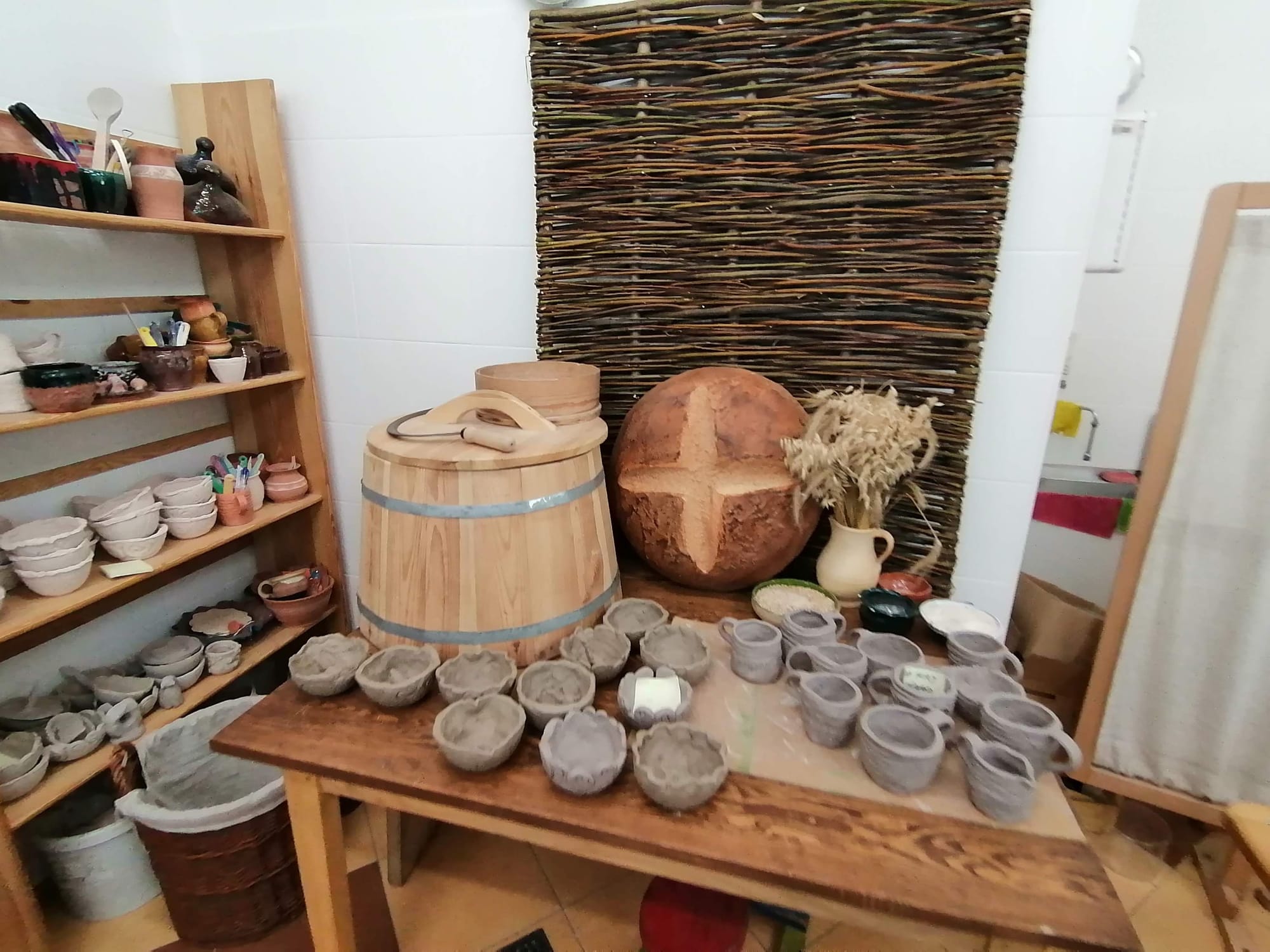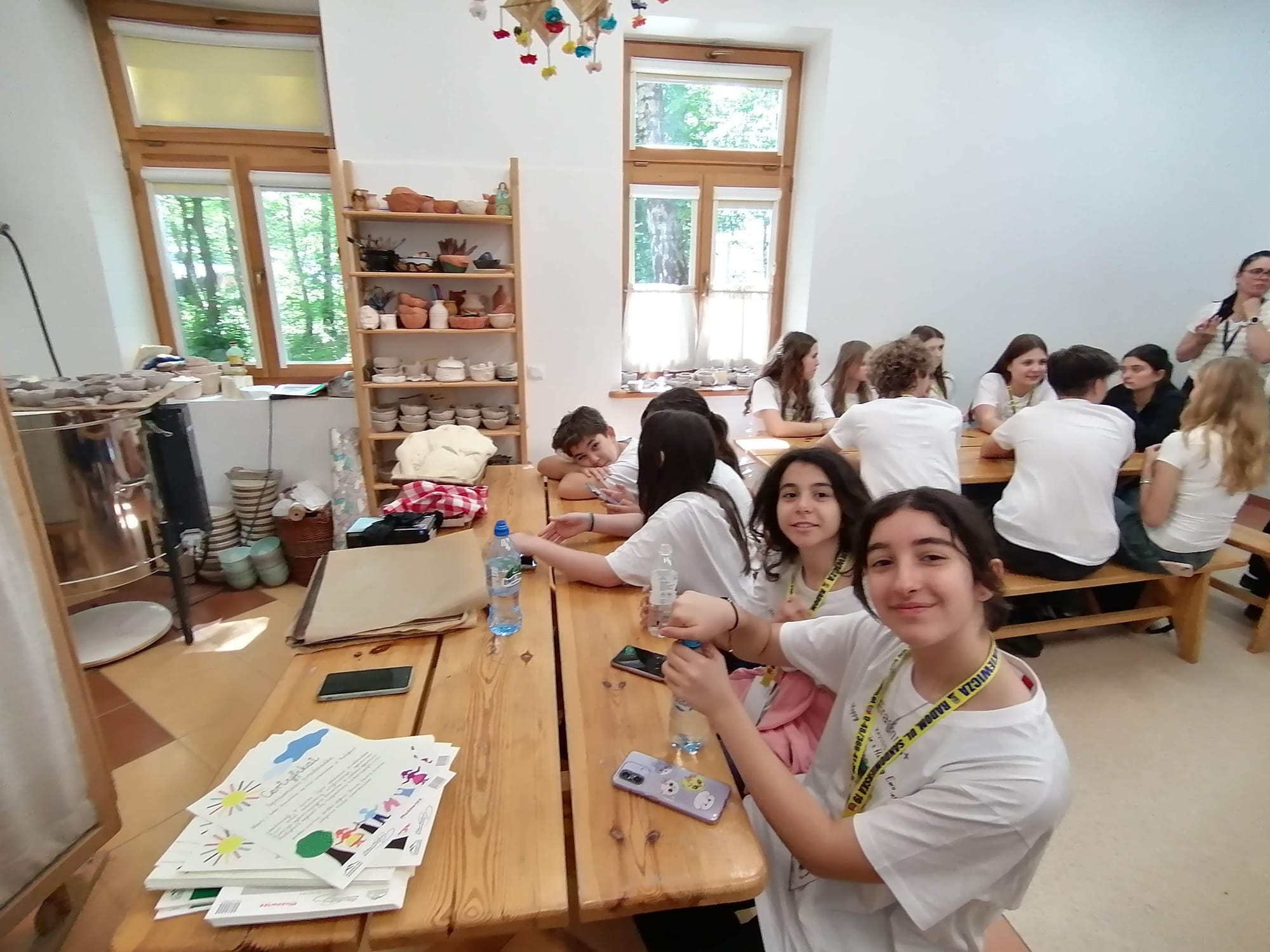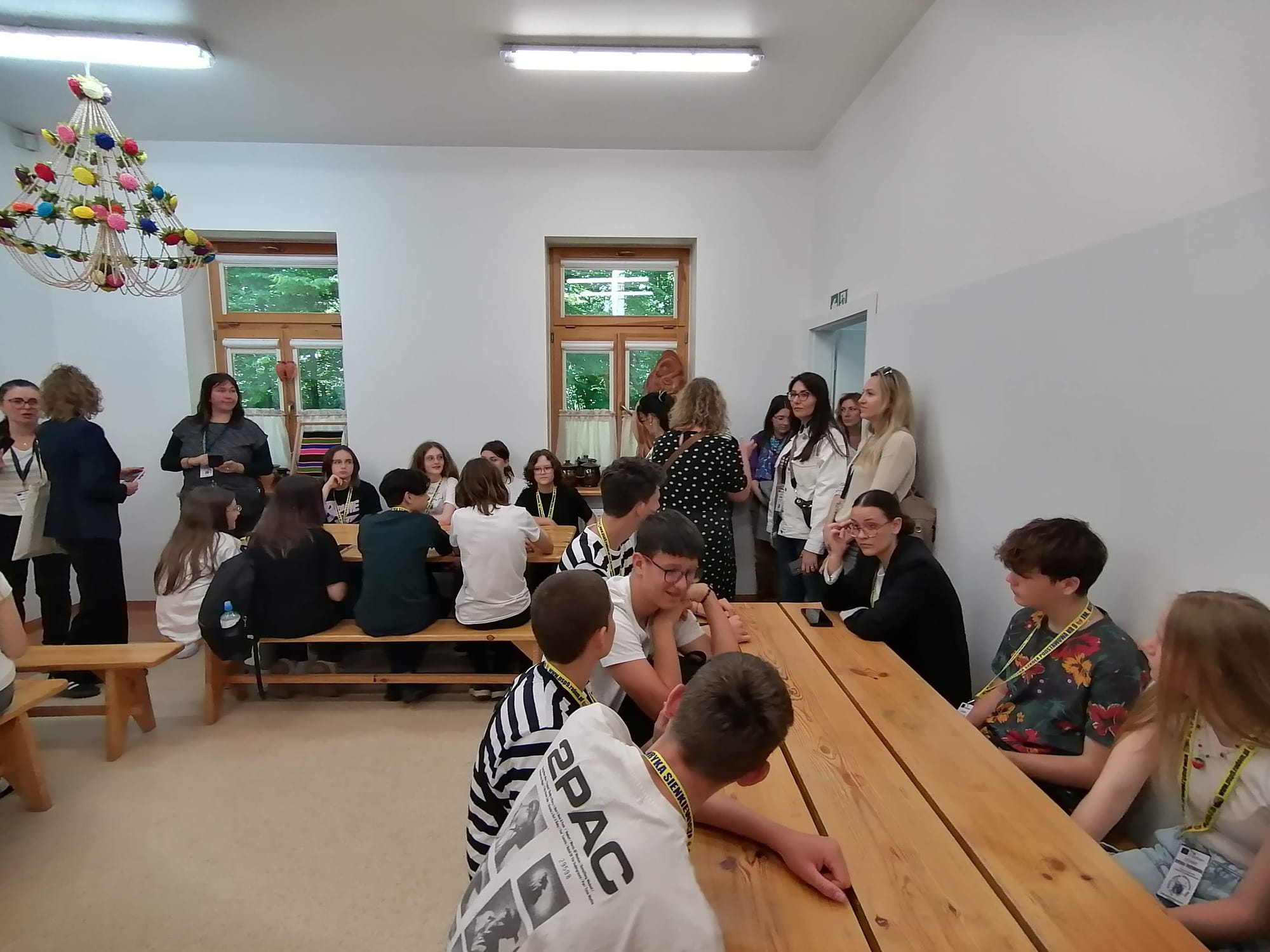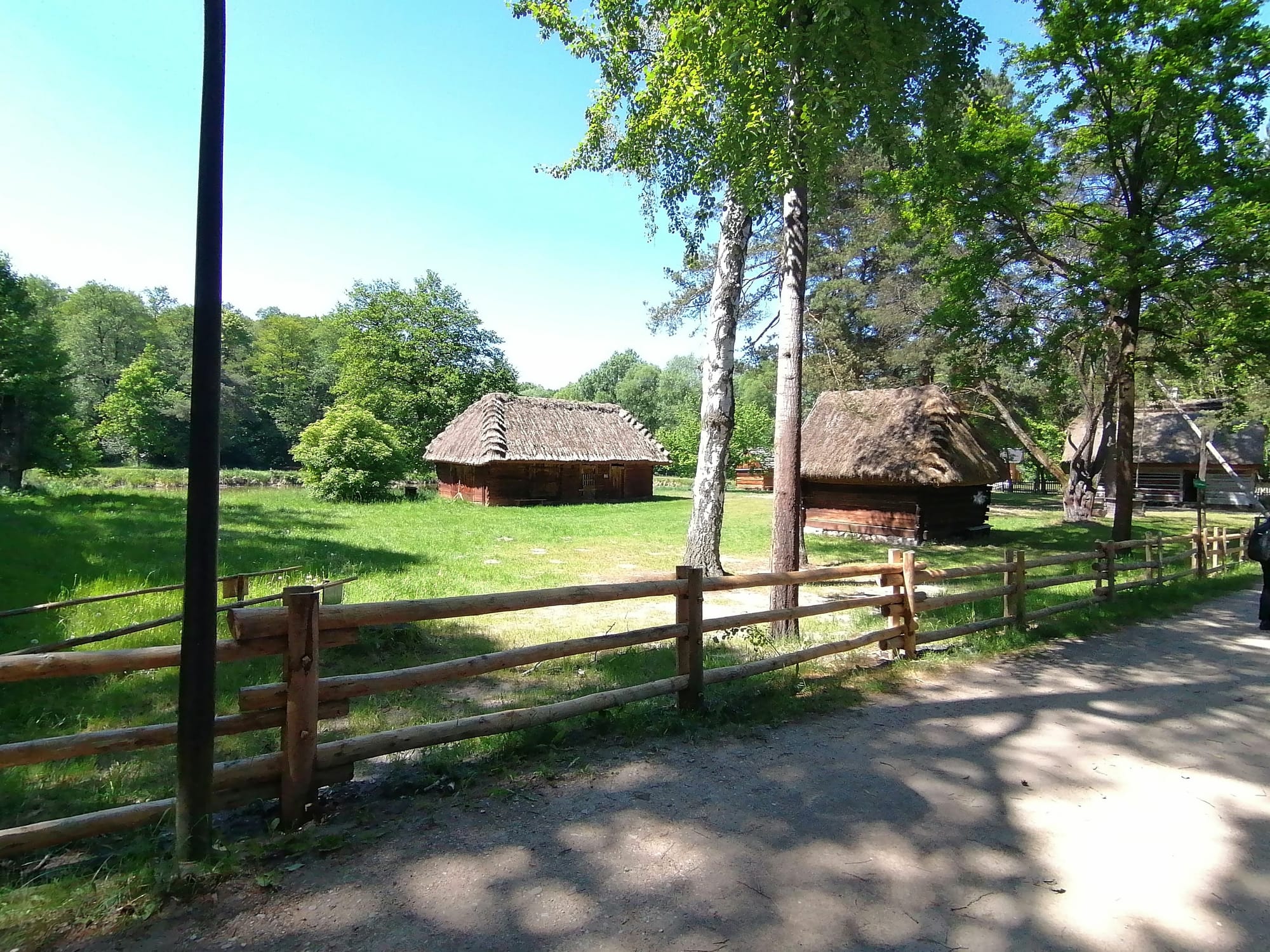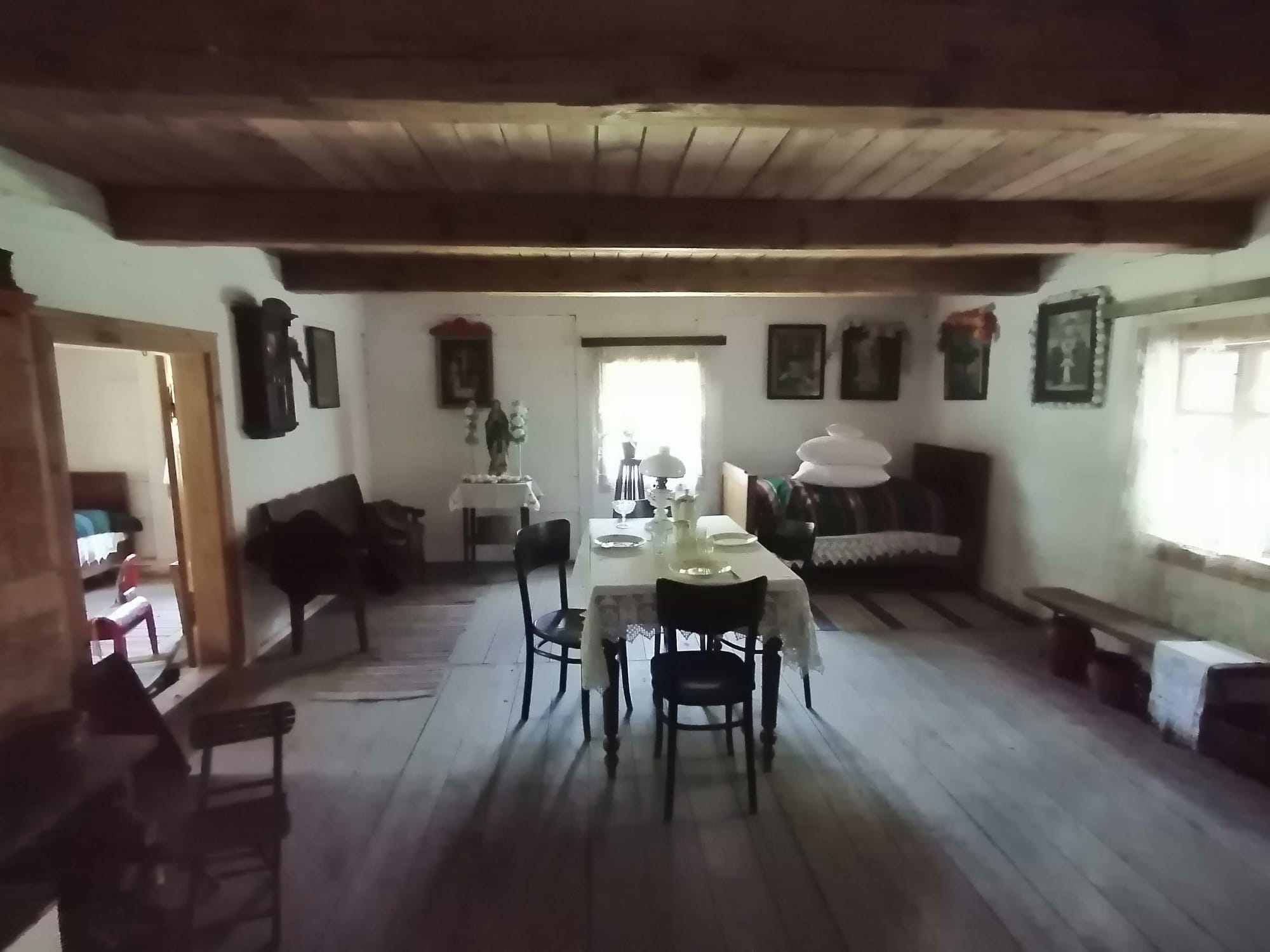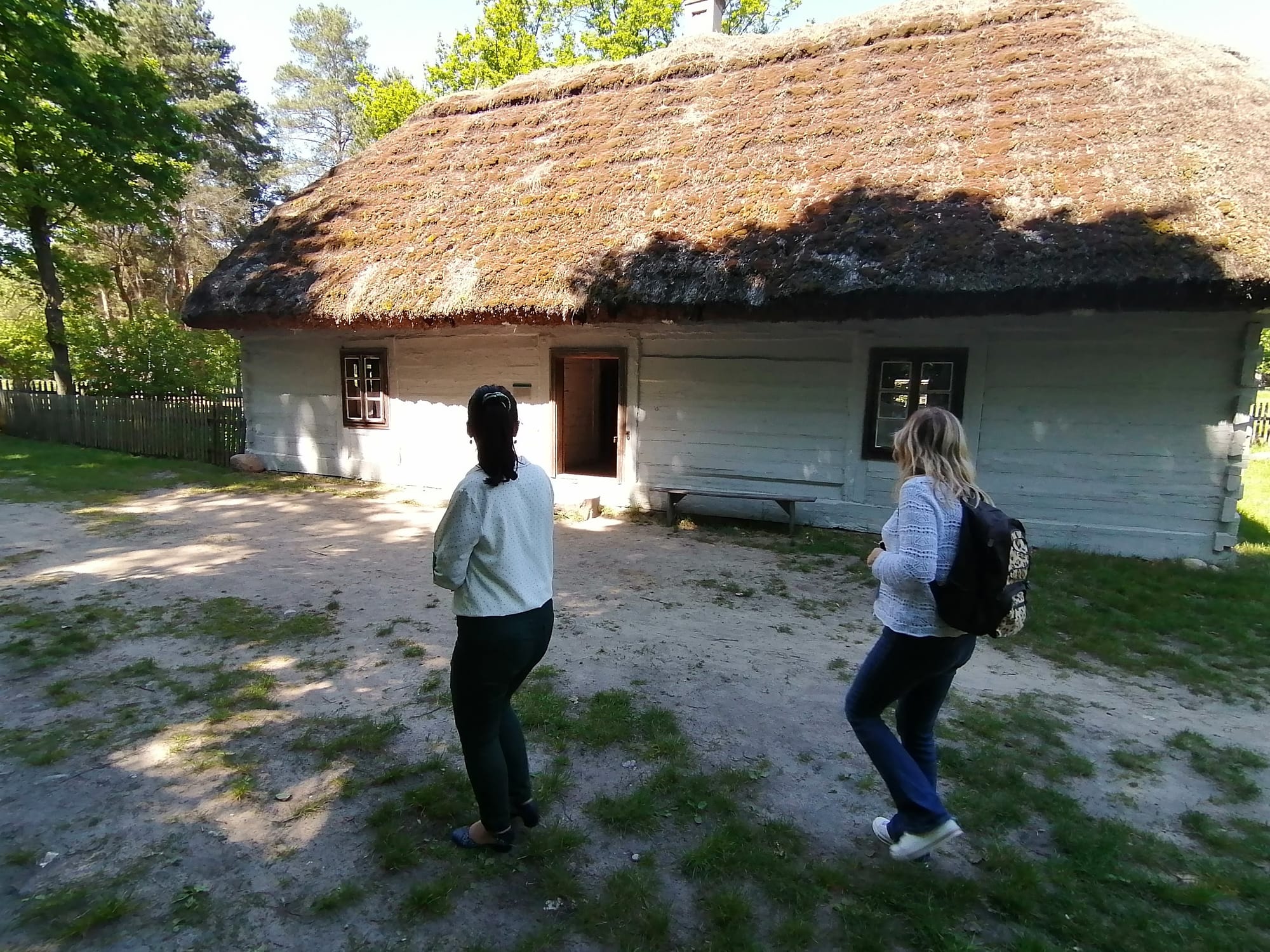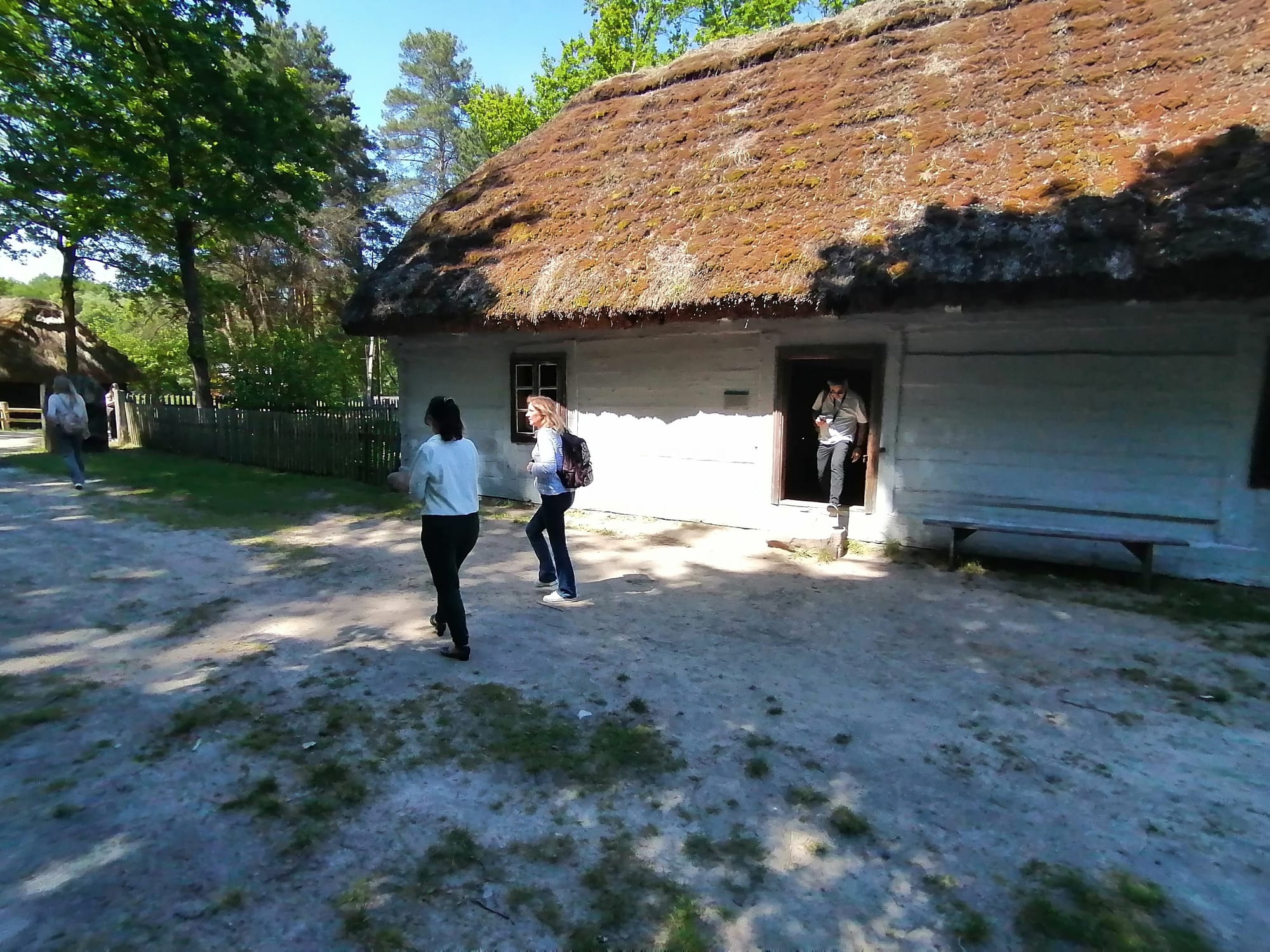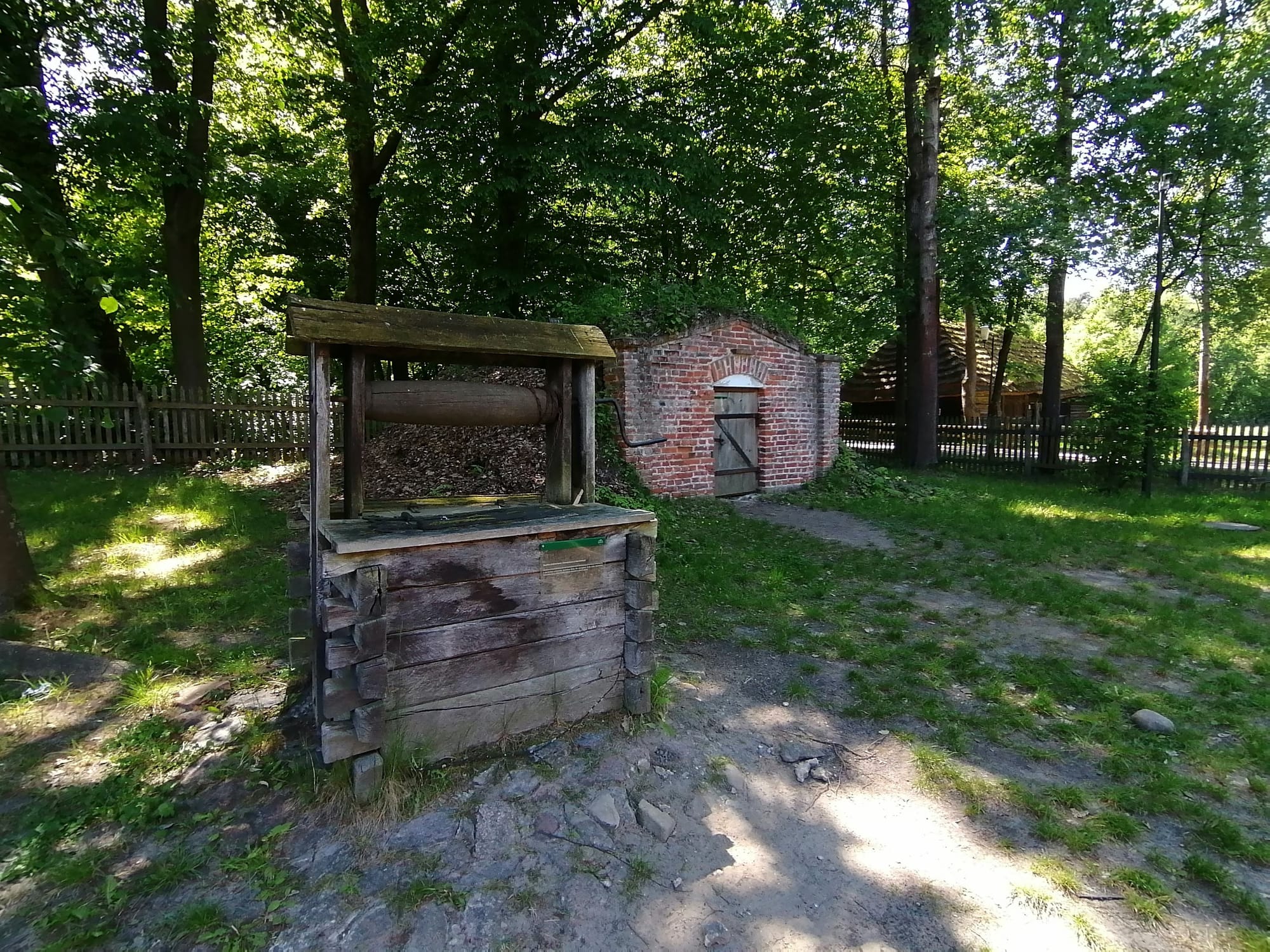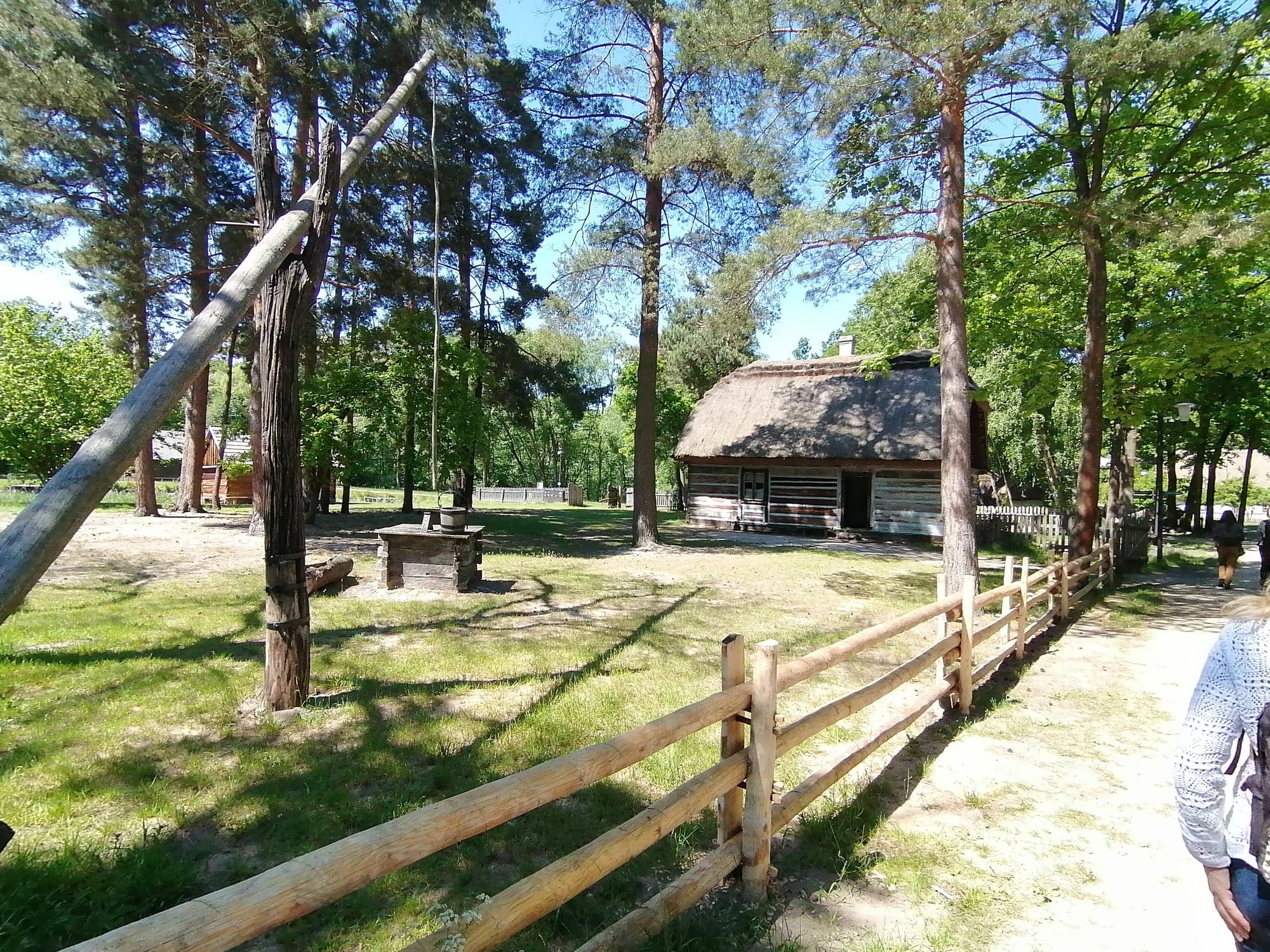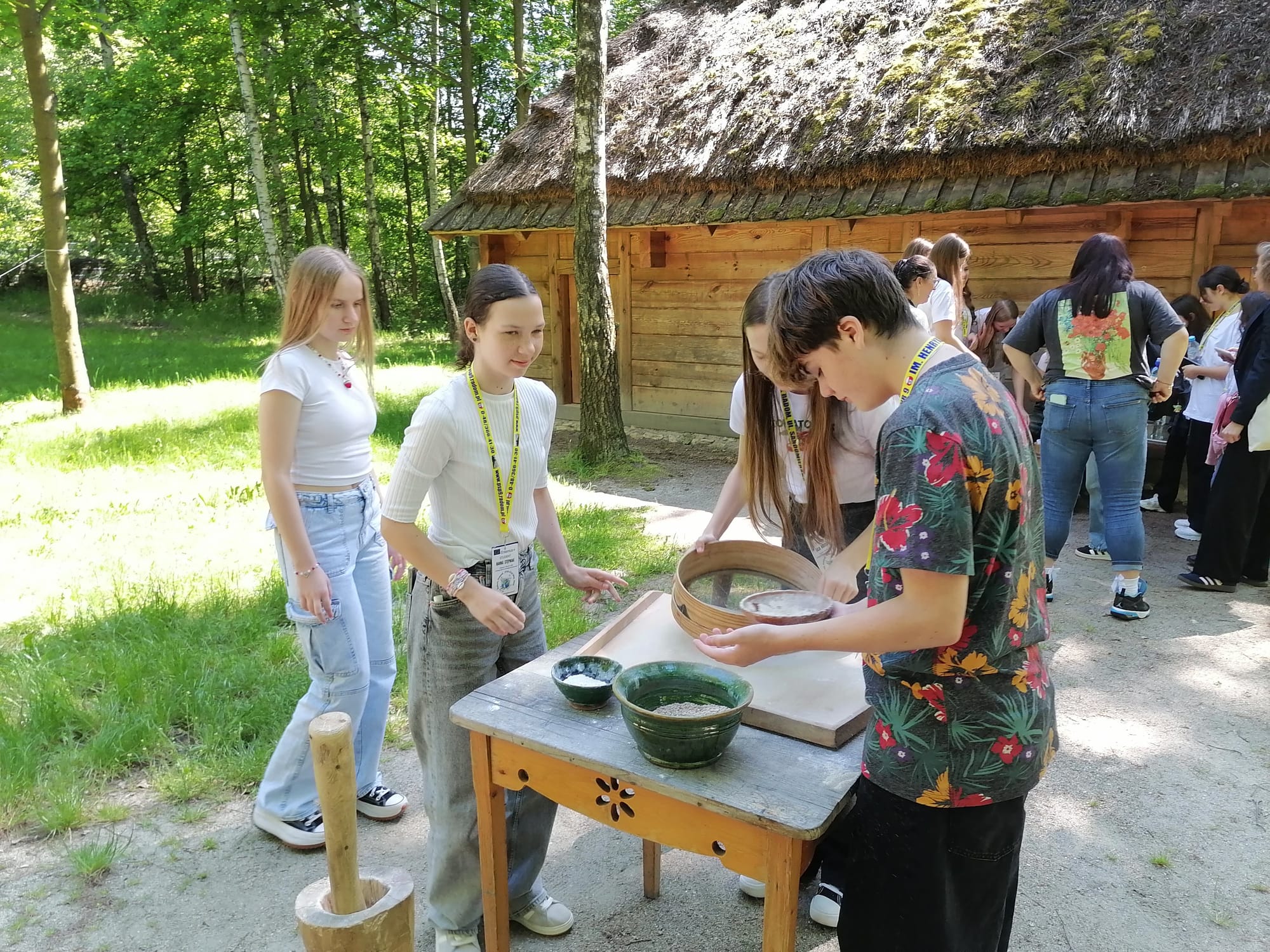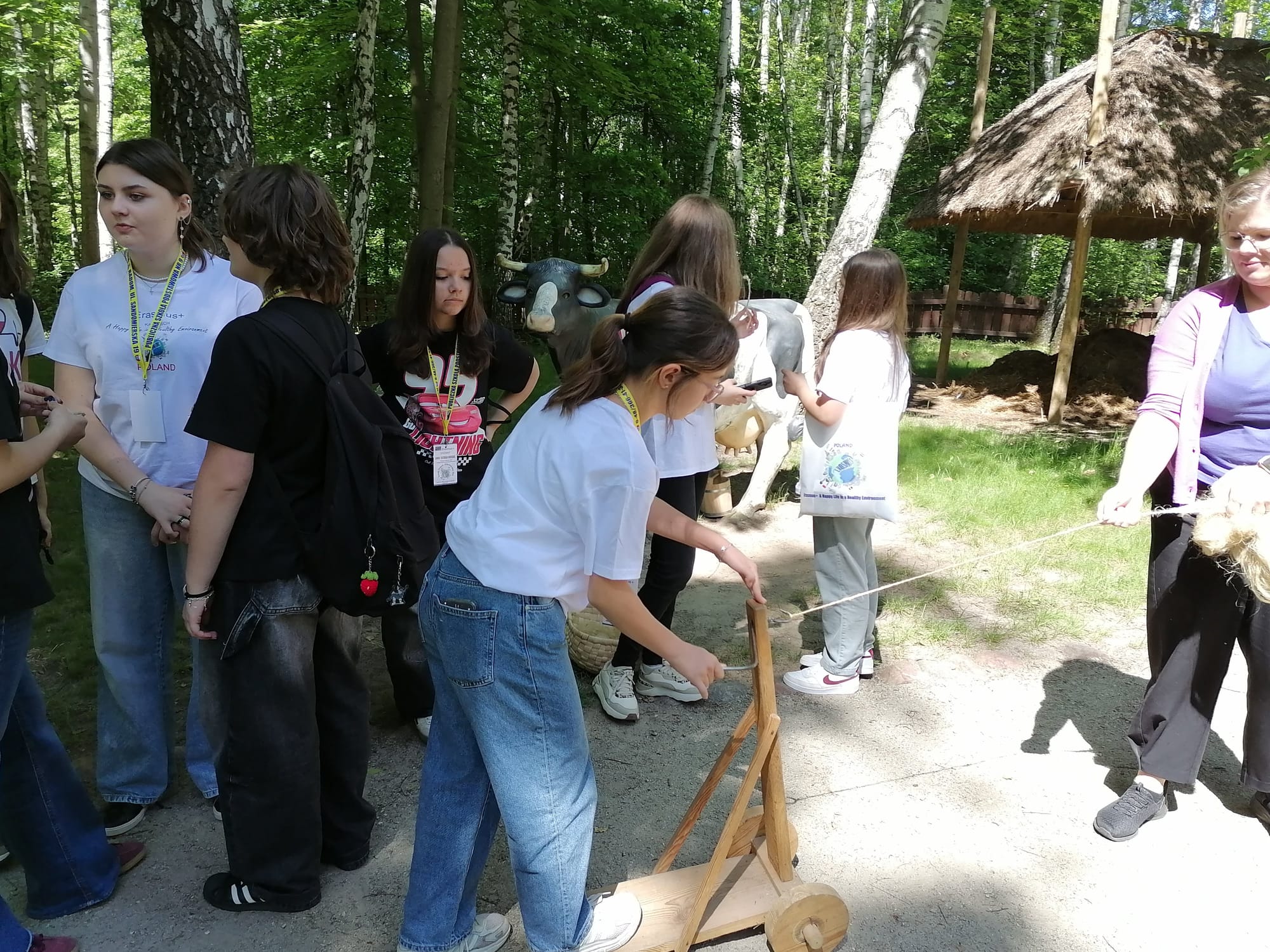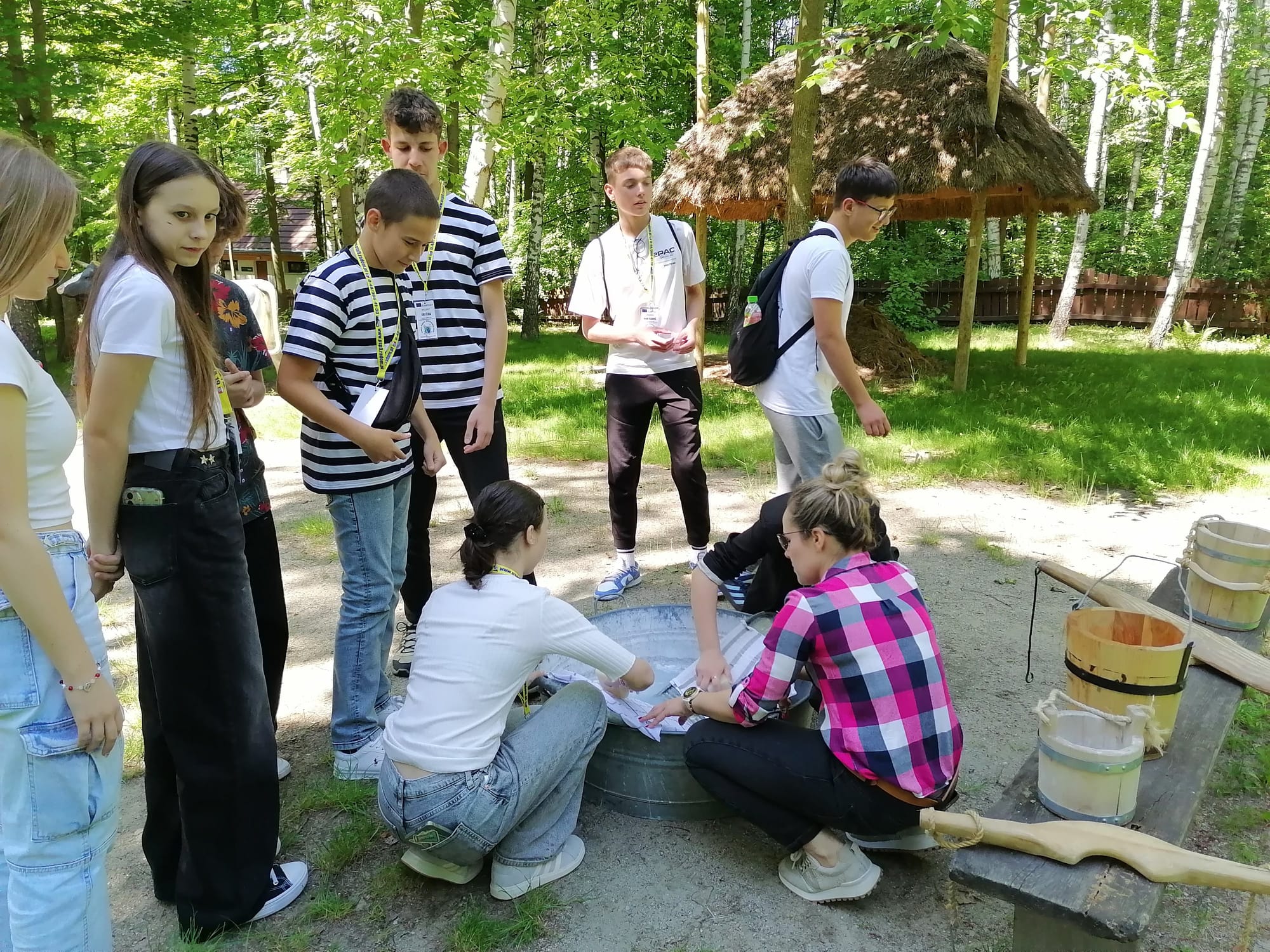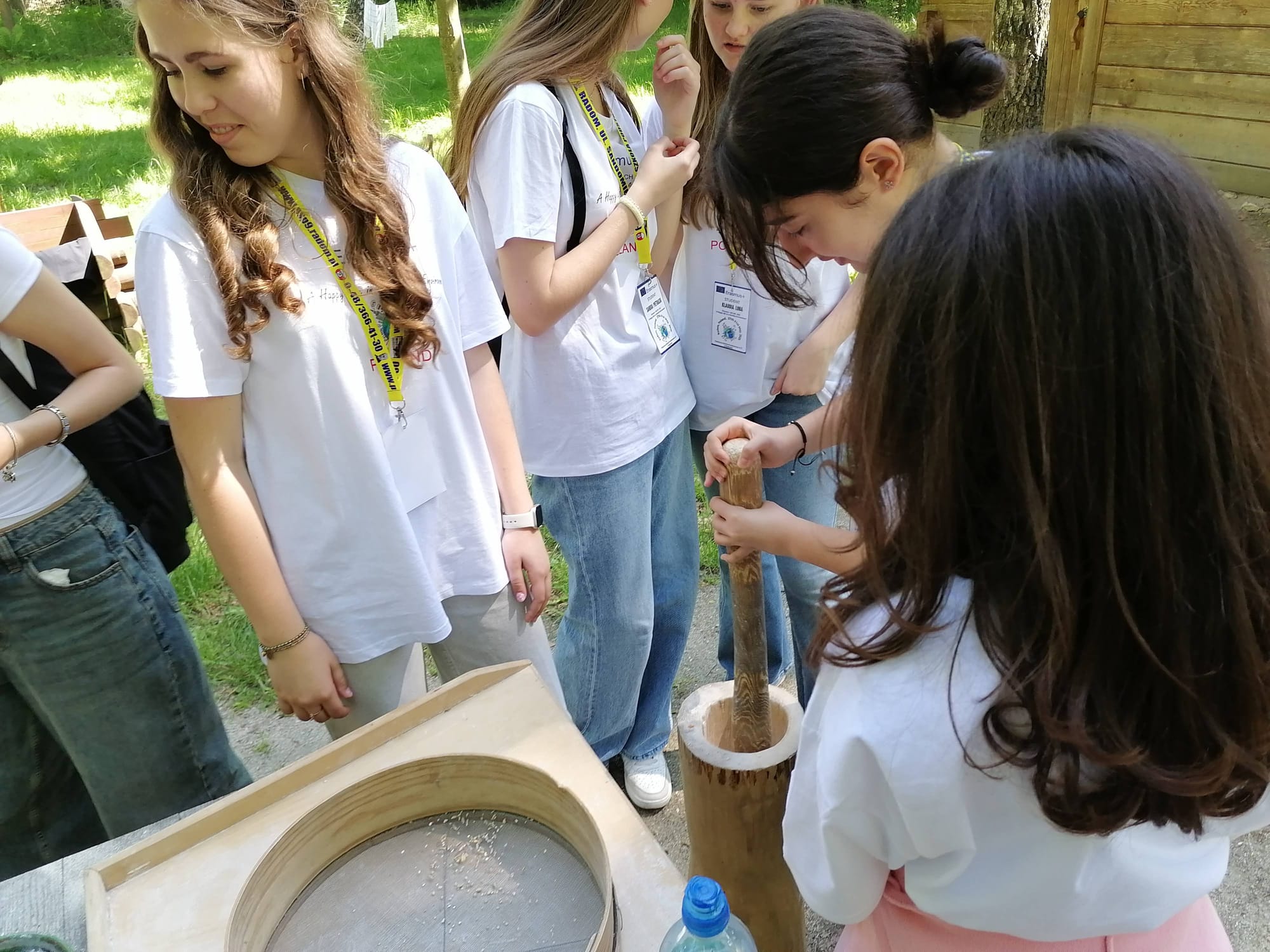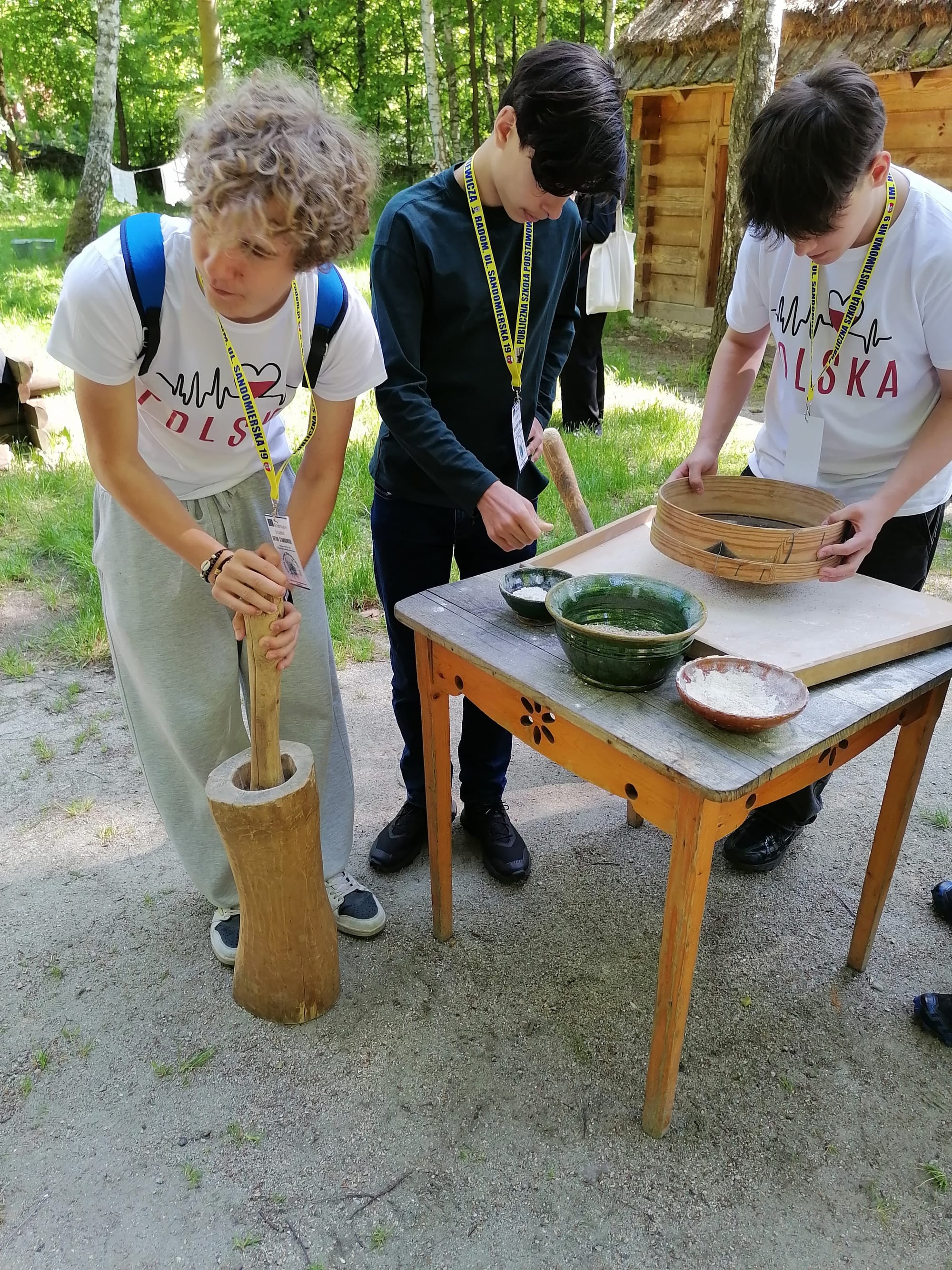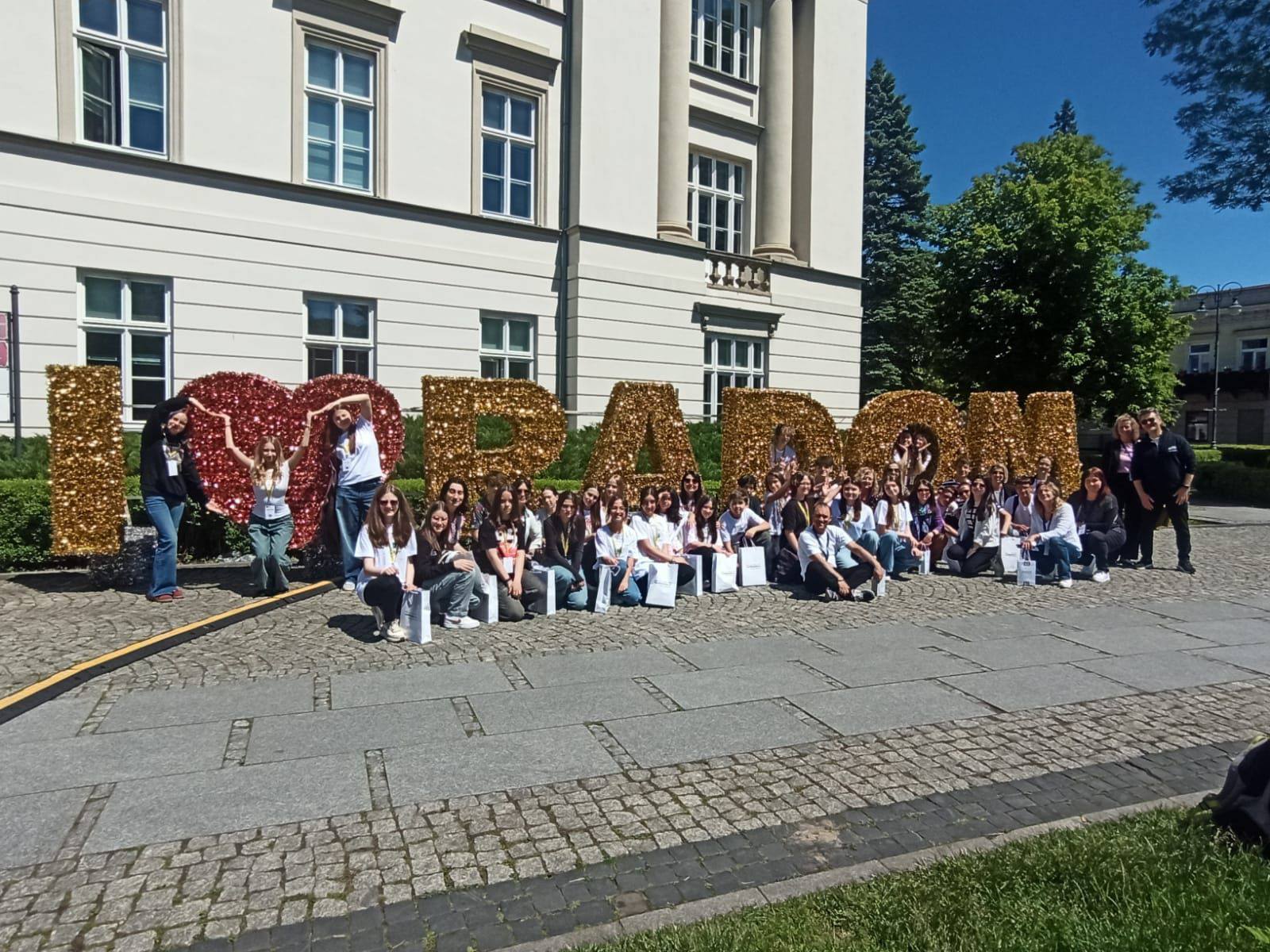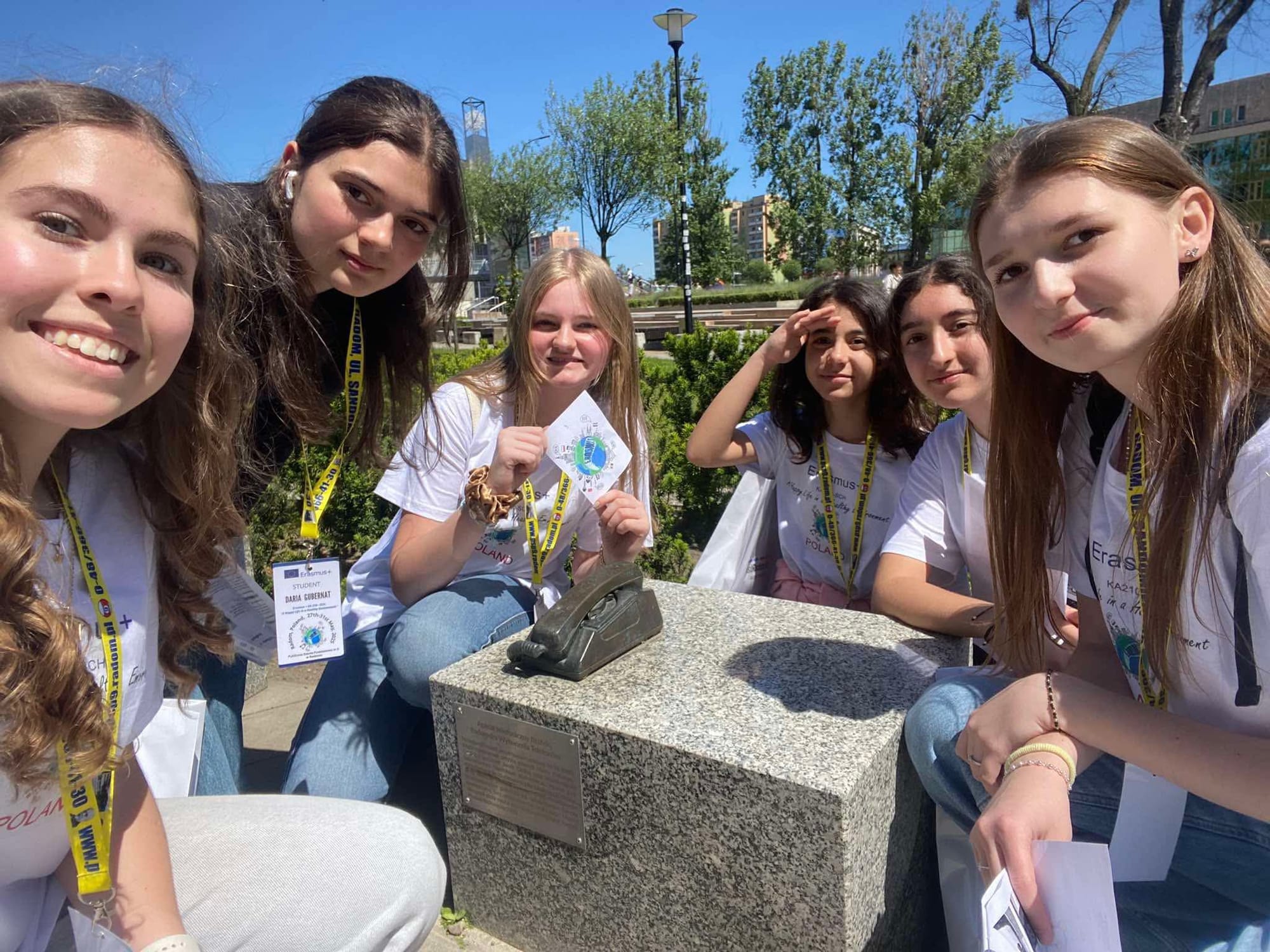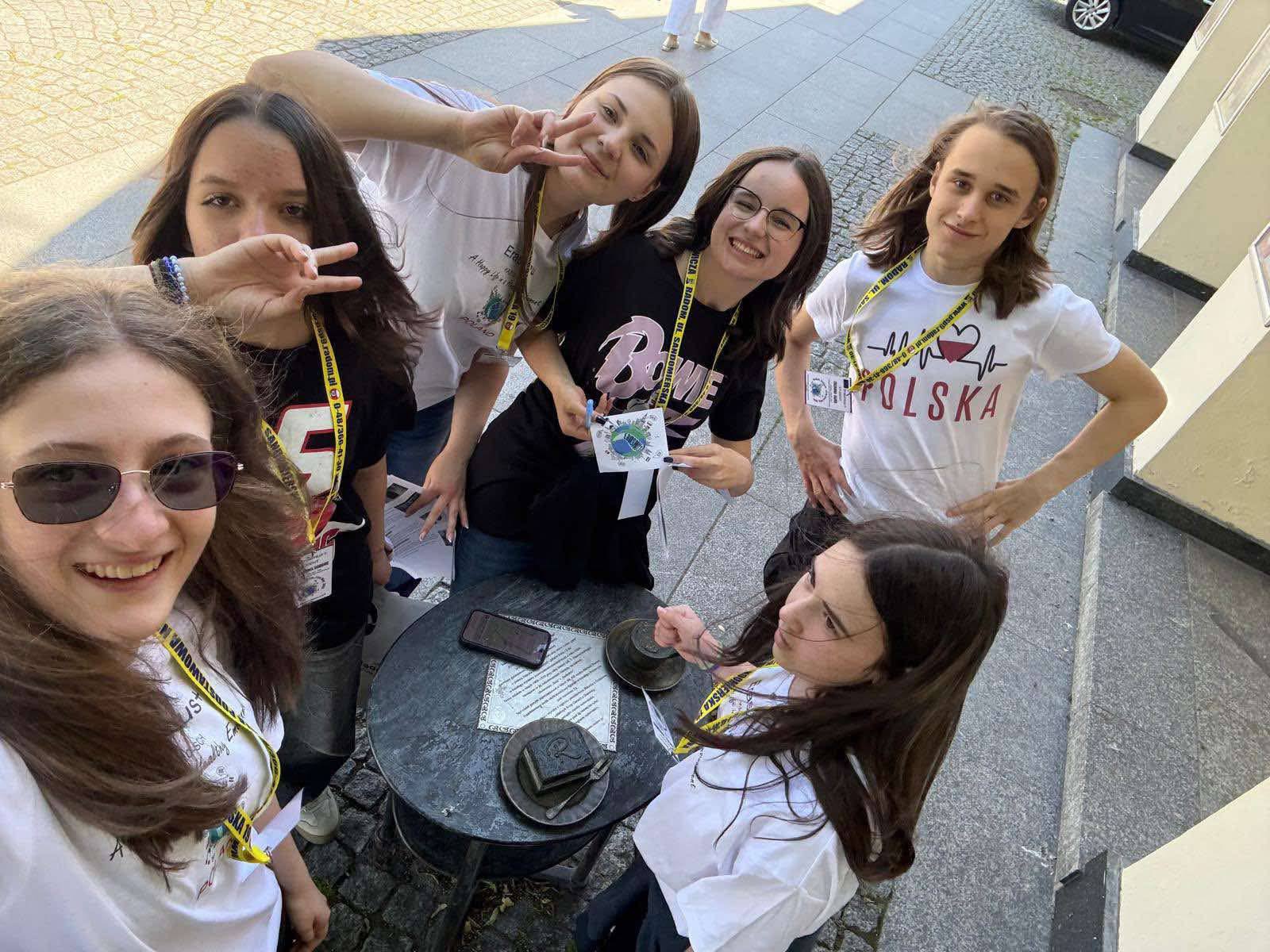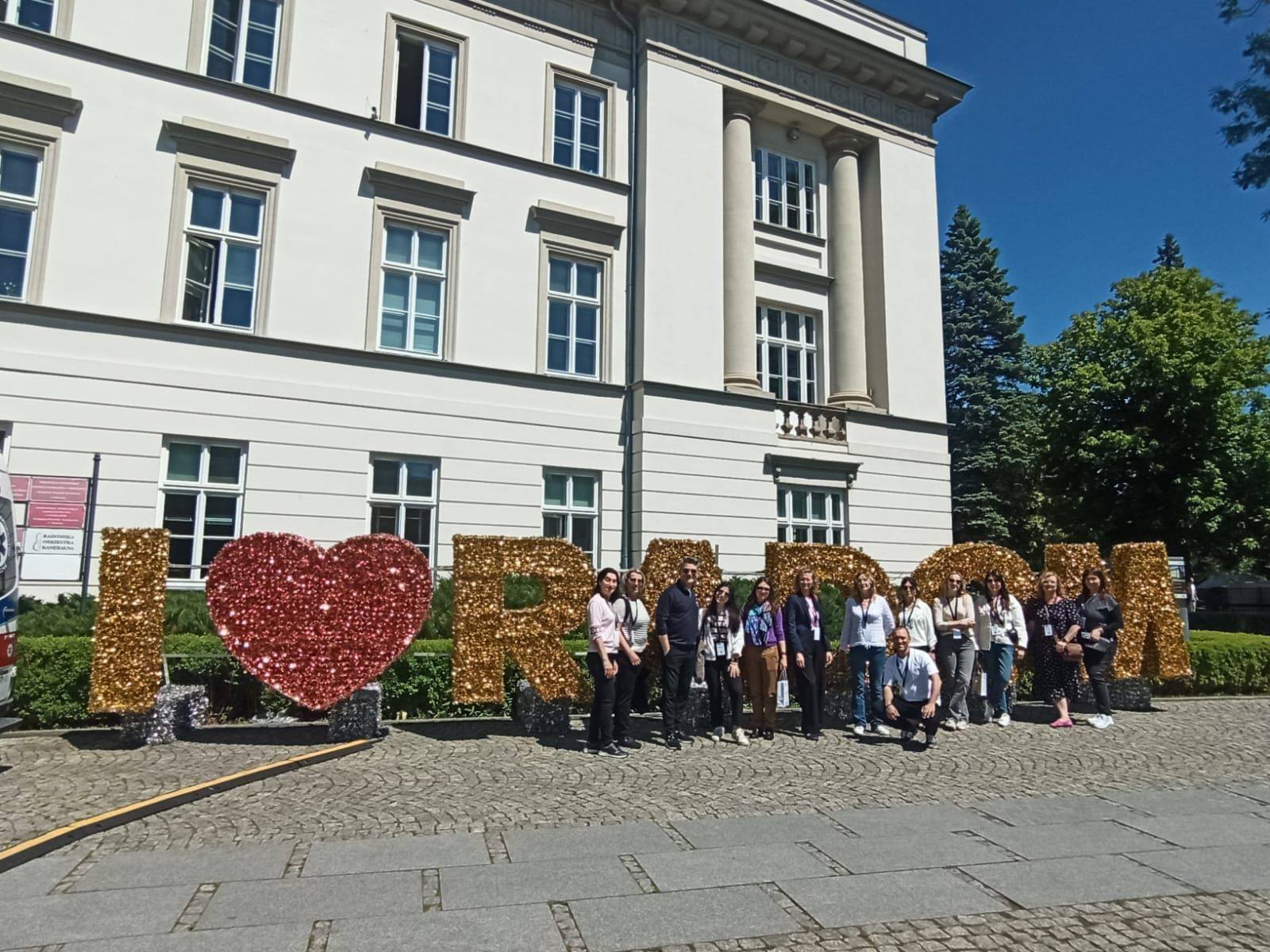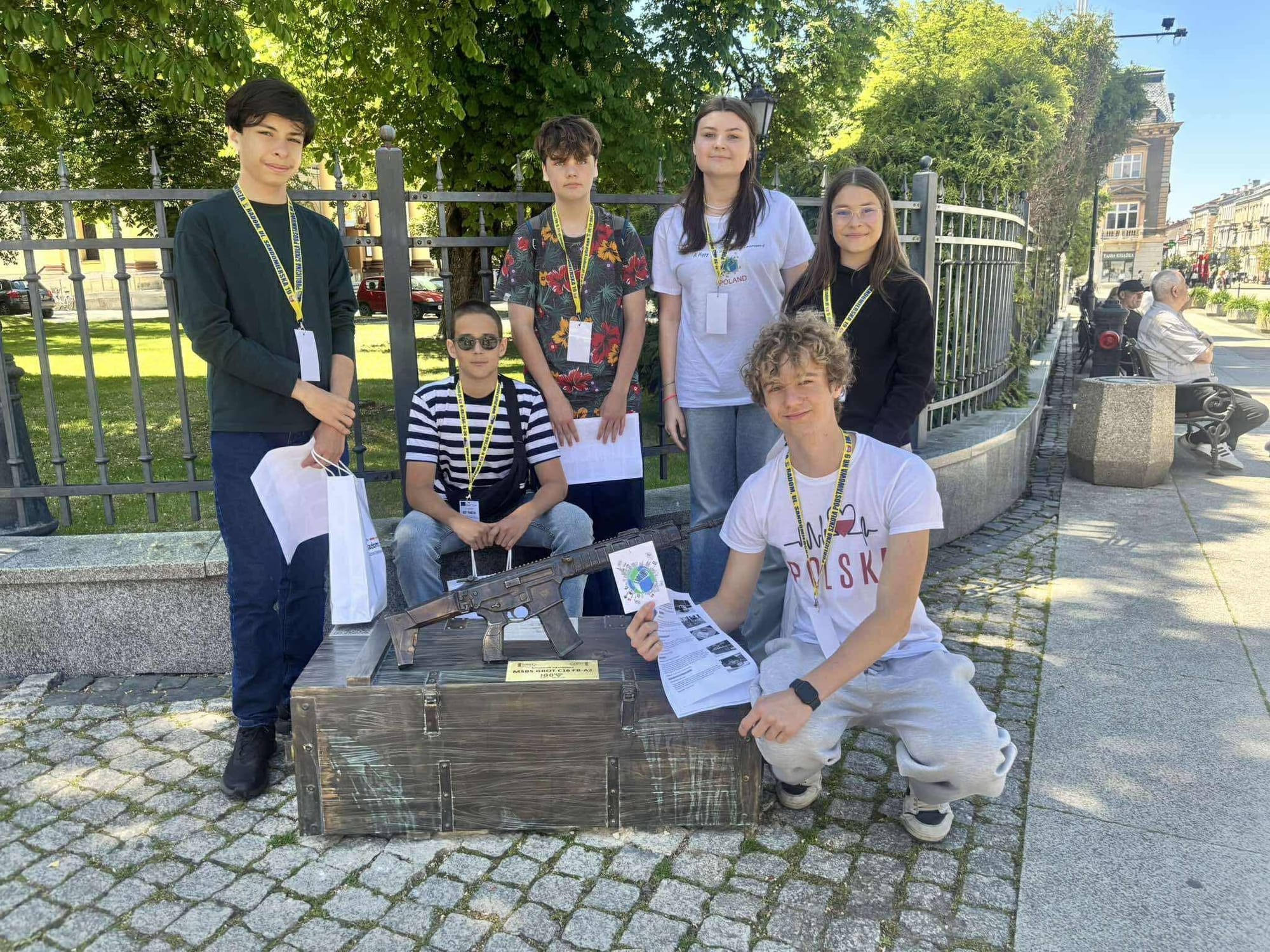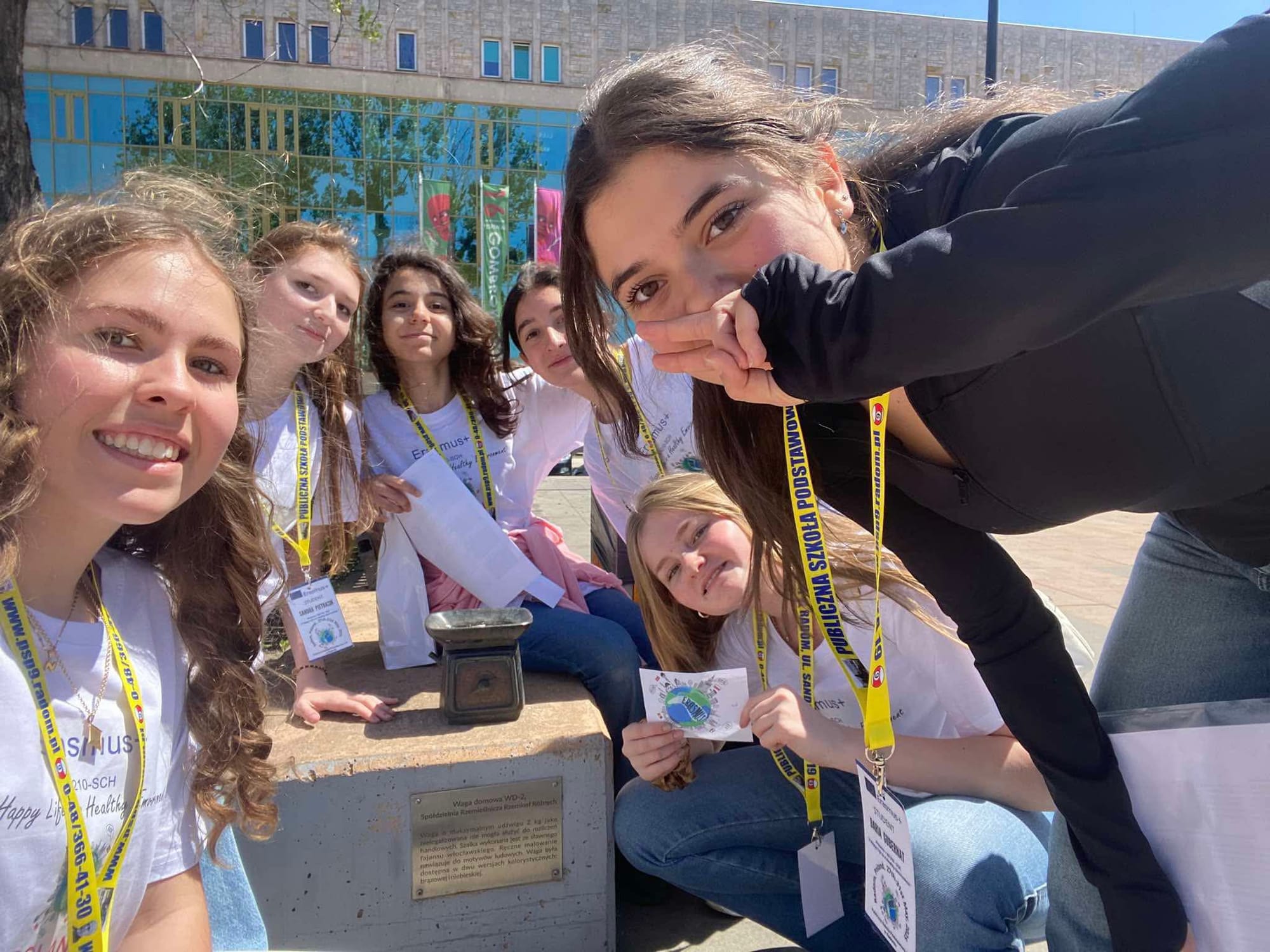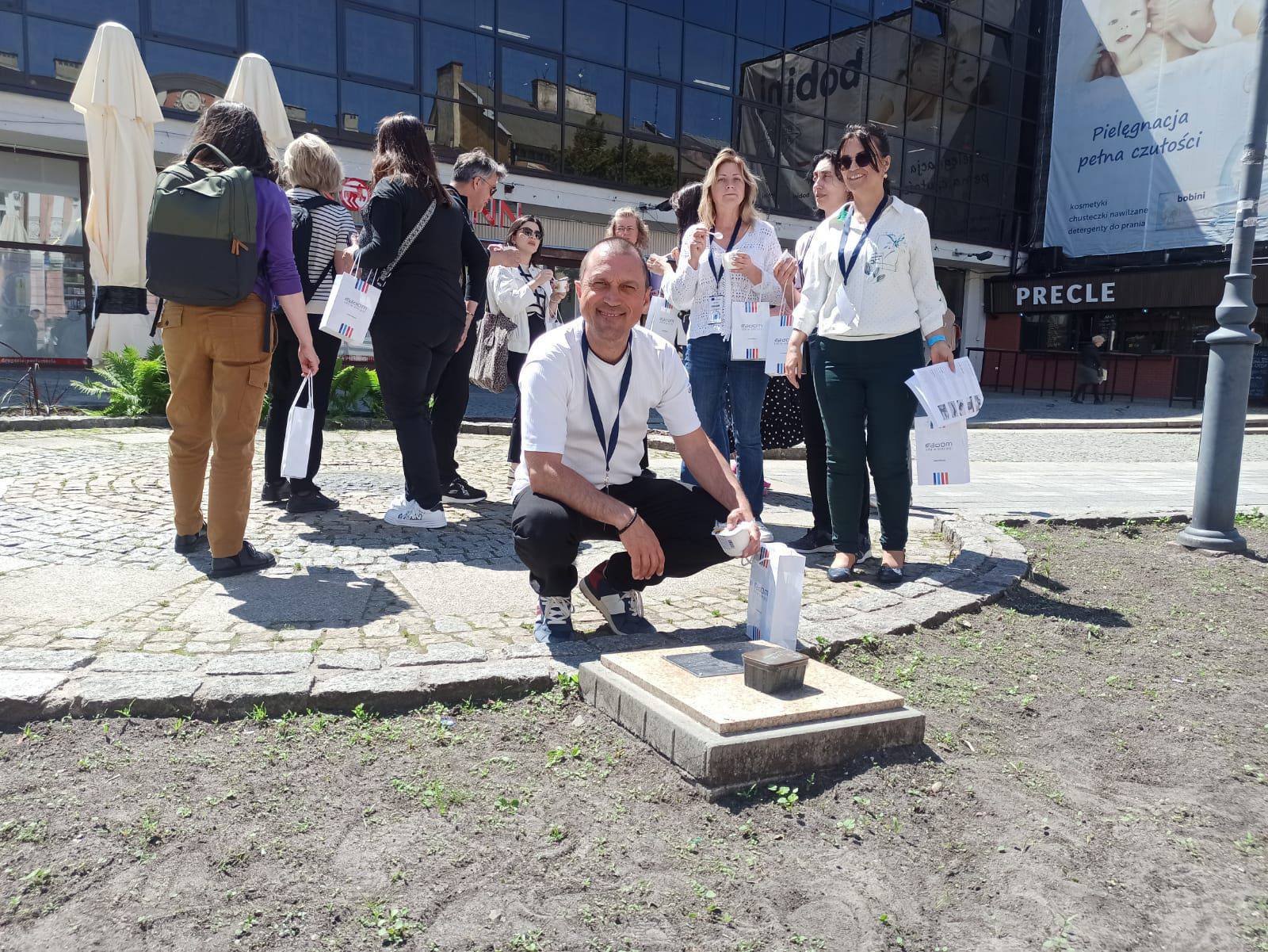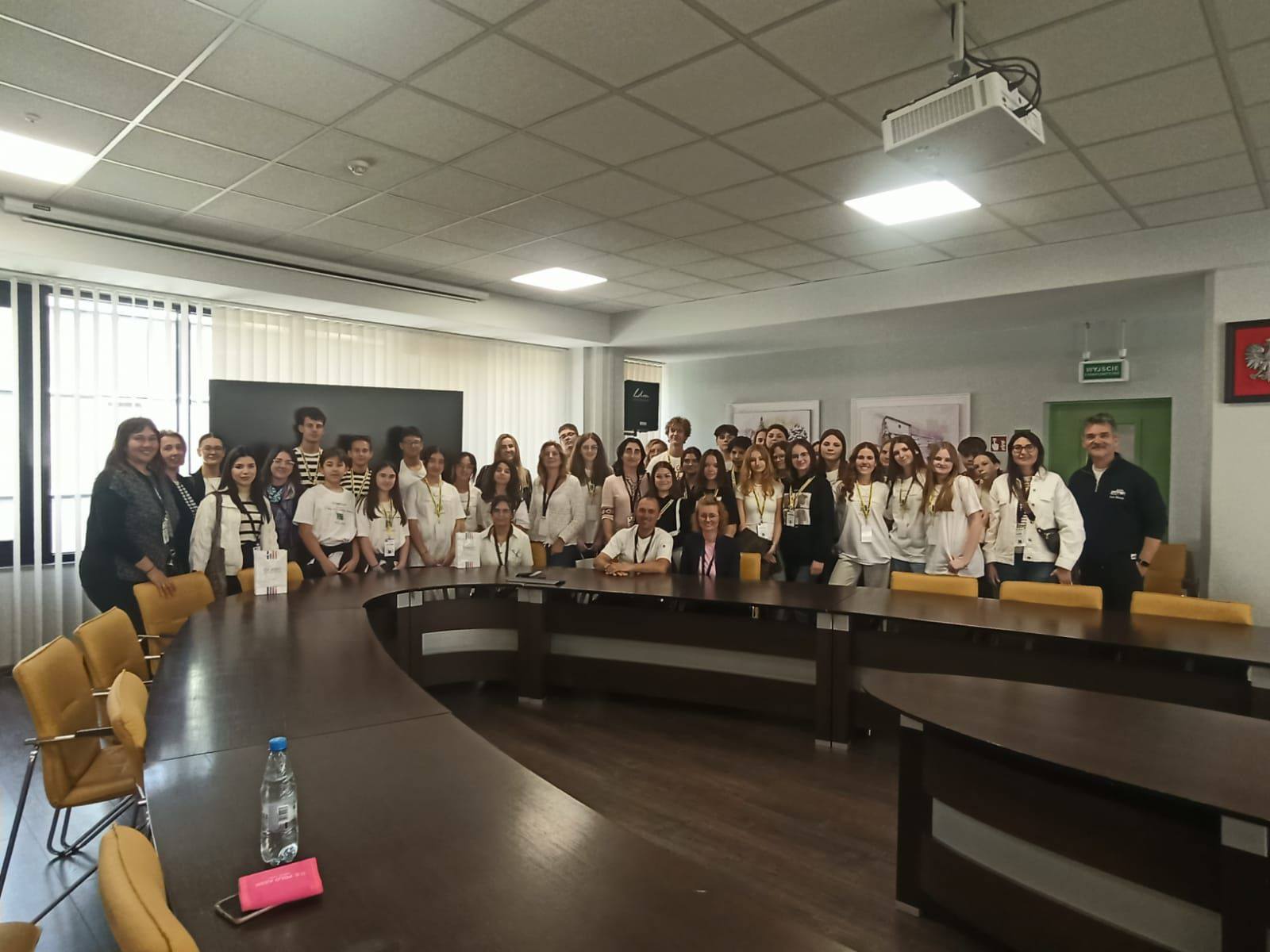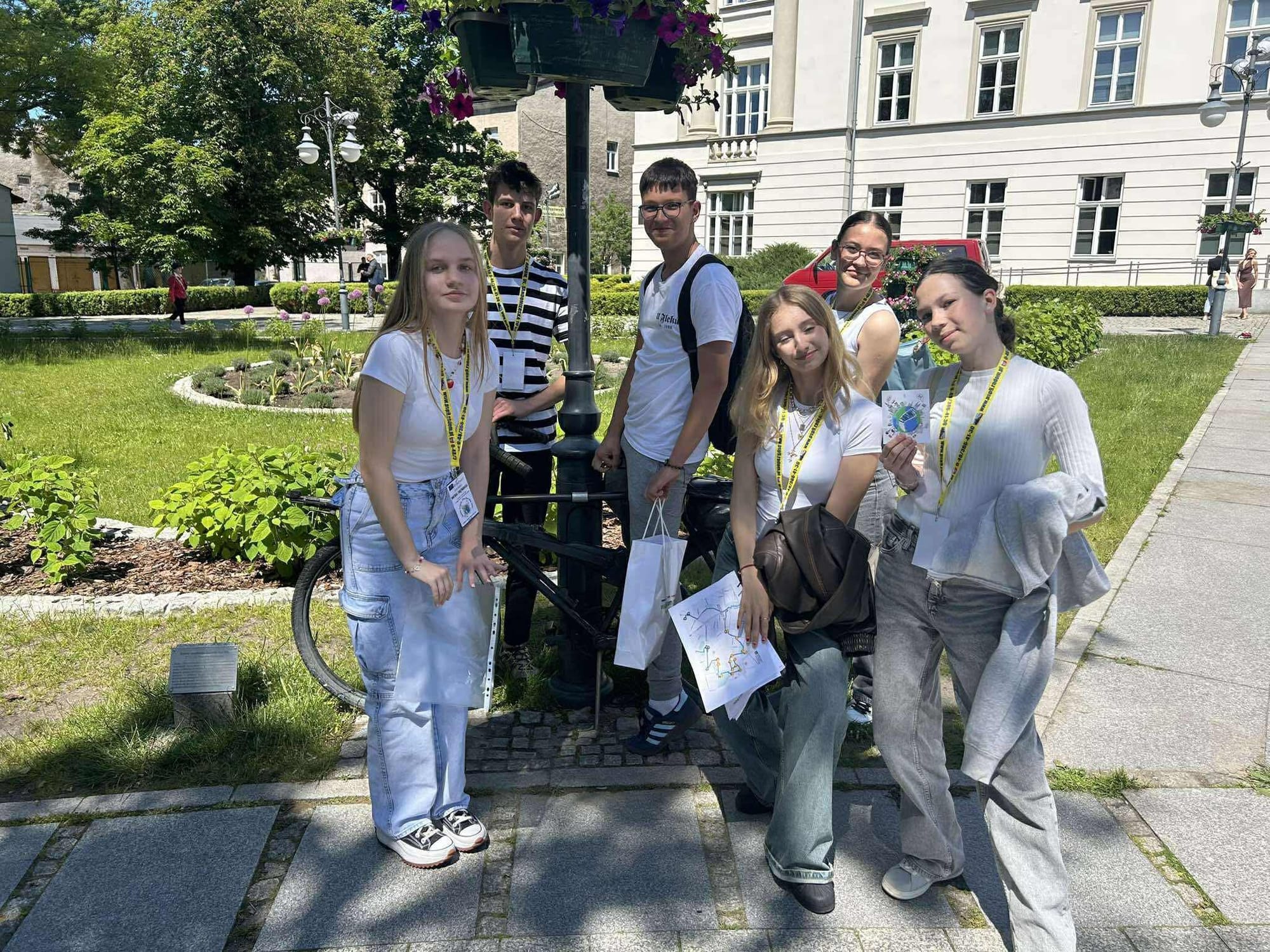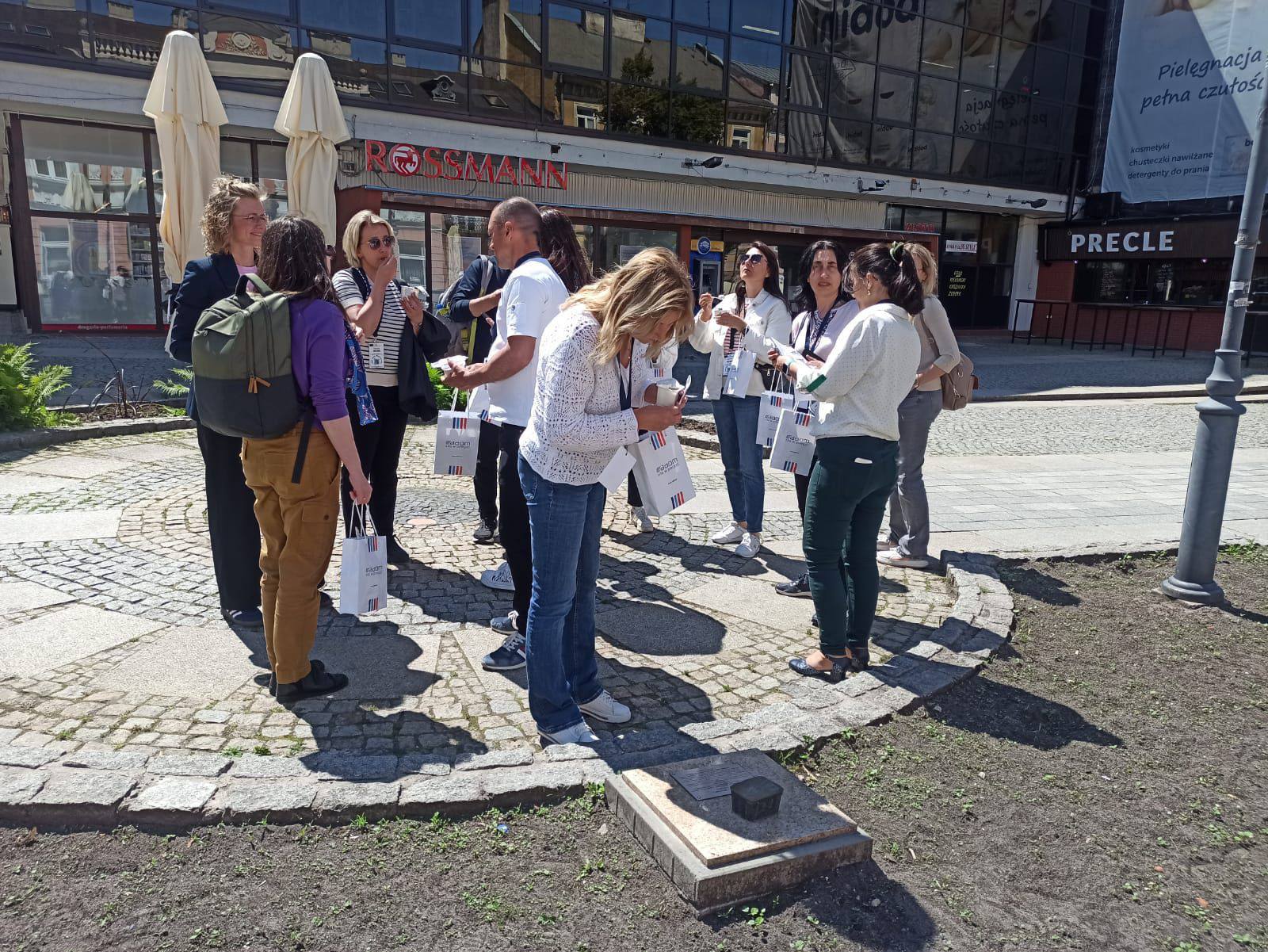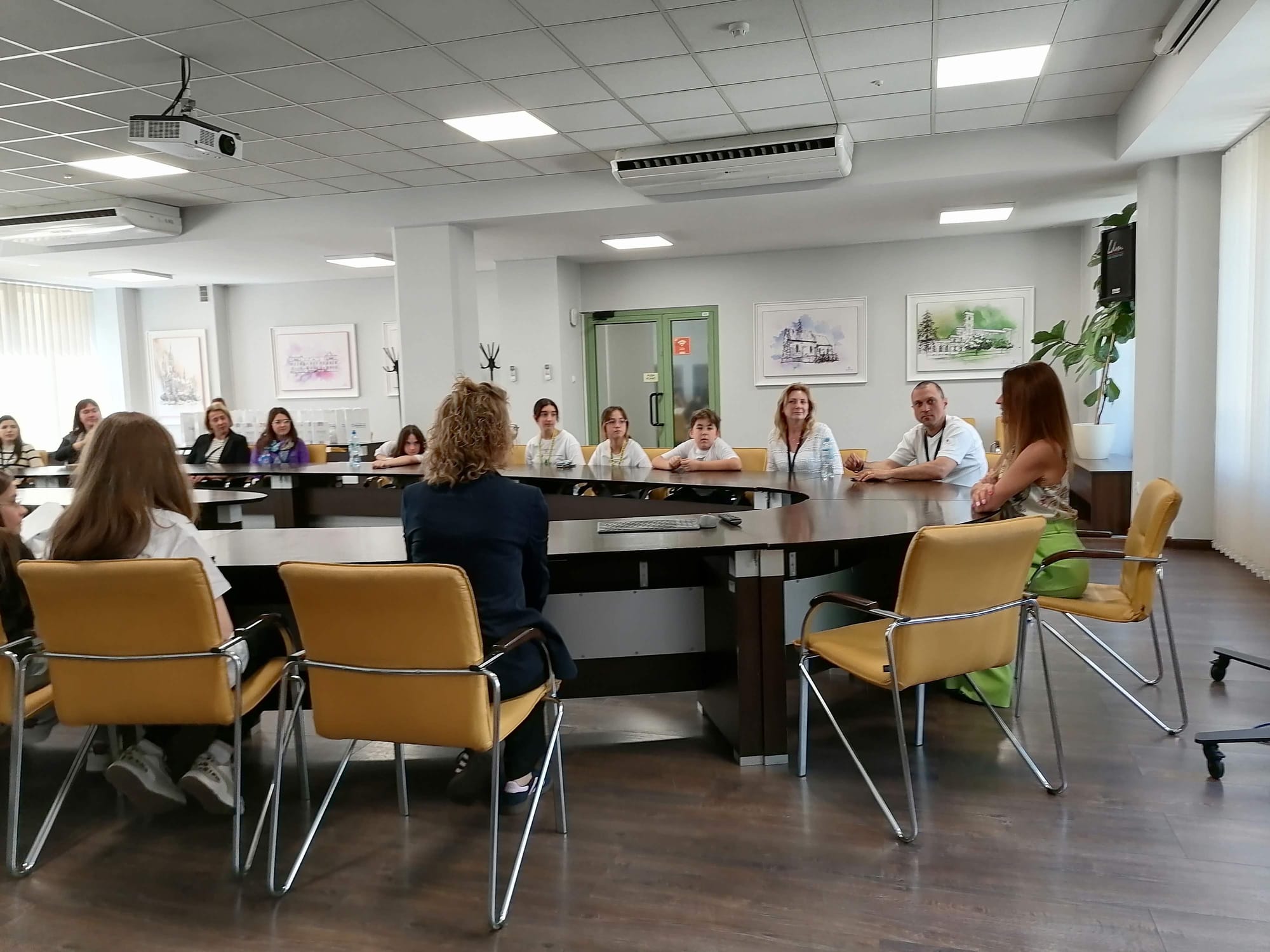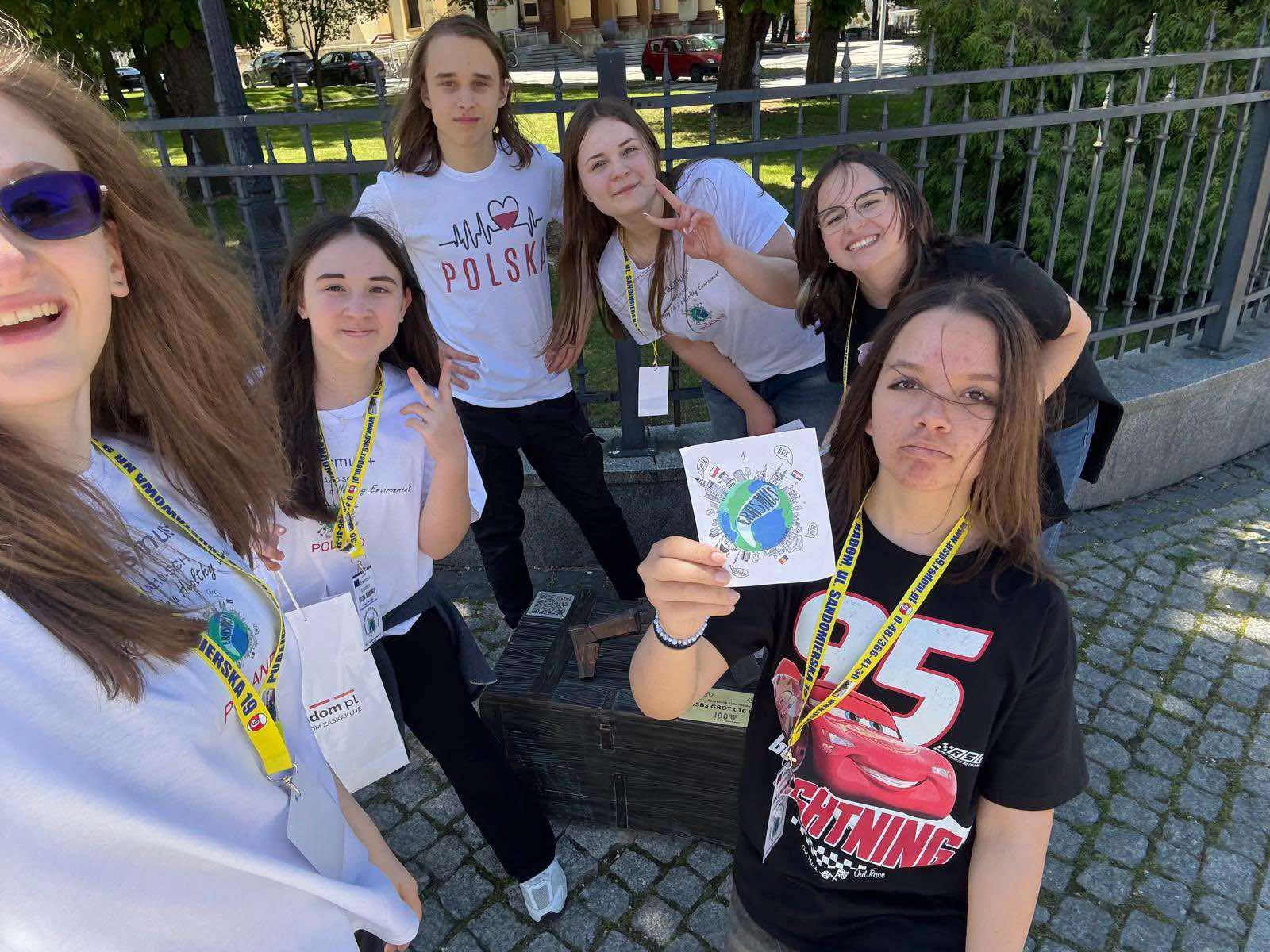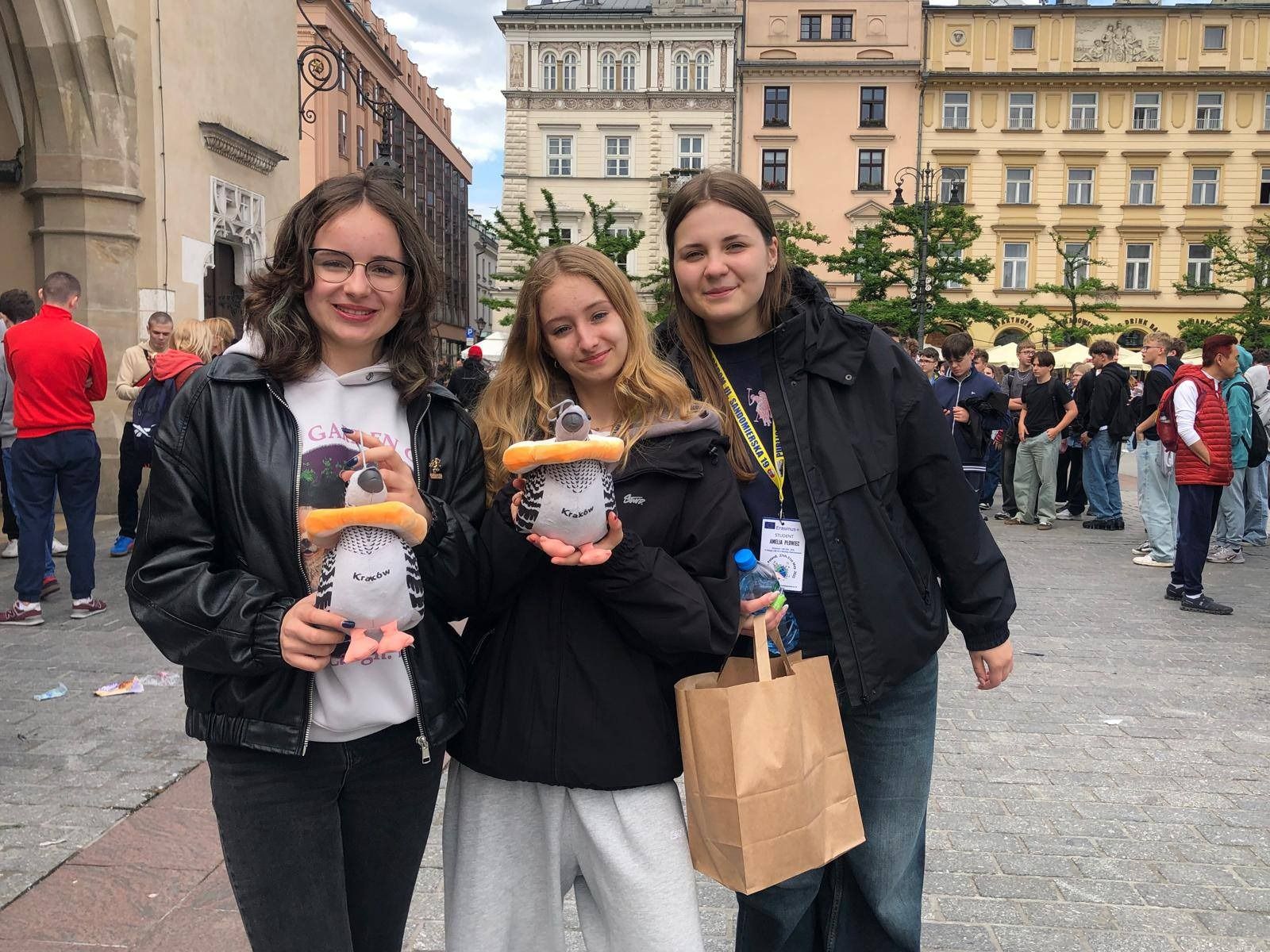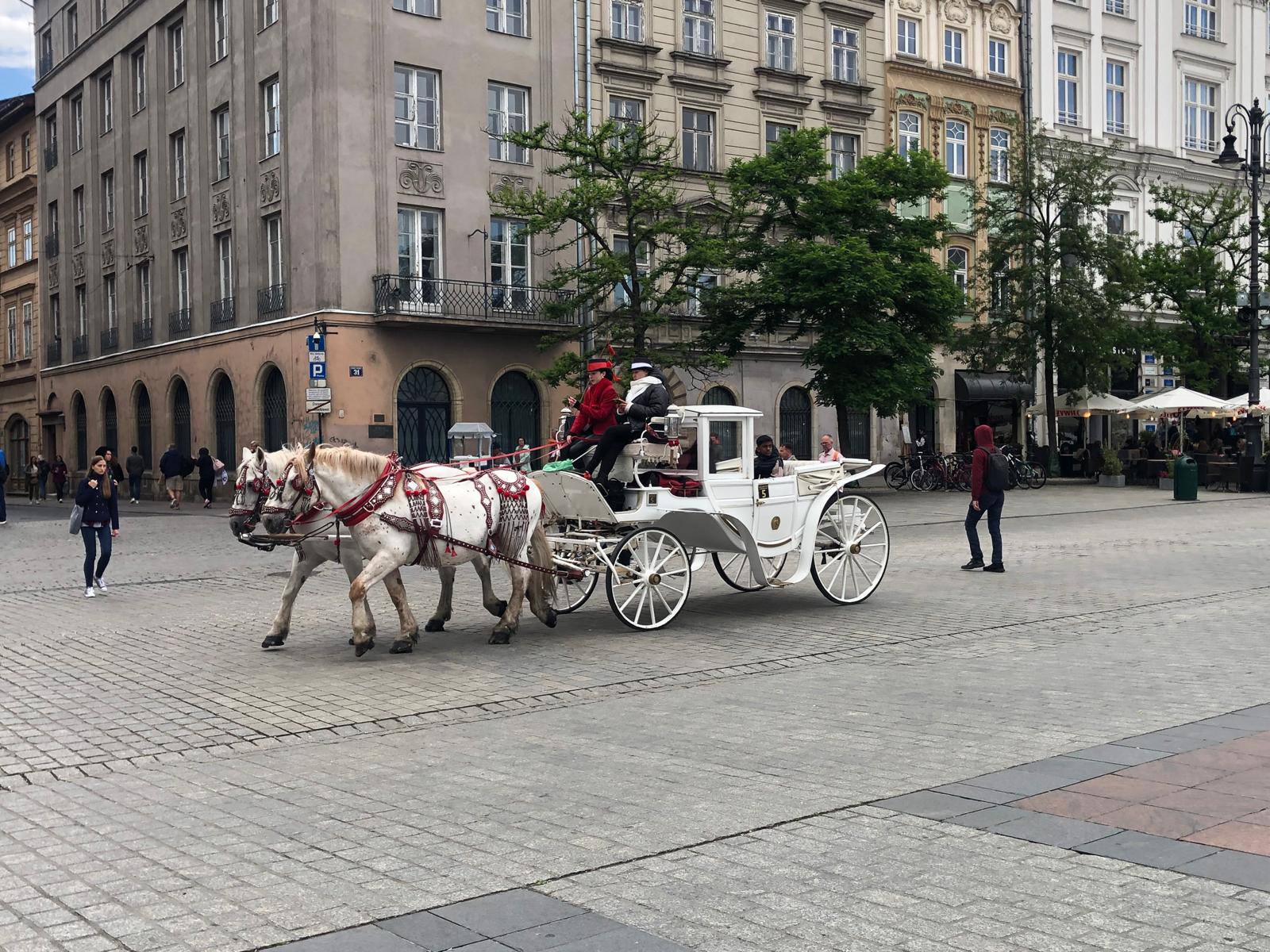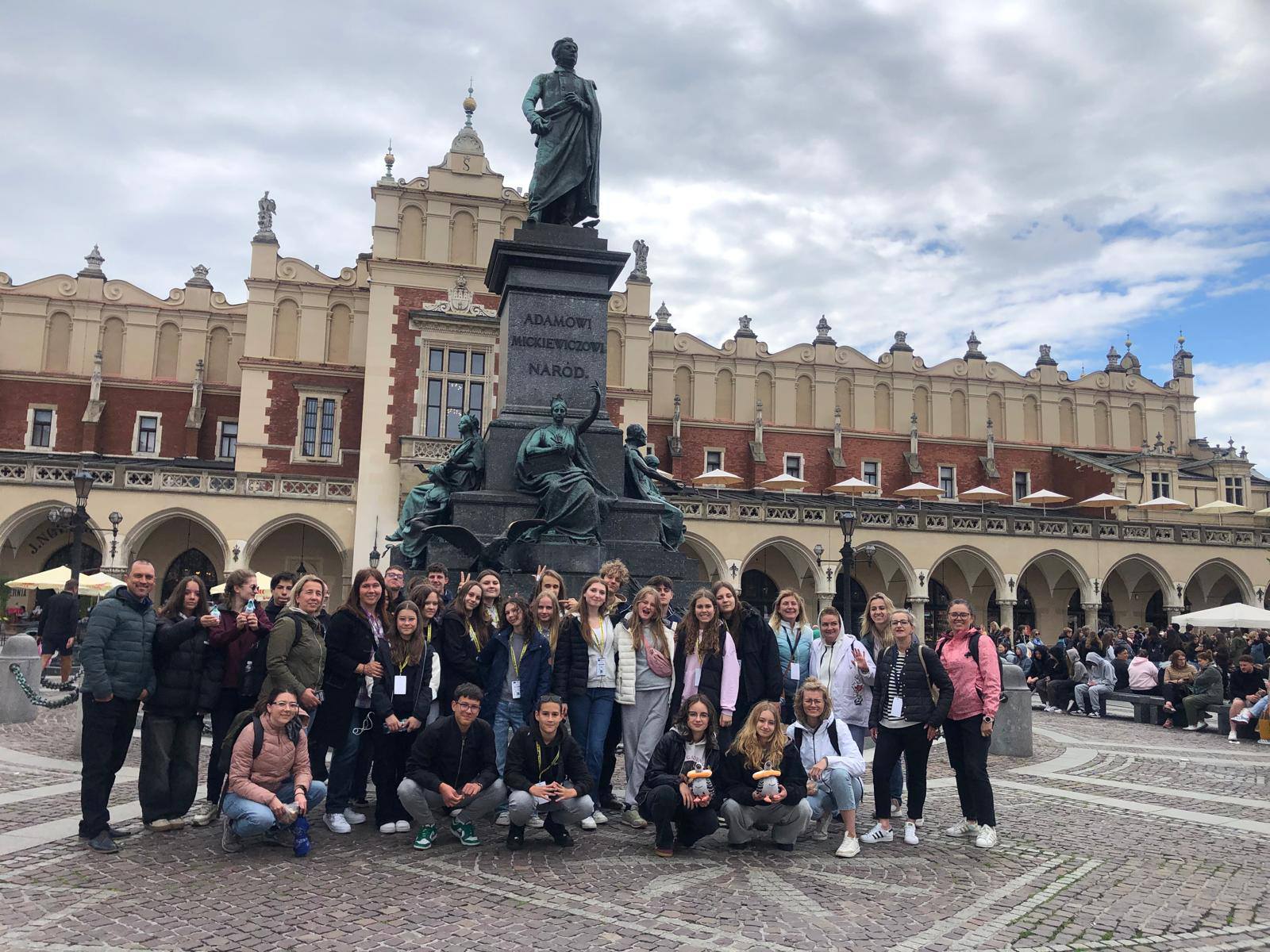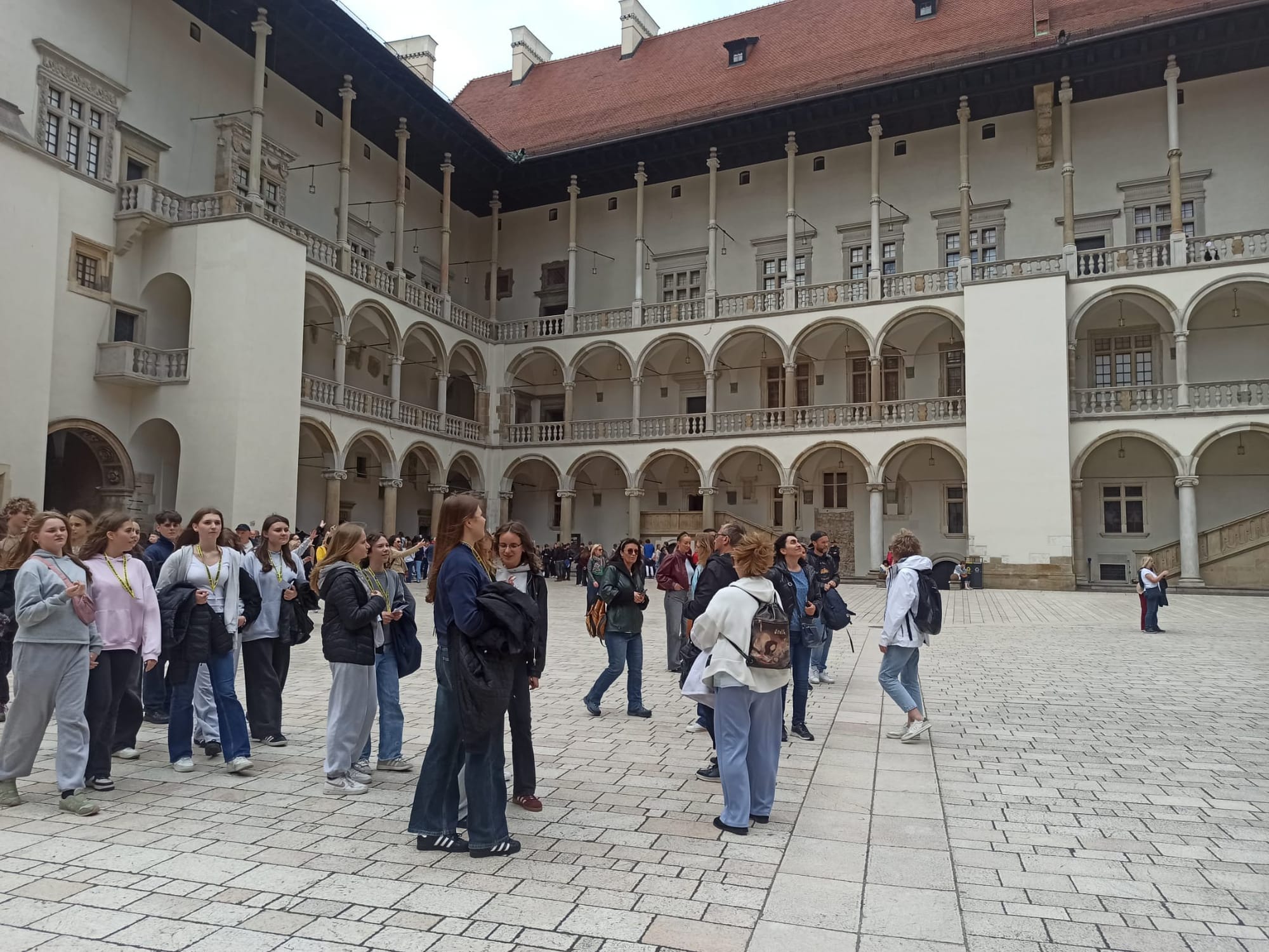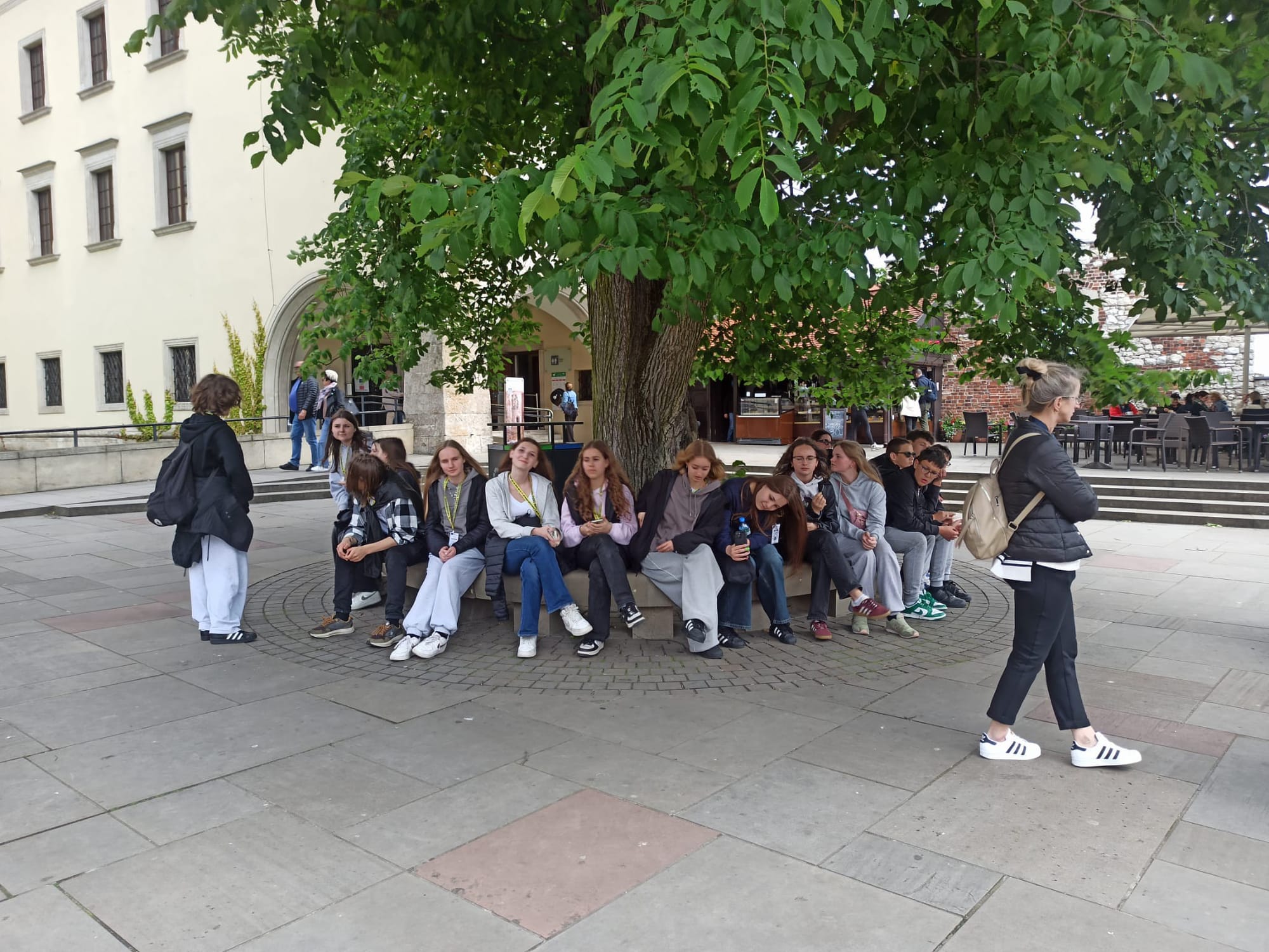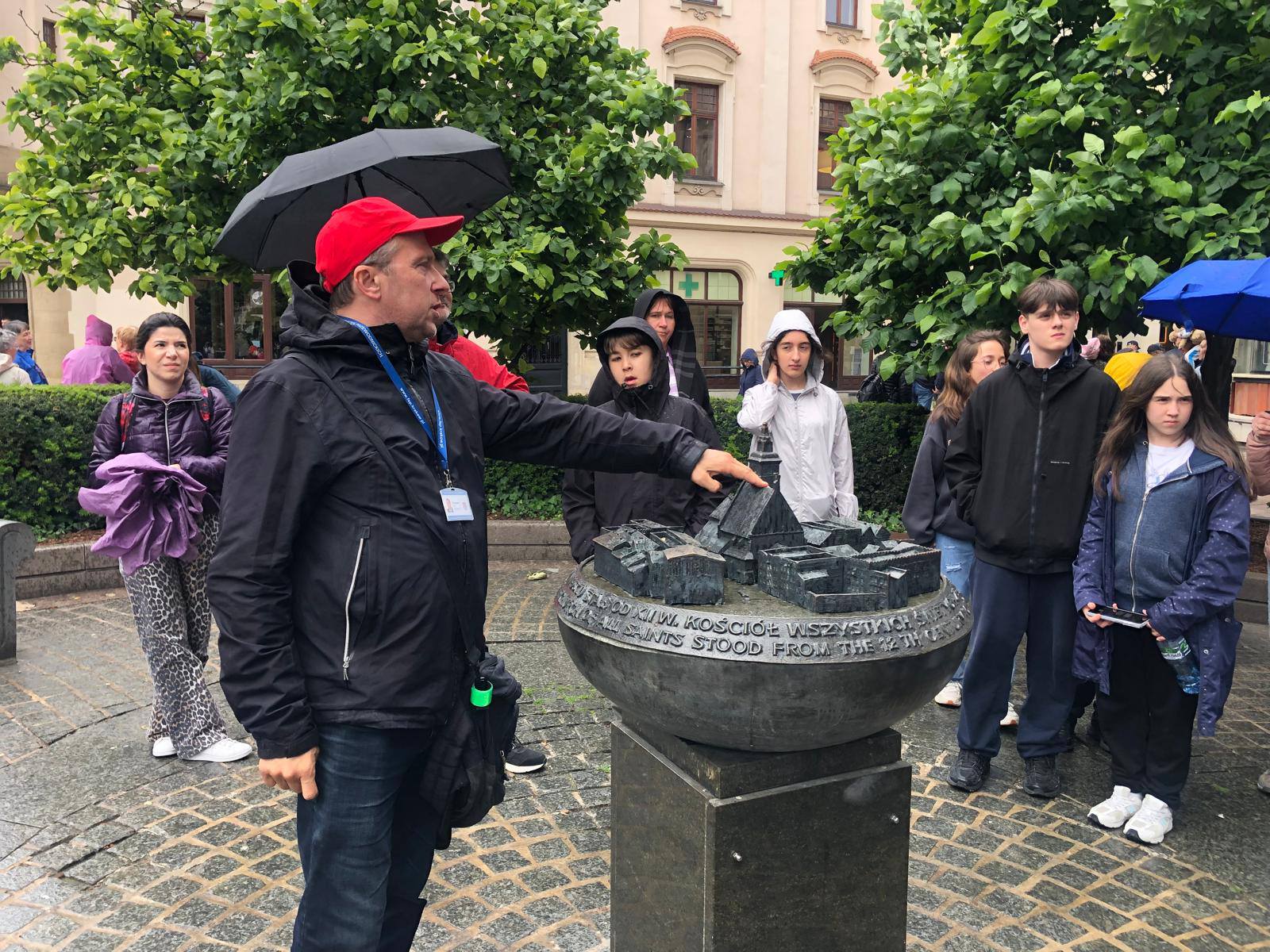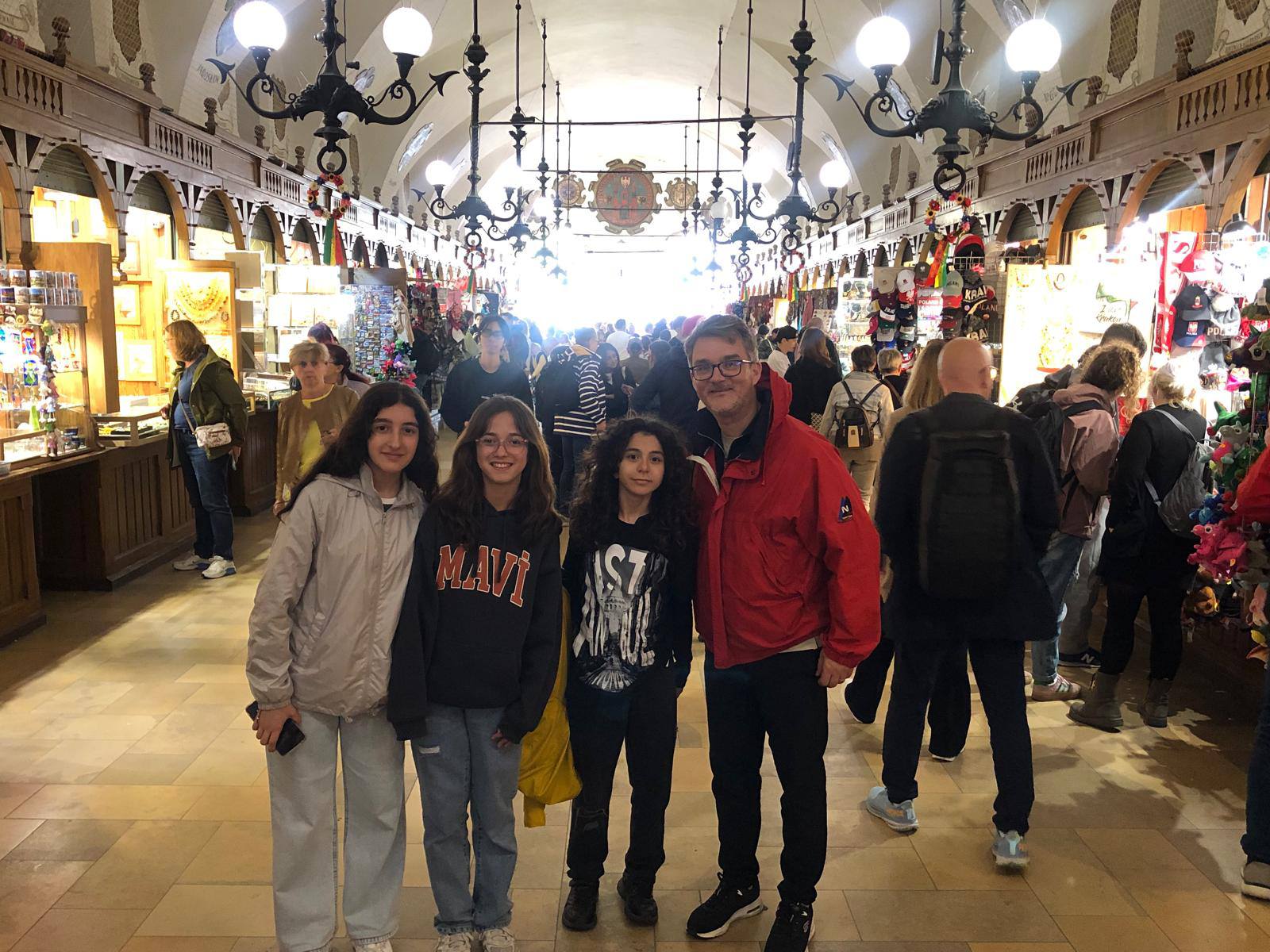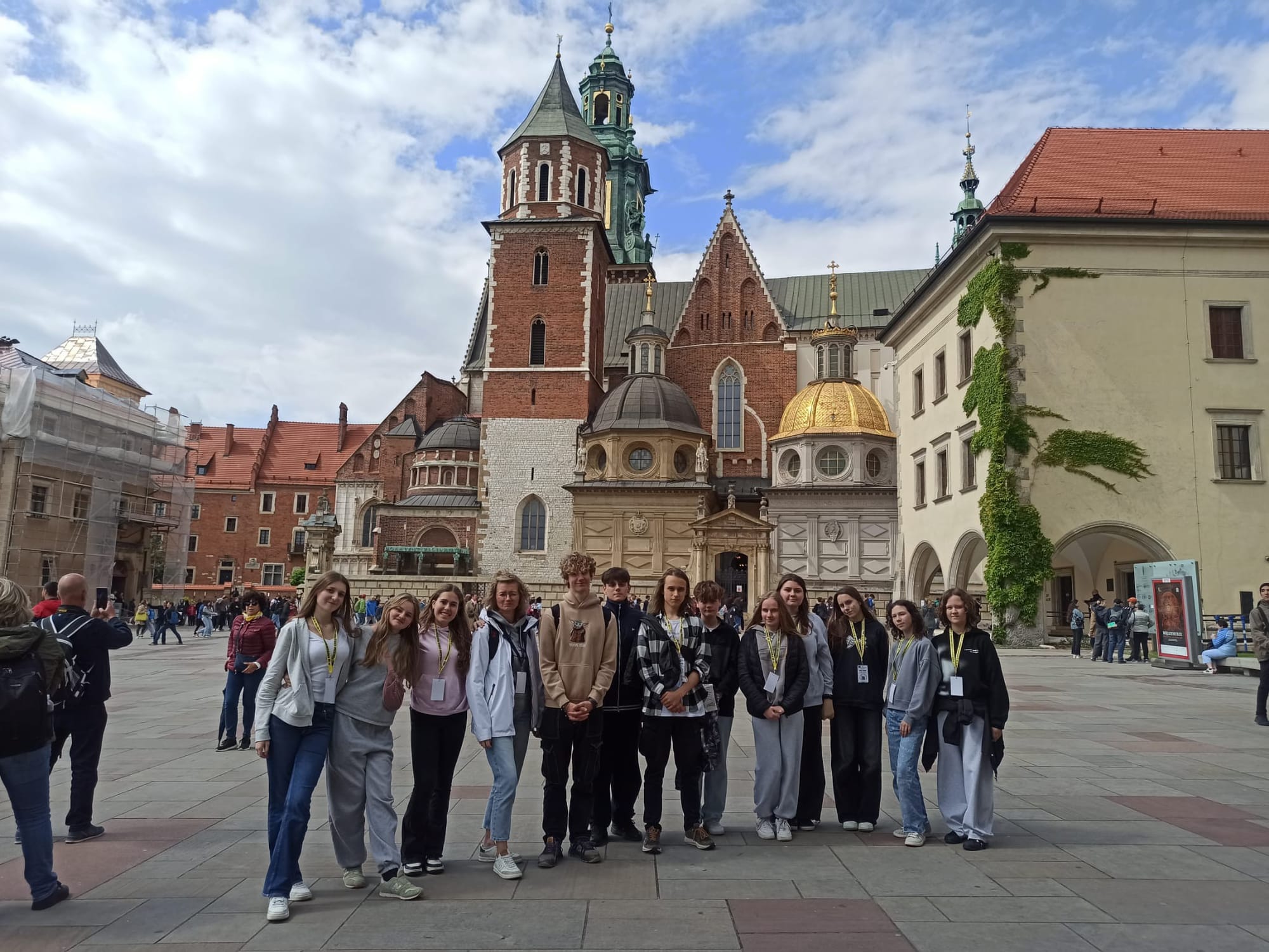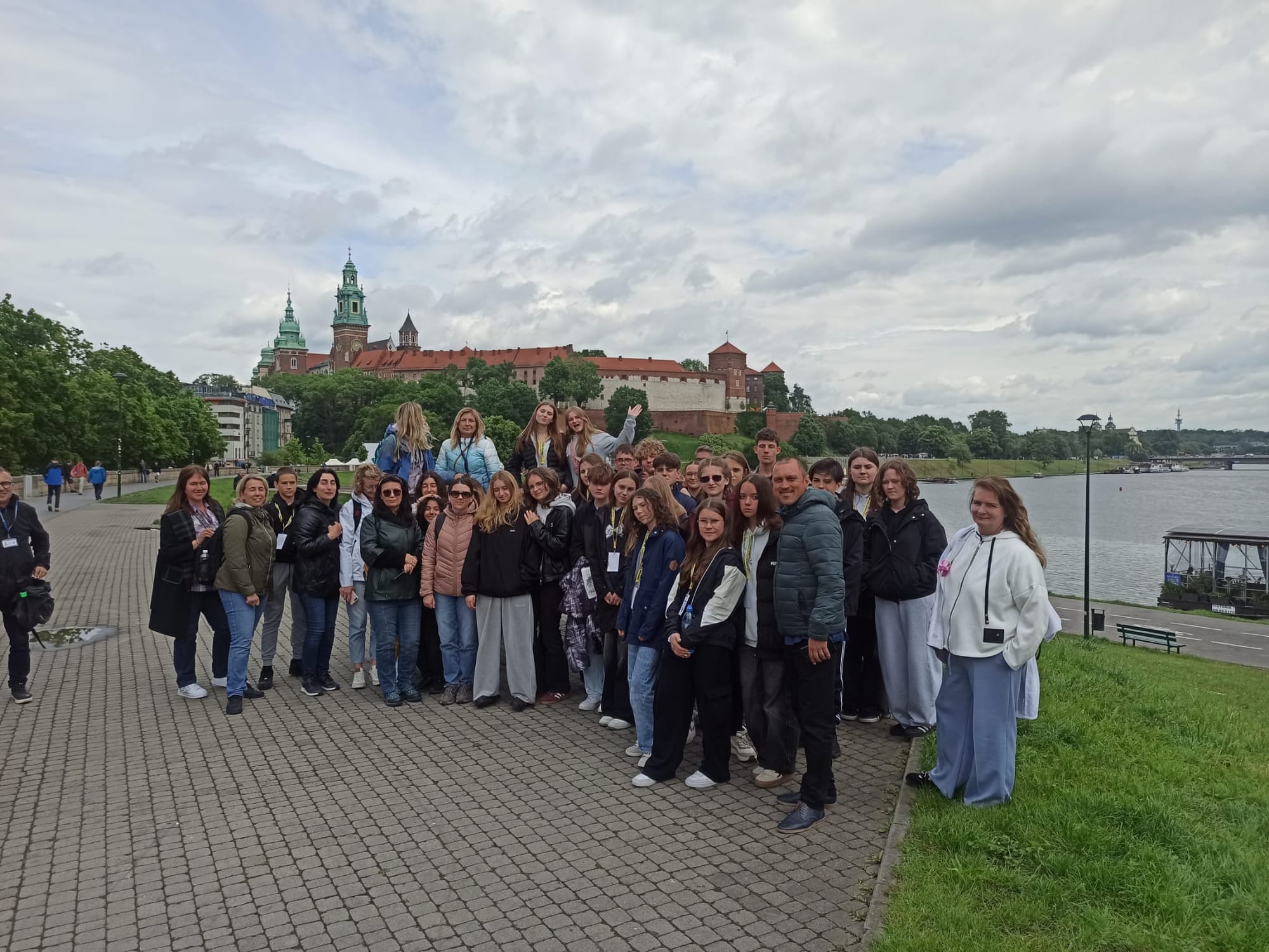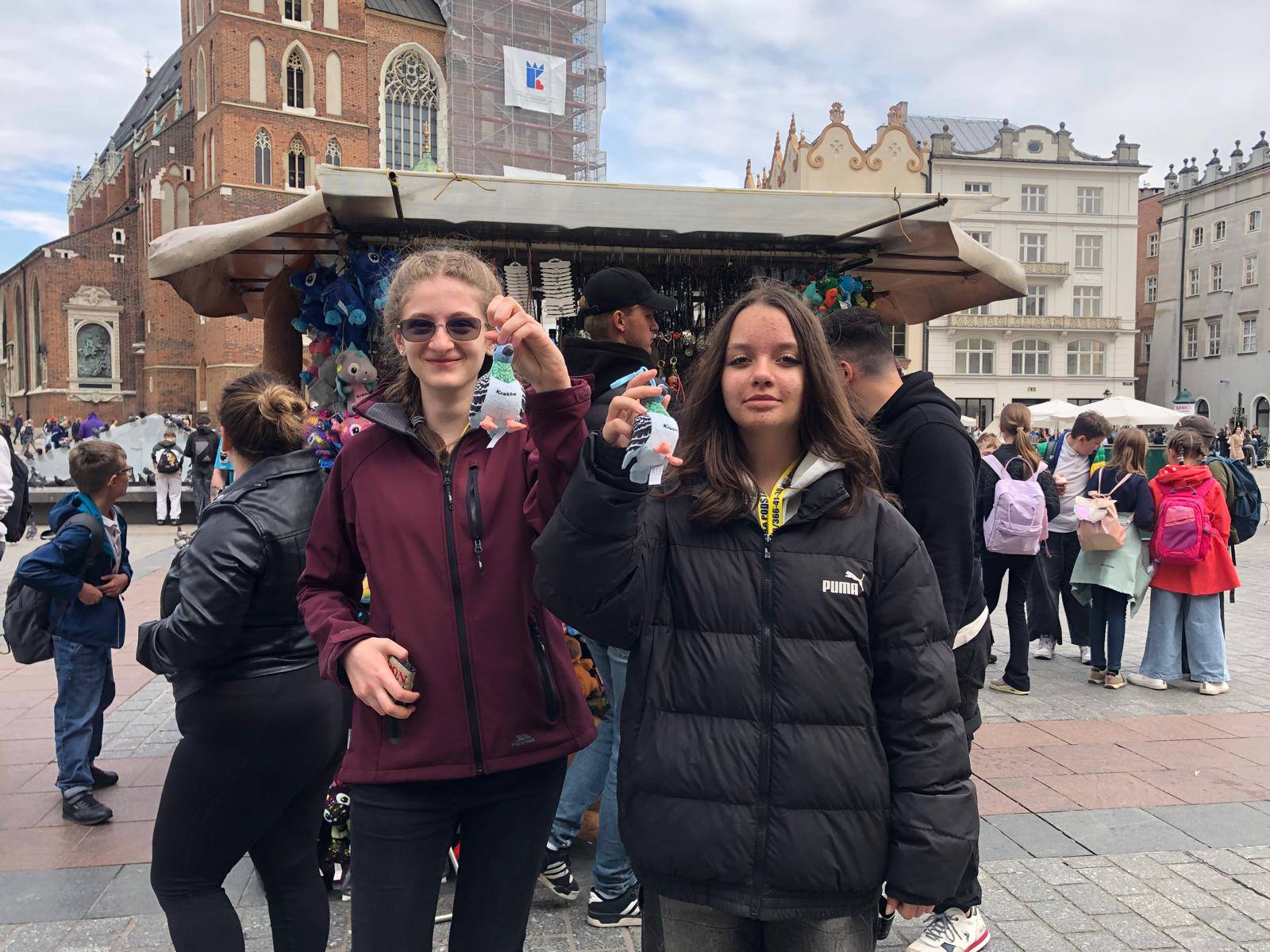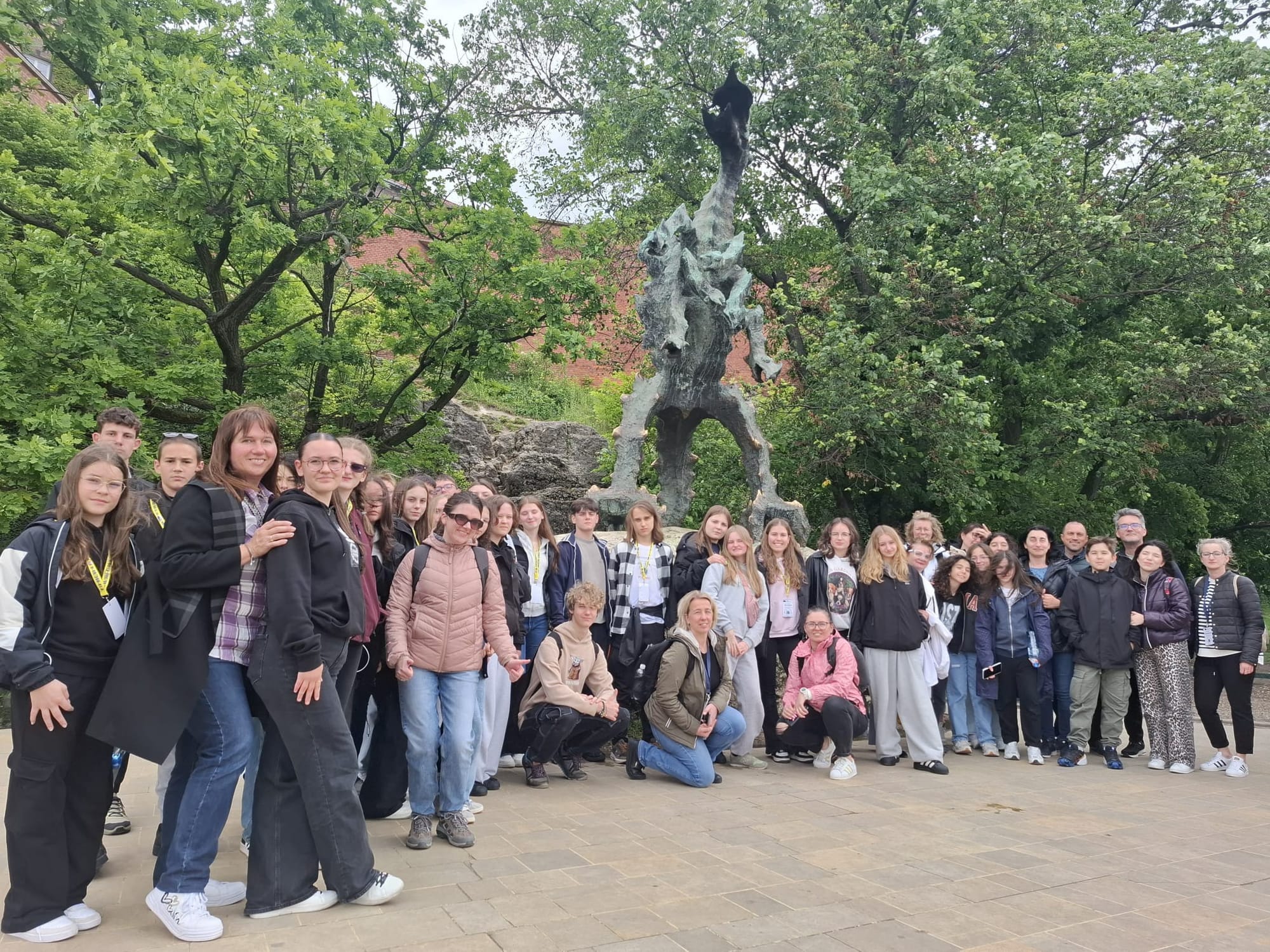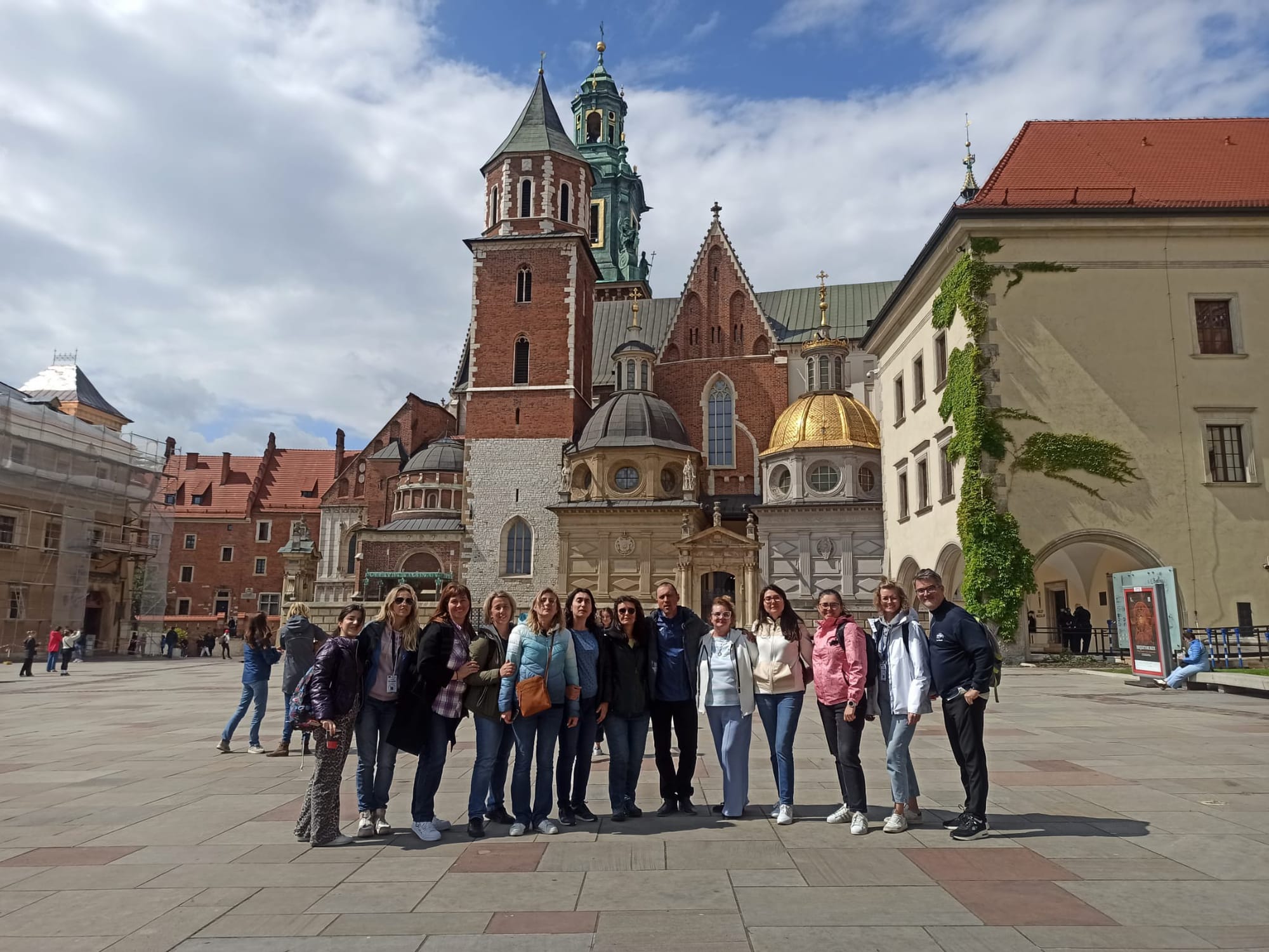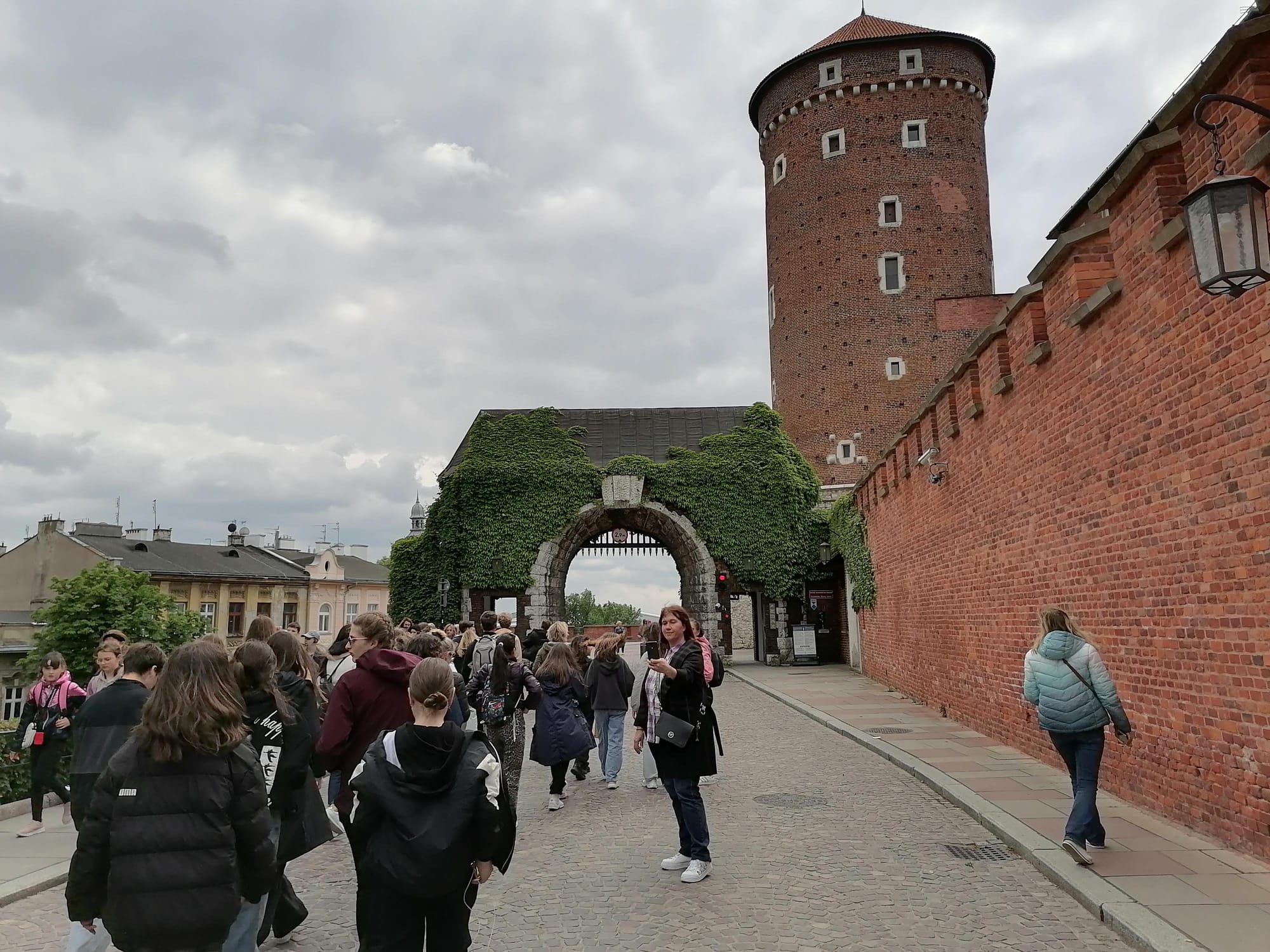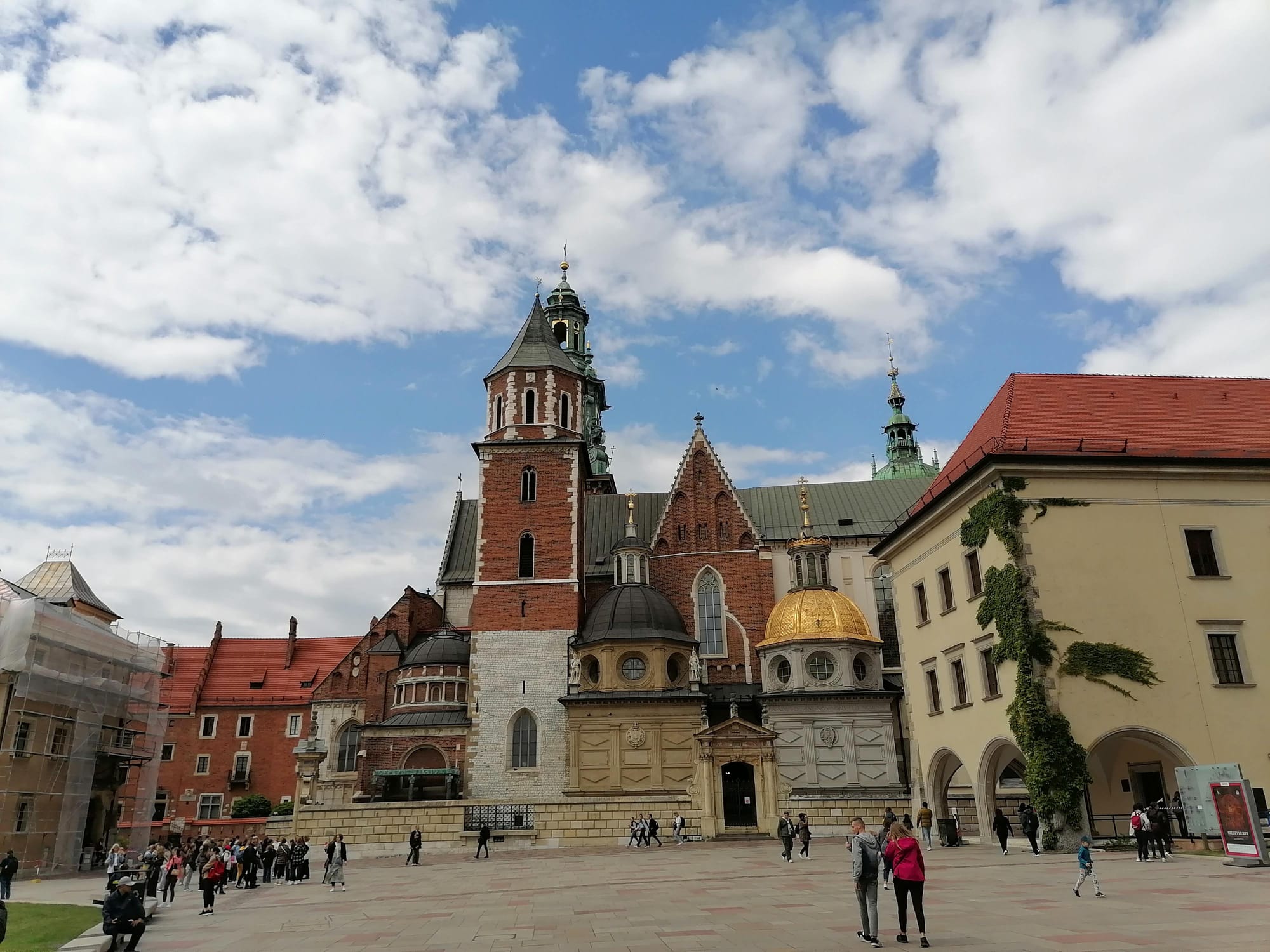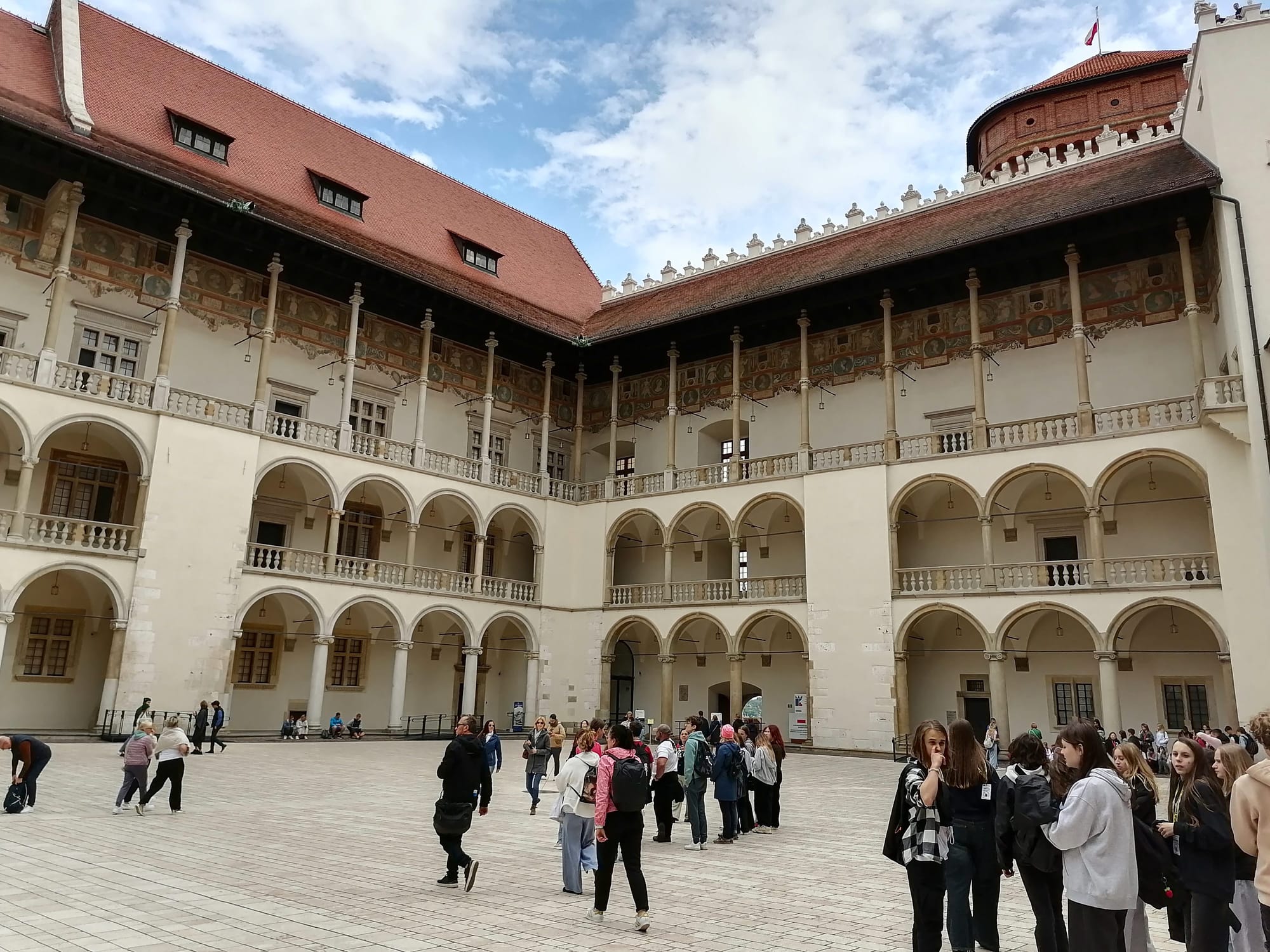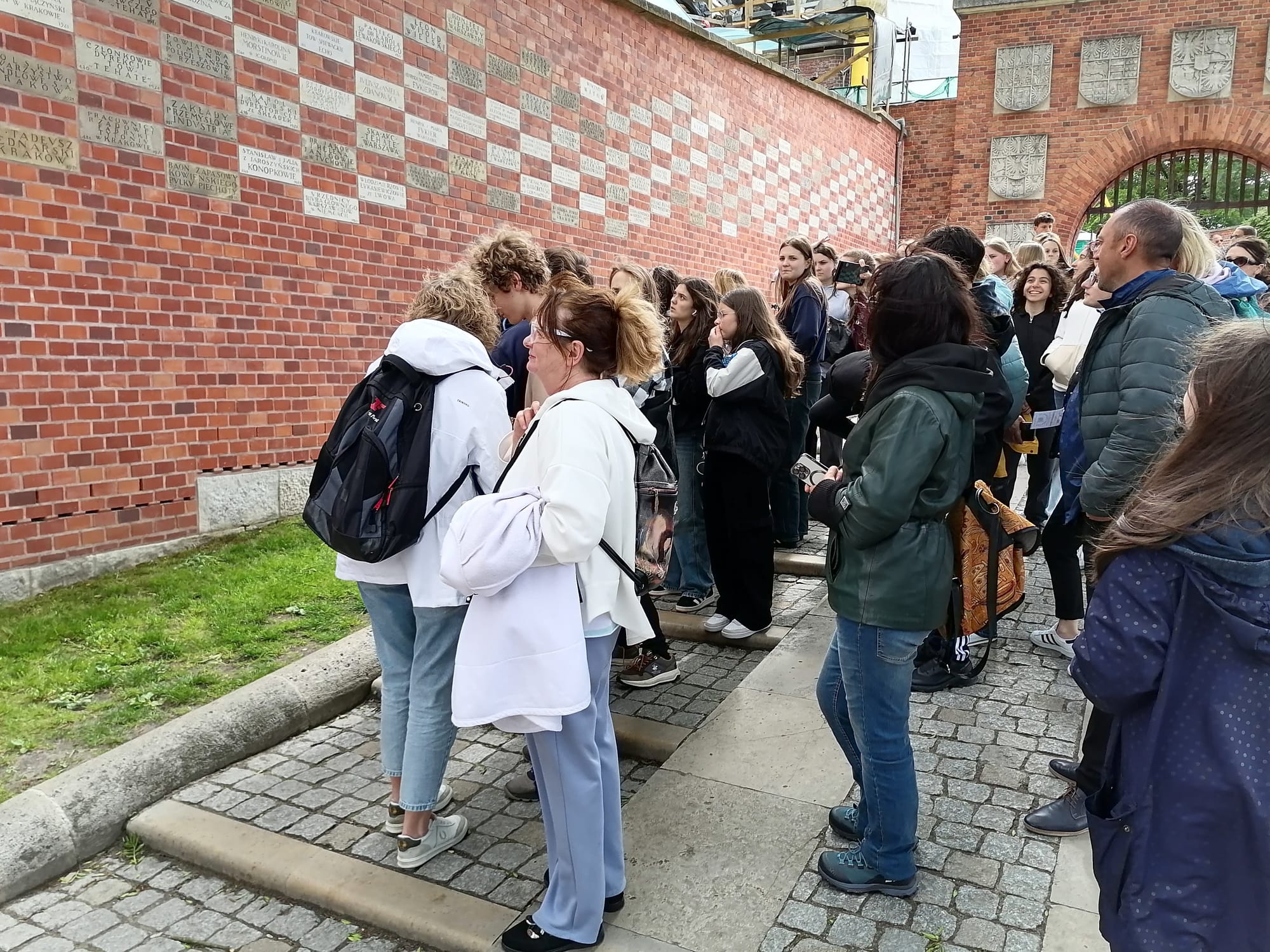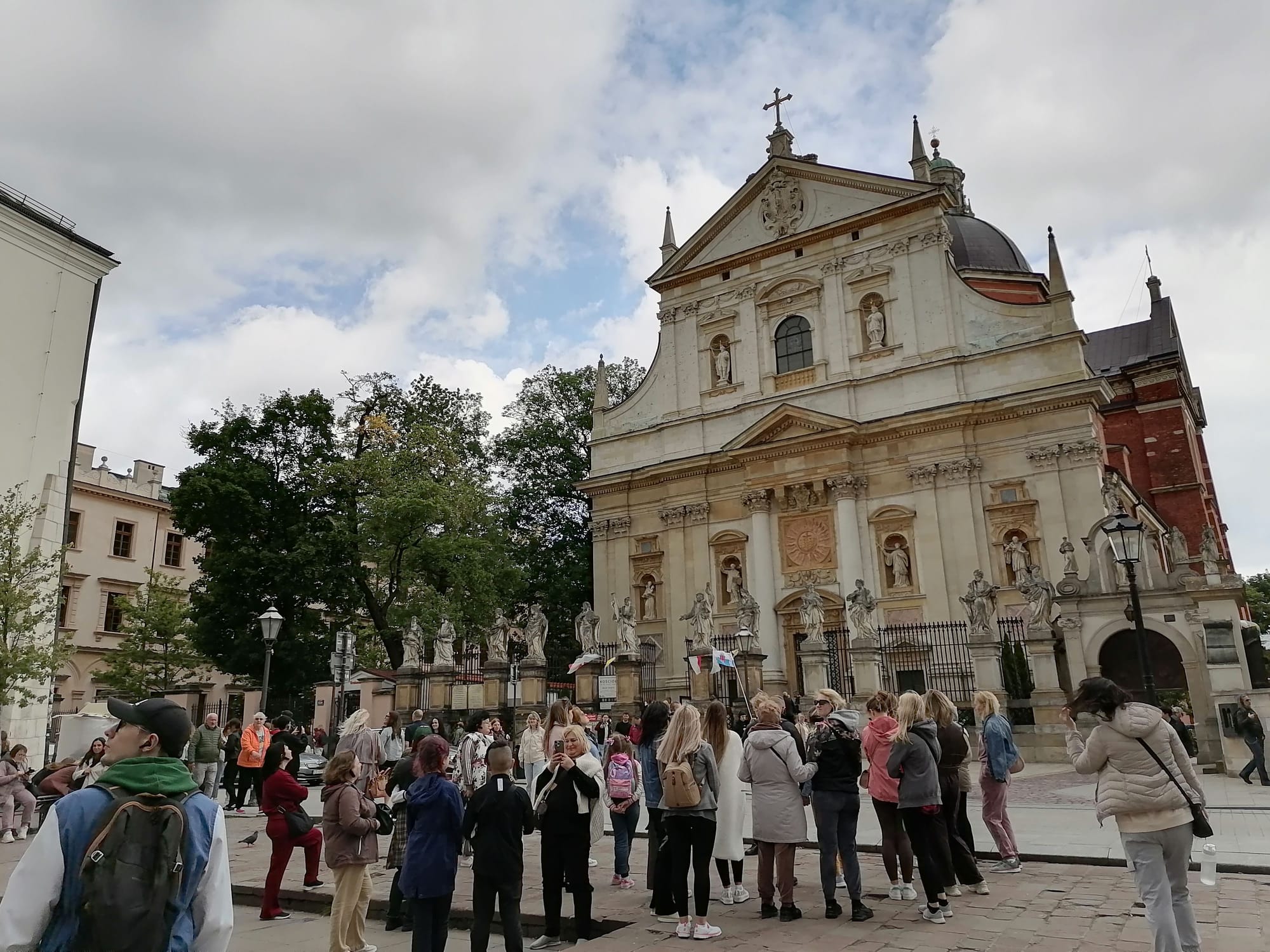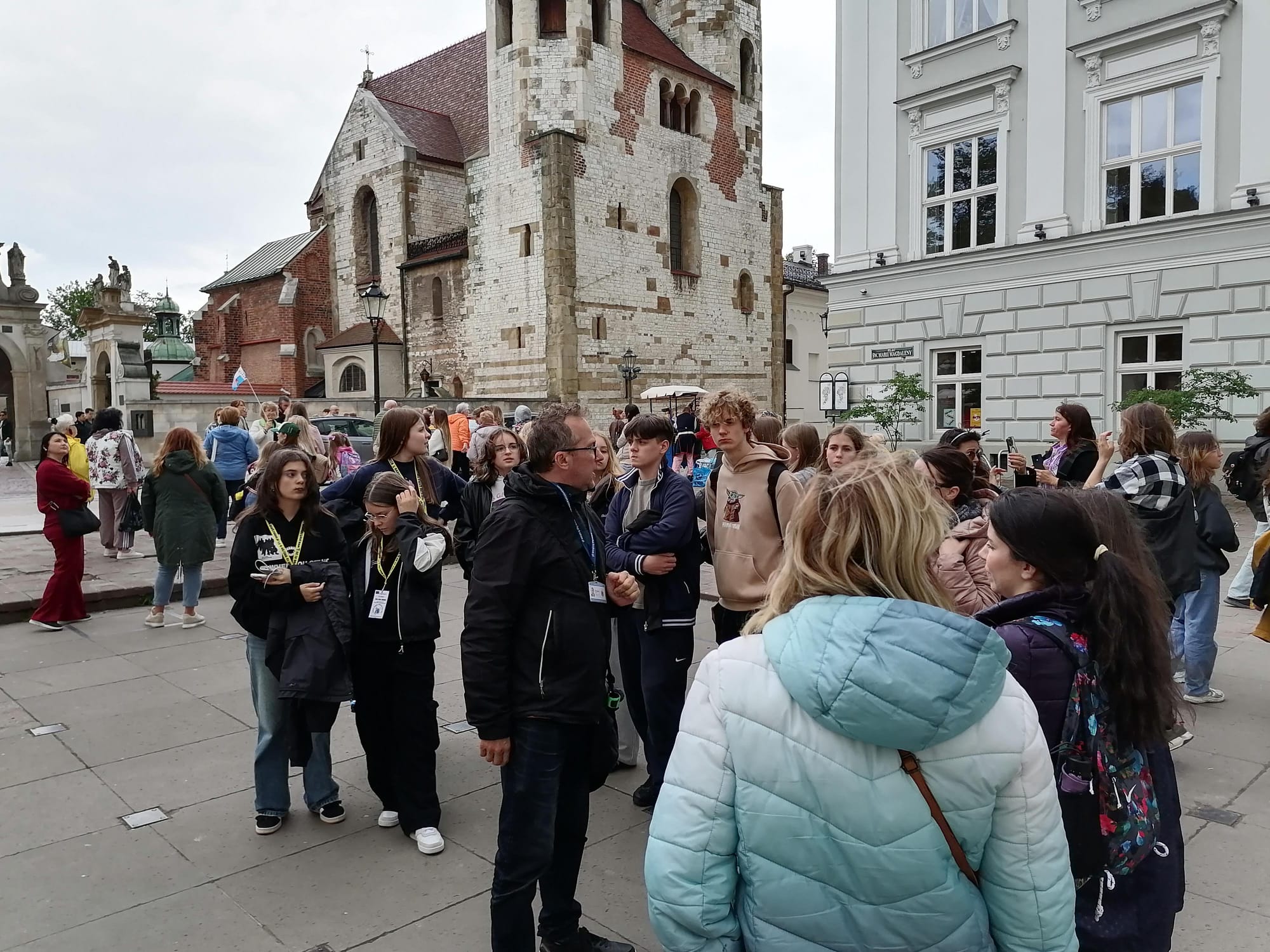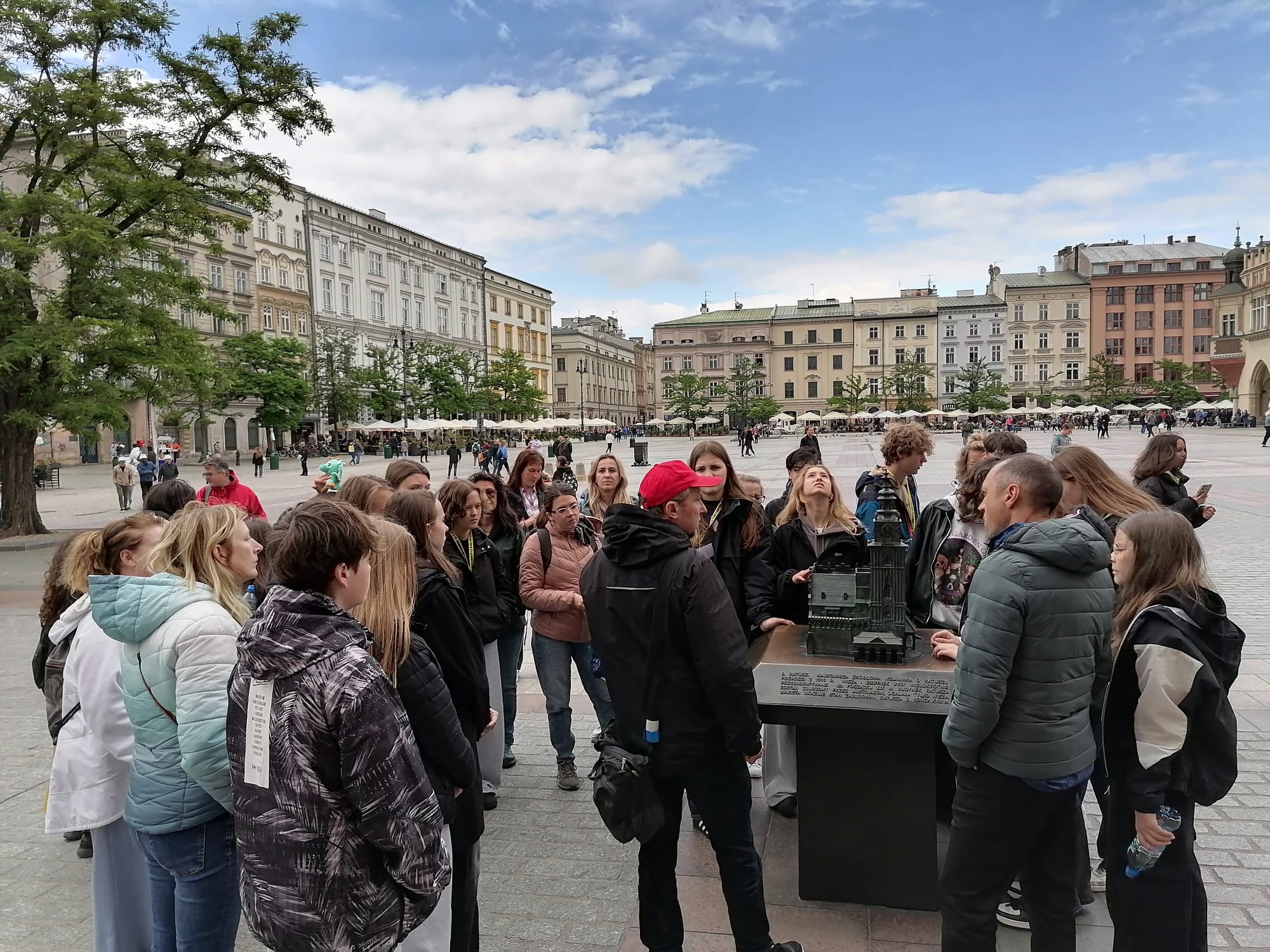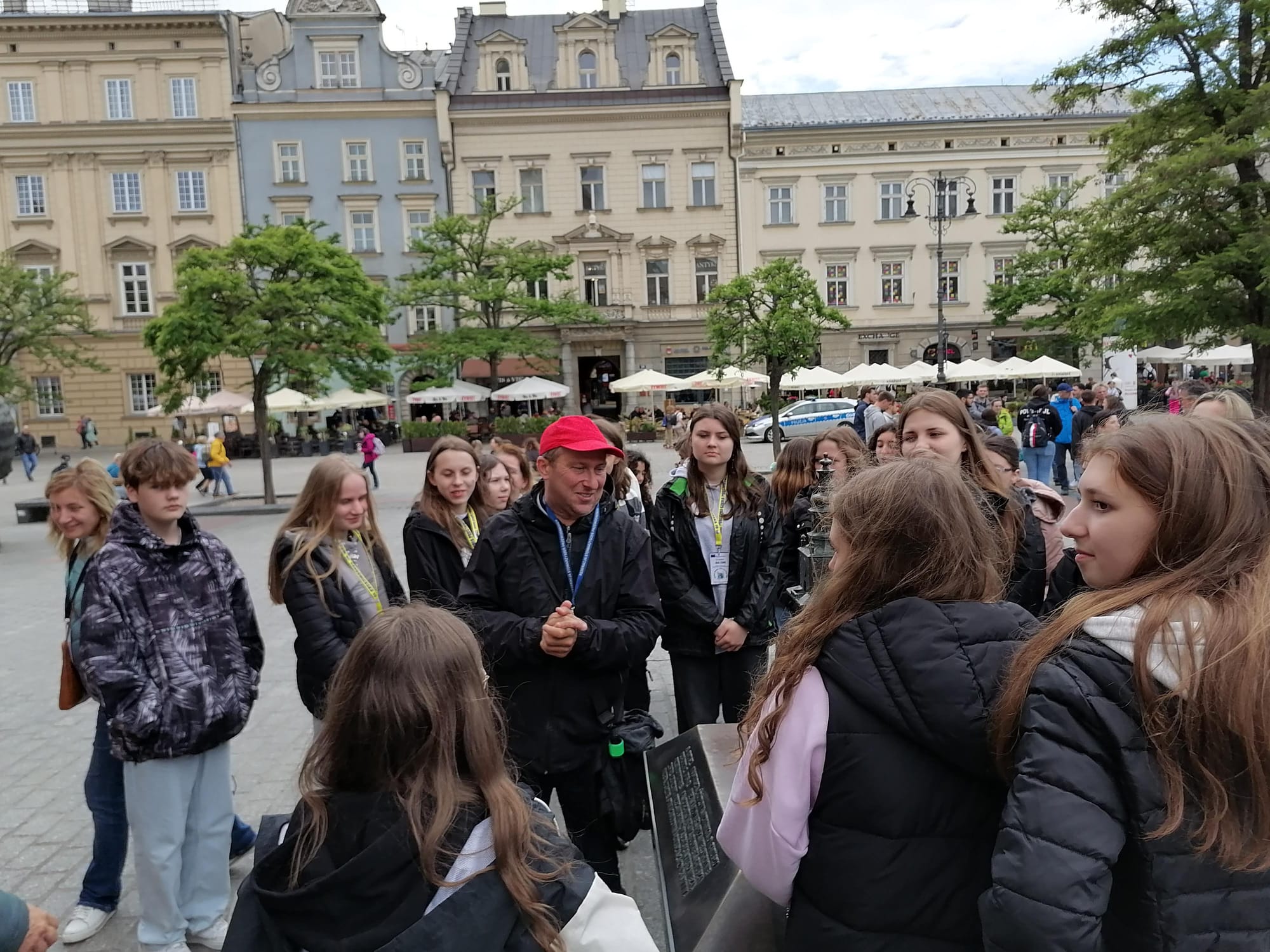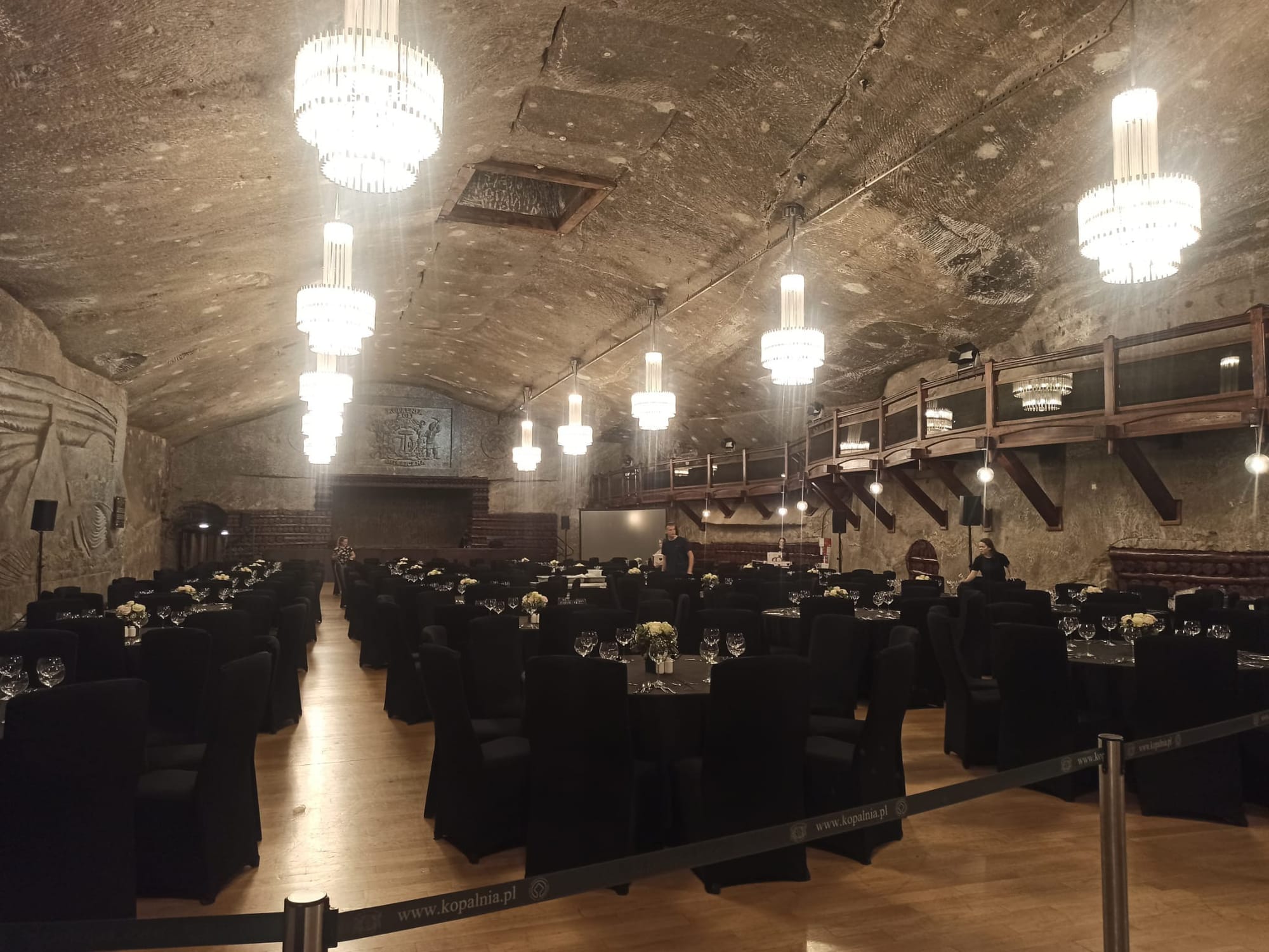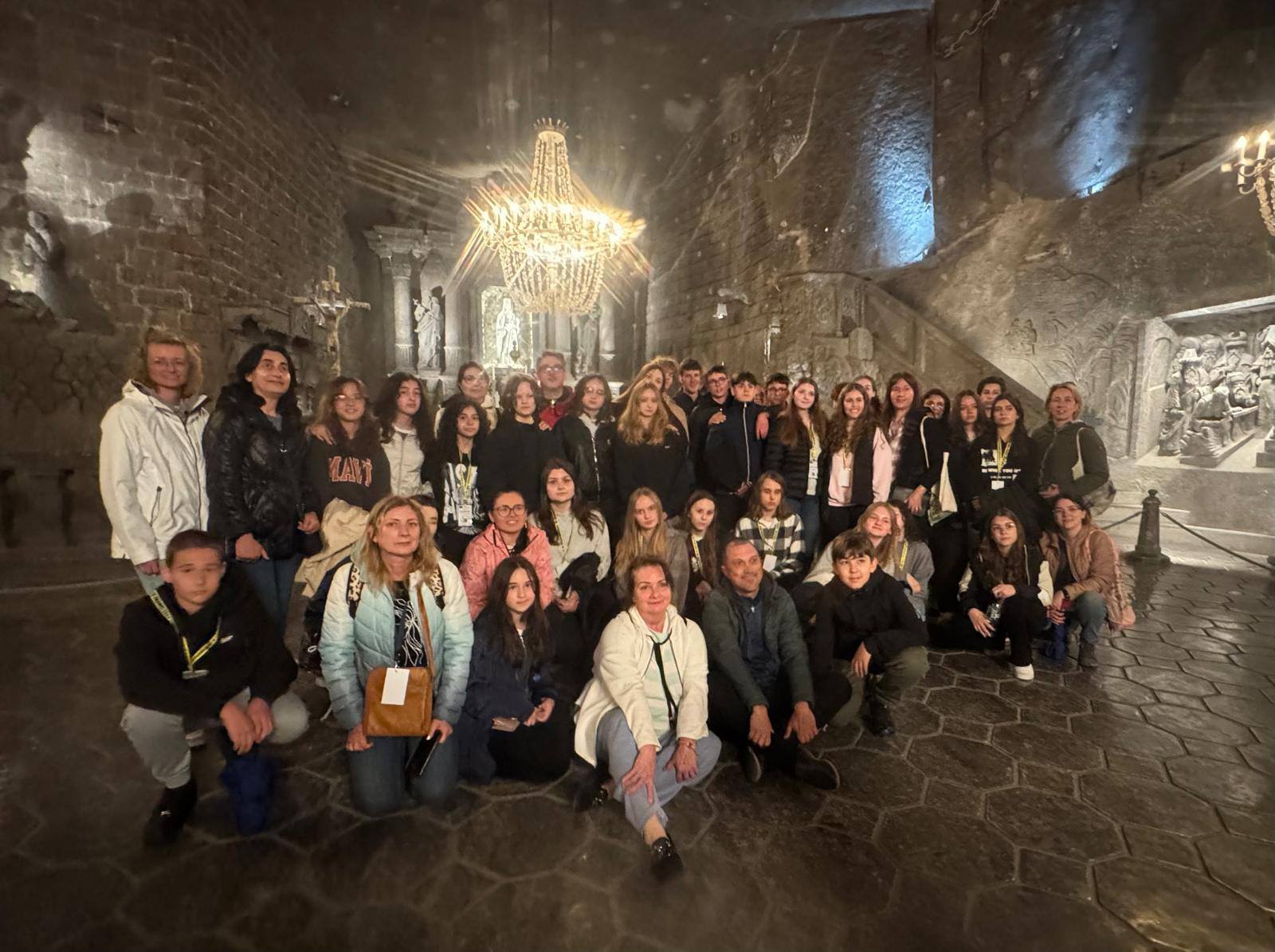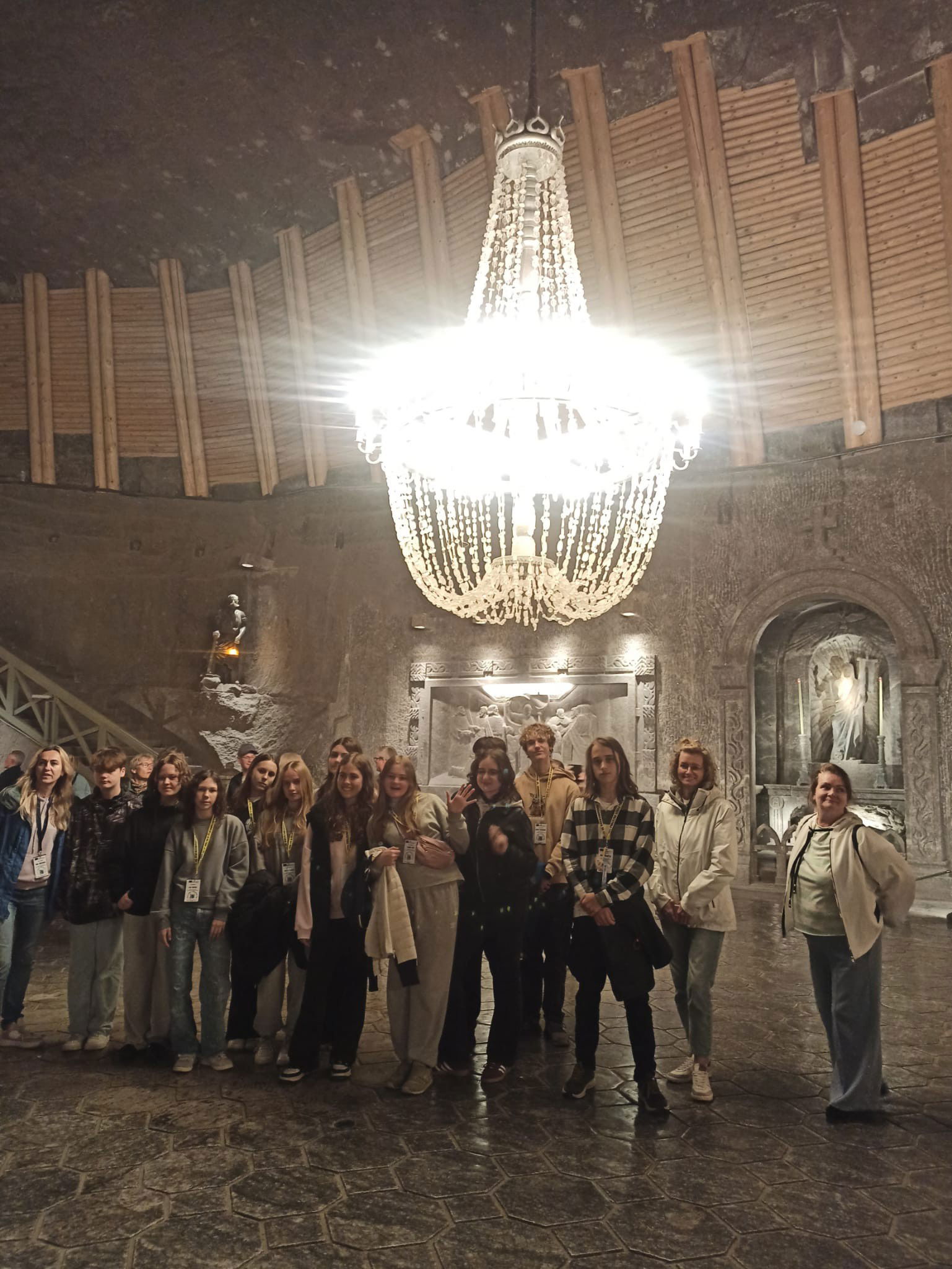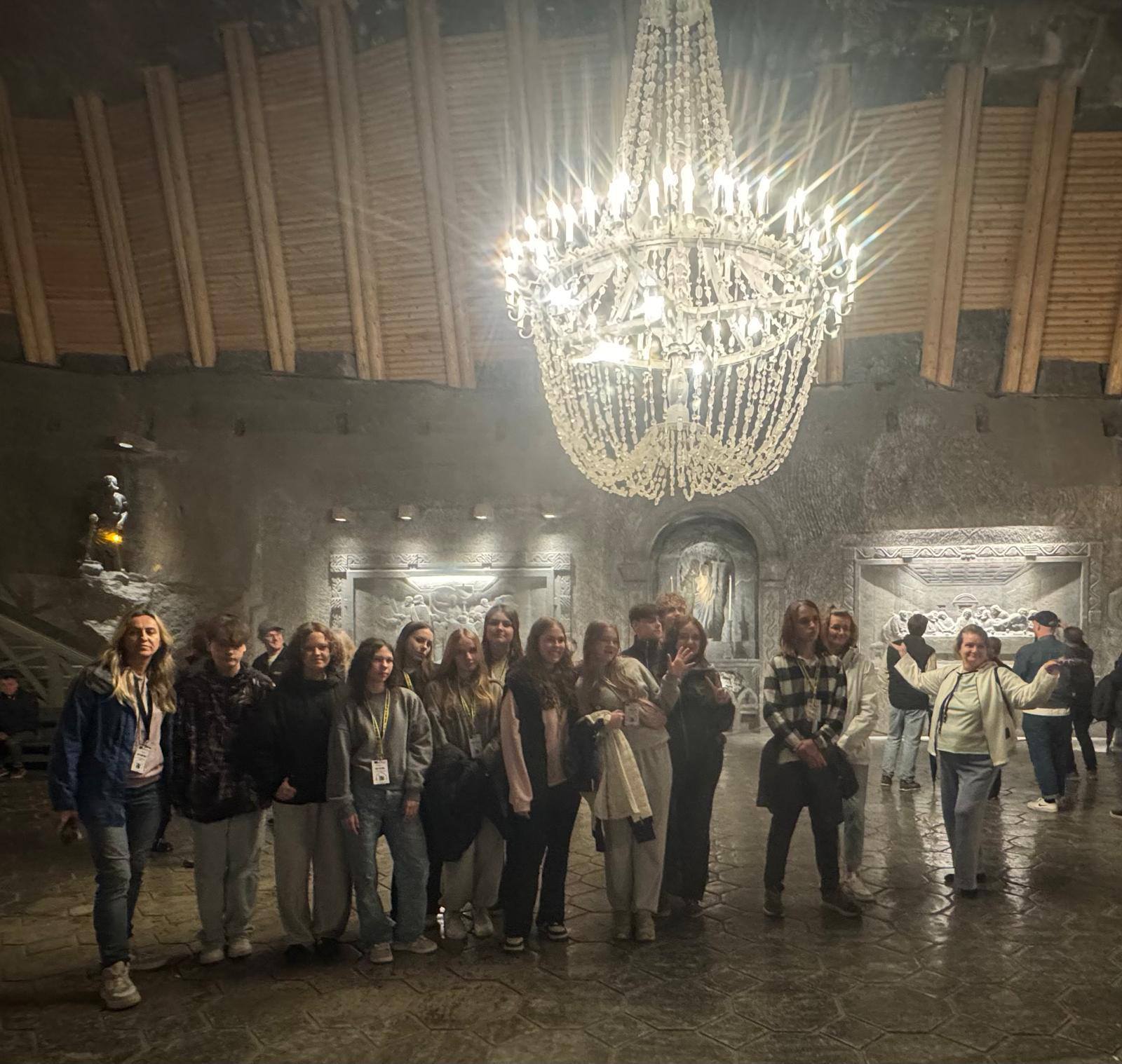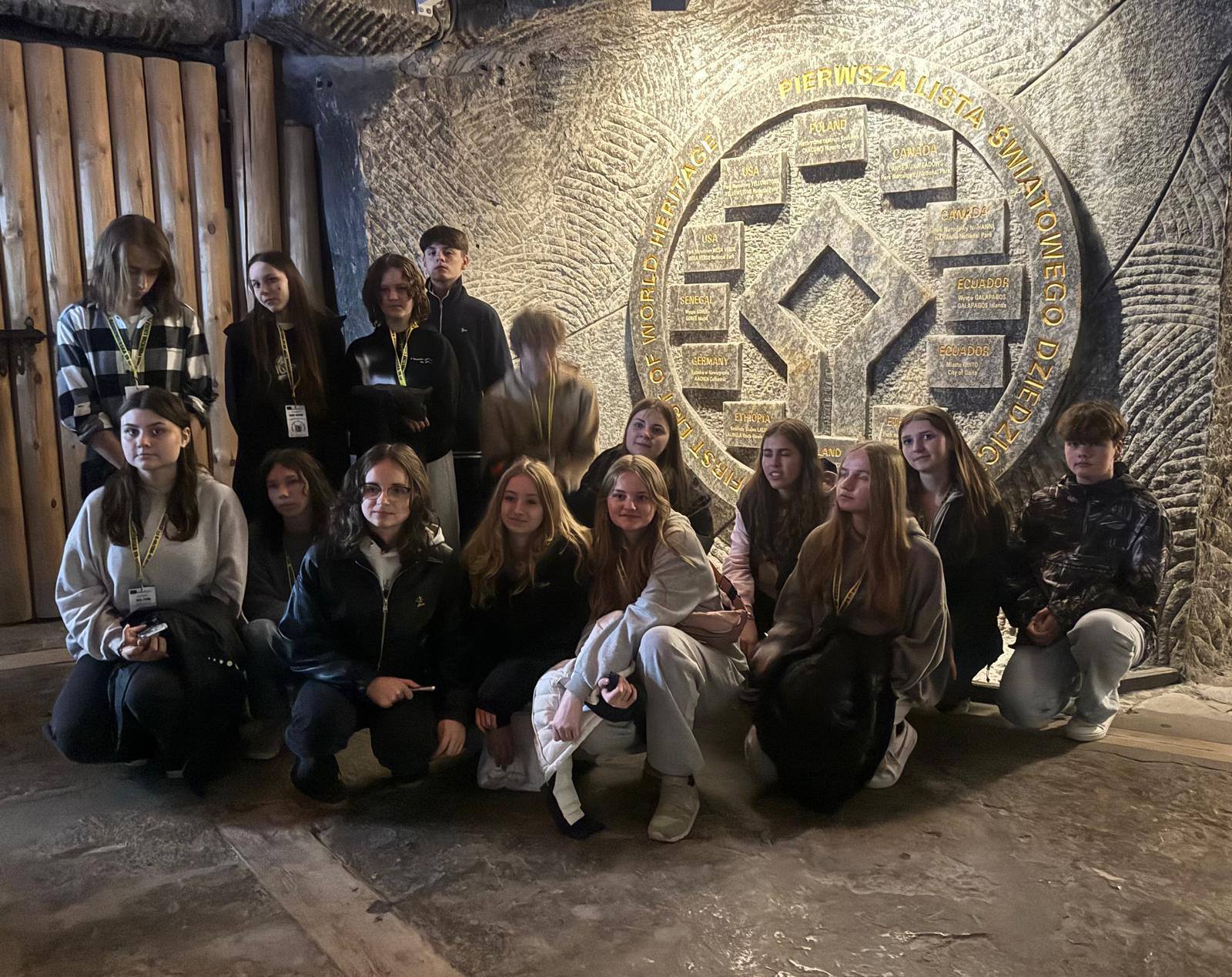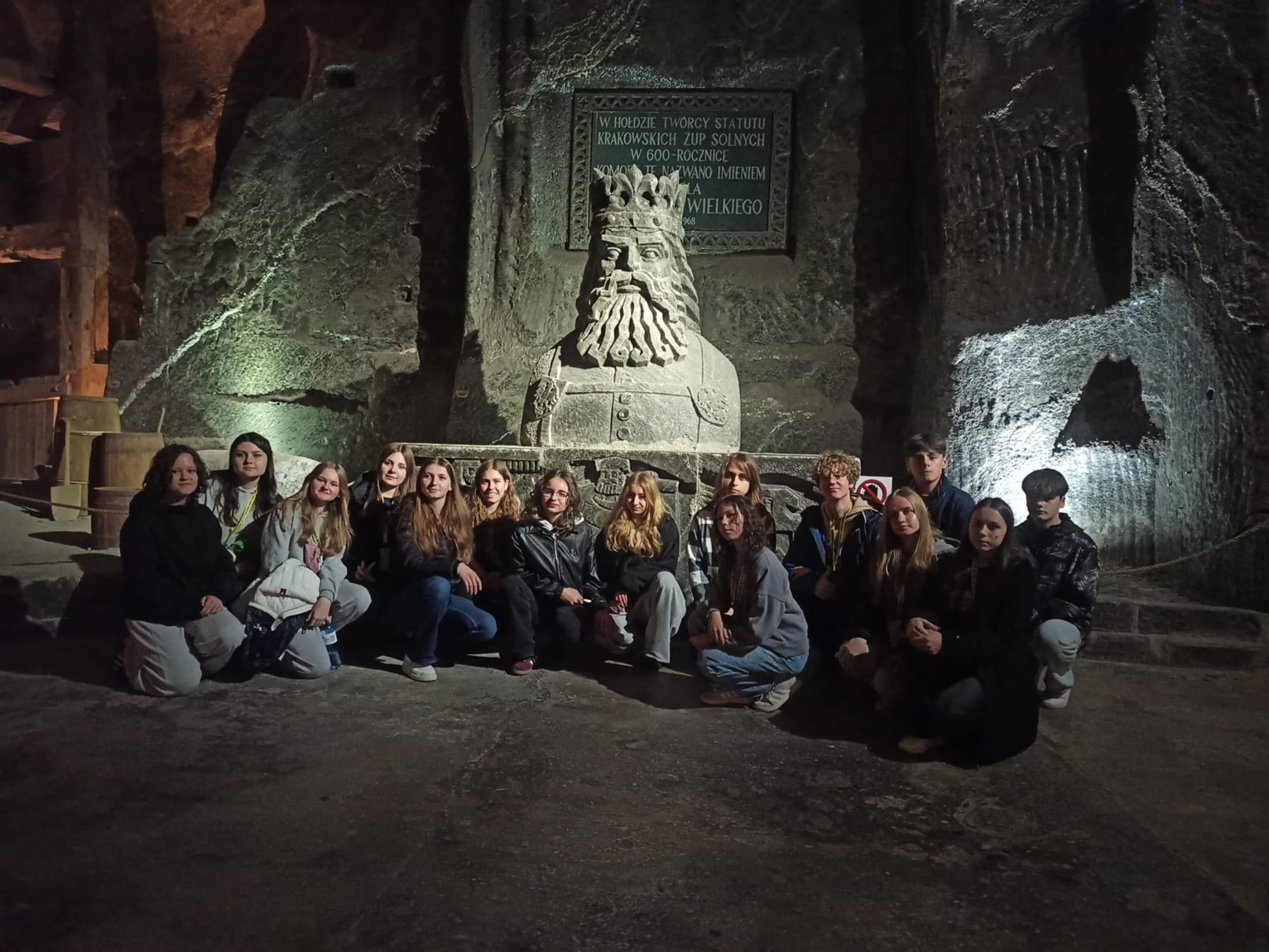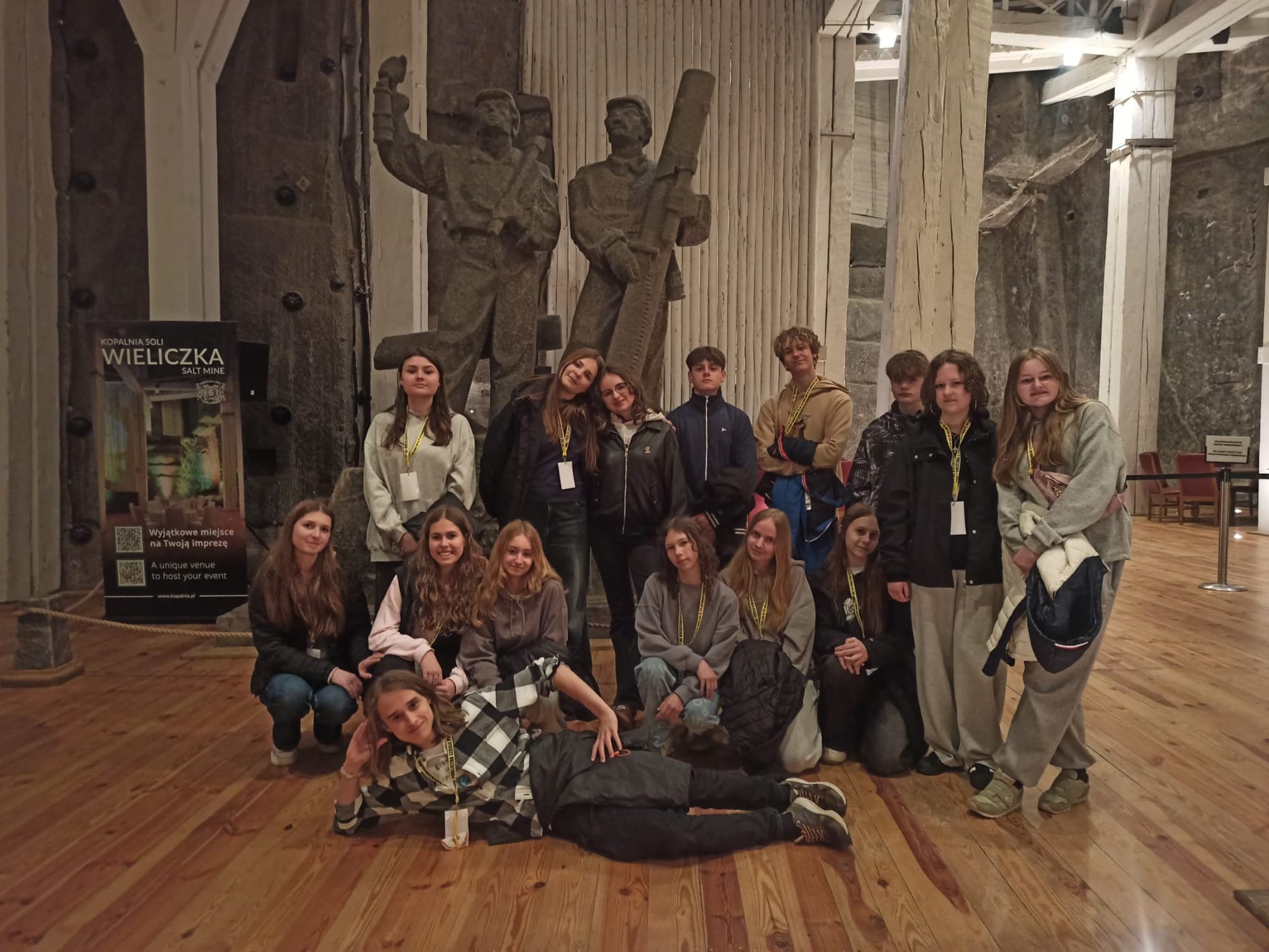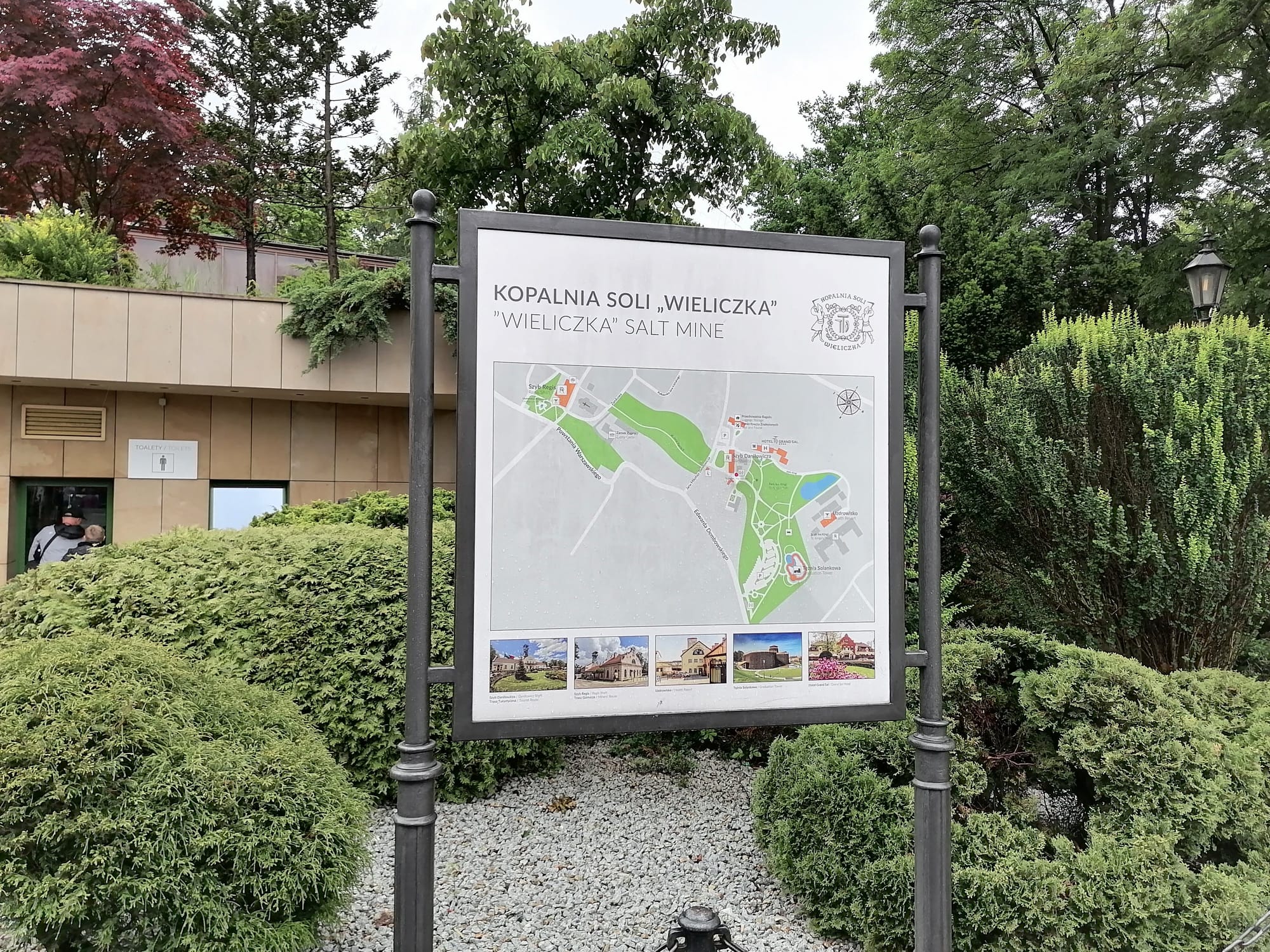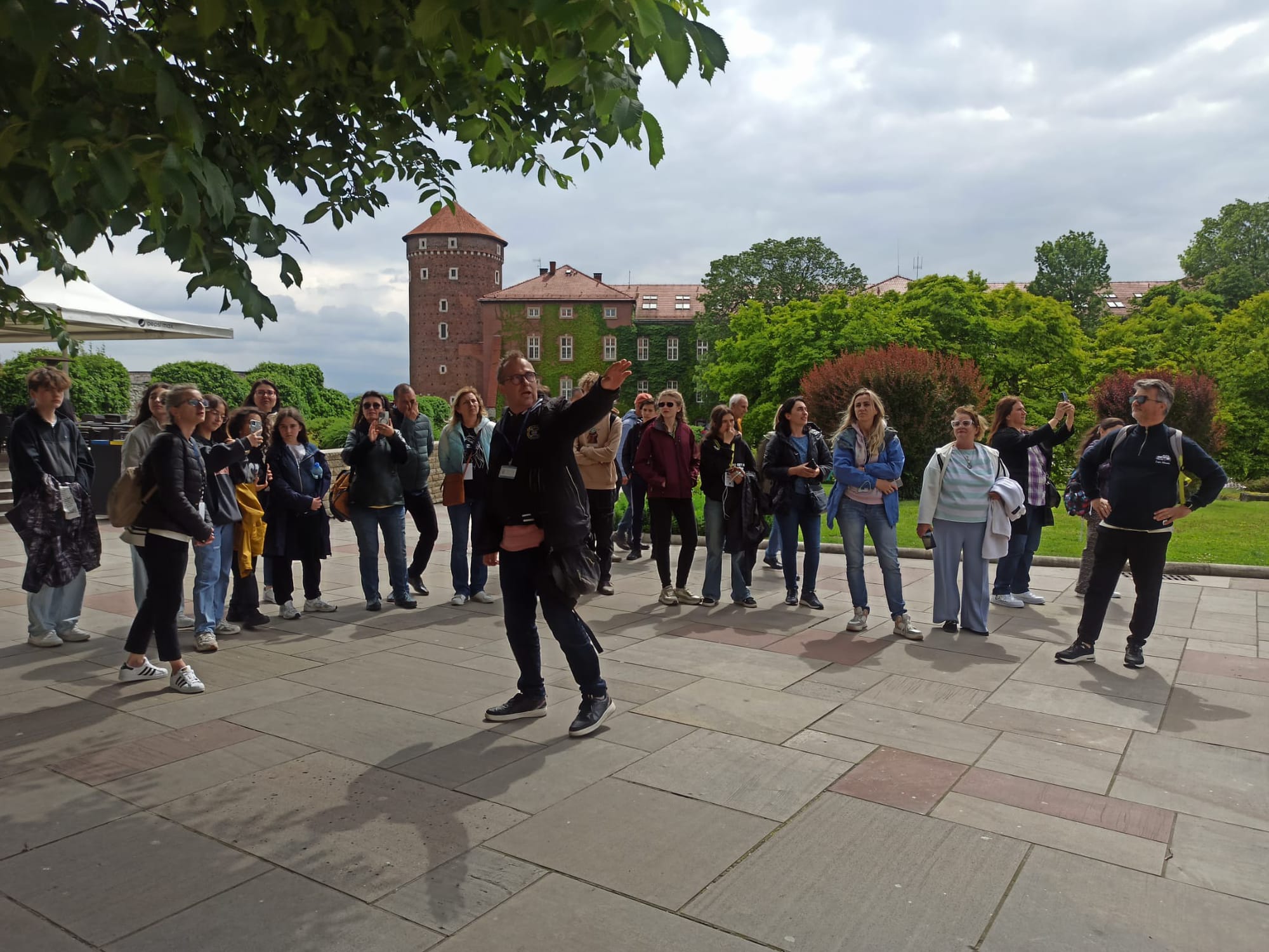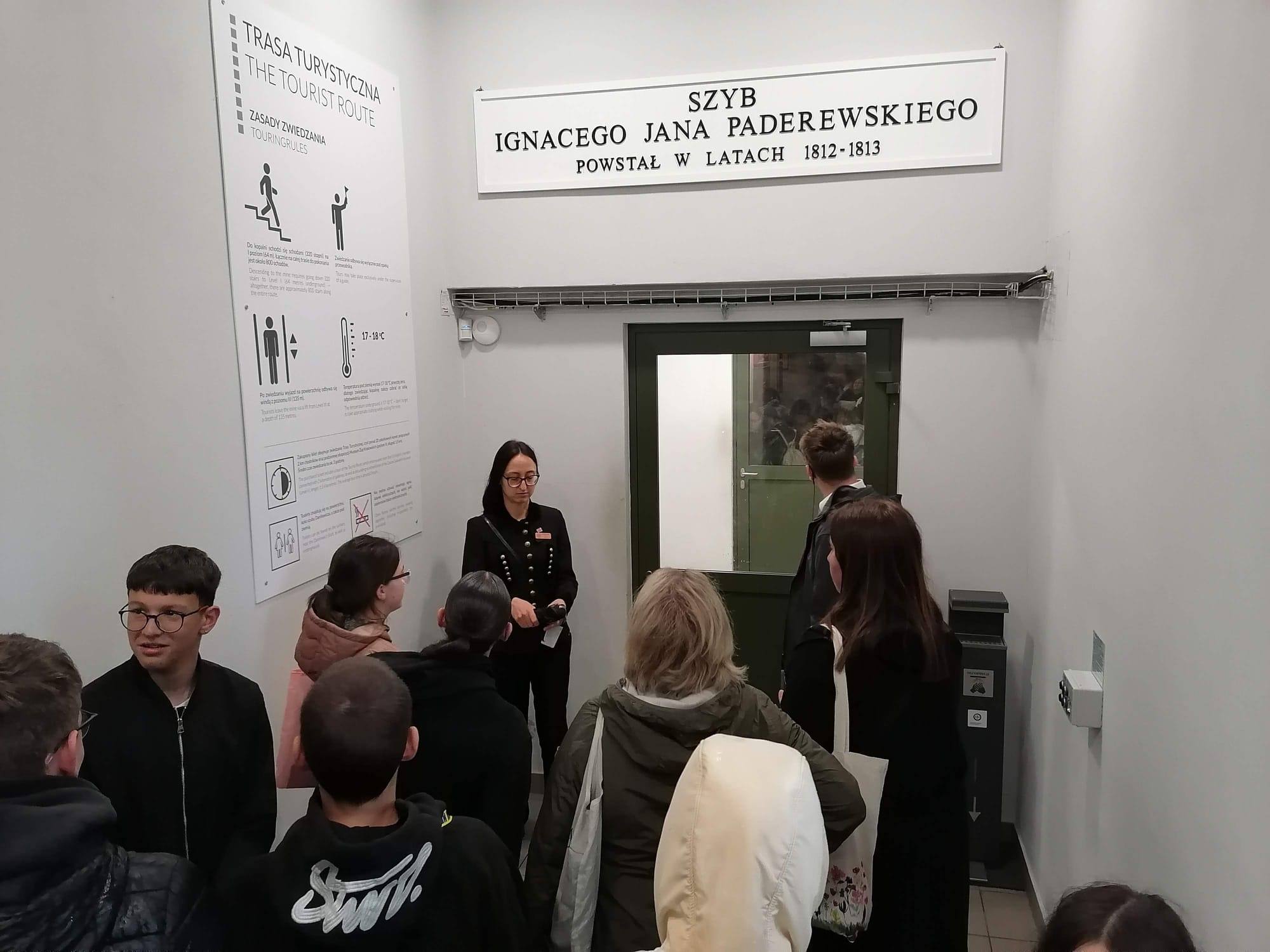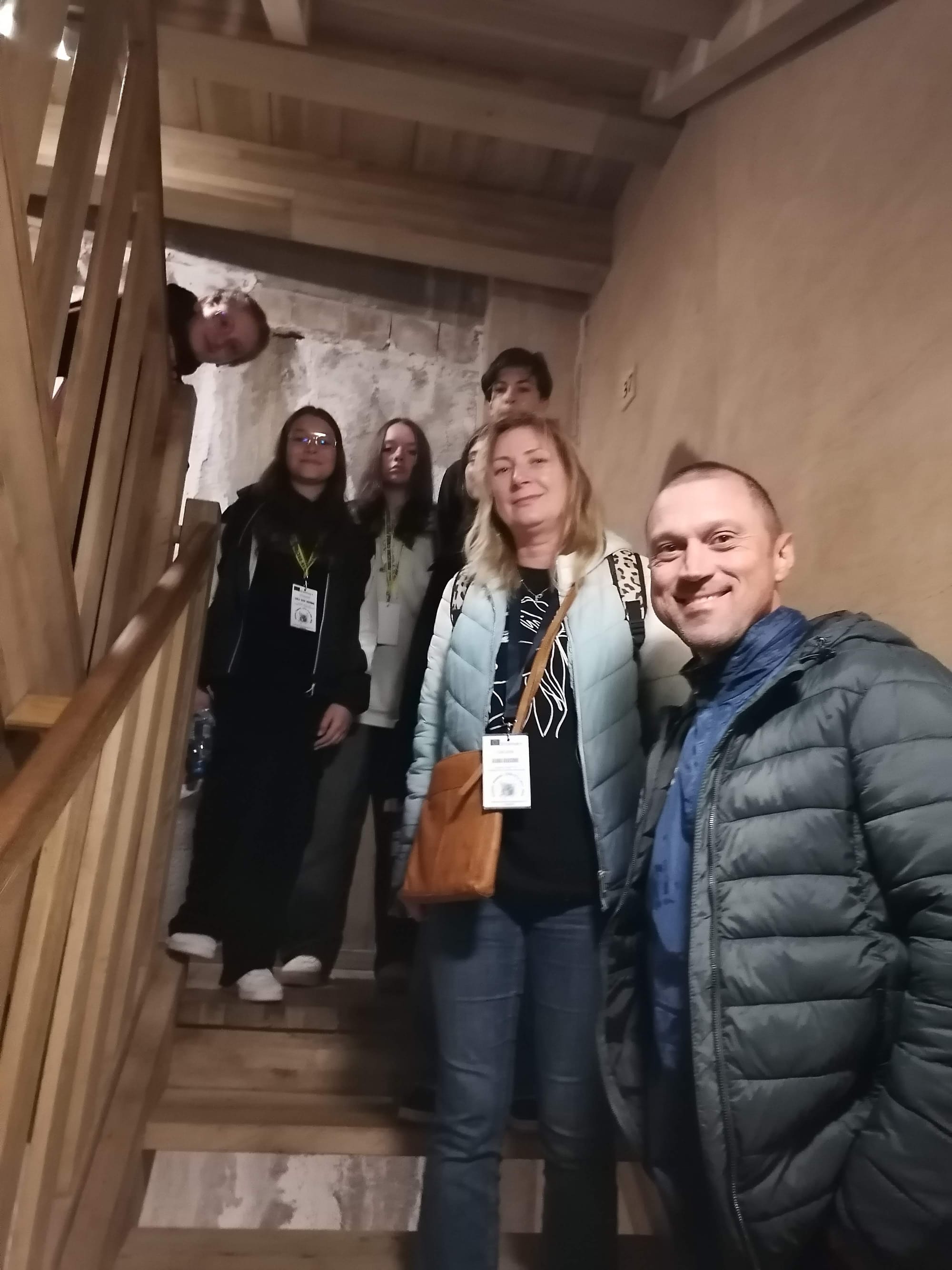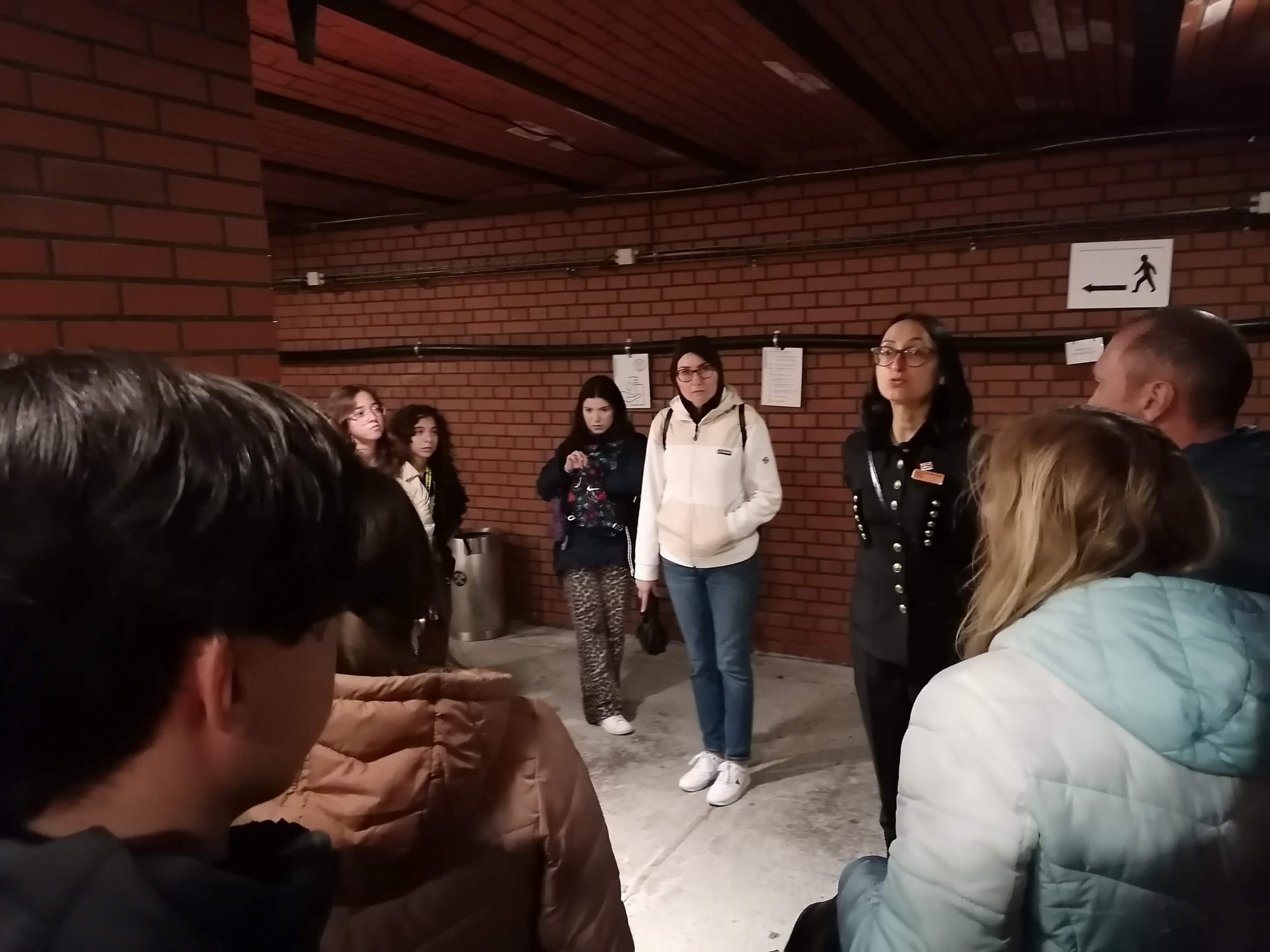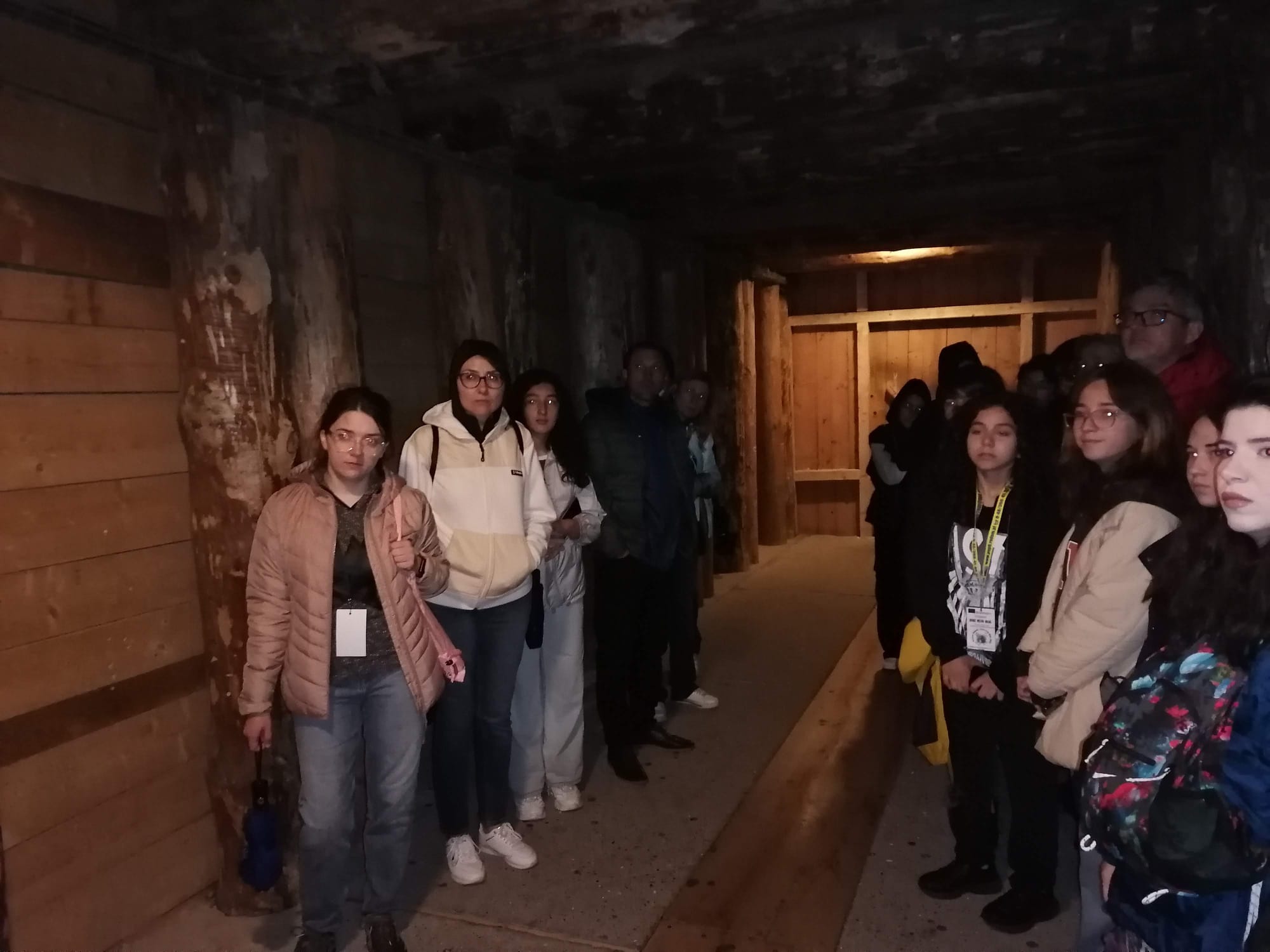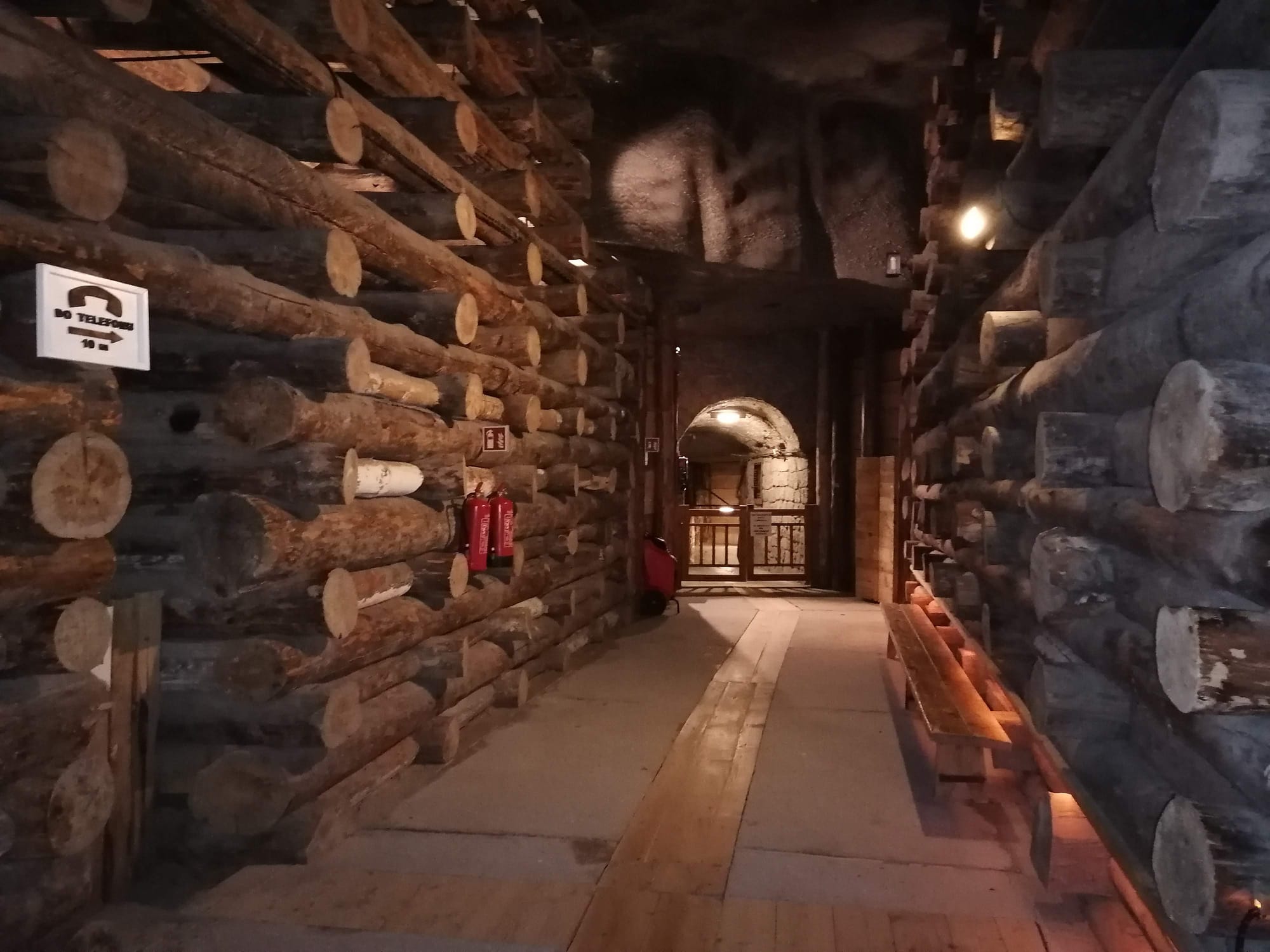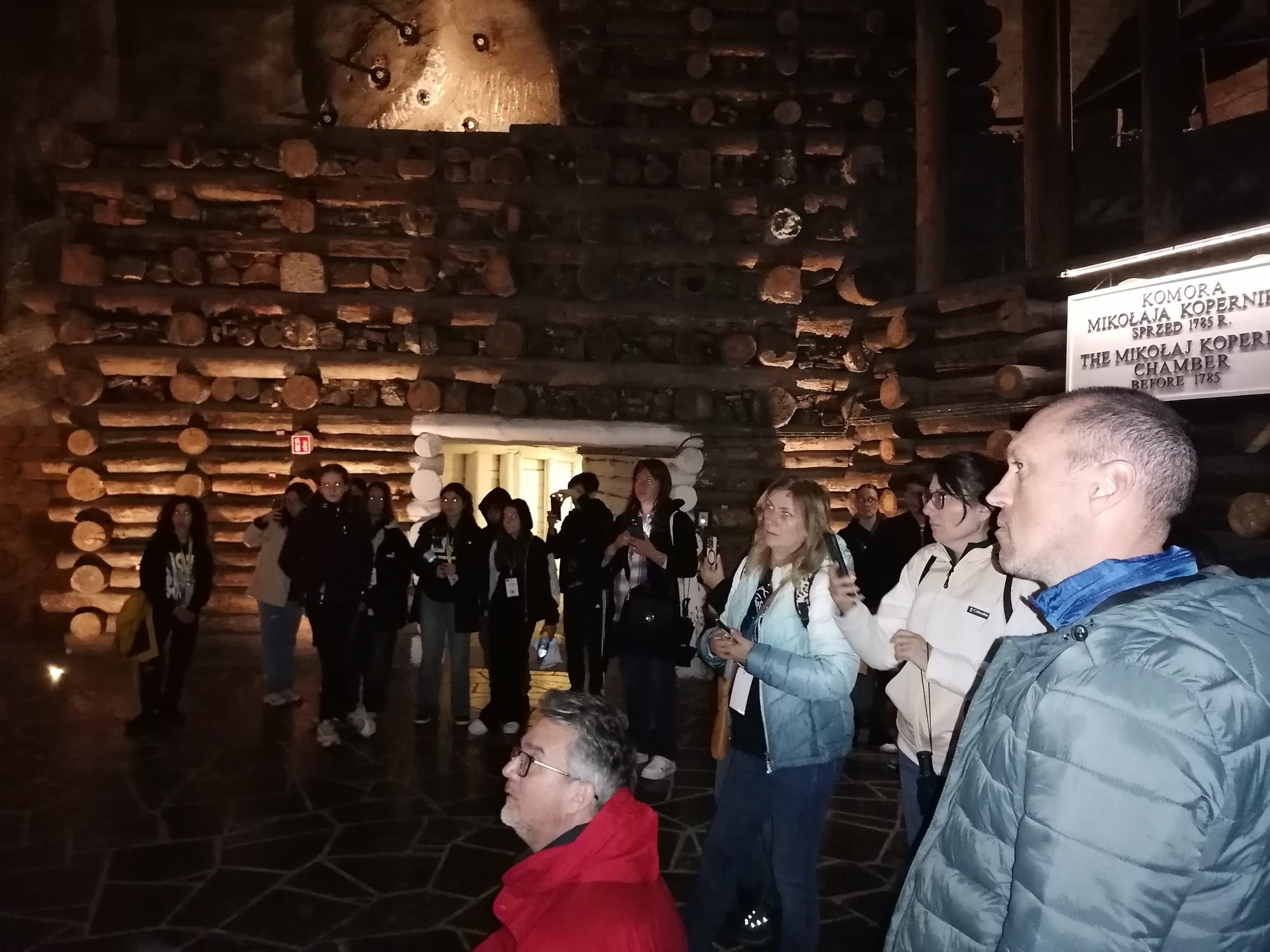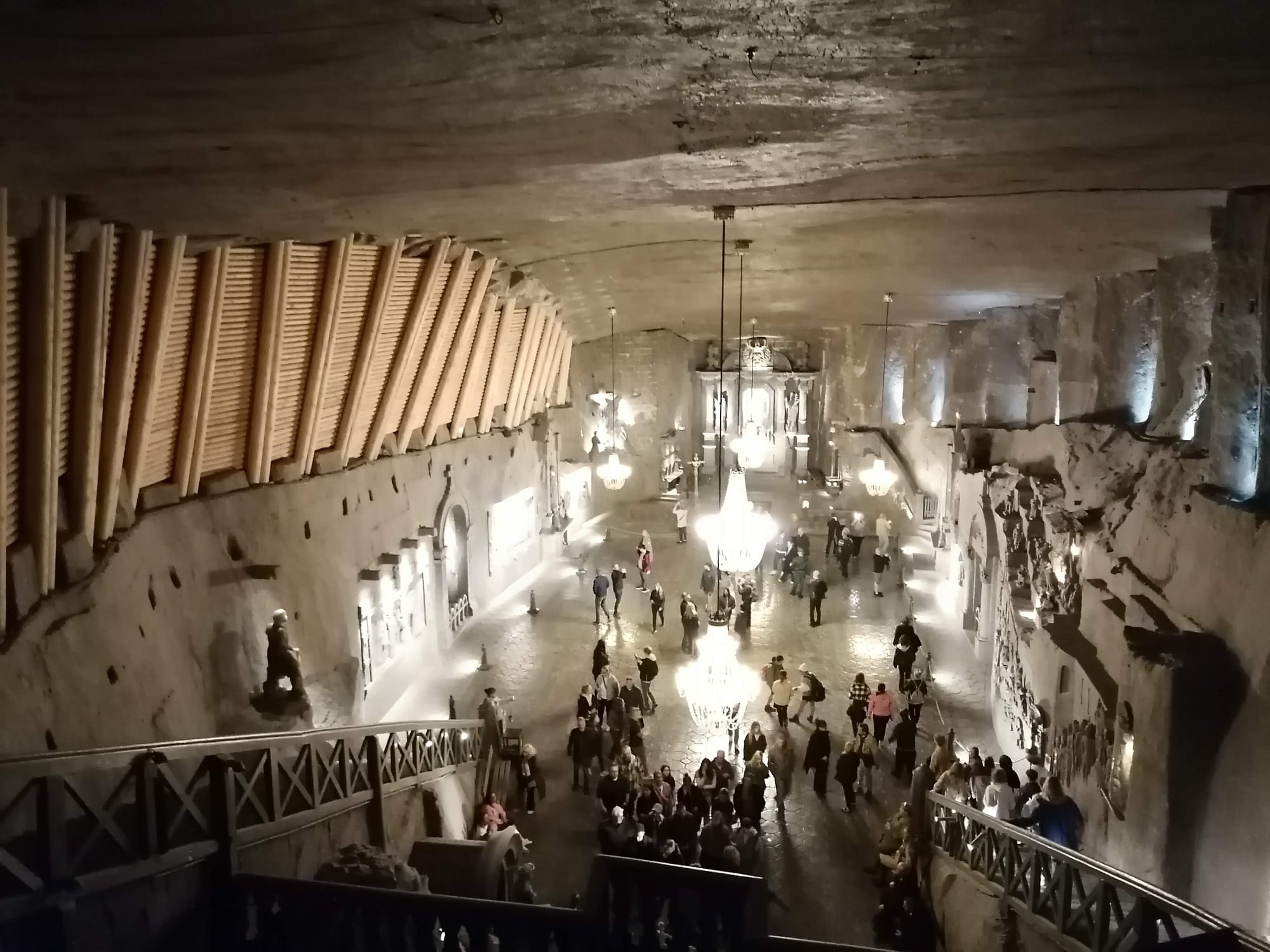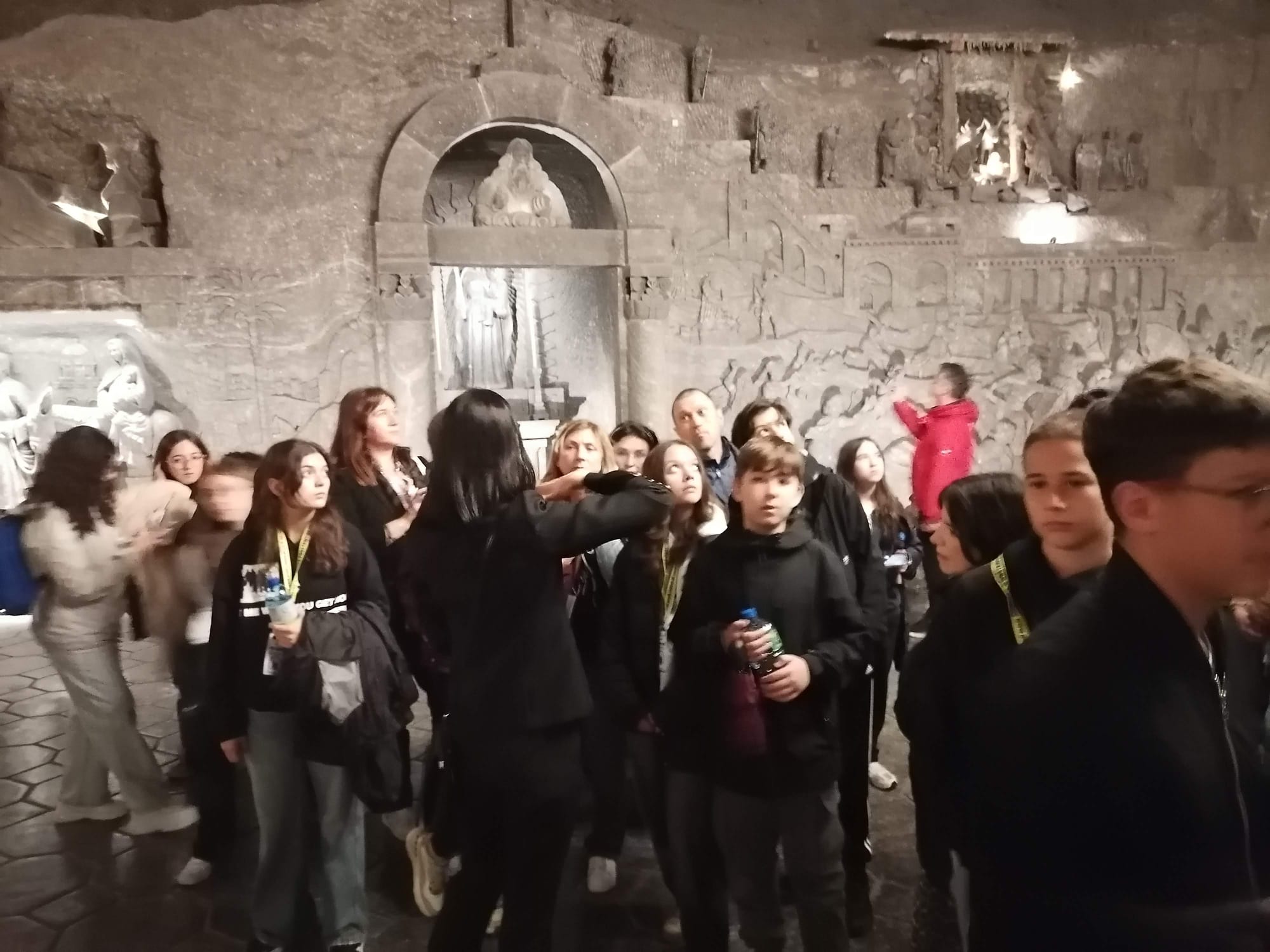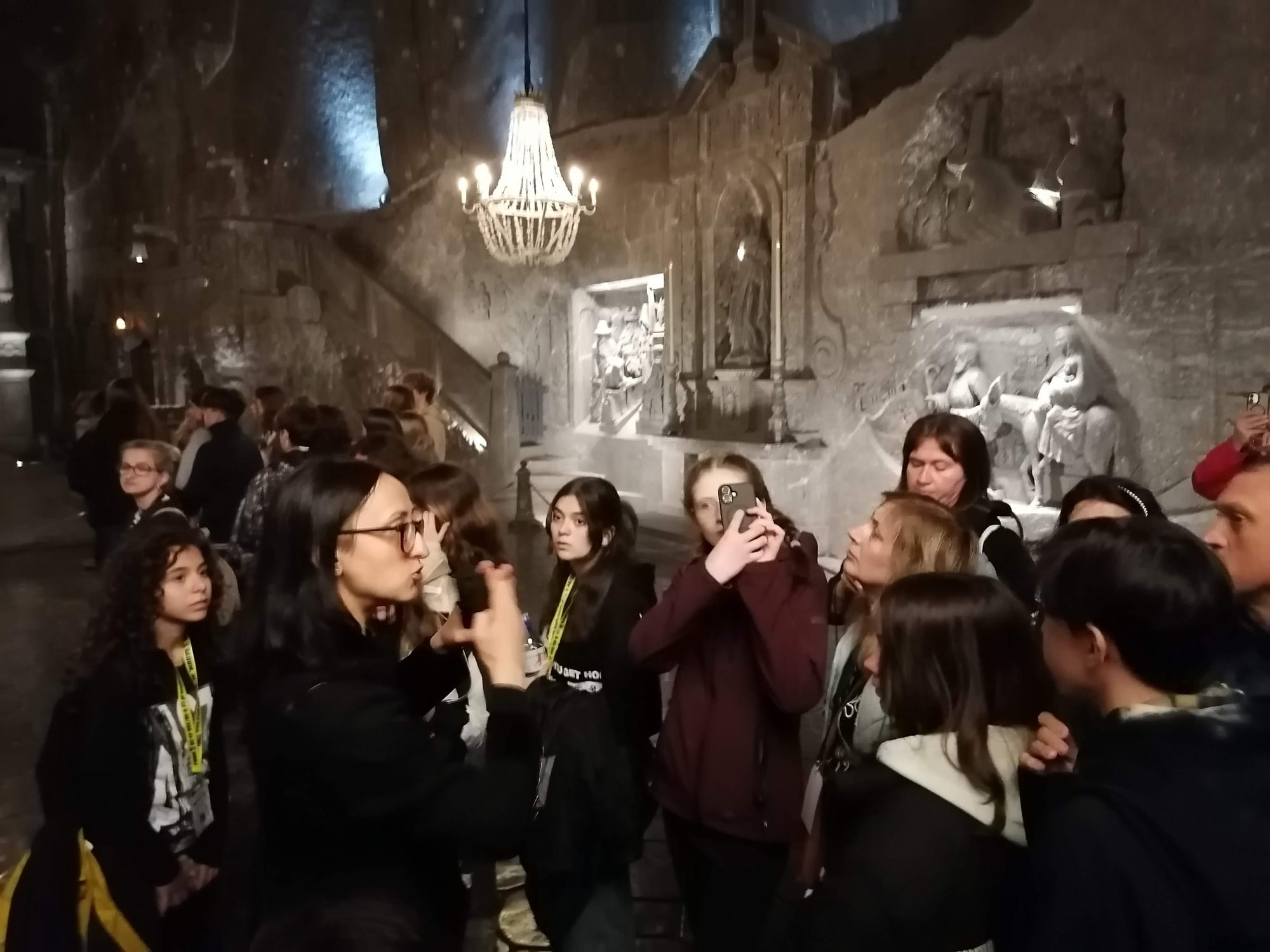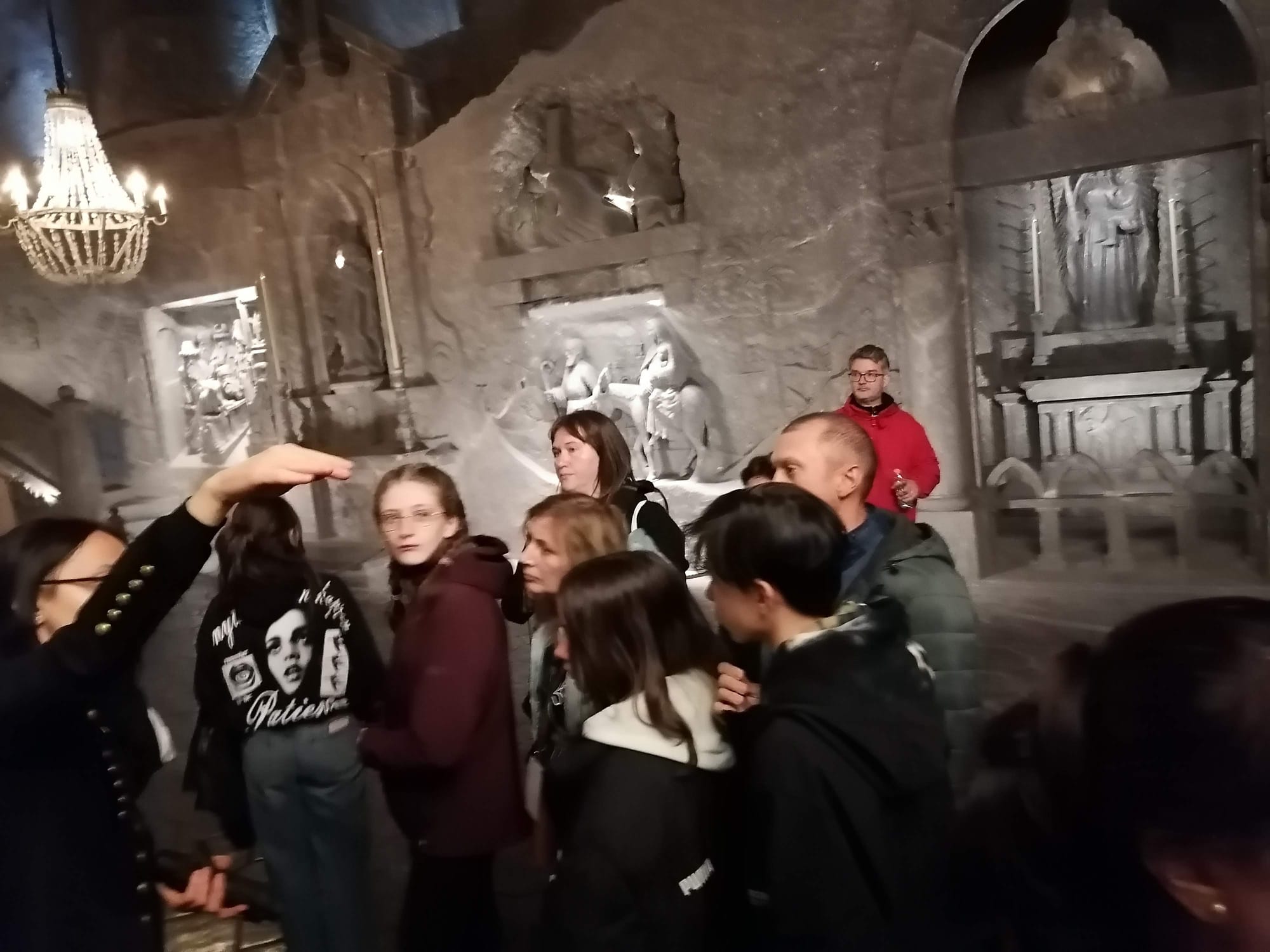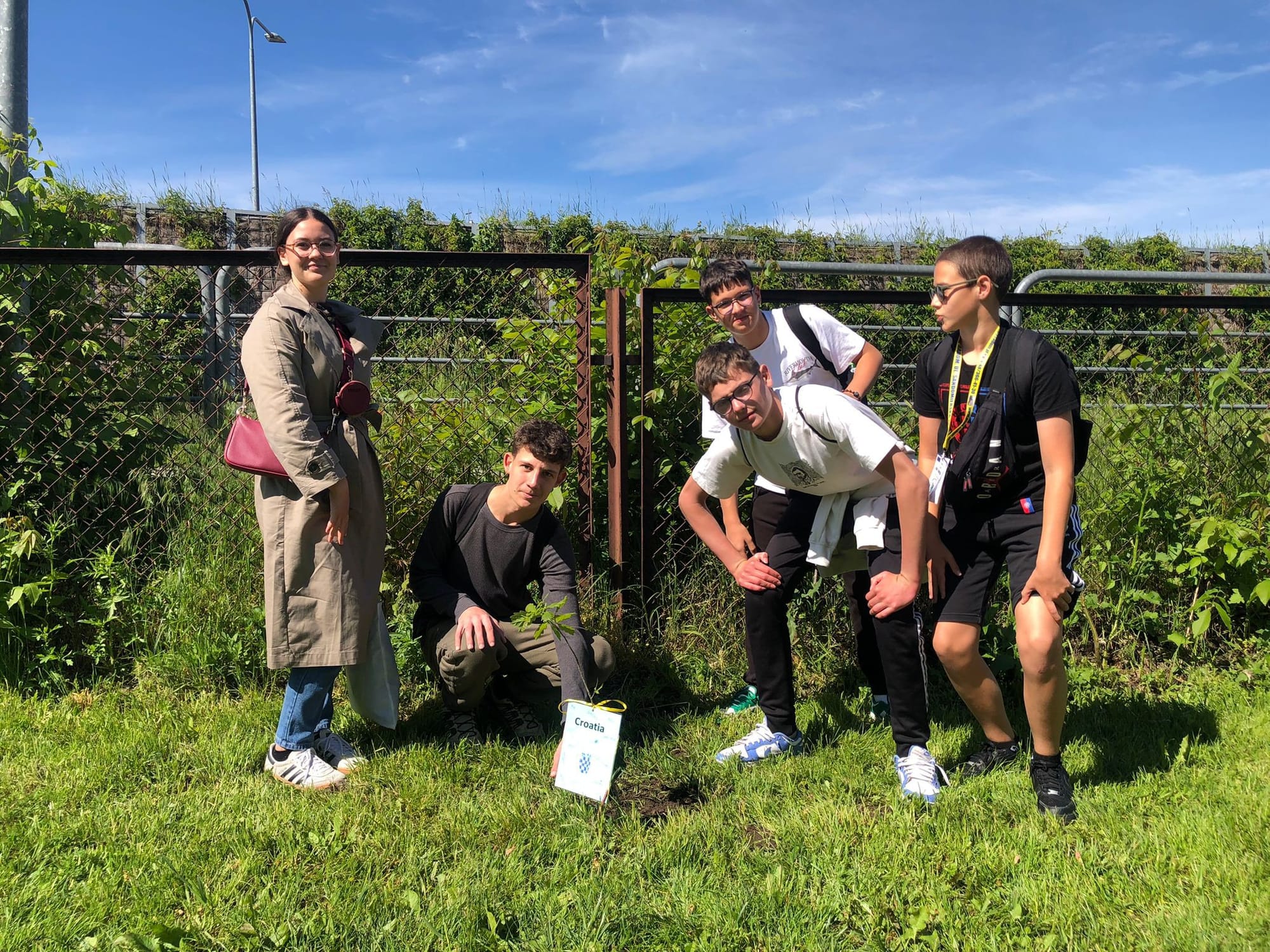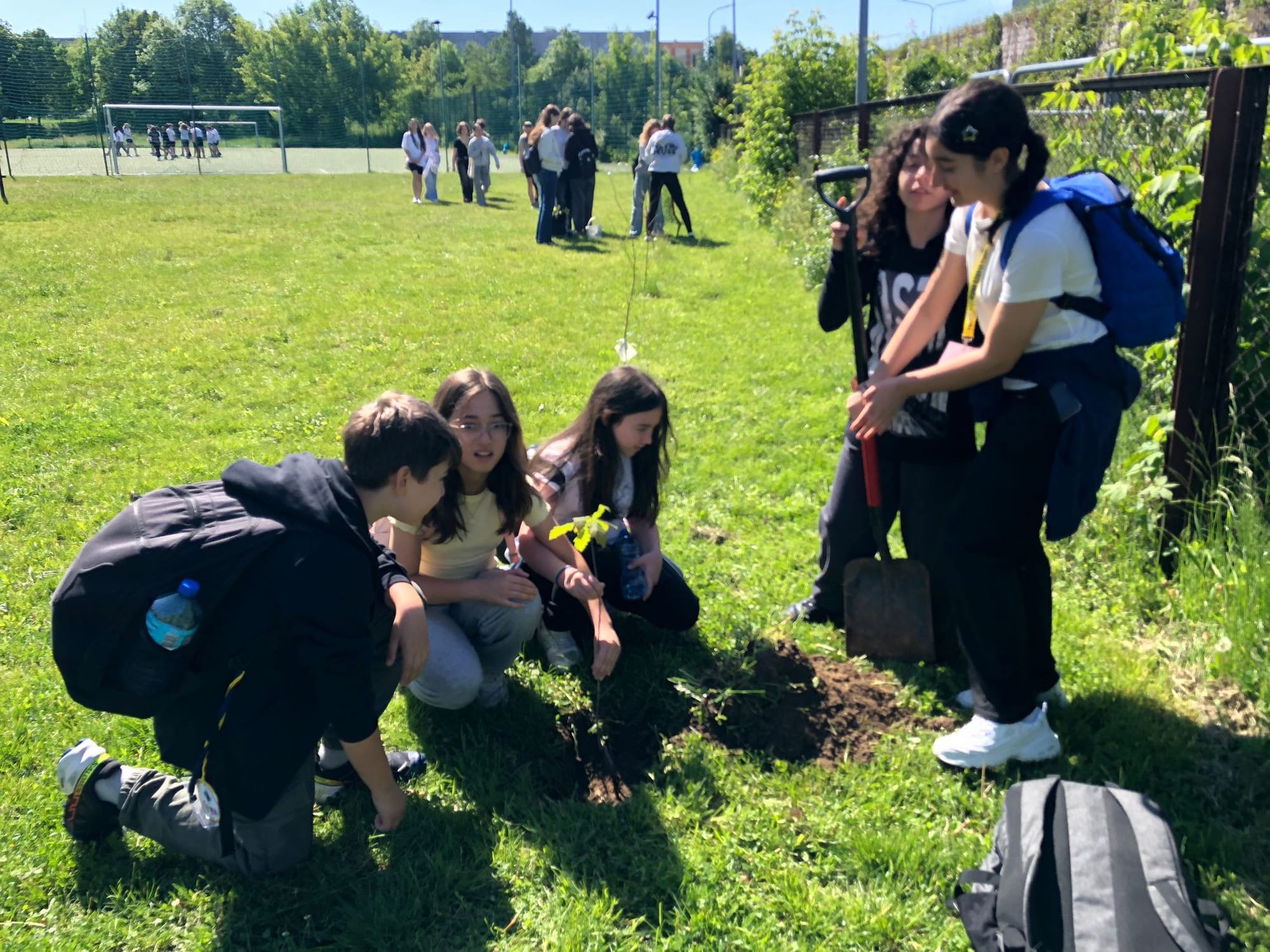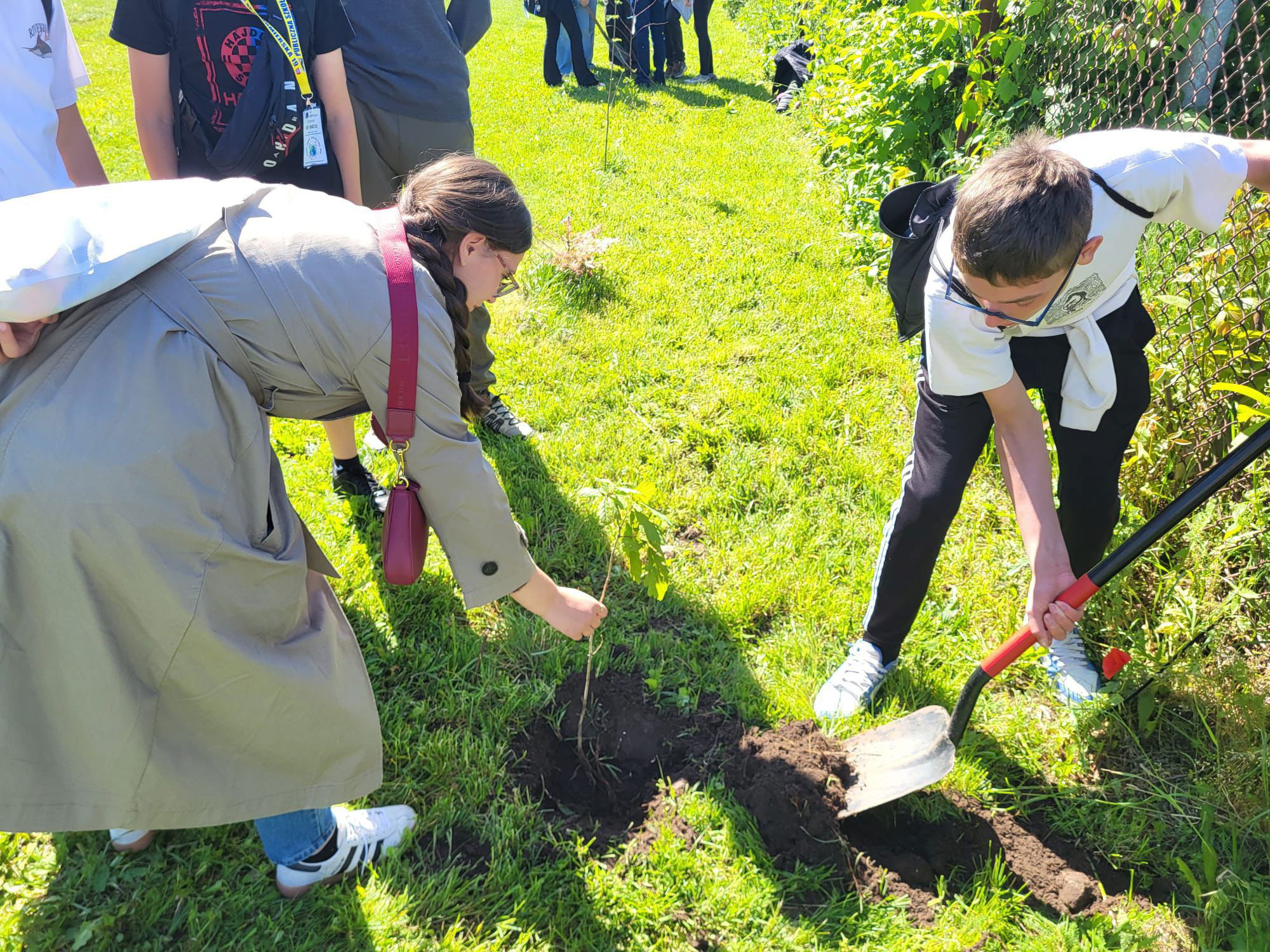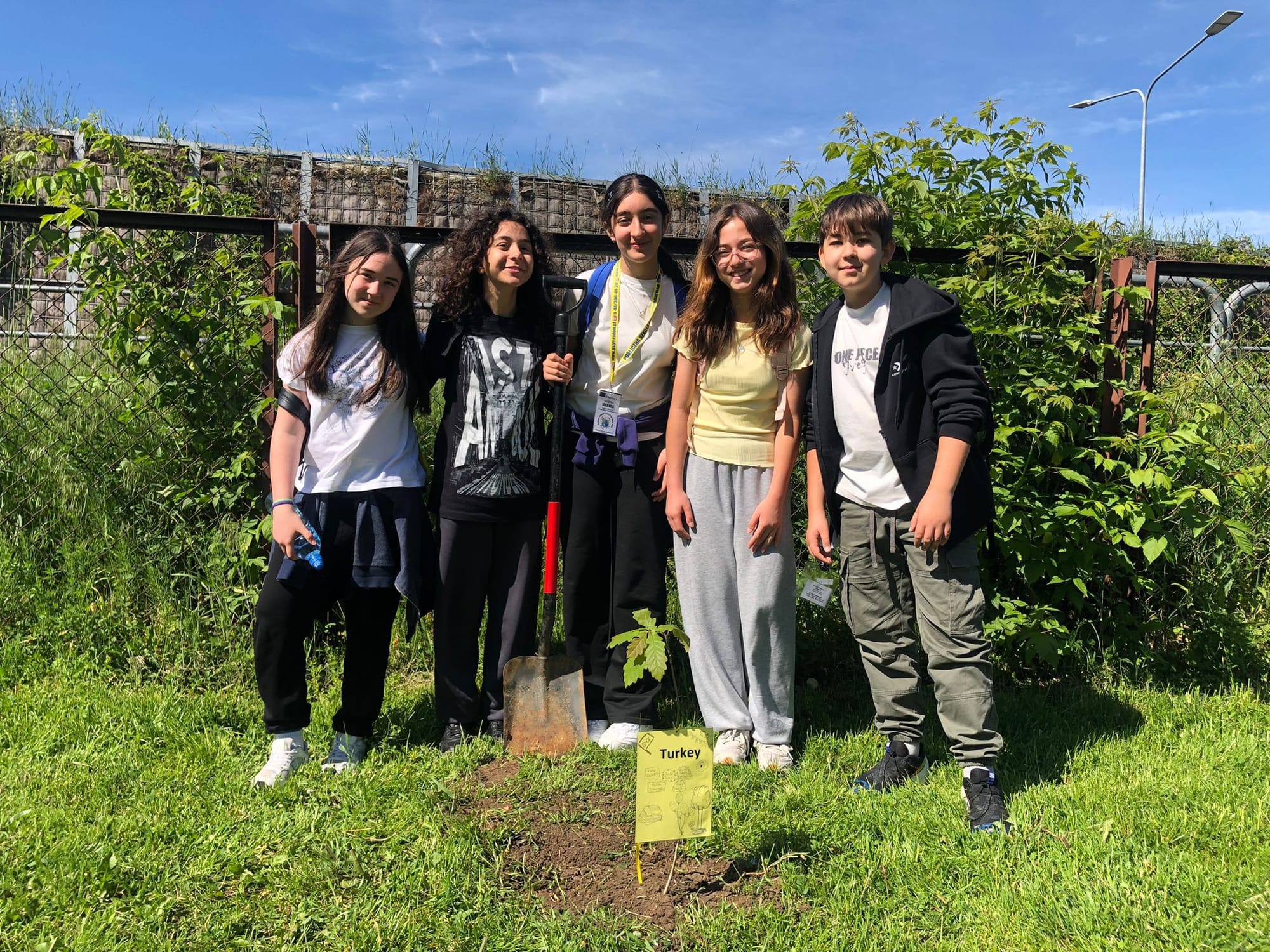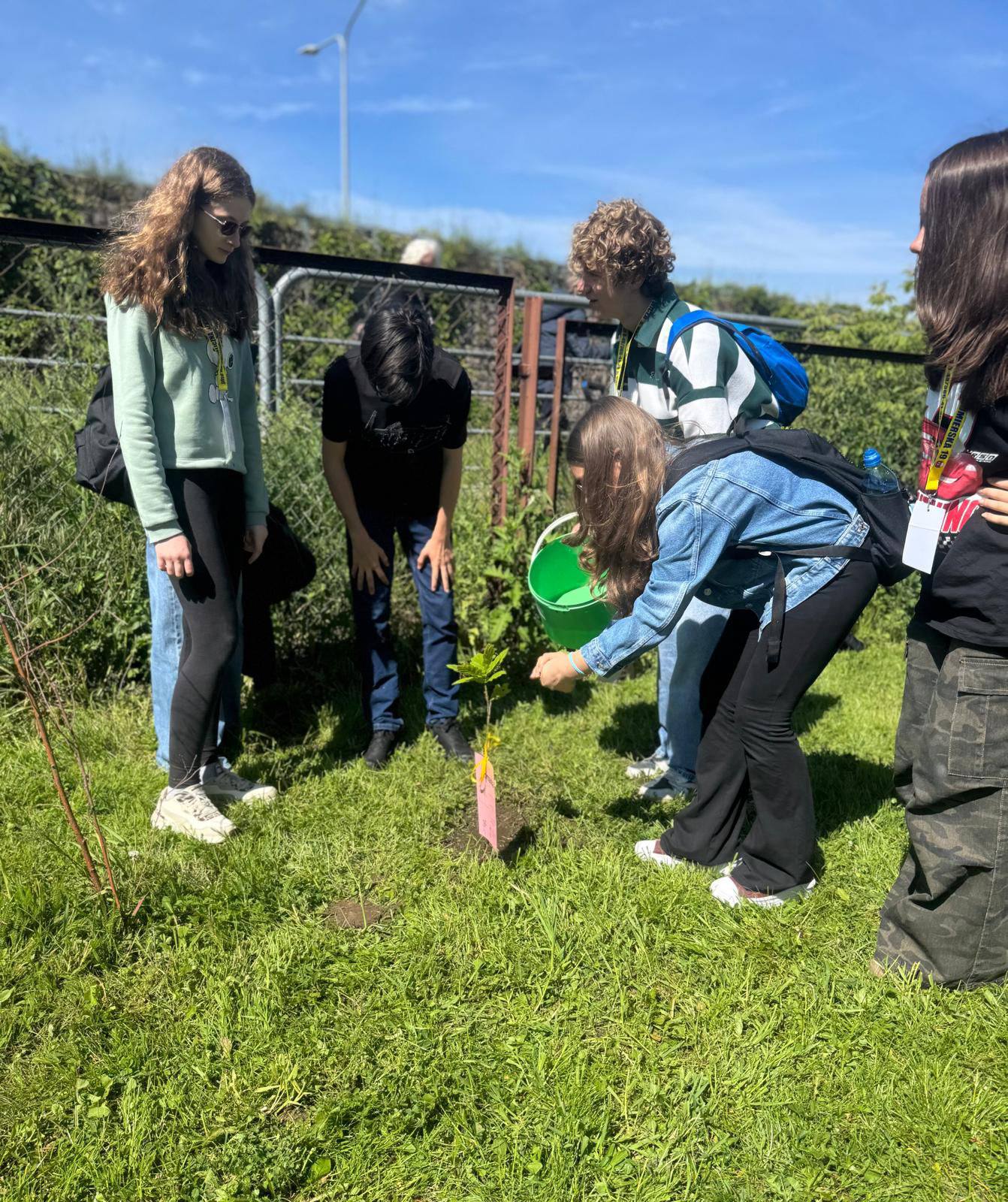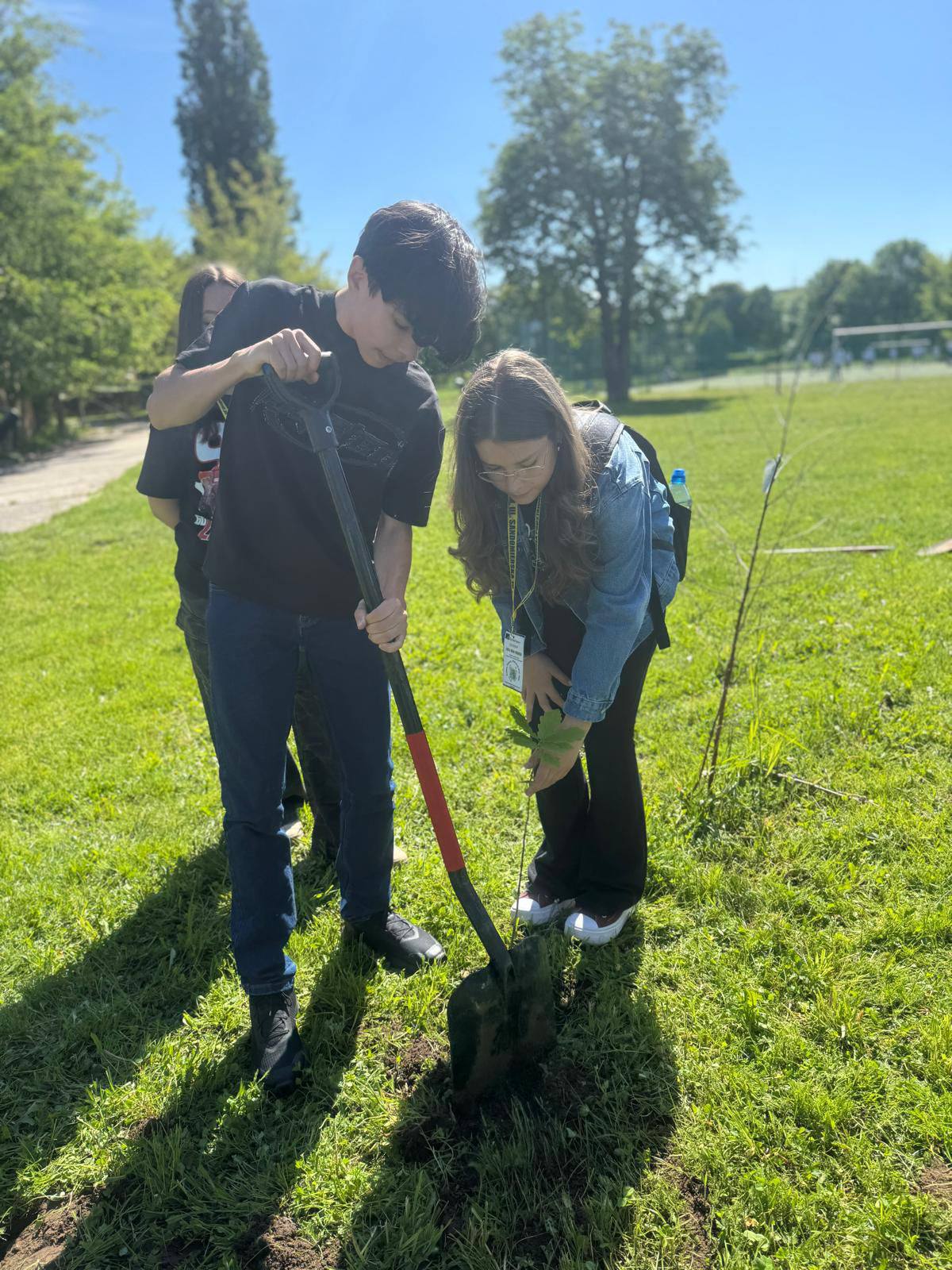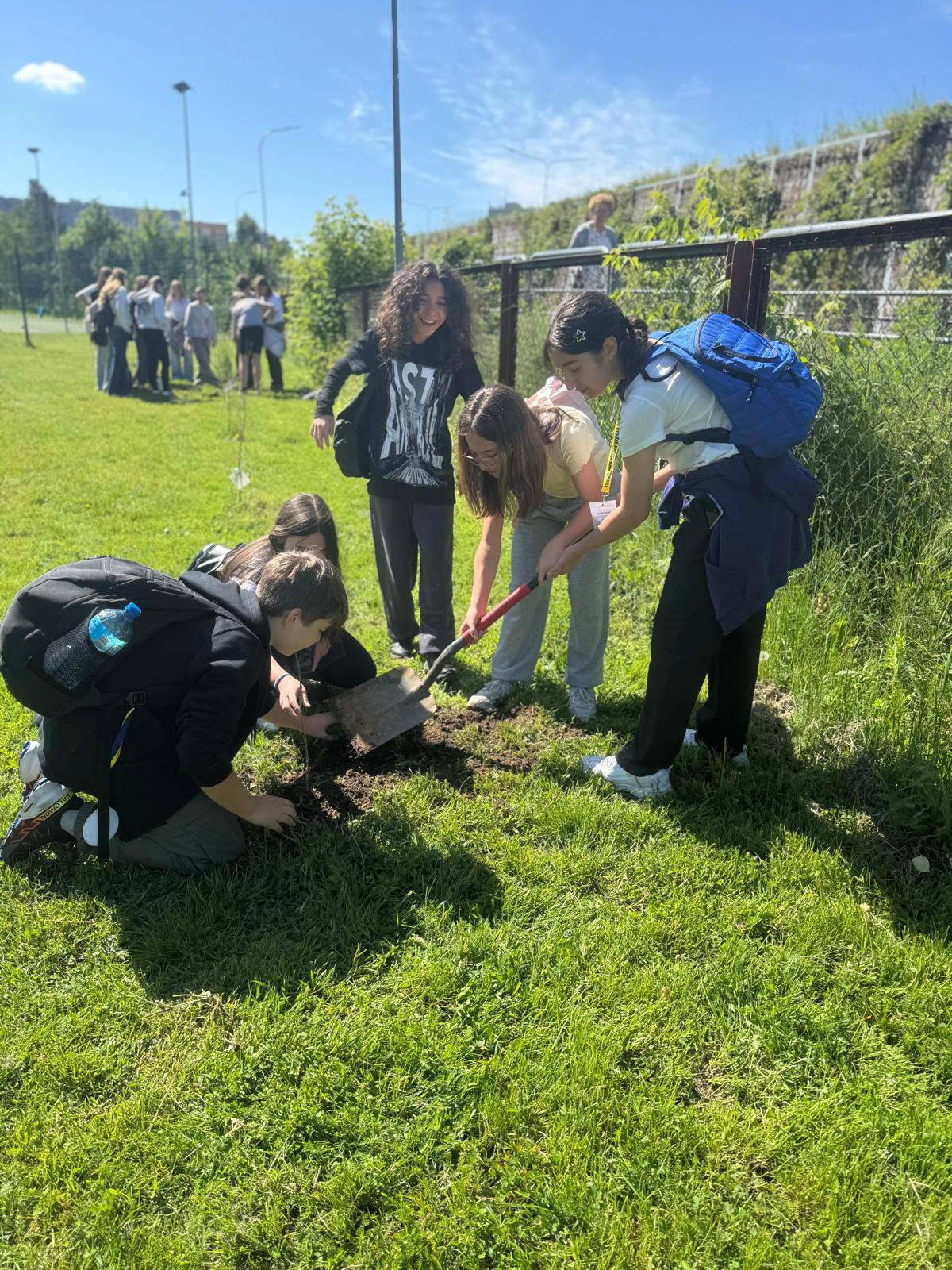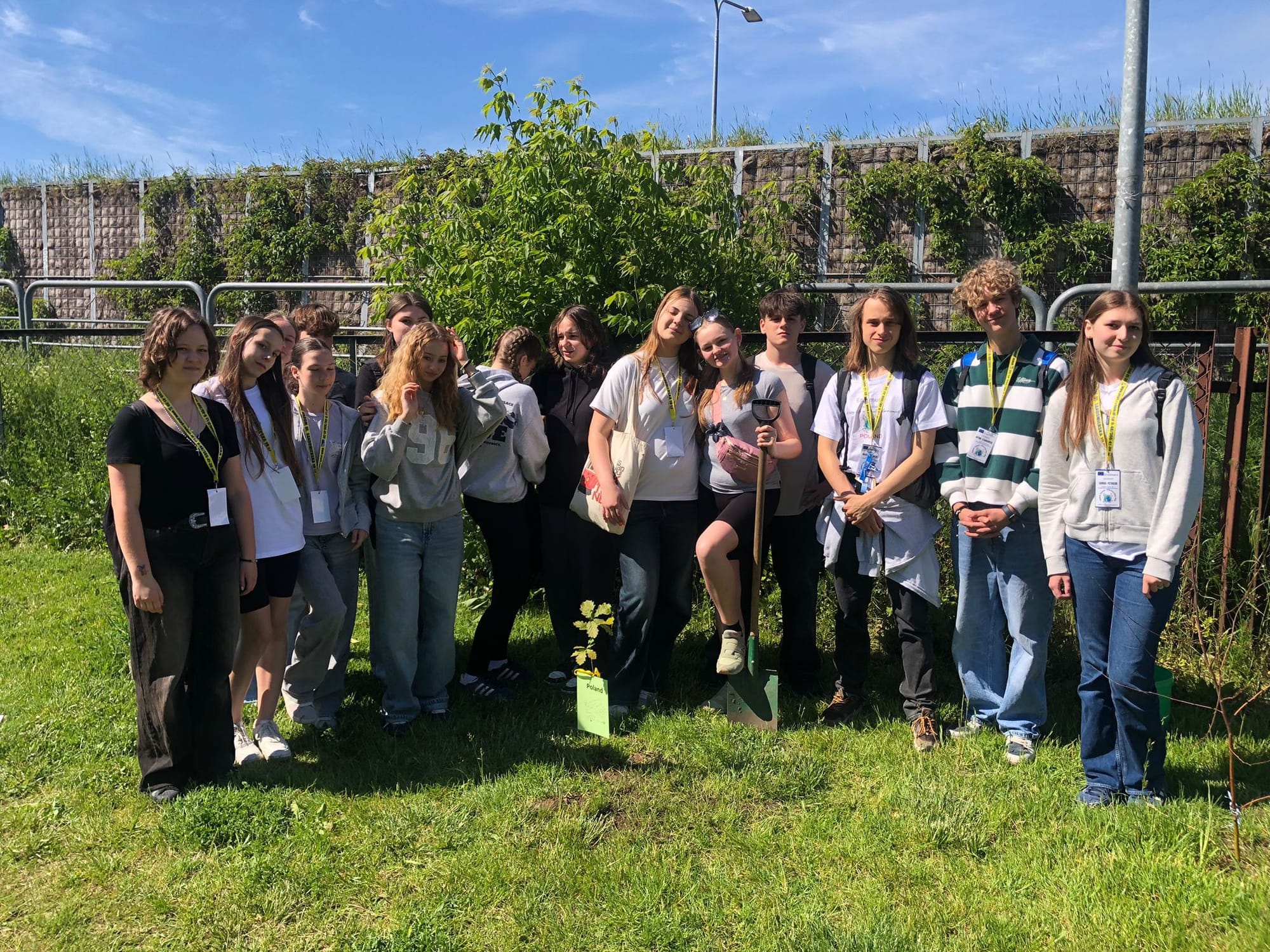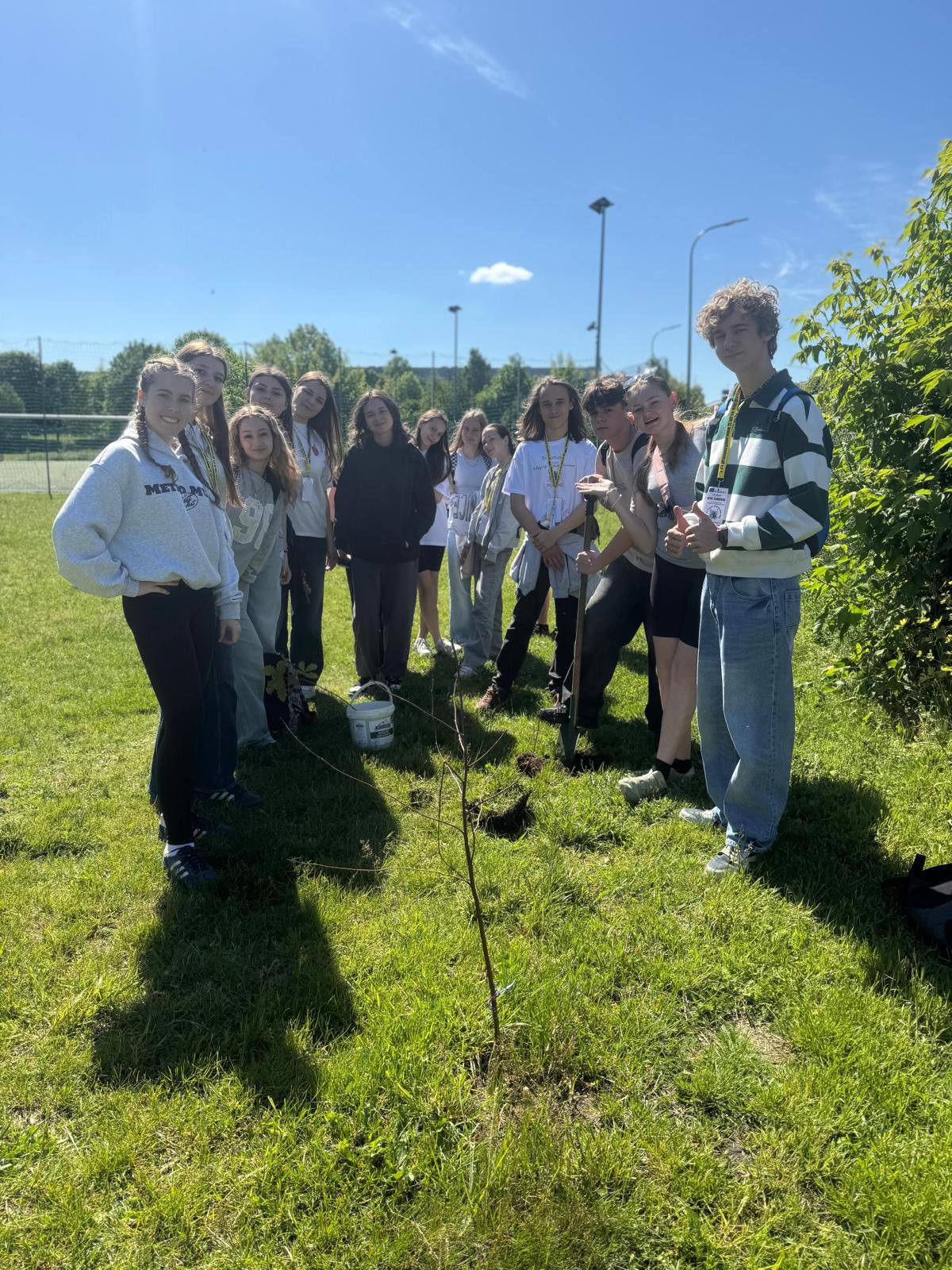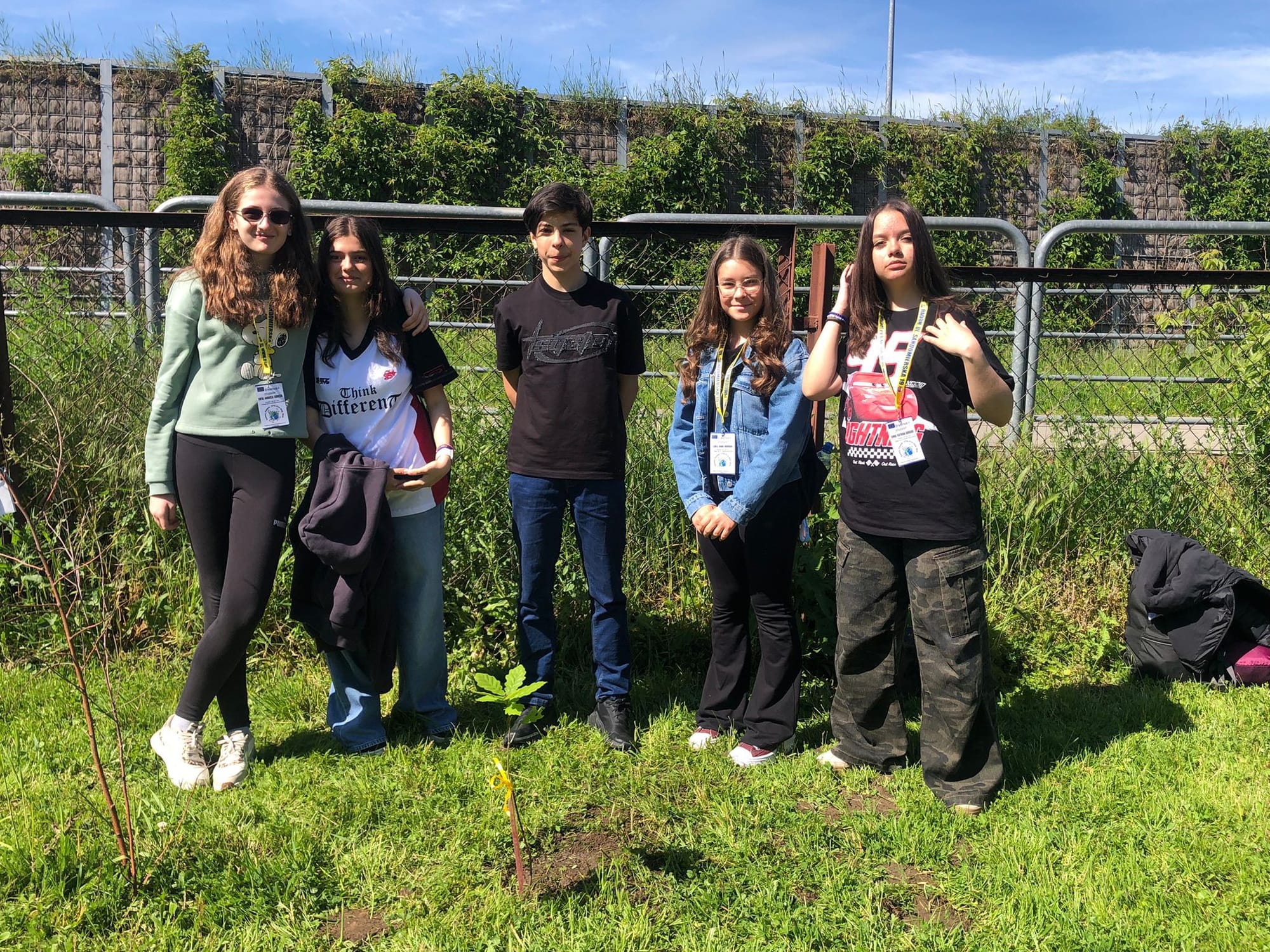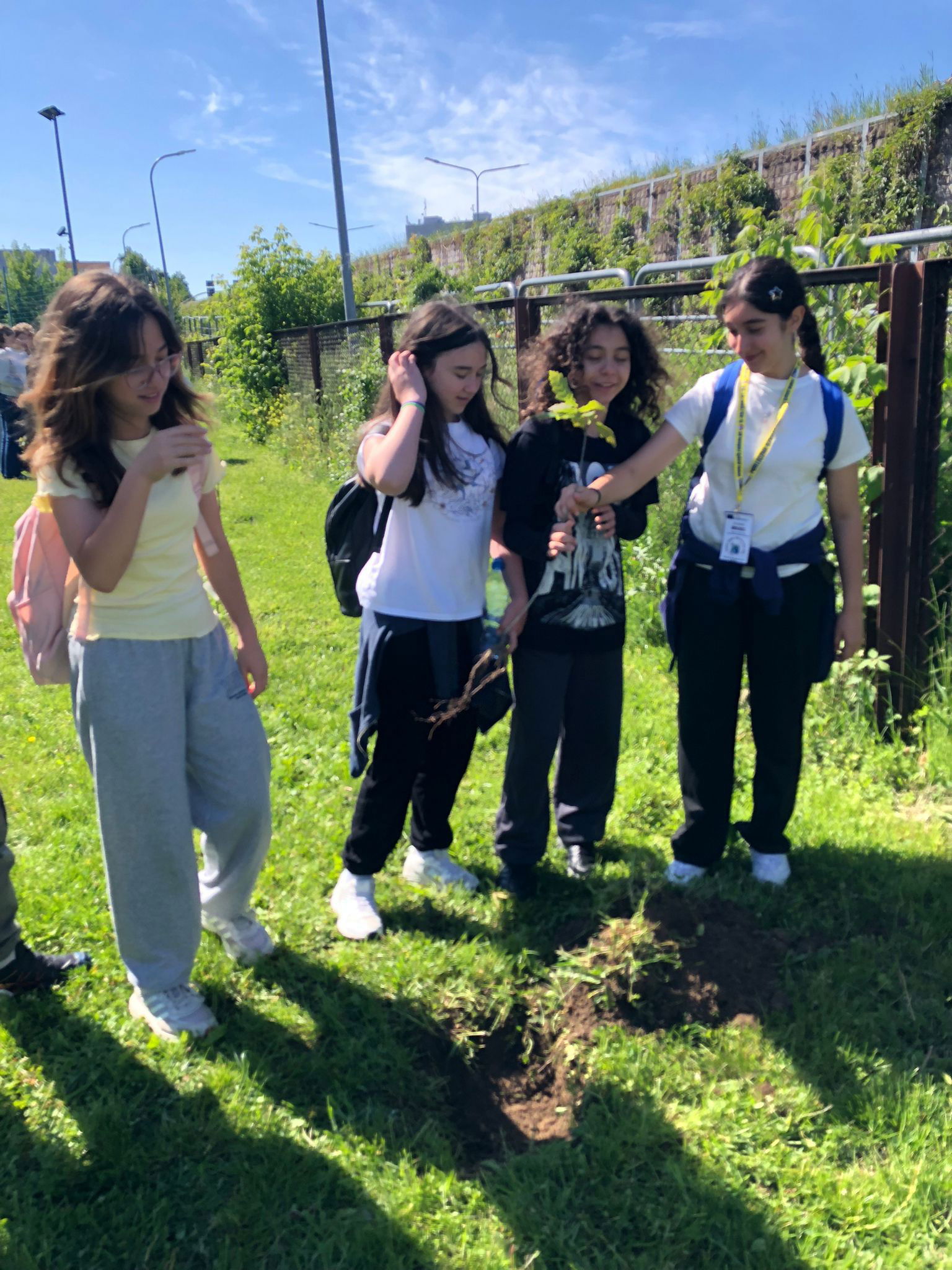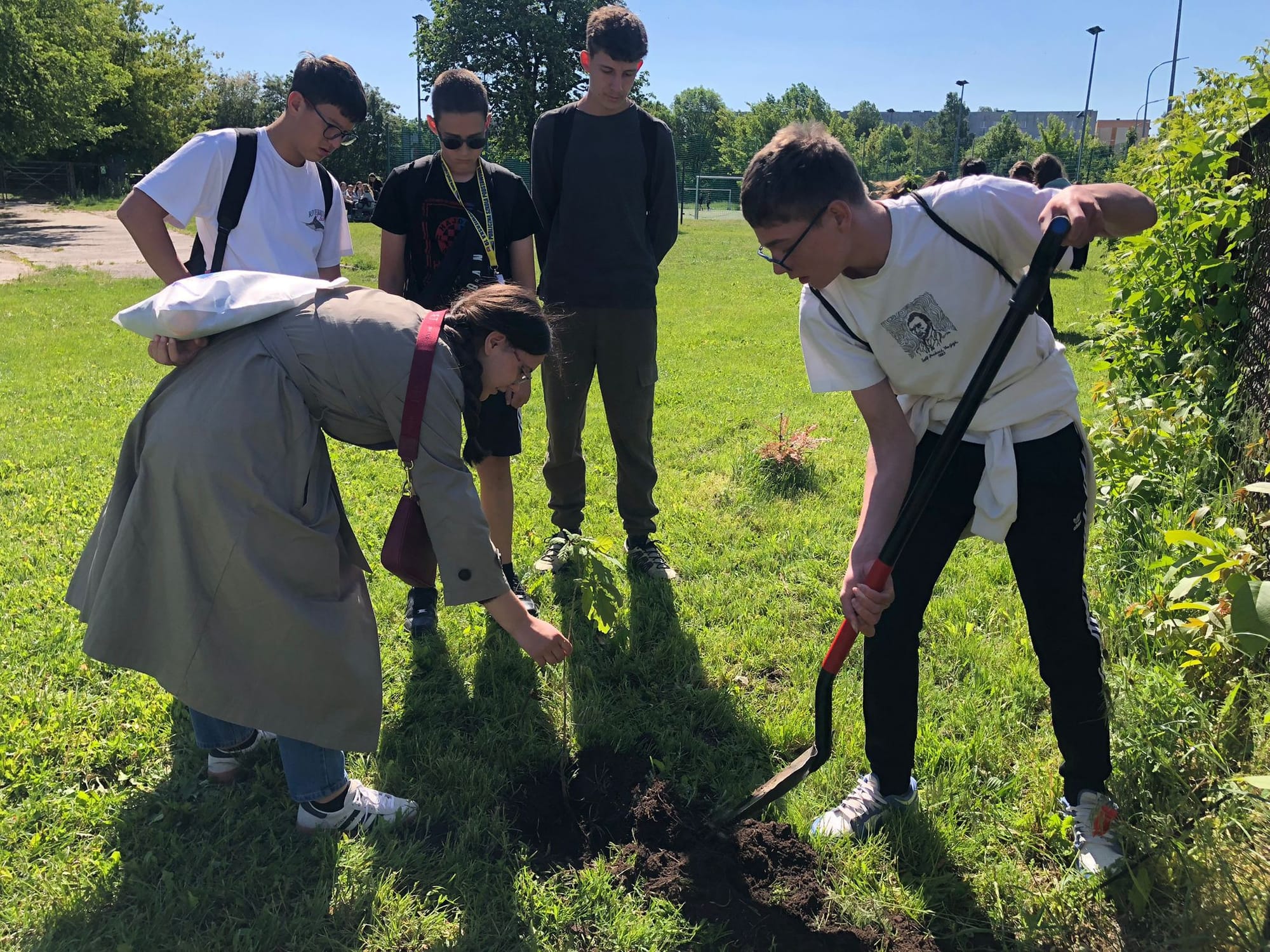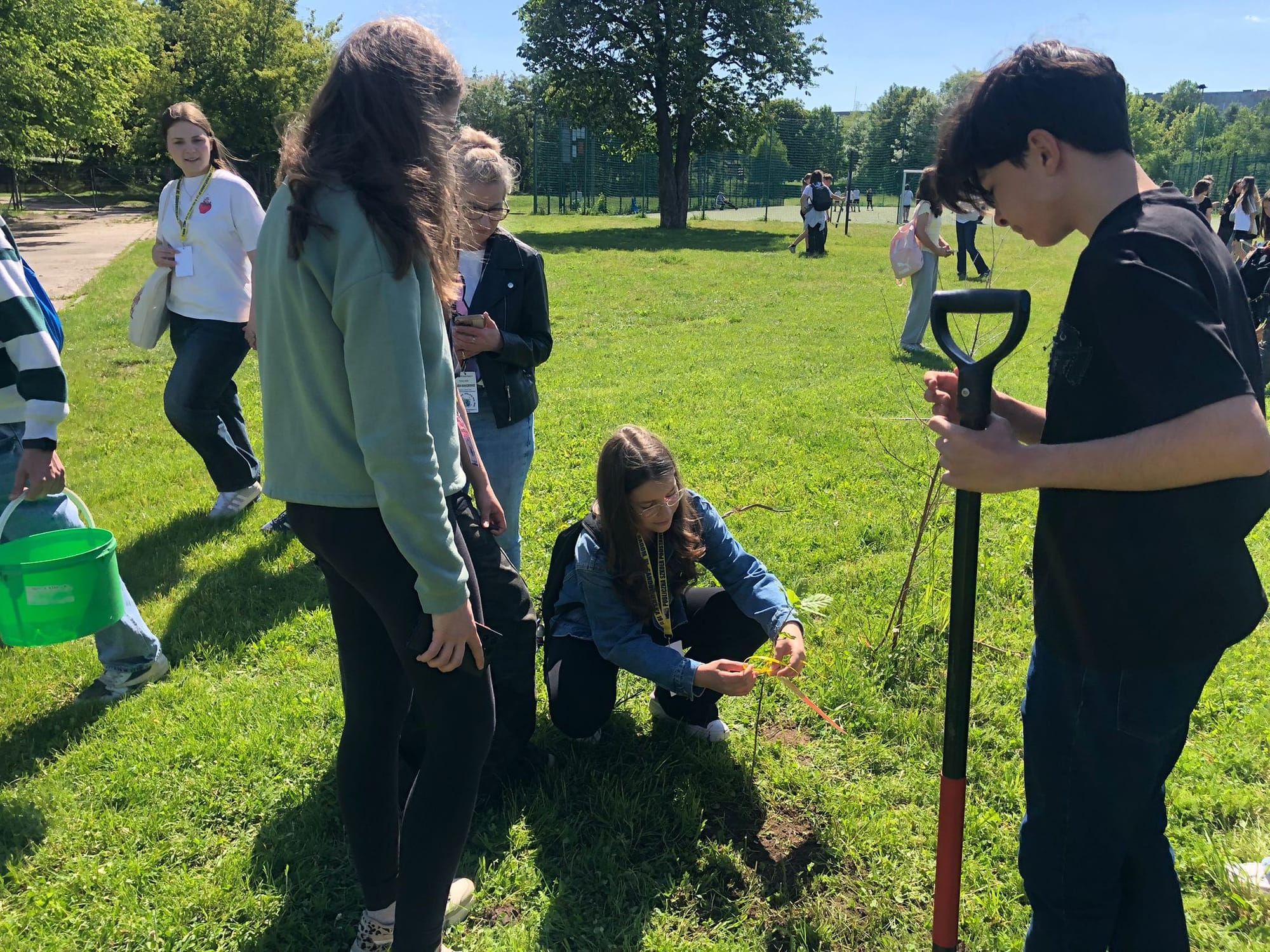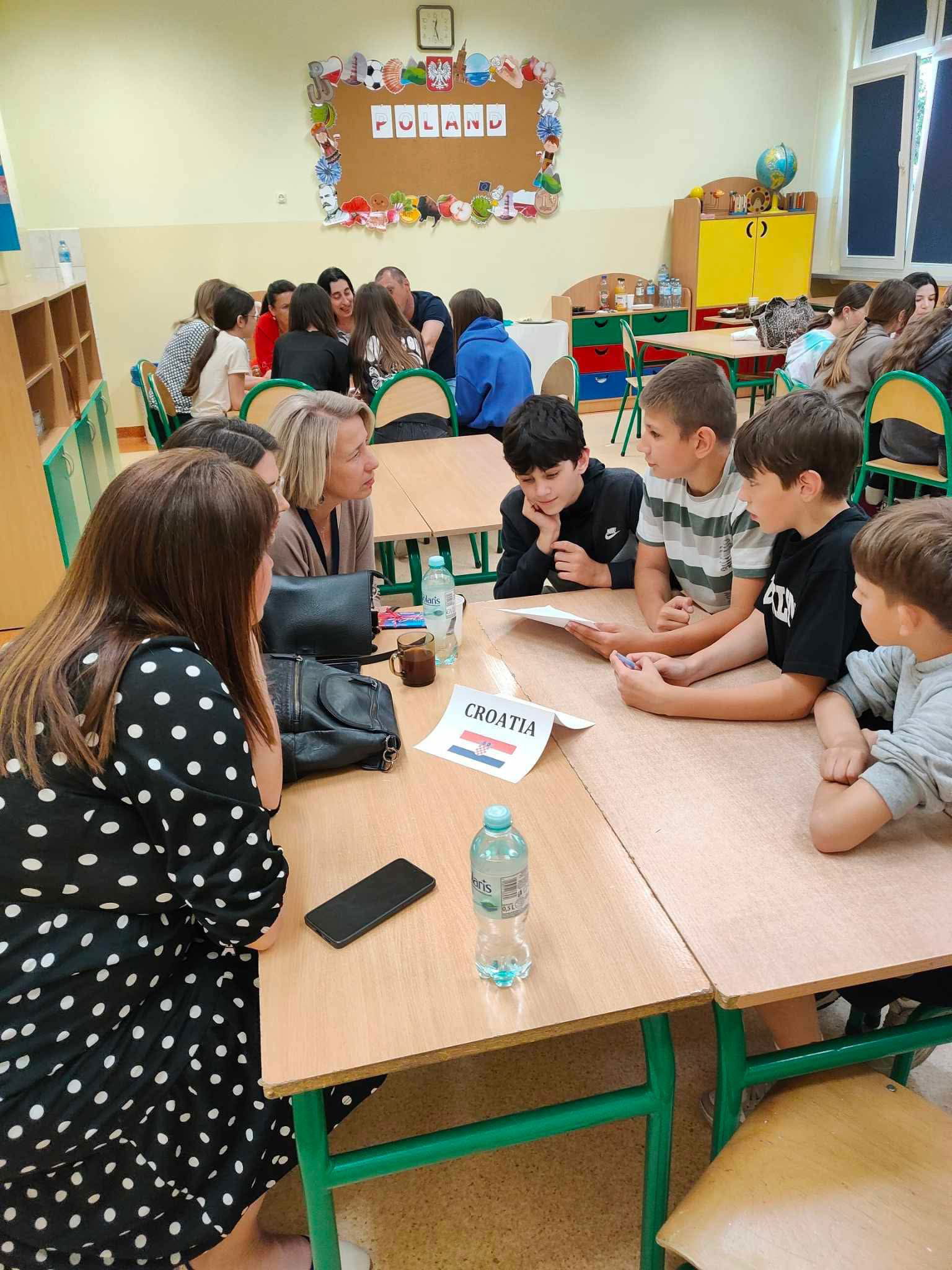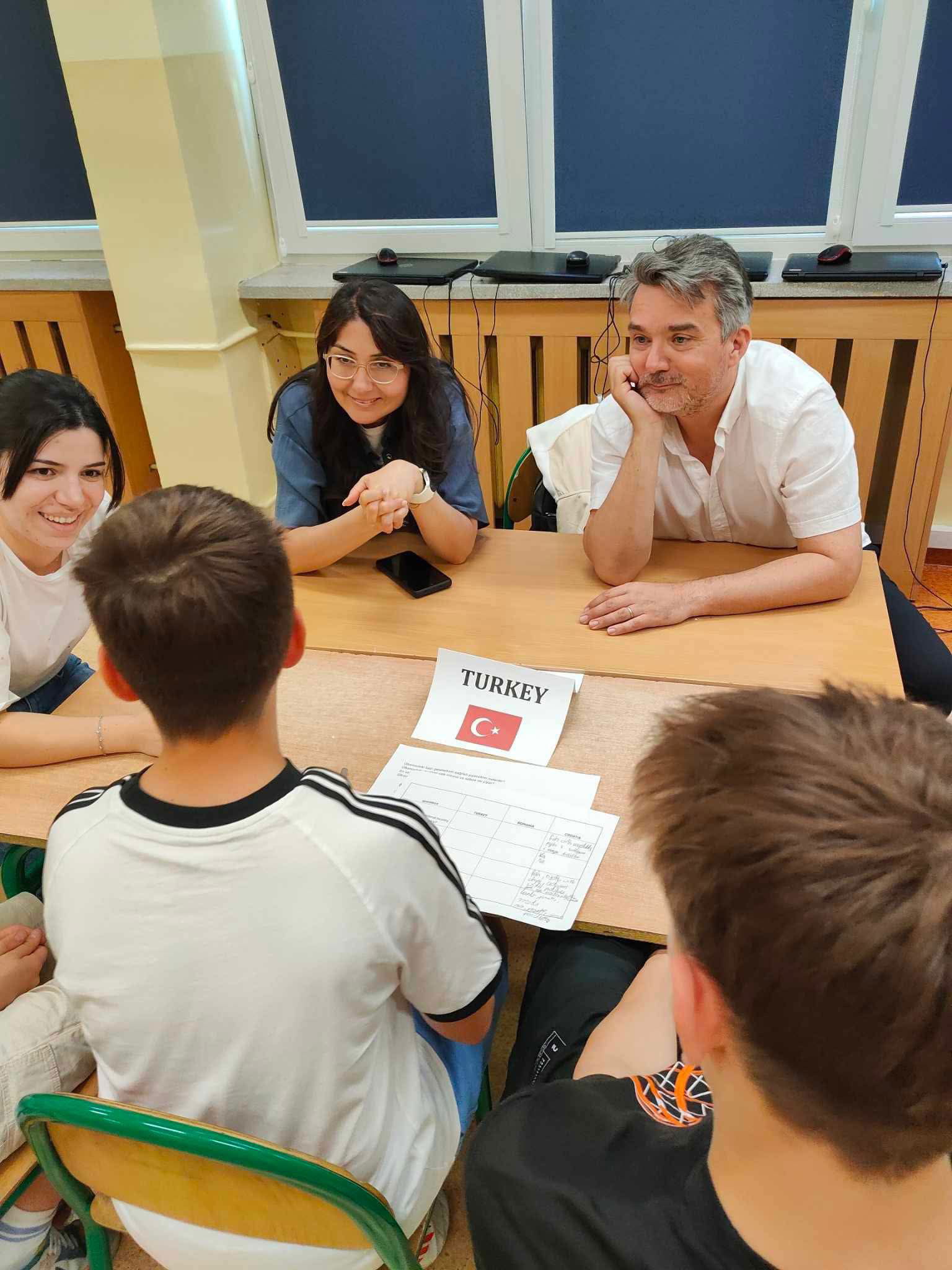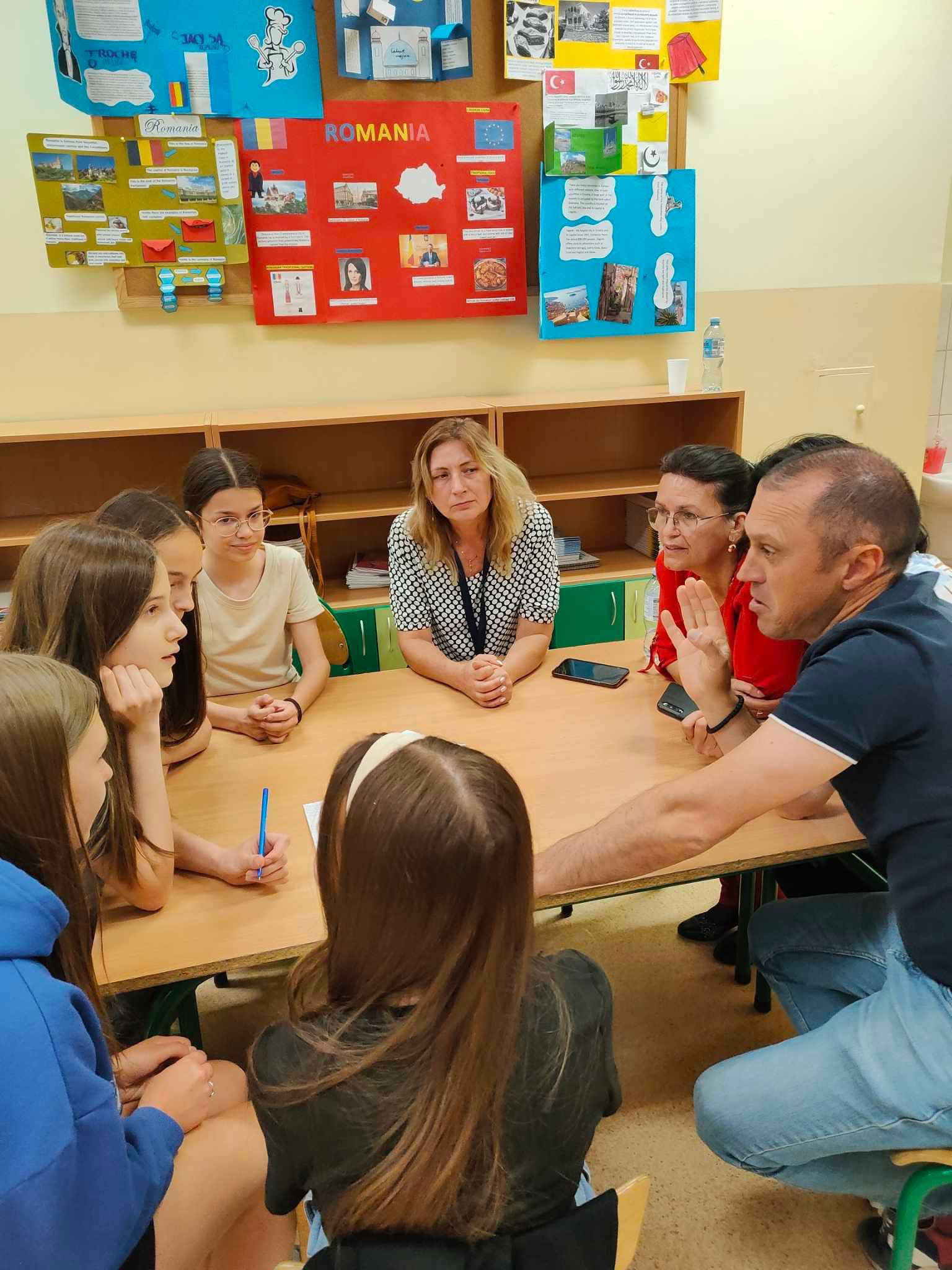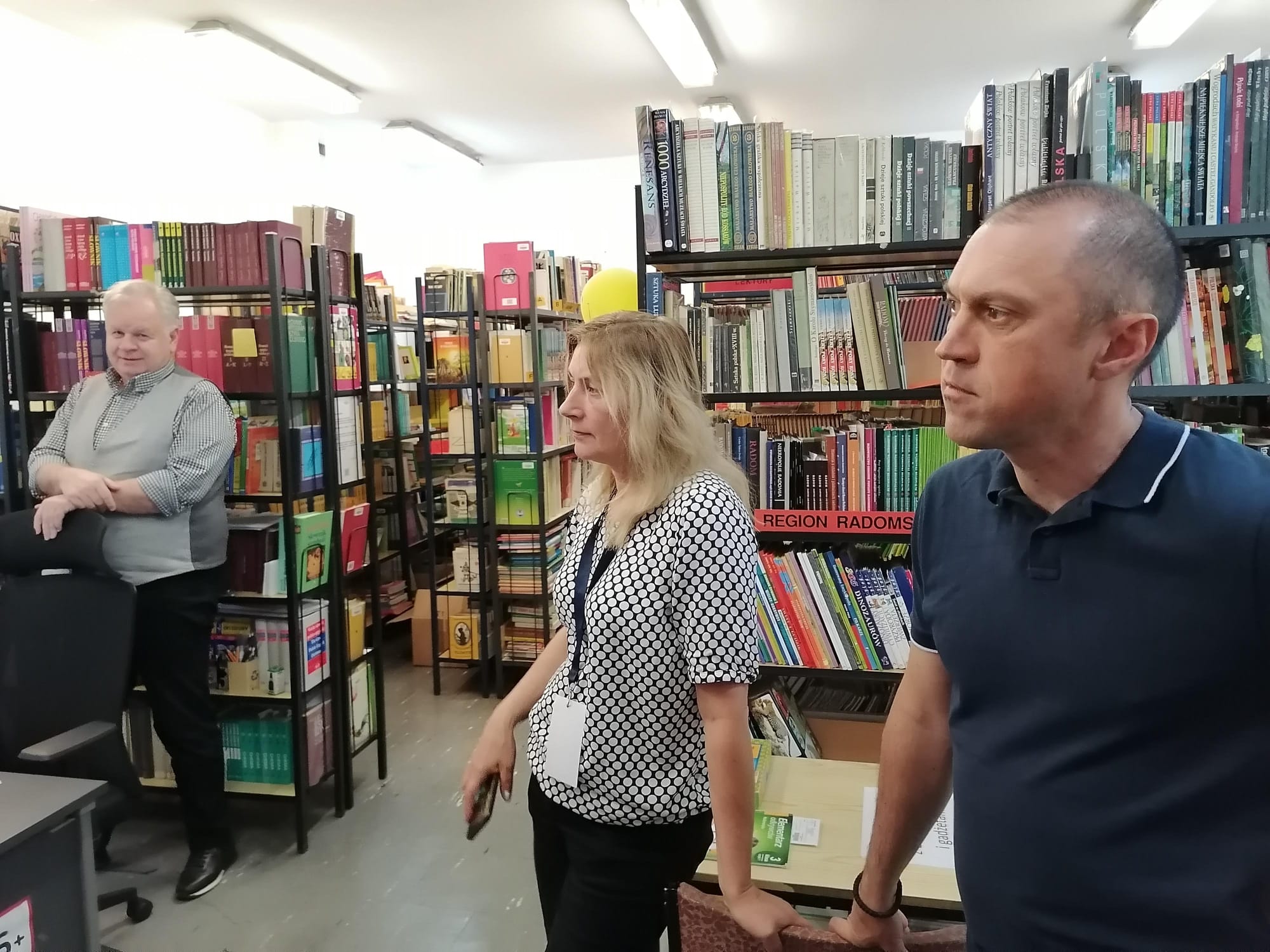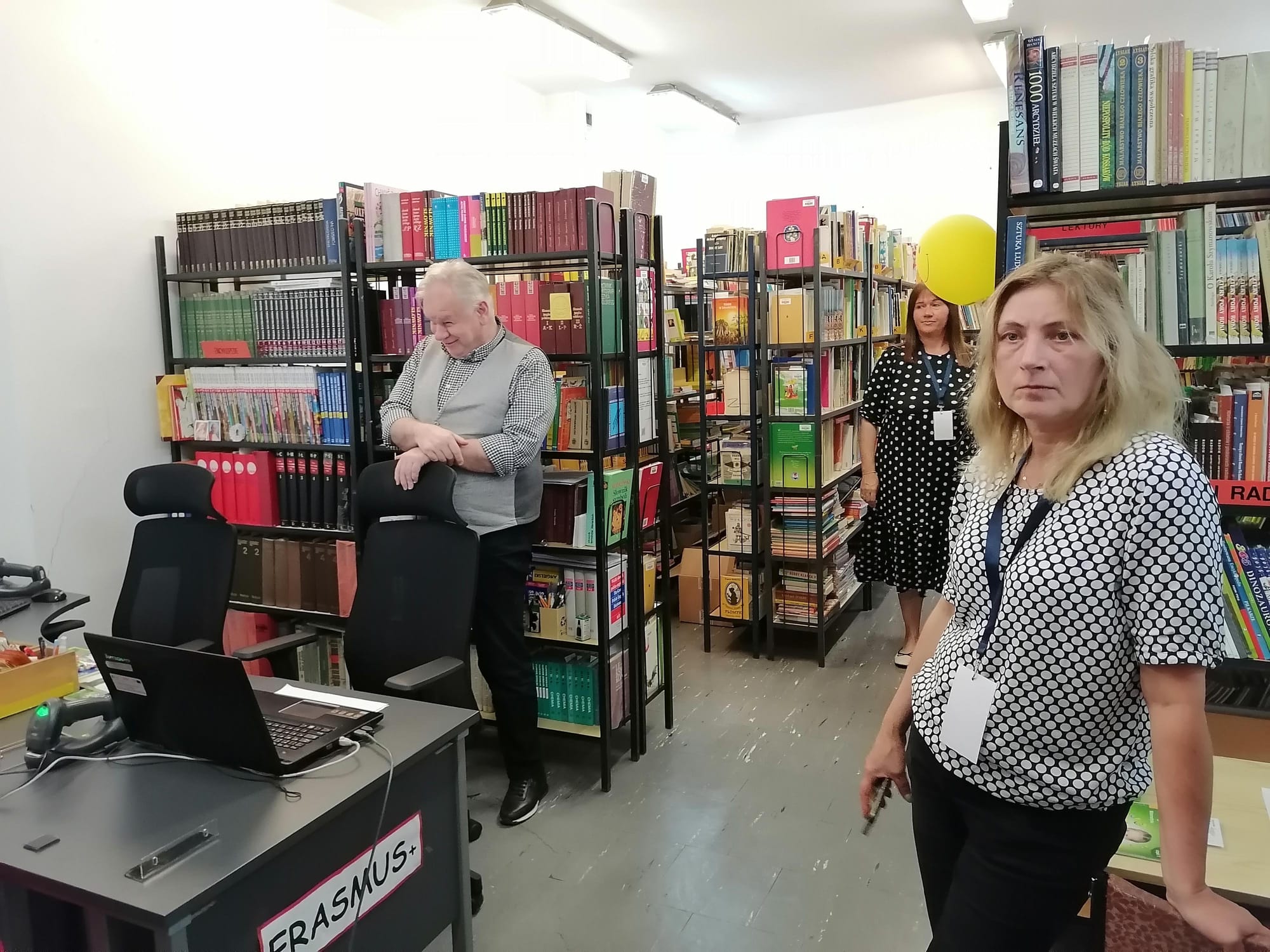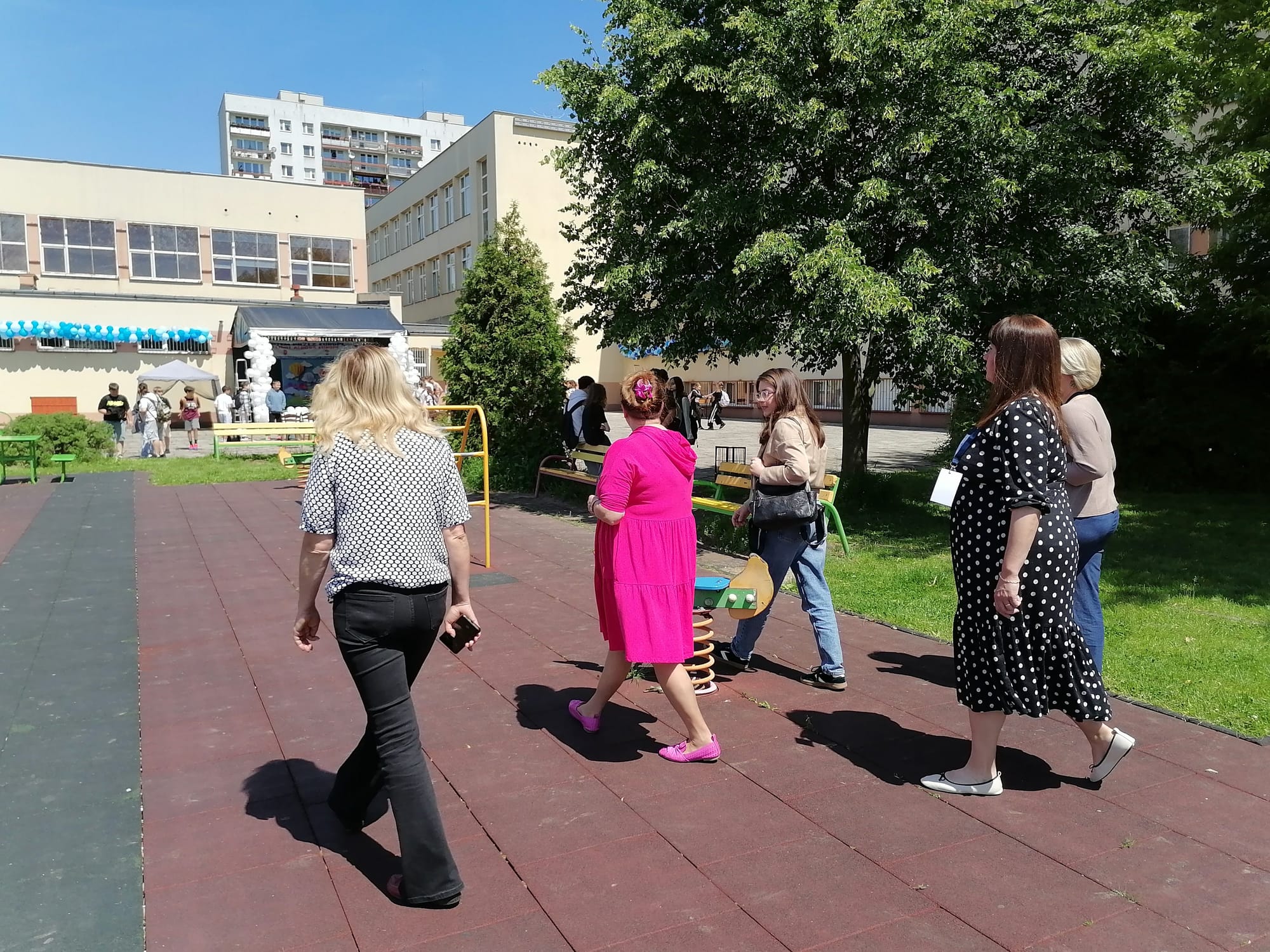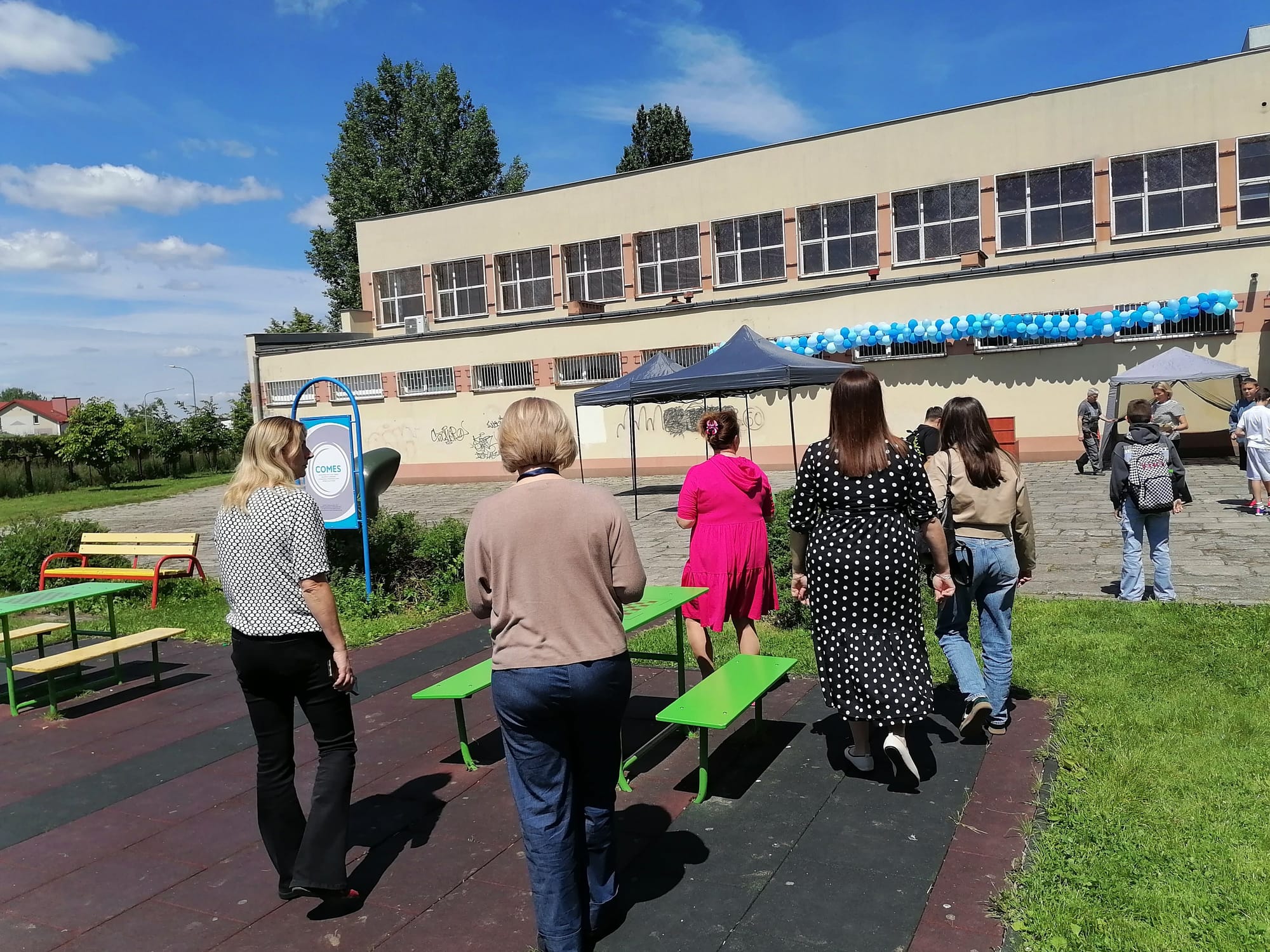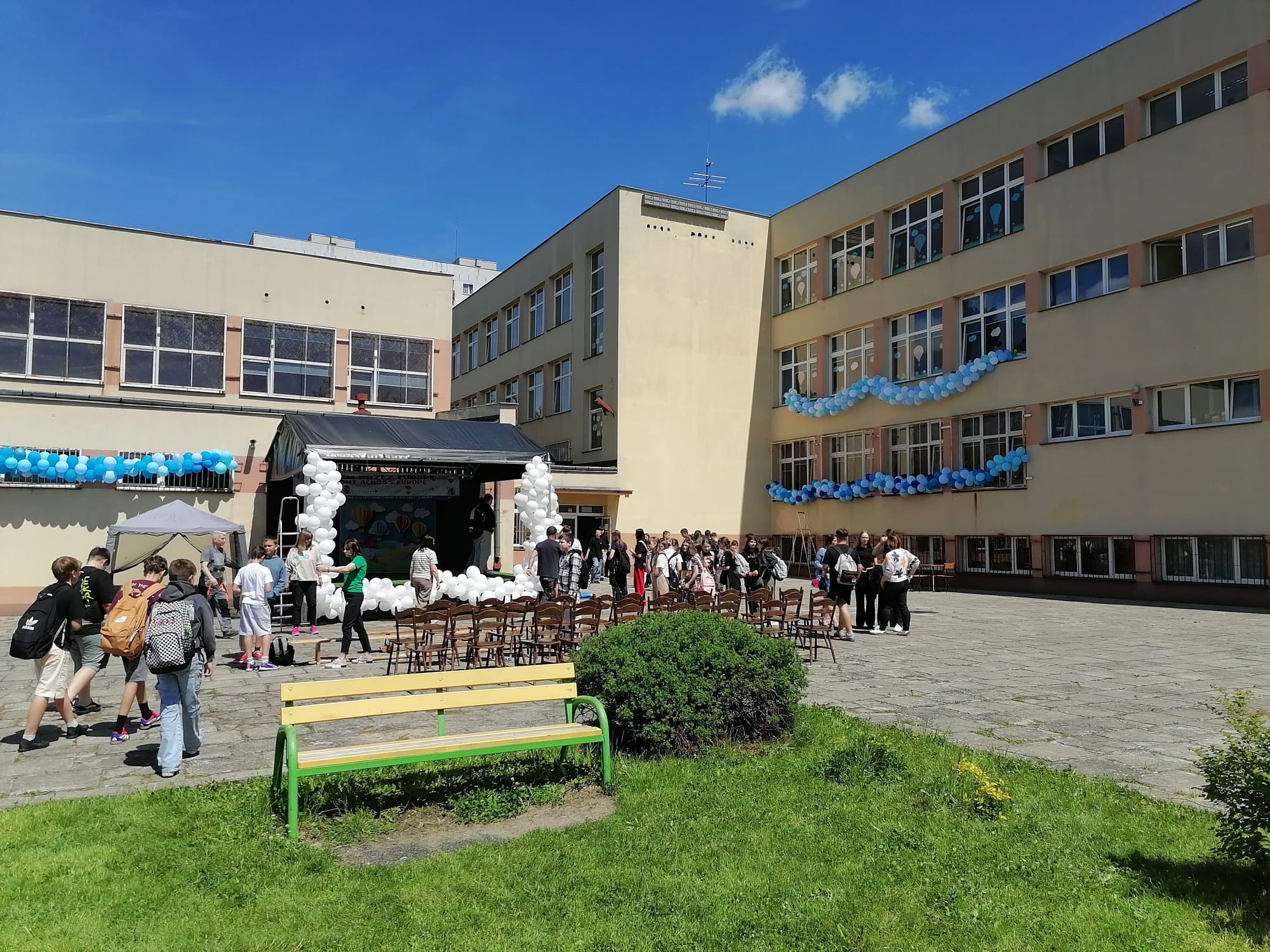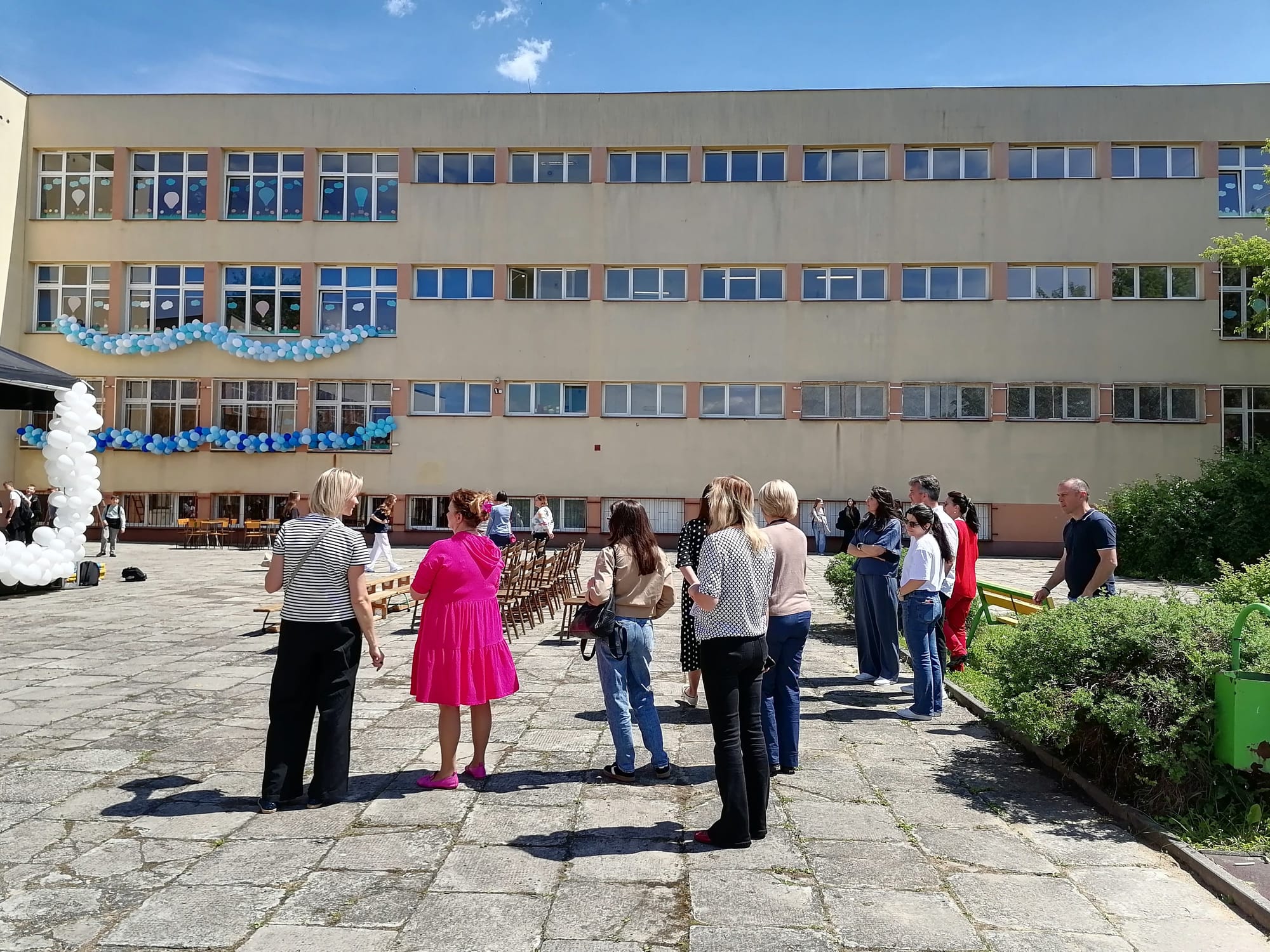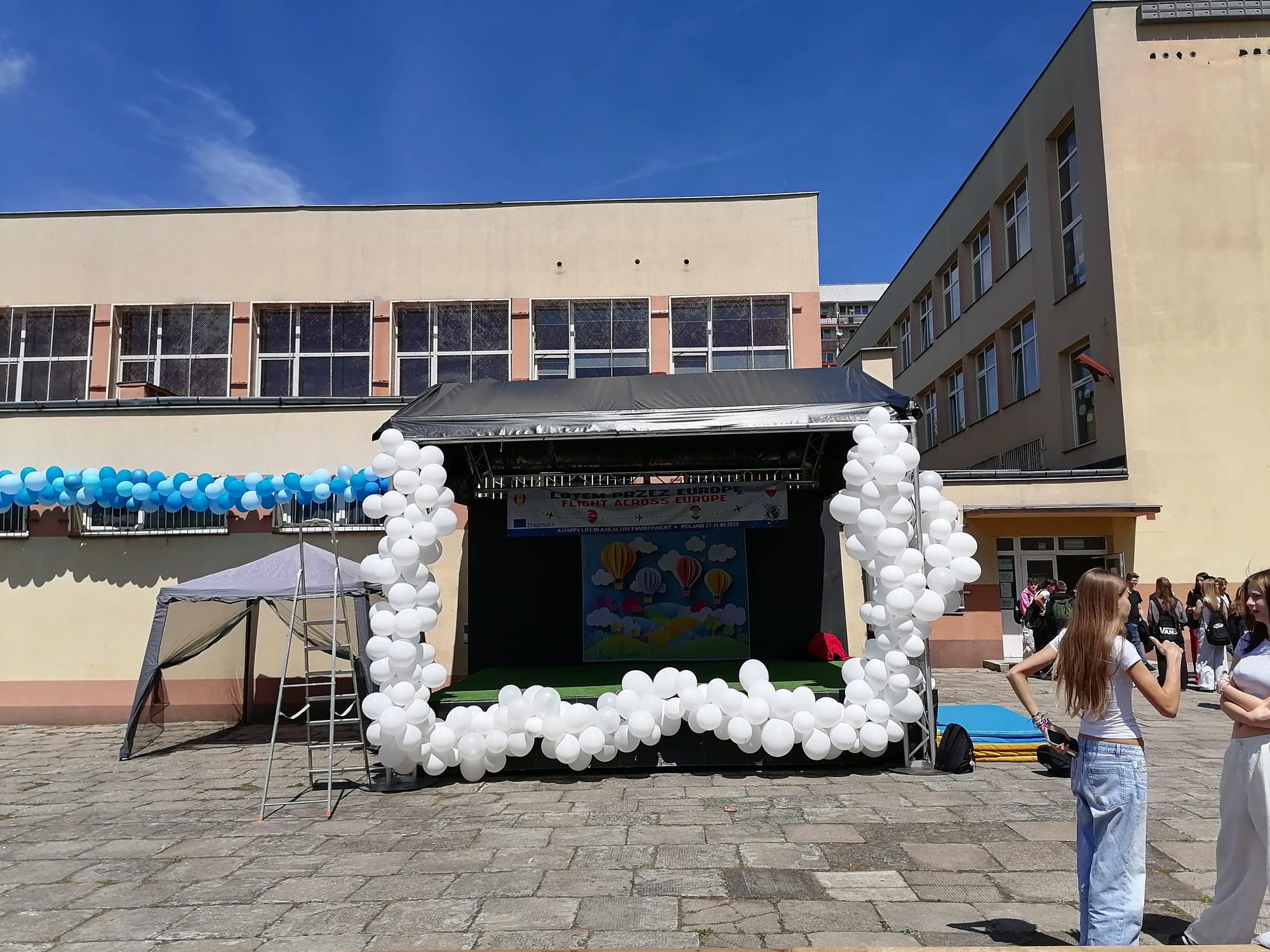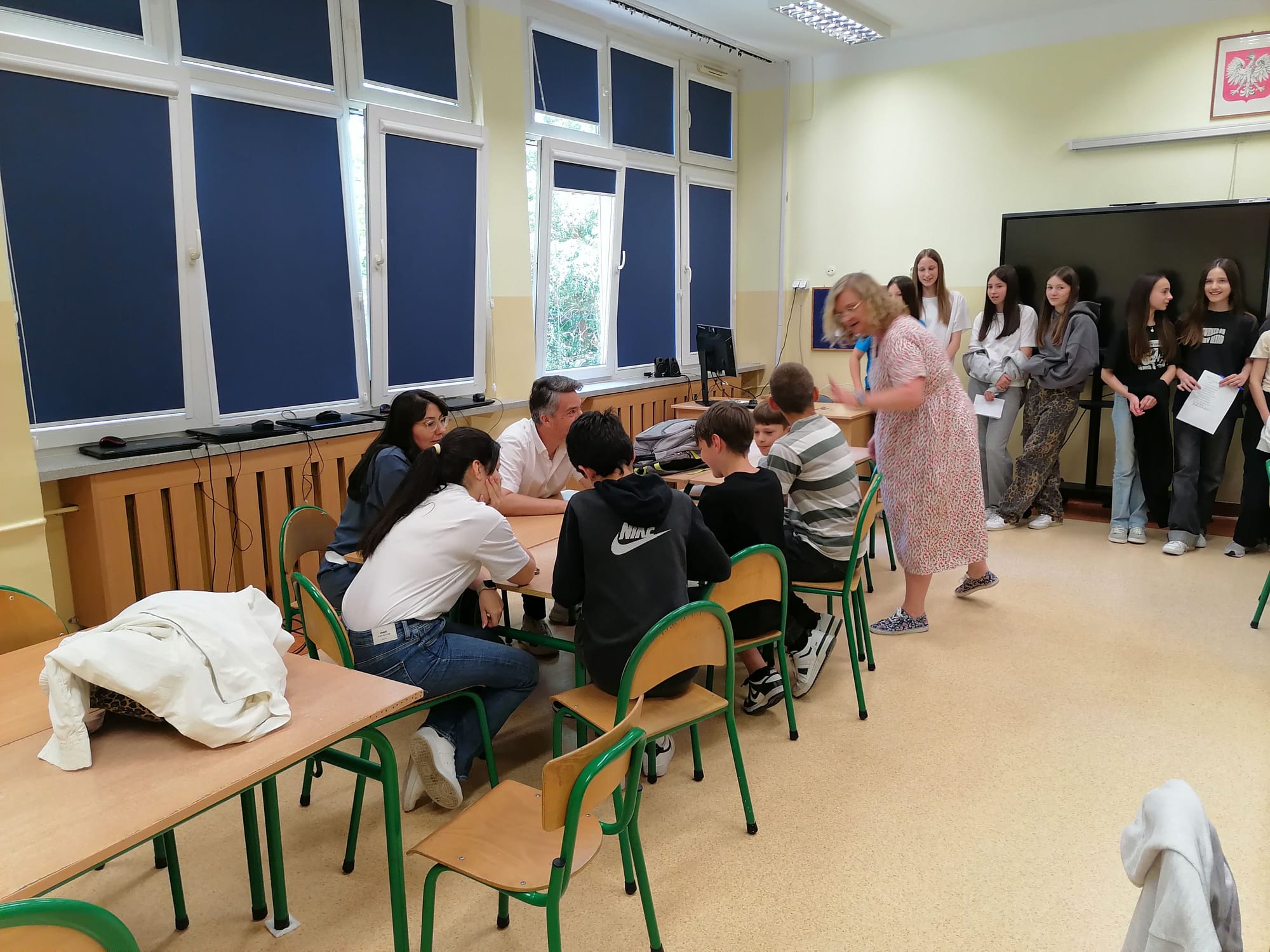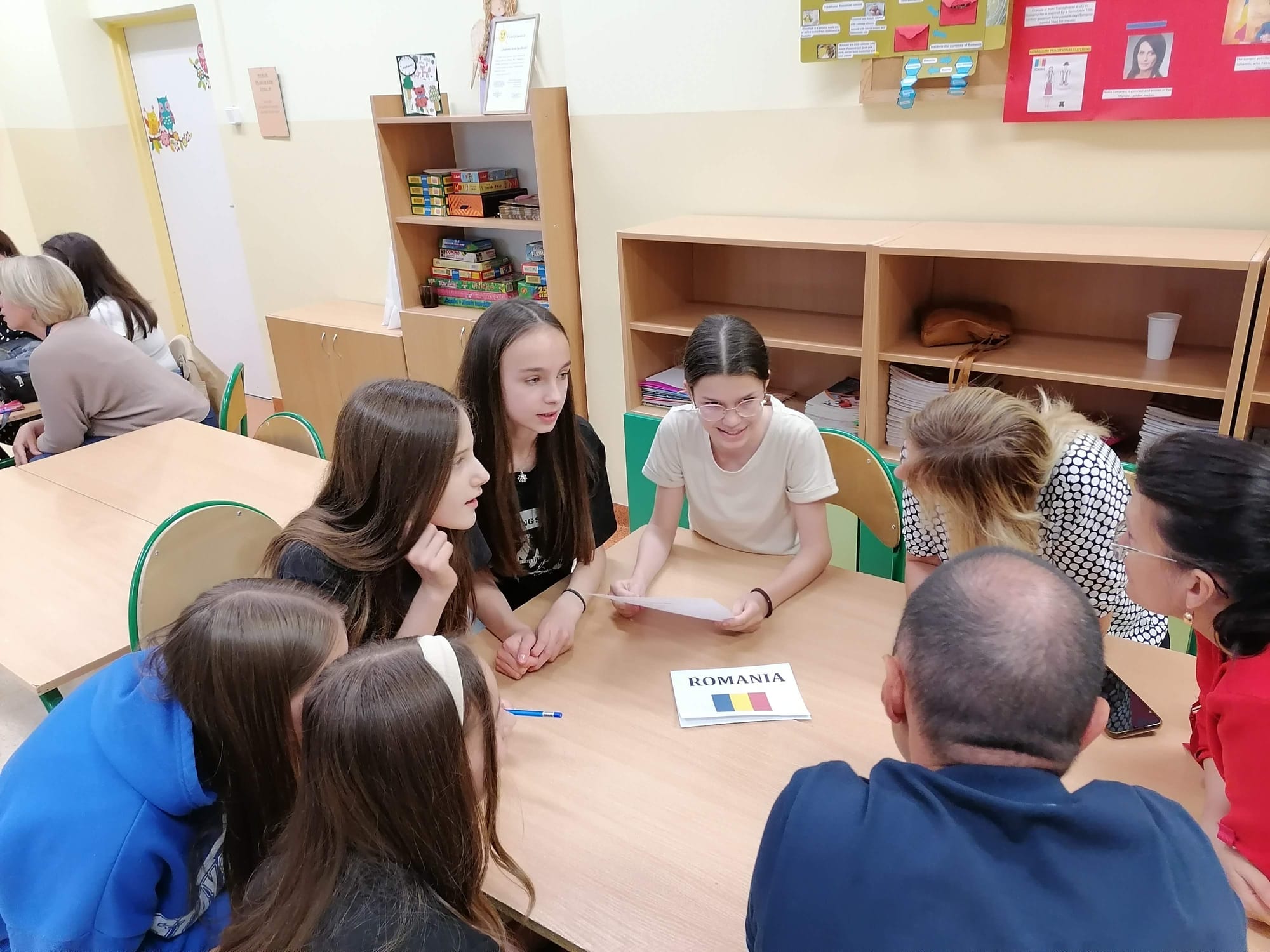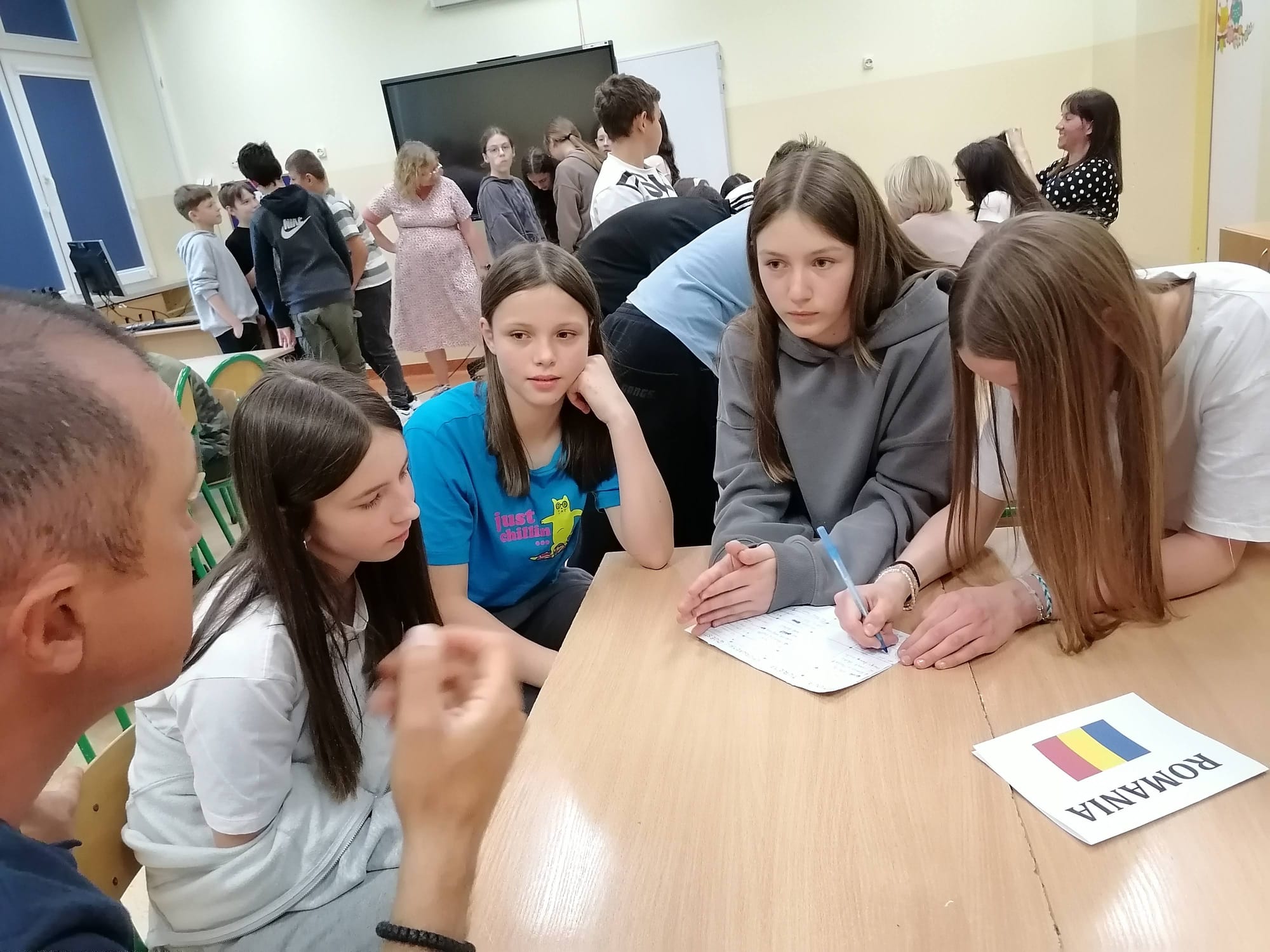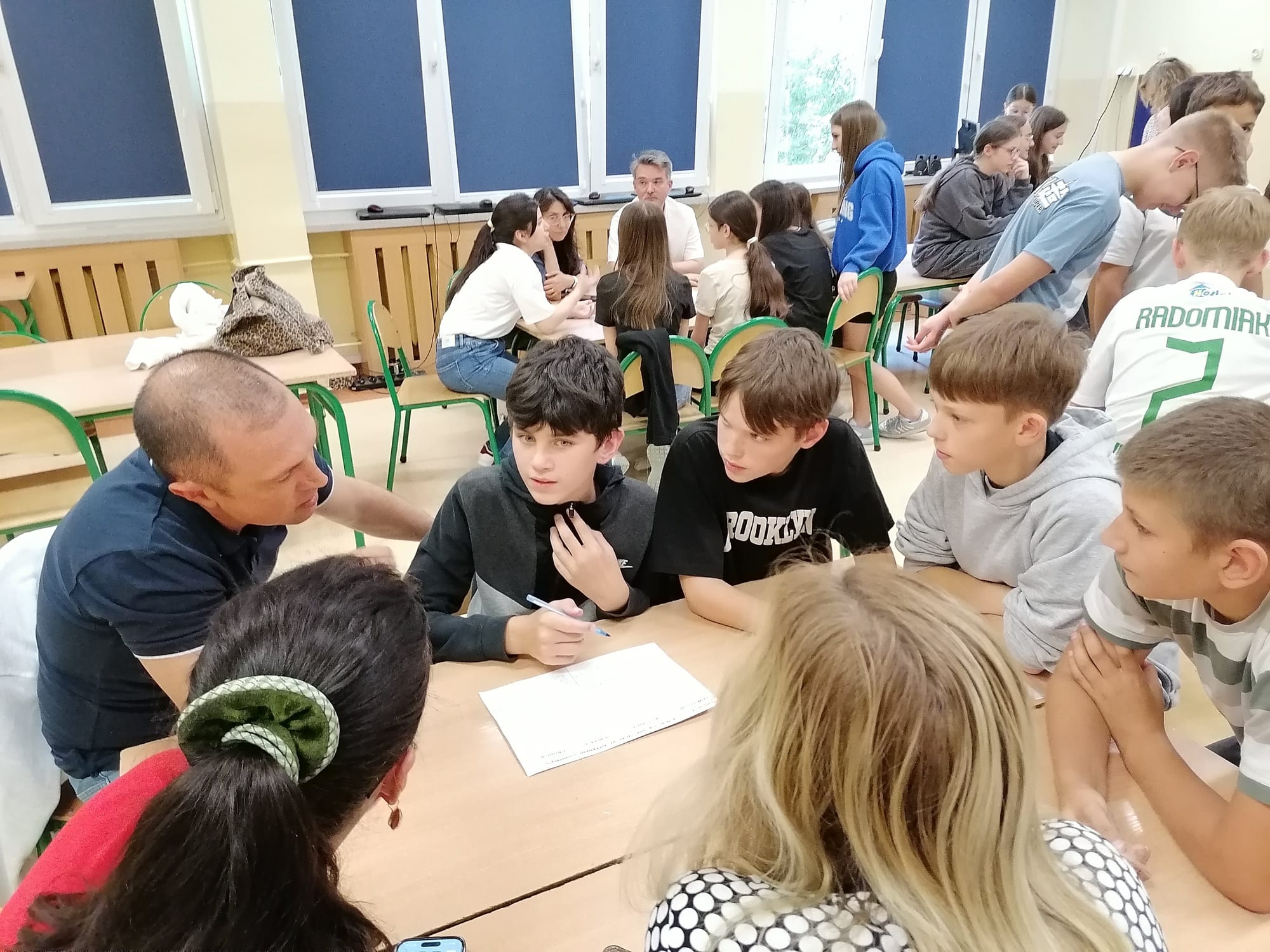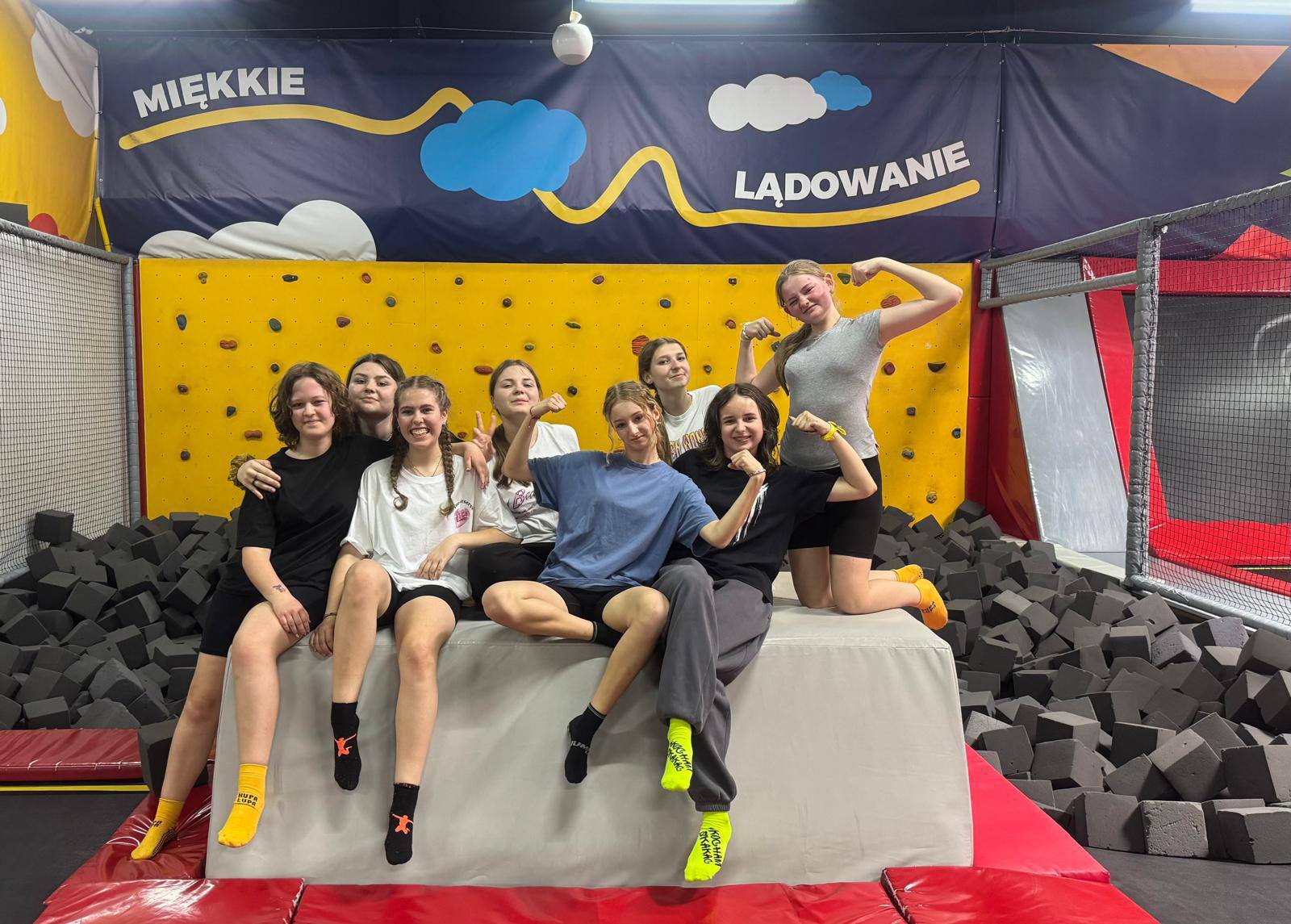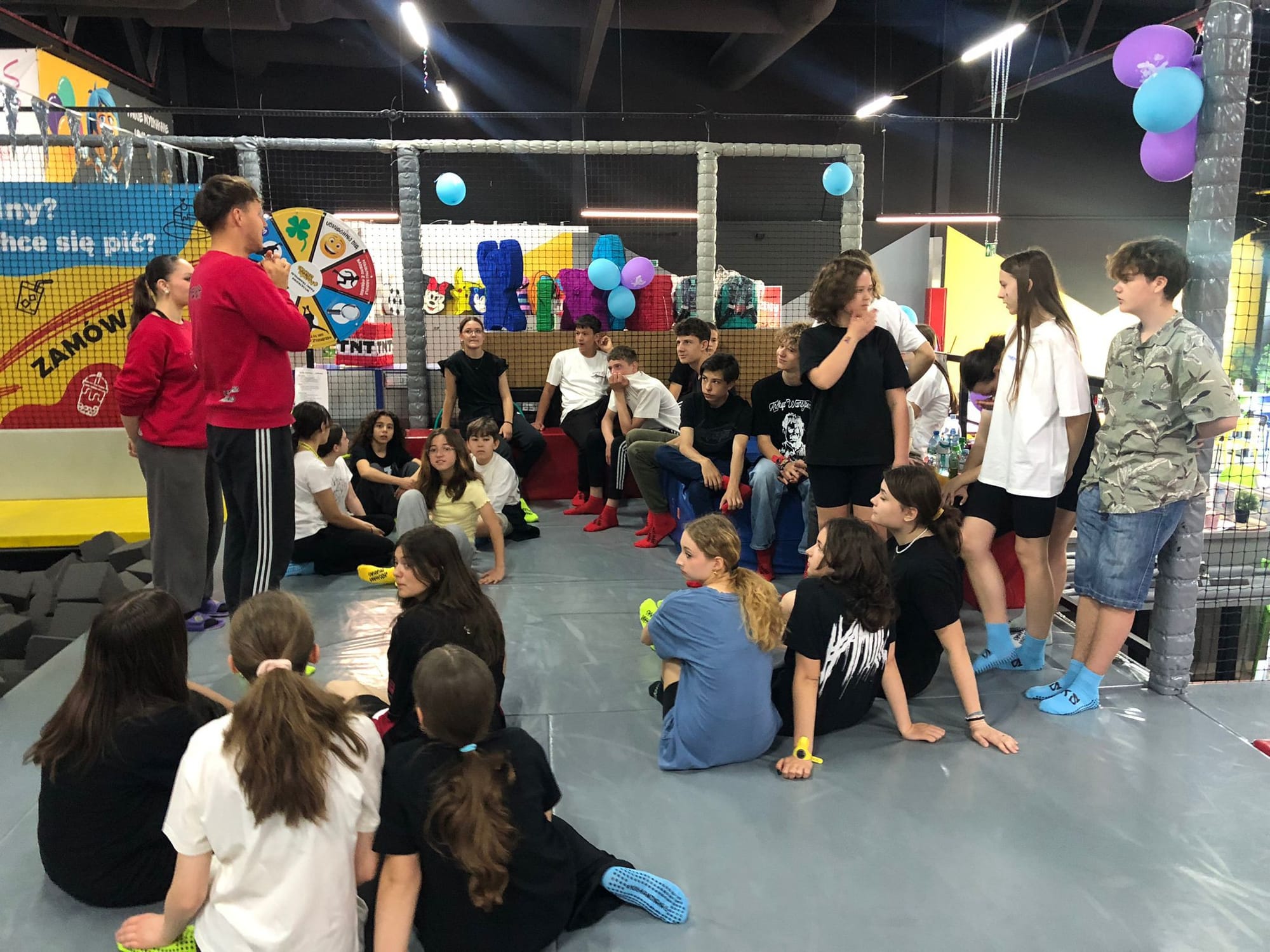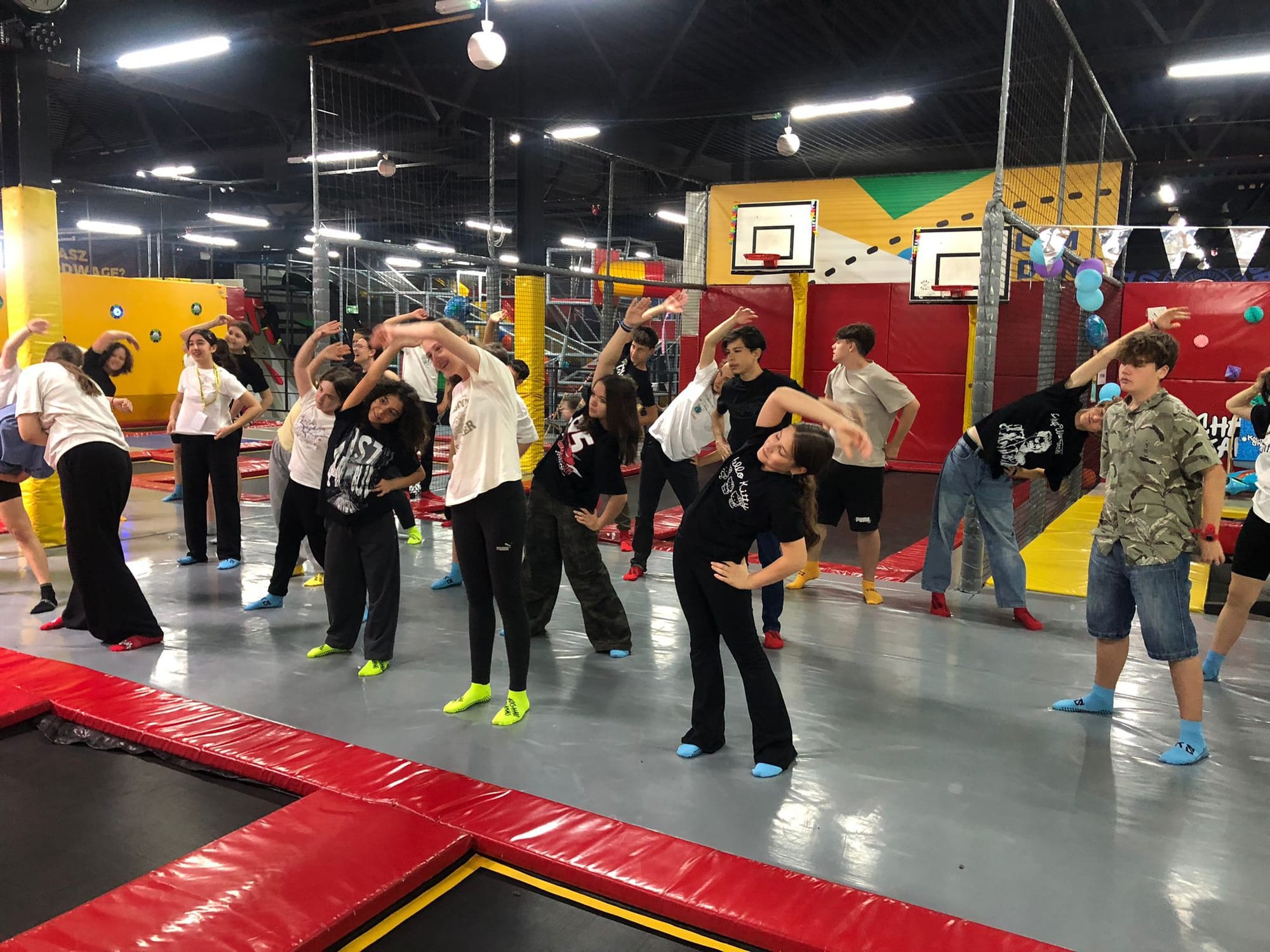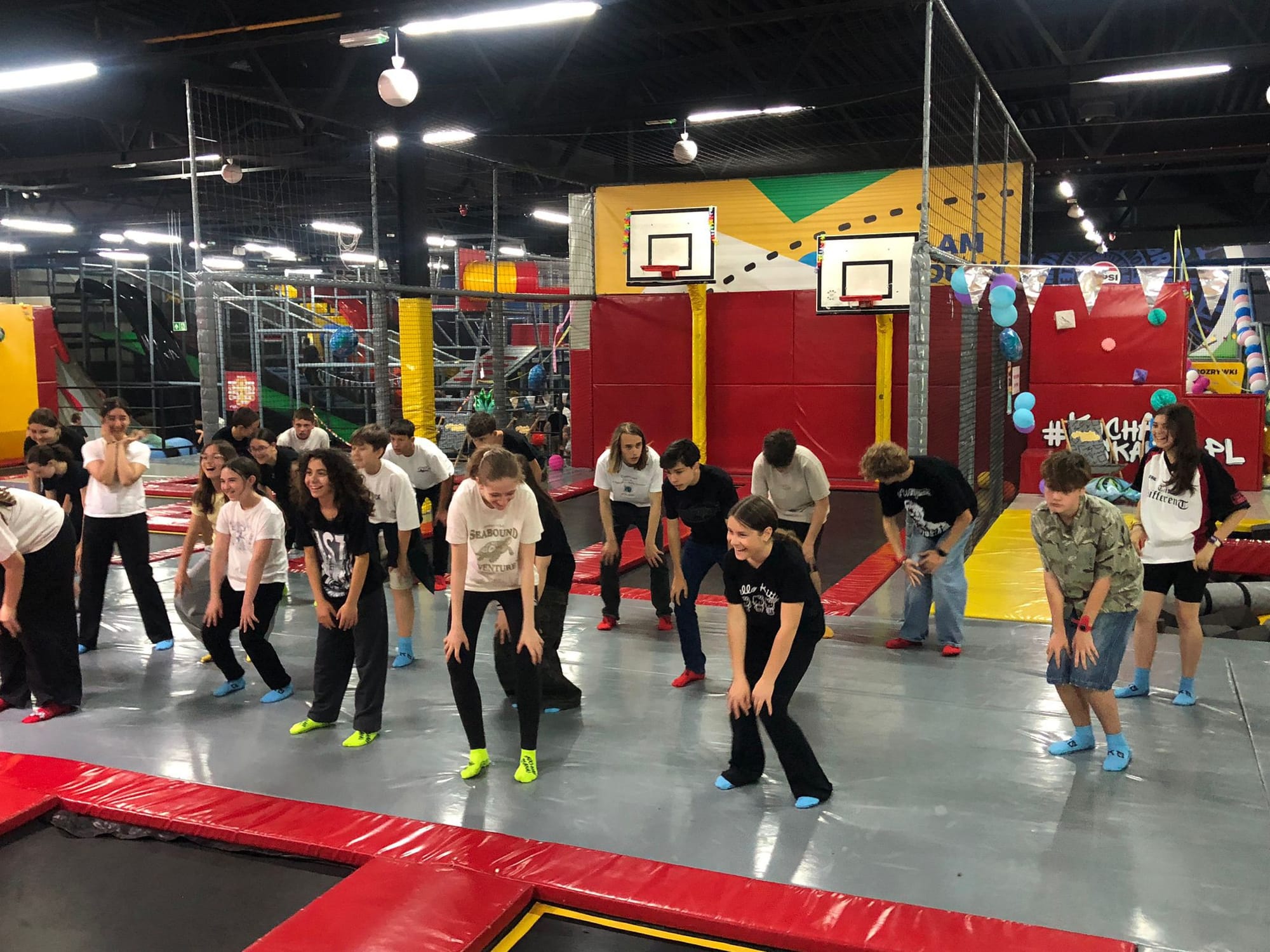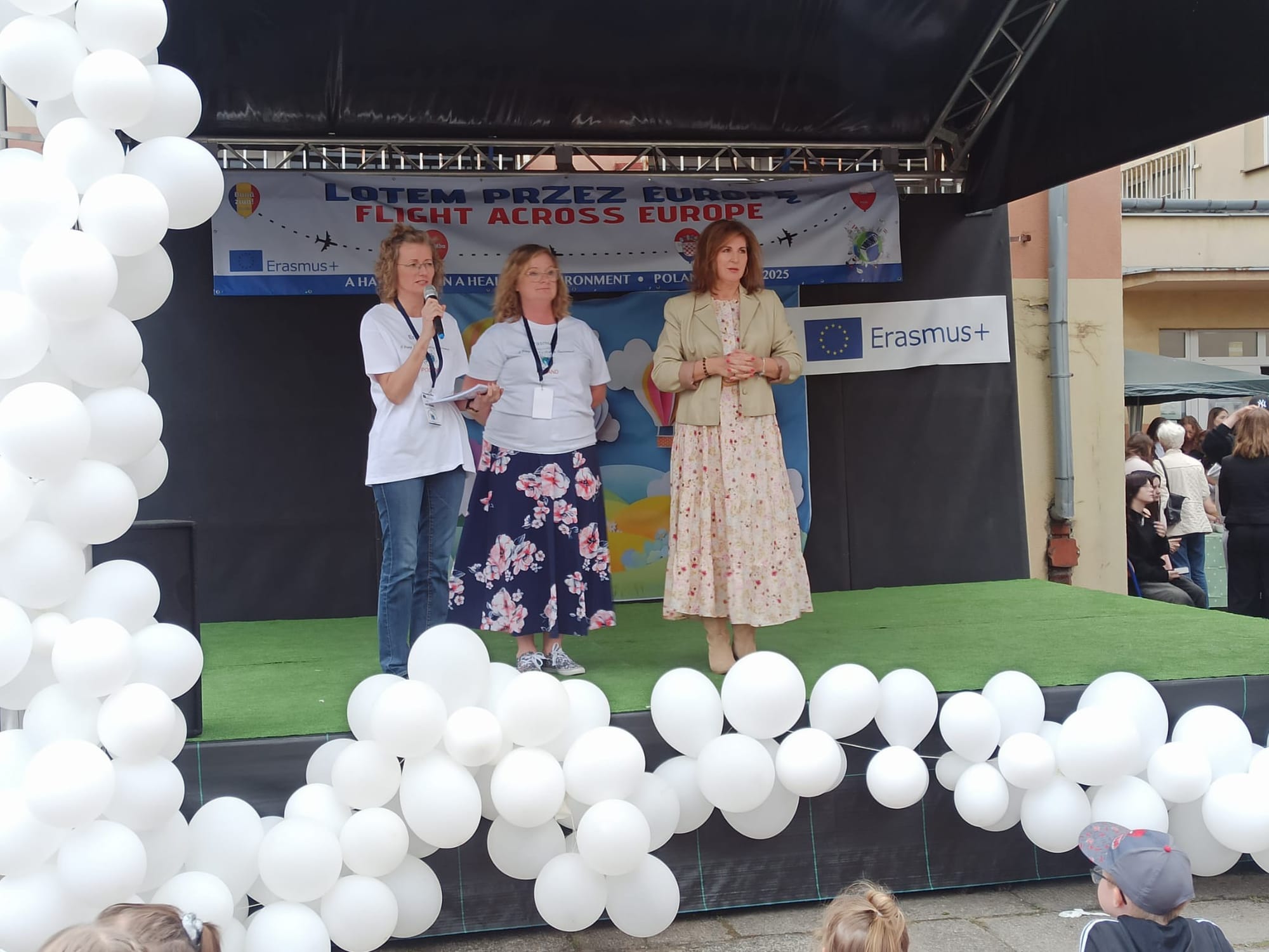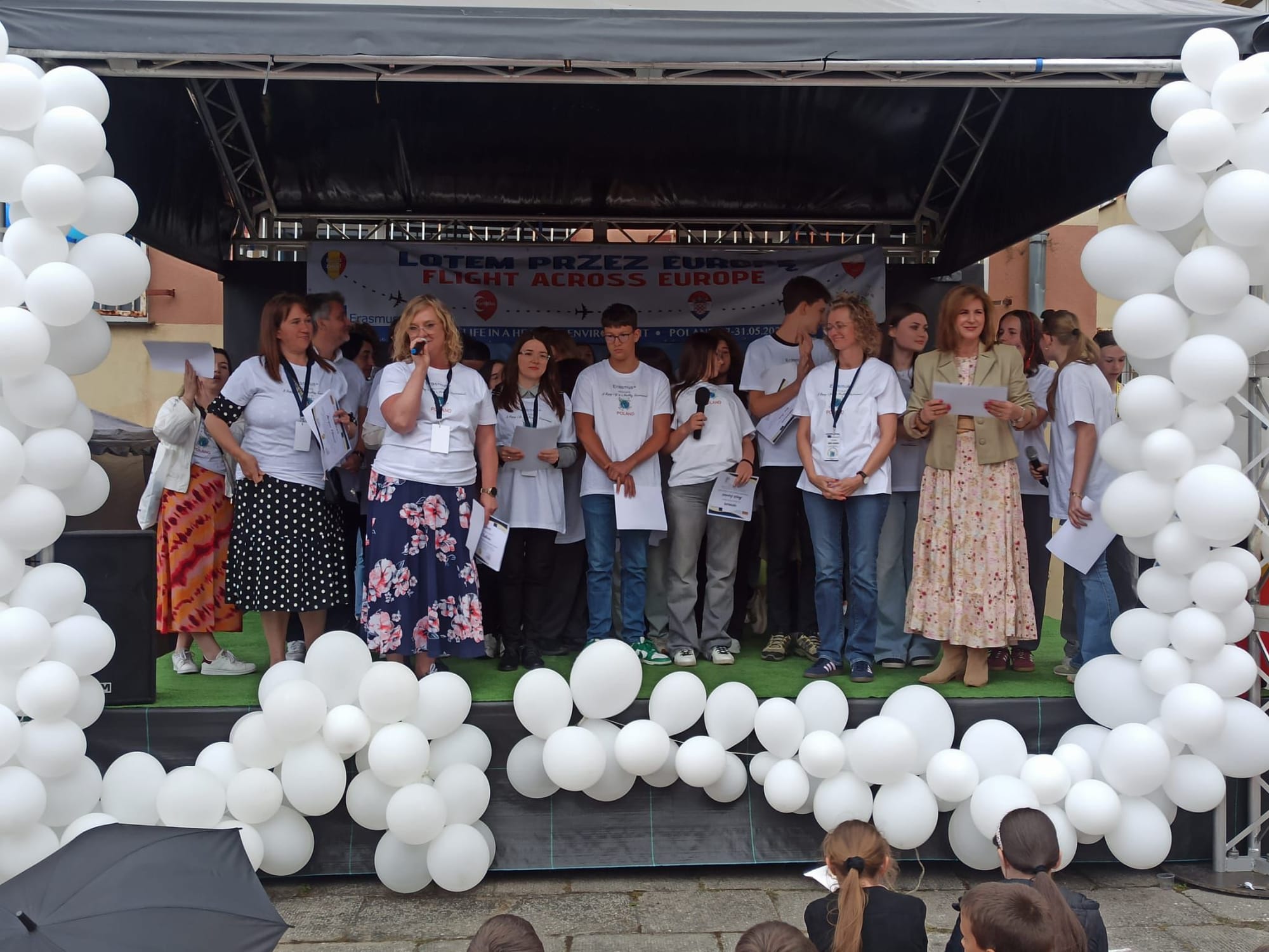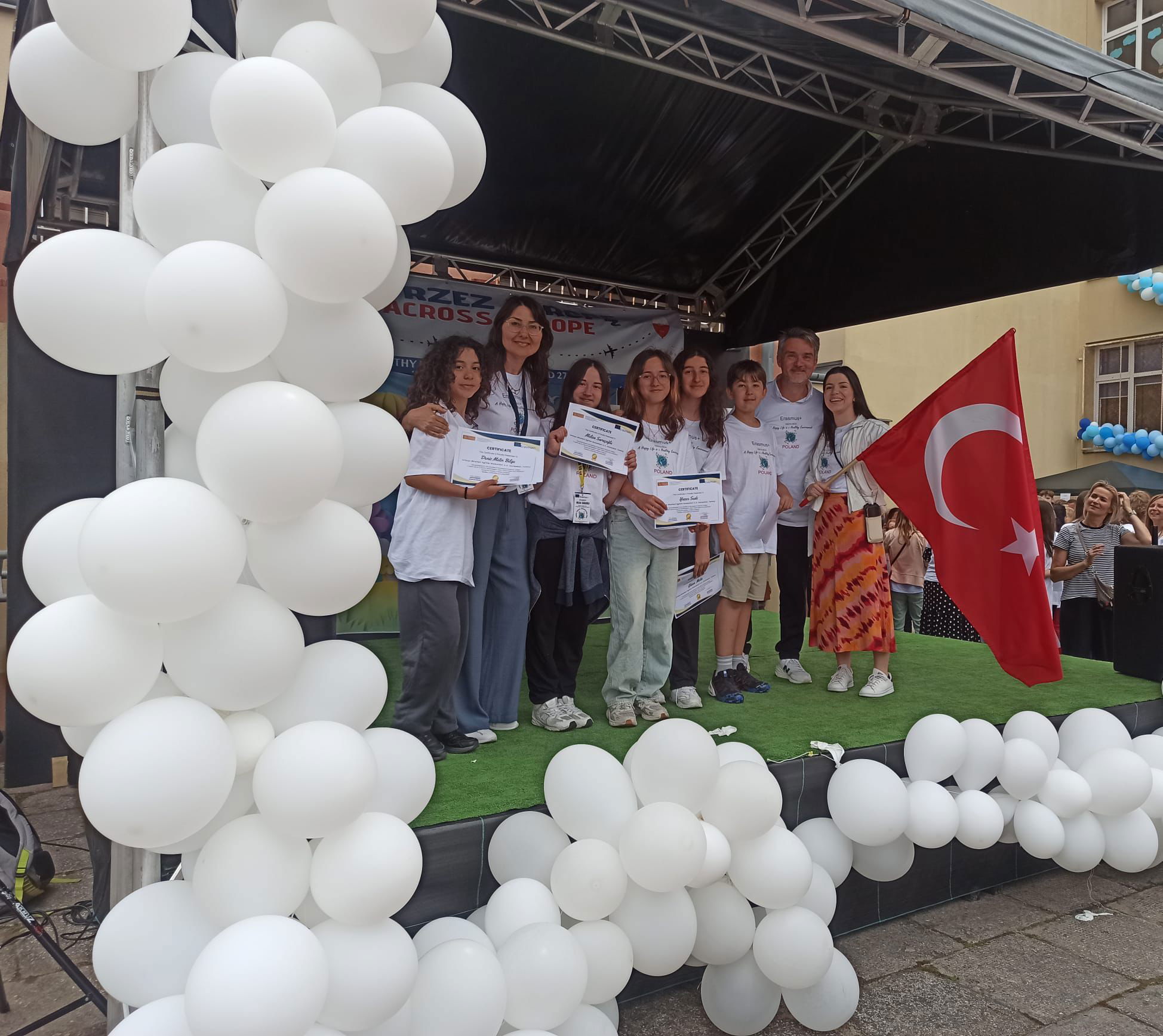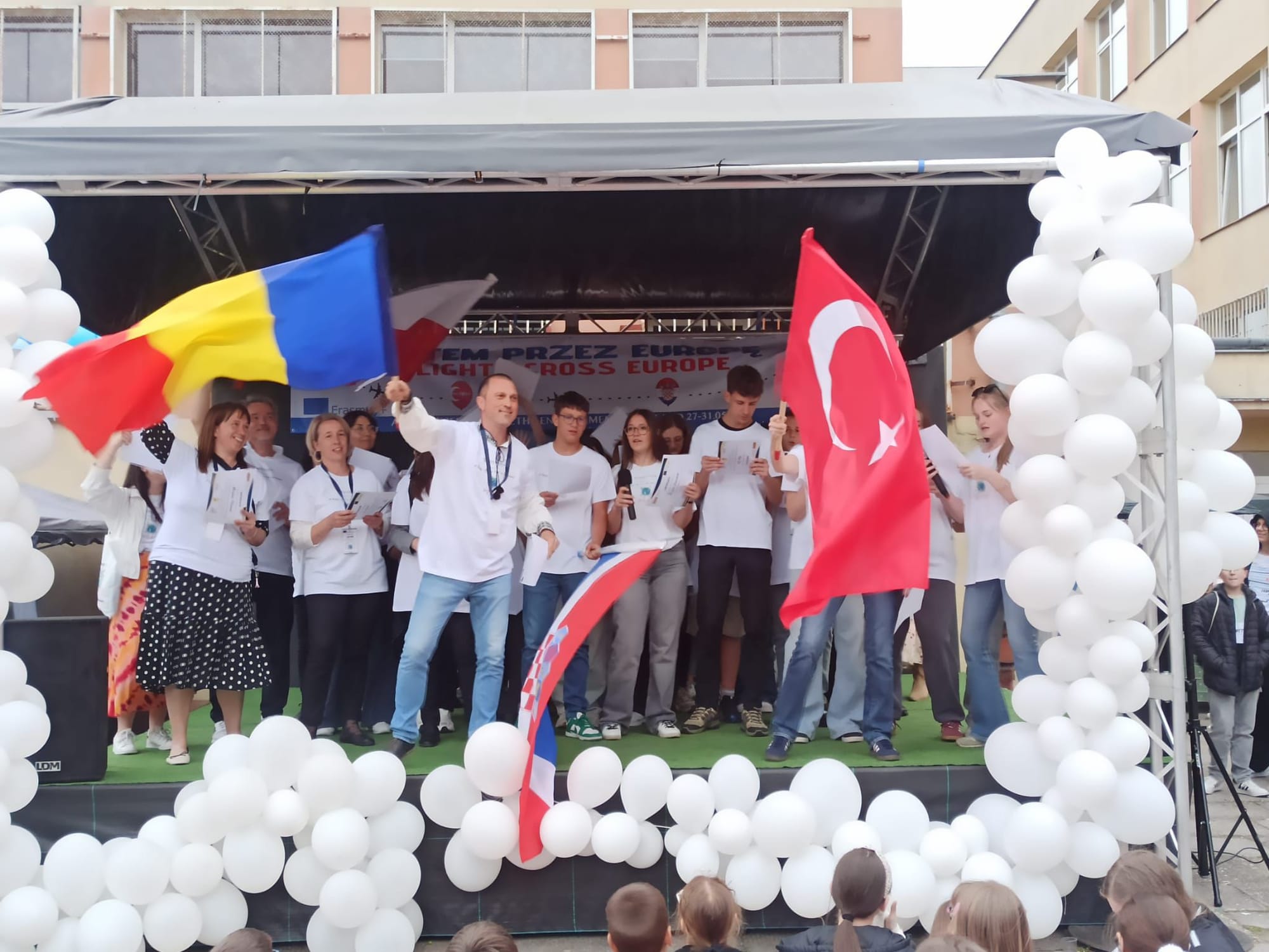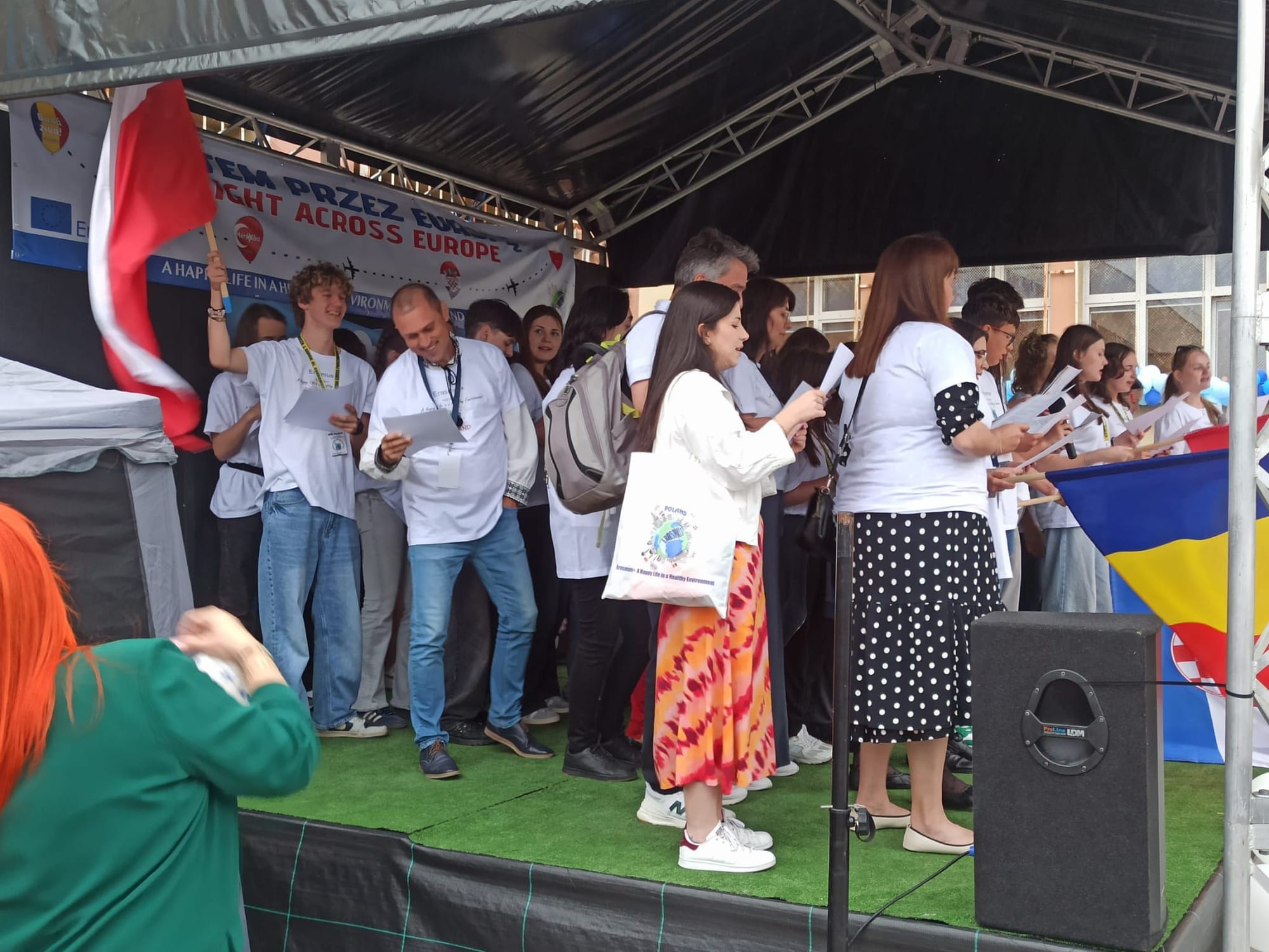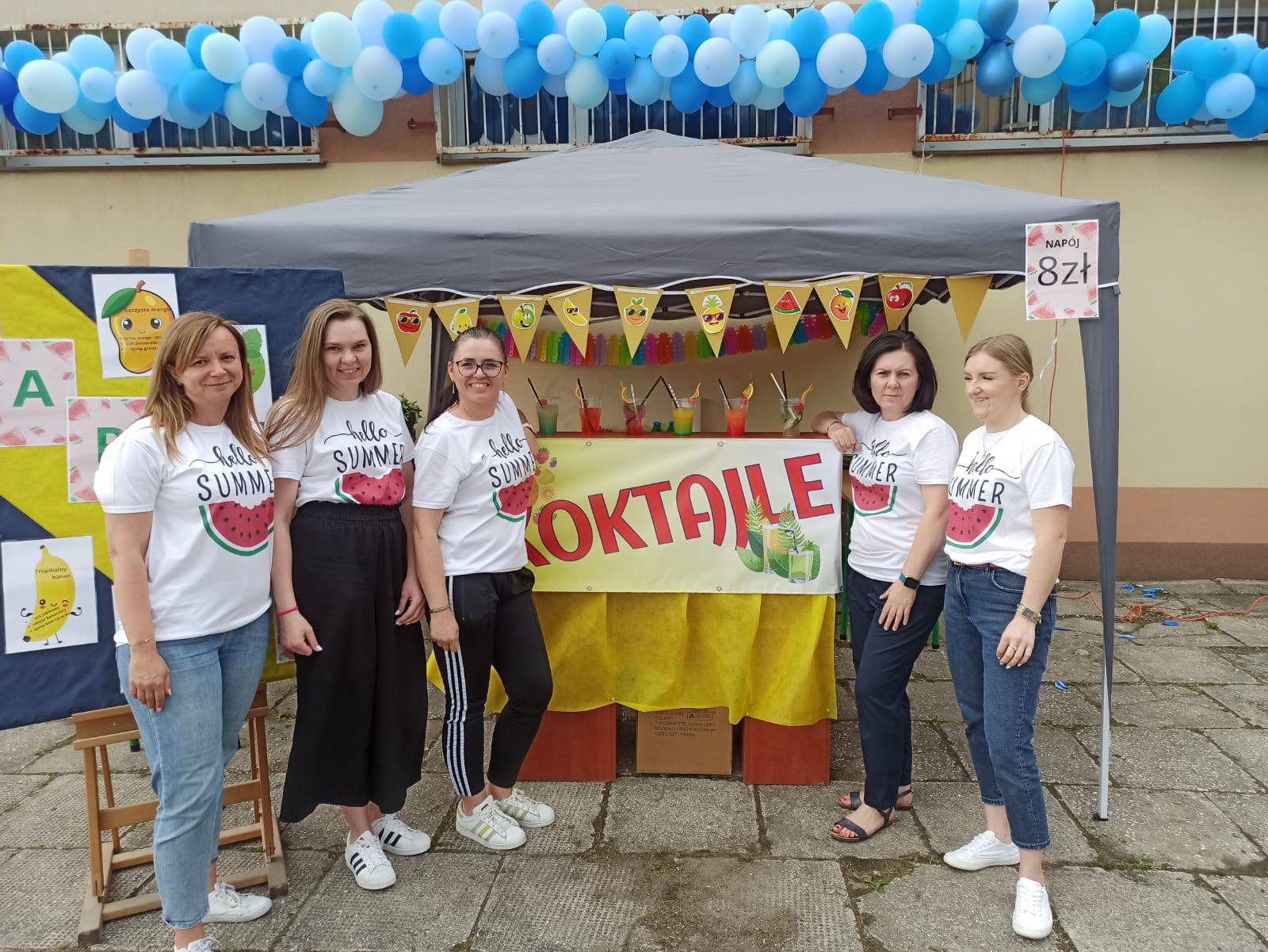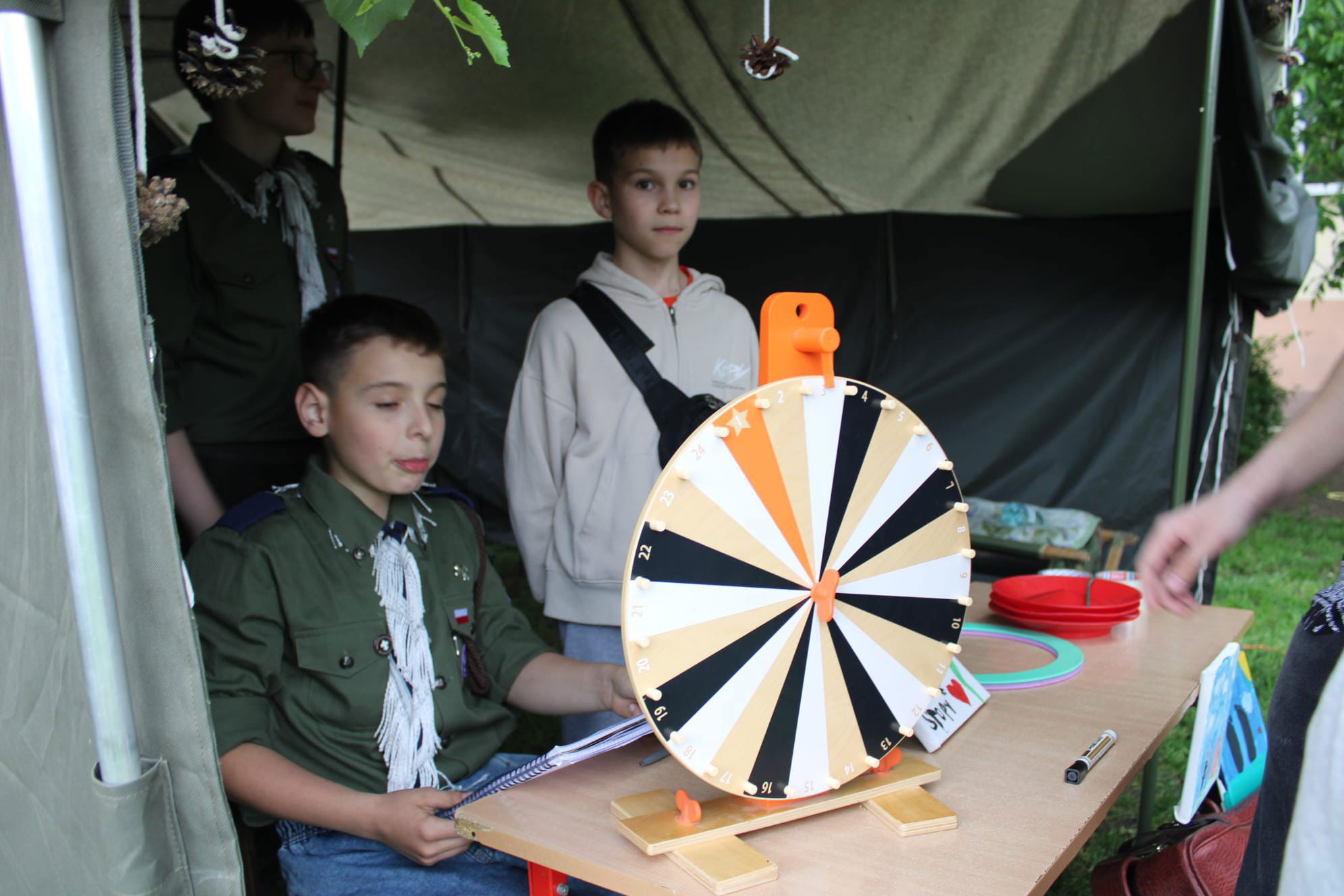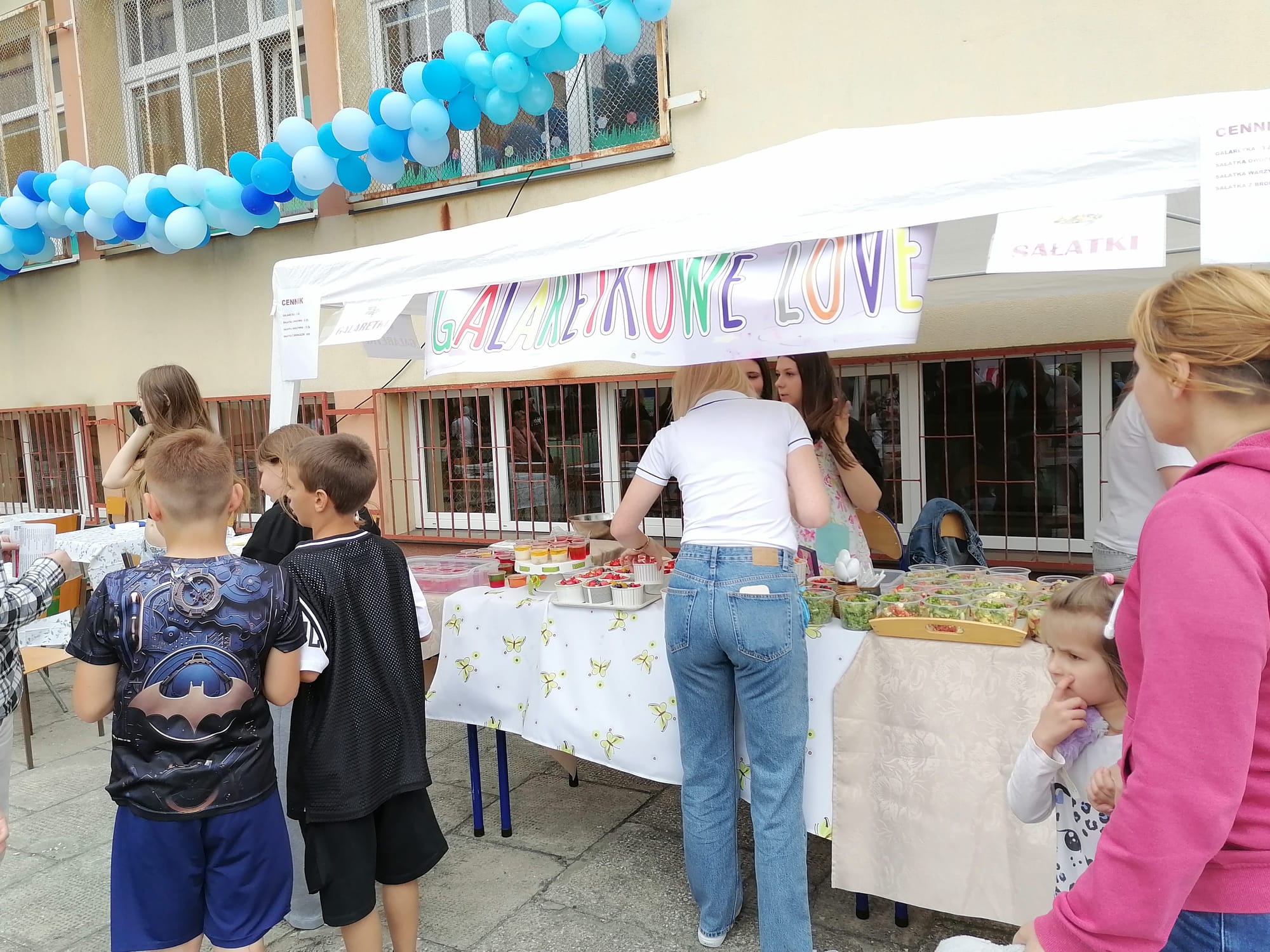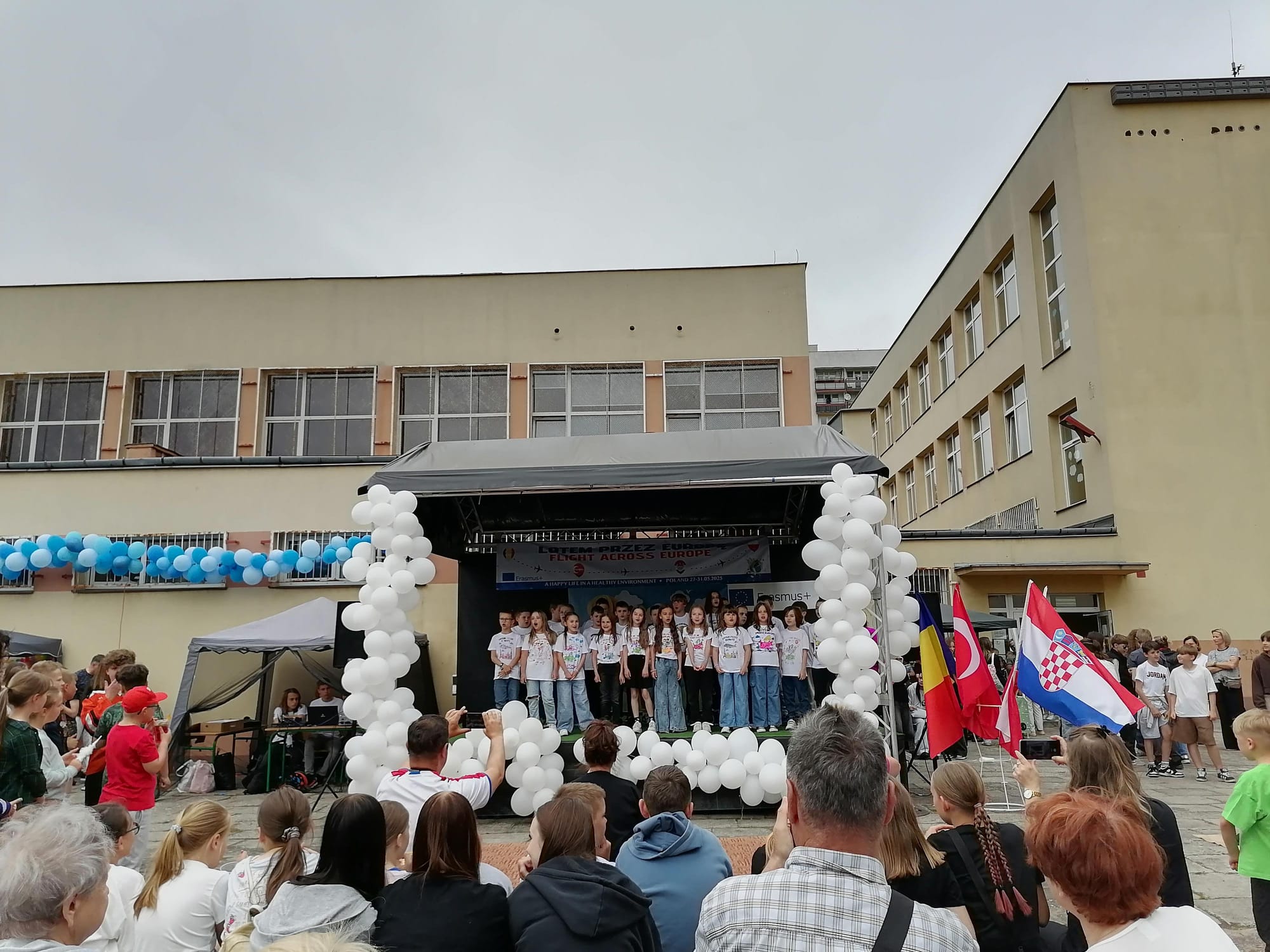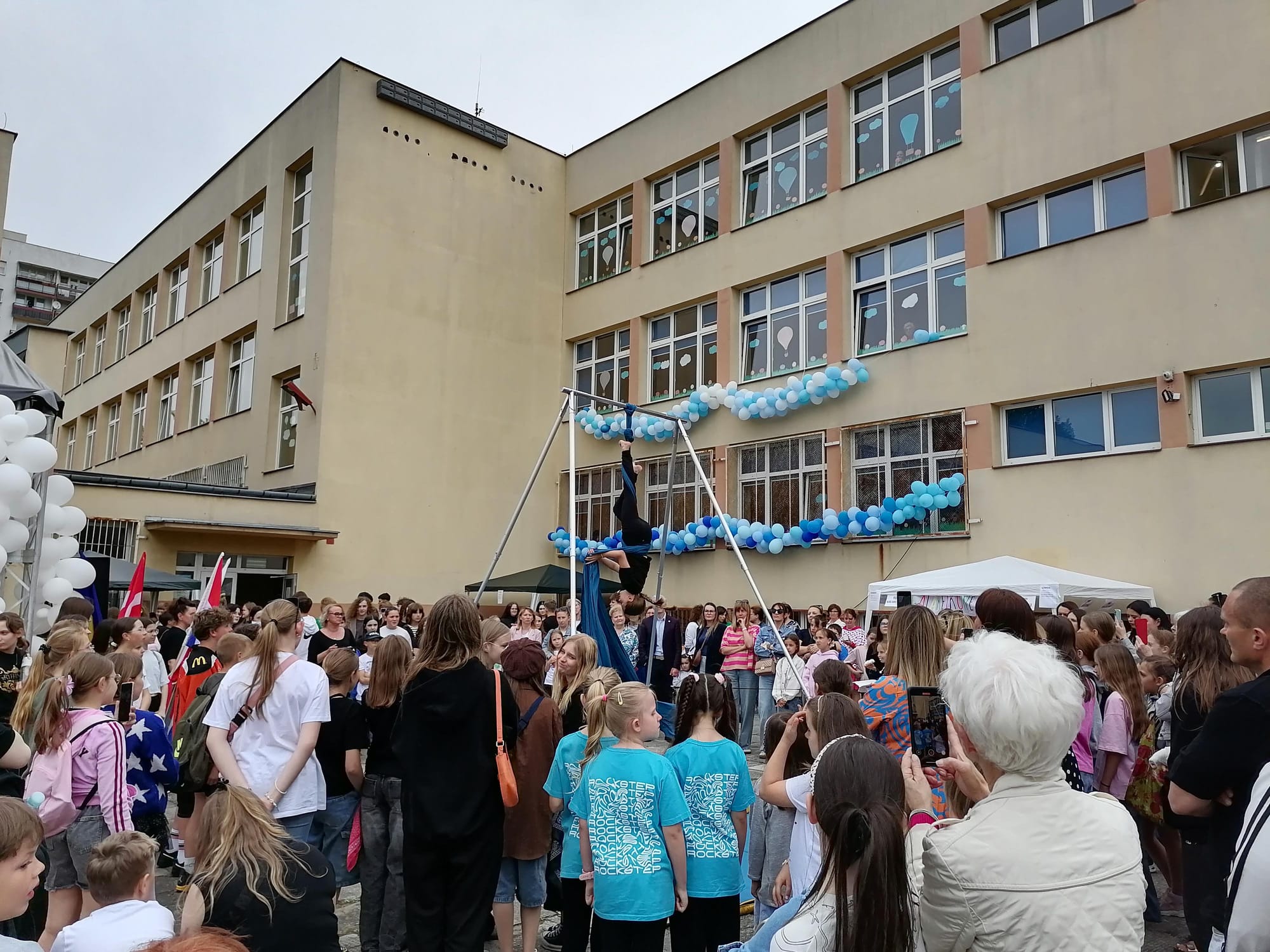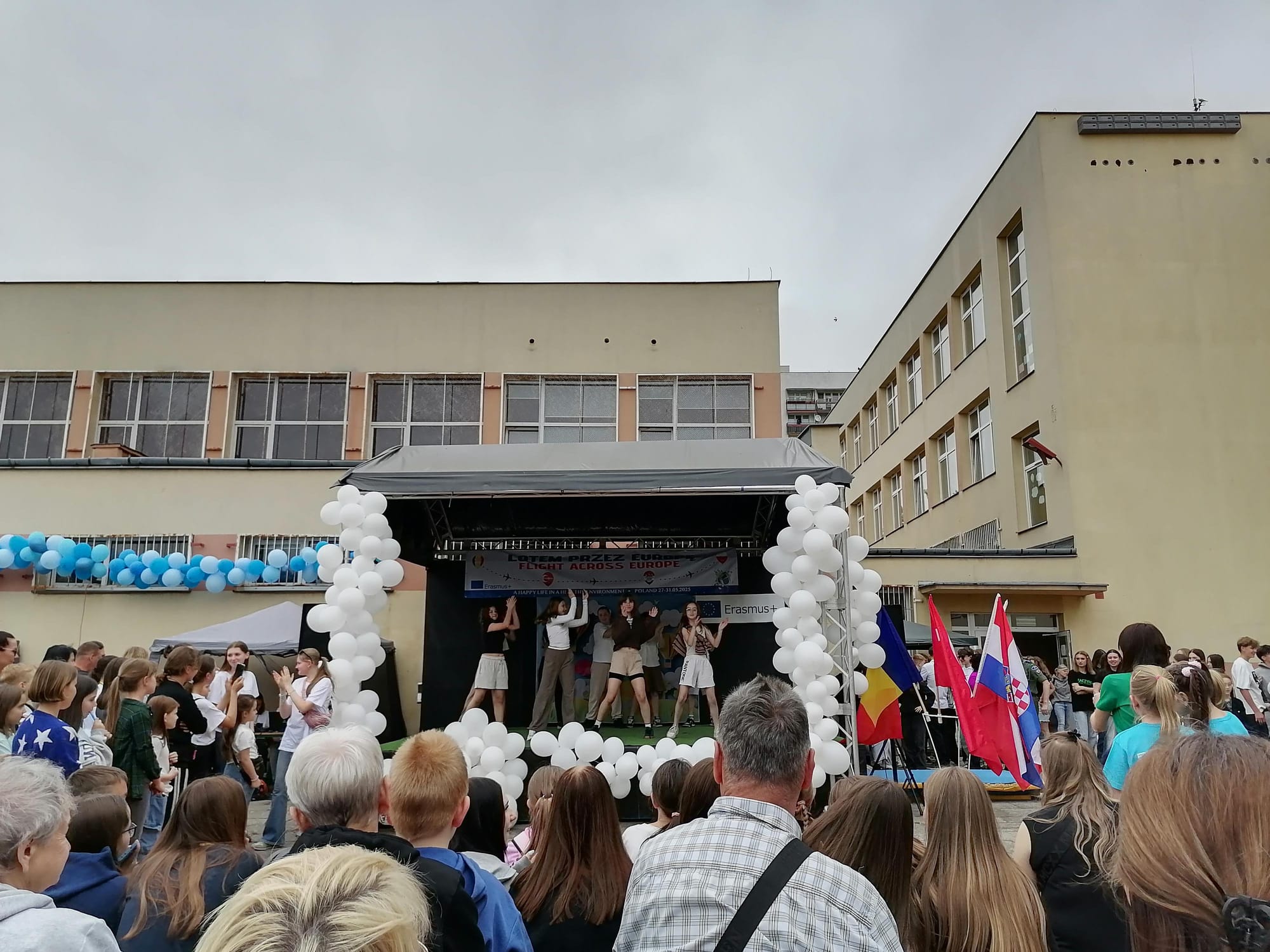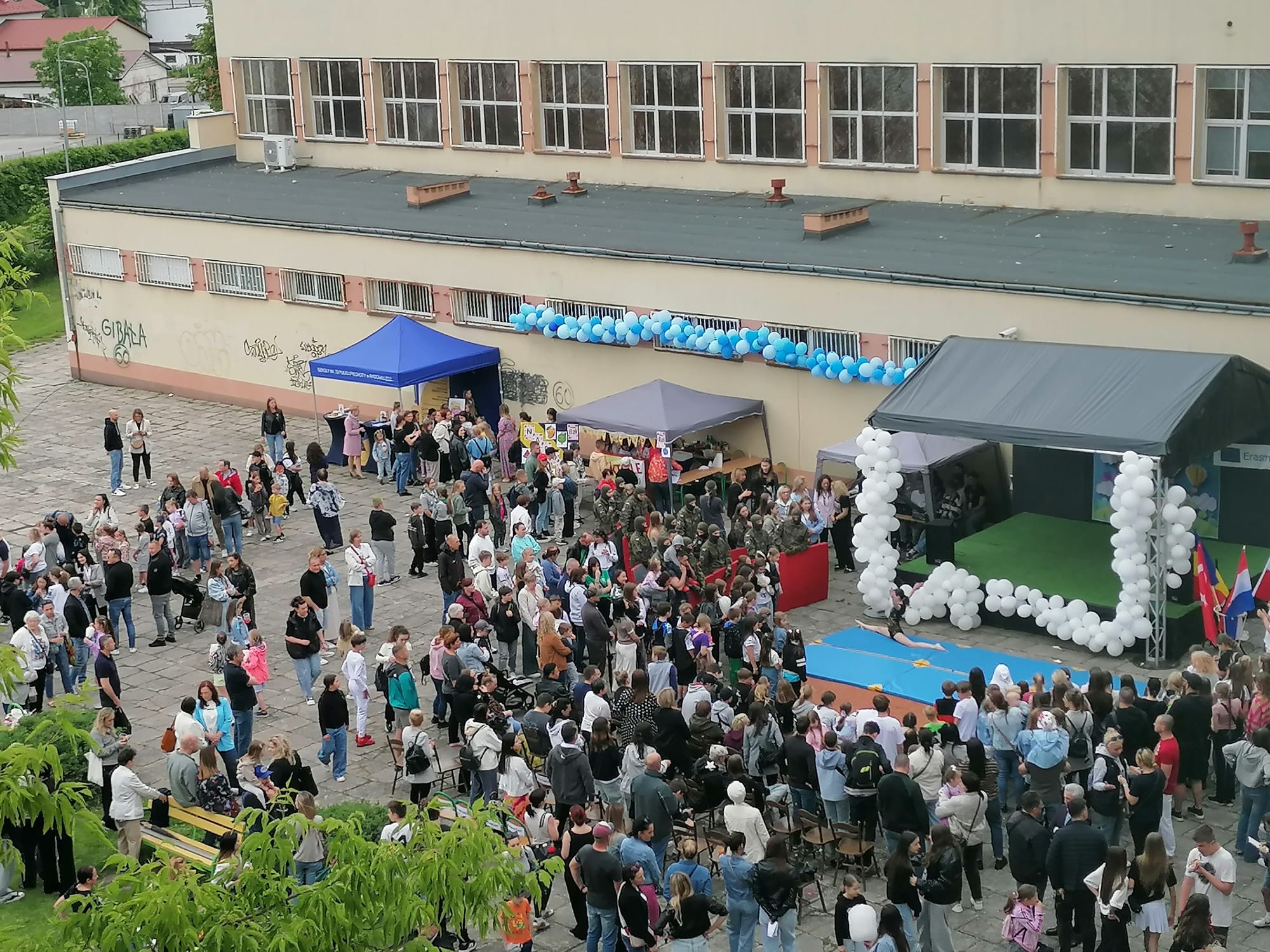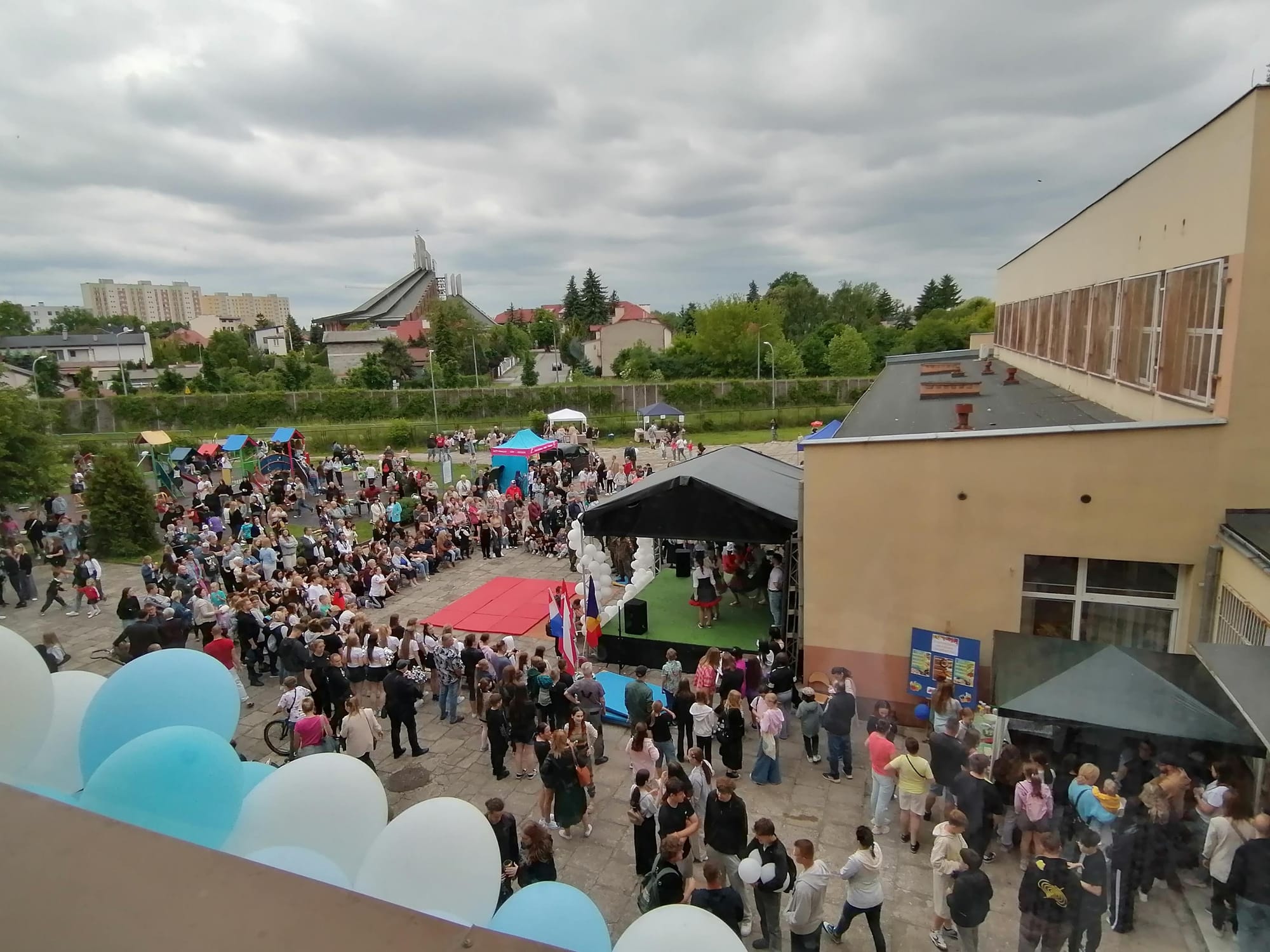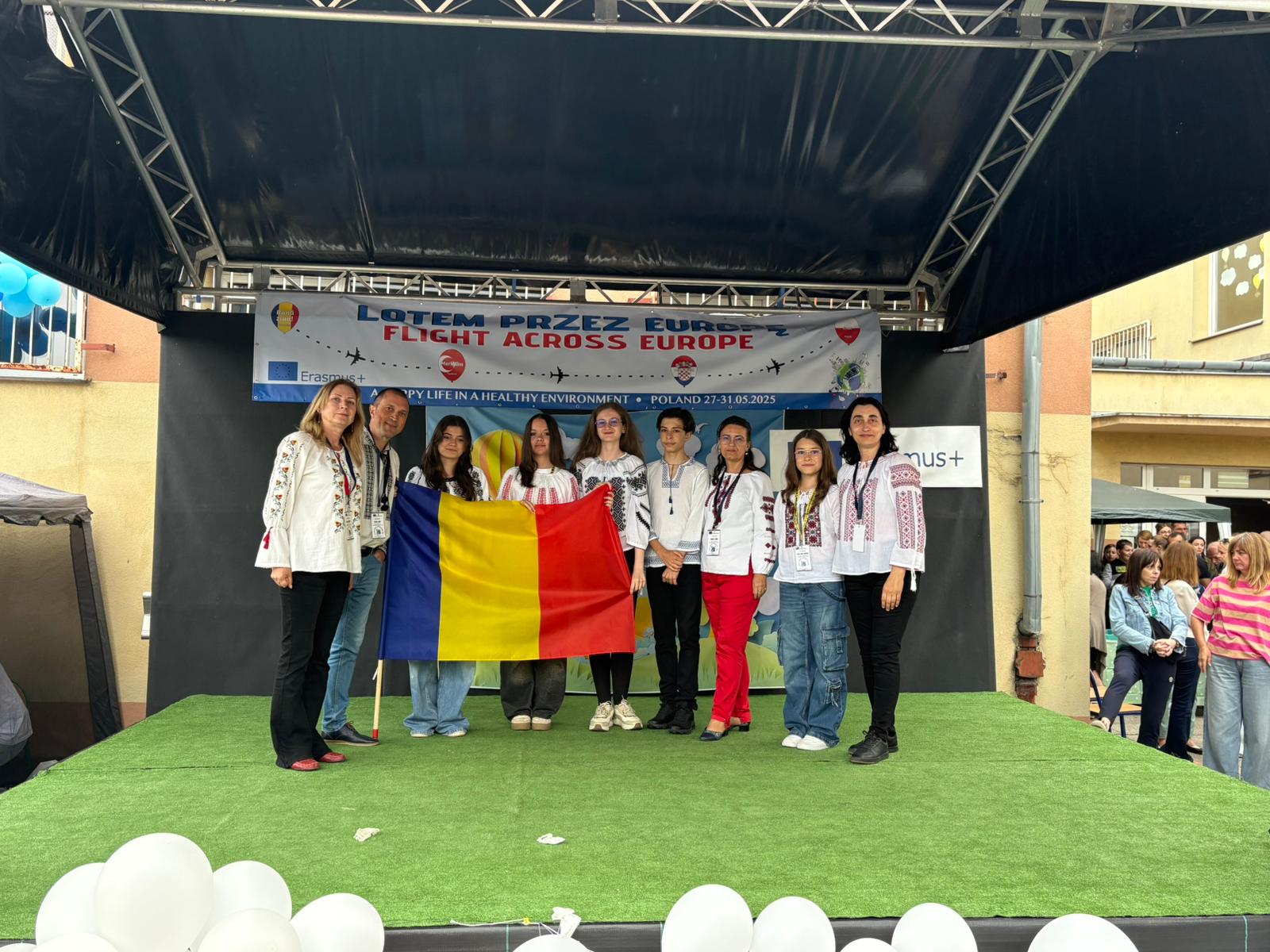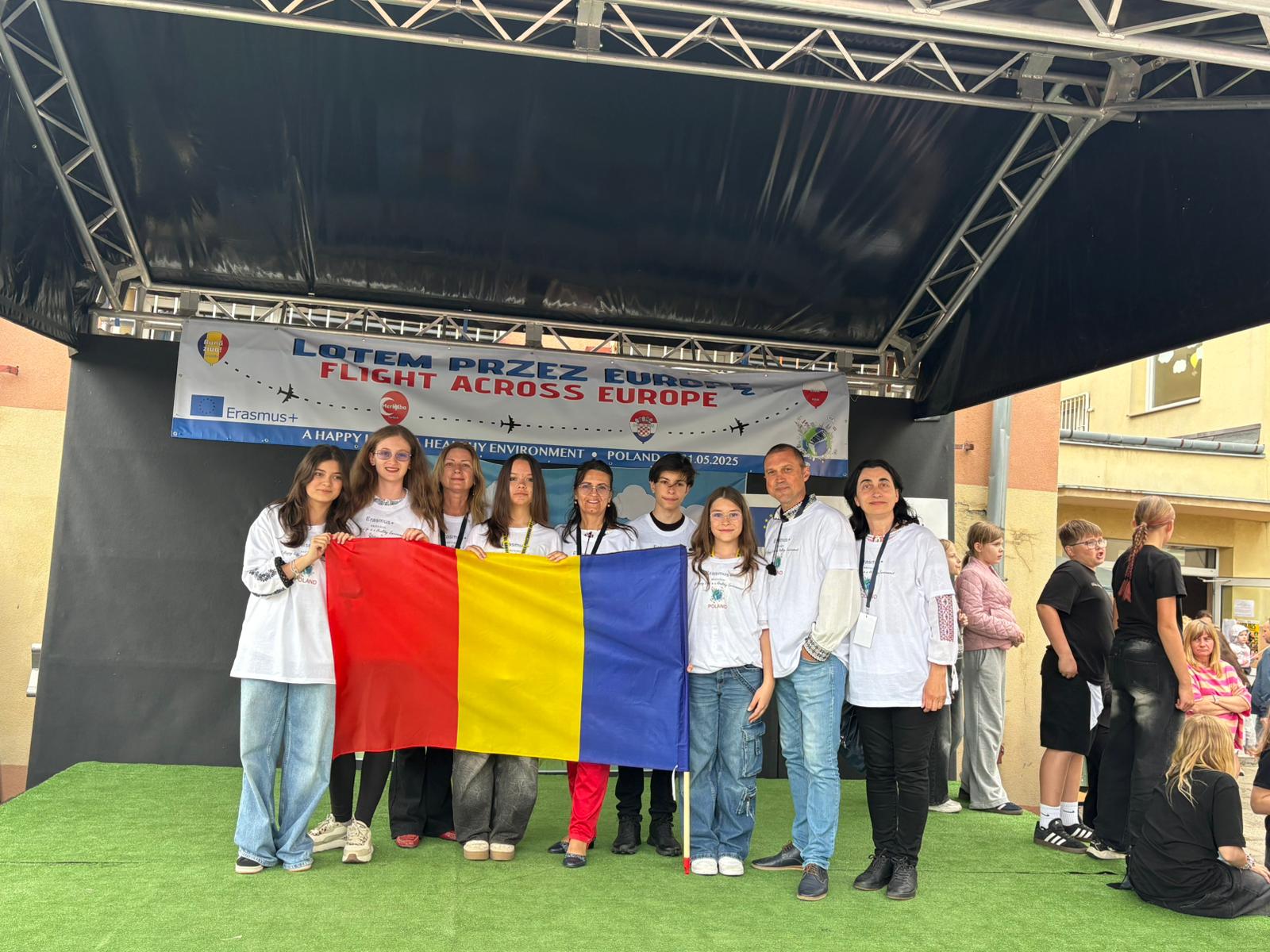A Happy Life in a Healthy Environment
2023-1-RO01-KA210-SCH-000153076
“The European Commission support for the production of this publication does not constitute an endorsement of the contents which reflects the views only of the authors, and the National Agency and Commission cannot be held responsible for any use which may be made of the information contained therein”
Project details
Erasmus+ Project “A Happy Life in a Healthy Environment”
Project code: 2023-1-RO01-KA210-SCH-000153076
Key Action 2 – Small-Scale Partnerships in School Education
Implementation period: October 2023 – September 2025
Coordinator: Școala Gimnazială „Mihai Eminescu” Vaslui, Romania
Partners: Istinye Okullari Egitim Hizmetleri A.Ş. (Türkiye), Osnovna škola „Vladimir Nazor” (Croatia), Publiczna Szkoła Podstawowa nr 9 im. H. Sienkiewicza w Radomiu (Poland)
General Overview
The Erasmus+ project “A Happy Life in a Healthy Environment” was designed to help students and teachers become more aware of the strong connection between personal well-being, environmental protection, and responsible citizenship. Over two years, the project brought together more than 200 students and 40 teachers from four European schools, all committed to learning how to live healthily and sustainably in a constantly changing world.
The general objective was to develop responsible behaviors toward the natural and social environment, ensuring that schools become inclusive, healthy, and sustainable educational spaces.
Its specific objectives were:
- O1: To promote and develop green skills, especially in selective waste collection and reuse;
- O2: To encourage healthy eating habits and sustainable nutrition among students;
- O3: To increase the number of students who adopt sustainable means of transport, such as walking, cycling, or using scooters;
- O4: To create inclusive, discrimination-free environments that support sustainable development
Activities and Implementation
Throughout the project, participants engaged in international mobilities and local activities that addressed the four objectives in a creative, experiential way
- In Romania (March 2024), during the first transnational meeting, project coordinators planned the timeline, objectives, and dissemination strategies.
- In Türkiye (May 2024), the mobility focused on health, daily routines, and physical well-being.
- In Croatia (September 2024), “We Cook and Eat Healthy” allowed participants to explore sustainable food production, ecological farming, and the Mediterranean diet.
- In Poland (May 2025), the final transnational meeting “I Want and I Can!” encouraged self-reflection, healthy habits, and physical activity through sports and outdoor learning.
Local activities complemented these mobilities:
- “Let’s Do It Romania, Türkiye, Croatia, Poland” – an environmental cleanup campaign linked to World Cleanup Day, which engaged over 200 students as eco-volunteers;
- “I Do Real Sports, Not Virtual!” – a final local event promoting sports, movement, and family participation in physical activities.
Two end products were developed collaboratively by students and teachers:
- The Guide to Healthy Eating and Sustainable Lifestyle, including healthy menu ideas, recipes, eco-friendly practices, and the “Calendar of Health Challenges”;
- The Catalogue of Products Made from Recyclable Materials, presenting creative examples of waste reuse
Results and Impact
The project produced strong educational, personal, and social outcomes. Students developed:
- Knowledge about sustainable development, health, and ecological behavior;
- Skills in teamwork, communication, critical thinking, and digital presentation;
- Competences in English and intercultural understanding;
- Attitudes of empathy, inclusion, respect, and active citizenship
Teachers improved their professional practices through job-shadowing sessions, collaboration, and exchange of pedagogical methods. Parents and local stakeholders also benefited by joining sports and ecological activities that strengthened community spirit.
At institutional level, the partner schools implemented long-term initiatives promoting health, sustainability, and inclusion. The project inspired new Erasmus+ proposals and strengthened European cooperation networks.
Dissemination and Sustainability
Visibility and dissemination were ensured through press articles, social media, school websites, and local TV. The project’s results and digital materials will remain freely accessible to the public, ensuring long-term sustainability and open access.
Activities and achievements were featured in multiple media outlets and educational magazines, and the closing events in each country celebrated European cooperation, friendship, and the joy of learning together
Partner Schools
Școala Gimnazială Mihai Eminescu, Vaslui
Romania
https://scoala6vaslui.ro/
İstinye Okullari Eğitim Hizmetleri Anonim Şirketi, Istanbul
Turkey
https://www.livkoleji.k12.tr/
Osnovna Skola Vladimira Nazora, Postira
Croatia
https://web-arhiva.skole.hr/os-vnazora-postira/erasmus_%3Fnews_id=809.html
Publiczna Szkola Podstawowa nr 9 im. H. Sienkiewicza w Radomiu, Radom
Poland
http://www.psp9.radom.pl/
Local activities
Local Activities – Inspiring Change in Our School Communities
As part of our Erasmus+ project “A Happy Life in a Healthy Environment”, each partner school carried out two major local activities designed to strengthen students’ ecological awareness, promote healthy lifestyles, and foster a strong sense of community involvement. These activities—implemented simultaneously in Romania, Türkiye, Croatia, and Poland—allowed students, teachers, and families to apply the knowledge and skills gained throughout the project in real-life contexts.
The local actions encouraged participants to take responsibility for their surroundings, adopt sustainable daily habits, and appreciate the importance of physical activity, cooperation, and inclusiveness. Through ecological volunteering, sports challenges, family-oriented events, and dialogue with local stakeholders, the partner schools demonstrated that meaningful change begins at community level and can be sustained through consistency, teamwork, and shared responsibility. These activities also strengthened participants’ awareness of how small actions—walking or cycling to school, sorting waste correctly, planting a tree, or choosing outdoor play over screens—can collectively contribute to healthier, more sustainable communities.
Together, the two local activities showcased the project’s transformative impact in each partner school. They empowered students to become active, responsible citizens, reinforced the role of families as partners in education, and deepened cooperation between schools and local authorities. Most importantly, they laid the foundation for a healthier, greener, and more socially inclusive future, aligned with the project’s mission and the broader goals of sustainable development.
The two local activities were:
Local Activity 1– “Let’s Do It Romania, Türkiye, Croatia, Poland!”: an ecological volunteering campaign aligned with World Cleanup Day, where students and teachers collected waste, restored and maintained green spaces, and planted trees to protect and improve their local environments.
Local Activity 2 – “I Do Real Sports, Not Virtual!”: a movement-centered event promoting physical activity and sustainable mobility through car-free days, bicycle races, obstacle courses, and parent–child sports activities, encouraging healthier lifestyles and stronger community bonds
Let’s Do It Romania, Turkey, Croatia, Poland!
“Let’s Do It Romania, Turkey, Croatia, Poland!”- Local activity 1.
World Cleanup Day – September–October 2024.
Between 20 September and 5 October 2024, all partner schools united their efforts to celebrate the World Cleanup Day through the international environmental campaign “Let’s Do It Romania, Turkey, Croatia, Poland!”
This activity, coordinated by Școala Gimnazială “Mihai Eminescu” Vaslui (Romania) and implemented by Istinye Okullari Egitim Hizmetleri A.Ş. (Turkey), Osnovna škola Vladimira Nazora (Croatia), and Publiczna Szkoła Podstawowa nr 9 im. H. Sienkiewicza w Radomiu (Poland), promoted active citizenship, environmental responsibility, and collaboration across borders.
Although the activity took place on slightly different dates — 21 September in Romania and Turkey, 20 September in Croatia, and 5 October in Poland — all partner schools shared the same vision: protecting the environment through teamwork and civic engagement.
Each school officially registered in the World Cleanup Day campaign and organized large-scale eco-volunteering actions. Students and teachers worked side by side in cleaning, recycling, and beautifying their communities through:
🌿 selective waste collection (paper, plastic, glass, aluminum, and e-waste);
🌾 planting flowers, trees, and shrubs to revitalize local green spaces;
🍃 cleaning up schoolyards, parks, and nearby public areas;
🌱 arranging eco-corners and green zones within their schools.
As part of a shared environmental commitment, each partner school planted 20 trees, contributing to biodiversity and carbon reduction efforts. In total, more than 200 students and 40 teachers took part, joined by parents, volunteers, and representatives of local environmental agencies.
The activity proved to be both educational and motivational. Students developed green skills, learned about waste management, recycling, and sustainable habits, and became aware of how individual actions can collectively make a difference. Teachers integrated ecological topics into lessons and guided reflection activities that helped students understand the long-term value of protecting nature.
Beyond improving their immediate surroundings, the event fostered a deeper sense of belonging to a European community united by shared values of sustainability and respect for the environment. The activity also supported the objectives of our project by promoting green skills and responsible behavior among students and teachers — while strengthening cooperation and intercultural learning.
The visibility of this activity extended to the wider community through local media, school websites, and social media pages, inspiring others to take part in similar initiatives.
🌍 “Let’s Do It Romania, Turkey, Croatia, Poland!” reminded everyone that meaningful change begins with small, consistent actions — and when many people work together, the impact can be truly transformative.
I Do Real Sports, Not Virtual!
“I Do Real Sports, Not Virtual!”-Local activity 2
In June 2025, all partner schools organized the local activity “I Do Real Sports, Not Virtual!”, an event that celebrated movement, health, and community spirit.
The activity was implemented simultaneously in all four partner countries, allowing students to experience the same challenges and joys of physical activity while strengthening the project’s European dimension. This event represented the culmination of local initiatives promoting a balanced lifestyle and the inclusion of physical movement as an essential part of daily well-being.
The main goal of the activity was to encourage students, teachers, and parents to rediscover the joy of real, outdoor sports — as an alternative to the sedentary habits of the digital era — and to raise awareness of the importance of sustainable transport and healthy routines. The activity also aimed to promote family participation, inclusion, and fair play, bringing together generations and cultures under the same values of cooperation and mutual respect. This activity was part of a broader campaign promoting physical health and sus
tainable transport through school-based actions such as “Car-Free Day,” “Champions of Movement,” and “I Do Sports with My Child.” Each of these activities reinforced healthy habits and strengthened community bonds.
🏅 Highlights of the activity
- Car-free day at school
On a designated day in each school, students and teachers left their cars at home and chose healthier, eco-friendly ways to come to school. Many walked together in groups, others cycled, while some preferred scooters or rollerblades. This small change transformed the school entrance into a lively, colorful space, full of energy and smiles. Beyond the joy of movement, participants became more aware of how individual choices can reduce traffic, pollution, and noise in their community. - Champions of movement
The school yard and nearby safe routes turned into race tracks as classes competed in exciting bicycle races. Teams cheered loudly for their classmates, encouraging fair play and sportsmanship. The races were designed not only as competitions, but also as opportunities to practice balance, coordination, and perseverance. For many students, this was their first time joining such an organized bike race, and the feeling of achievement at the finish line was unforgettable. - I do sports with my child
Perhaps the most emotional part of the activity was when parents joined their children for sports challenges. Relay races, obstacle courses, and cooperative games created an atmosphere of joy and laughter. Parents and children discovered how fun it can be to play and exercise together, strengthening family bonds in the process. The activity also showed parents simple, accessible ways to integrate physical activity into their daily lives, turning it into a shared routine instead of a solitary effort. - Community spirit through sports
The activities gathered not only students, teachers, and parents, but also members of the local community who came to support and cheer. This transformed the events into a celebration of togetherness, inclusion, and healthy living. The presence of students from different backgrounds, including disadvantaged and refugee students, highlighted the unifying power of sports and its ability to overcome barriers.
Through joy, teamwork, and active participation, “I Do Real Sports, Not Virtual!” reminded everyone that real-life experiences, human connection, and movement are the keys to a healthy and happy life
End products
Catalogue of Products Made from Recyclable Materials
The Catalogue of Products Made from Recyclable Materials is one of the main end products of our project. The catalogue brings together creative ideas, practical examples, and educational resources designed to inspire ecological awareness and environmental responsibility among students and teachers.
Initiated during the first project mobility hosted in Vaslui (March 2024), the catalogue showcases the results of a hands-on eco-workshop where students and teachers transformed recyclable materials—plastic bottles, glass jars, cardboard, metal cans, and fabric—into useful and decorative objects such as flower pots, wall clocks, pencil holders, photo frames, and even artistic lamps. The activity encouraged participants to discover how everyday waste can become a source of creativity and sustainability.
After the Romanian mobility, partner schools from Turkey, Croatia, and Poland replicated the workshop locally, engaging over 200 students in reusing materials and developing green skills. The catalogue gathers the best examples from all partner schools, presenting them through photos, detailed instructions, and step-by-step guides that can be used by teachers and students worldwide.
Beyond its practical dimension, the publication promotes key Erasmus+ values—innovation in education, inclusion, and cooperation for sustainable development. It helps teachers integrate environmental education into visual arts while motivating students to adopt eco-friendly behaviors through creativity and teamwork.
The catalogue is freely accessible to the public in digital format, ensuring open access for schools, NGOs, and individuals interested in promoting environmental responsibility. By turning “trash into treasure,” this educational resource demonstrates how simple, imaginative actions can build a greener, more sustainable future for all.
Guide to Healthy Eating and Sustainable Lifestyle
The Guide to Healthy Eating and Sustainable Lifestyle is one of the key end products of our project. Created collaboratively by students and teachers from Romania, Croatia, Poland, and Türkiye, this guide serves as an educational and inspirational resource promoting healthier, more sustainable ways of living among young people.
This guide is designed especially for students, offering accessible explanations, engaging visuals, and practical examples to help them make informed choices about nutrition, movement, and environmental responsibility. It emphasizes that health is not about perfection, but about balance, awareness, and small consistent actions that build long-term well-being.
Structured around 12 chapters, the guide introduces essential topics such as:
- the importance of balanced nutrition and understanding food groups,
- the role of BMI and physical activity in maintaining health,
- cultural exchanges through traditional recipes from Poland and Croatia,
- sports and outdoor activities inspired by Erasmus+ mobilities, and
- sustainability tips for protecting the planet while caring for one’s health
Each section combines scientific information with interactive questions, reflections, and real-life examples collected during project activities. The inclusion of authentic recipes, eco-friendly habits, and movement challenges transforms the guide into more than just a book—it becomes a learning tool connecting body, mind, and environment.
Beyond promoting healthy eating, the guide supports Objective O2 of the Erasmus+ project: to increase by 25% the number of students who improve their eating habits and adopt a healthy, sustainable lifestyle by August 2025. It also contributes to the project’s general goal of developing responsible, inclusive, and environmentally conscious European citizens.
The Guide to Healthy Eating and Sustainable Lifestyle remains freely accessible to educators, students, and parents, both as a digital publication on the project website and in printed format distributed across the partner schools. It continues to serve as a reference material for future Erasmus+ initiatives focused on health education, sustainability, and intercultural learning.
Dissemination
Dissemination of Project Results
An important part of our Erasmus+ project is ensuring that the results, experiences, and impact of our activities are shared both within the partnership and with the wider community. From the very beginning, we set out a clear plan to make our work visible at local, national, and European levels, using different tools to reach pupils, teachers, parents, authorities, and the general public.
The dissemination of our project was carefully planned and implemented throughout its entire duration, following the official dissemination plan outlined in the application and final documentation. Its purpose was to ensure that the project’s objectives, activities, and results reached both direct and indirect beneficiaries at local, regional, national, and European levels.
According to the plan, dissemination began with Activity 1 – Launching the project in the community (September 2023). During this event, the coordinating school presented the project’s objectives, expected results, and impact to teachers, students, parents, local authorities, and the media. Informative leaflets, PowerPoint presentations, and press releases ensured immediate visibility and public awareness.
Activity 2 – Launching and continuously updating the project website (December 2023–September 2025) provided a transparent communication platform accessible to all stakeholders. Regular updates, articles, and photos documented the progress of activities, ensuring visibility and allowing the general public to follow the project’s evolution.
Activity 3 – Posting articles after each transnational activity (March/May/Sep 2024, May 2025) was achieved through extensive media coverage. Articles published in local and regional press, as well as on school websites, informed audiences about each mobility’s experiences and achievements. These actions contributed to raising awareness of European cooperation and sustainable education practices.
Activity 4 – Presentations at educational events were carried out throughout the project, where teachers shared examples of good practice during conferences, workshops, and teacher training sessions. Project leaflets, PowerPoint presentations, and exhibitions featuring student work were used to promote Erasmus+ values and the project’s tangible results.
Activity 5 – Closing event (August 2025) summarized the project’s achievements through a public exhibition and digital presentations showcasing final outputs such as the Guide to Healthy Eating and Sustainable Lifestyle and the Catalogue of Products Made from Recyclable Materials.
Through these activities, our project contributed not only to raising awareness about sustainable development and green skills, but also to strengthening volunteerism, inclusivity, and collaboration within and beyond our schools.
Inside the partnership, dissemination fostered collaboration among the four schools (Romania, Türkiye, Croatia, and Poland) through newsletters, shared digital folders, and video conferences. Outside the partnership, dissemination targeted local communities, parents, local authorities, and educational stakeholders through social media, press articles, and open events.
The main target groups included students, teachers, and parents, while indirect beneficiaries were local communities, NGOs, and other schools inspired by the results.
The main tools were the project website, school social media pages, the eTwinning platform, local press, newsletters, and public exhibitions. This multi-level strategy ensured strong project visibility, promoted sustainable and healthy habits beyond the partnership, and strengthened the reputation of participating schools as active European institutions.
👉 To provide transparency and visibility, we are also attaching below some links with some important dissemination activities that we have carried out, including articles, press releases, and website posts. These serve as evidence of our continuous effort to make the project known and to inspire other schools and communities to follow our example.
https://www.facebook.com/p/%C5%9Ecoala-Mihai-Eminescu-Vaslui-100057475449130/?locale=ro_RO
https://radom.naszemiasto.pl/uczniowie-publicznej-szkoly-podstawowej-numer-9-z-radomia/ar/c5-9658299
https://www.bizimbolgehaber.com/haber/liv-koleji-ogrencileri-gururlandirdi-788
https://viewer.joomag.com/fii-erasmus-edi%C8%9Bia-a-iv-a/0638662001756663963/p102?short=
https://scoala6vaslui.ro/download.php?download_file=Revista_9.pdf#page=24
https://scoala6vaslui.ro/download.php?download_file=Revista_10.pdf#page=16
Mobility Romania-”Small Actions with a Big Impact”
Between March 18-22, 2024 , Scoala Gimnaziala "Mihai Eminescu" Vaslui was the host of the first transnational meeting of the project. The activities started with the presentation of the participants and the schools involved in the project. On visiting the school, the guests were able to interact with the students and teachers from the Vaslui school. After a team competition, in which Romanian and foreign students chose the project logo, an interesting activity to get to know the local skyline was carried out, an "urban treasure hunt", in which students and teachers alike visited the city in a new form, by organizing a competition, Vaslui Express. They discovered a series of urban objectives in the municipality of Vaslui, using the map and compass, looking for the route clues, necessary to complete the tasks. All stages of the competition were successfully completed, the most important objective of this activity being the promotion of the city, the discovery of the geographical and cultural landscape of the locality by the project partners and the promotion of an active and healthy lifestyle. This activity was carried out in collaboration with a team of teachers from the Vaslui Children's Palace.
The next day all the students and teachers involved in the project participated in a sapling planting activity in the afforestation site in the Balteni Forestry Canton within the Brodoc Forestry Circle. Also, the children traveled with real pleasure and with particular interest the educational route set up in the "Bălteni" Natural Reserve, located within the reach of the Mărășeni Forestry Canton, where, in addition to the flowering or budding vernal plants, some with the status of a natural monument, such as Fritillaria meleagris – the variegated tulip, they learned a lot of information about the plant and animal species present in the reserve and understood the importance of protecting the environment, especially forest ecosystems. Last but not least, the children also had a good portion of fun, participating in the fun activities proposed by the organizers of the educational route (Tic Tac Toe = X and zero, in different versions, jenga, running route, walking on a beam, on rounds etc.). In the afternoon of the same days, the Romanian students and their guests participated in two workshops in which they made decorative or household items from recyclable materials and created posters encouraging the selective collection of waste.
On March 20, the World Day of Happiness, the project teams made a documentation visit to the Faculty of Animal and Food Resources Engineering of the "Ion Ionescu de la Brad" University of Life Sciences in Iași. A team of enthusiastic students, guided by an assistant professor , involved all Romanian and foreign students in a nutrition workshop, offering the participants the opportunity to improve their lifestyle and learn what the choices are correct feeding in any situation.
On Thursday, March 21, the project teams went to the Village Museum in the village of Sauca, where a cultural activity took place in collaboration with the "Peonies" Association.The event, presented to the guests in the form of a workshop, the symbolism of the martișor and the technique of making it, as well as the secrets of the traditional local culinary art. The students present at the event had the opportunity to prepare and taste the Moldavian "Poale-n brau" pies under the careful guidance of the ladies from the Laza "Peony" Association.The day ended with an artistic show in which Romanian and foreign students presented customs and traditions specific to each country involved in the project, and the host students organized an Eco parade, a fashion show in which they presented clothing items made from recyclable materials.
On the last day of the mobility, all students and teachers participated in a documentary visit to the Lacu Roșu nature reserve, having the opportunity to walk an easy mountain trail. On this occasion, all those involved became aware of the importance of protecting the environment and of a healthy lifestyle, in which outdoor movement must be part of the daily routine. During the whole week, the students and the guest teachers participated in several demonstration lessons held by the teachers of the "Mihai Eminescu" Vaslui Secondary School, having the opportunity to discover the way lessons are conducted in the Romanian school, the methods, teaching techniques and modern resources used, thus achieving a real exchange of pedagogical experience and best practices in the classroom.
Mobility Turkey- ”We act consciously and responsibly”
Between April 29 and May 3, 2024, the second mobility of our project took place in Istanbul, Turkey.
On the first day of the mobility, students and teachers were warmly welcomed at Liv College, with a traditional reception reflecting our country's culture. Traditional foods were offered to promote cultural exchange, marking the start of the mobility program. The school's principal and the department coordinator gave speeches to greet the students and teachers. Ice-breaking activities were conducted to help students adapt to the environment and foster connections. Later, students presented the cultural backgrounds of their respective countries through presentations they had prepared earlier. A poster-making activity followed, with small groups consisting of students from each country in equal numbers. Each group illustrated their vision of "A Happy Life in A Healthy Environment" on their posters. The best poster was chosen, and the group members received small prizes. Class observations started and throughout the entire week visiting teachers had the opportunity to participate at job-shadowing activities every day. Afterwards, everyone went to Göztepe Park, where they observed different plant species and gathered information about them. They took notes while walking by the seaside, discussing how fresh air positively affects health.
The second day included class observations and a visit to historic sites in Istanbul, emphasizing cultural heritage The cultural visit started with a stroll through Istanbul's historic Sultanahmet Square, where students and teachers explored iconic landmarks like the Hagia Sophia, the Blue Mosque, and the Basilica Cistern. This immersion into the city's rich history emphasized the importance of cultural heritage in fostering a sense of identity and community. By understanding the past, we can appreciate the need to preserve these sites for future generations, linking back to our theme of "A Healthy World for a Happy Life." Next, everybody visited the Istanbul Archaeological Museums, a collection of three museums showcasing artifacts from various civilizations that have called this region home. While touring the exhibits, participants were reminded of humanity's shared history and the importance of preserving our cultural legacy. The students engaged in discussions about how maintaining historical sites contributes to a healthy environment by promoting education and sustainable tourism. The day concluded with a sunset walk along the Bosphorus, where participants were encouraged to reflect on the day's experiences and discuss how cultural heritage and environmental sustainability are intertwined. This walk provided a moment of serenity and a reminder of the beauty that can be found in a well-preserved environment. The students left with a greater appreciation for the role they can play in building a healthier, happier world.
Day three focused on classroom observations and discussions on environmental education. This was an opportunity for students and teachers to visit classrooms within the school, observing different teaching methods and discussing approaches to environmental education. In these sessions, they explored how schools can play a crucial role in promoting sustainable practices and educating the next generation about the importance of a healthy planet. Activities highlighted sustainable practices, creativity with waste materials, and the role of schools in promoting a healthy planet. Throughout the day, the focus remained on the interconnectedness of a healthy world and a happy life. By encouraging creativity with waste materials and exploring innovative educational approaches, participants left with a deeper understanding of their role in building a more sustainable future. The day's activities served as a reminder that every action counts in the journey toward a healthier, more sustainable planet.
The fourth day of program was all about understanding innovative solutions to environmental challenges, reflecting our theme of "A Healthy World for a Happy Life." The day began with a visit to the Istanbul Metropolitan Municipality Waste Power Plant, a state-of-the-art facility that converts waste into energy. The tour provided an eye-opening look at how waste management can contribute to a cleaner, more sustainable environment. During the plant tour, participants learned about the various stages of waste processing, from sorting to combustion, and how these processes generate electricity and reduce landfill waste. The guides explained the technology behind waste-to-energy conversion and its impact on reducing the carbon footprint. This experience underscored the importance of recycling and responsible waste management in creating a healthy environment. Students and teachers left with a greater appreciation for the innovative ways cities are addressing environmental issues. Following the power plant visit, participants headed to İstinye University for a workshop and panel discussion led by a university professor. The discussion centered around the key questions of our project theme: What does a happy environment look like? The professor encouraged participants to share their visions of a happy environment, highlighting the common themes of clean air, green spaces, biodiversity, and community well-being. The discussion emphasized that a happy environment is one where people and nature coexist harmoniously. How does a clean environment affect our lives? The panel explored the various ways in which a clean environment contributes to our physical and mental health. From reducing respiratory diseases to improving mood and fostering a sense of community, a clean environment has profound benefits for individuals and society. What kind of work can be done for a clean environment? Participants brainstormed practical steps that individuals and communities can take to promote a clean environment, such as reducing plastic use, participating in community clean-up events, supporting renewable energy, and advocating for environmental policies. The professor shared examples of successful environmental initiatives and encouraged participants to become environmental stewards in their own communities. The workshop provided a platform for exchanging ideas and fostering collaboration, reinforcing the notion that everyone has a role to play in creating a sustainable world. To close the day, a ceremony was held for the presentation of certificates, recognizing the contributions of students and teachers to the mobility program. Each participant received a certificate of completion, symbolizing their commitment to promoting a healthy and happy environment. The ceremony was a moment of celebration, reflecting the spirit of unity and cooperation that defined our program. It was a fitting end to a day focused on learning, innovation, and the shared goal of a healthier planet.
On the last day ,students watched a documentary on plastic recycling. The documentary explored the global impact of plastic waste and highlighted innovative recycling techniques that are making a positive difference. The film featured stories of communities and individuals dedicated to reducing plastic pollution, reinforcing the importance of collective action.Following the documentary, students were divided into small groups for a brainstorming session. Each group was tasked with discussing the key points from the documentary and generating ideas for promoting plastic recycling in their own communities.The brainstorming session addressed topics such as reducing single-use plastics, creating awareness campaigns, and encouraging local businesses to support recycling initiatives. Participants proposed creative solutions like art installations made from recycled plastics, school recycling programs, and community clean-up events. A cultural evening was also organized in which the students presented a selection of healthy sustainable recipes from each country. The mobility concluded with a certificate ceremony for participants.
Mobility Croatia – “We Cook and Eat Healthy”
The third mobility of the project “A Happy Life in a Healthy Environment,” coordinated by “Mihai Eminescu” Secondary School in Vaslui, took place in Croatia, on the island of Brač, between September 23–27, 2024. The host was the Elementary School “Vladimir Nazor” in the town of Postira. Participants from the four partner schools from Romania, Turkey, Poland, and Croatia enjoyed a week full of educational and recreational activities aimed at developing both personal skills and ecological awareness.
The first day began with the presentation of the participating schools, followed by an artistic program performed by students from the host school, “Vladimir Nazor,” named after the most famous Croatian poet. Afterwards, students took part in a cooking workshop dedicated to promoting healthy eating. Participants prepared healthy dishes using local and organic ingredients, including local olive oil. During this workshop, emphasis was placed on the importance of a balanced diet and the benefits of healthy eating on quality of life. The school’s chefs offered advice on how to cook in a healthy and tasty way. It was an activity that combined local cultural information with the values of a healthy lifestyle.
The participating teachers had the opportunity to visit the “Sardina” factory near Postira. This visit provided valuable insight into the sustainable production process of fish products, from responsible fishing to packaging. Sardina is renowned for its eco-friendly fish processing methods, promoting the conservation of local marine resources. Teachers learned about best industrial practices and environmental protection measures applied in the food industry.
On the second day, participants had the opportunity to attend classes organized by the host school, experiencing the local educational system firsthand. Teachers and students shared their teaching methods using interactive techniques and modern resources to stimulate learning. Participants also observed how educational values such as cooperation and respect for diversity are integrated into the curriculum. This experience was a valuable opportunity for exchanging best practices and pedagogical ideas, contributing to the professional development of teachers and improving teaching skills within the Erasmus project.
Then, the guests explored the town of Postira using a map under the guidance of a local tour guide. This interactive activity encouraged orientation skills and independent exploration of the area. Using the map, participants identified points of interest such as the local port, St. John the Baptist Church, and the picturesque beaches. By discovering the local culture and the natural beauty of Postira, the students learned about the town’s history and traditions, while also developing teamwork and collaboration skills.
On the third day, students and teachers had the chance to explore the island of Brač, one of the most picturesque islands in Croatia, through a study trip that combined nature, culture, history, and local traditions. The first stop was at Vidova Gora Reserve, the highest point on Brač Island, at an altitude of 778 meters. Vidova Gora is known for its biodiversity, providing a protected habitat for many plant and animal species. Teachers and students discussed the importance of protecting these natural areas, raising awareness of environmental conservation. The local guide provided information on the region’s flora and fauna, as well as the historical settlements on the island, linking them to the sustainability topics addressed in the project.
In the afternoon, participants visited the Stone Sculpture School in Pučišća, an internationally renowned institution for preserving the traditional stone carving craft. The white stone from Brač Island is known for its quality and has even been used in famous buildings. During the visit, students watched live sculpture demonstrations and learned about this ancient craft, which is an essential part of the island’s cultural heritage. This activity highlighted the importance of preserving traditional trades in the modern era, contributing to cultural identity and the development of local communities.
The study trip on Brač Island was a deeply educational and cultural experience for all Erasmus project participants. Each location offered unique learning opportunities—from exploring the biodiversity of Vidova Gora, to discovering the local history and culture in Bol, and appreciating traditional crafts in Pučišća. This trip not only enriched knowledge about the environment and the island’s history but also encouraged new perspectives on the protection of natural and cultural heritage. It also promoted the exchange of ideas and collaboration among participants, reinforcing common values of solidarity, respect for diversity, and commitment to sustainable development.
On the fourth day, students and teachers visited the Brač Island Museum and the Olive Oil Museum in the village of Škrip, the oldest settlement on the island. At the Island Museum, they discovered the history of Brač from the Roman era to the present, exploring artifacts and local traditions. At the Olive Oil Museum, participants learned about traditional olive oil production methods, essential to the local economy for centuries. Guests had the opportunity to taste local extra virgin olive oil as well as jams made from the island’s orchard fruits. This visit offered valuable insight into the connection between cultural history and present-day agricultural practices.
In the late afternoon, students practiced kayaking in teams—a very popular sport on the island—in the tourist port area of Postira.
The last day of the mobility was dedicated to sports activities, an essential element for promoting a healthy lifestyle. In a beautiful natural setting, participants took part in various games and competitions meant to develop team spirit and encourage regular physical activity. Among the sports activities were football, handball, and rugby. These not only helped strengthen the bonds between participants but also emphasized the importance of sport for physical and mental health. A local rugby coach led the activities and spoke to the children about the benefits of regular physical exercise and its impact on longevity and quality of life. It was an opportunity for all to become aware of the importance of movement in daily life, even when integrated into simple or recreational activities.
Afterwards, guests participated in a culturally rich local activity: an olive-picking contest. This took place in the orchard of “Vladimir Nazor” School, where participants learned about the importance of traditional and sustainable agriculture. In rural areas of Croatia, olive trees are a basic resource, and the olive harvesting process provided a unique experience. Olive picking was not only a manual activity but also an educational one, offering insight into the hard and dedicated work needed to support the local economy and produce high-quality food without harming local ecosystems.
At the end of the Erasmus mobility in Postira, Croatia, a festive dinner was held, accompanied by traditional Croatian music, celebrating the local culture. In a friendly setting, participation certificates were awarded, marking the end of a memorable educational and cultural experience.
The Erasmus mobility in Croatia, part of the “A Happy Life in a Healthy Environment” project, offered participants numerous benefits. Beyond the opportunity to explore a new country and interact with people from different cultures, the project contributed to developing ecological awareness and practical skills. Participants learned to appreciate the importance of an active lifestyle, healthy eating, and environmental protection.
Furthermore, the mobility promoted international collaboration and the development of interpersonal skills, helping create strong bonds between teenagers from the four countries. The experiences lived during this week in Croatia marked an important step in building a healthier and more environmentally responsible future for the four school and local communities.
Mobility Poland - „I want and I can
Between May 26–30, 2025, the final transnational meeting of our Erasmus+ project took place in Radom, Poland, hosted by our partner school Publiczna Szkoła Podstawowa Nr. 9 im. H. Sienkiewicza. The event brought together delegations of teachers and students from Romania, Croatia, and Turkey, marking the culmination of two years of collaborative work on promoting healthy lifestyles and responsible ecological behavior.
The main objectives of this final mobility were to consolidate the competencies developed during the project, to evaluate the progress made by participants, and to celebrate European cooperation through intercultural and experiential learning. The agenda included structured workshops, cultural presentations, field visits, and interactive activities that encouraged the exchange of good practices and strengthened the sense of belonging to a united European educational community.
The first day opened with presentations of the partner schools, highlighting their national cultures, traditions, tourist attractions, and culinary heritage. These activities enhanced communication skills and intercultural understanding among participants. The pedagogical session included the workshop “Calendar of Health Habits Challenges”, which promoted reflection on healthy routines. Students then explored the city through a “treasure hunt,” which concluded with an official visit to the Radom City Hall, where they met the Deputy Mayor and learned about civic engagement and local governance.
Experiential learning continued with a visit to the “Wsi Radomskiej” Ethnographic Museum, where students discovered the richness of Polish rural traditions. A culinary workshop allowed participants to put healthy eating principles into practice by preparing traditional bread and butter from organic local ingredients. Practical, hands-on activities such as grinding grain, washing fabrics in the traditional way, and spinning hemp fibers deepened their understanding of sustainability and craftsmanship.
The second day focused on the environment and physical activity. Students and teachers enjoyed a walk through the Jedlnia Letnisko forest, where they studied local flora and fauna and discussed the importance of biodiversity and conservation. Team sports competitions organized in the same area promoted an active, healthy lifestyle and teamwork.
On the third day, the group took part in a documentary study visit to Cracow and the Wieliczka Salt Mine, exploring landmarks such as the Old Town Square, St. Mary’s Church, and Wawel Castle. Participants were deeply impressed by the salt mine’s underground chapels, sculptures, and cathedral carved from salt, and reflected on the responsible use of natural resources for sustainable economic development.
The fourth day combined environmental action and research. Students planted trees in the school park and participated in sports events at Park Rozrywki & Kocham Skakać – Radom. During the joint workshop with the host school, teachers and students conducted a study on quality of life, selective waste collection, and the promotion of environmentally responsible behavior.
The final day was dedicated to celebration and reflection. Participants enjoyed a festive cultural event featuring traditional Polish music and dances, together with students and parents from the host community. In a joyful and friendly atmosphere, certificates of participation were awarded, marking the conclusion of an unforgettable educational and cultural experience.
The mobility in Radom represented an important milestone in the project, reinforcing students’ and teachers’ commitment to a healthy lifestyle, ecological awareness, and active European citizenship — values that will continue to guide our partner schools in the years to come.
